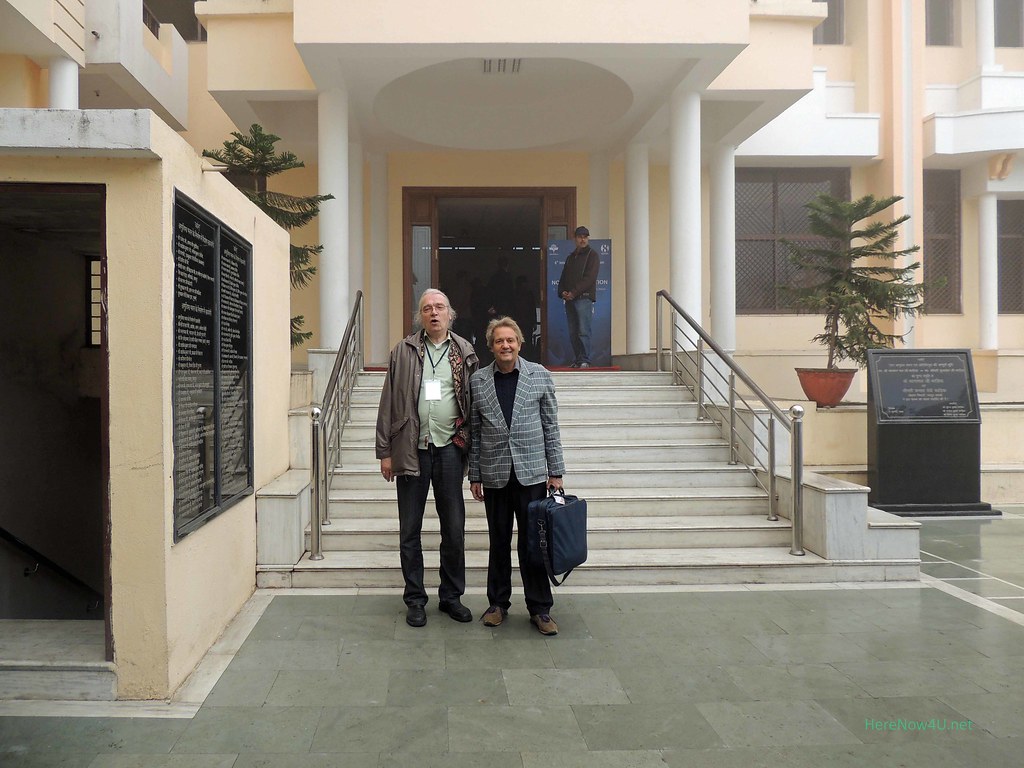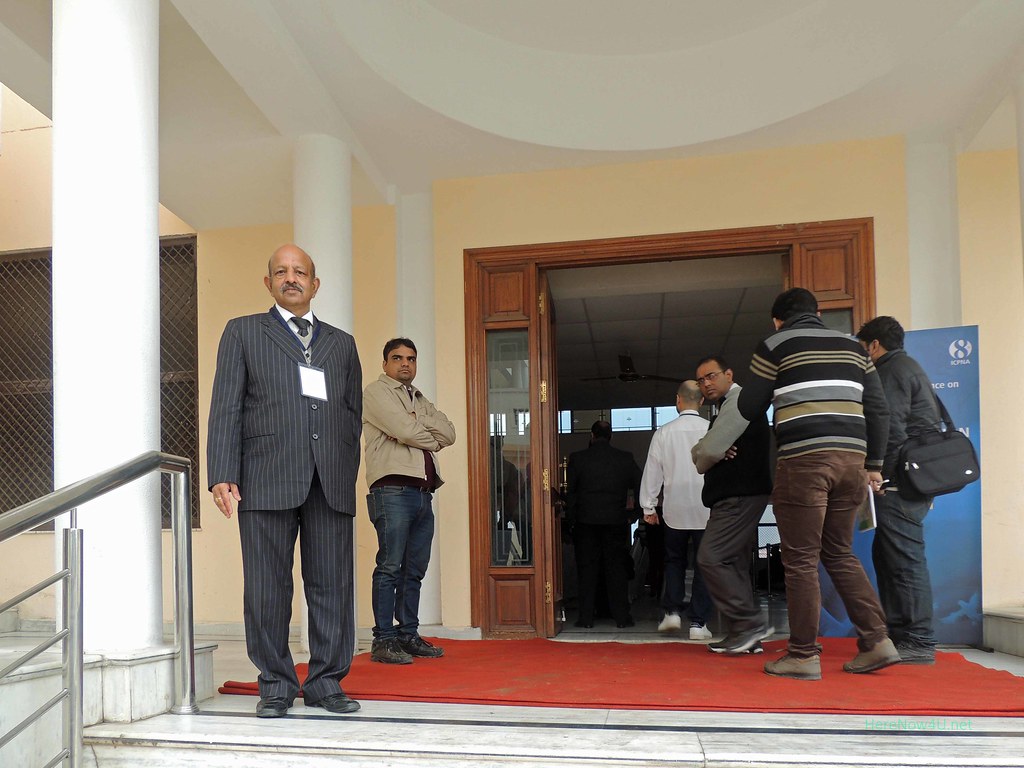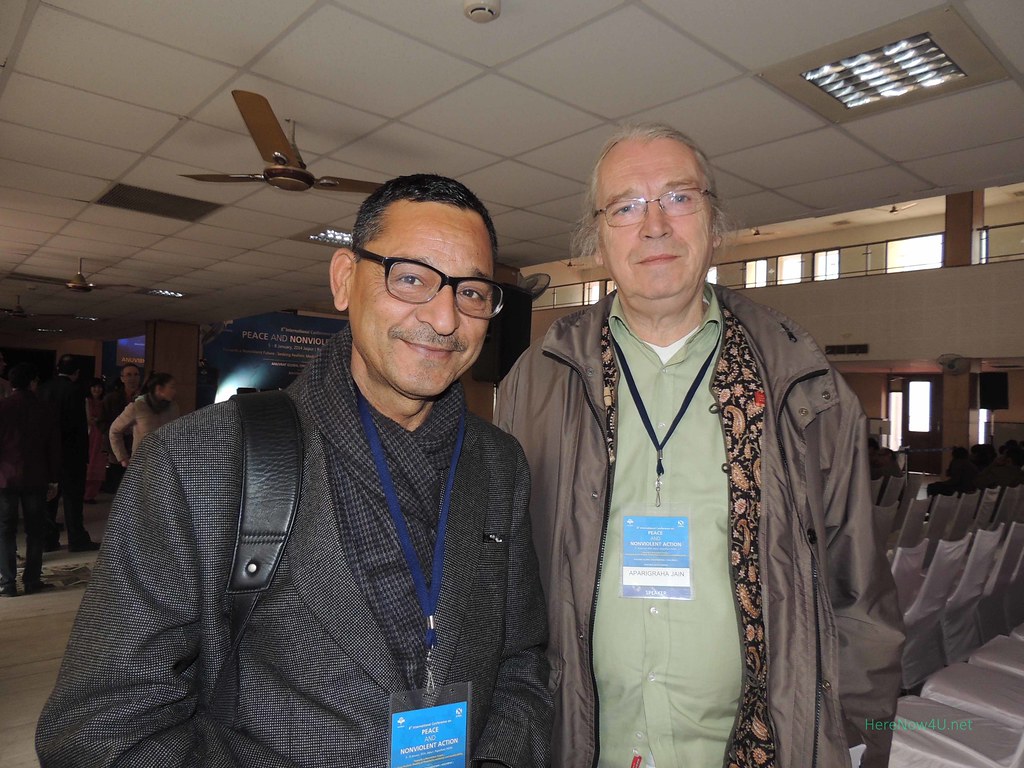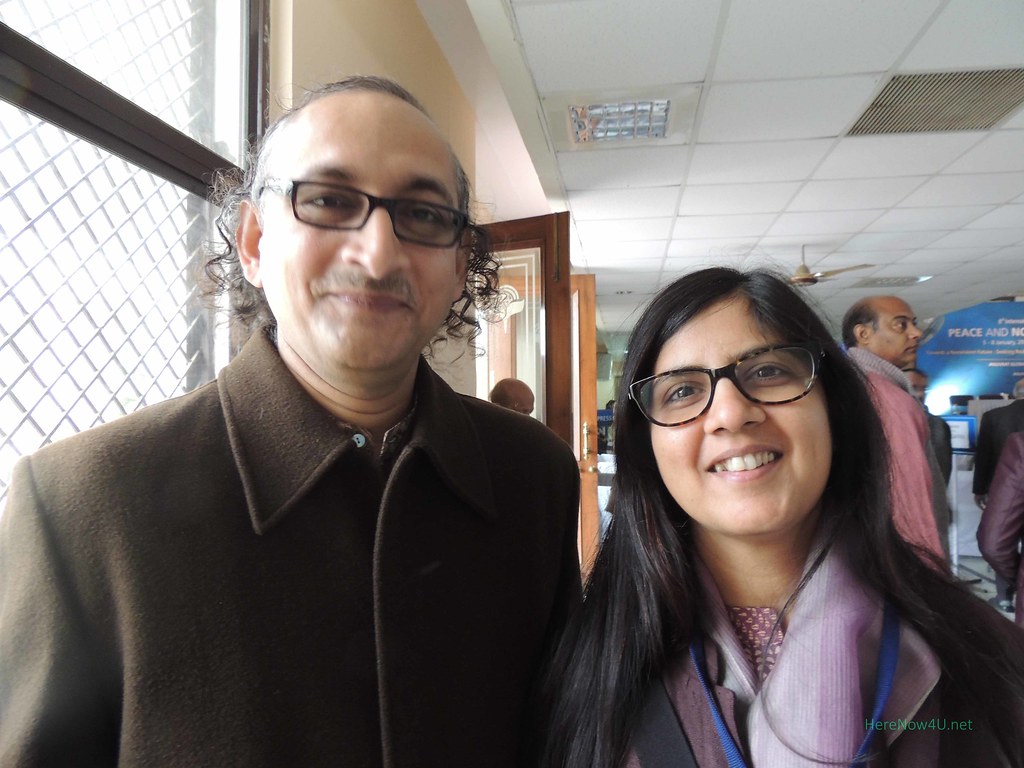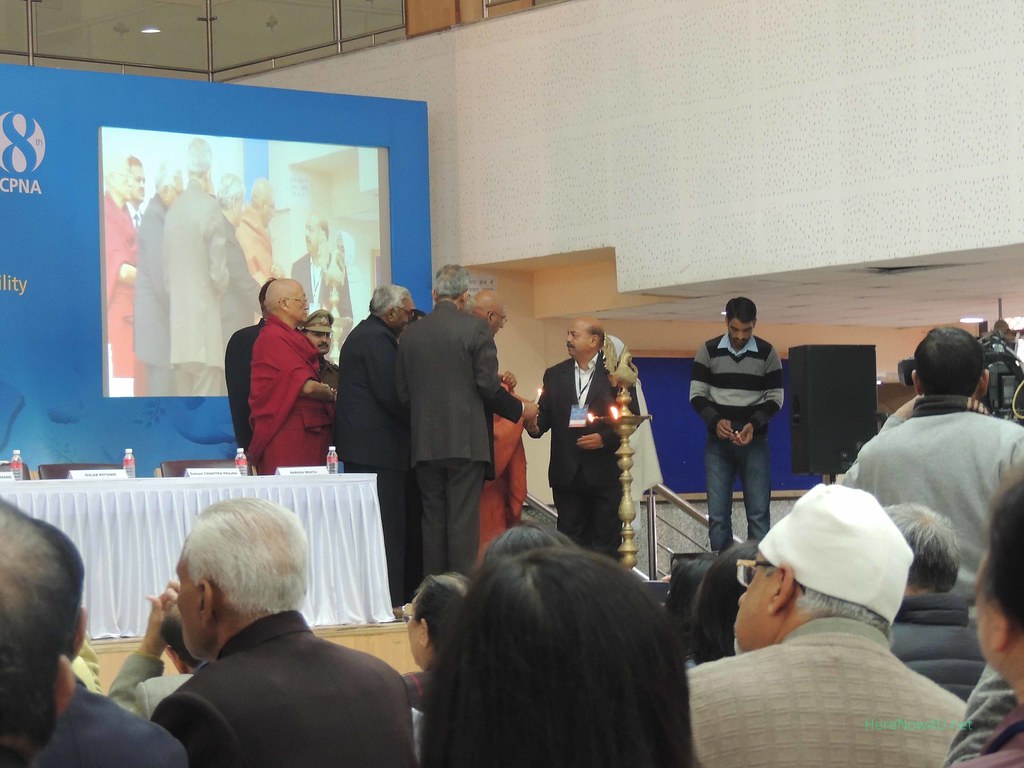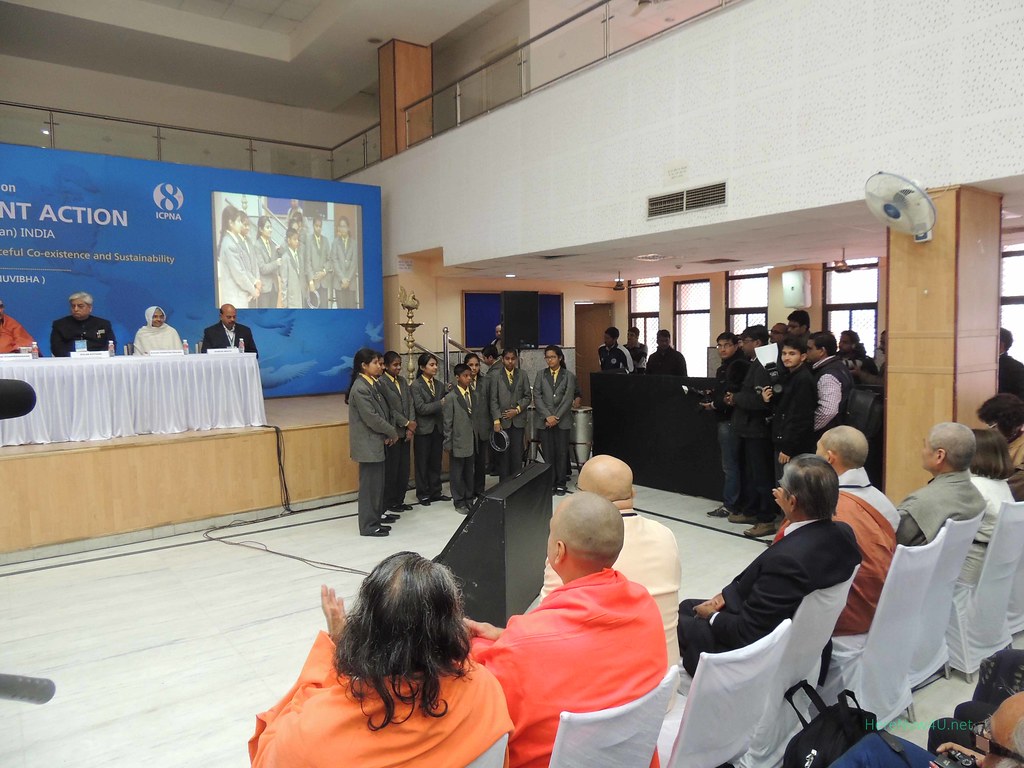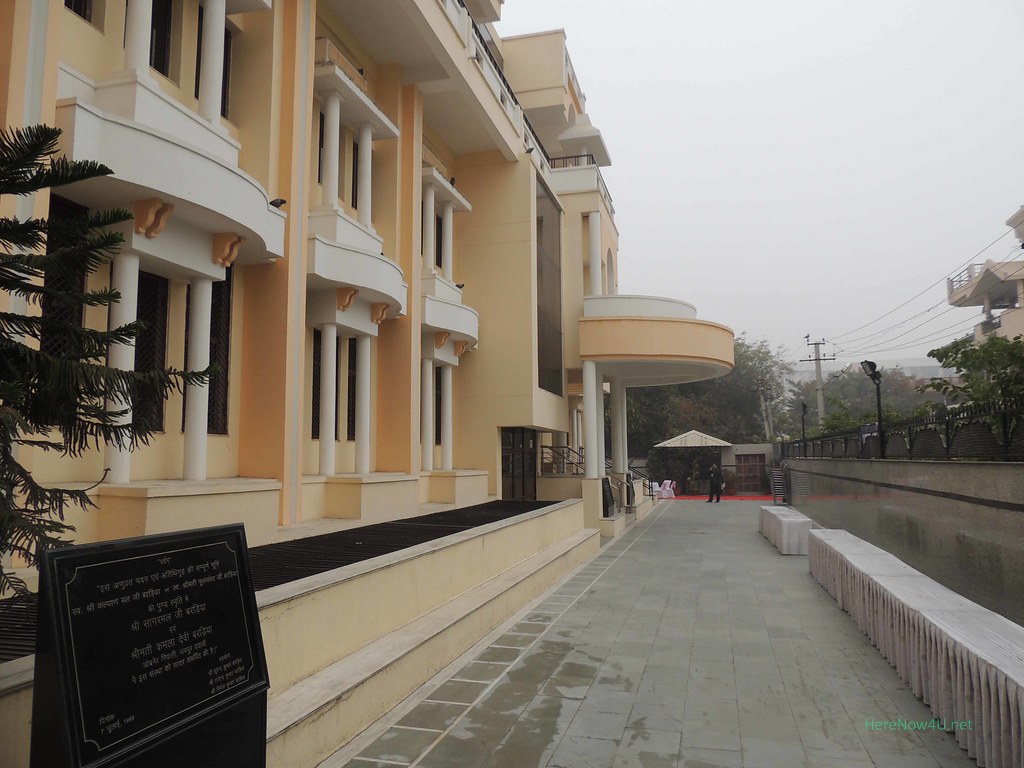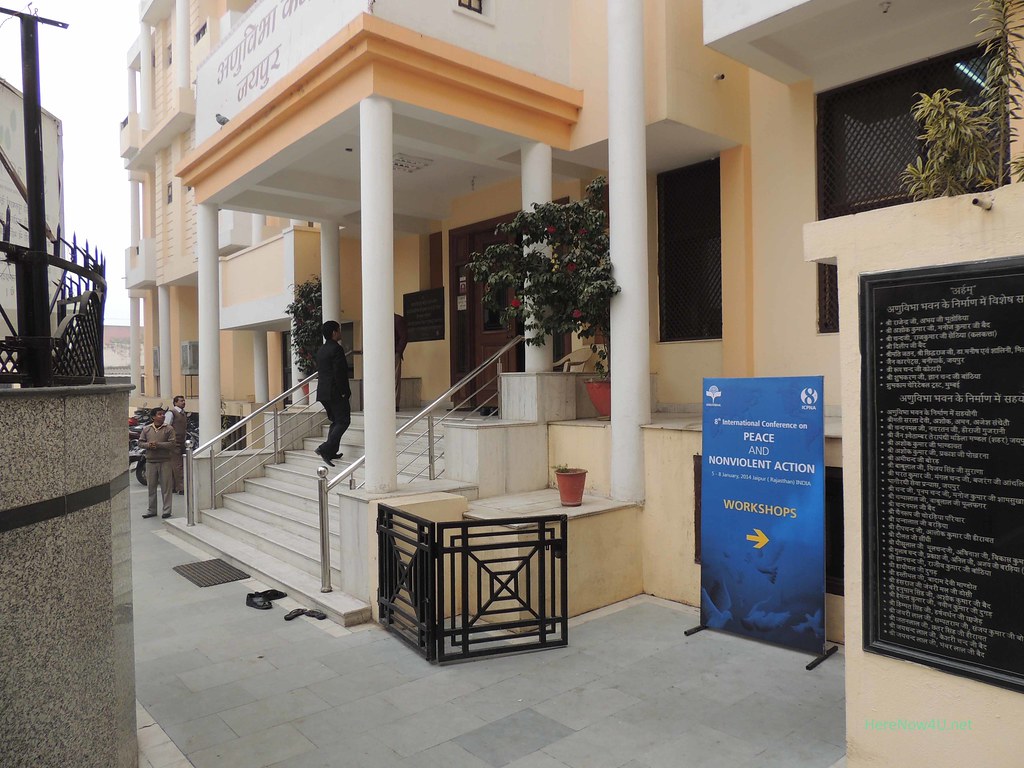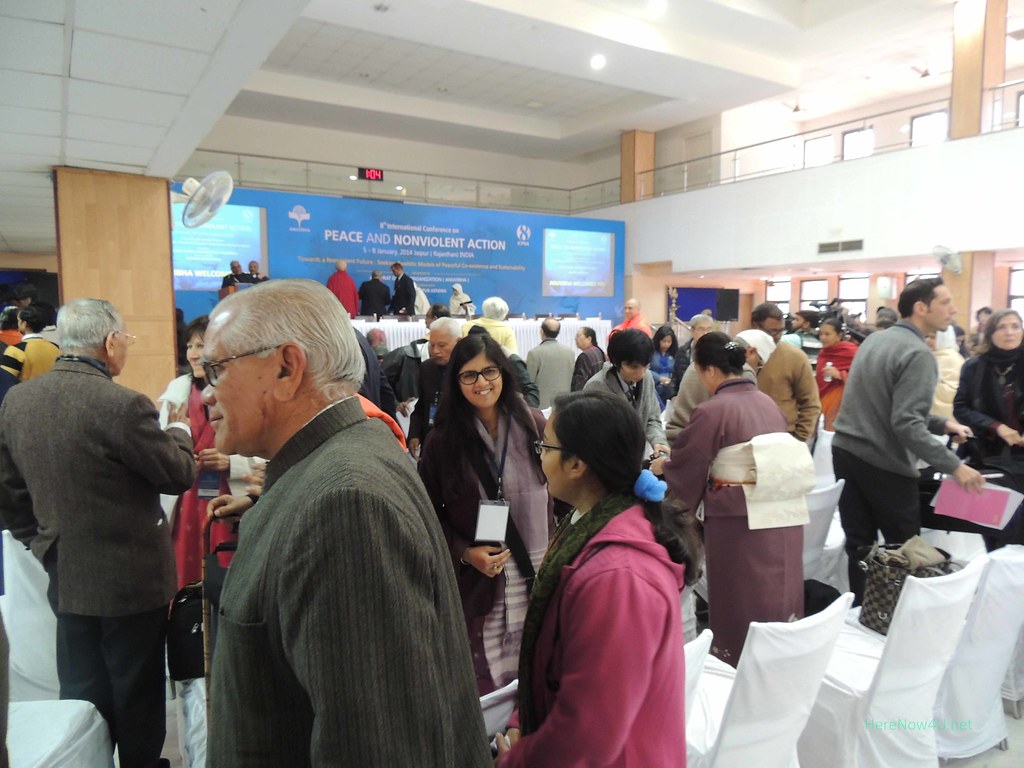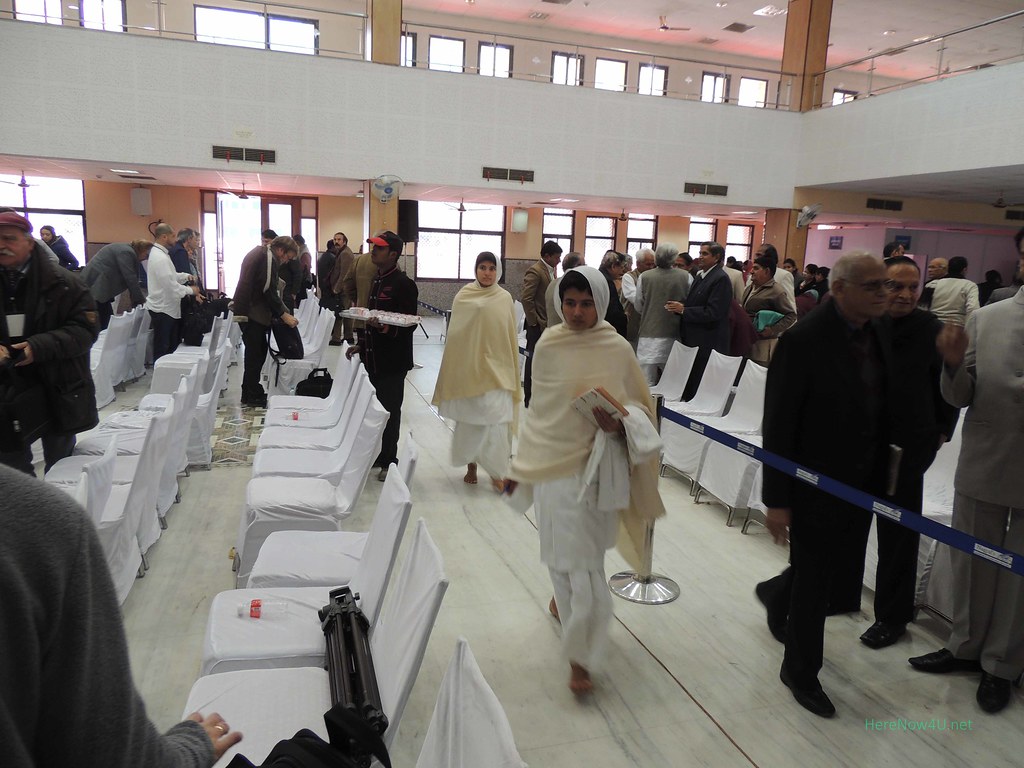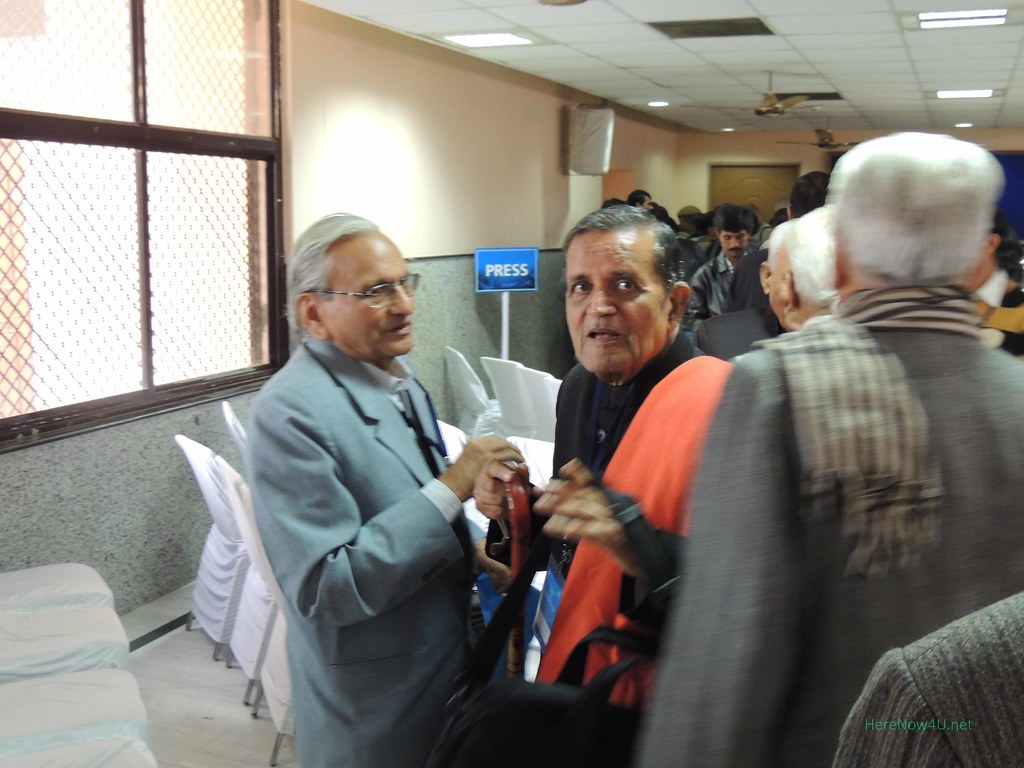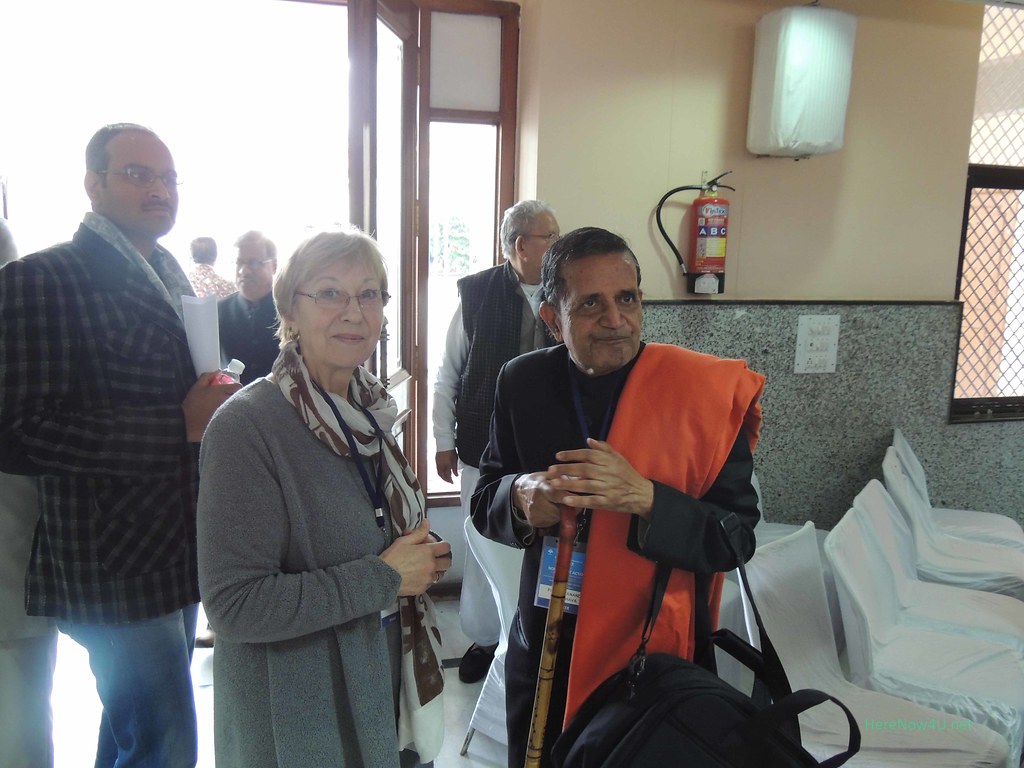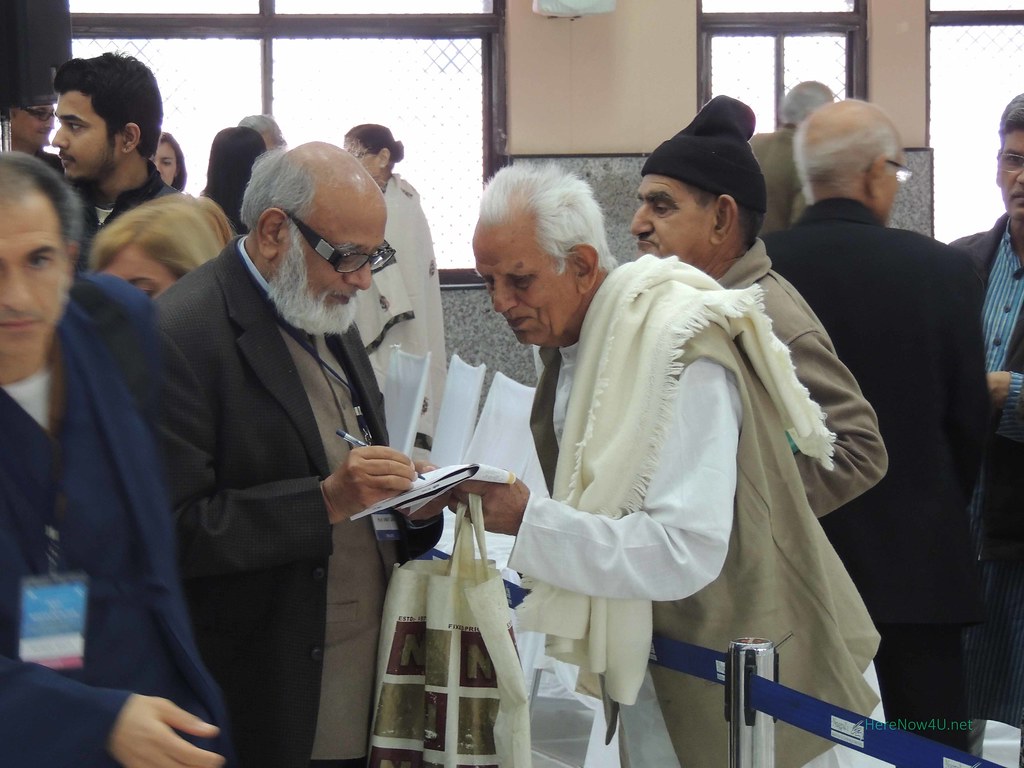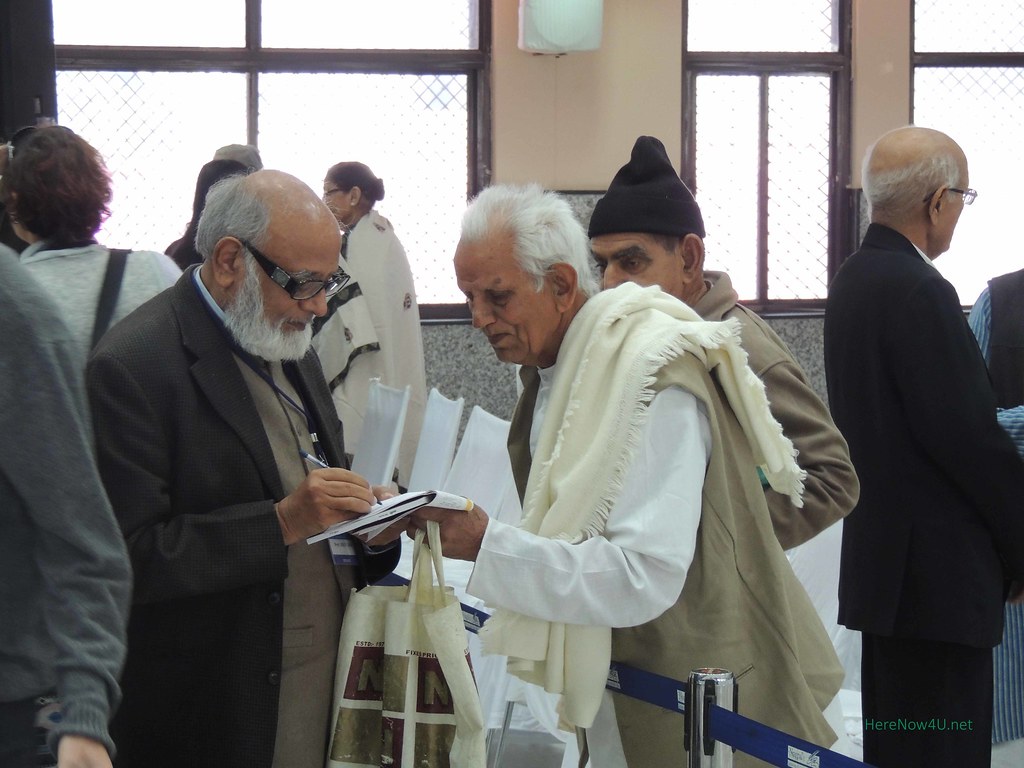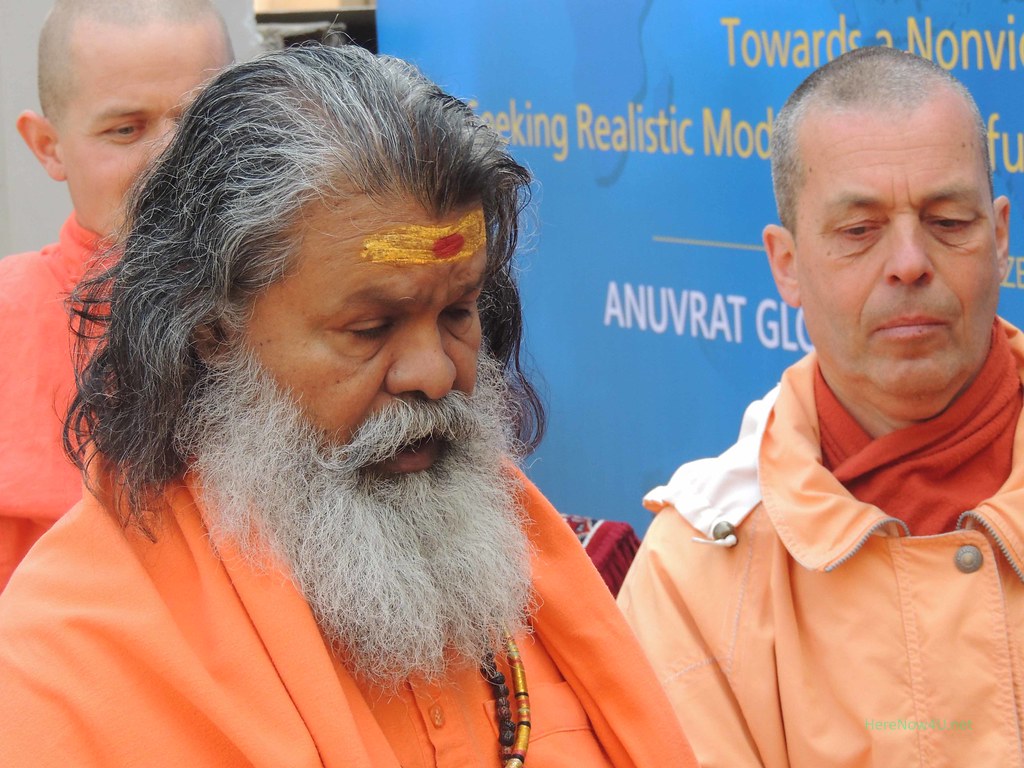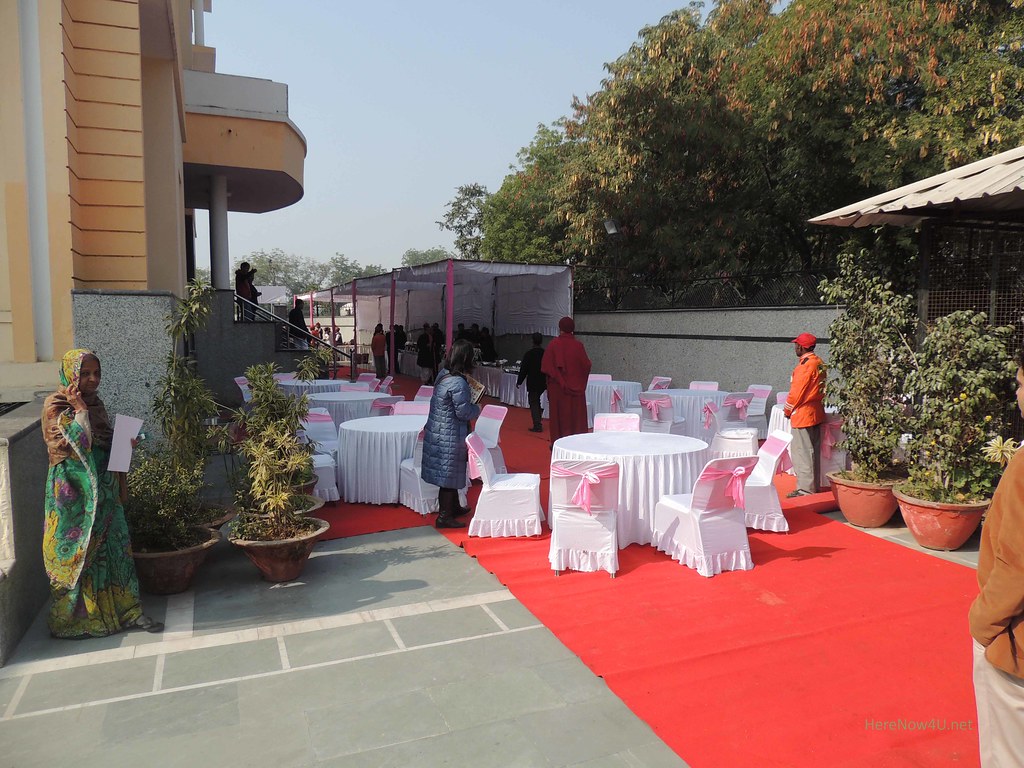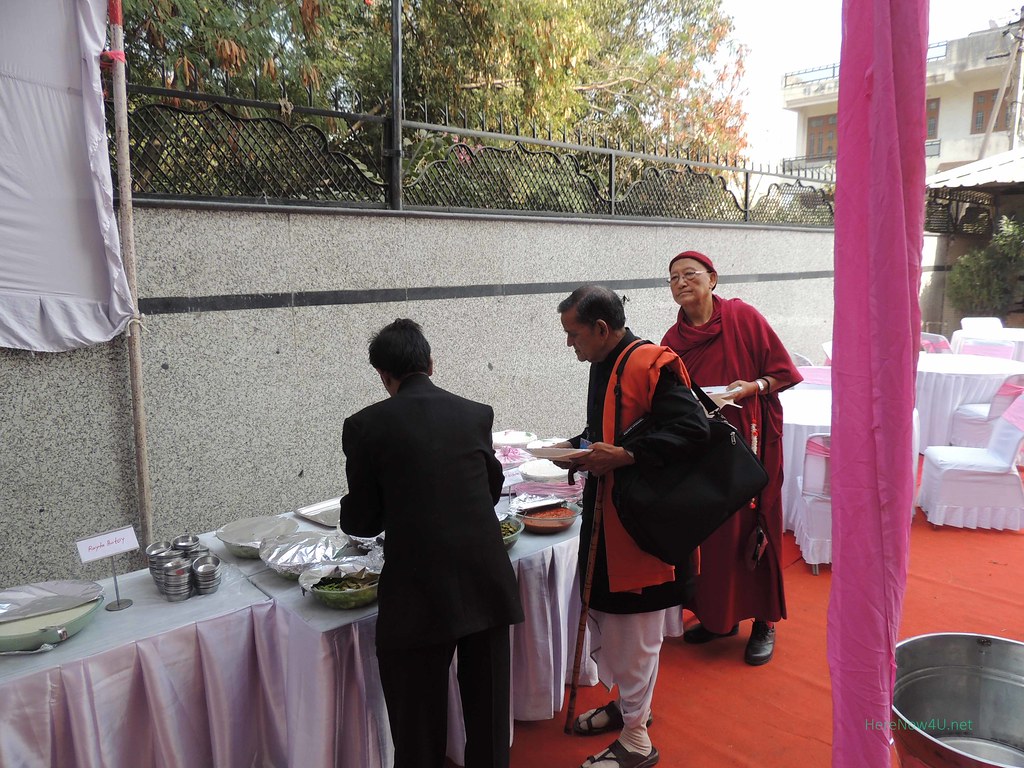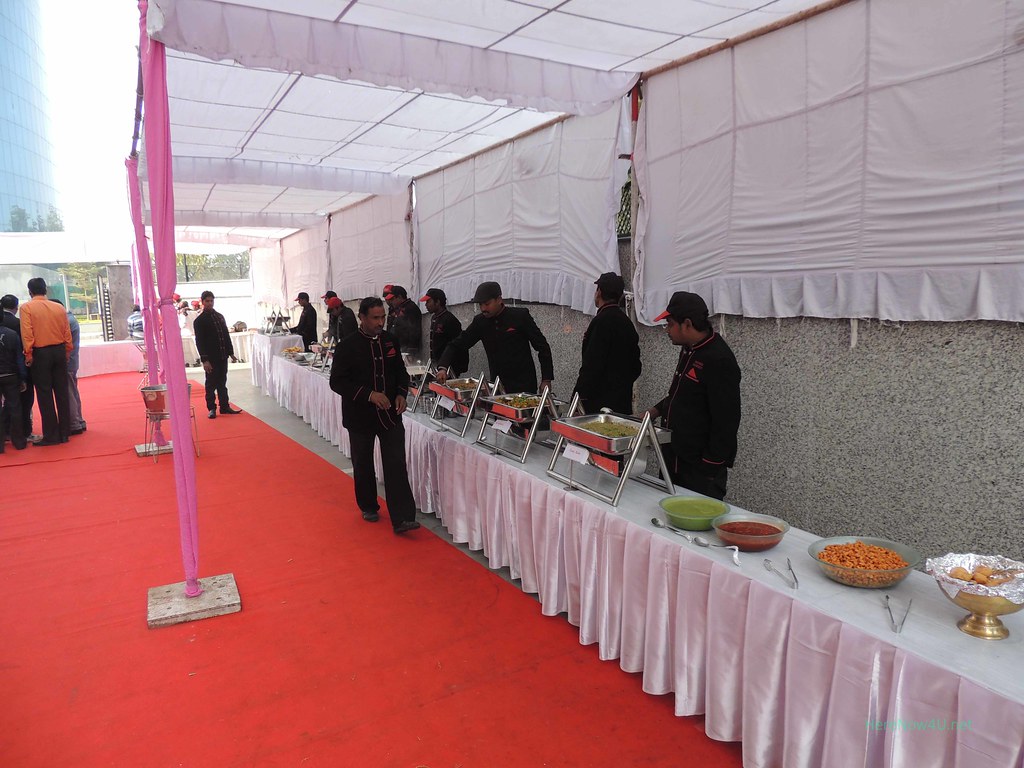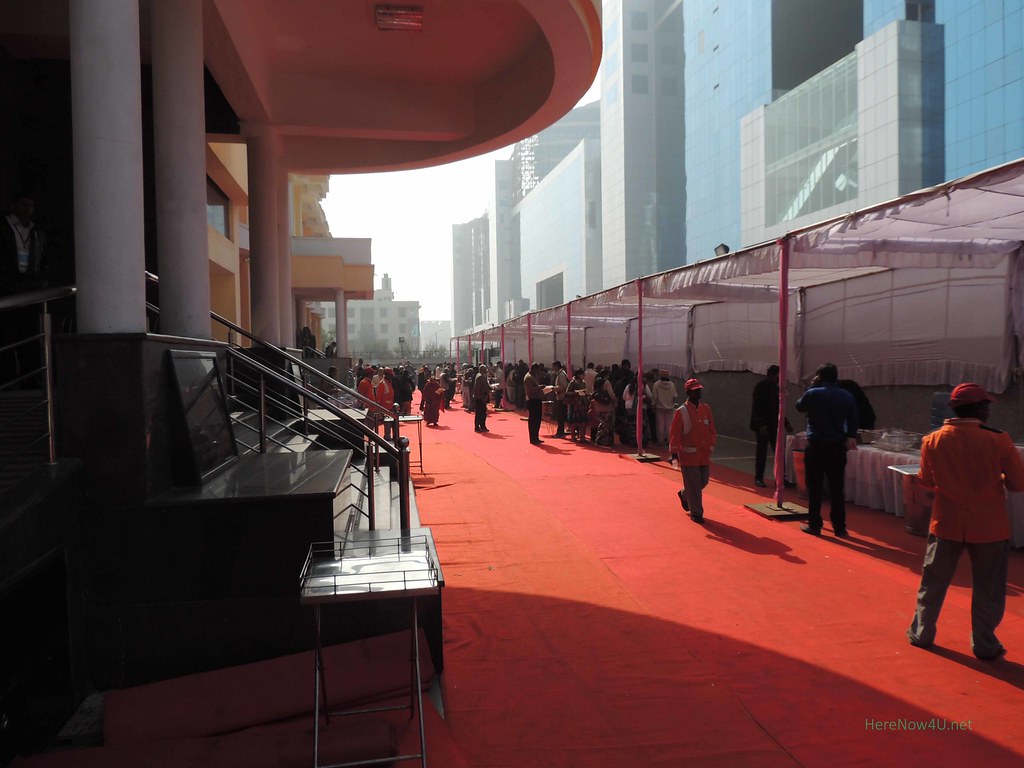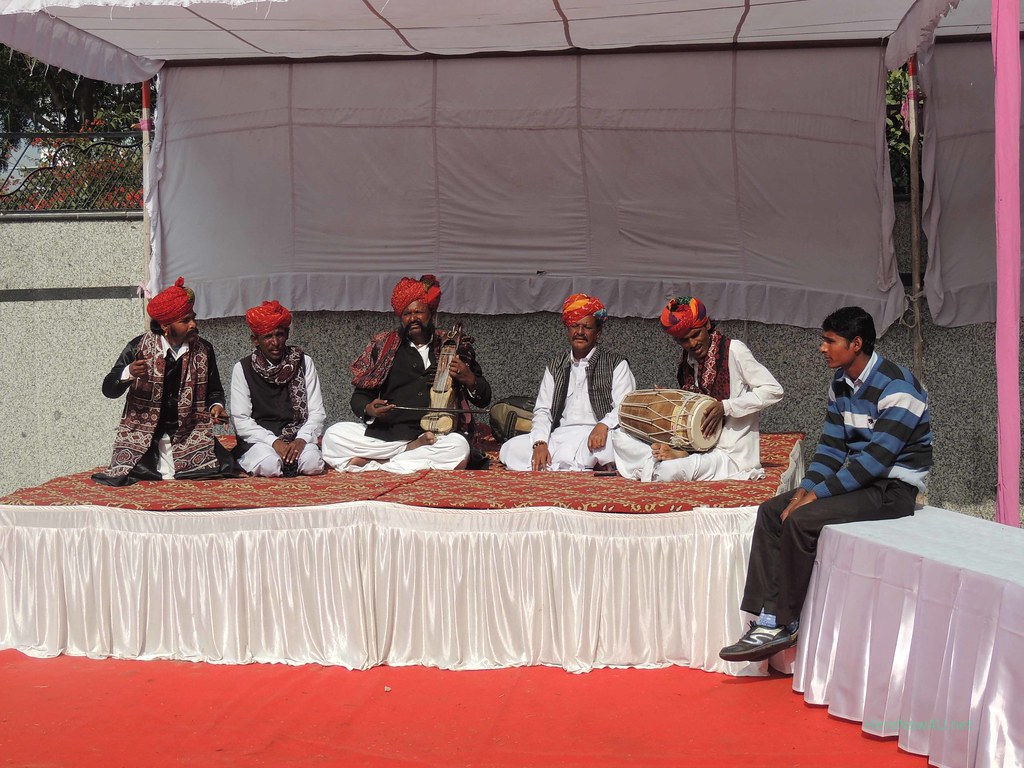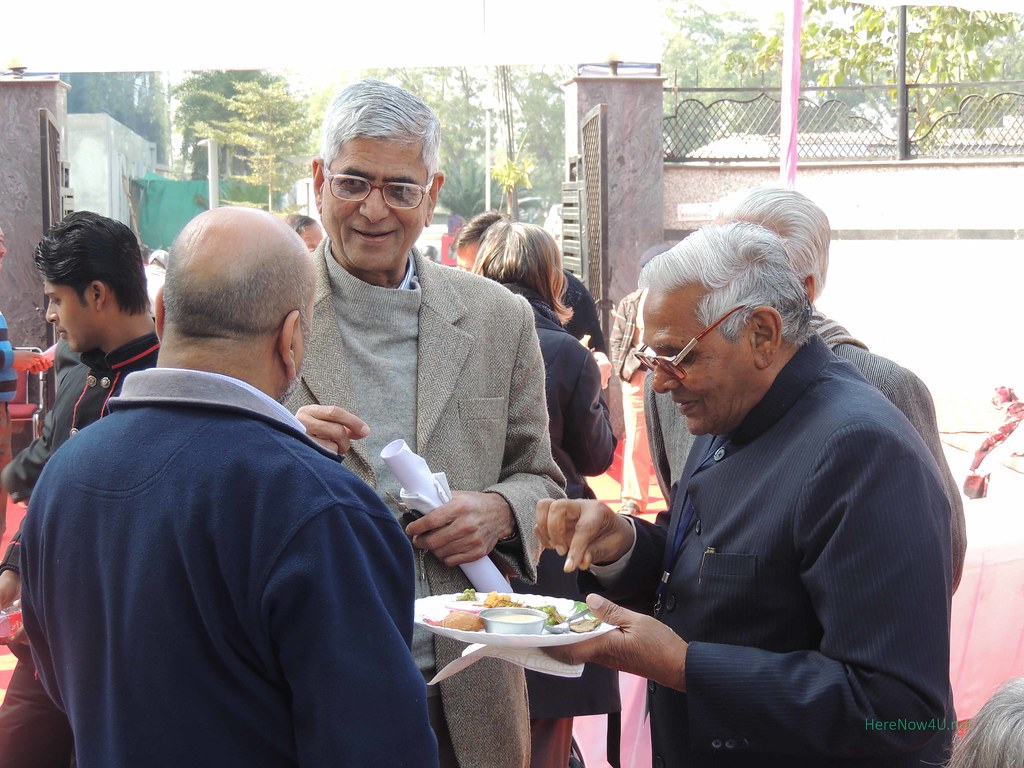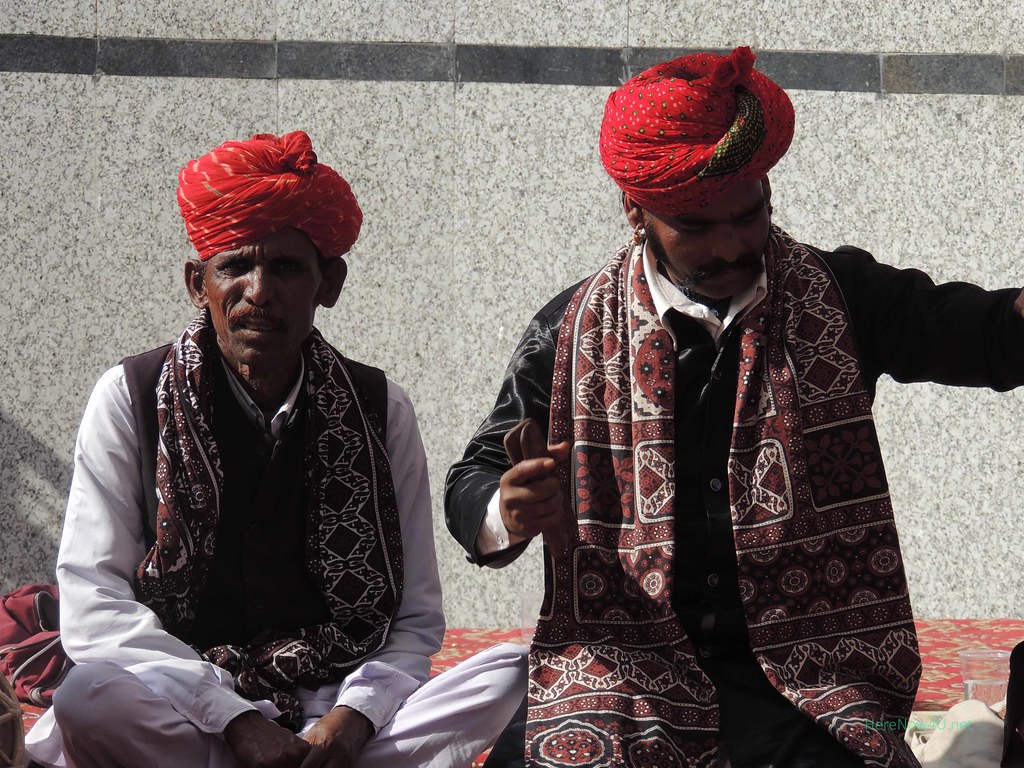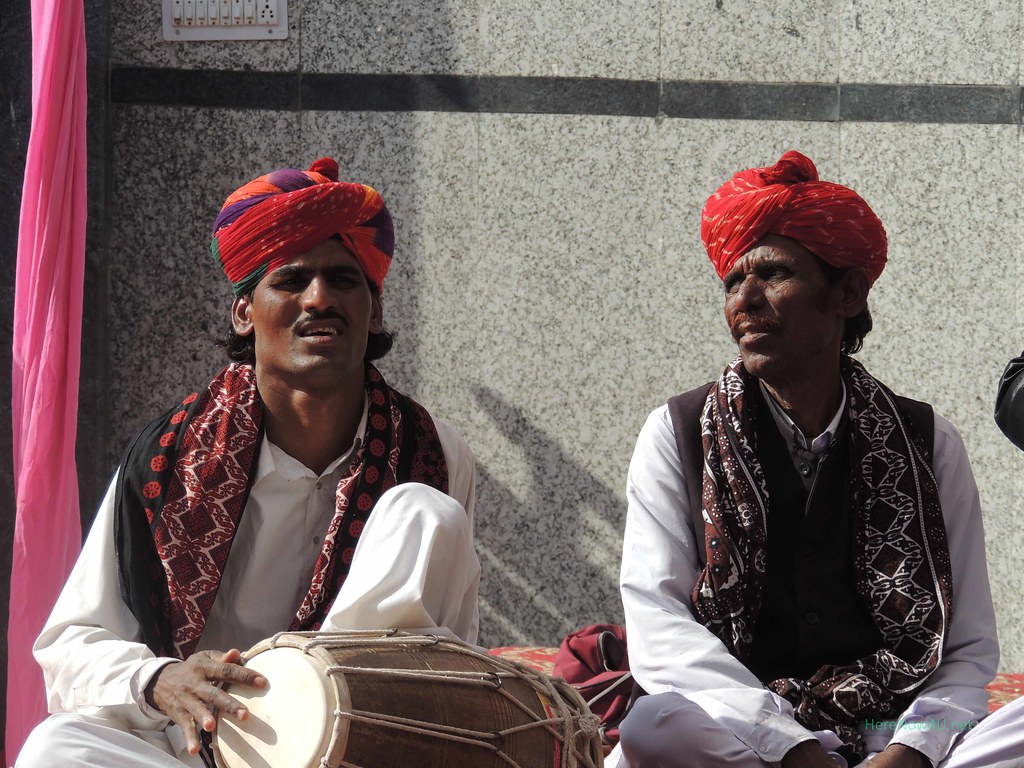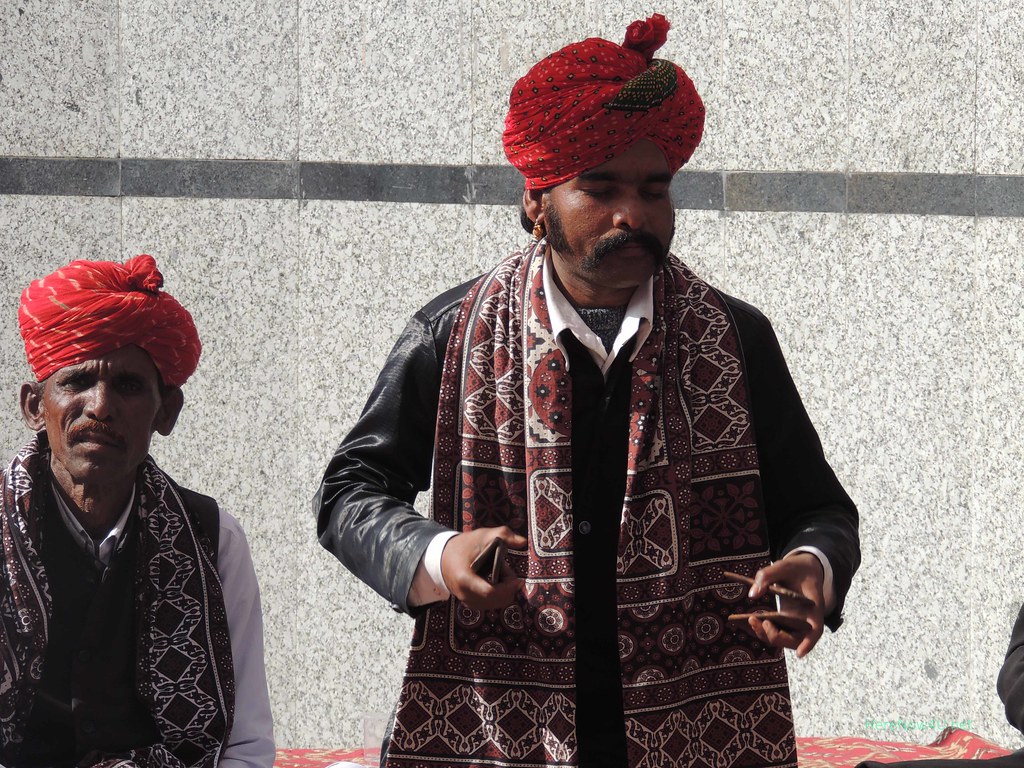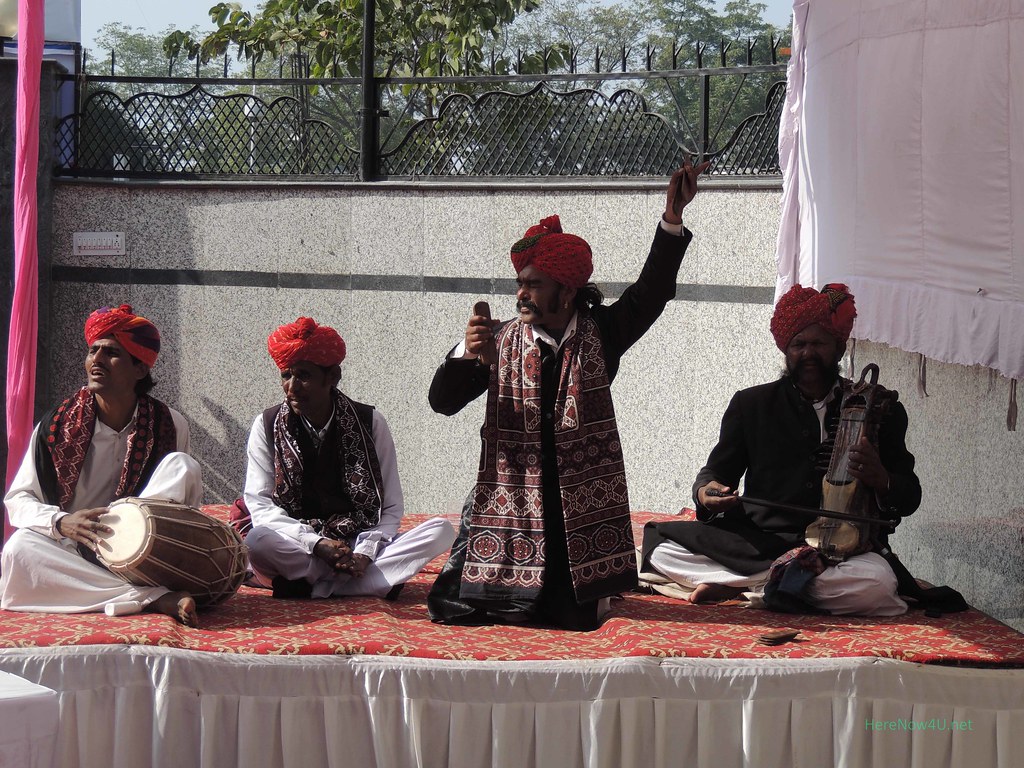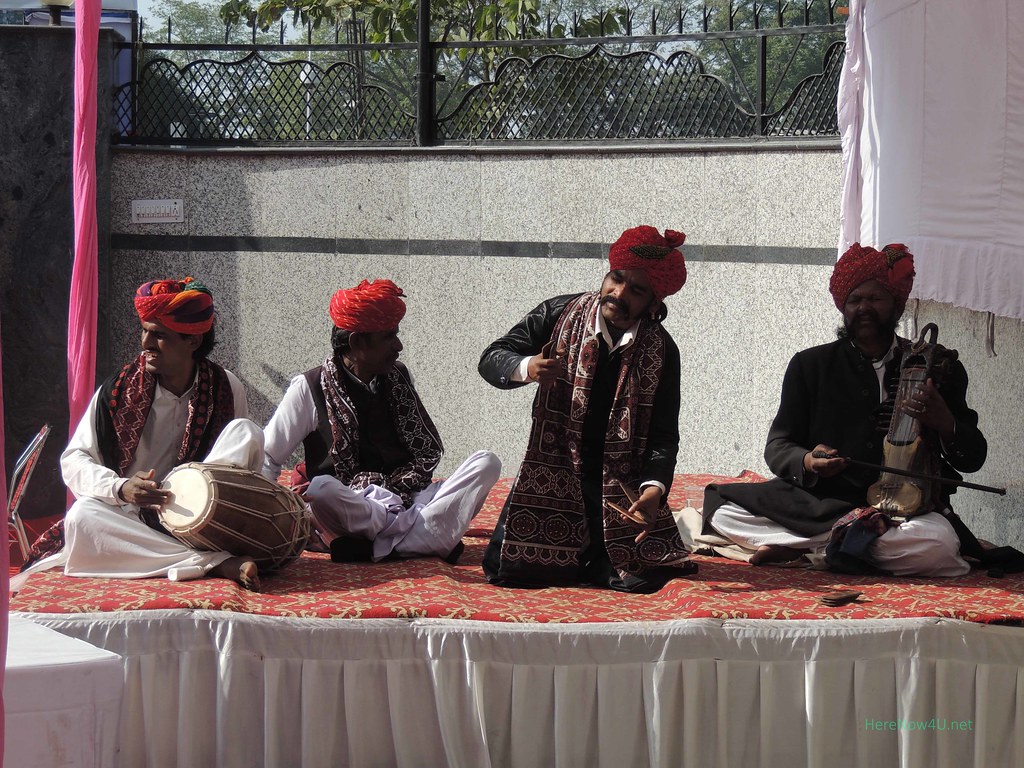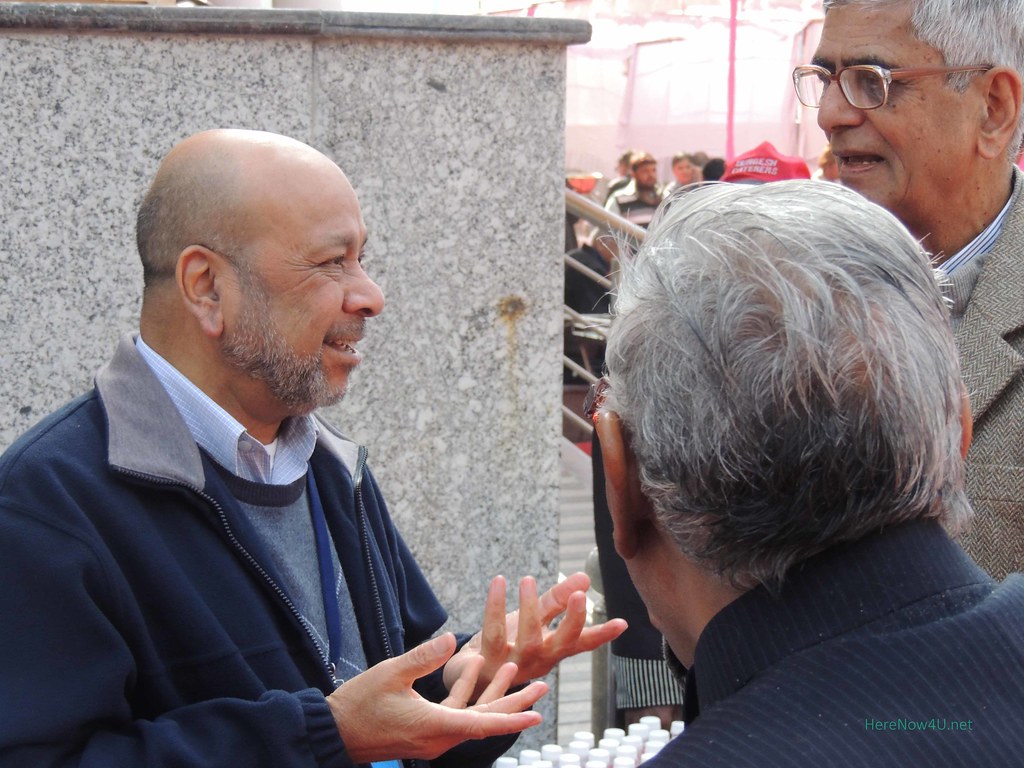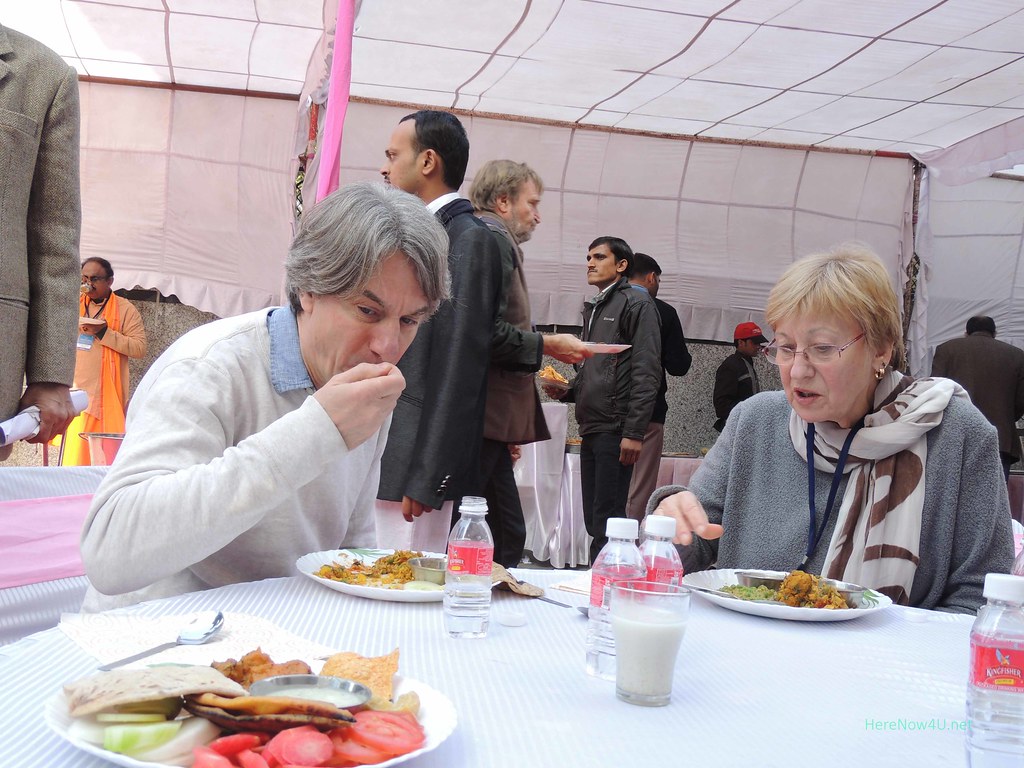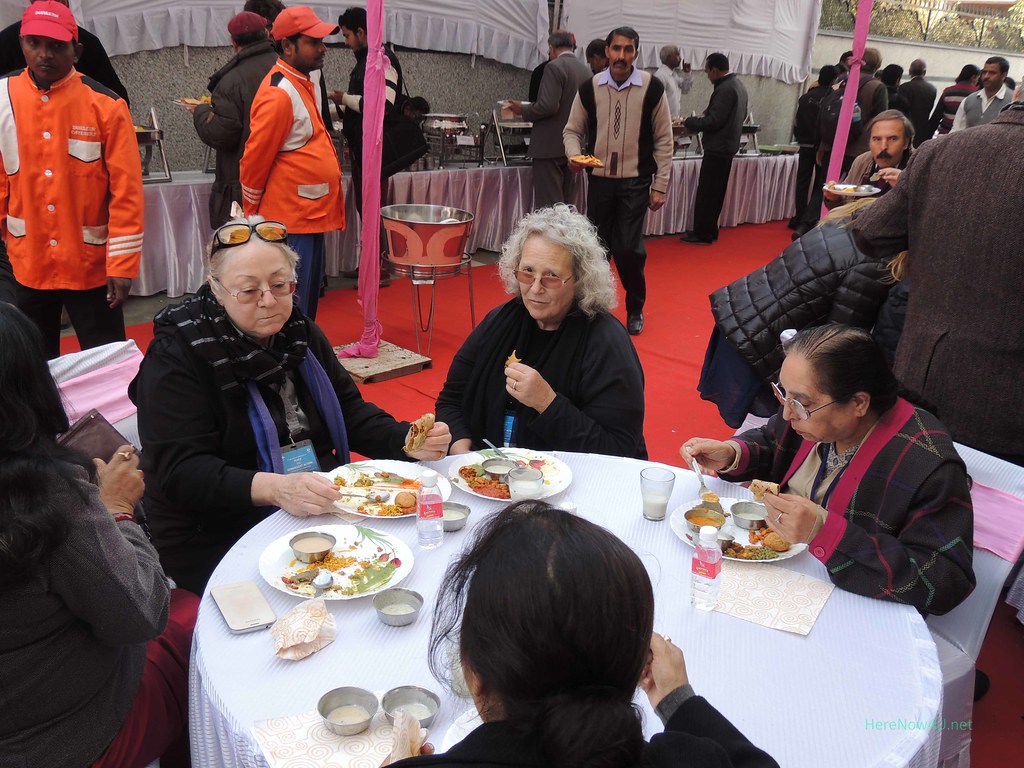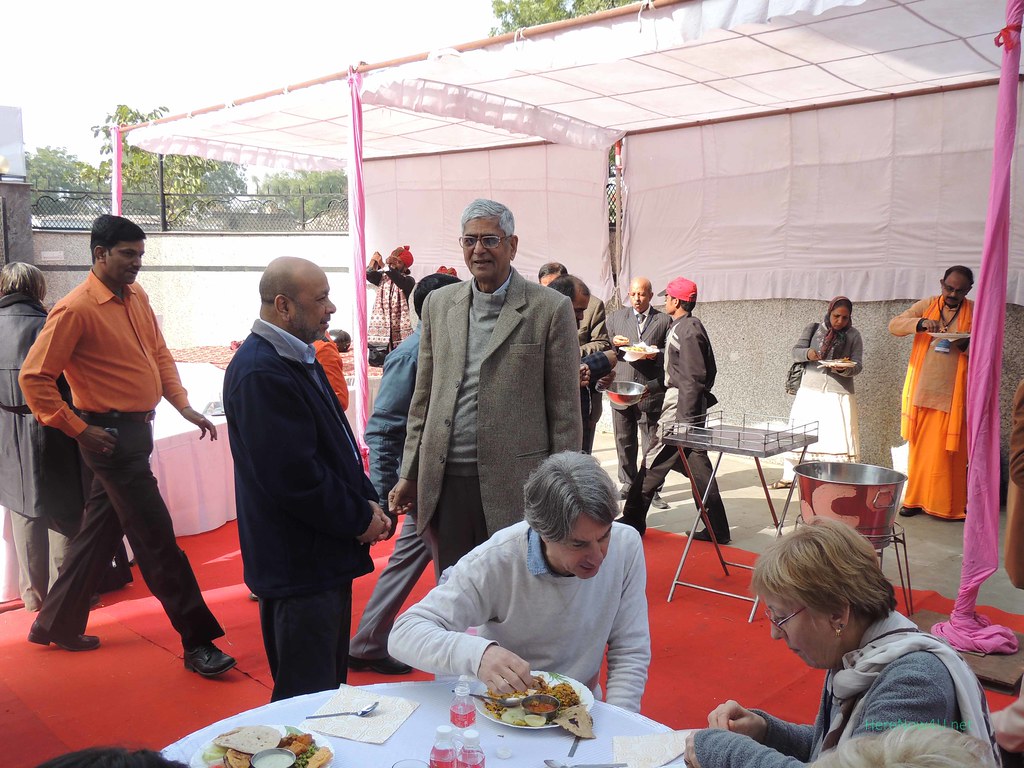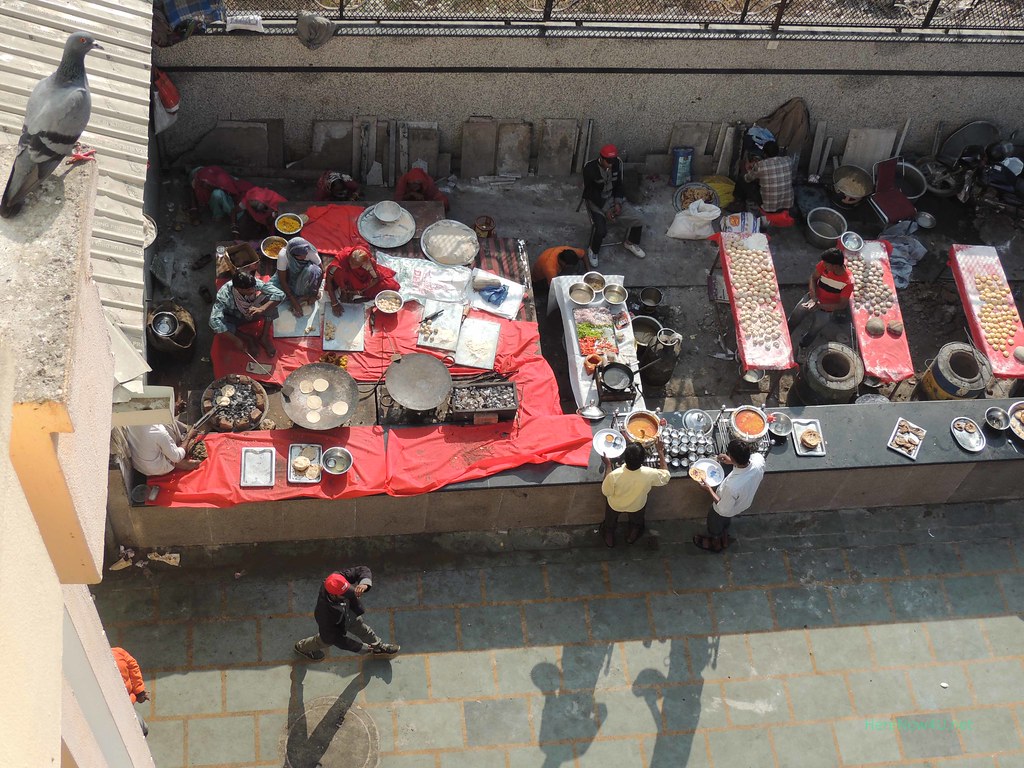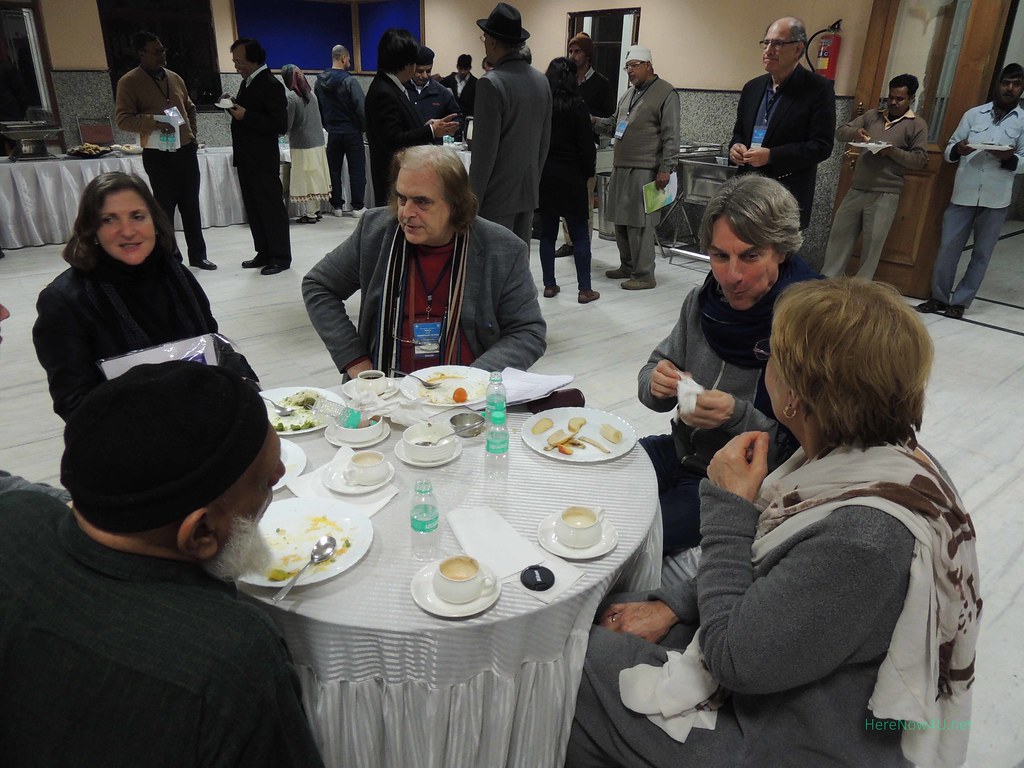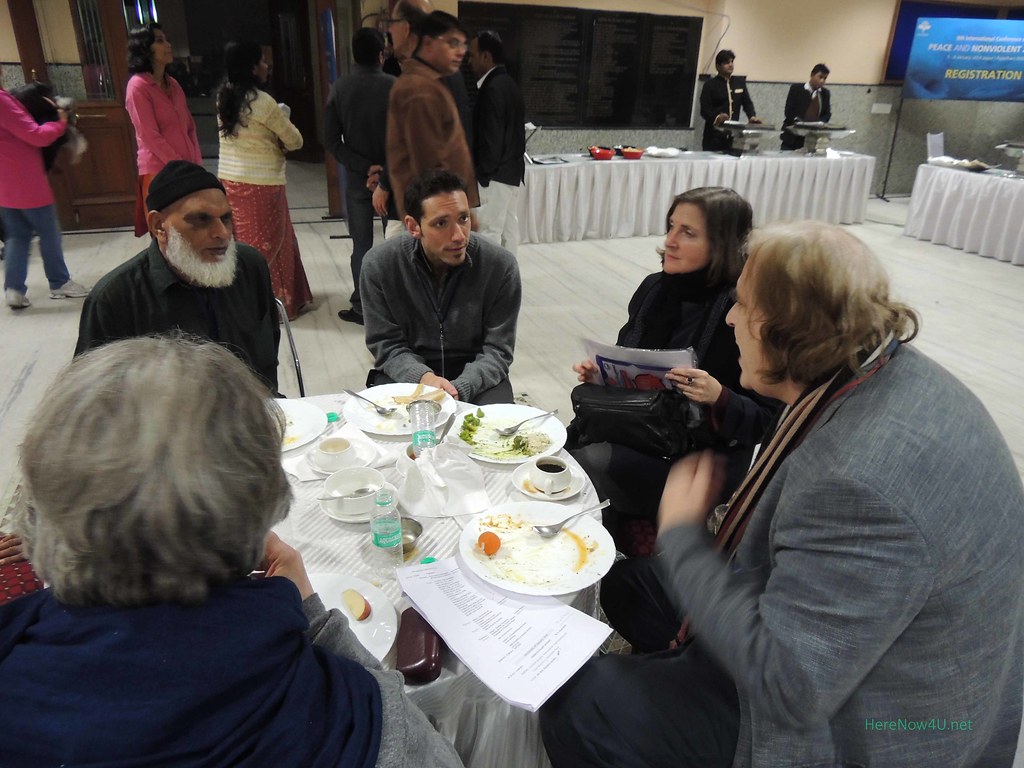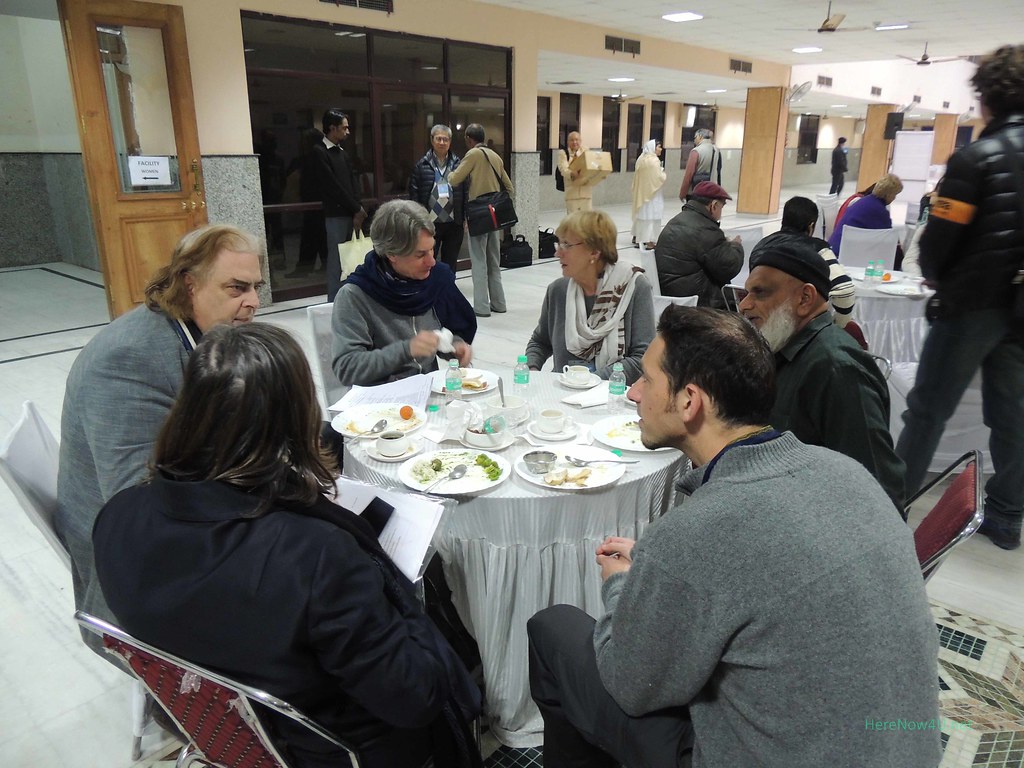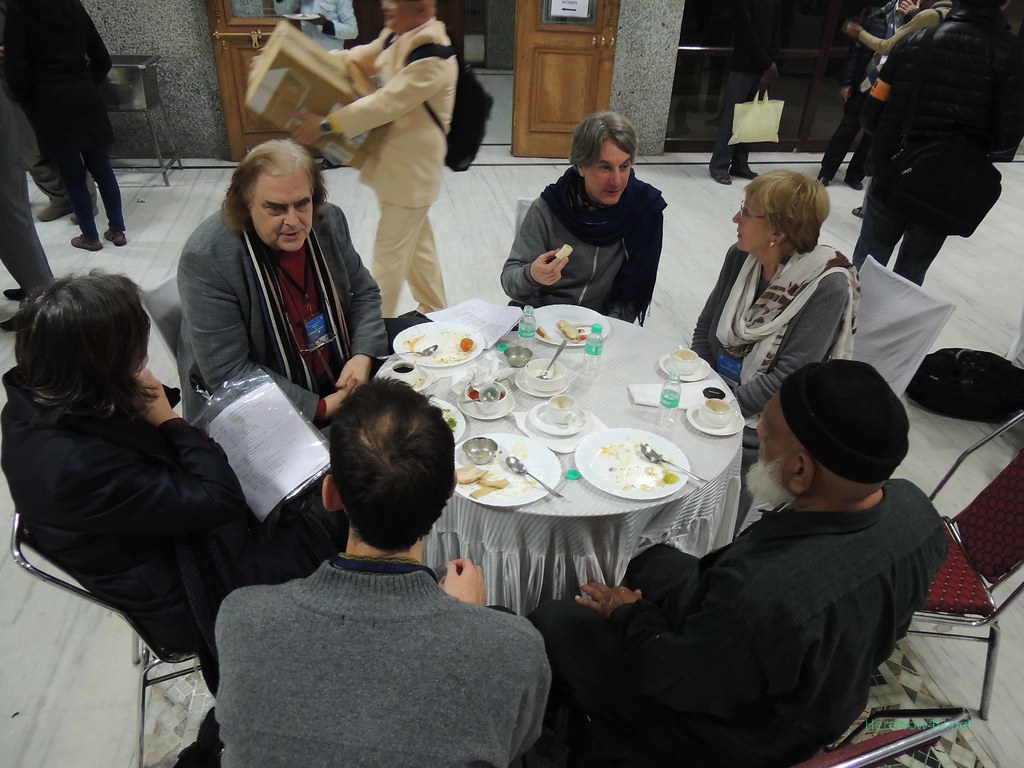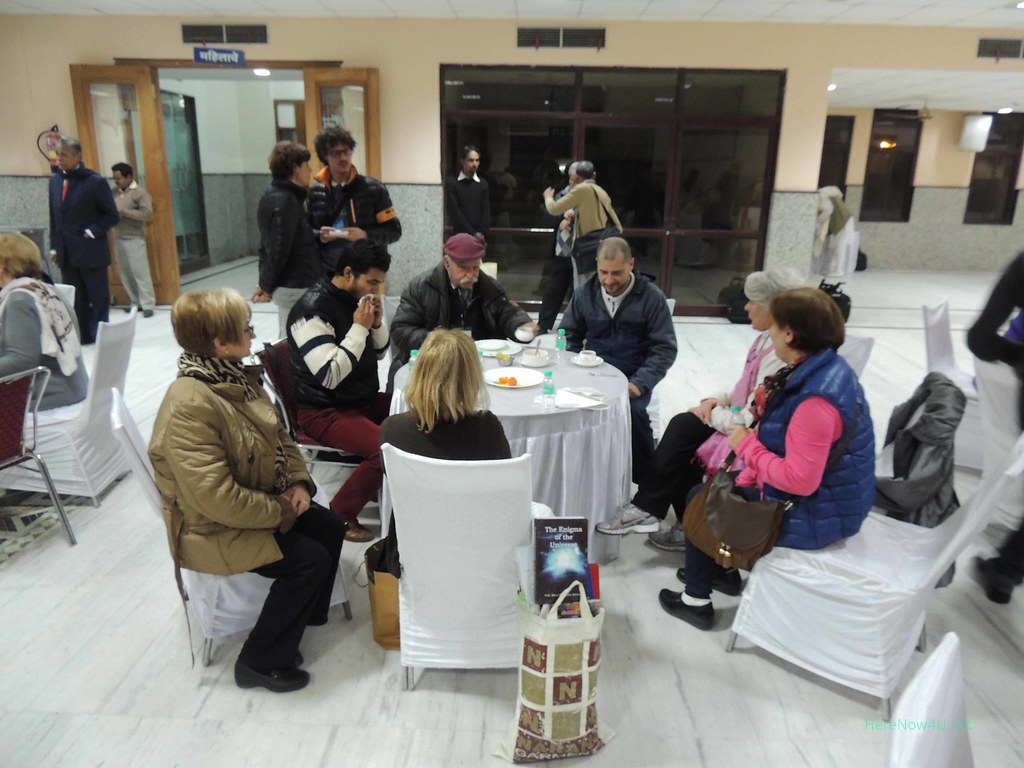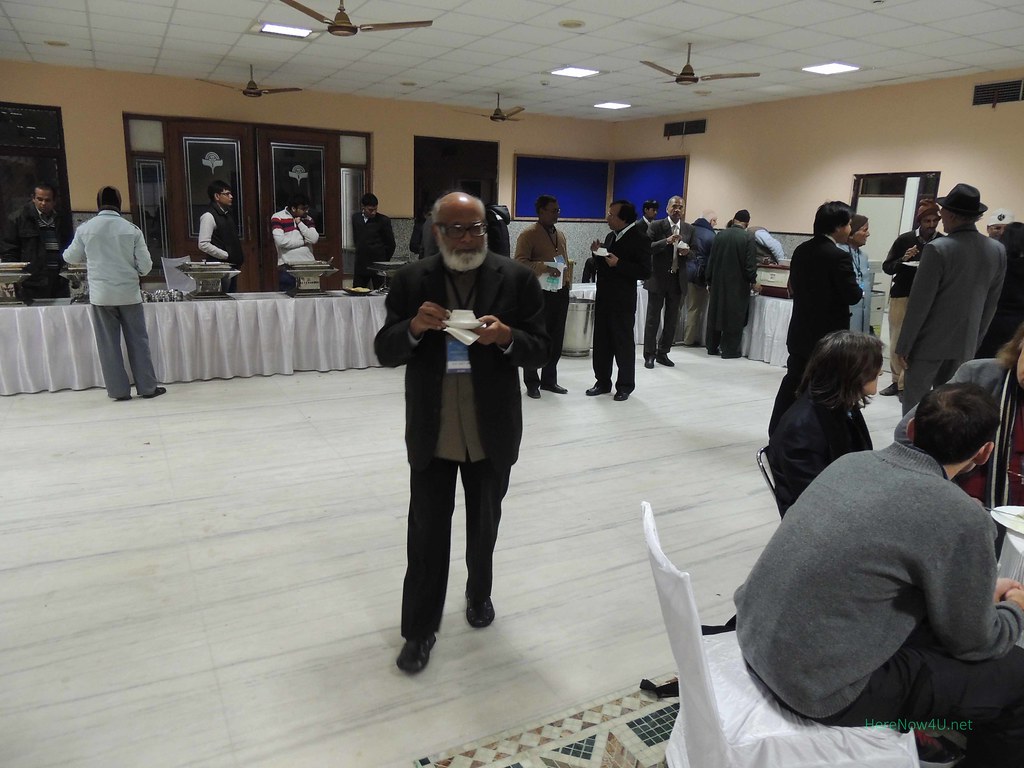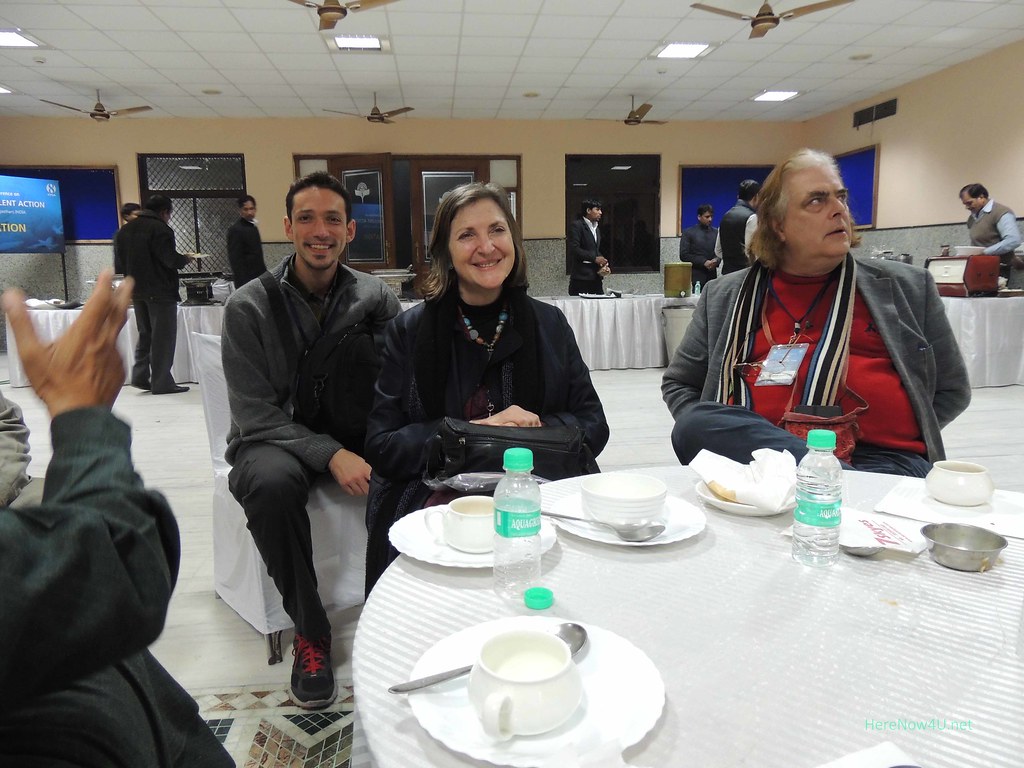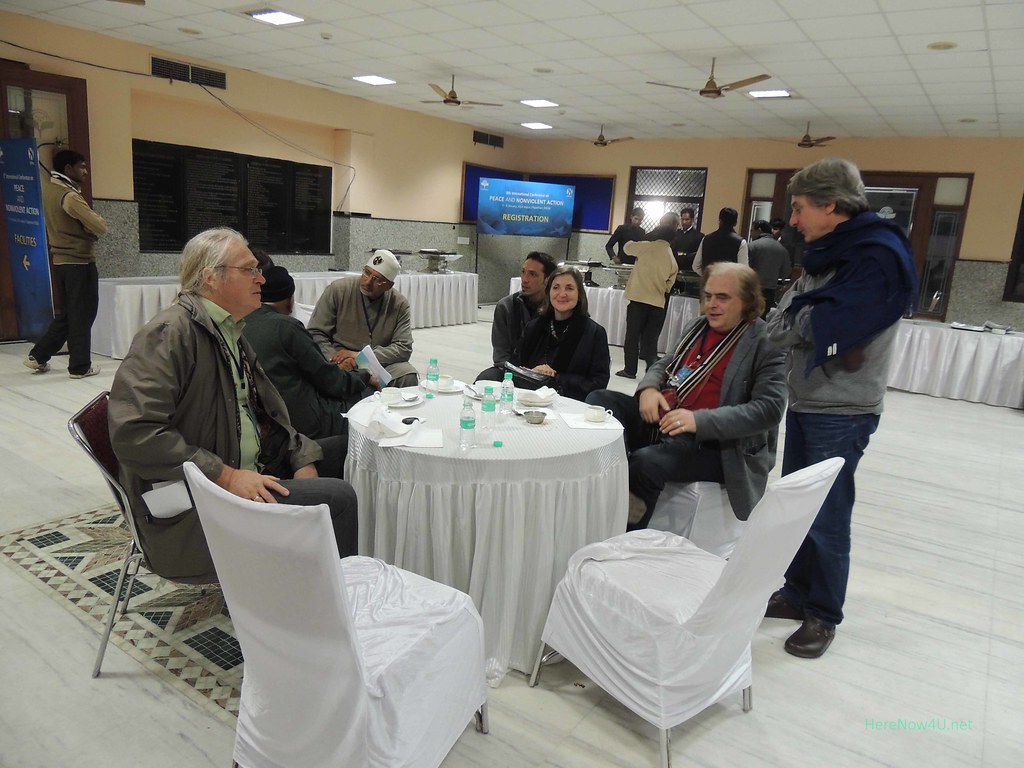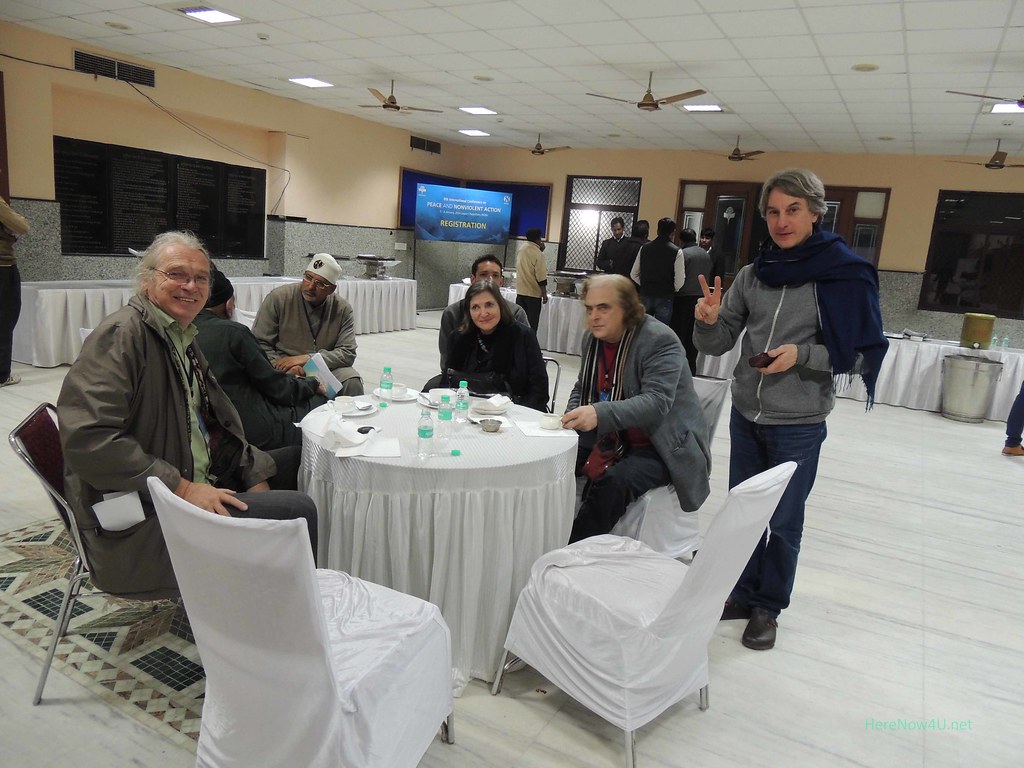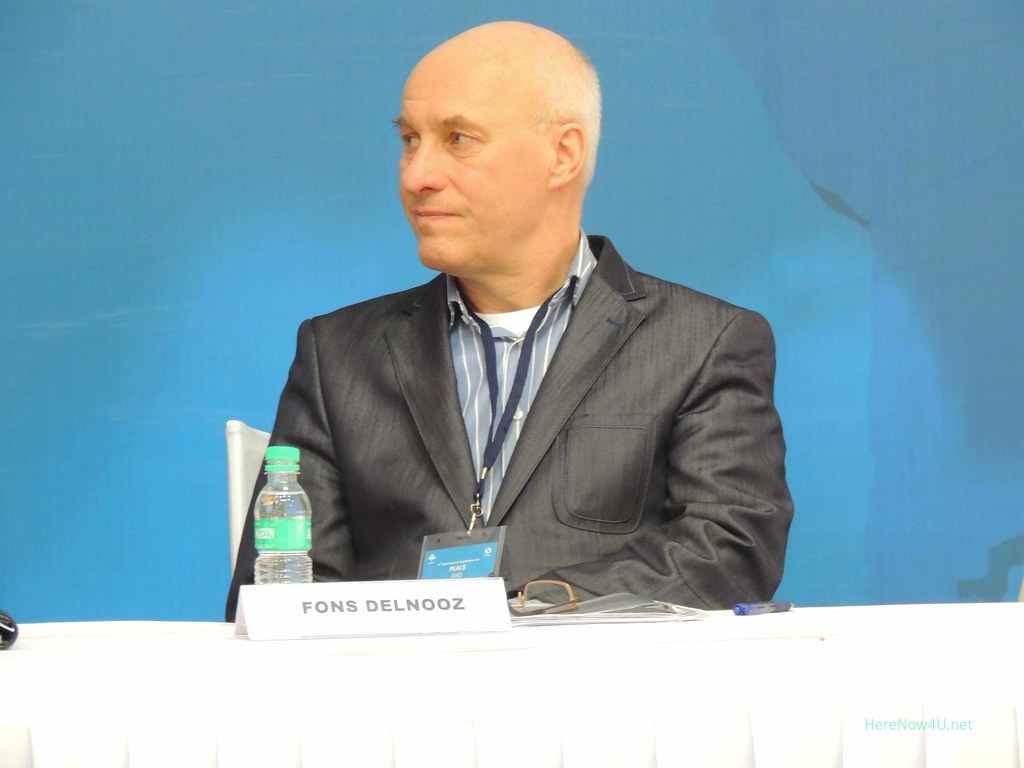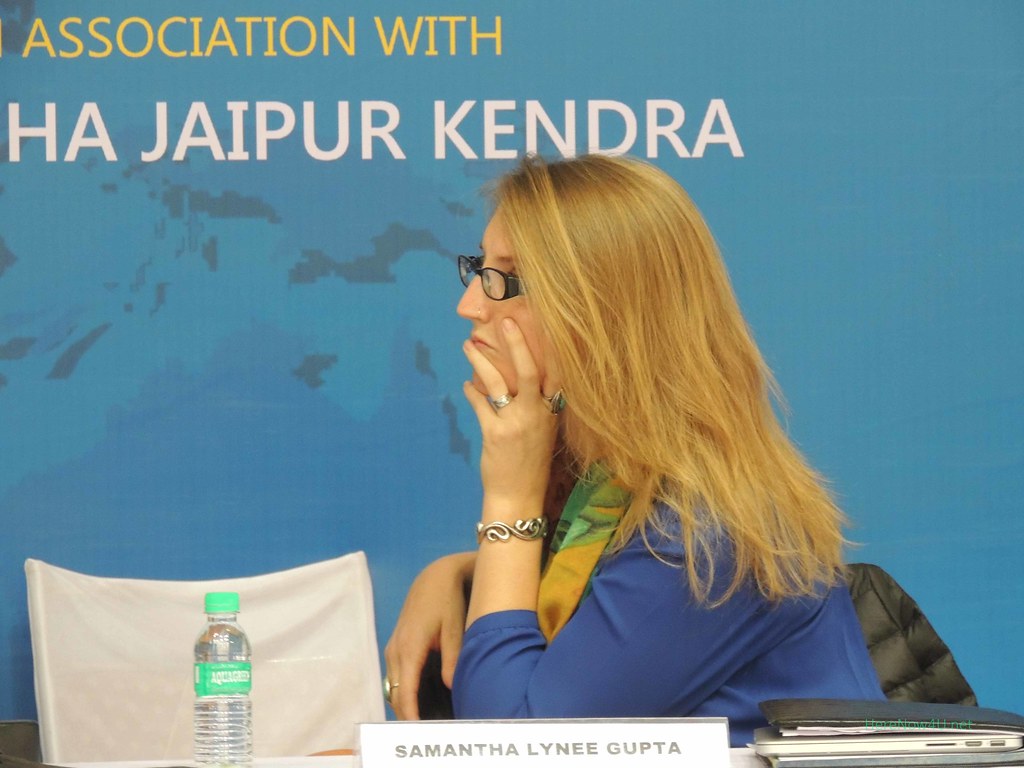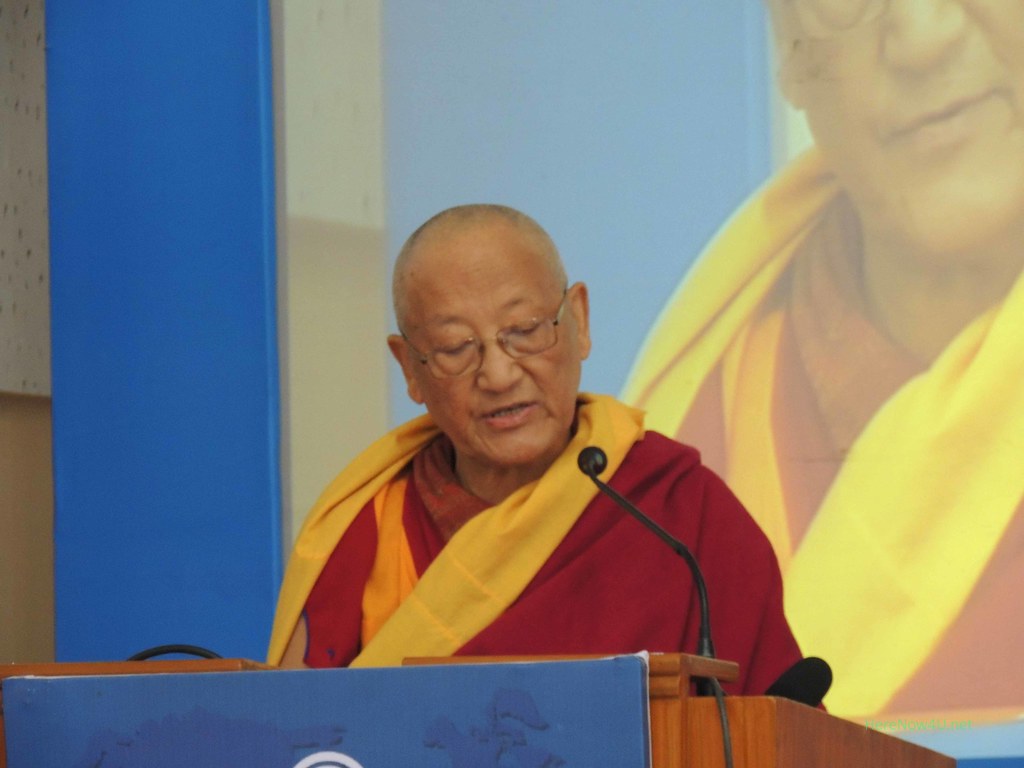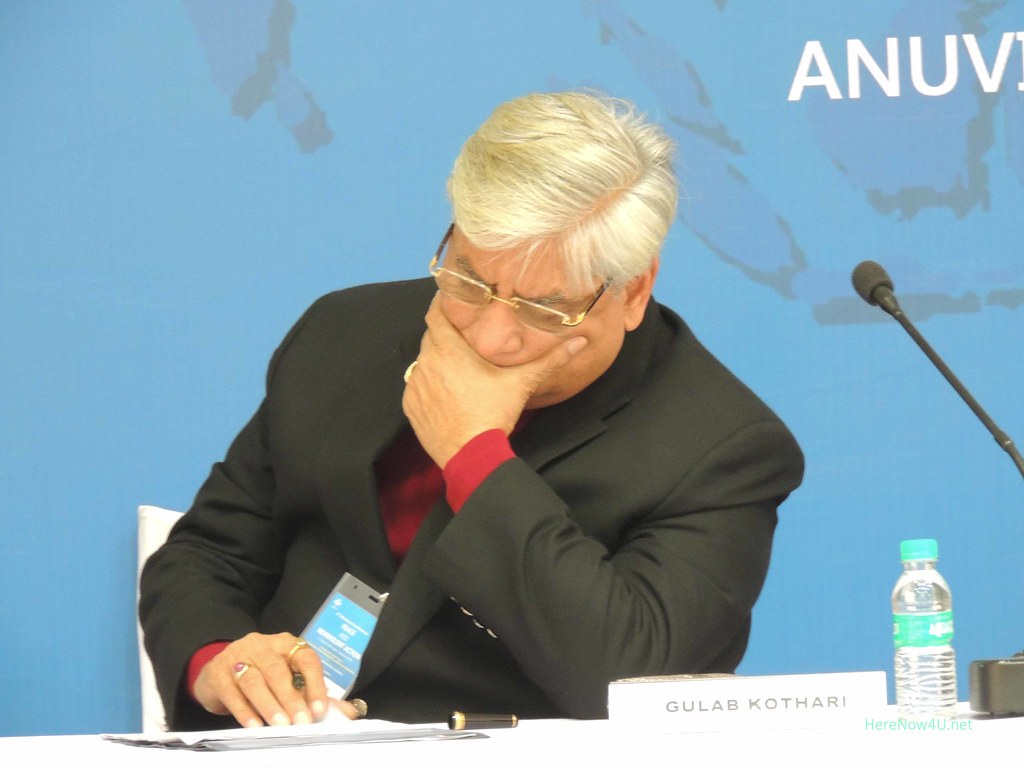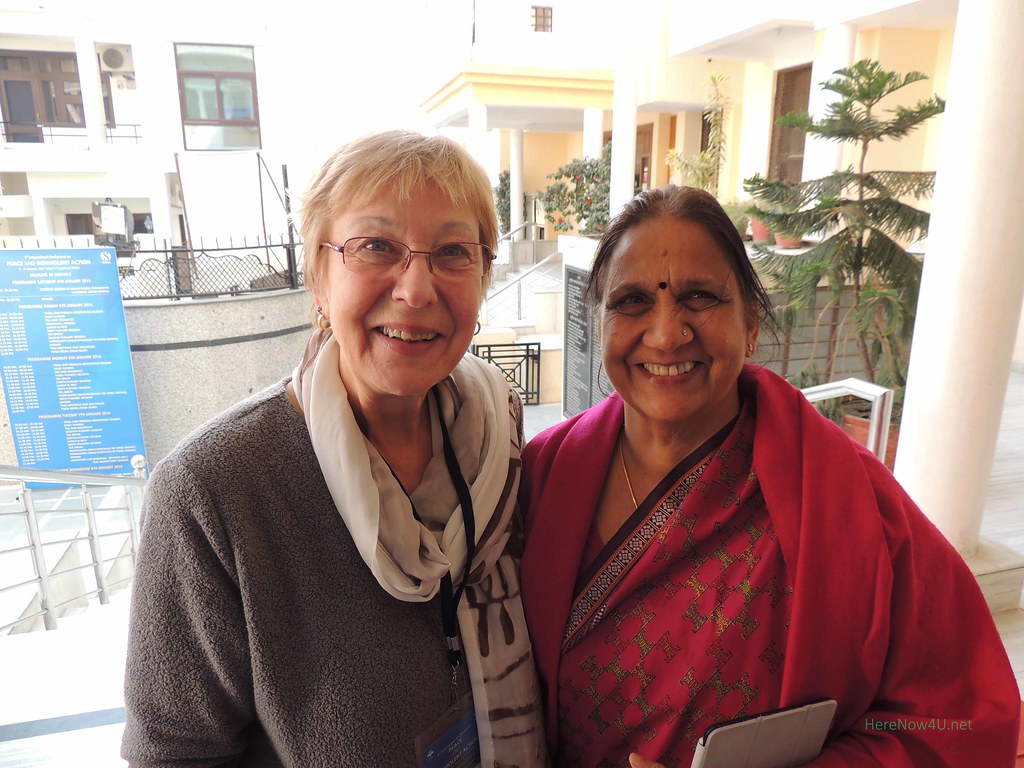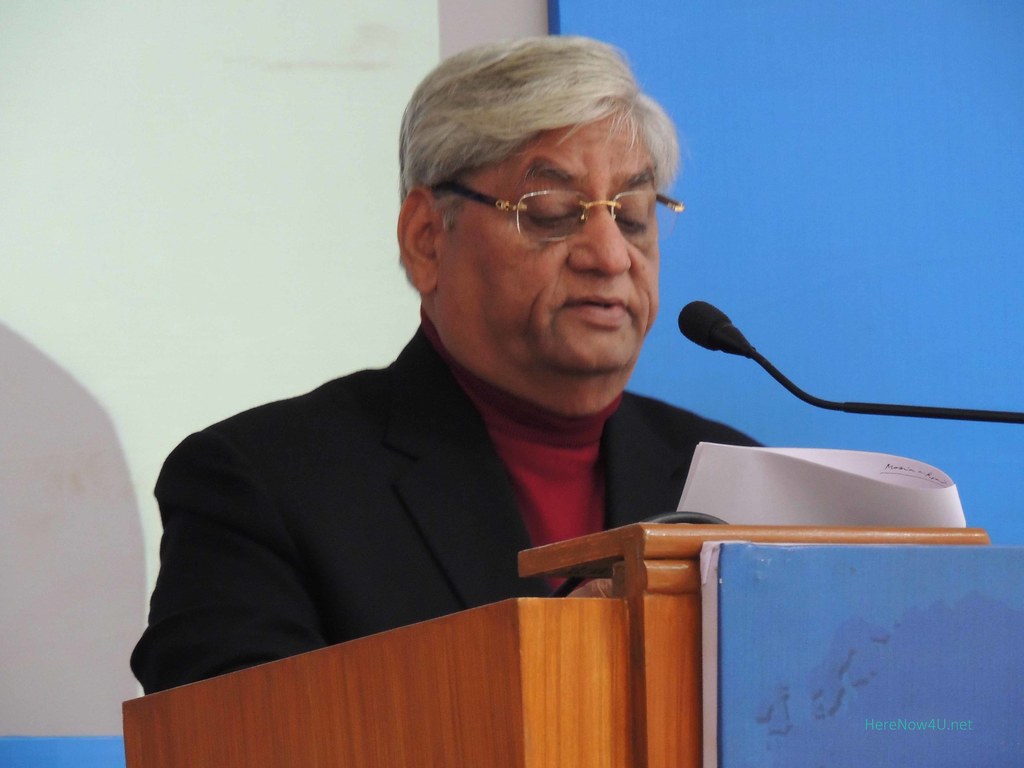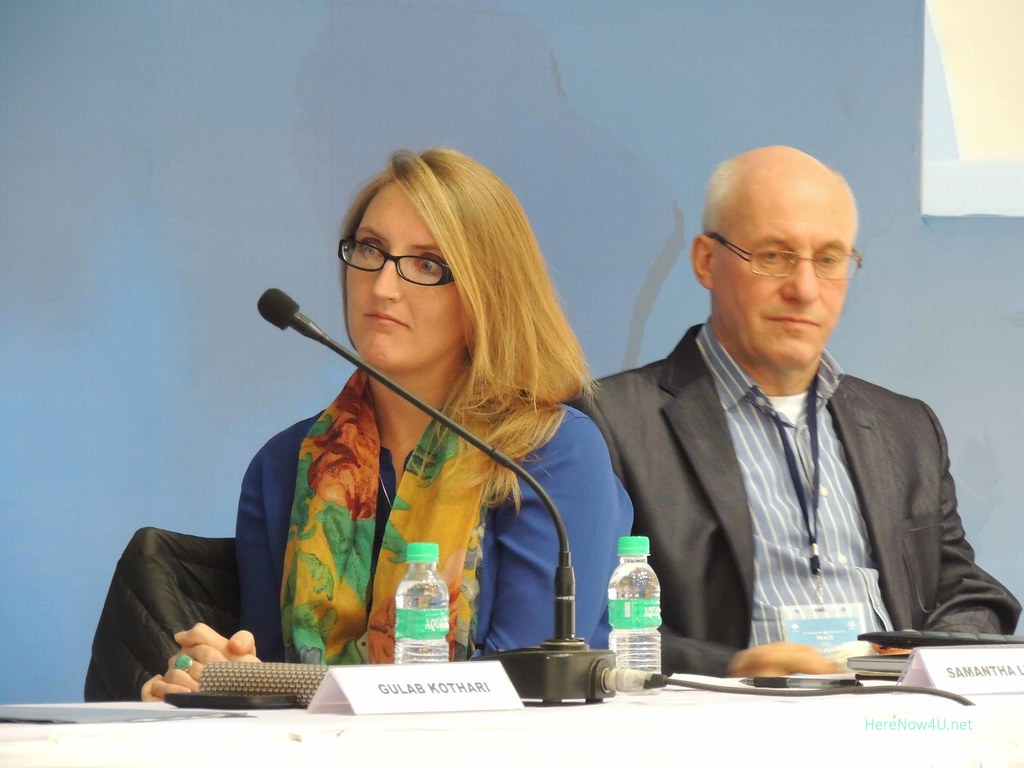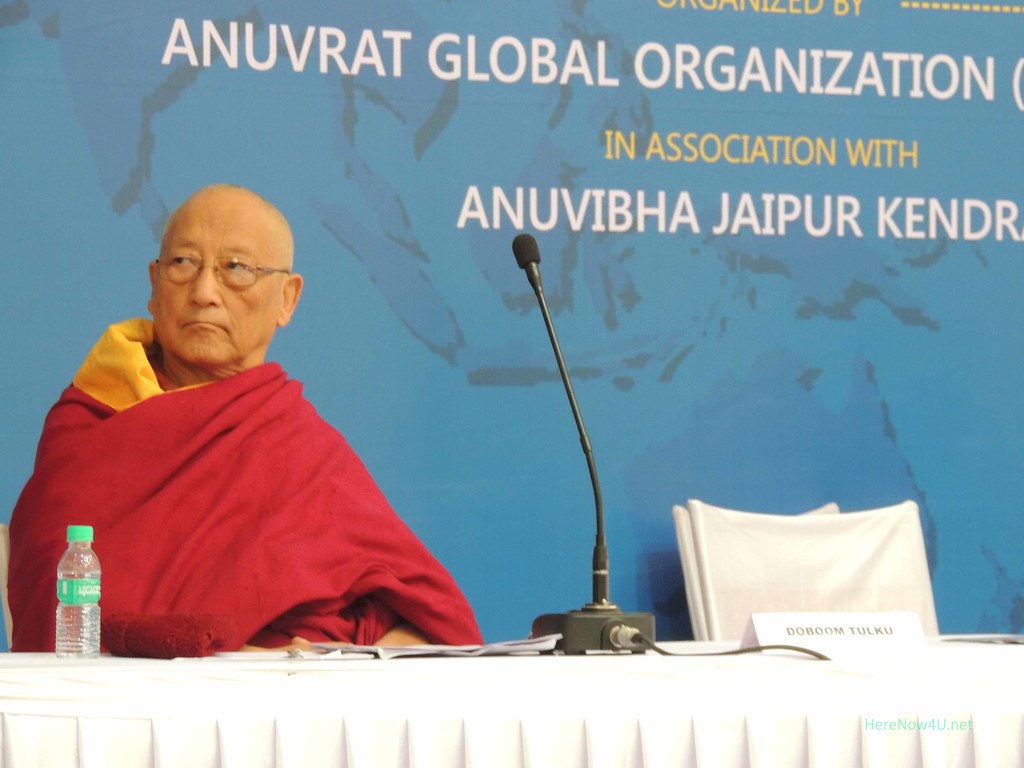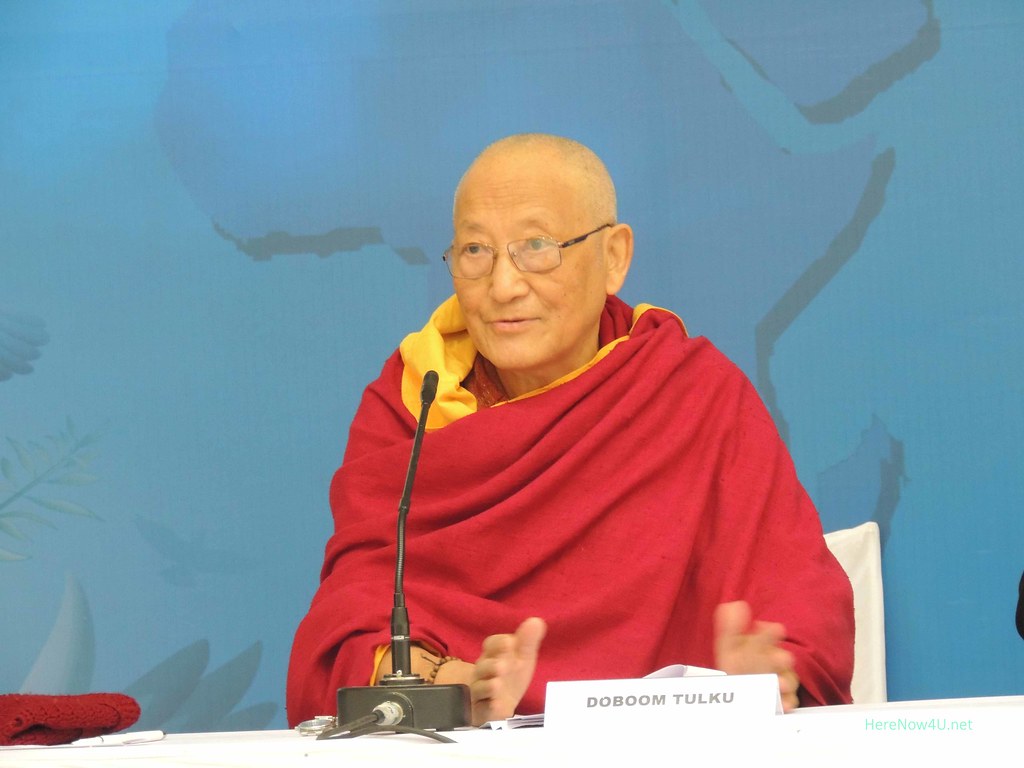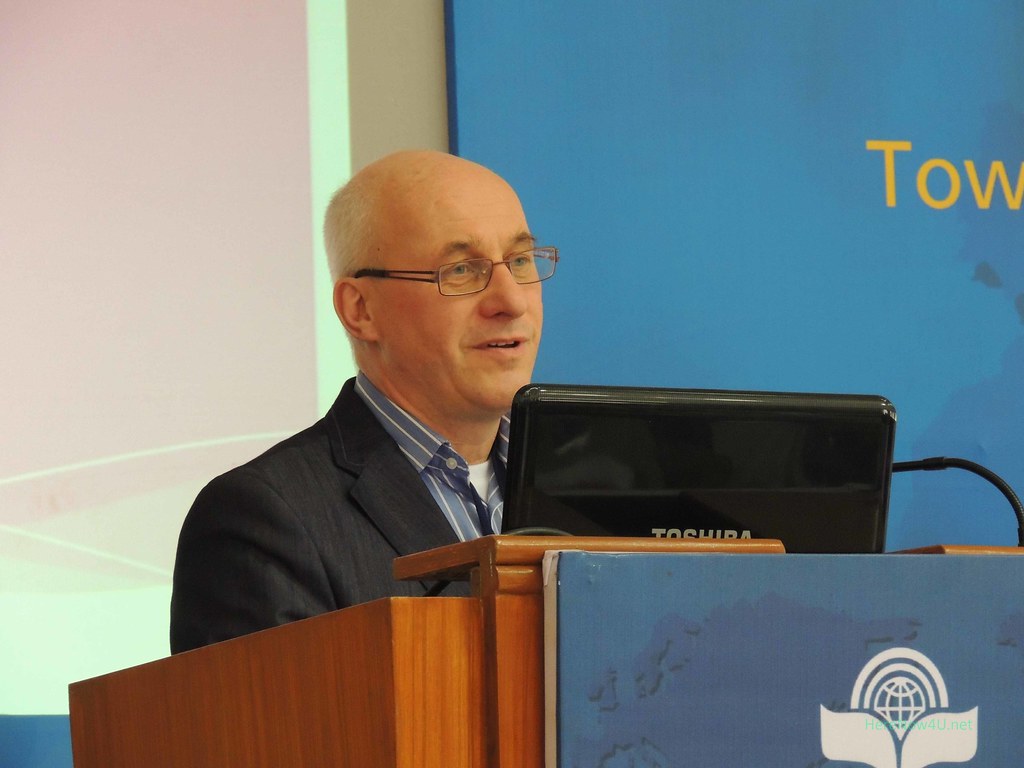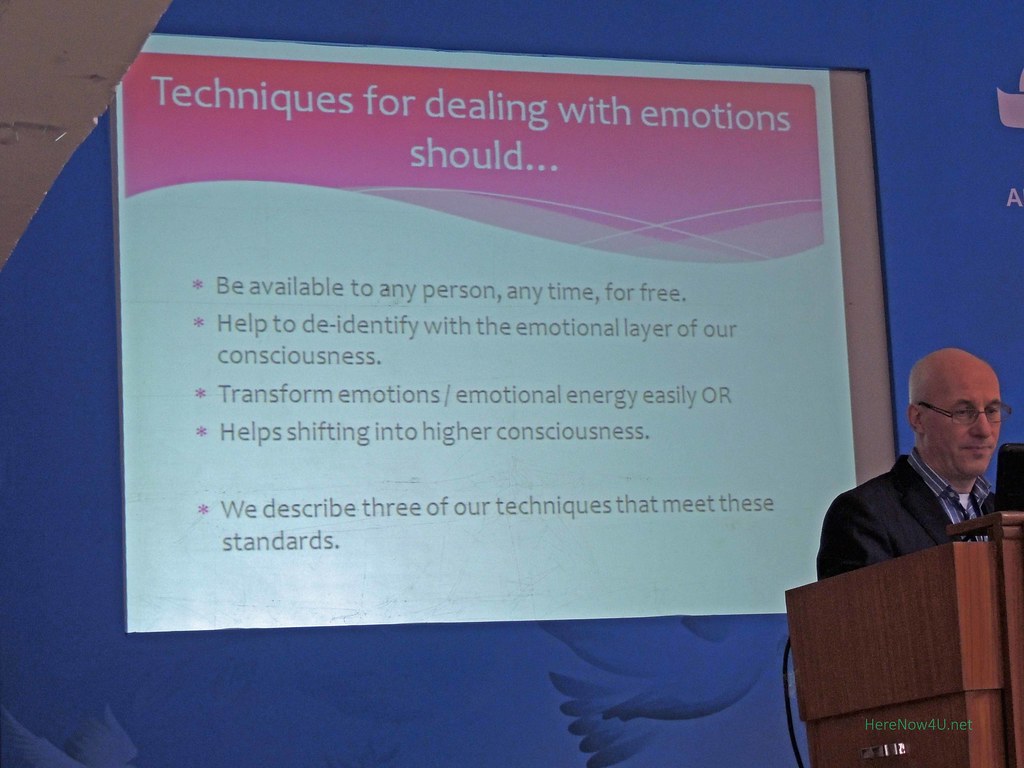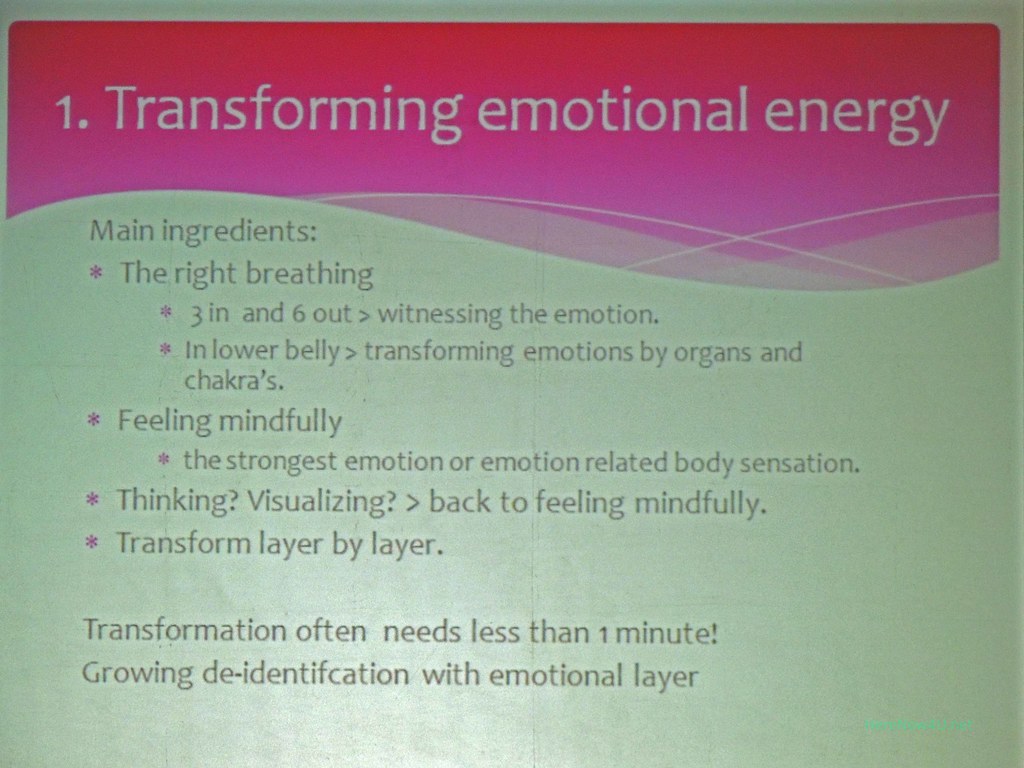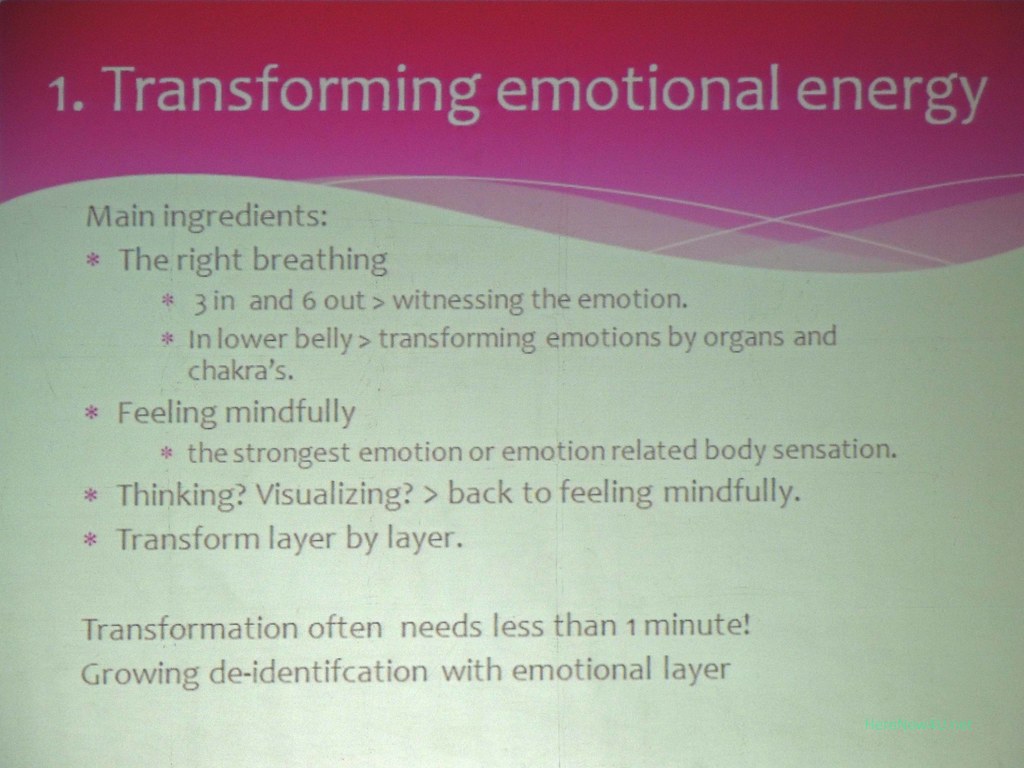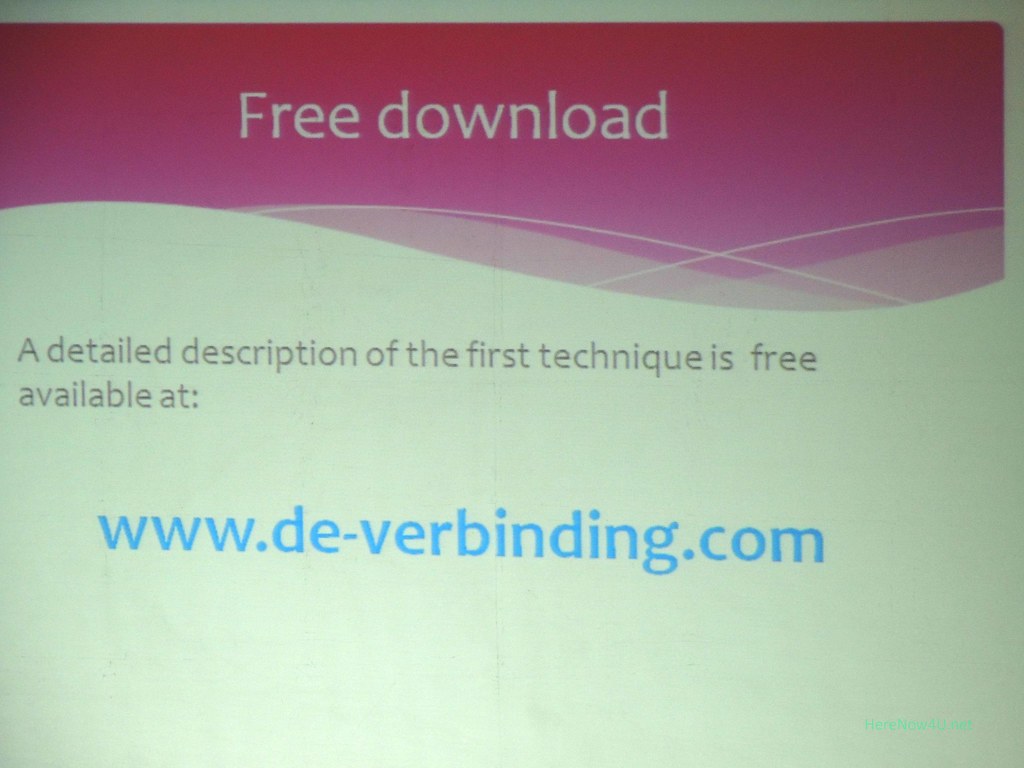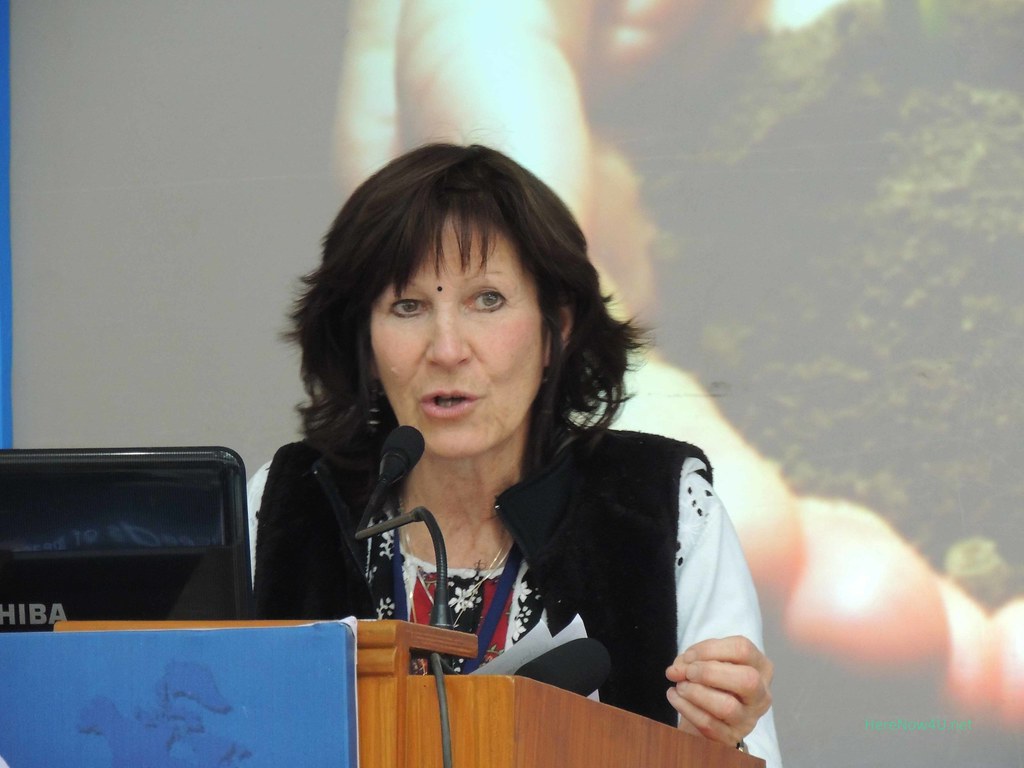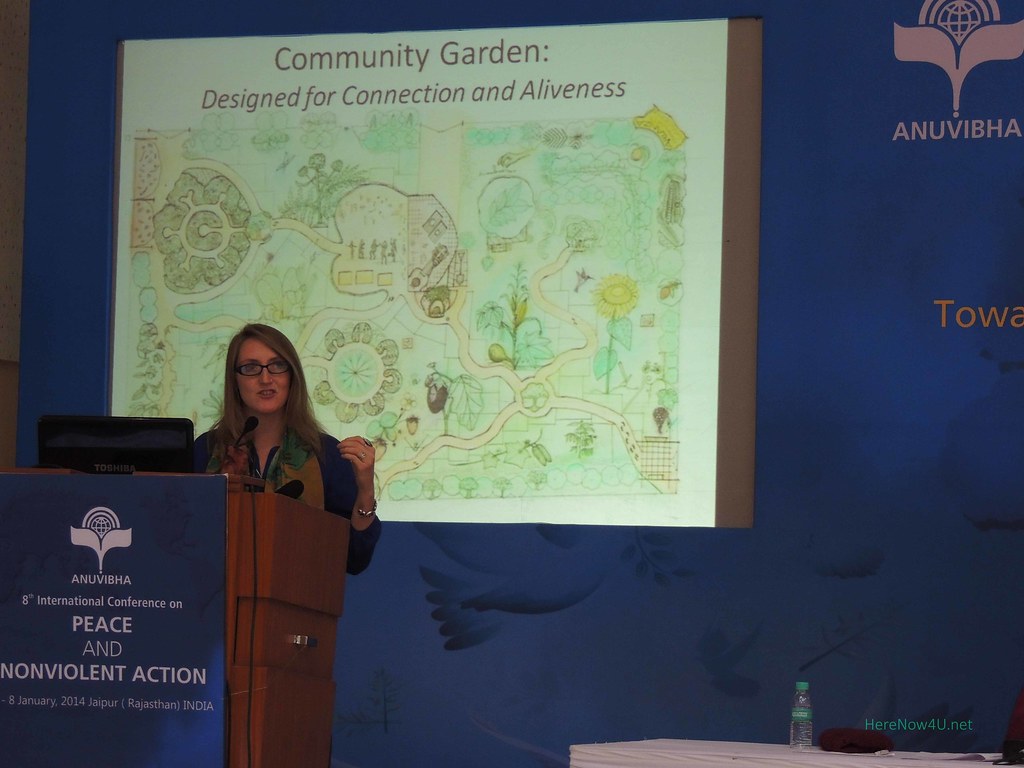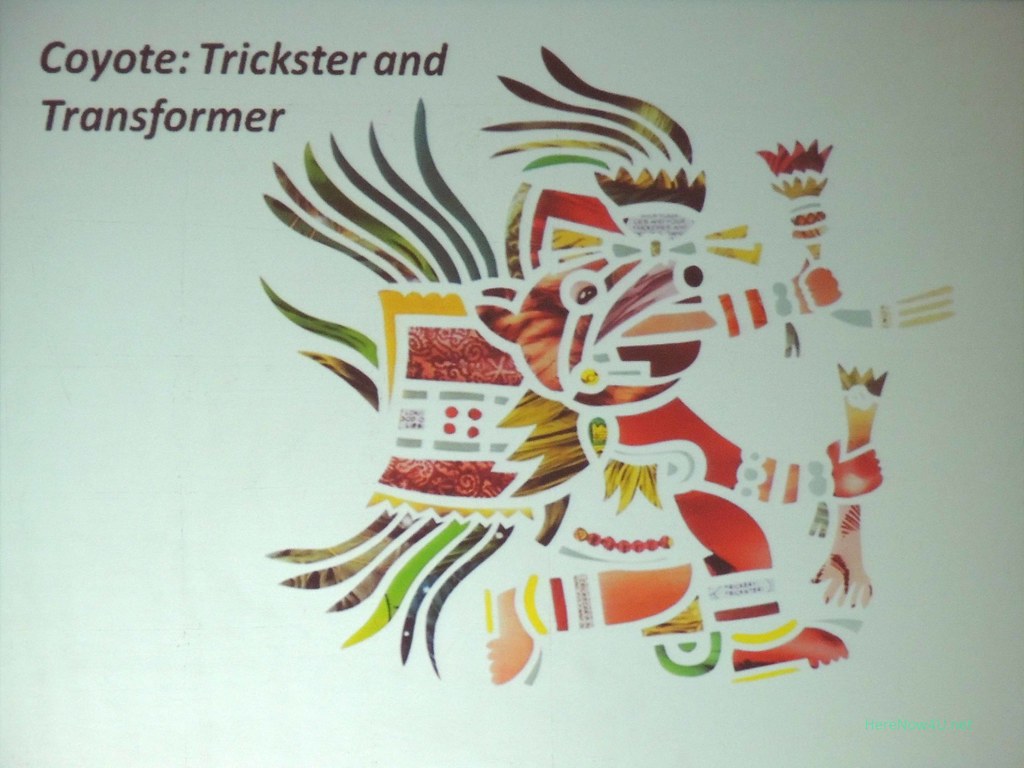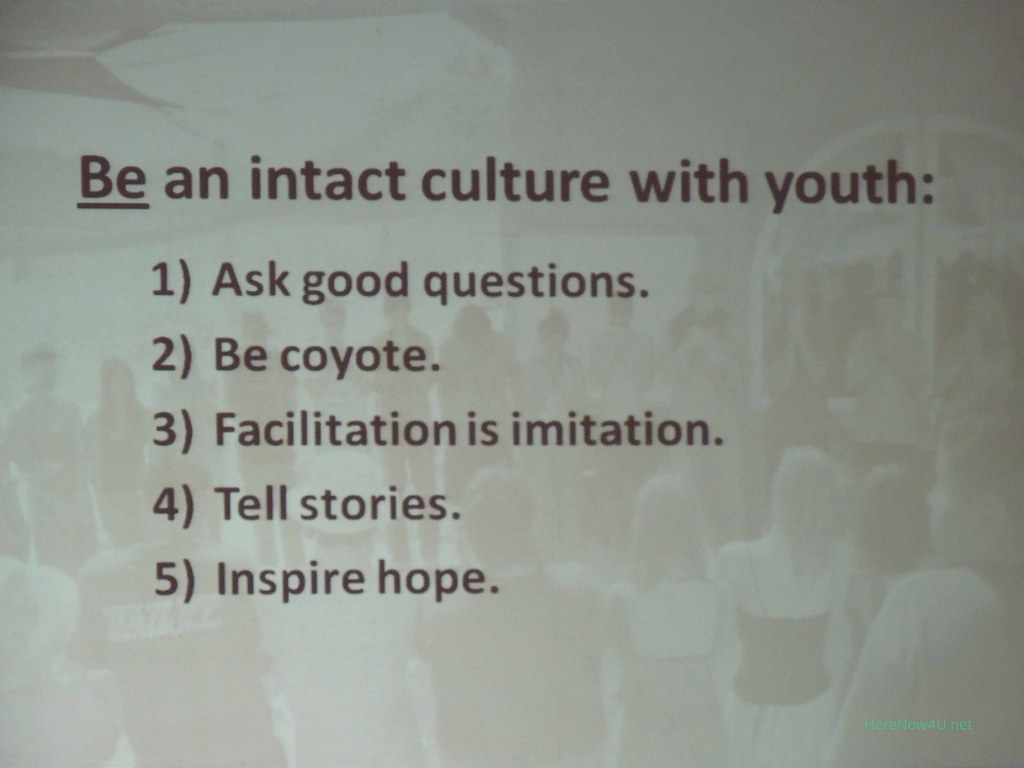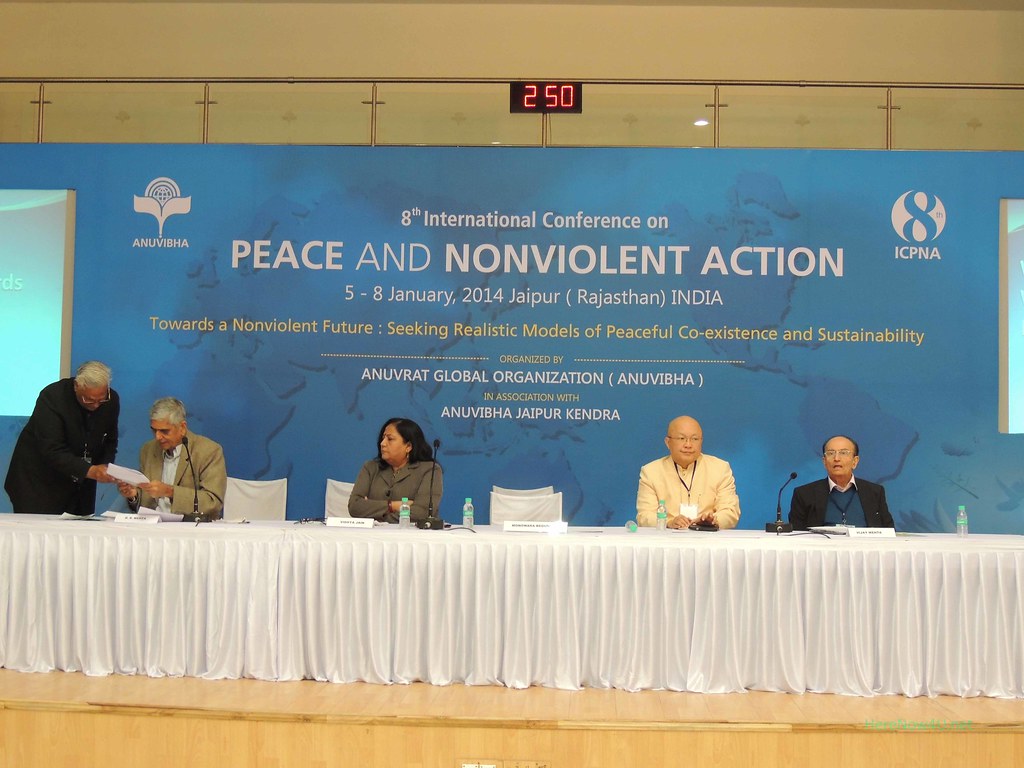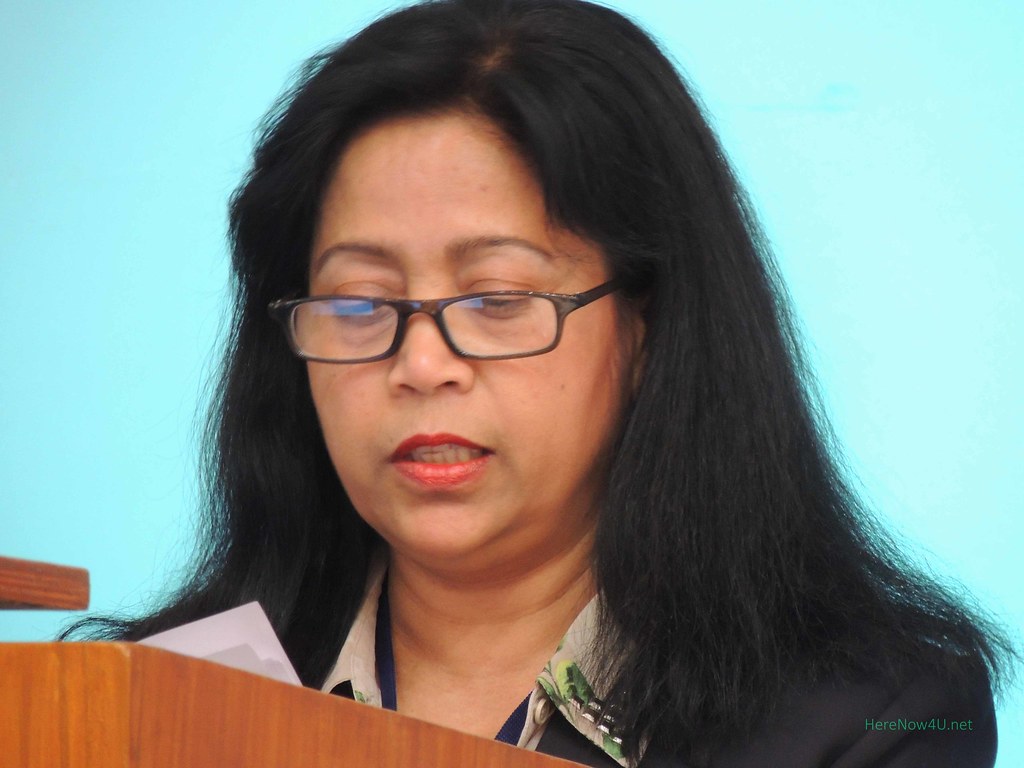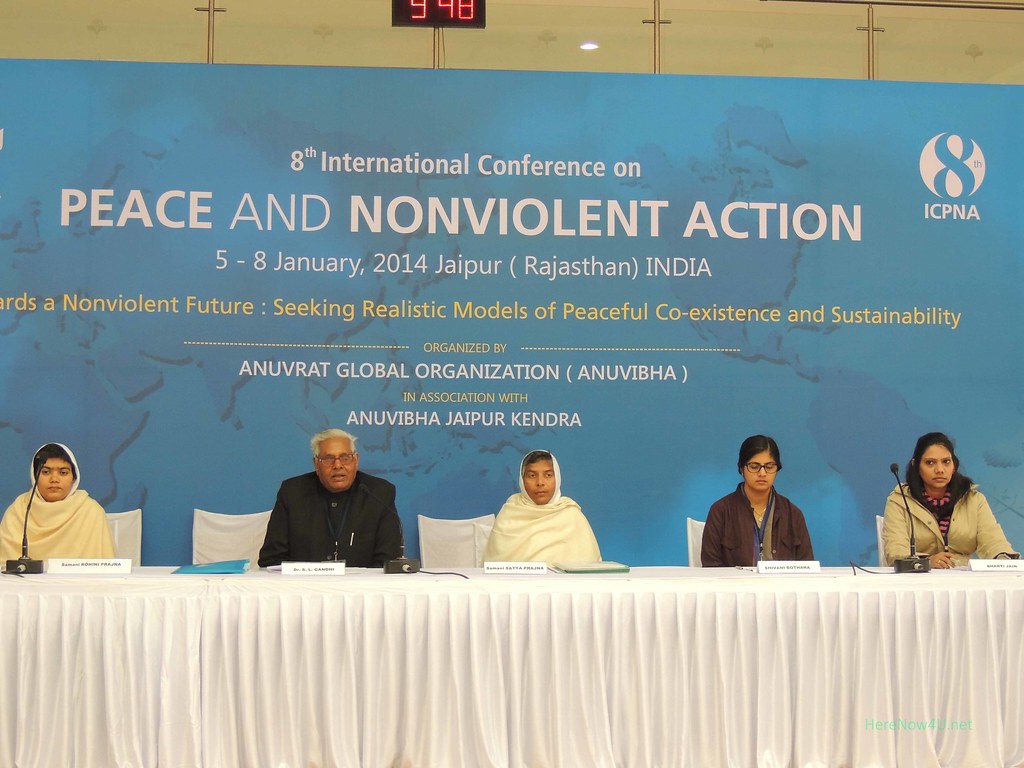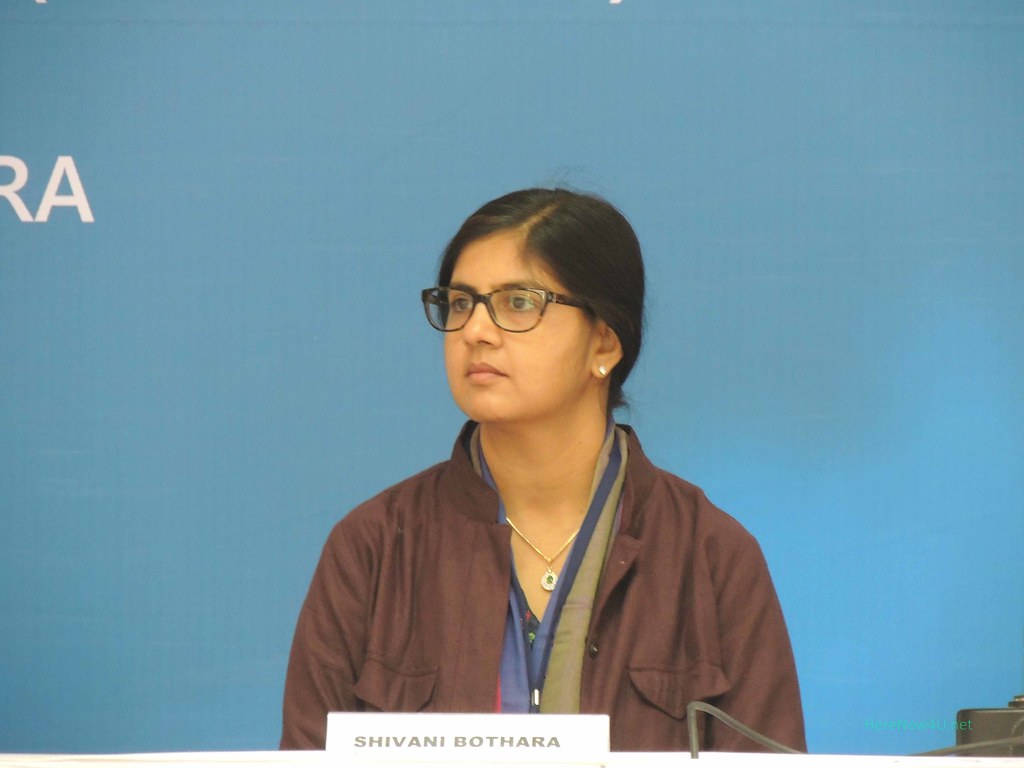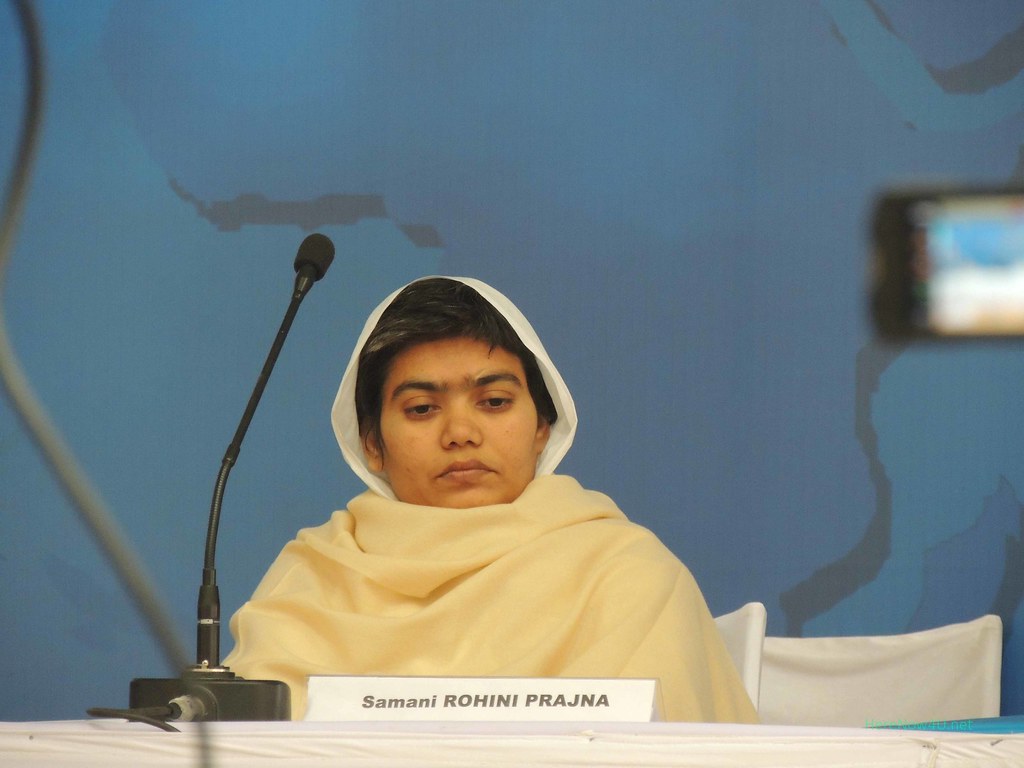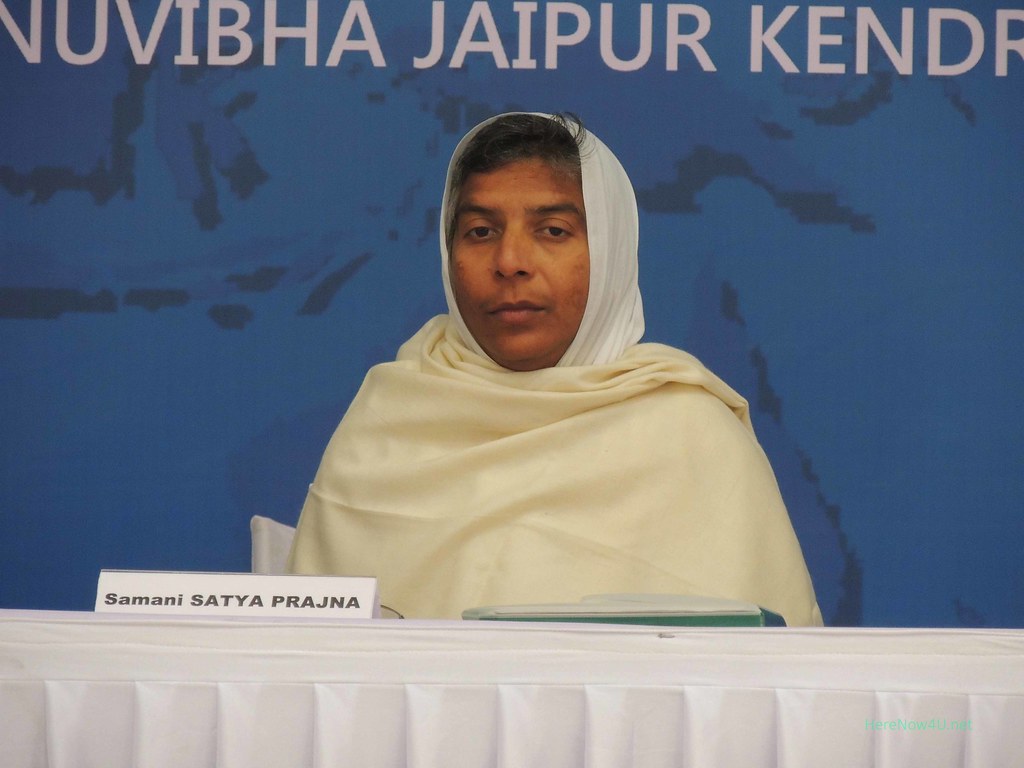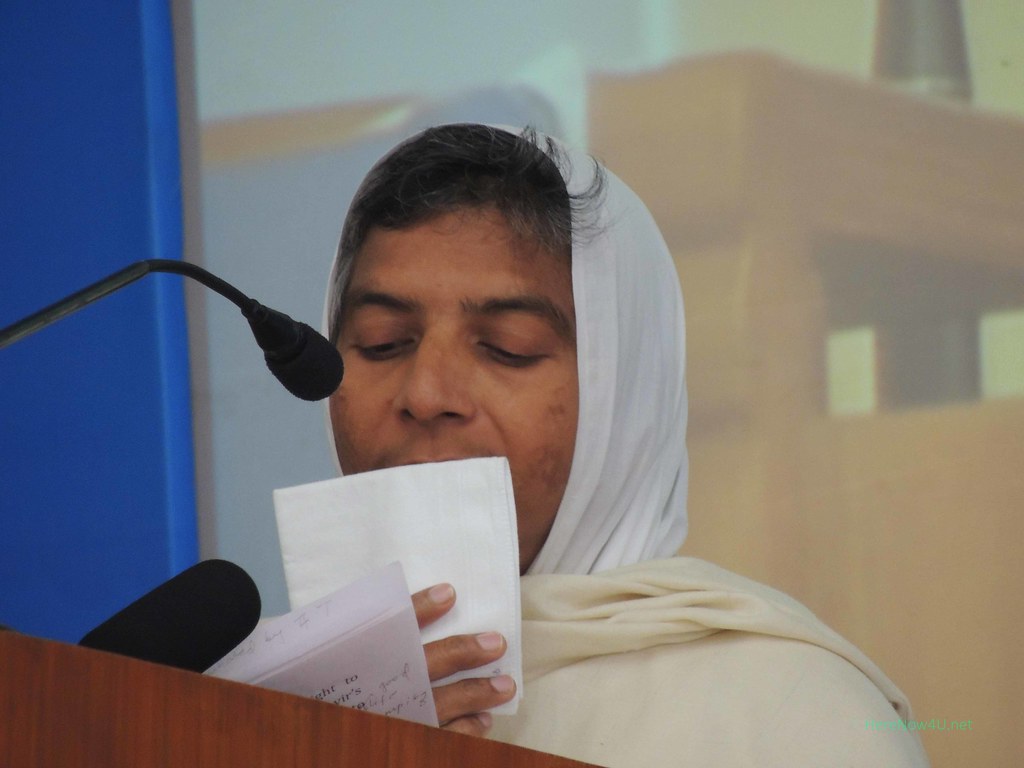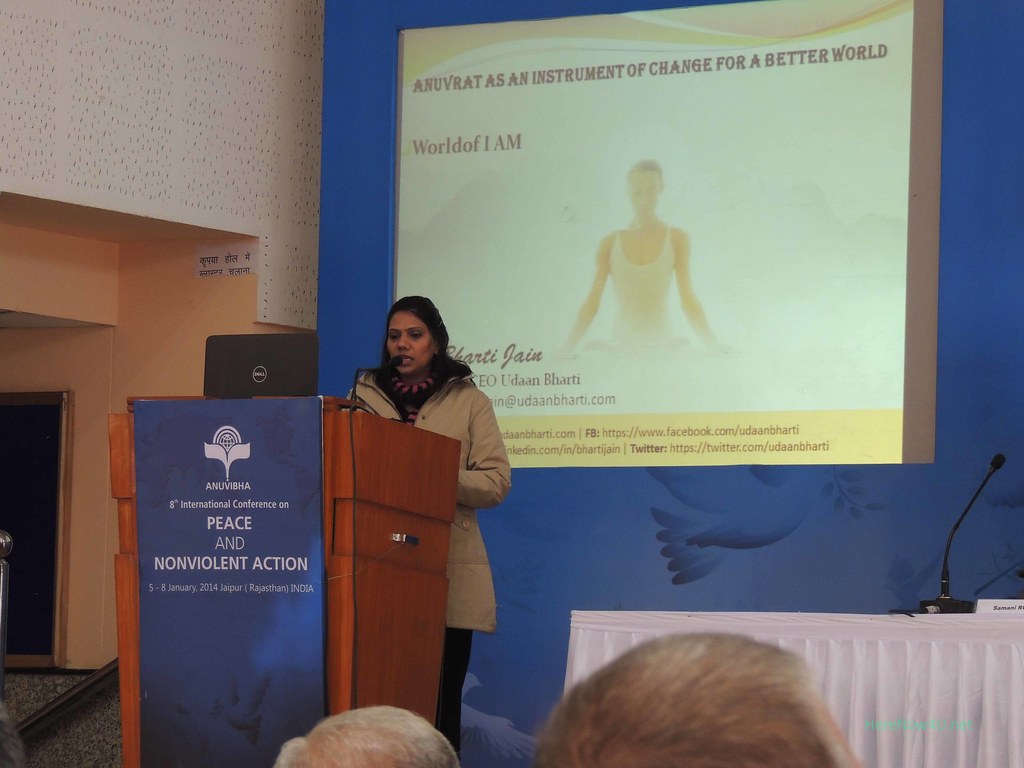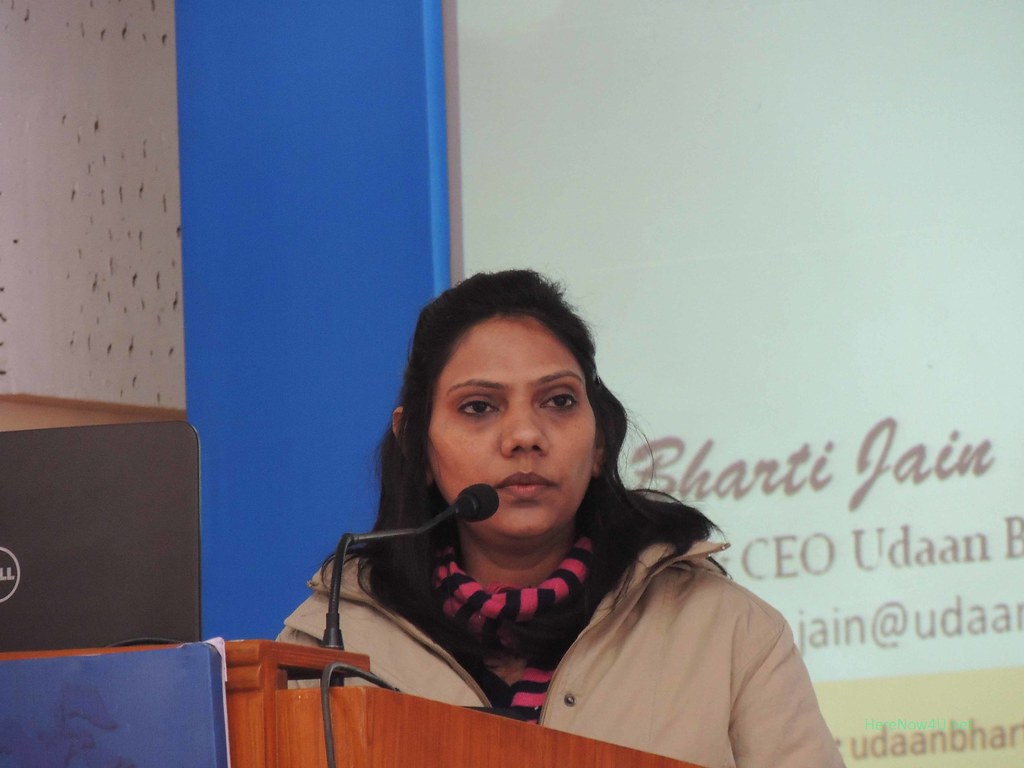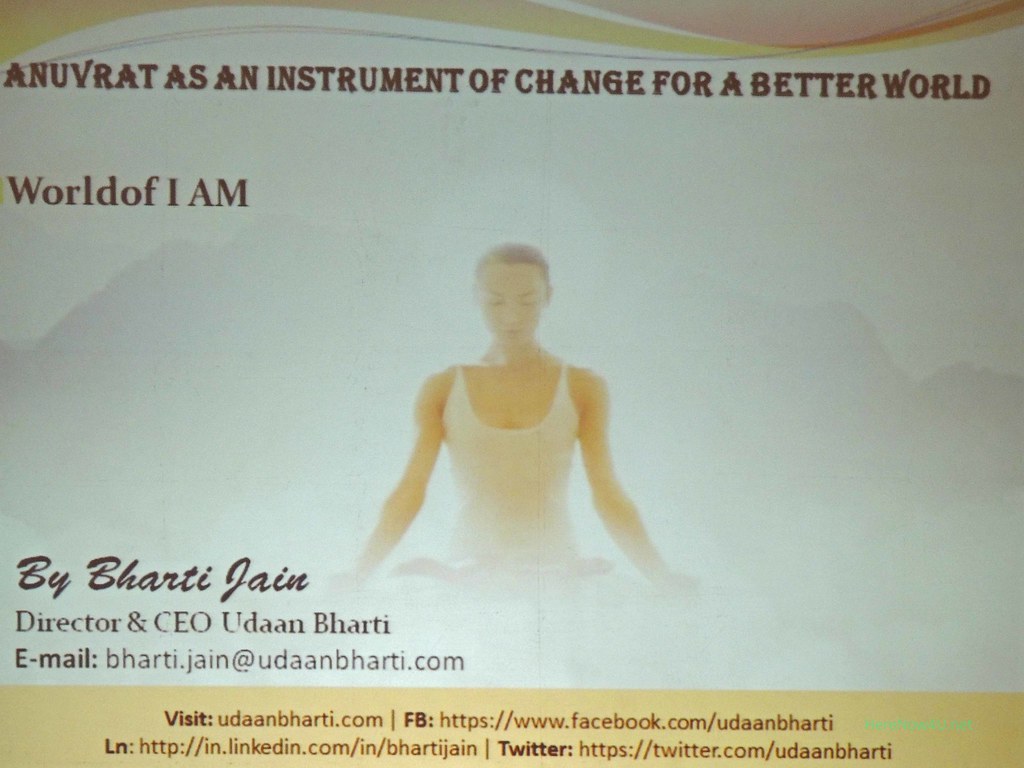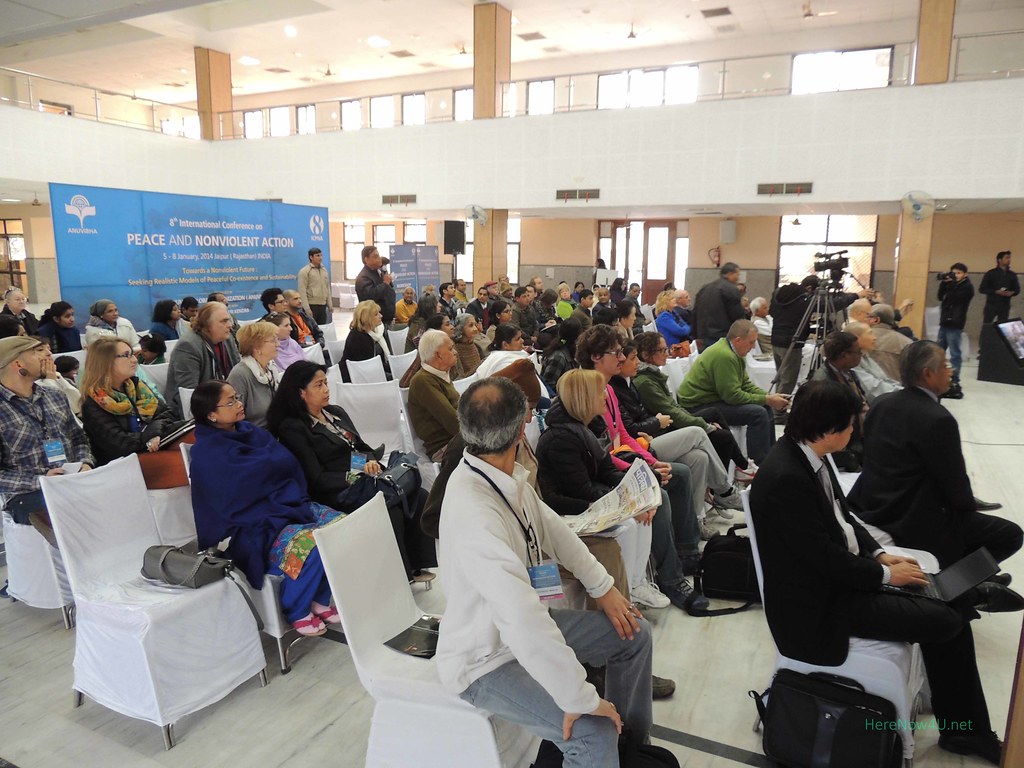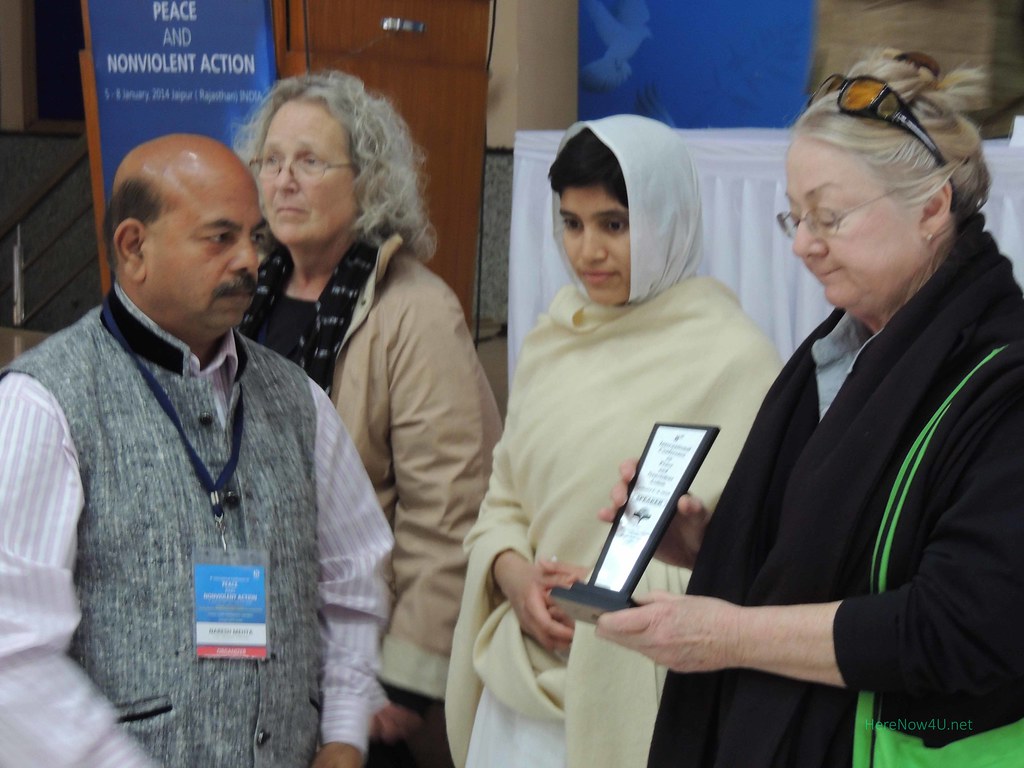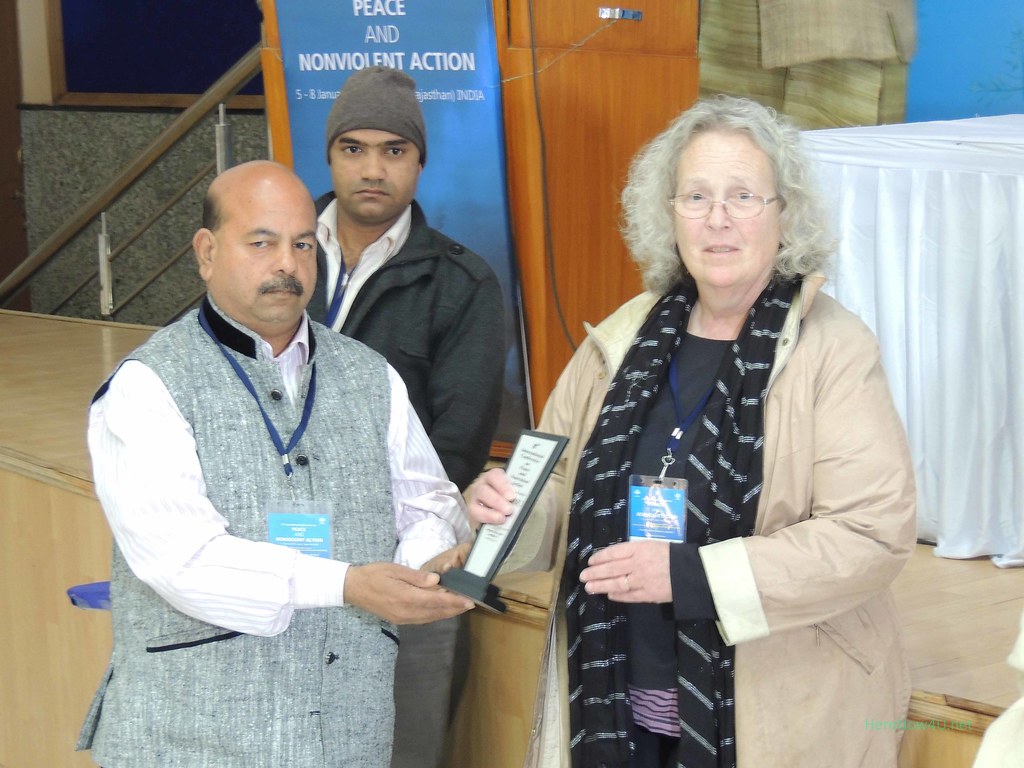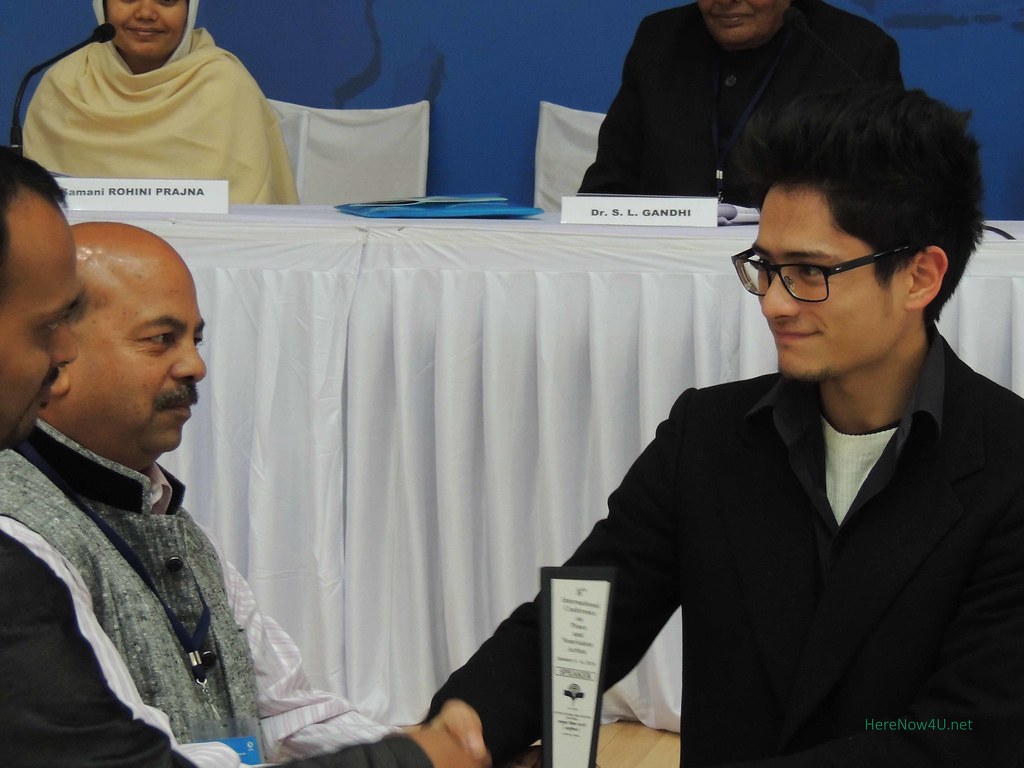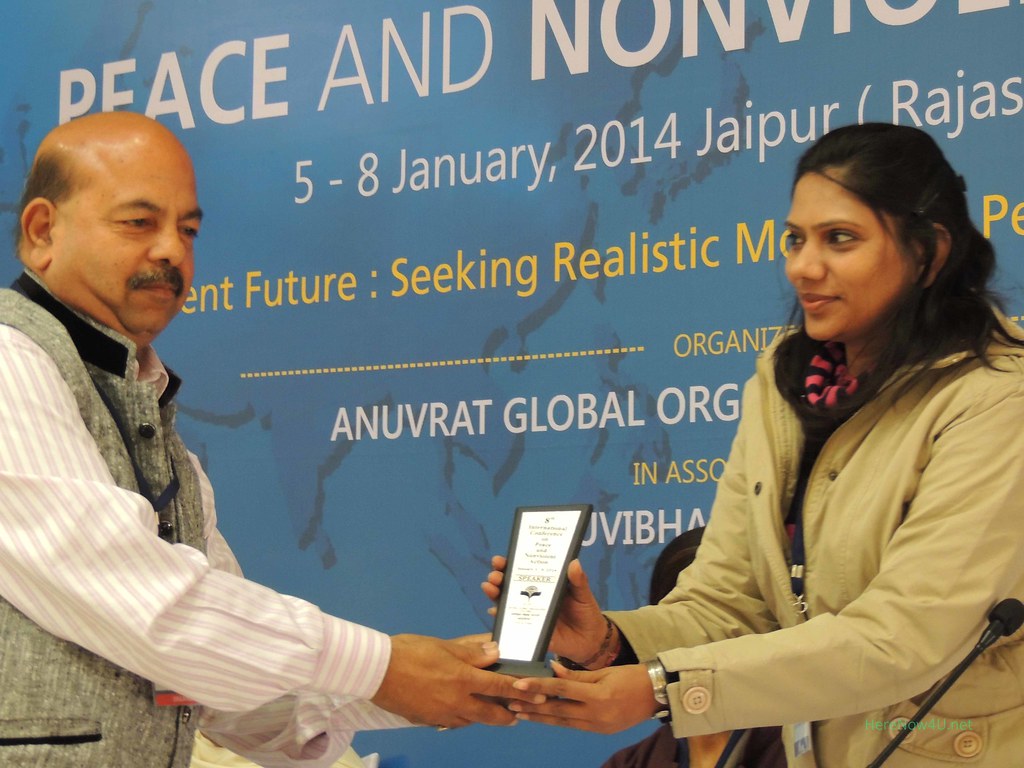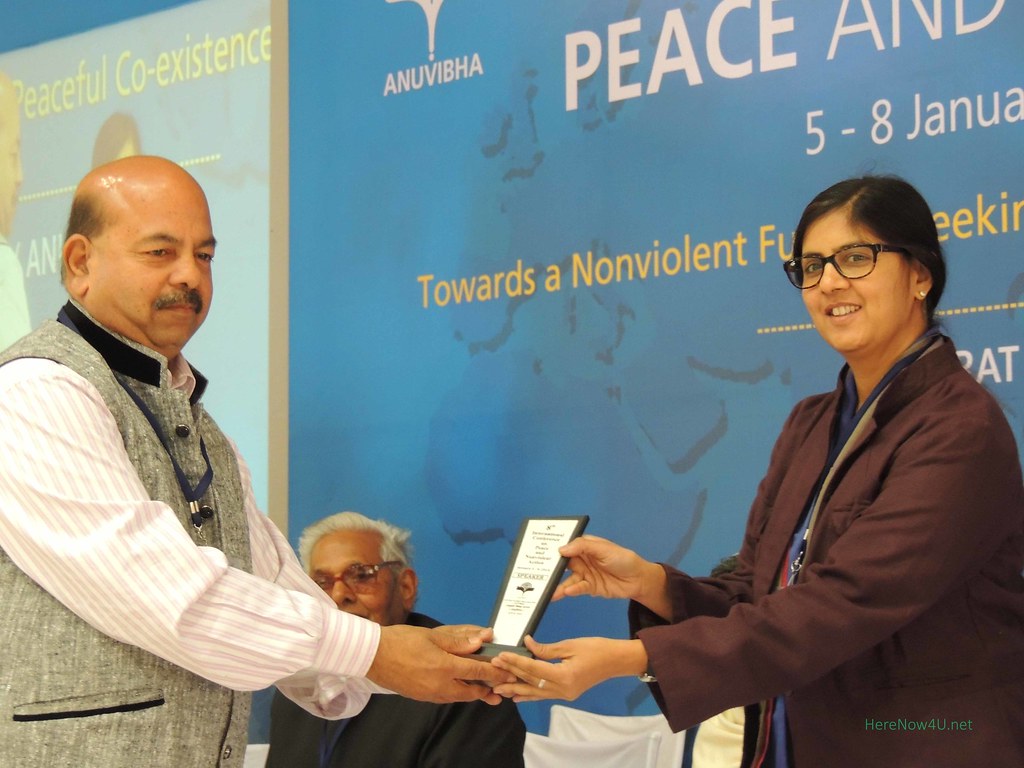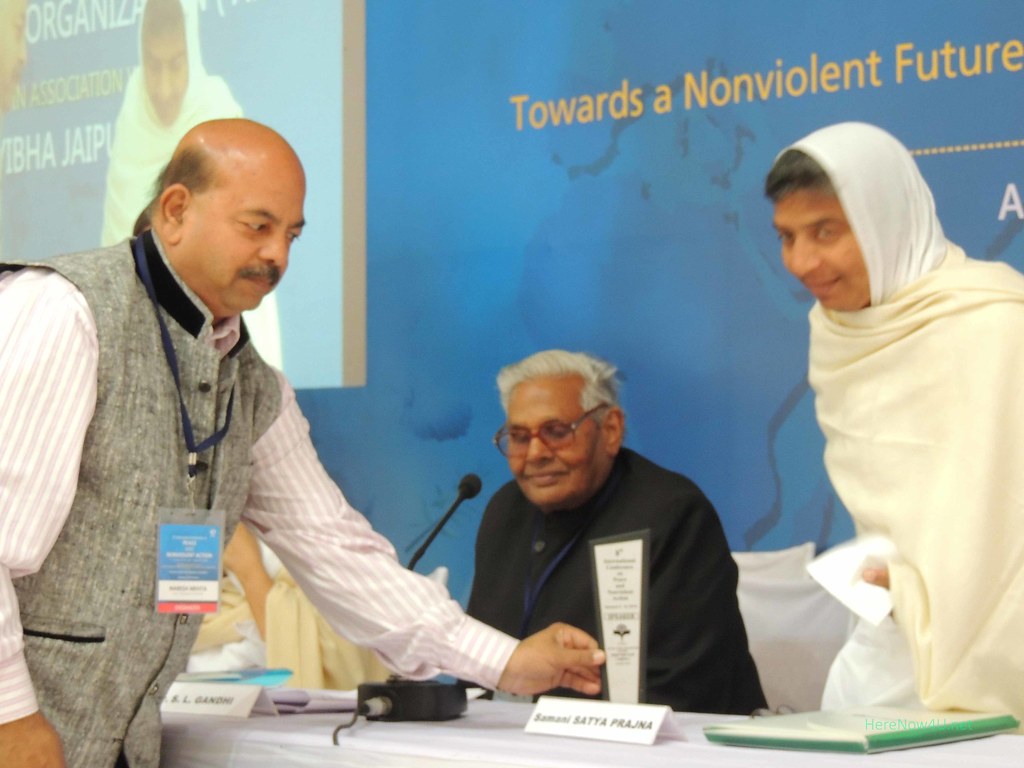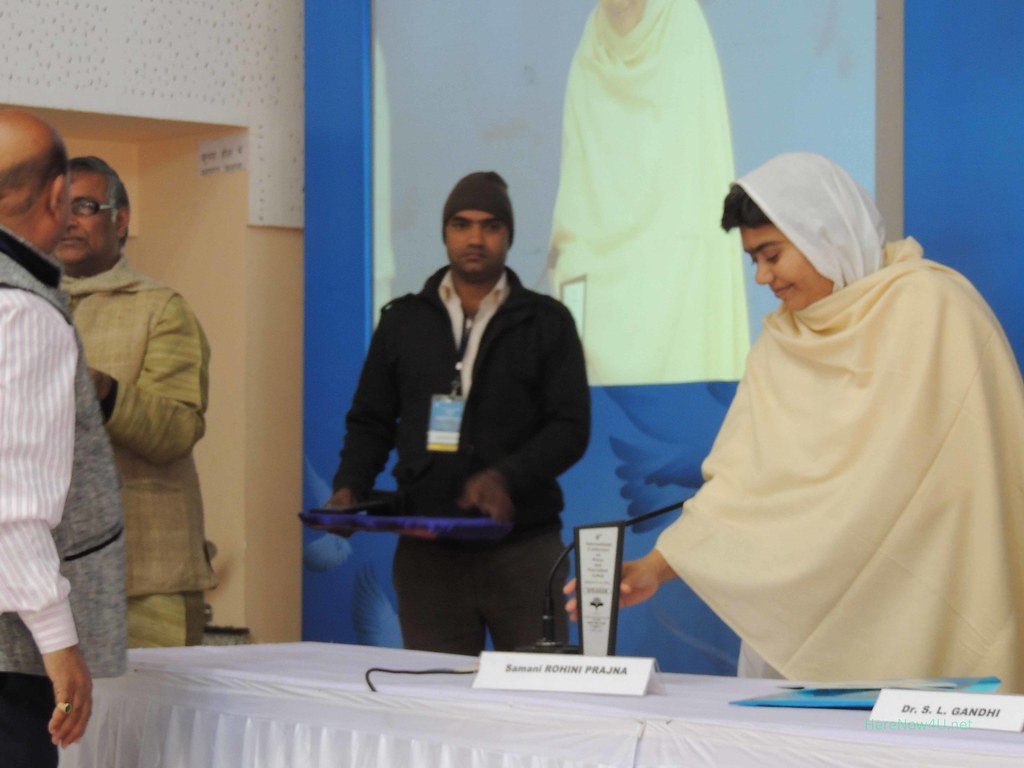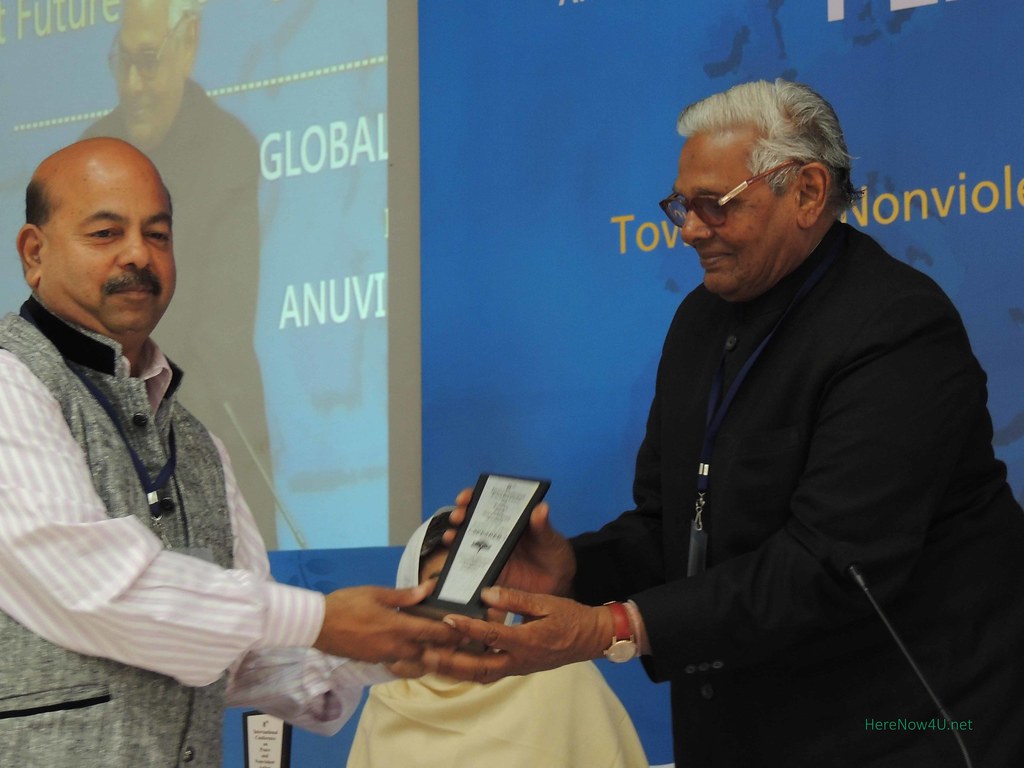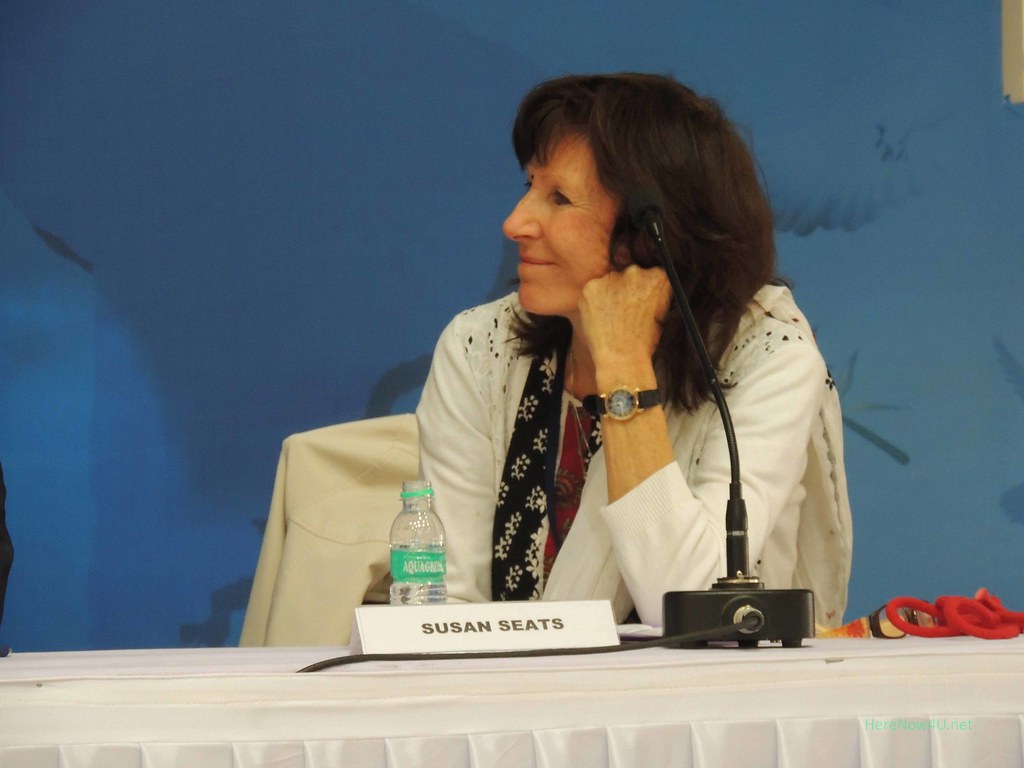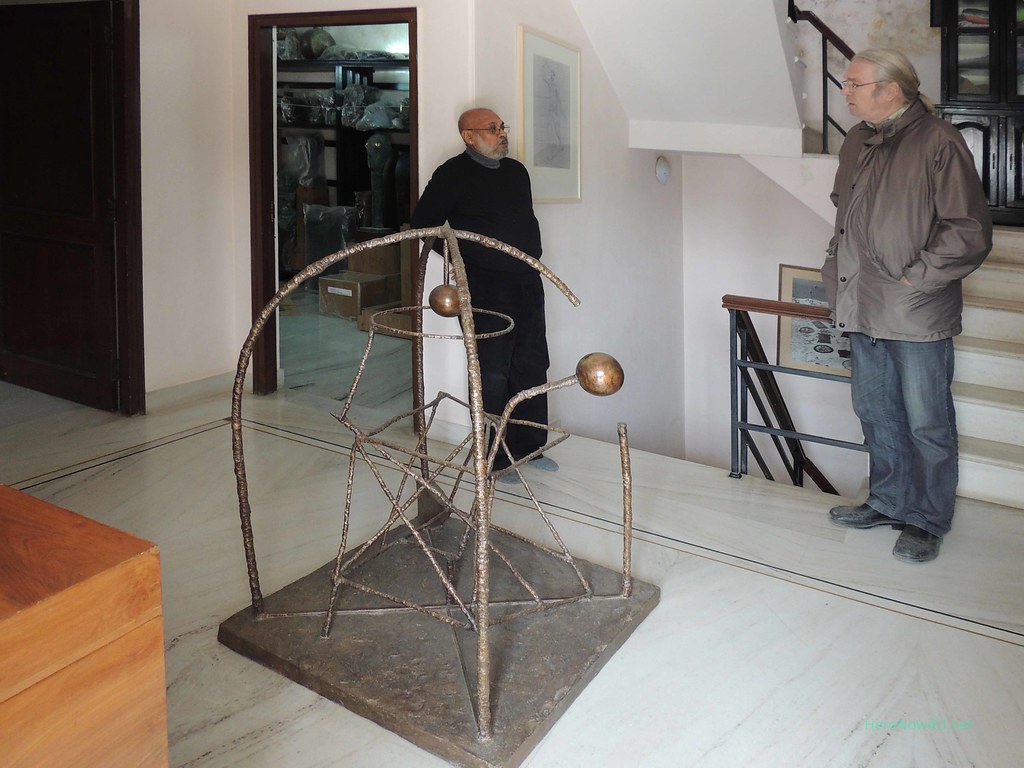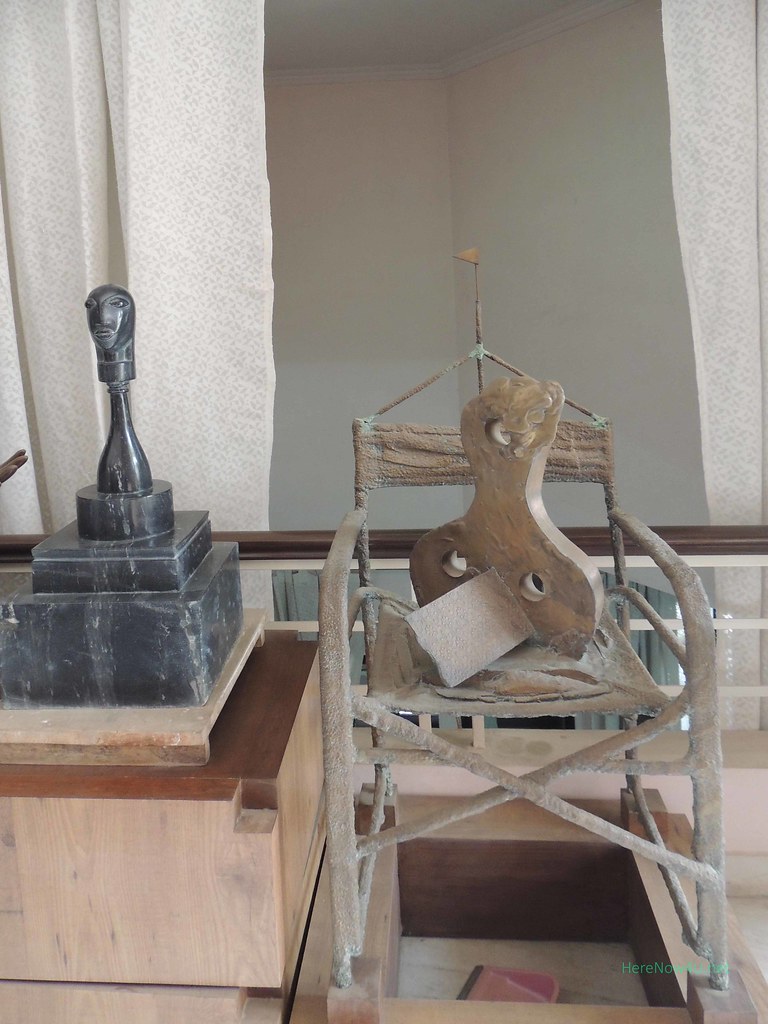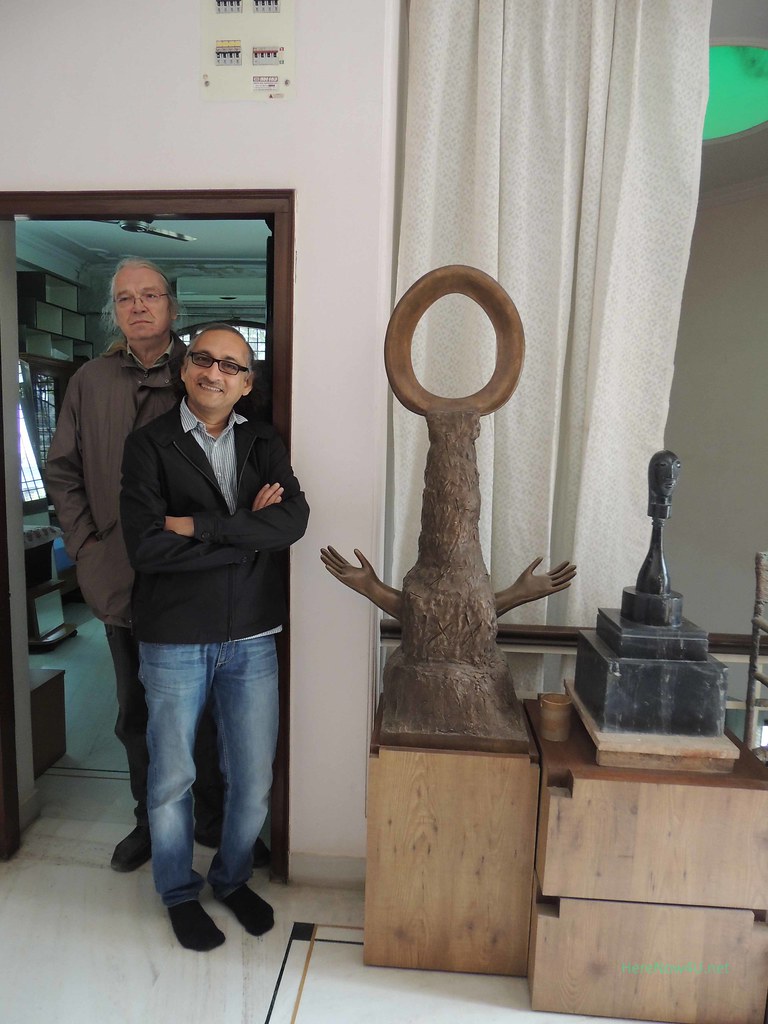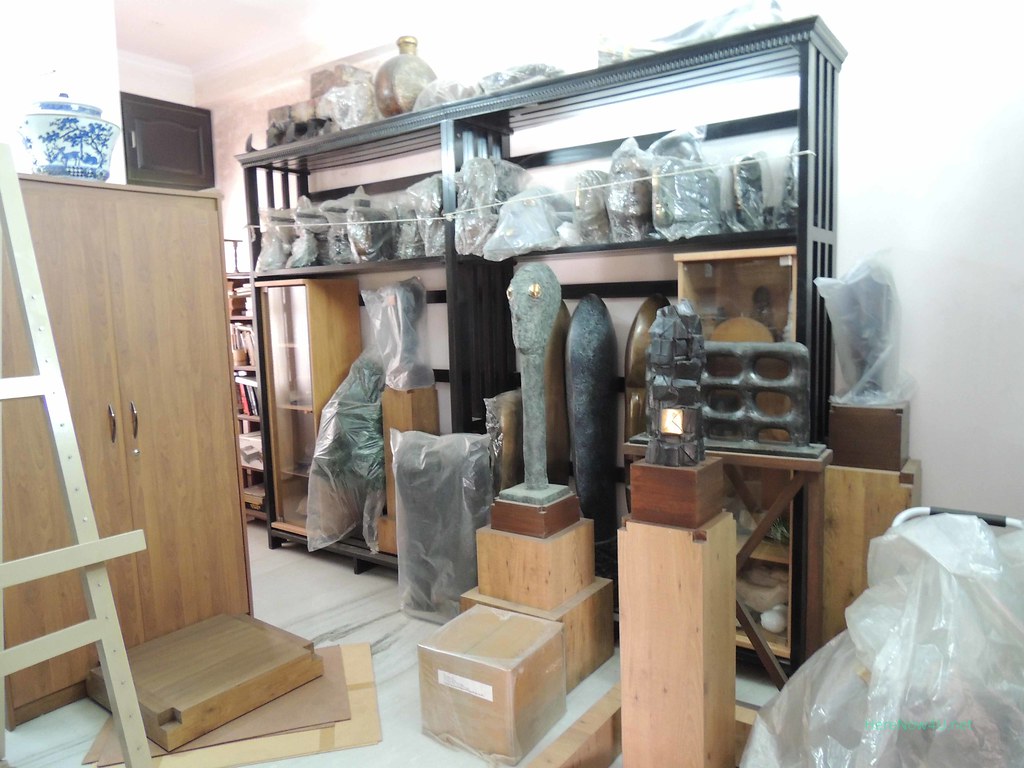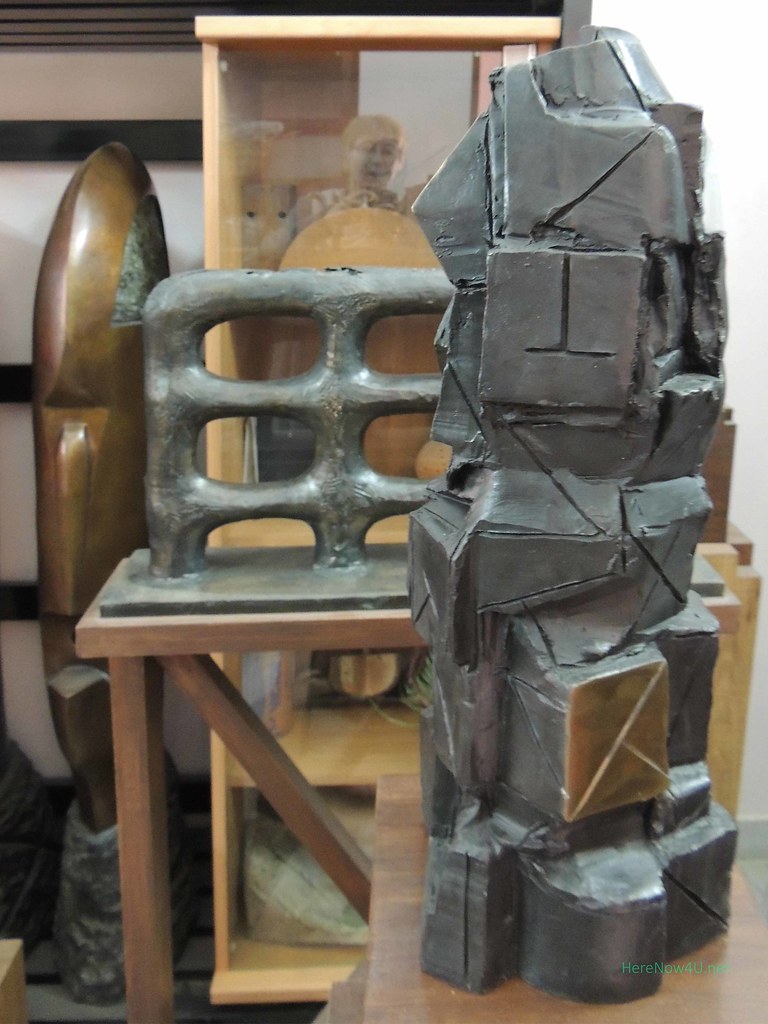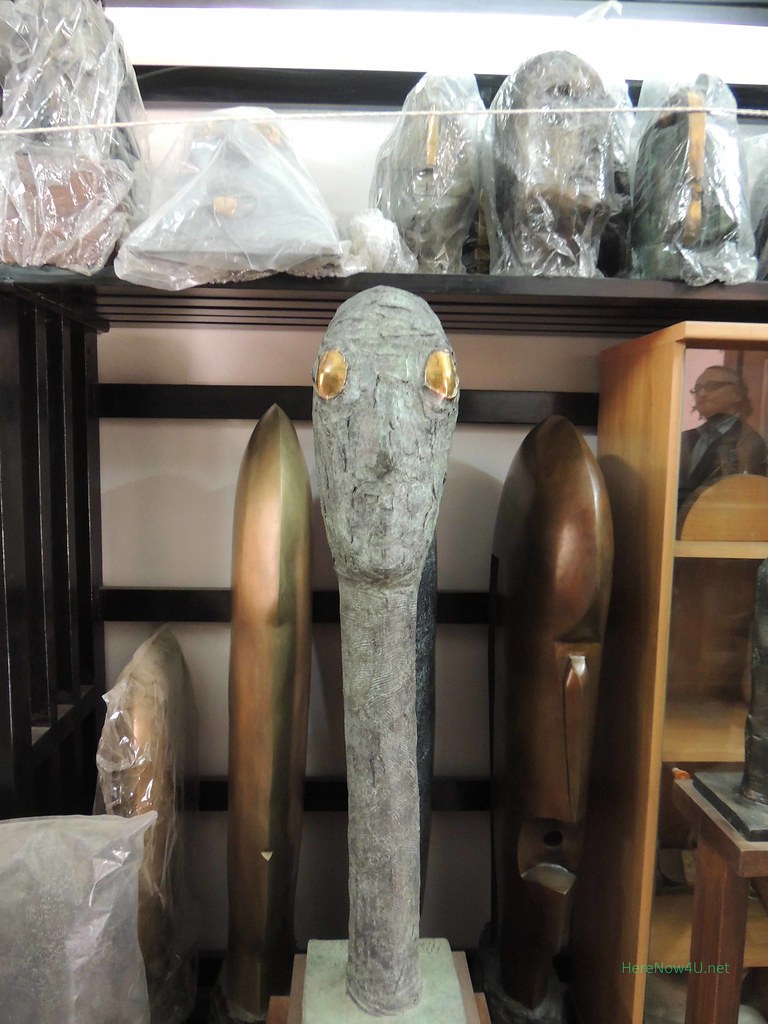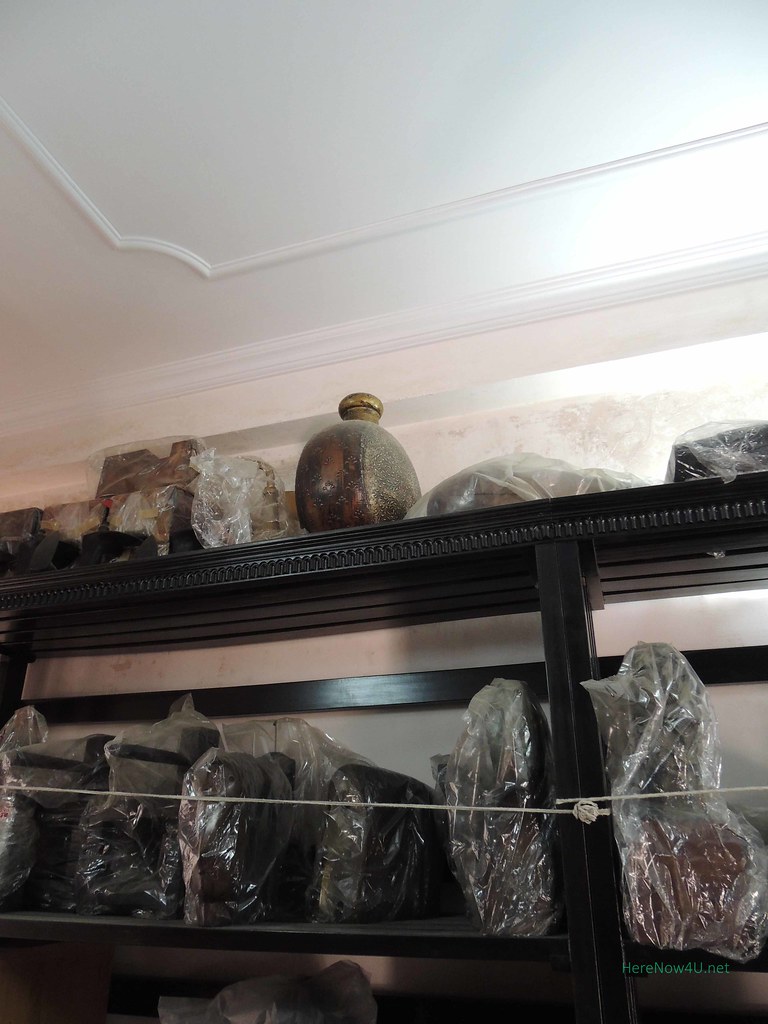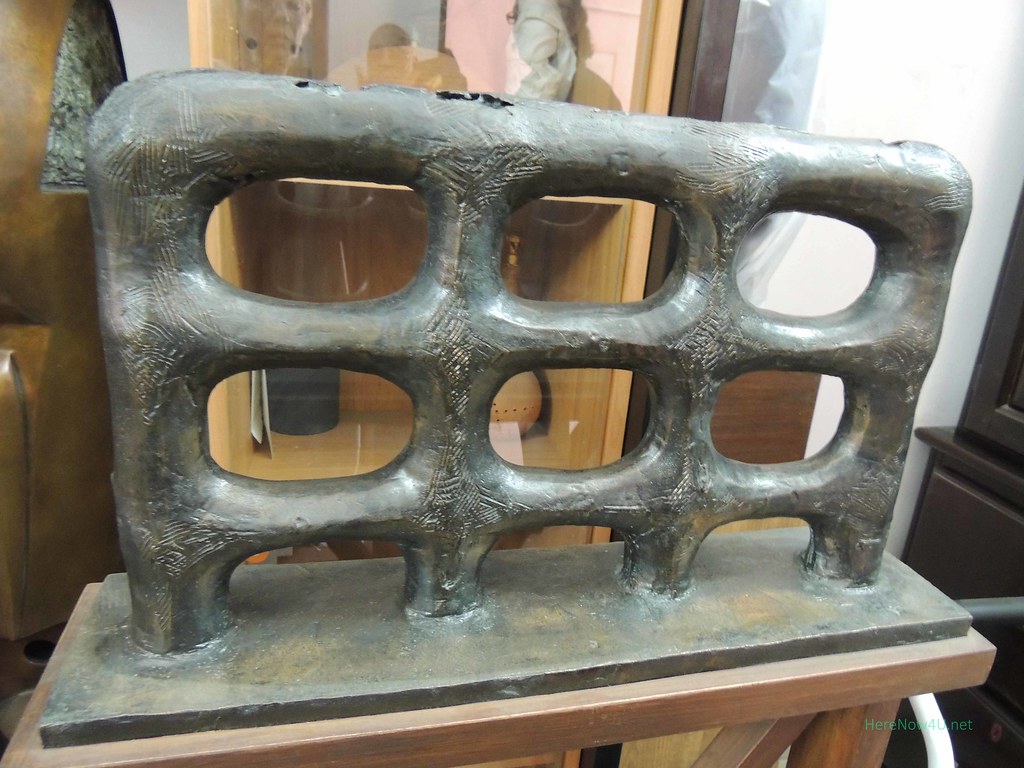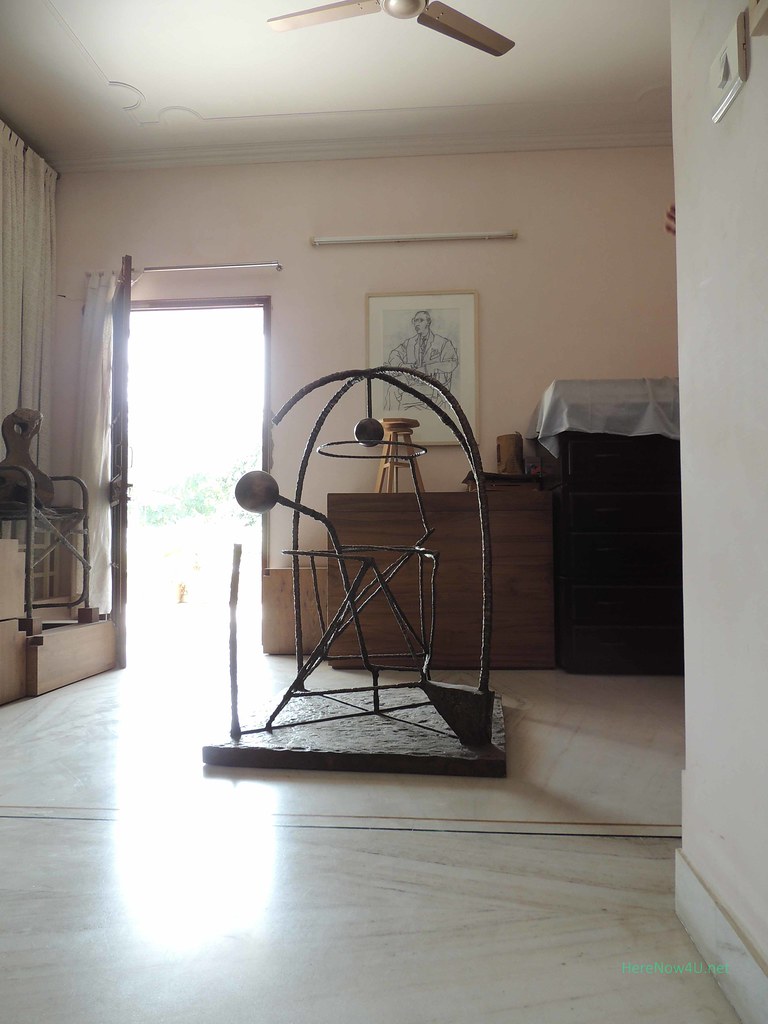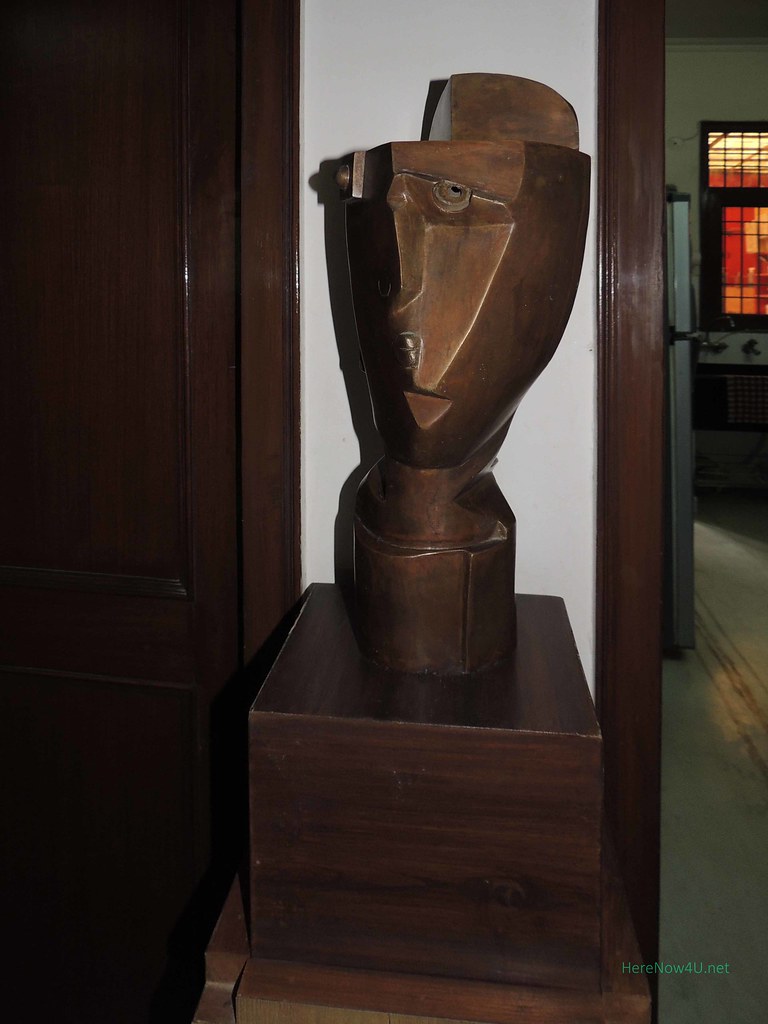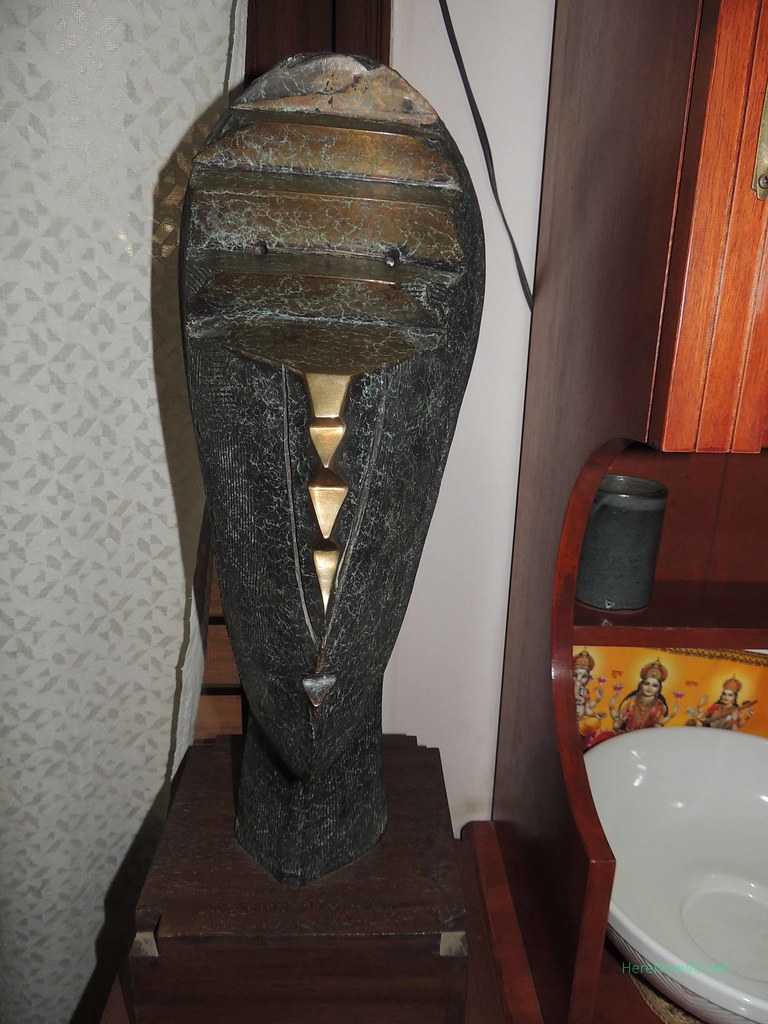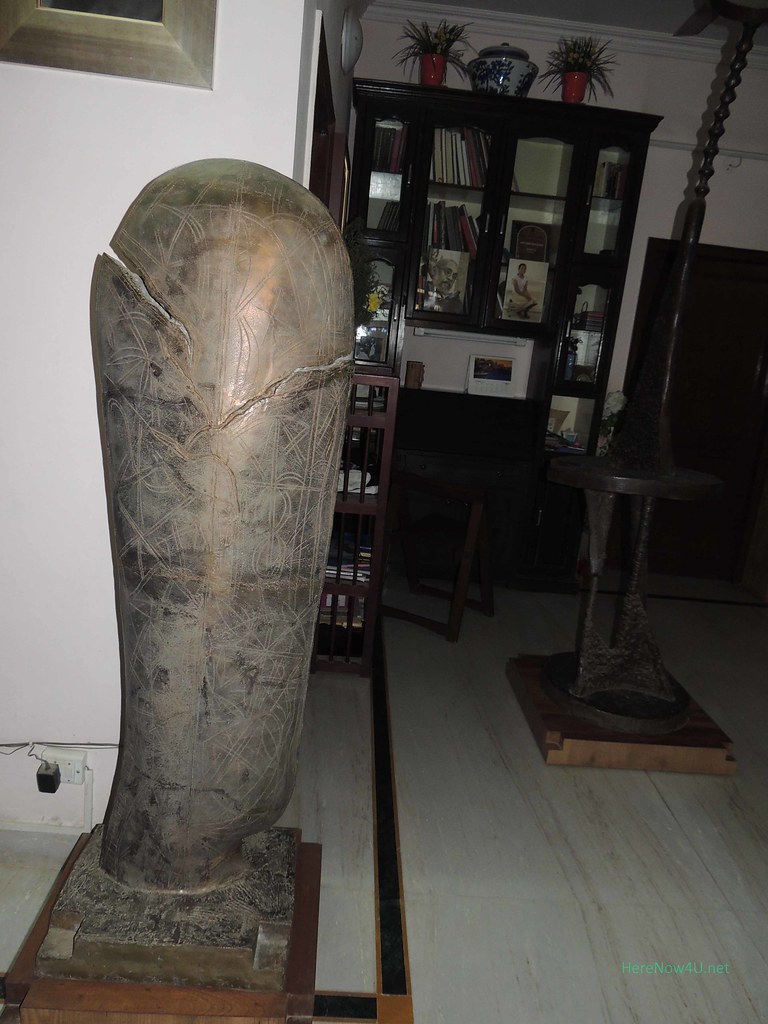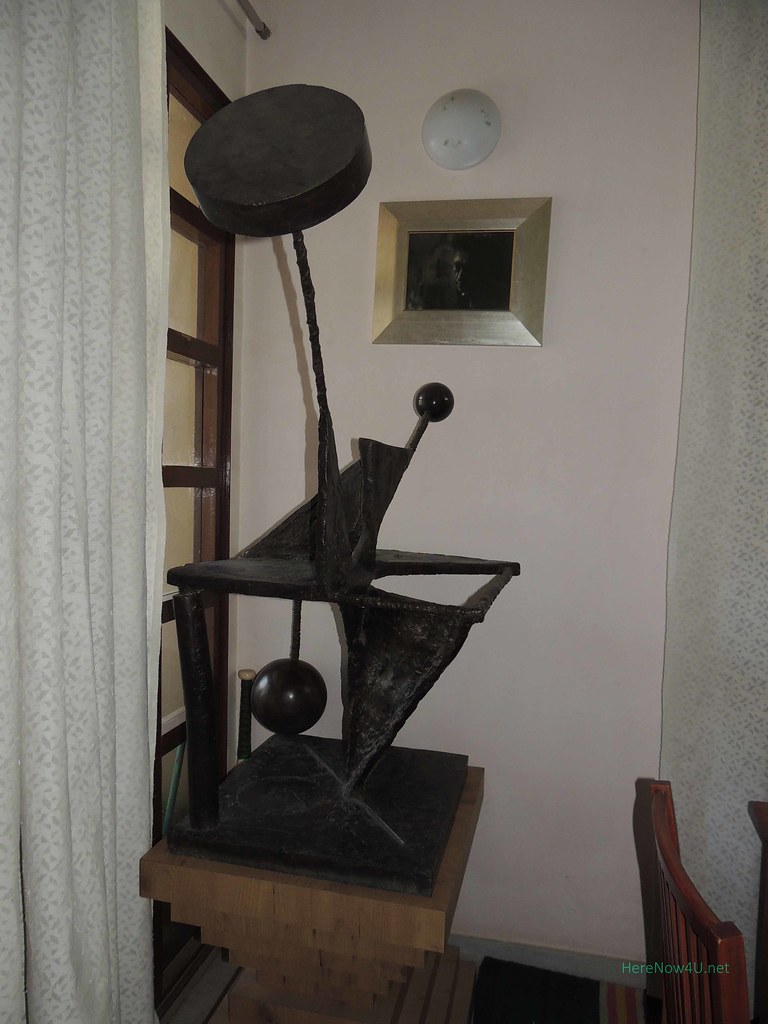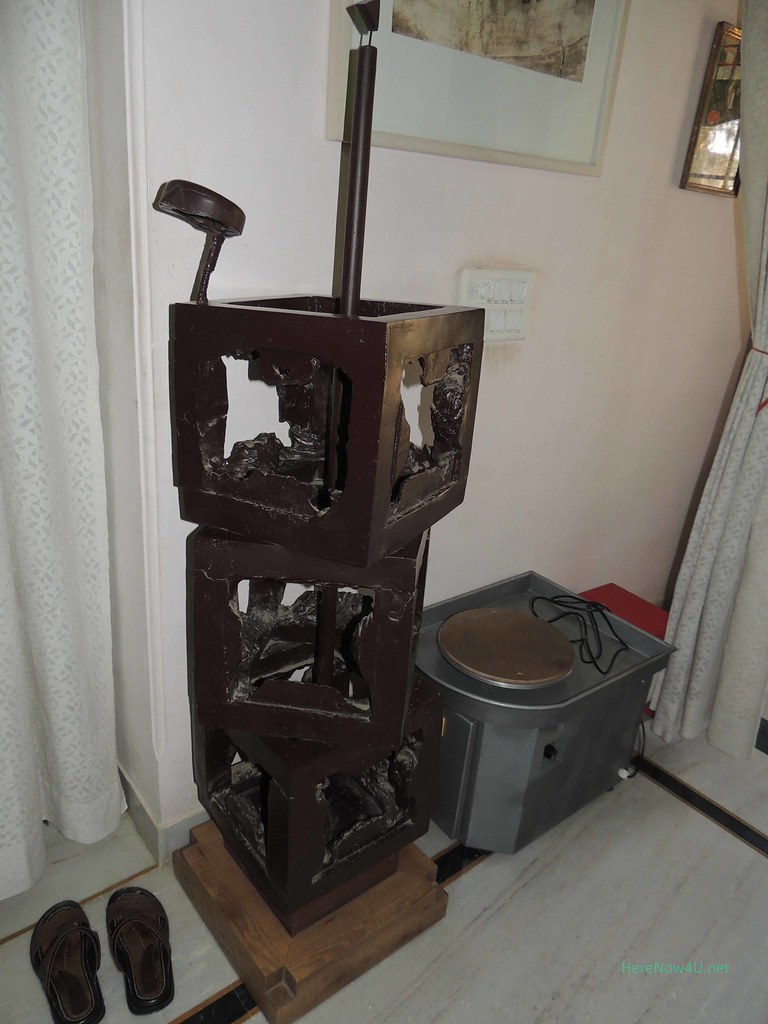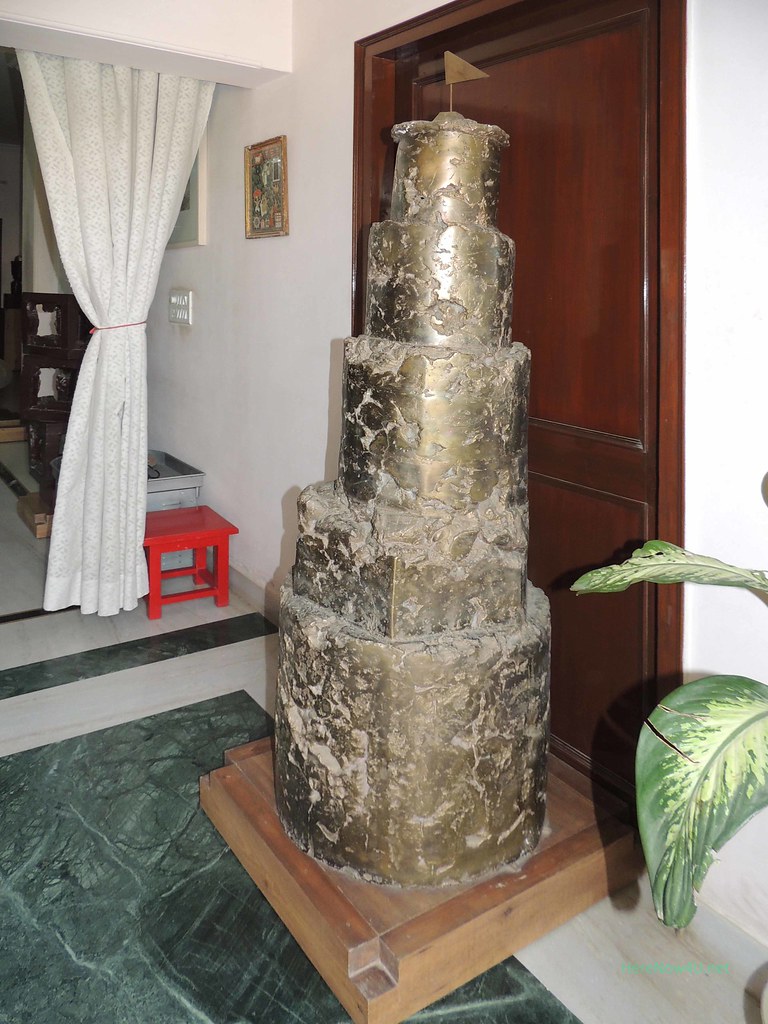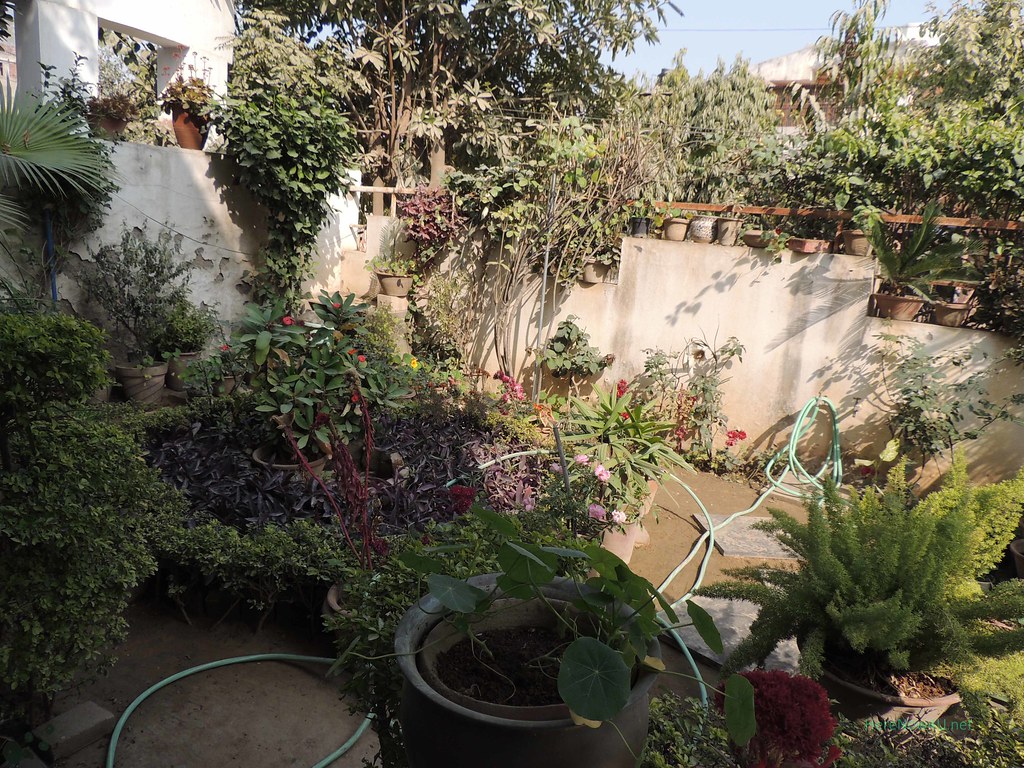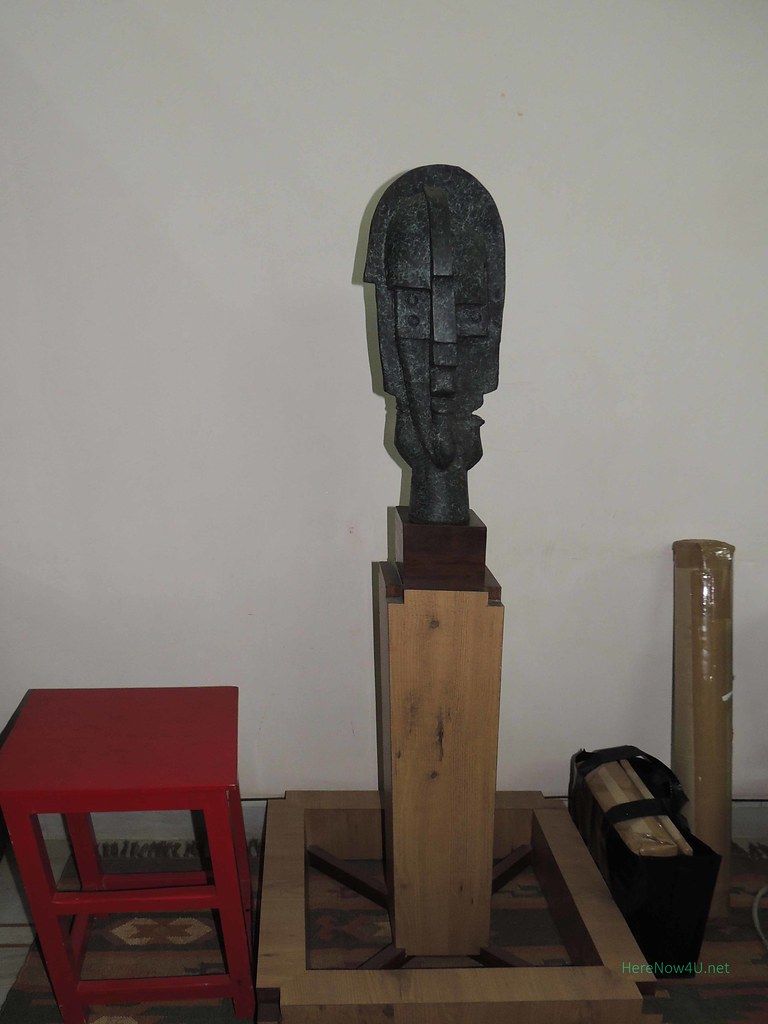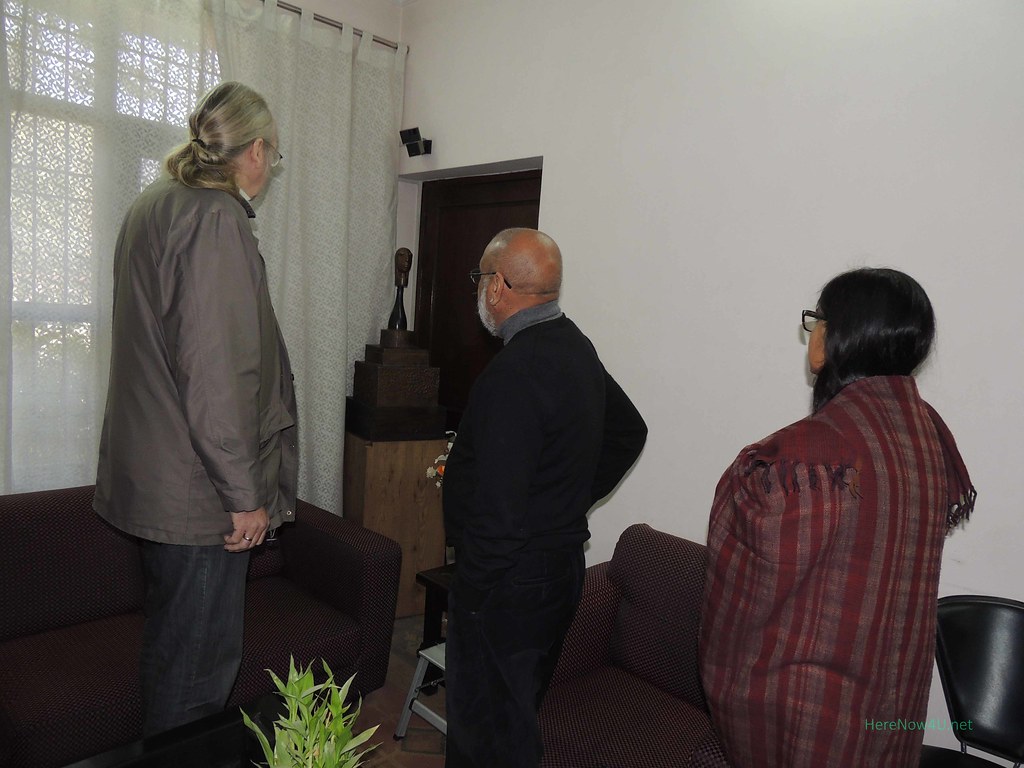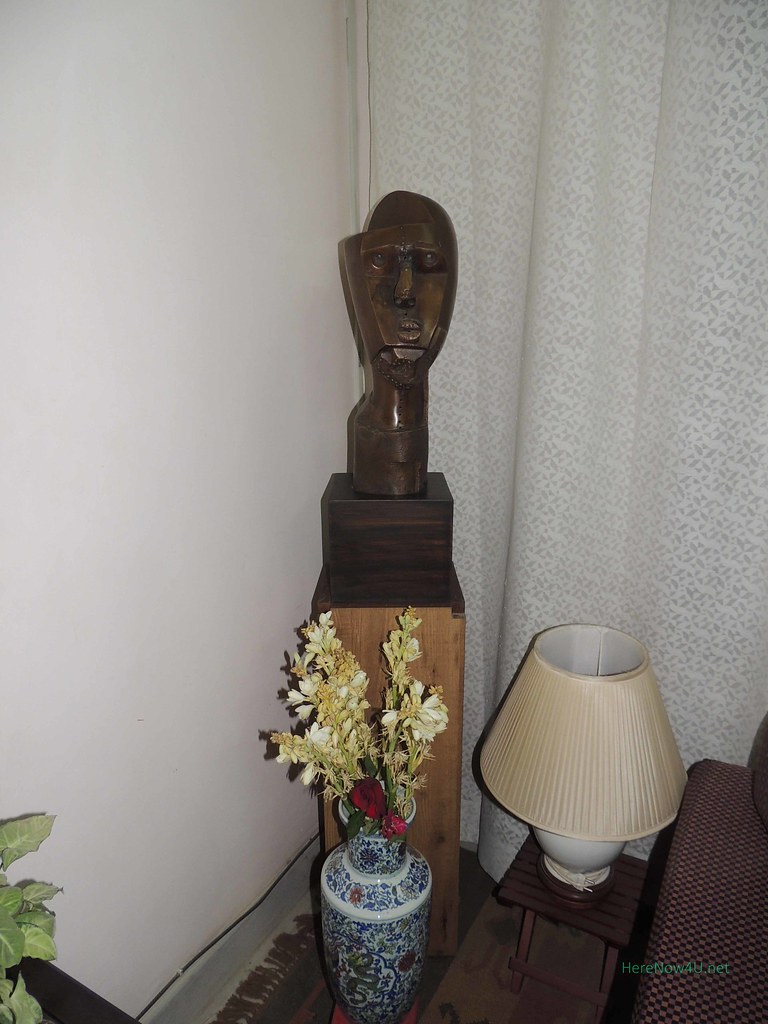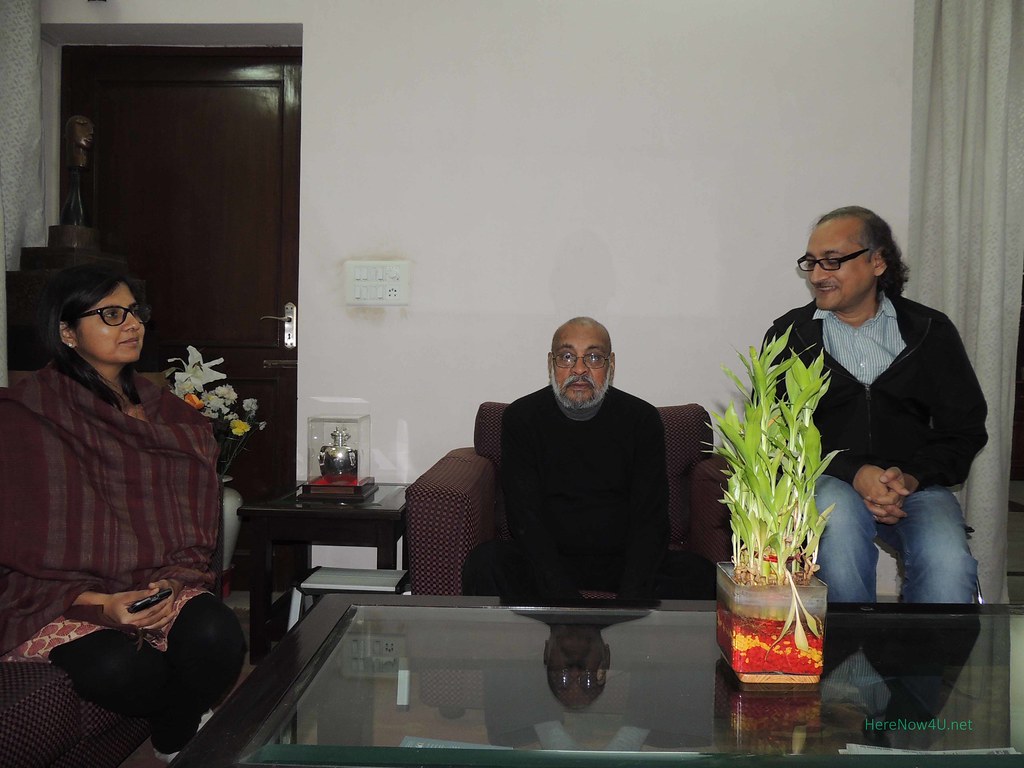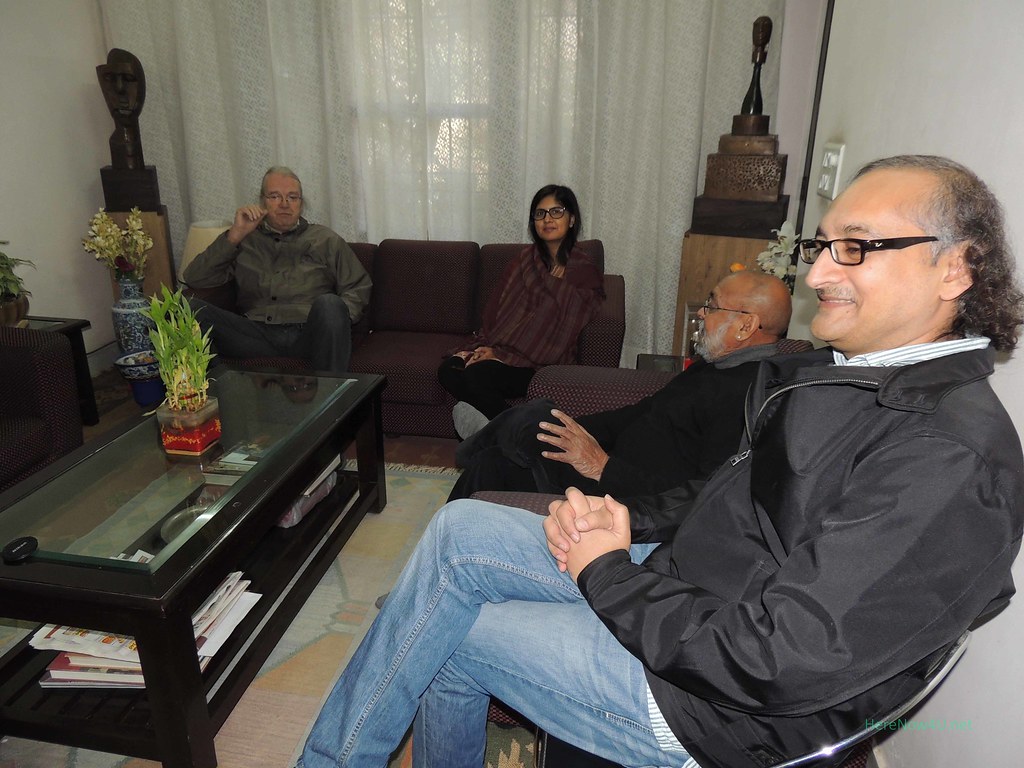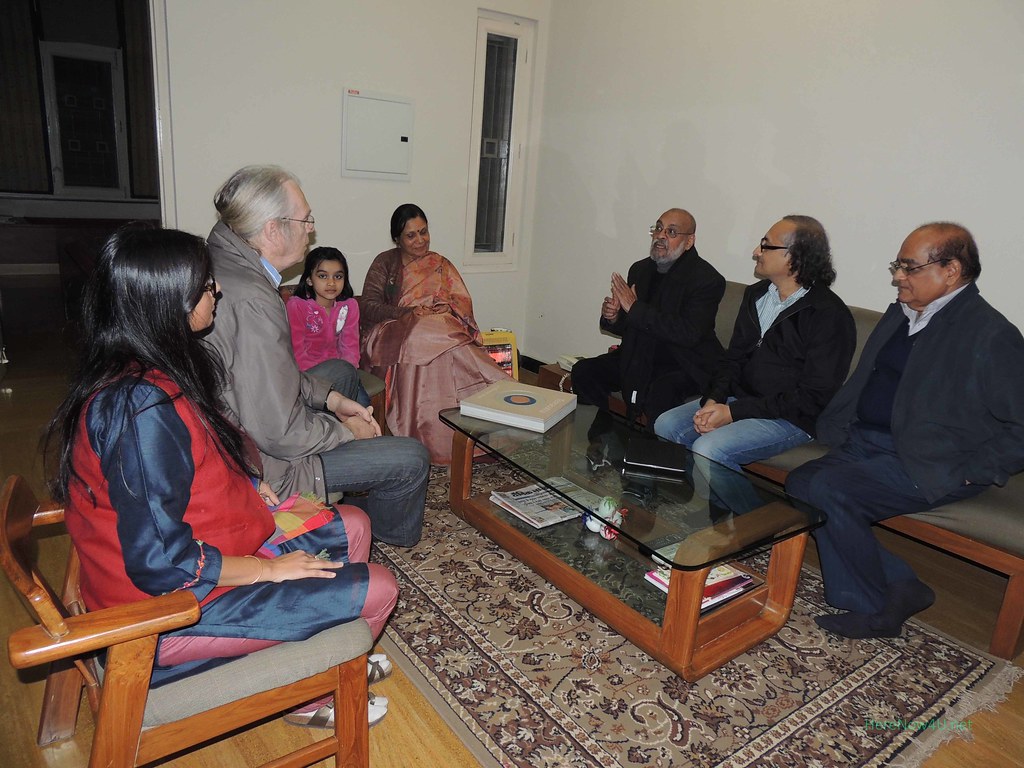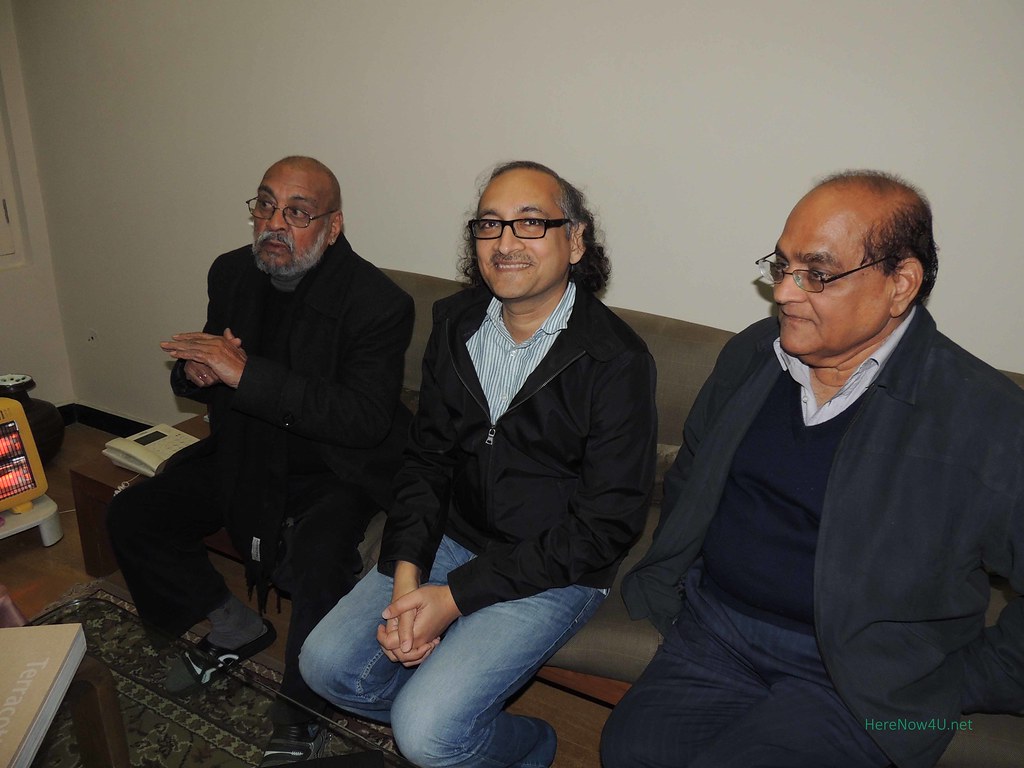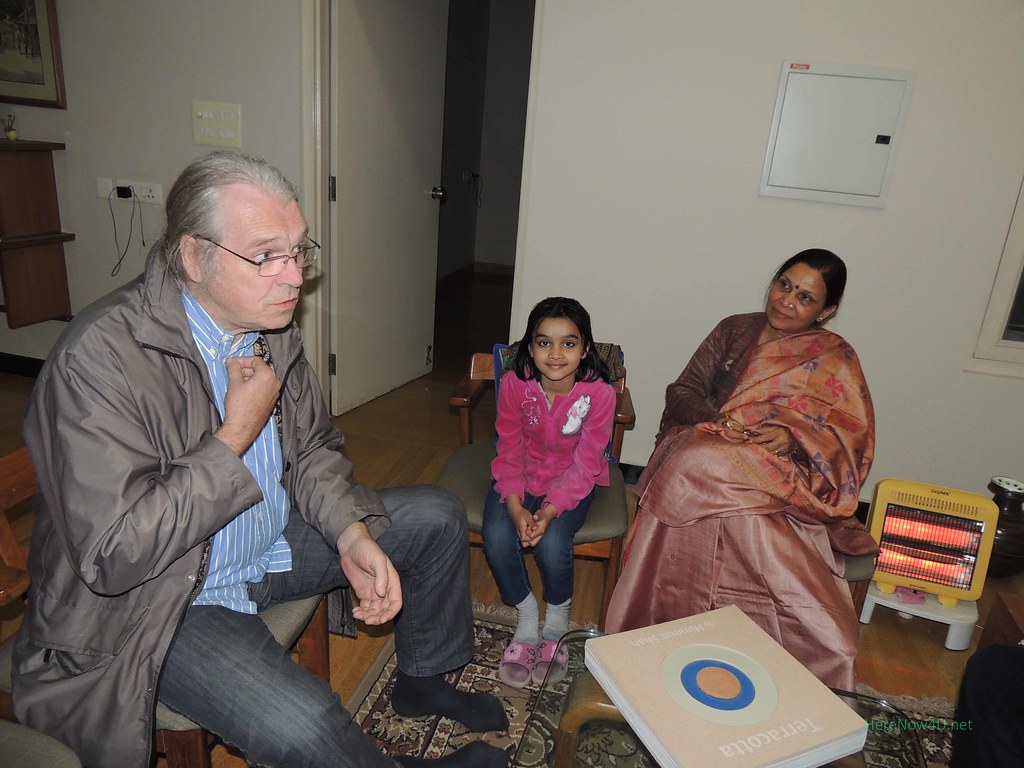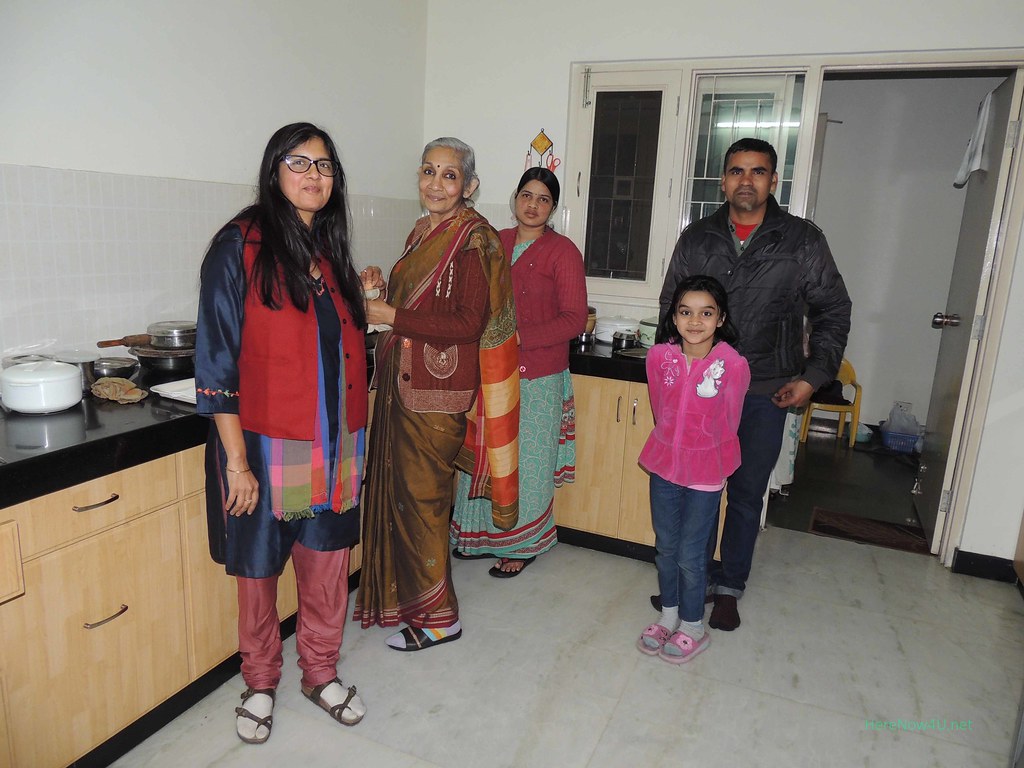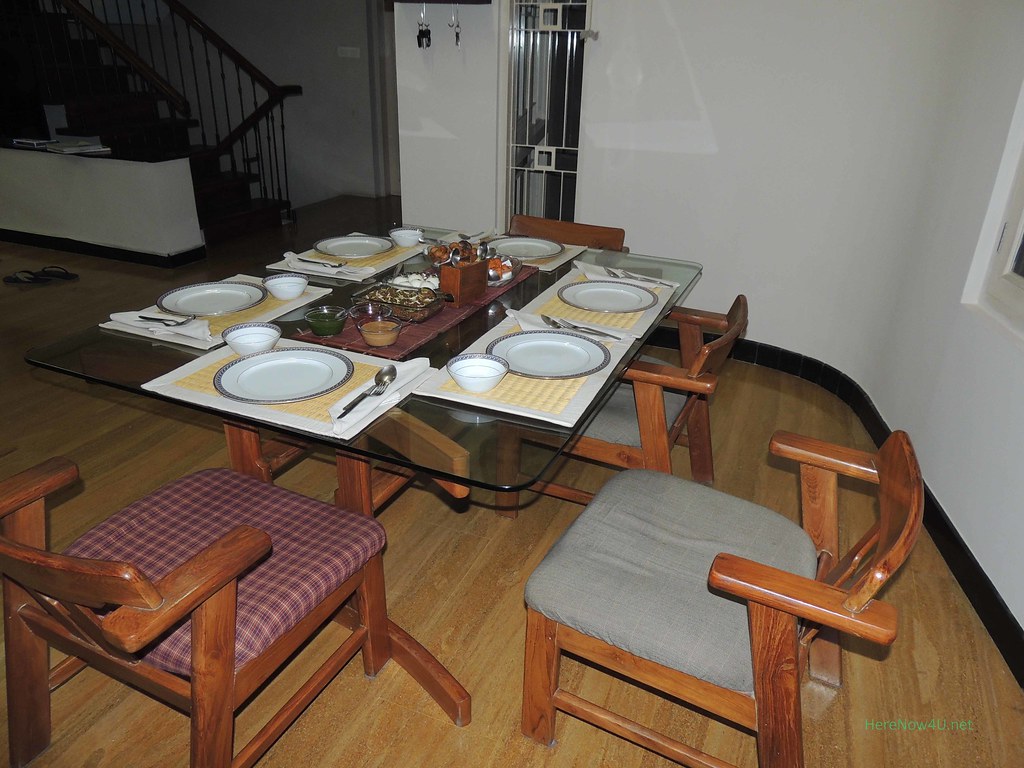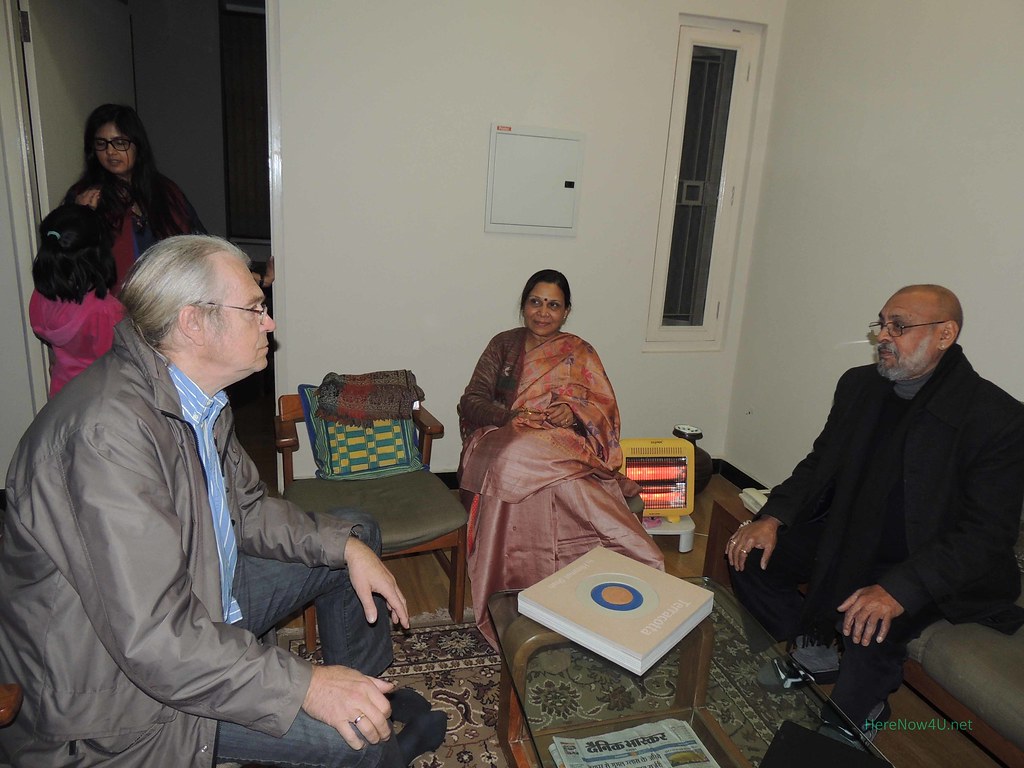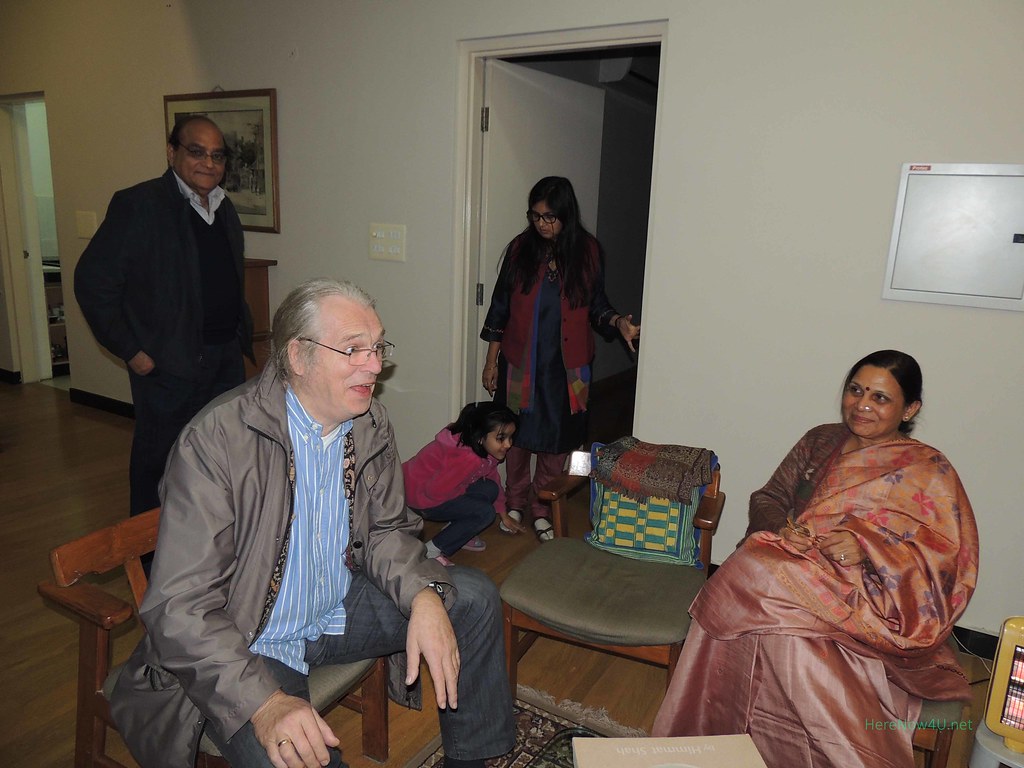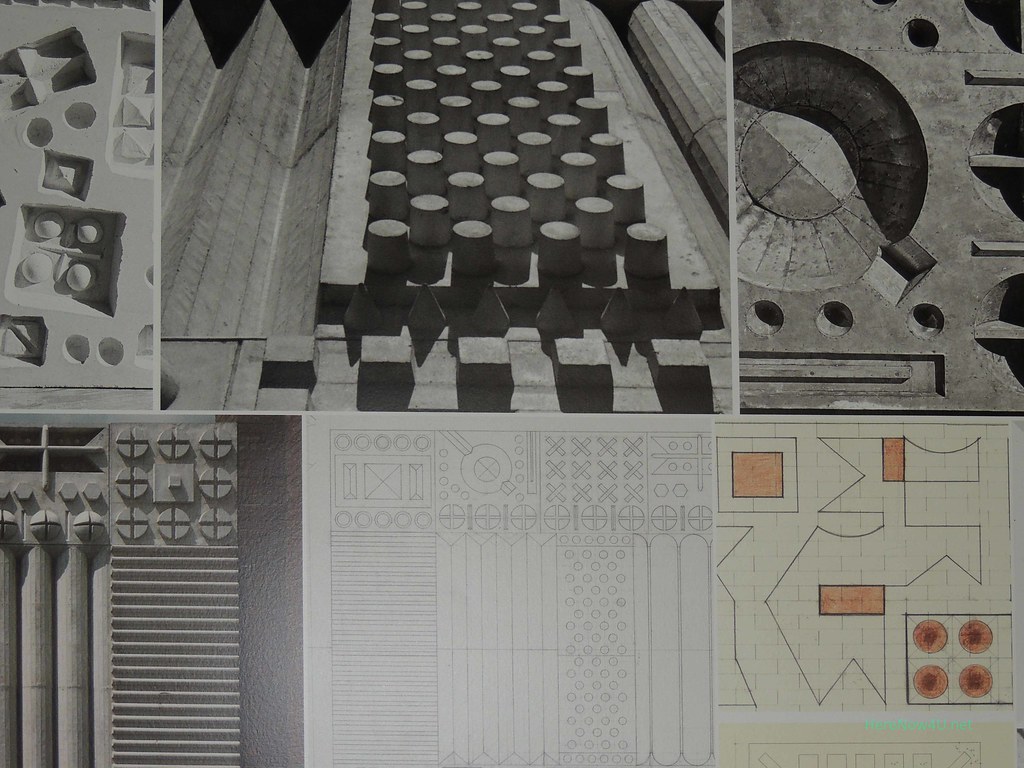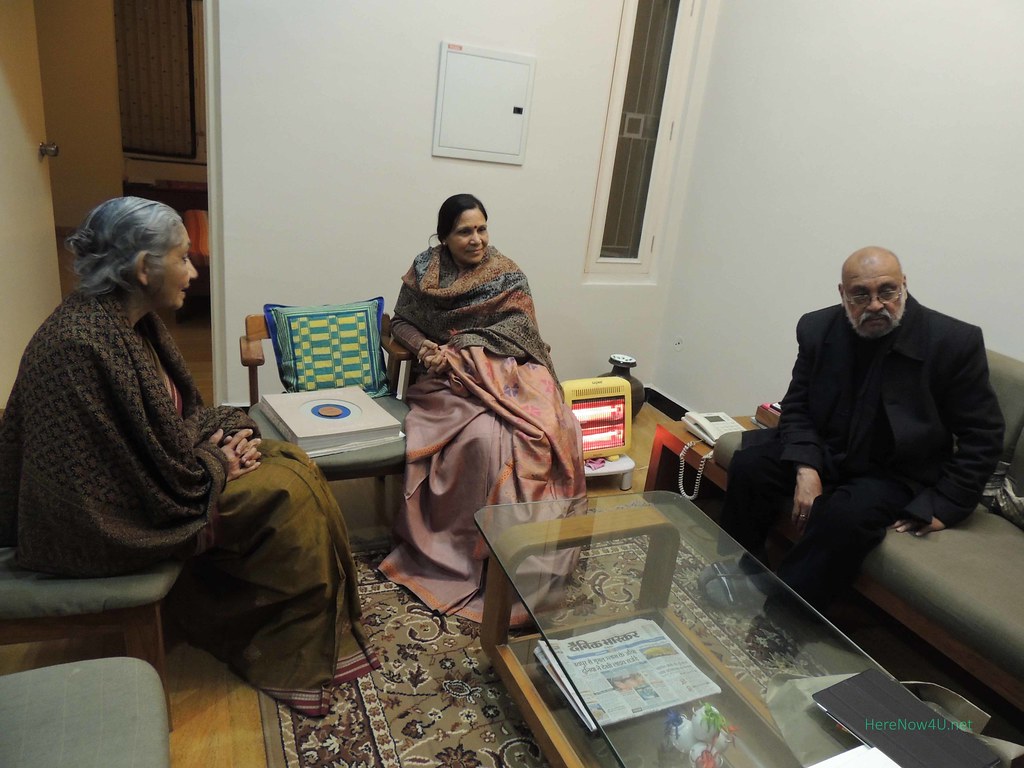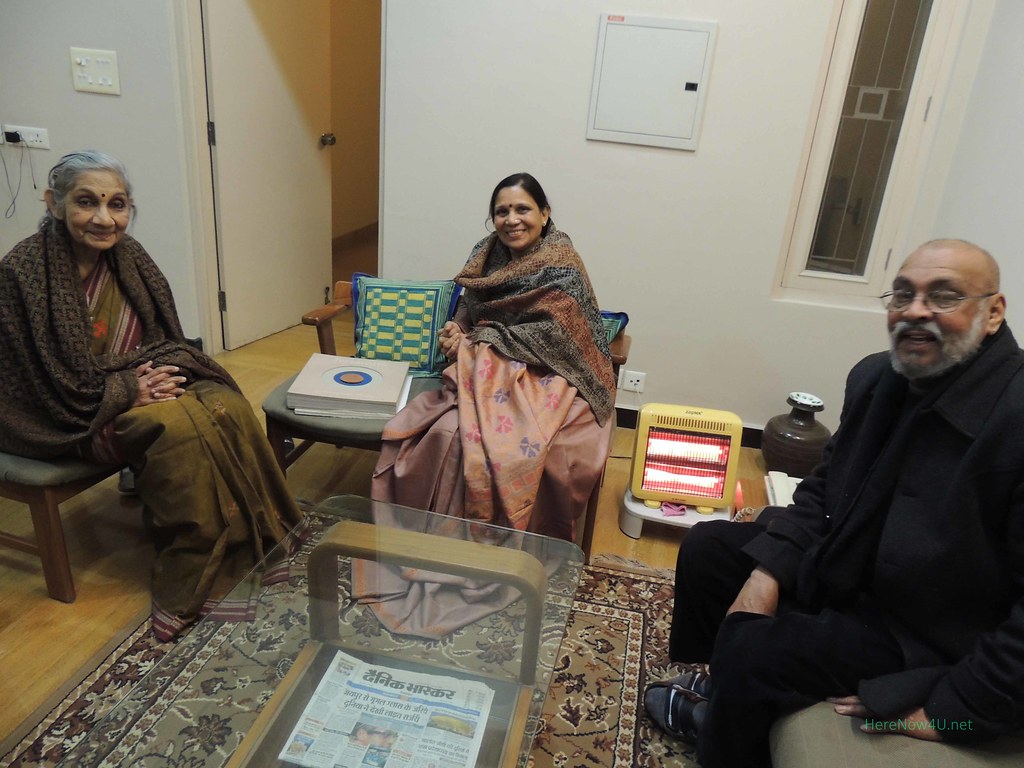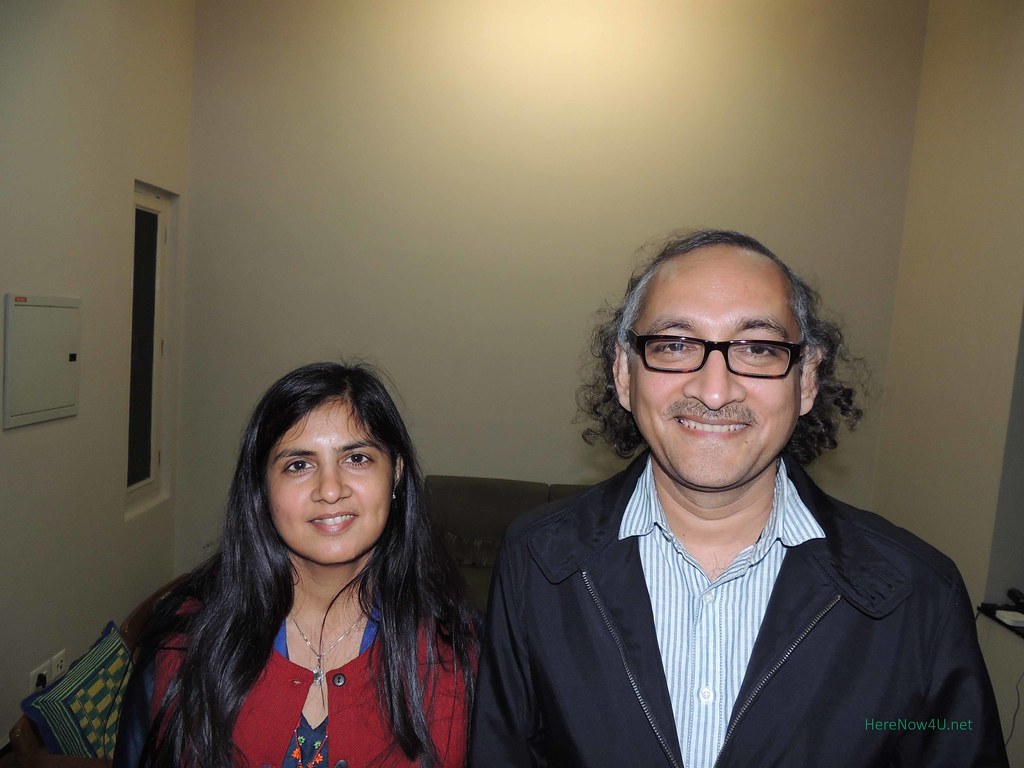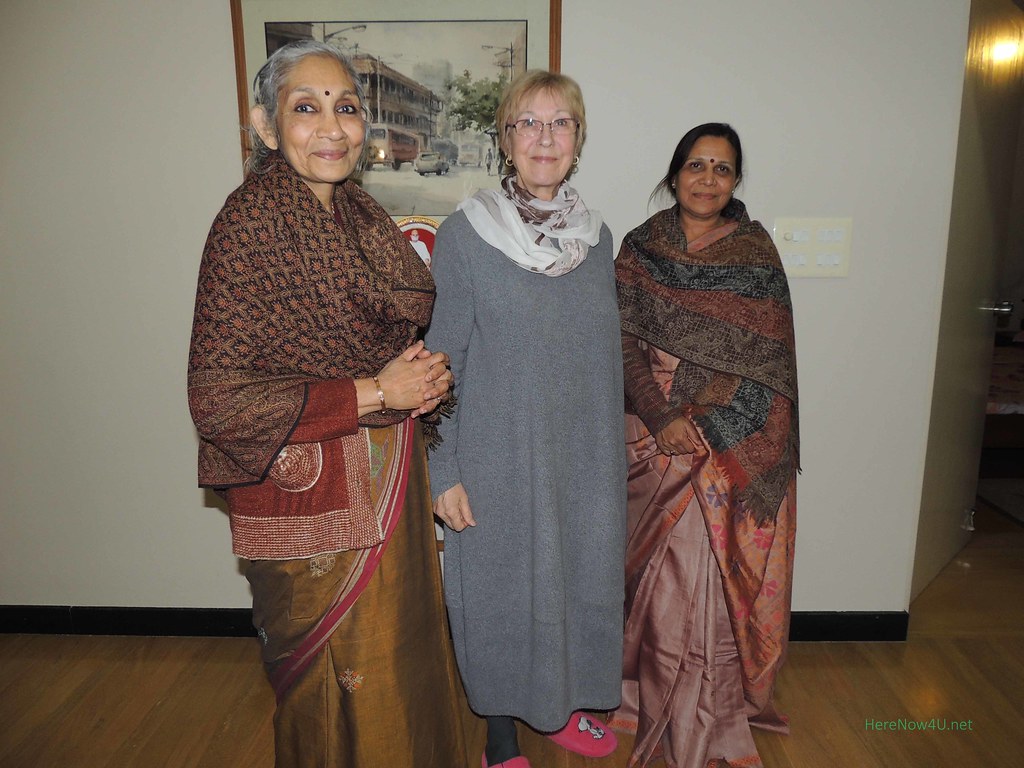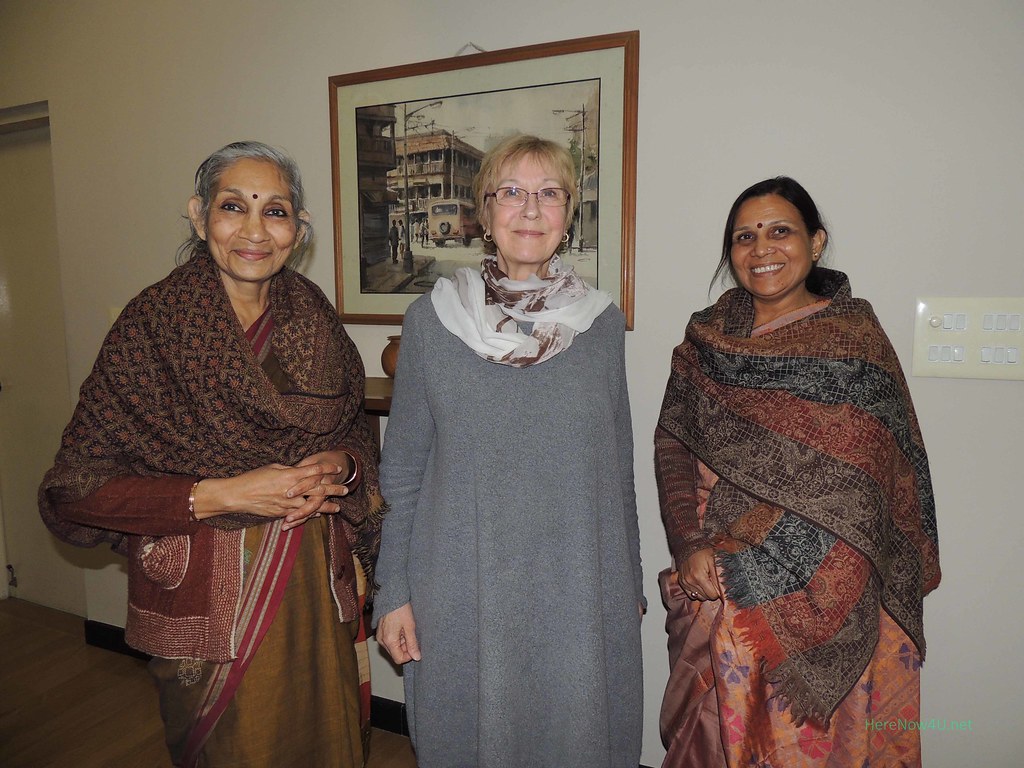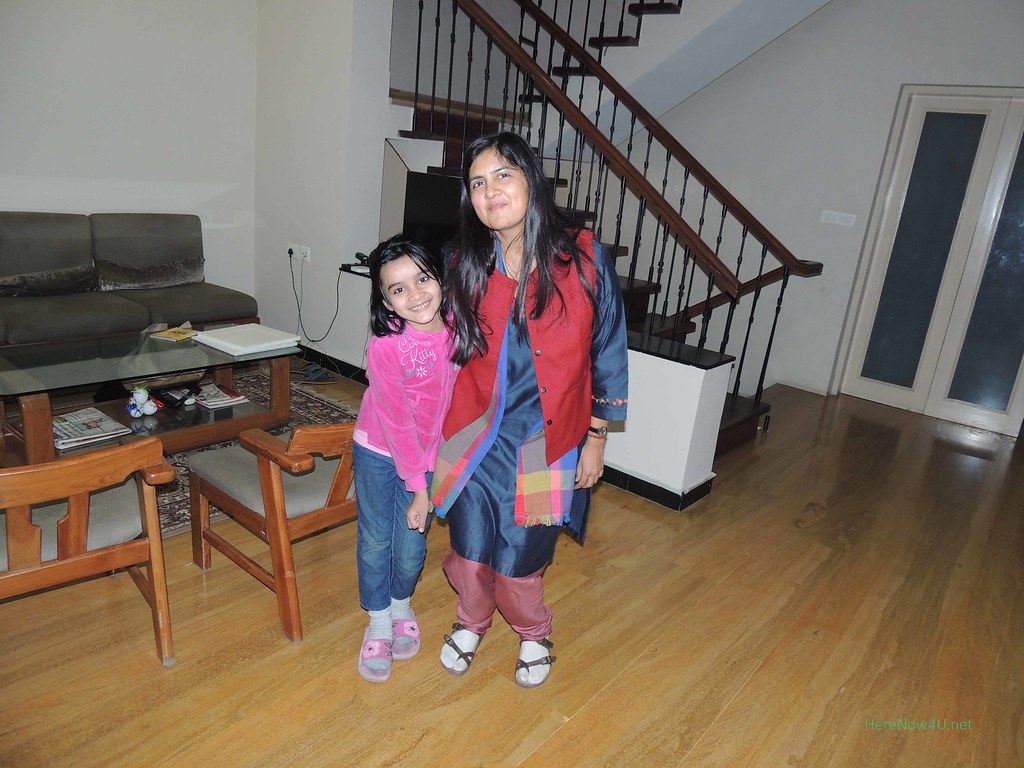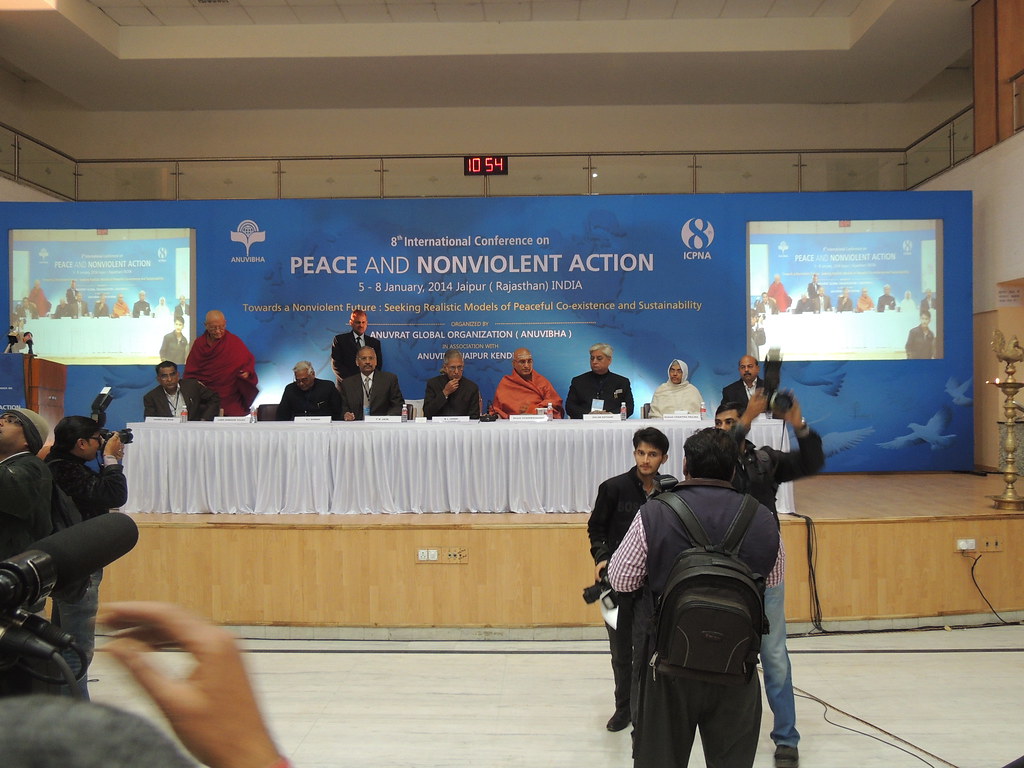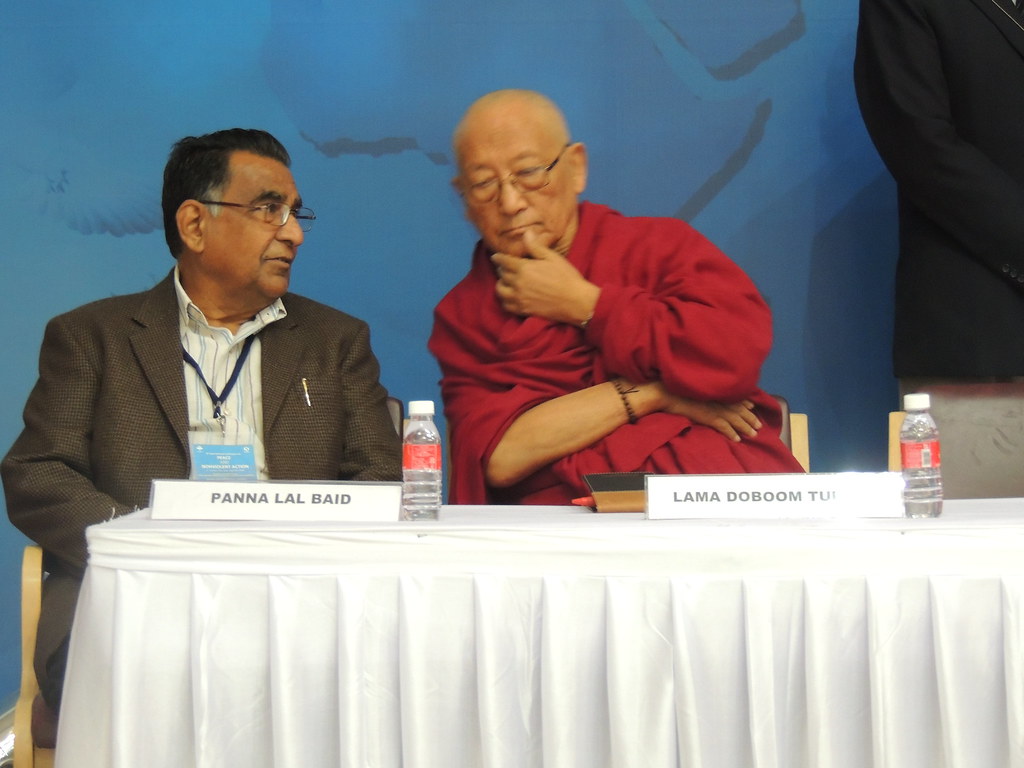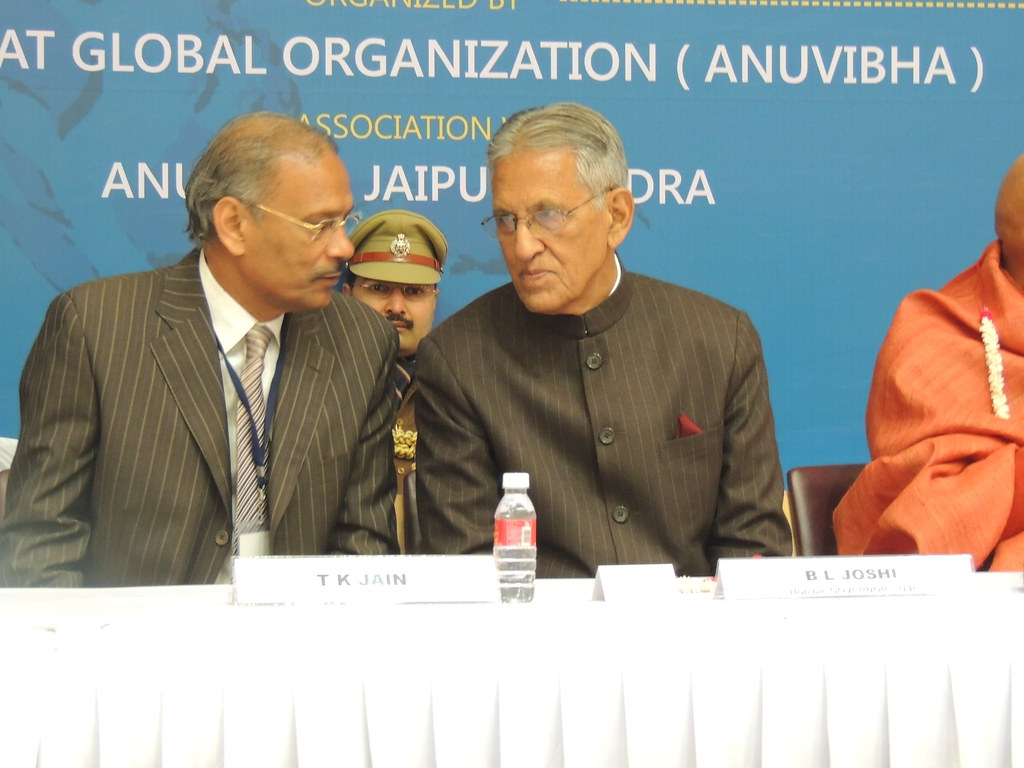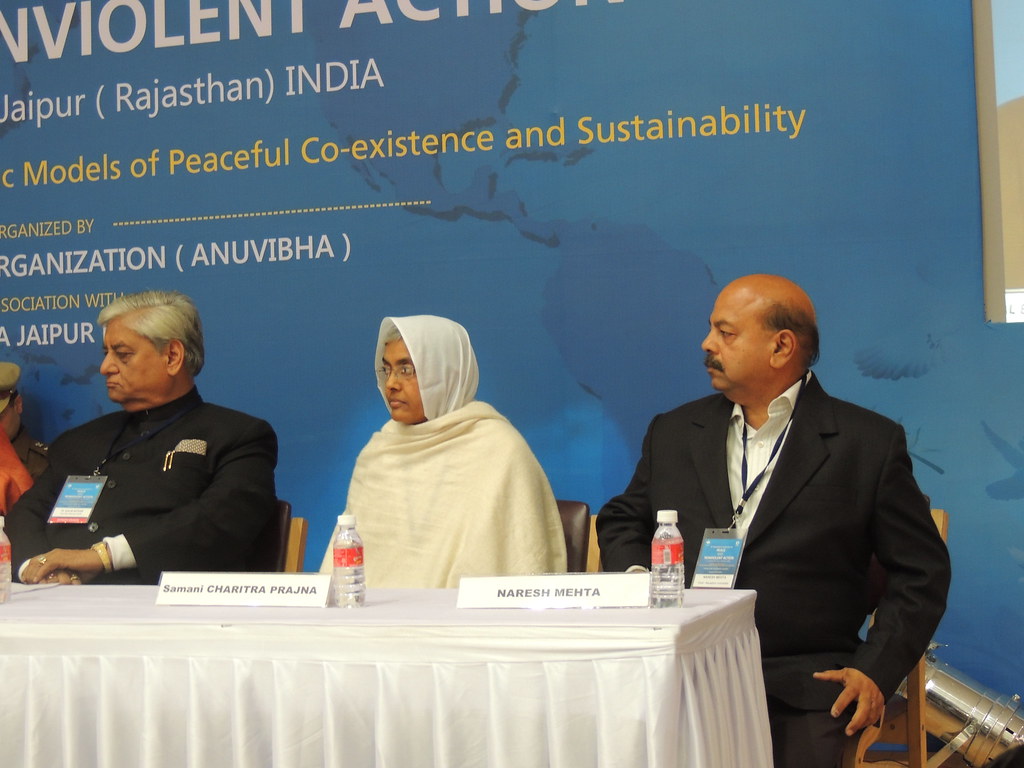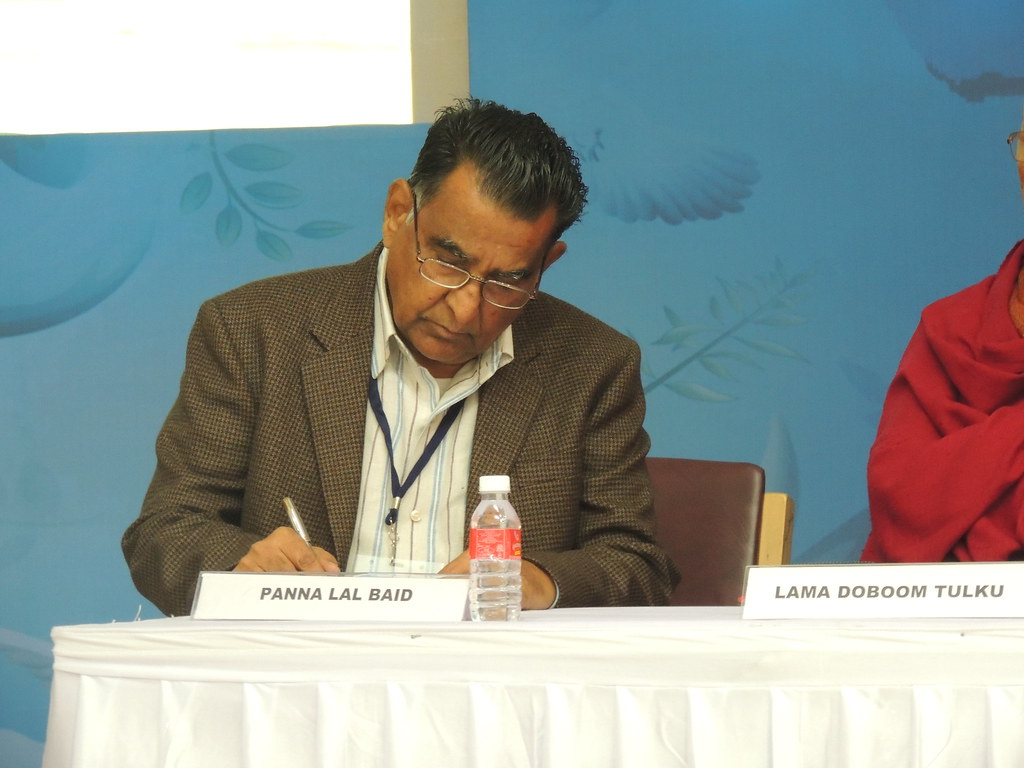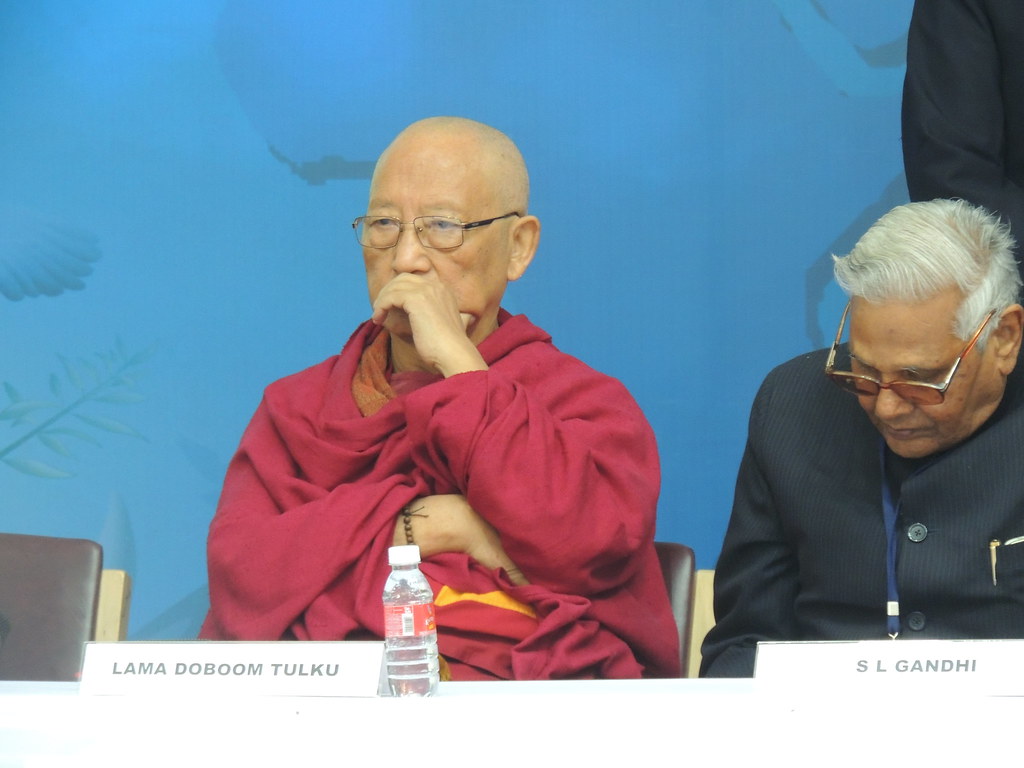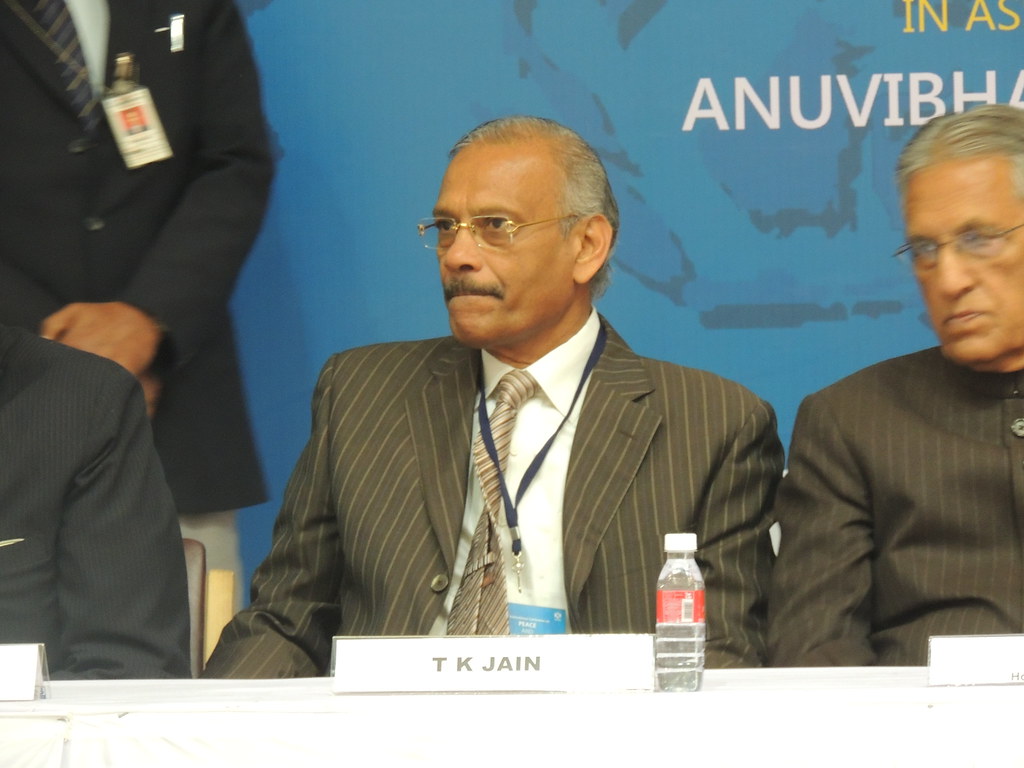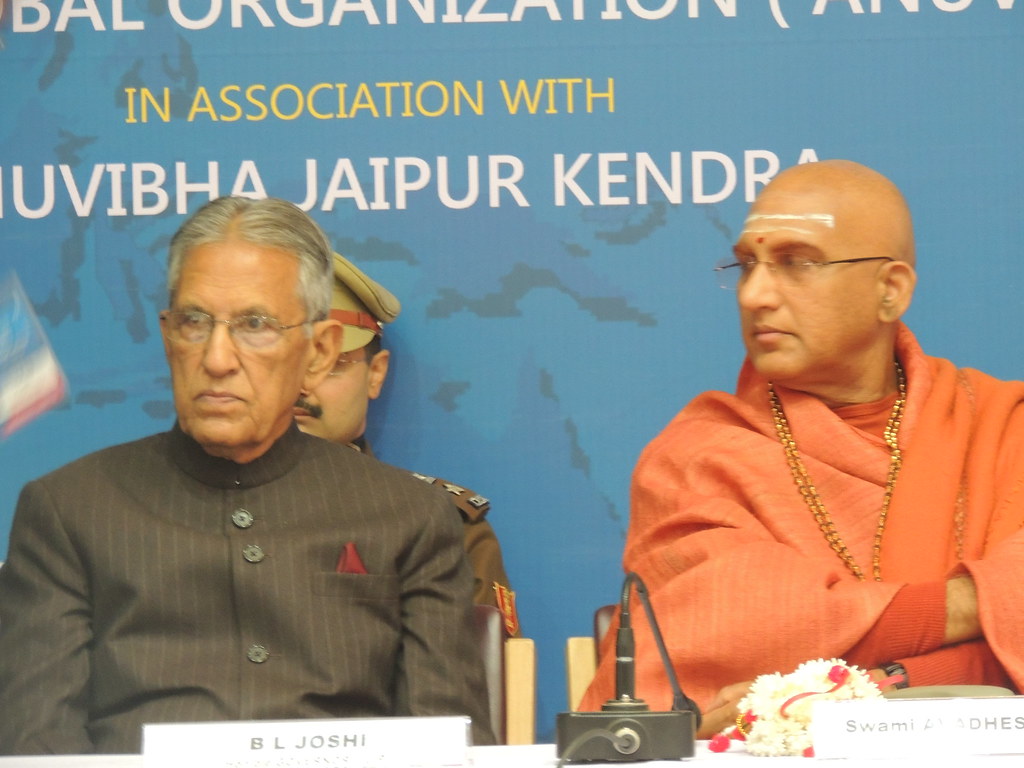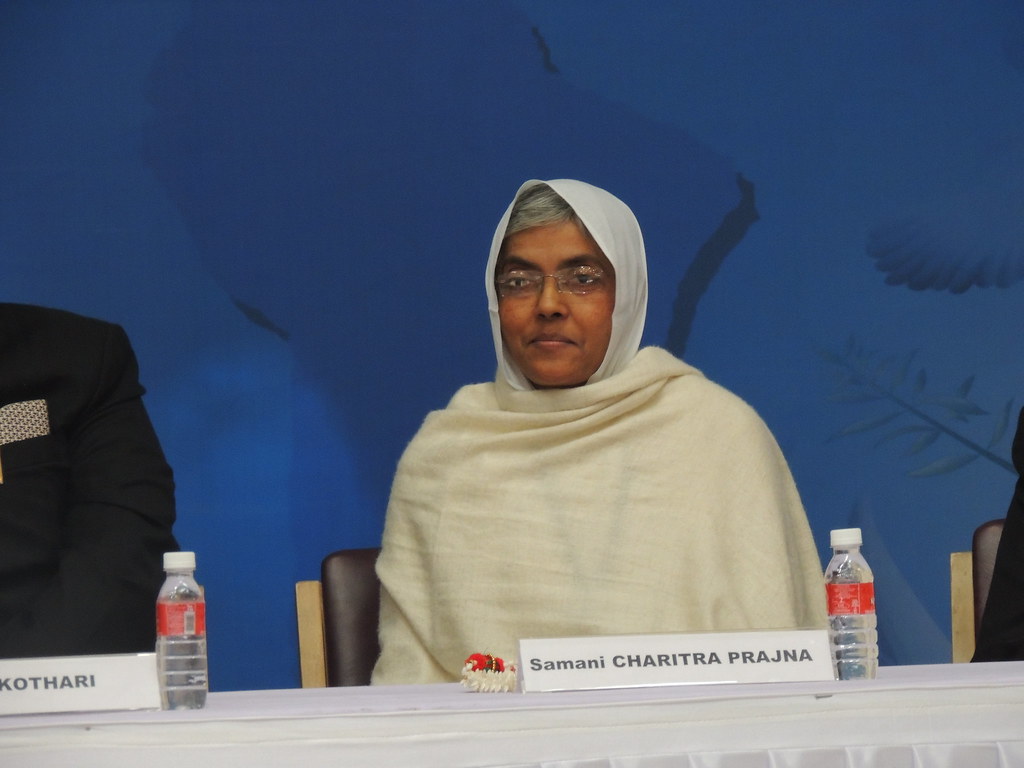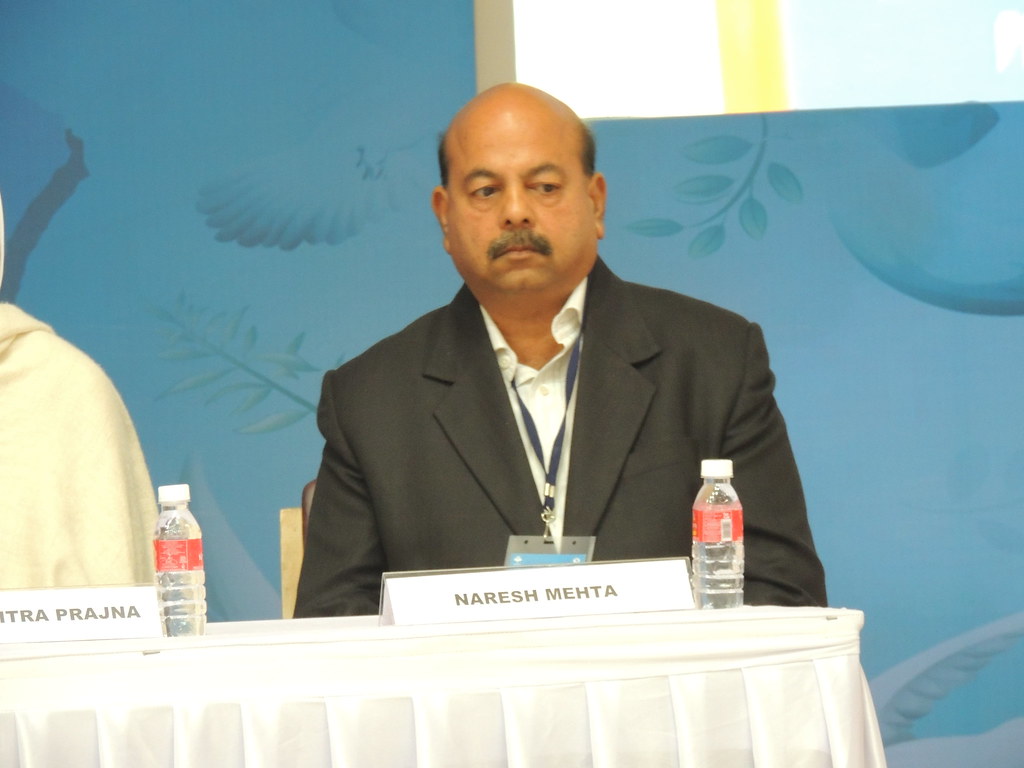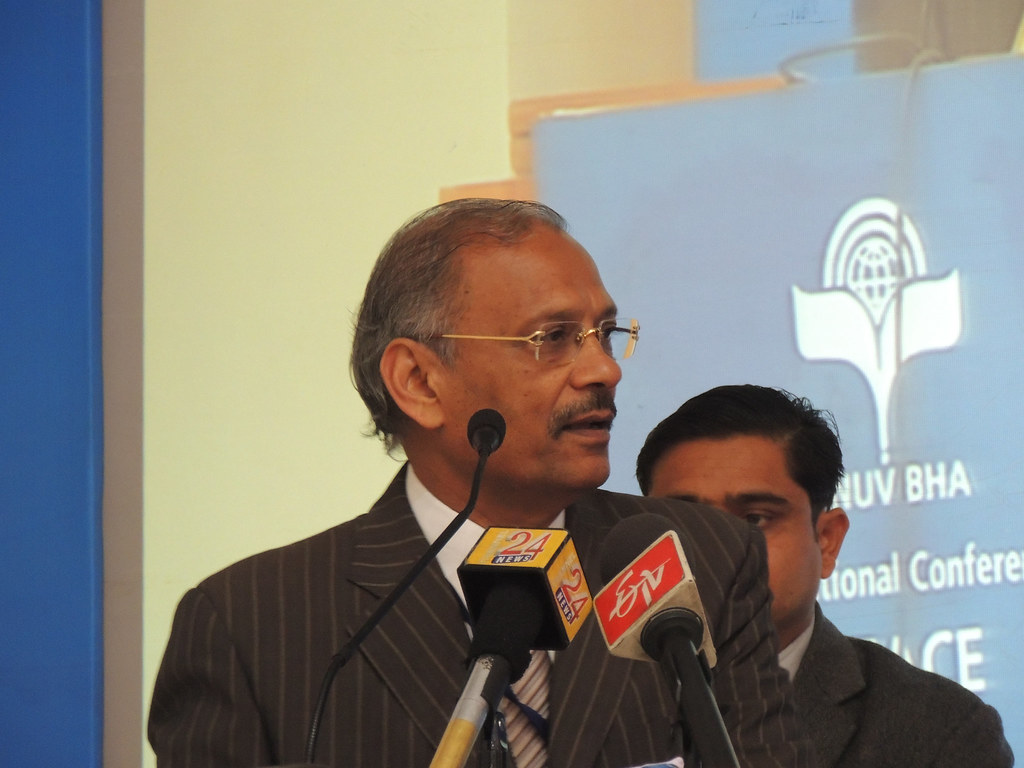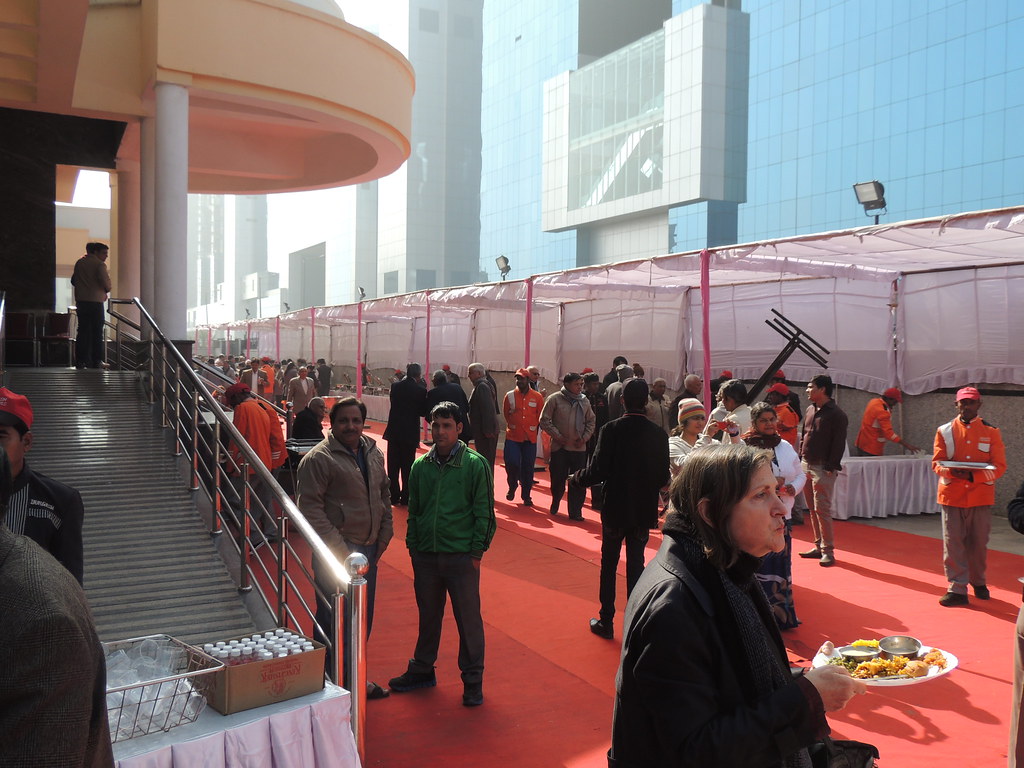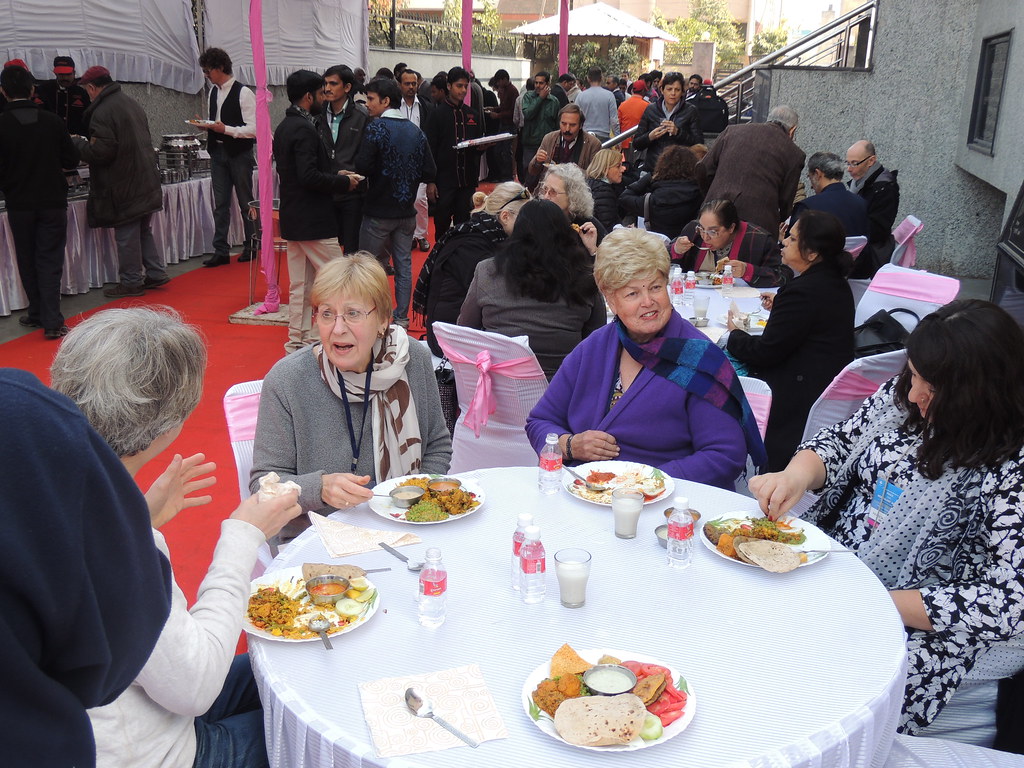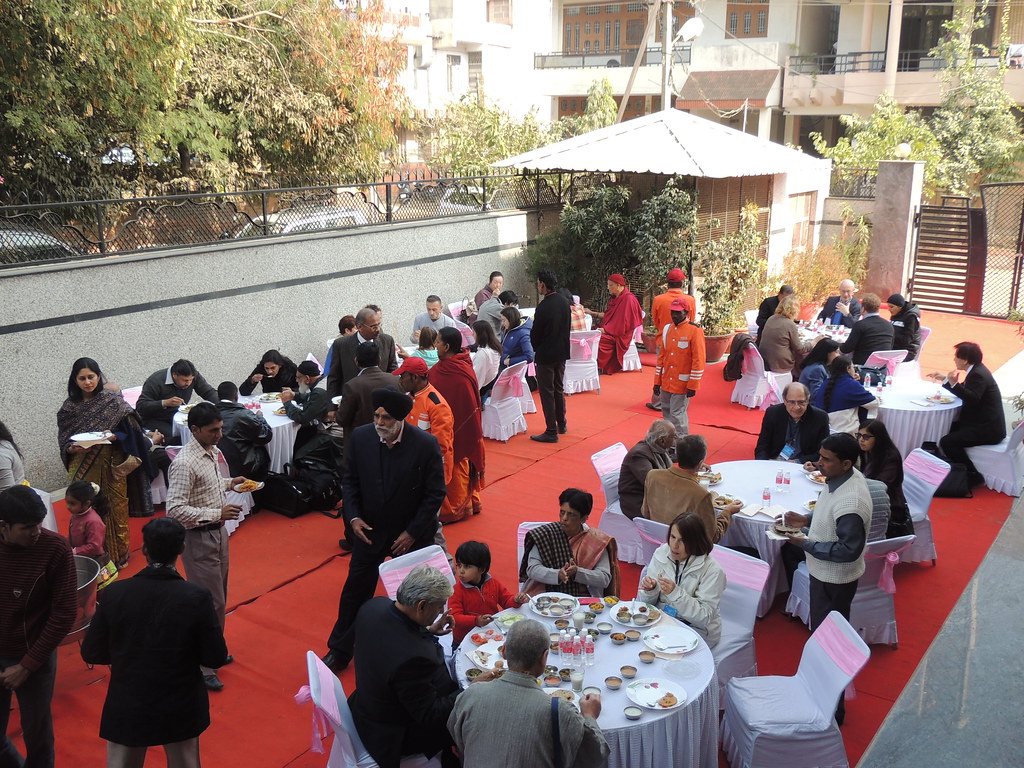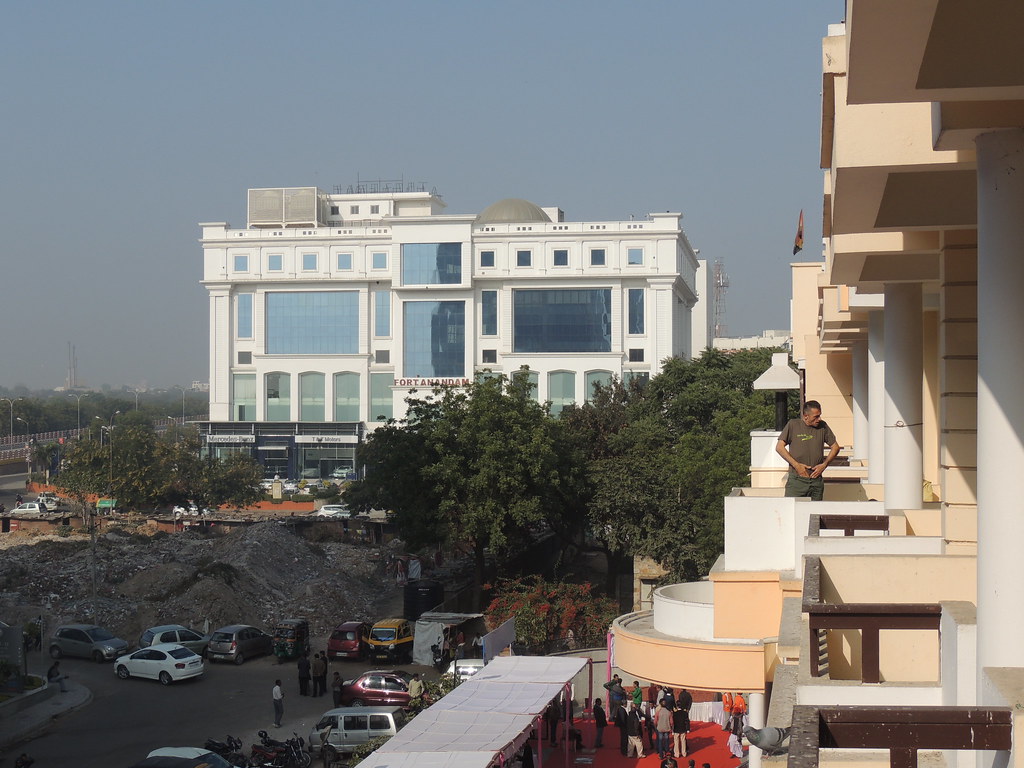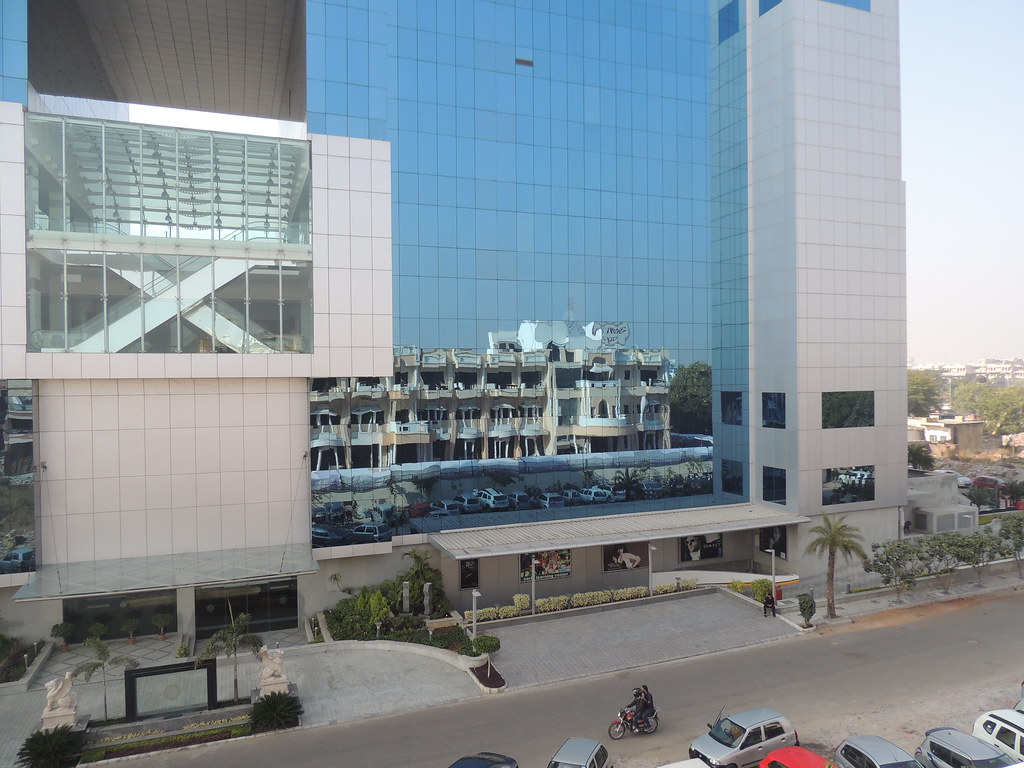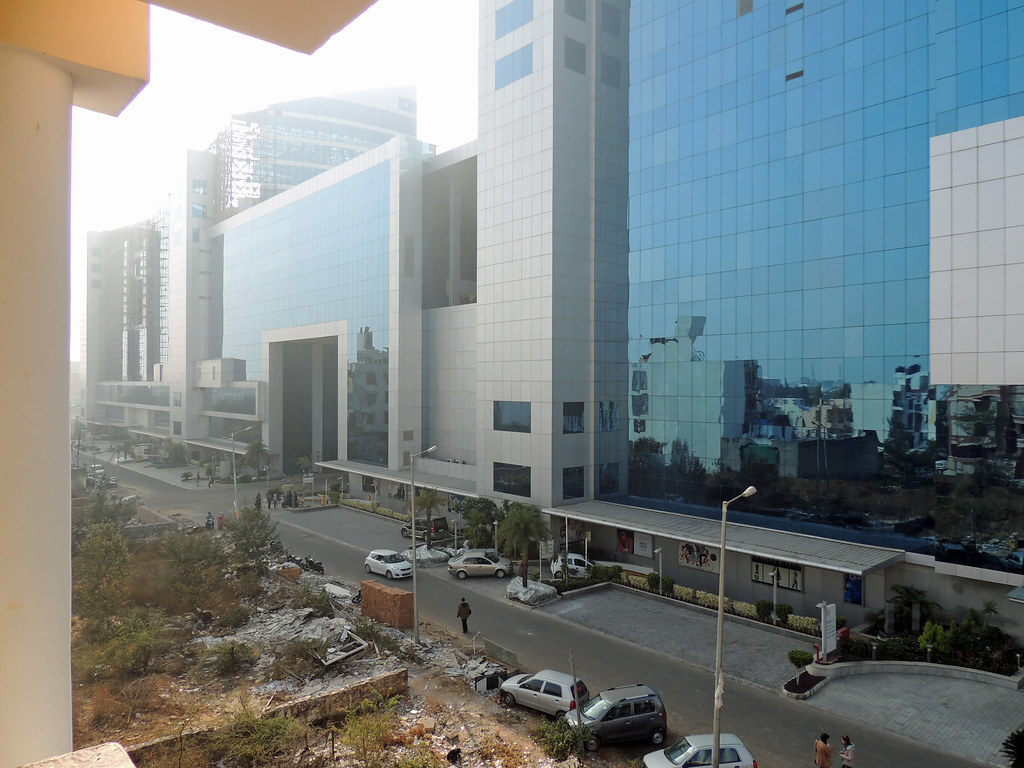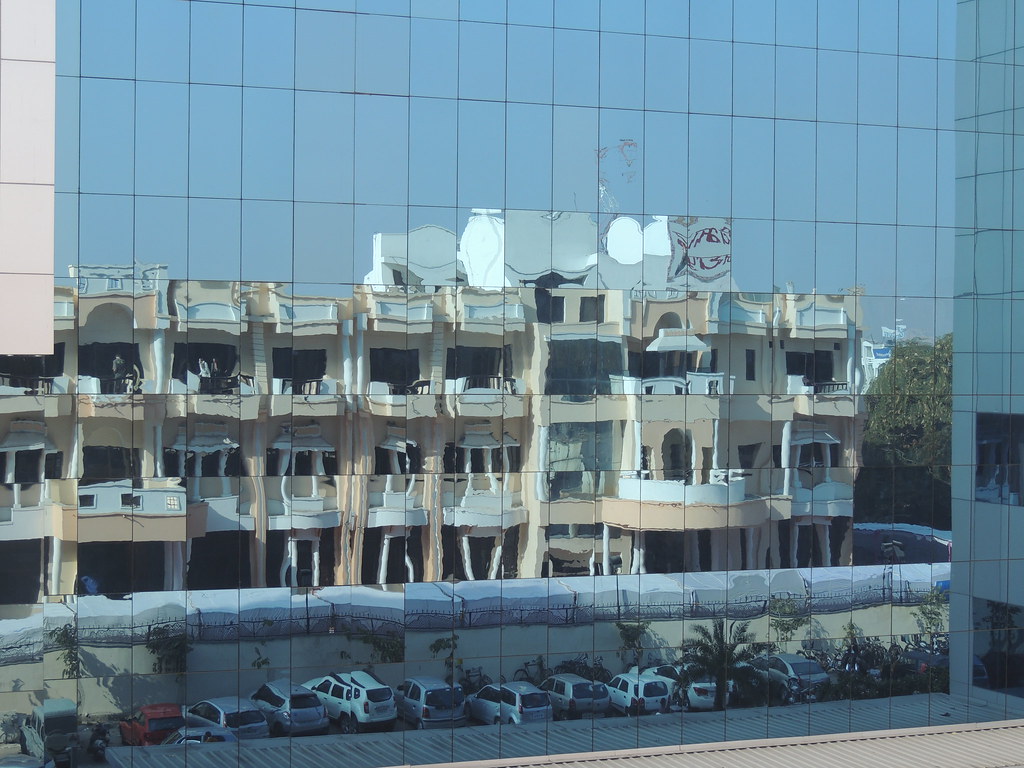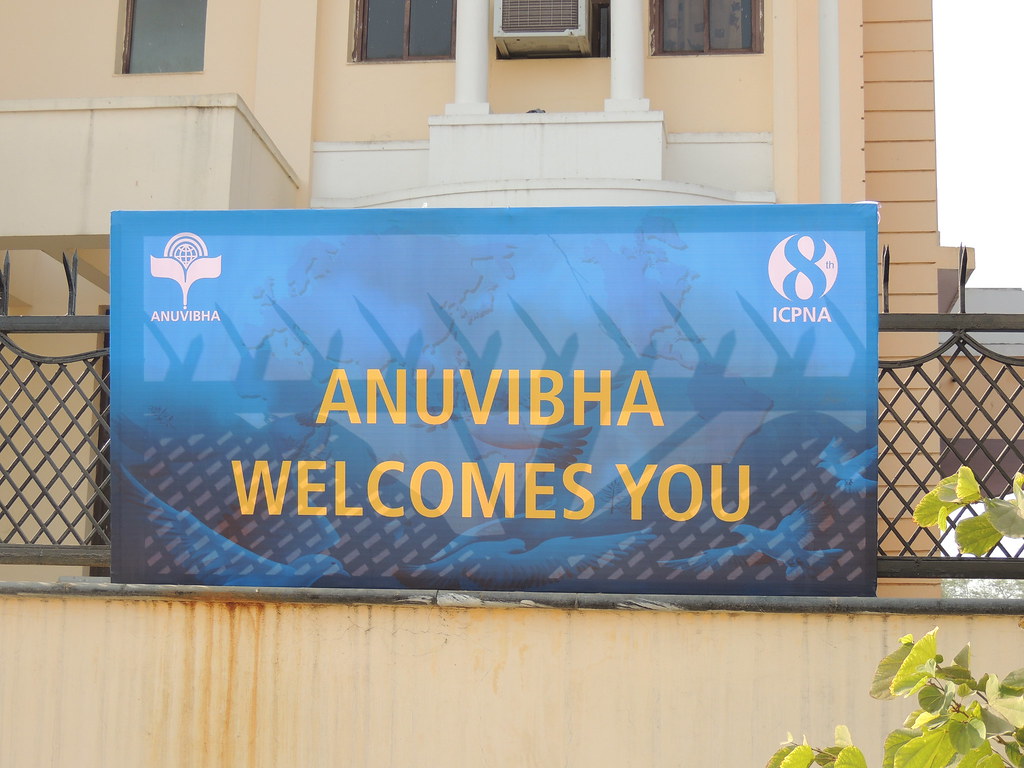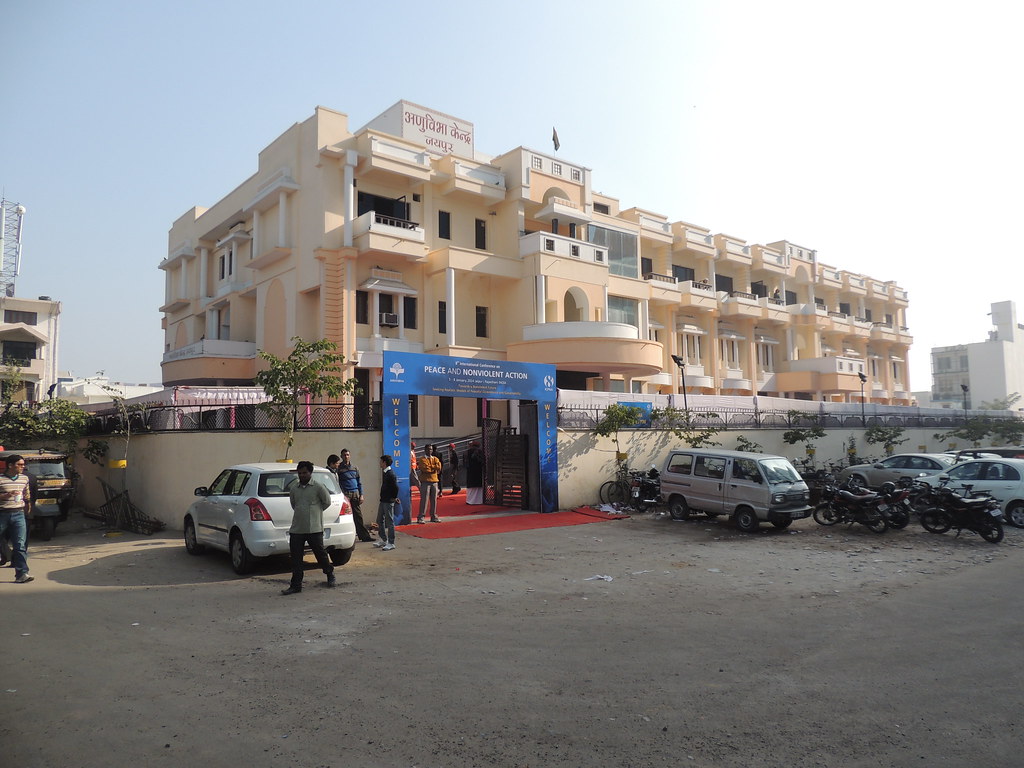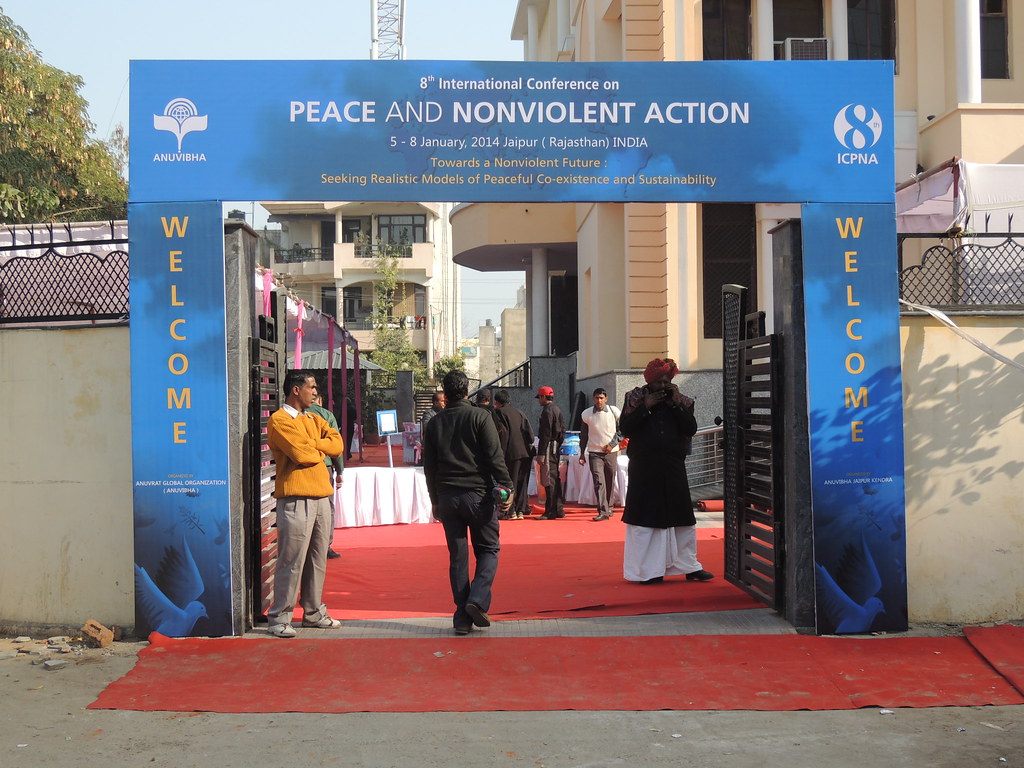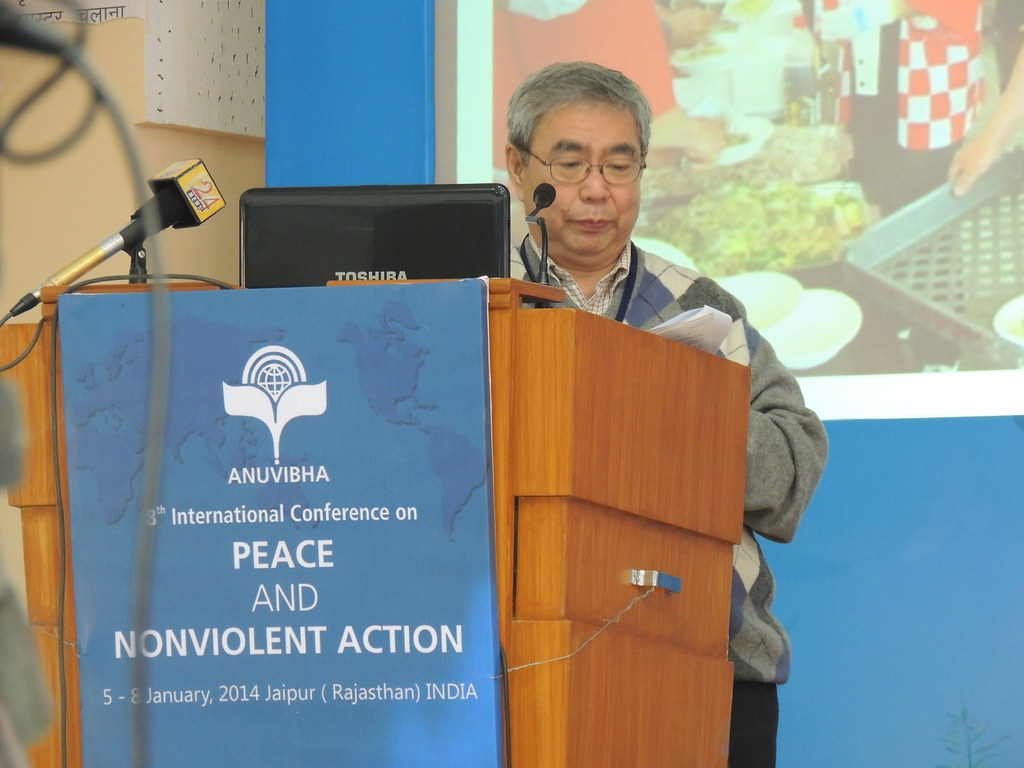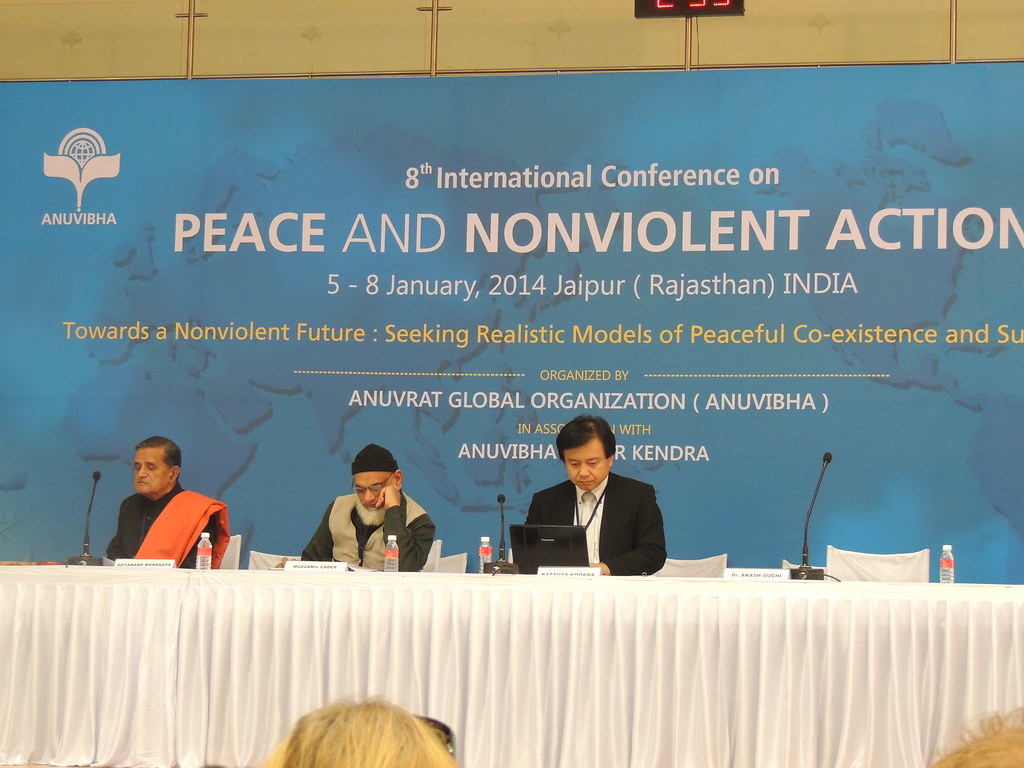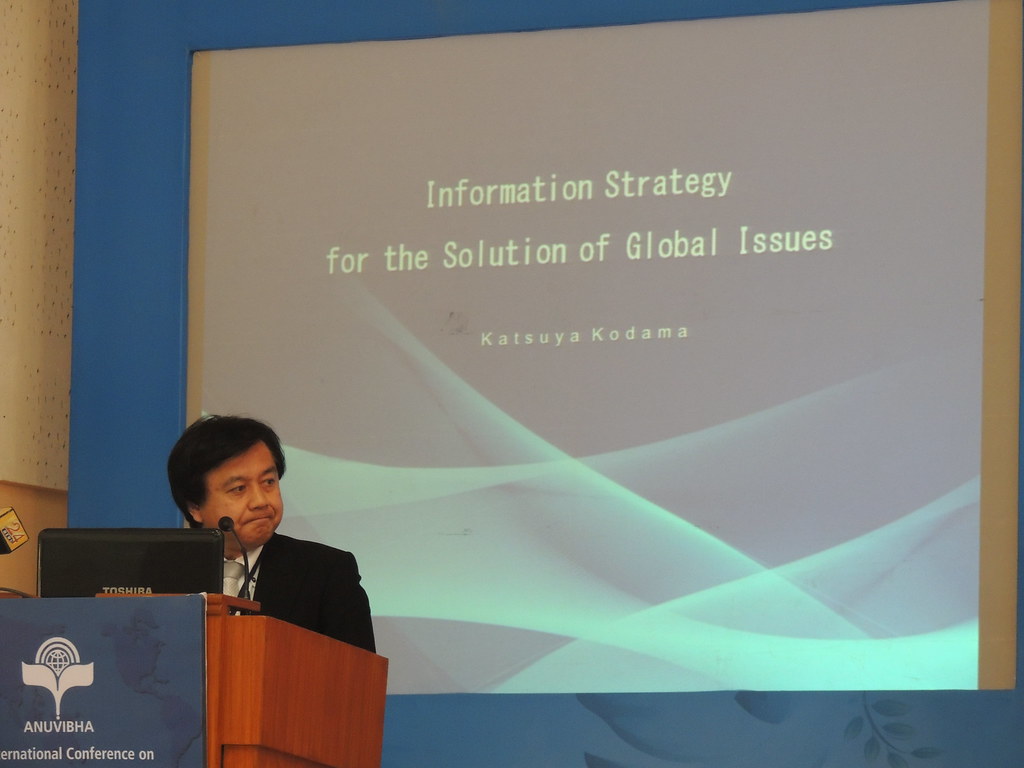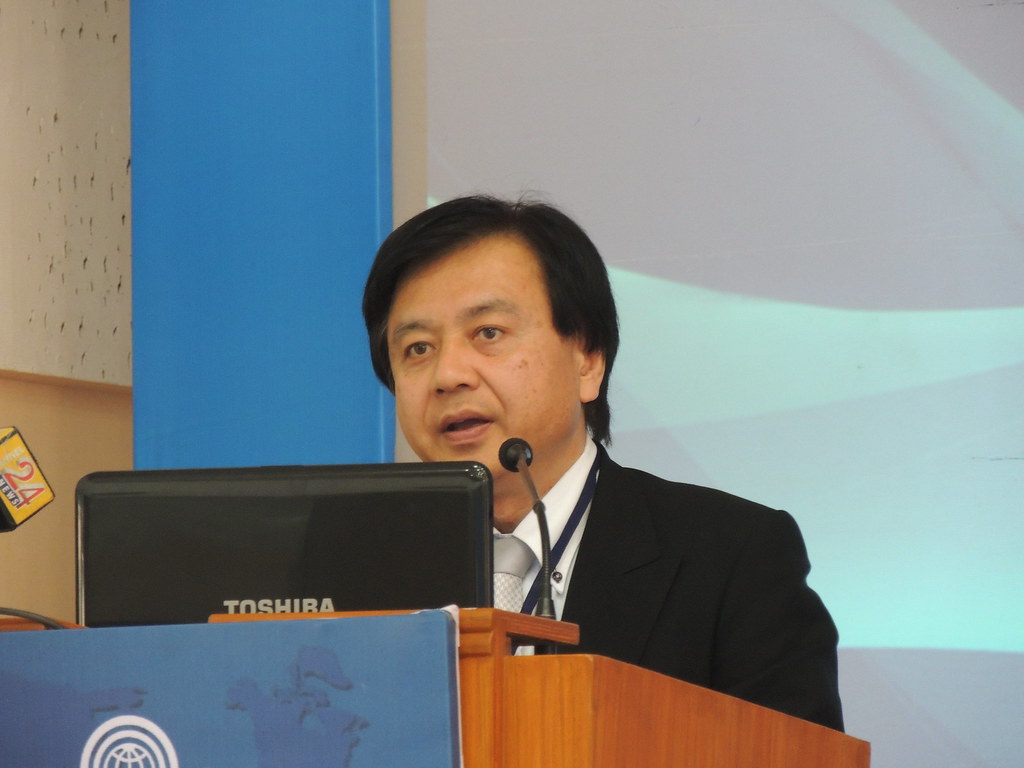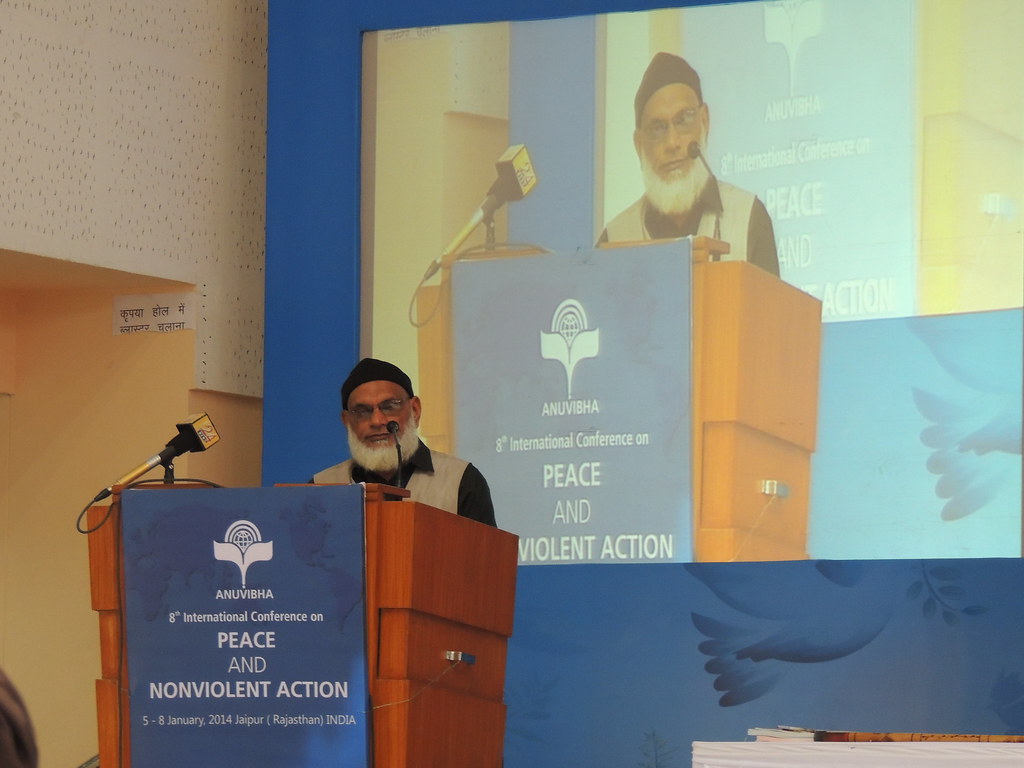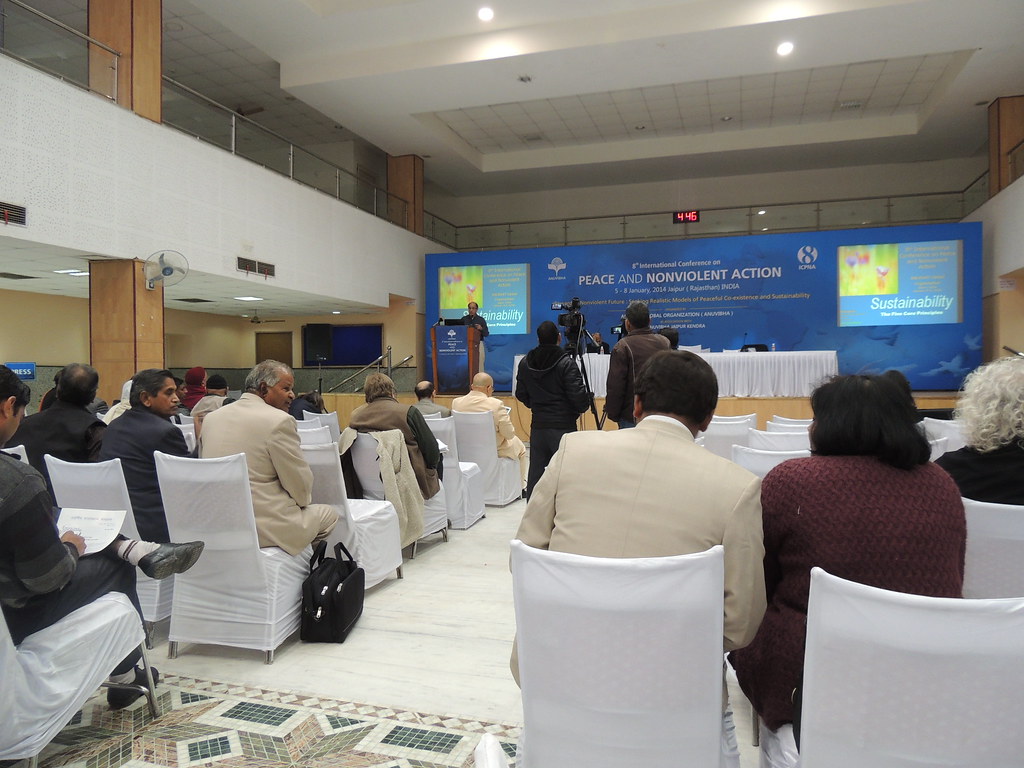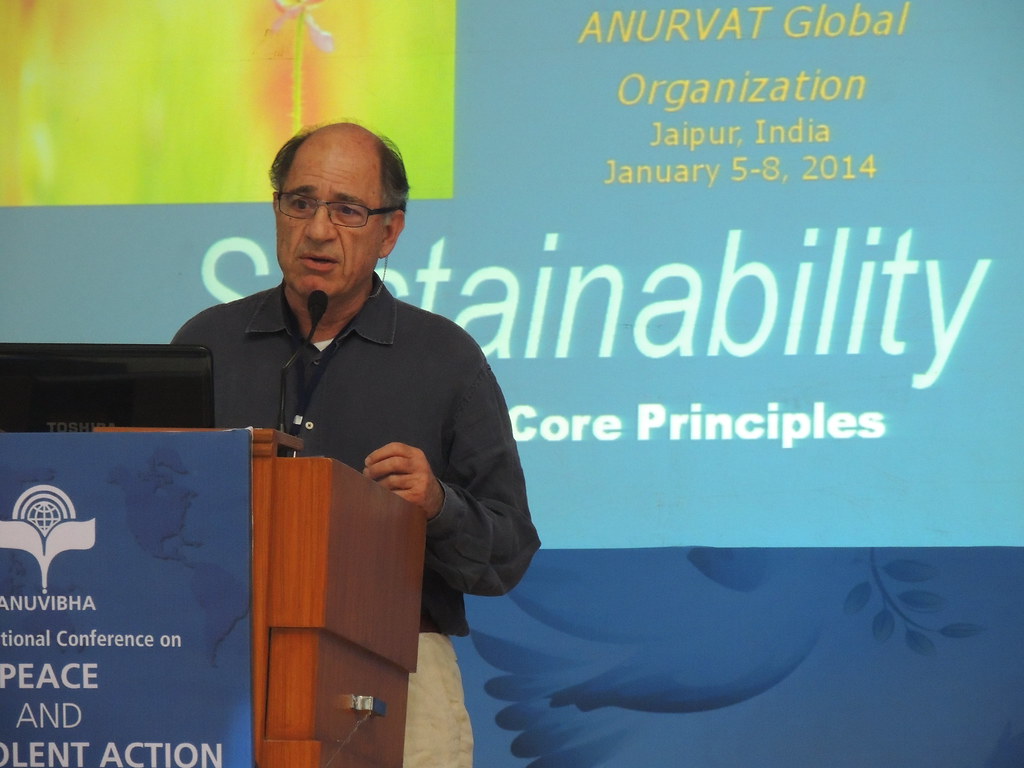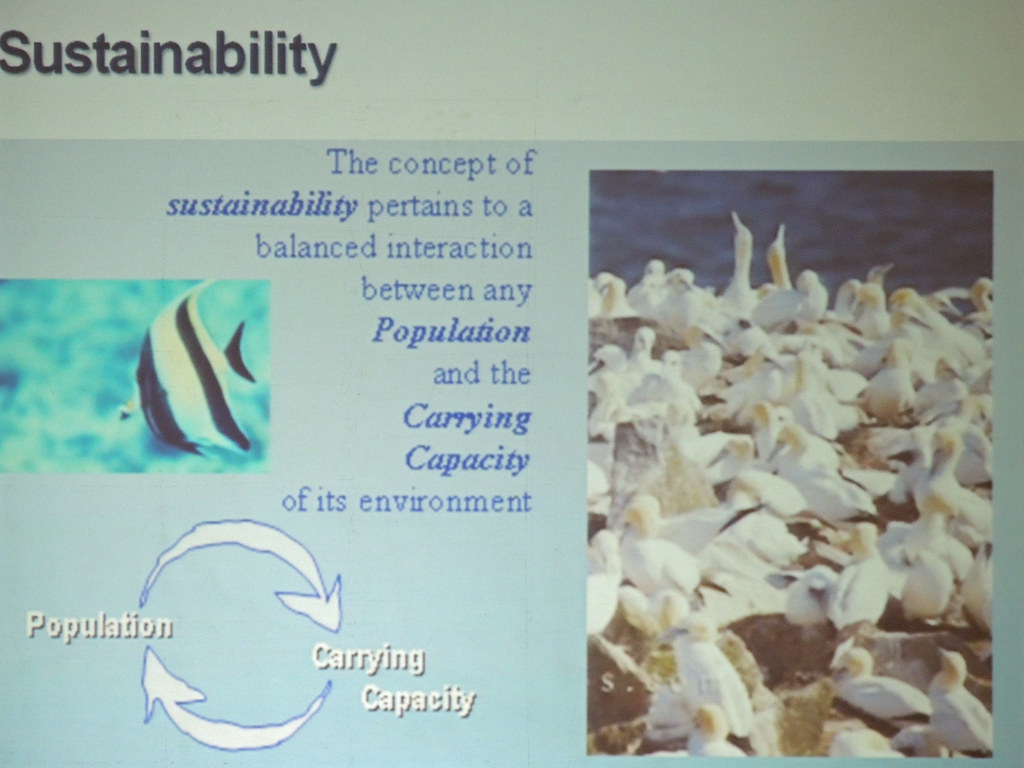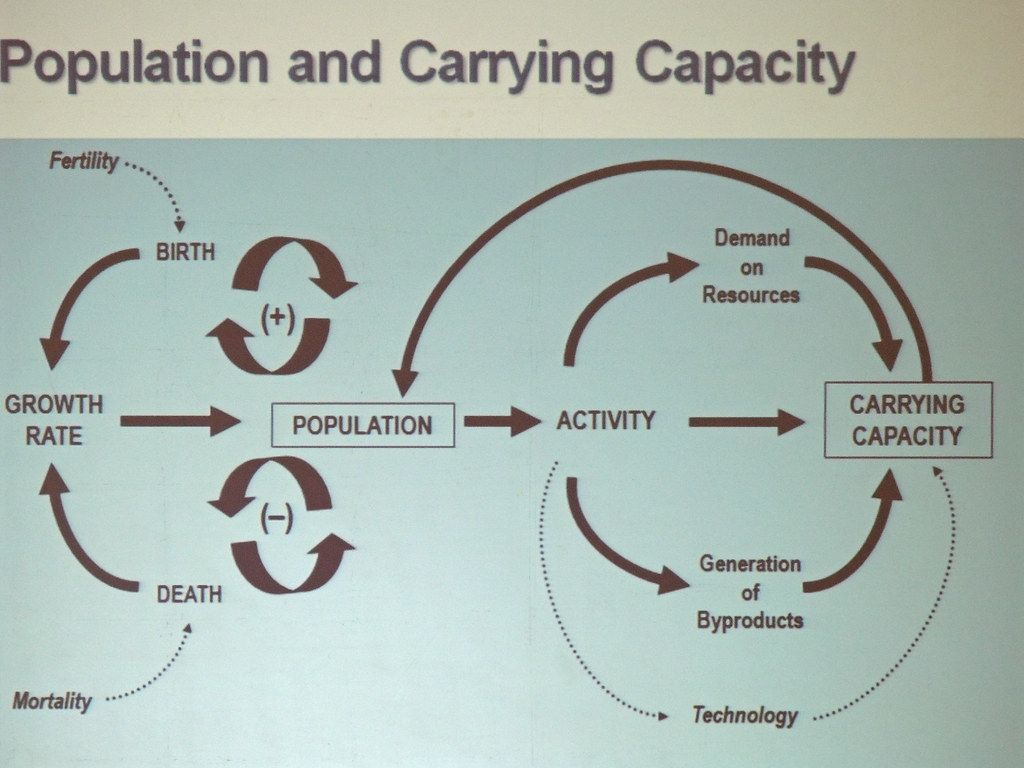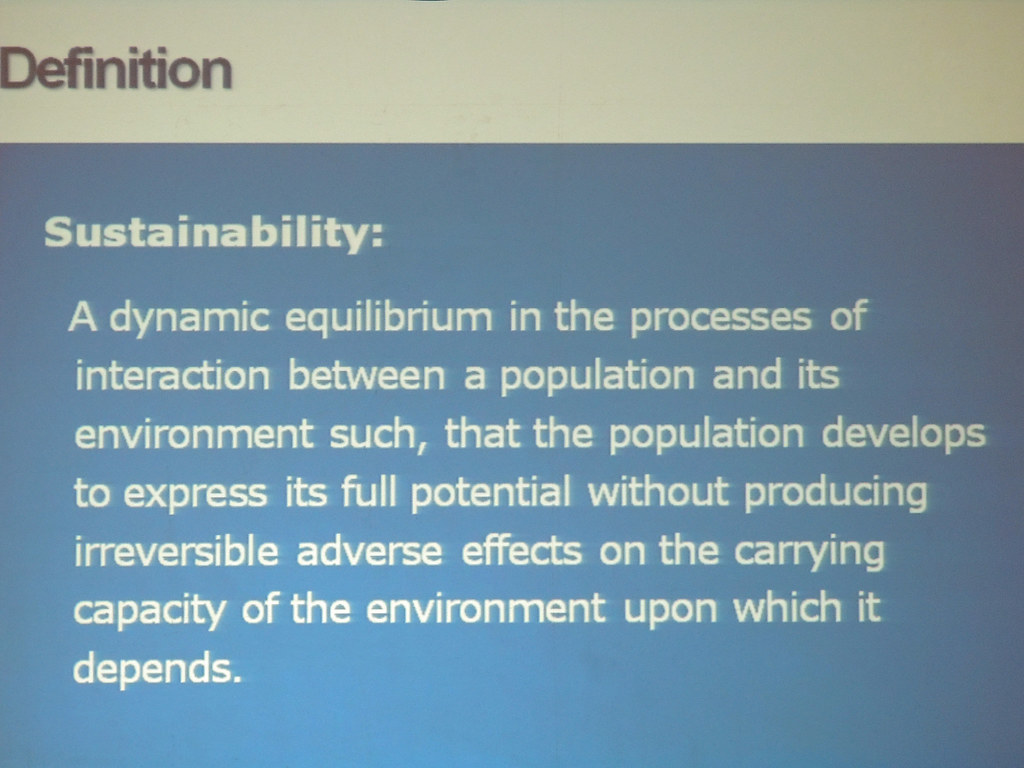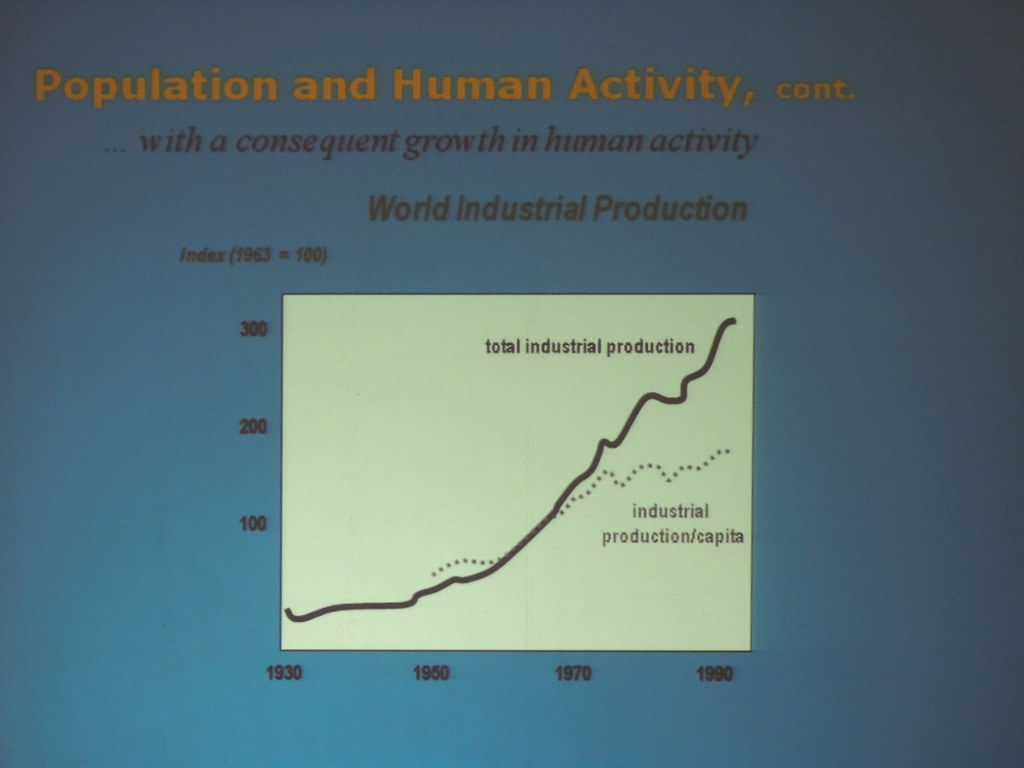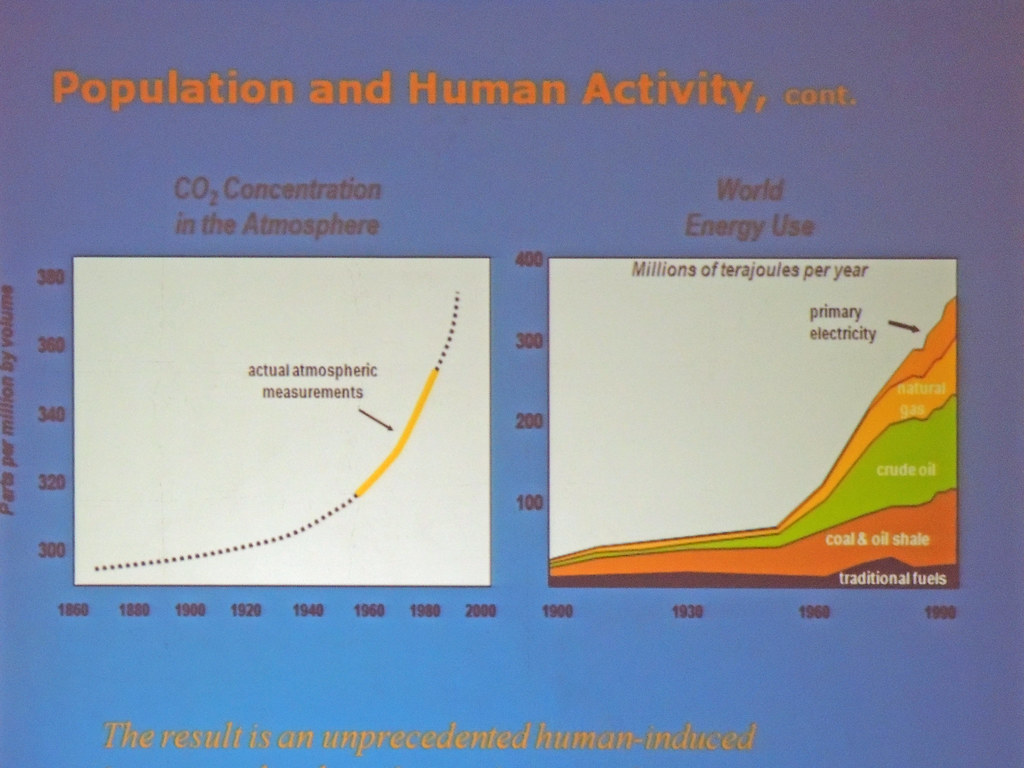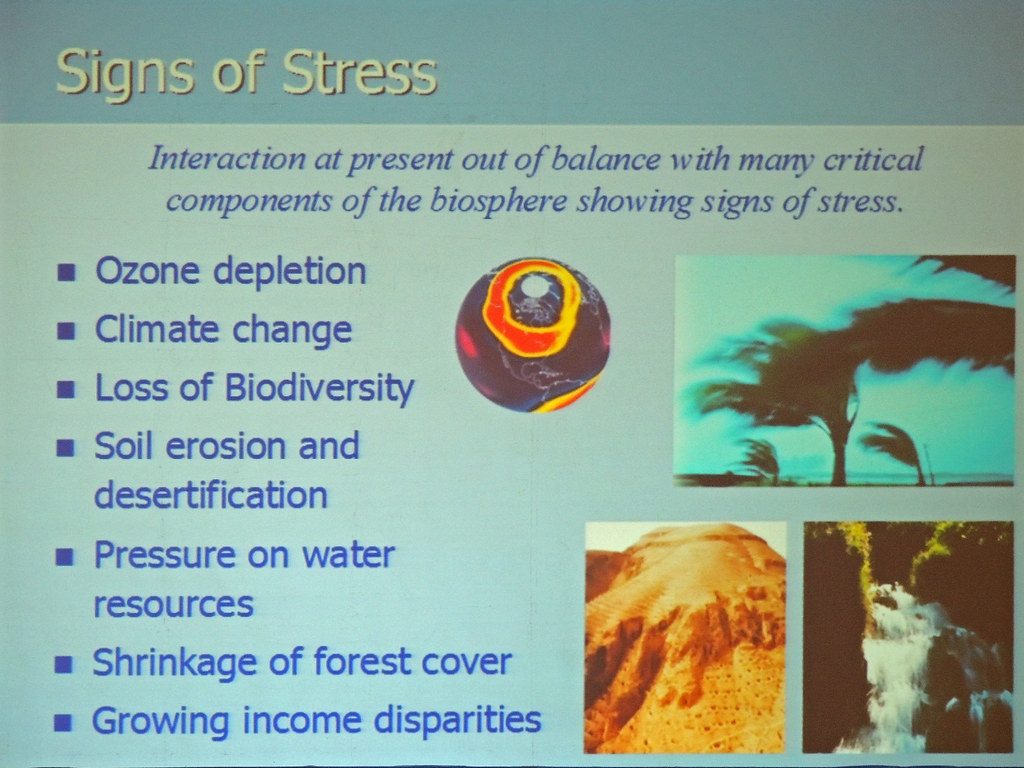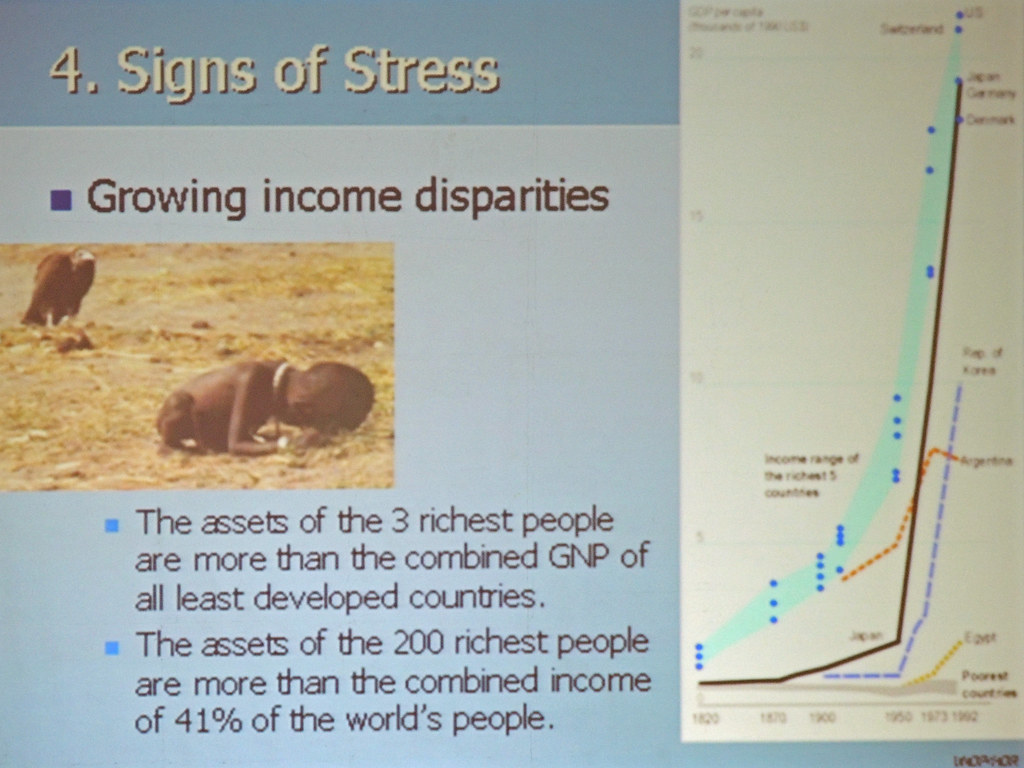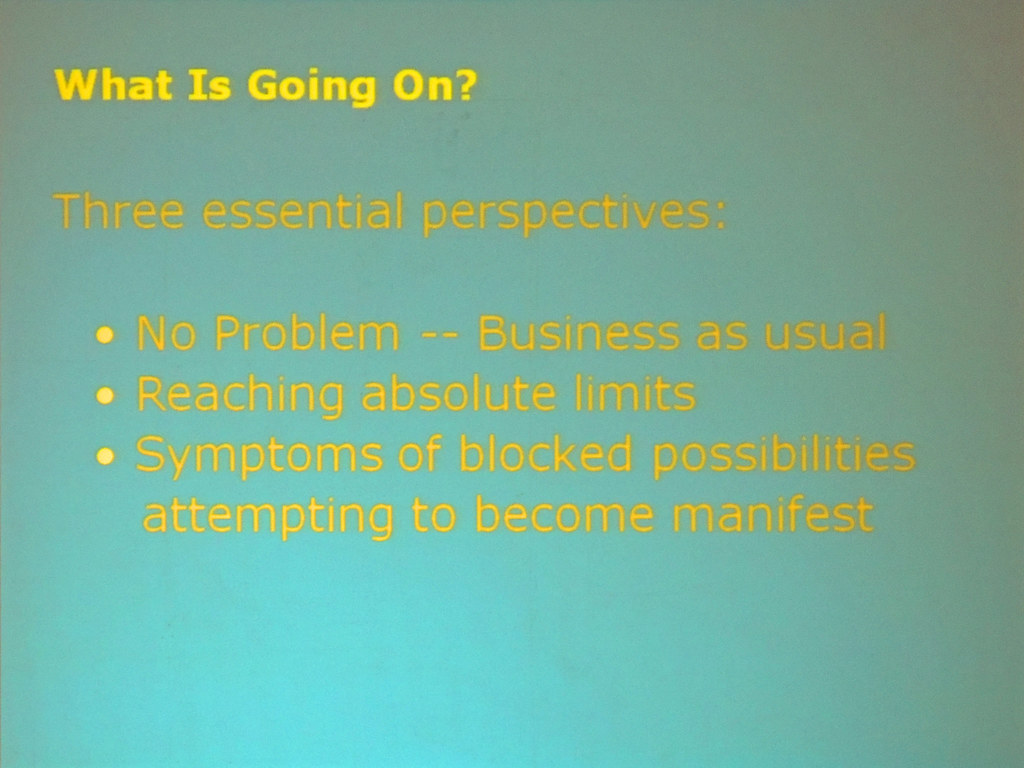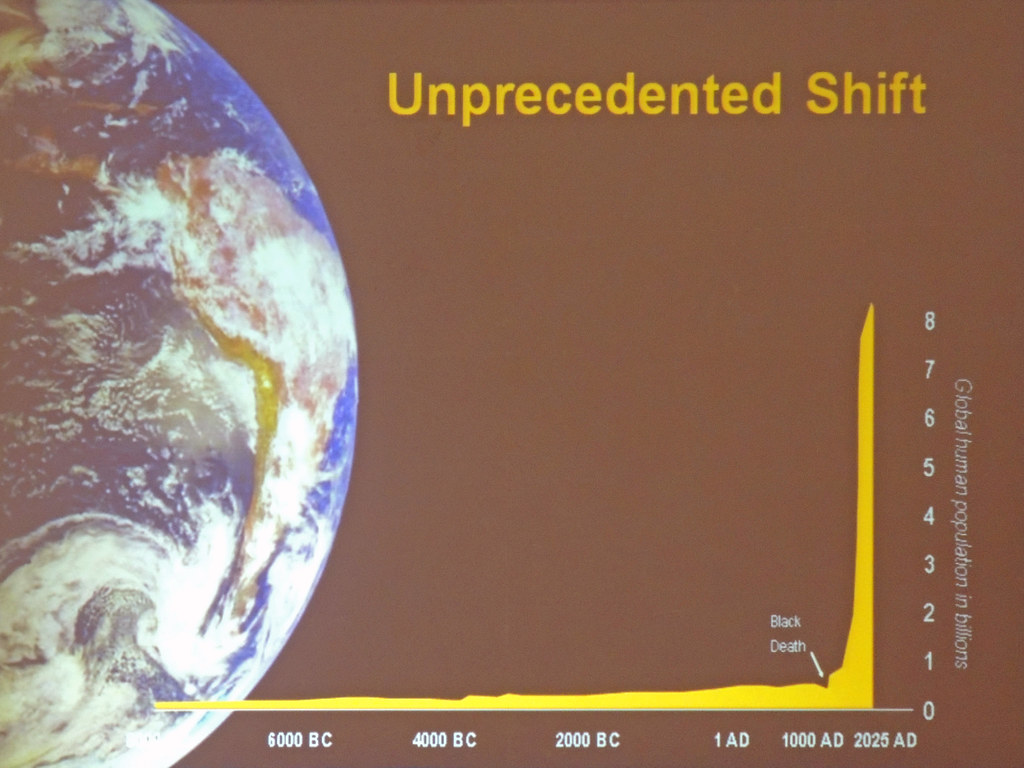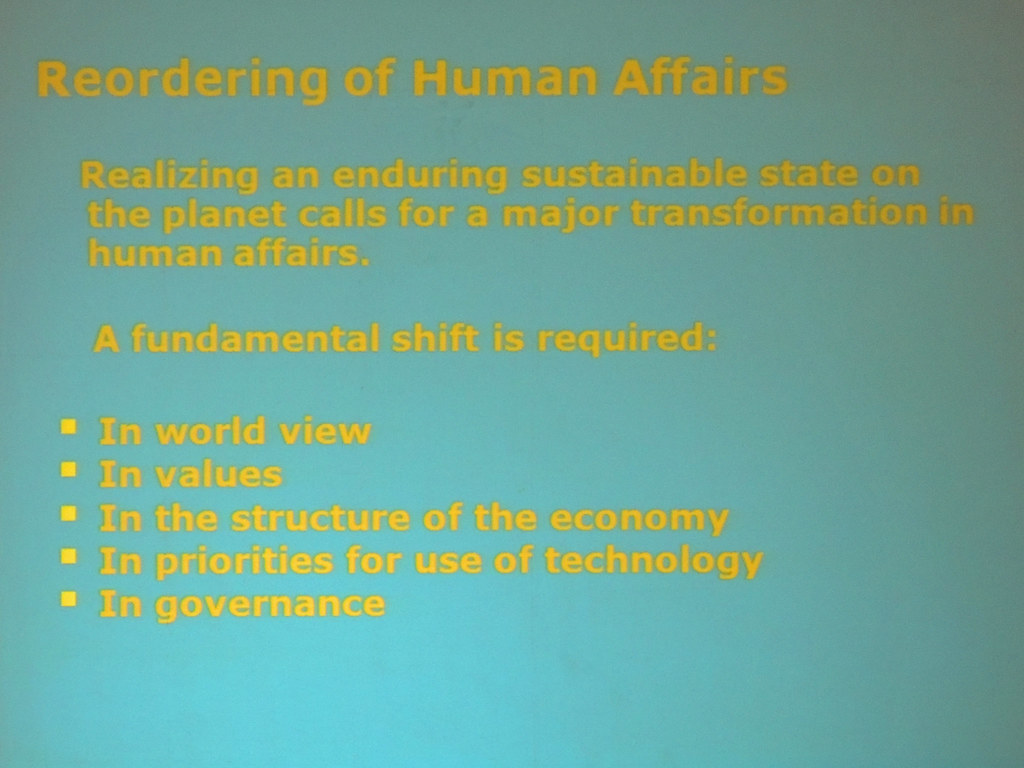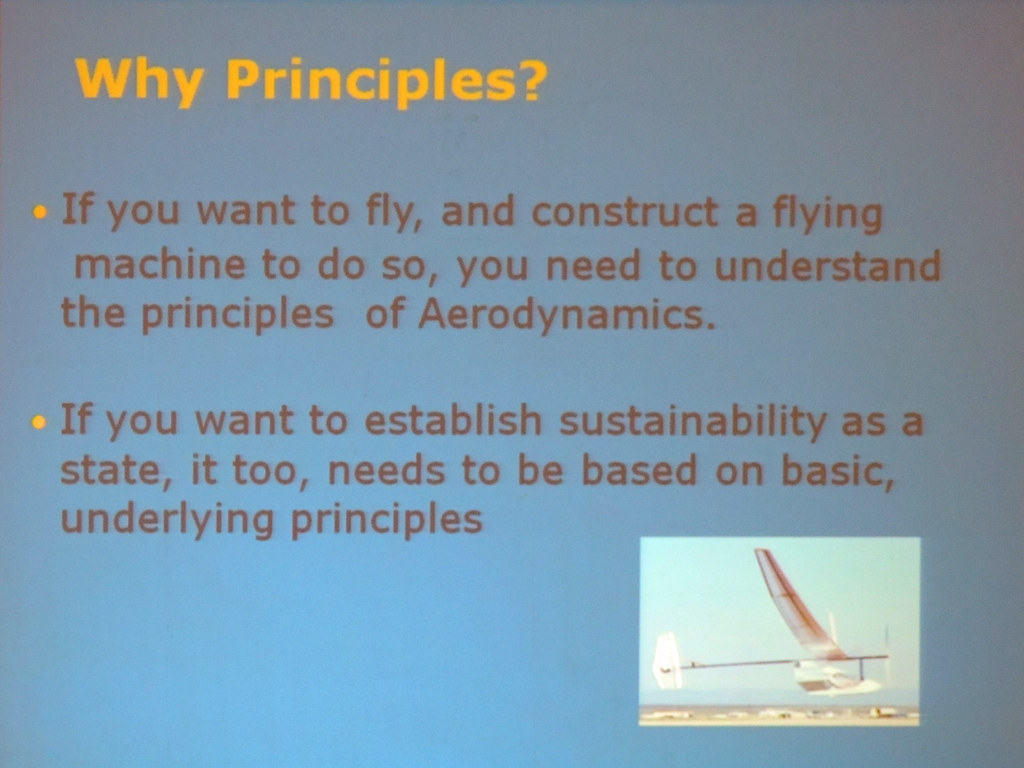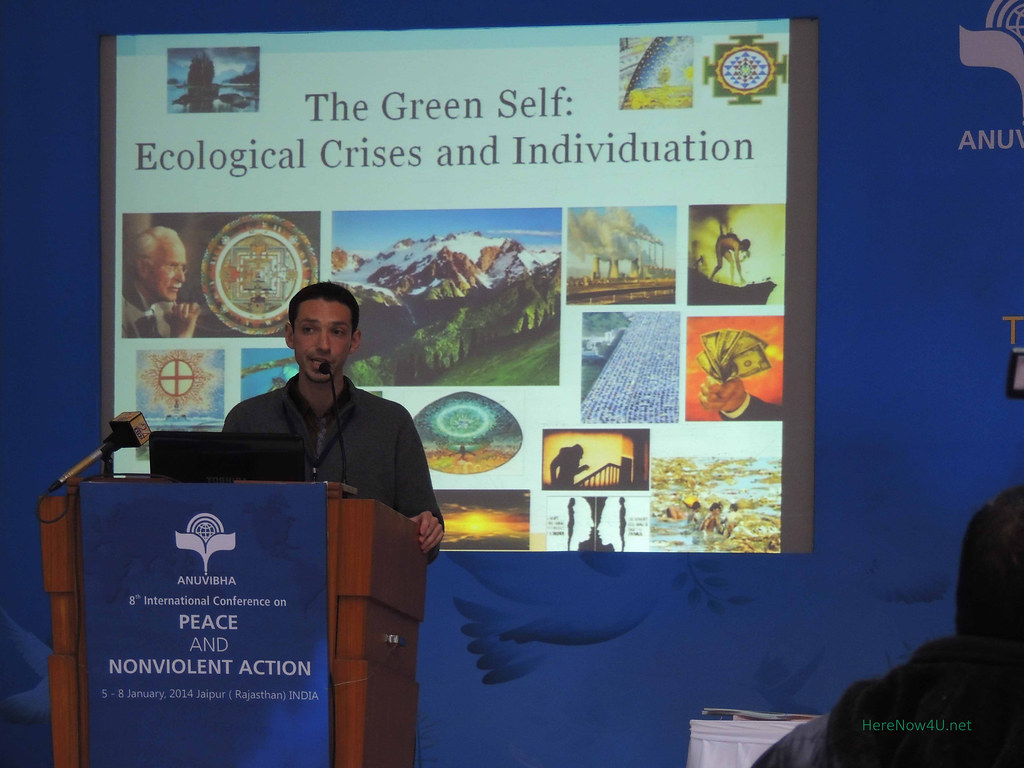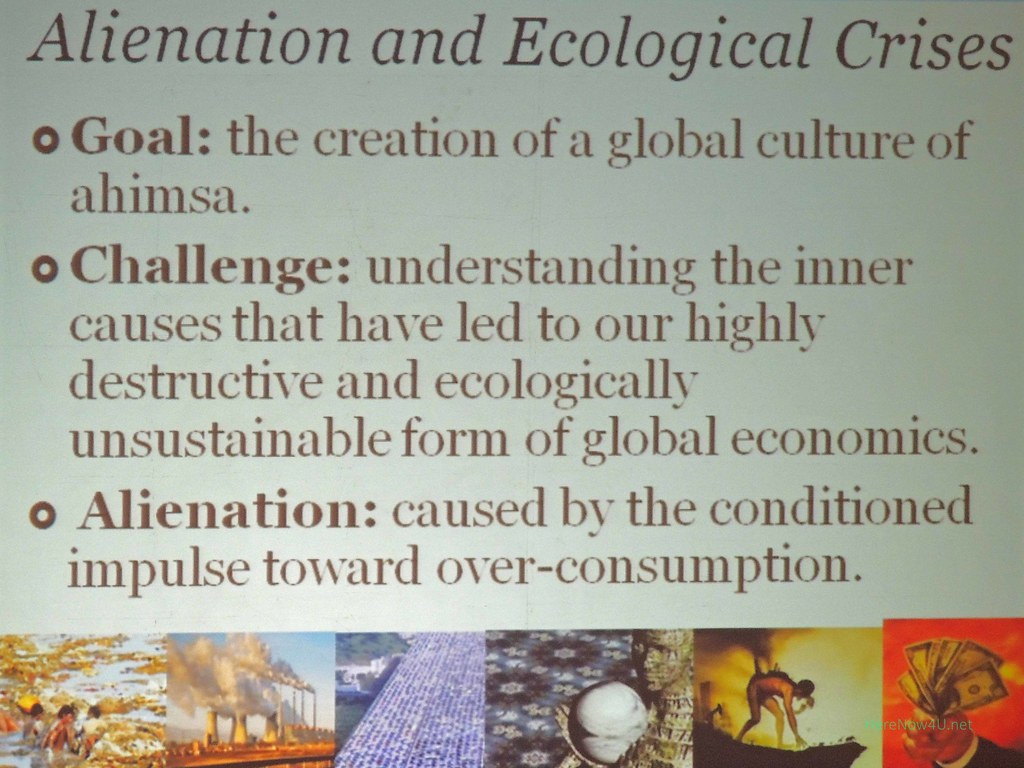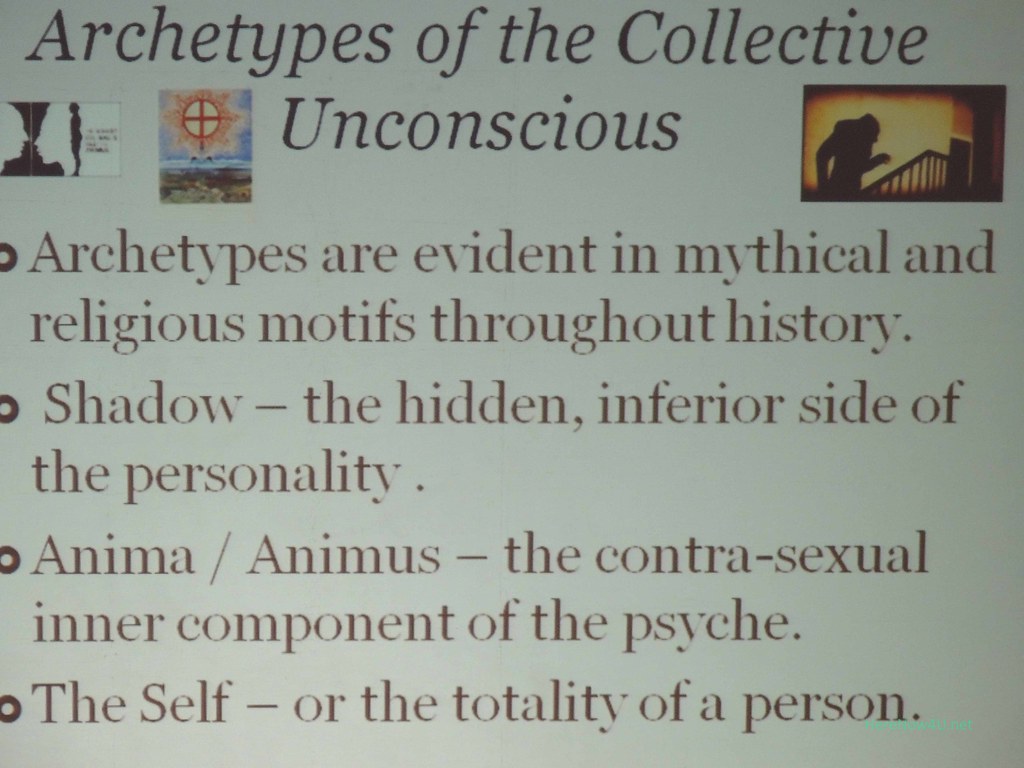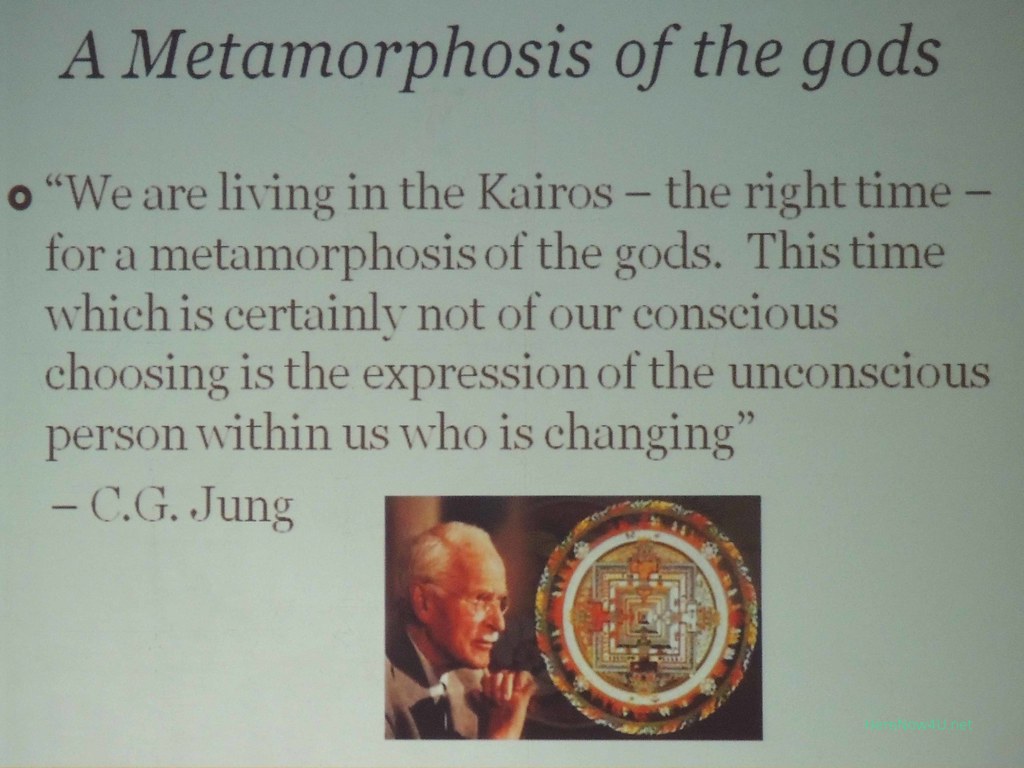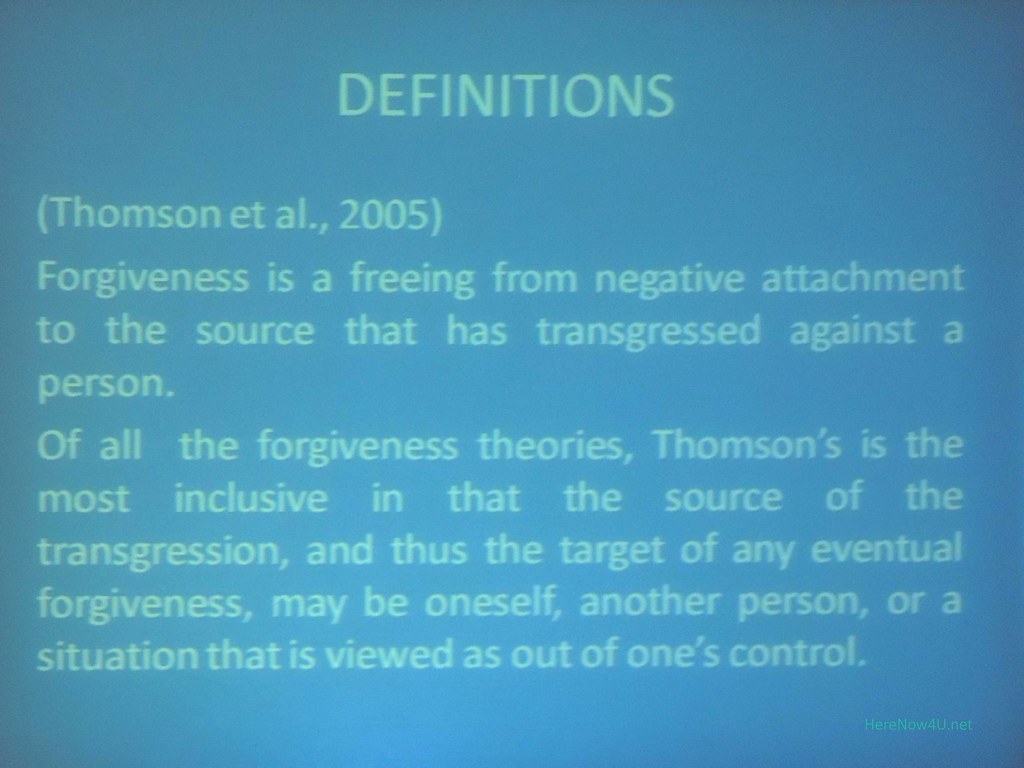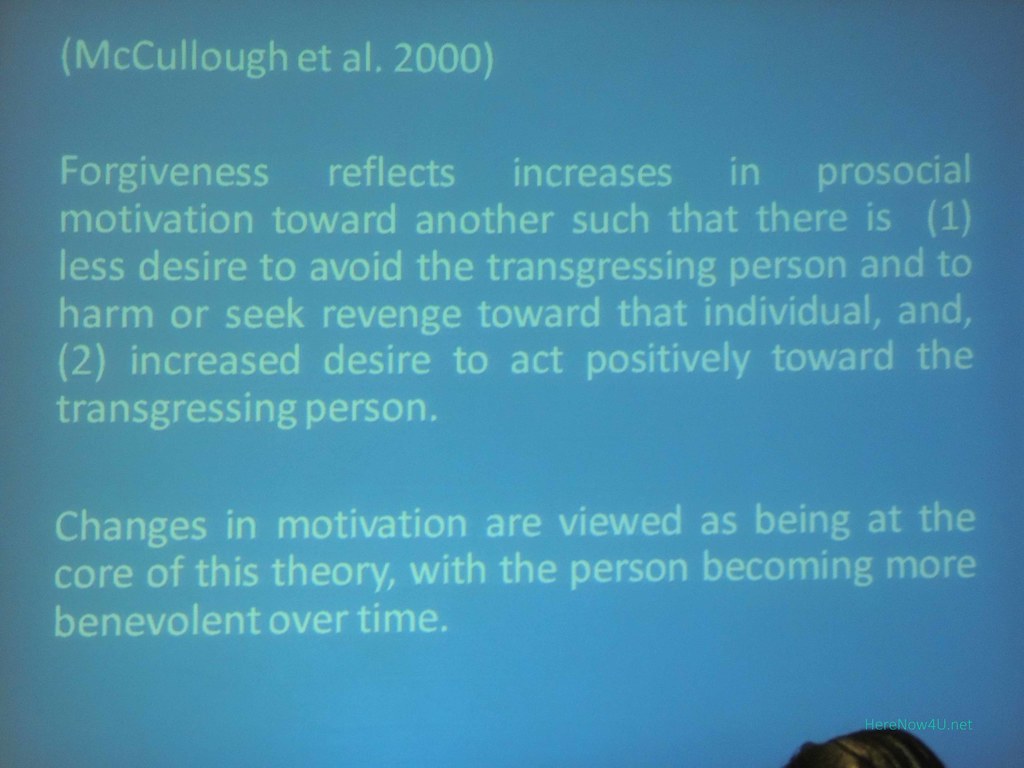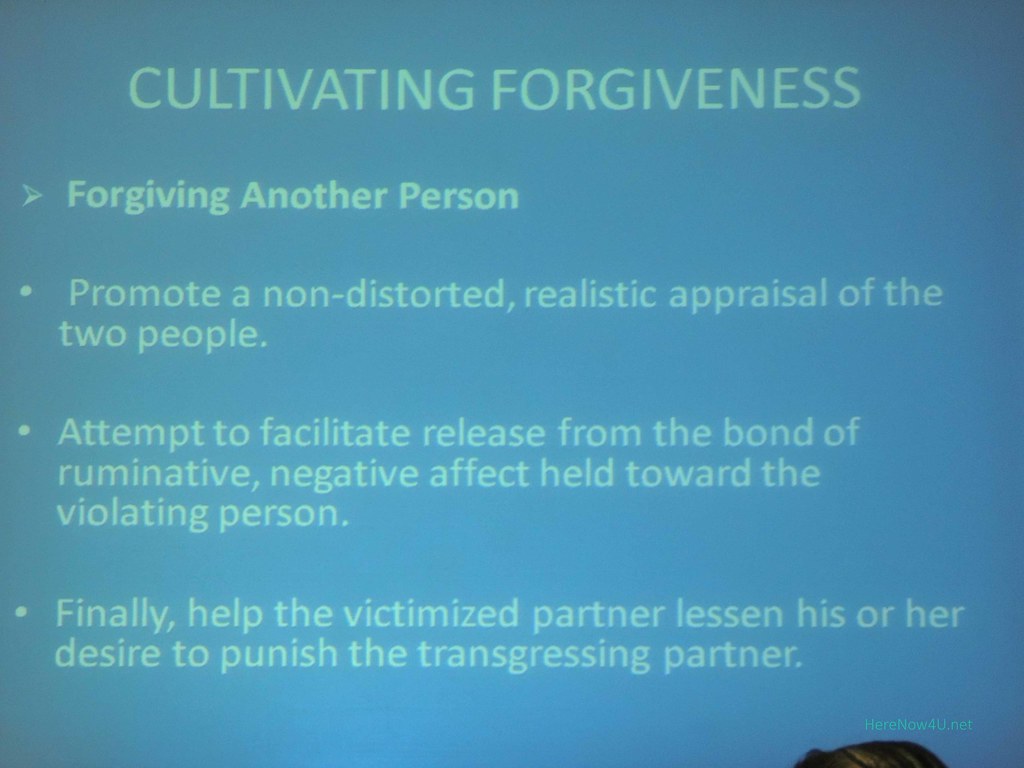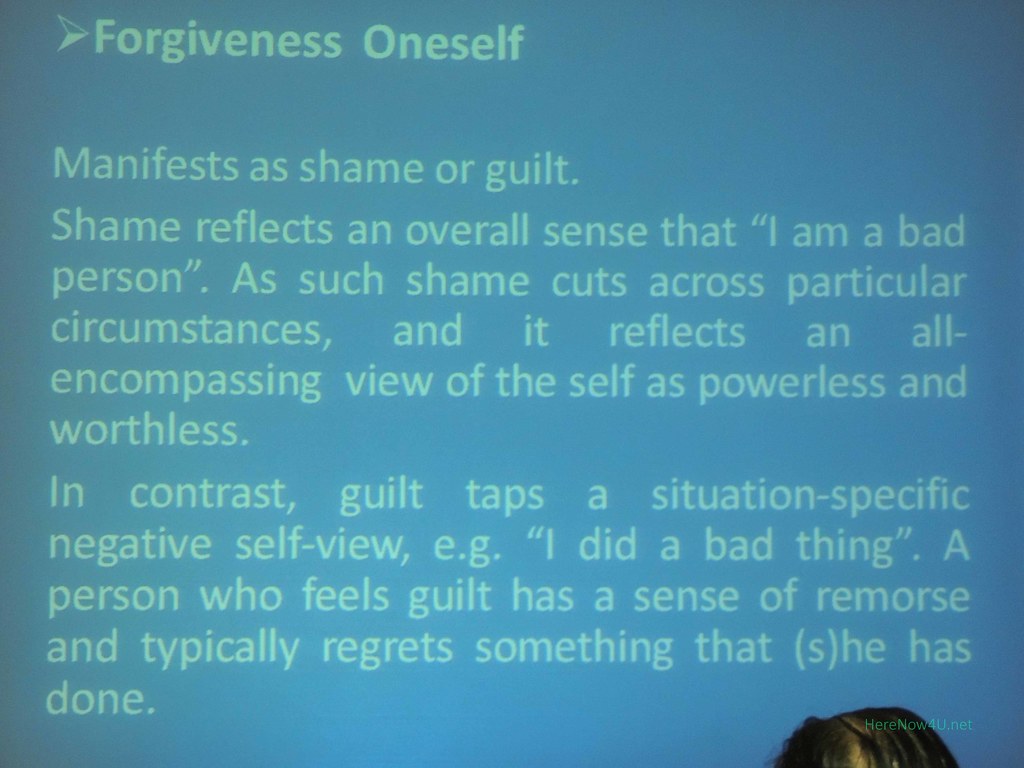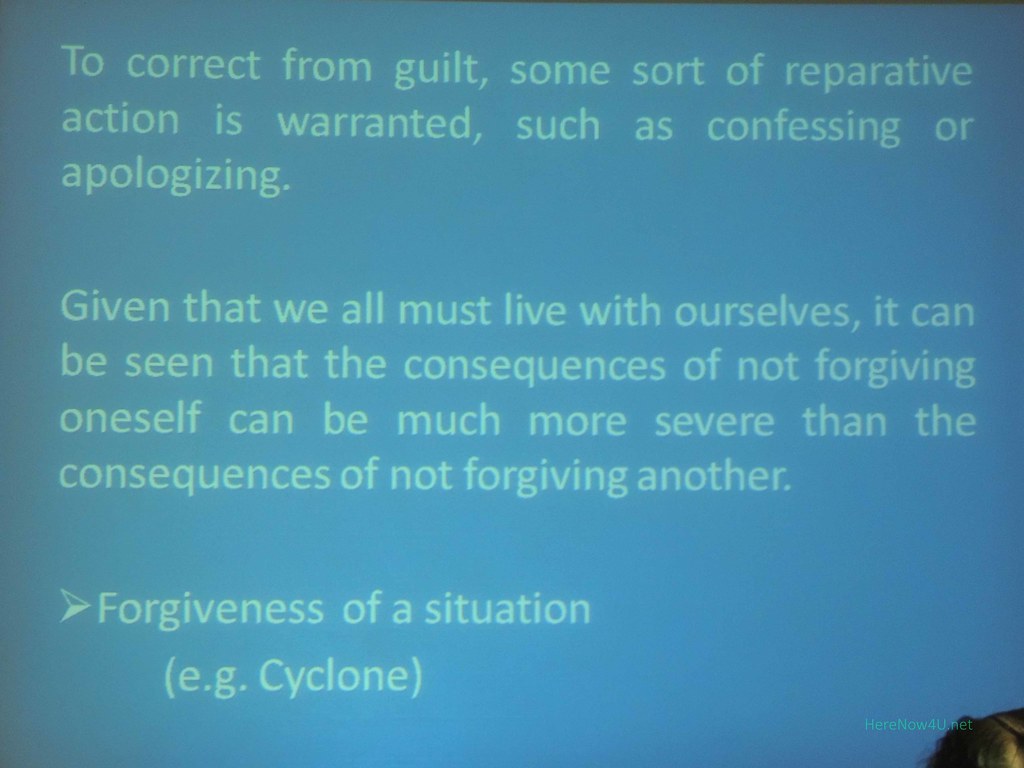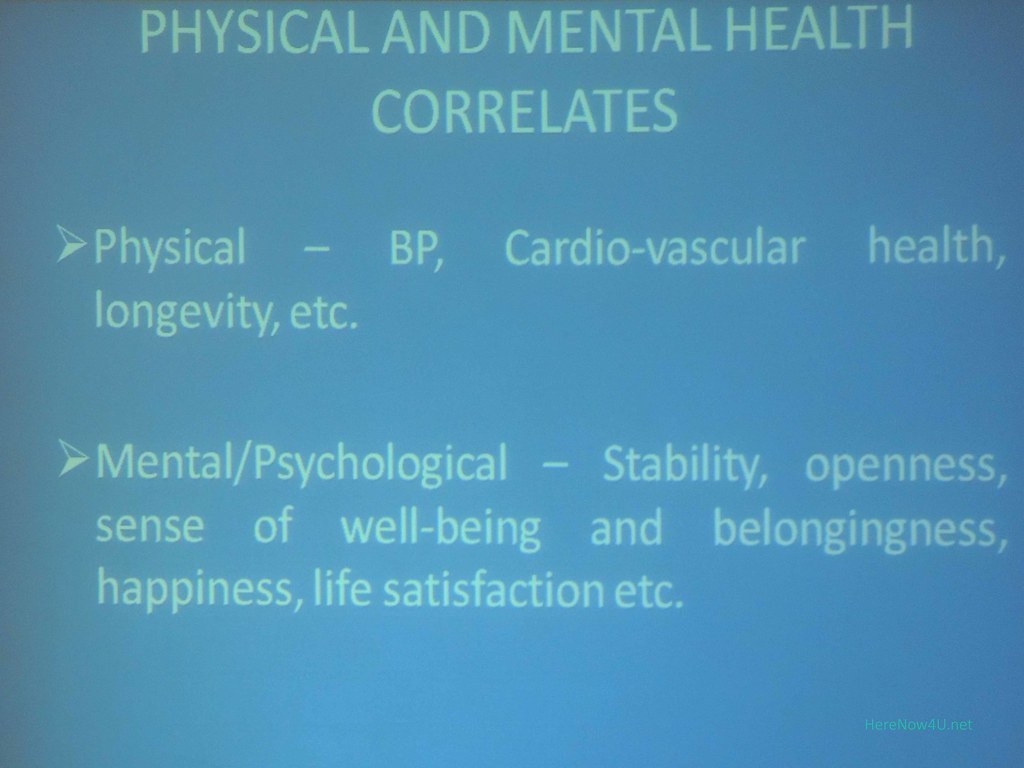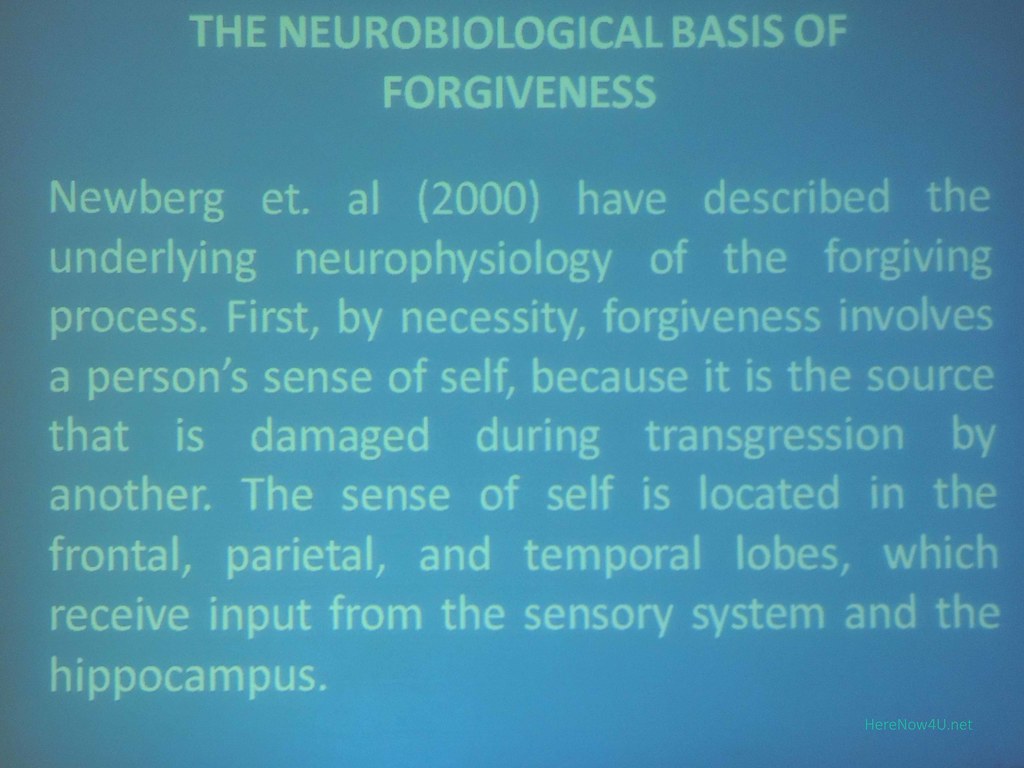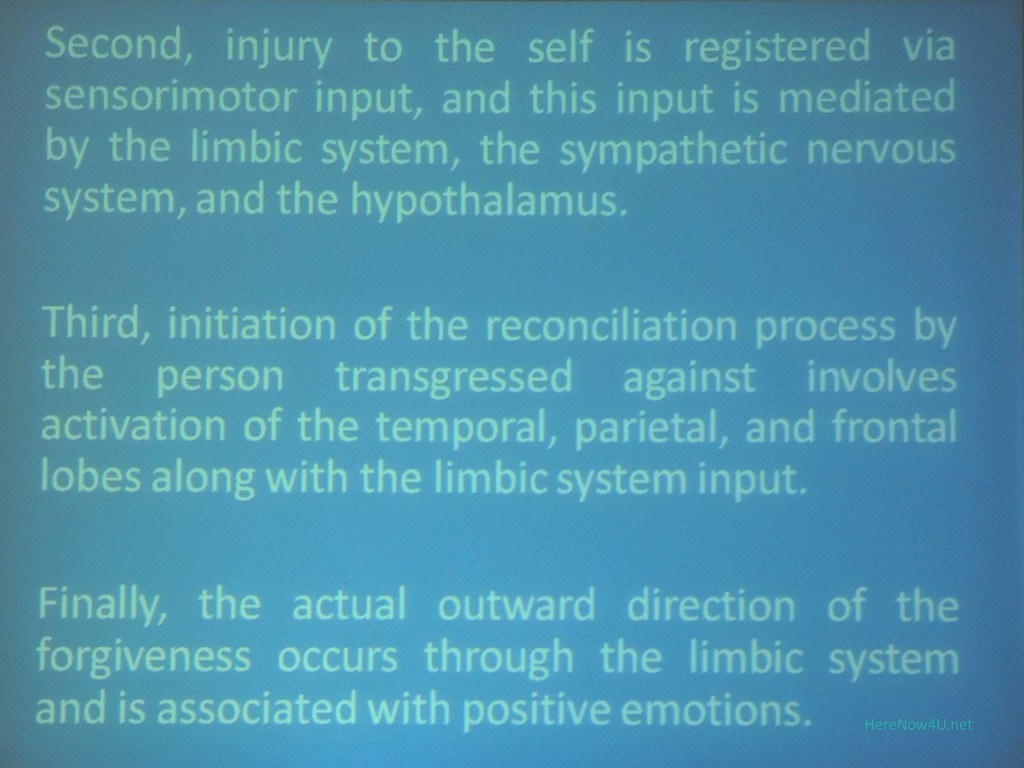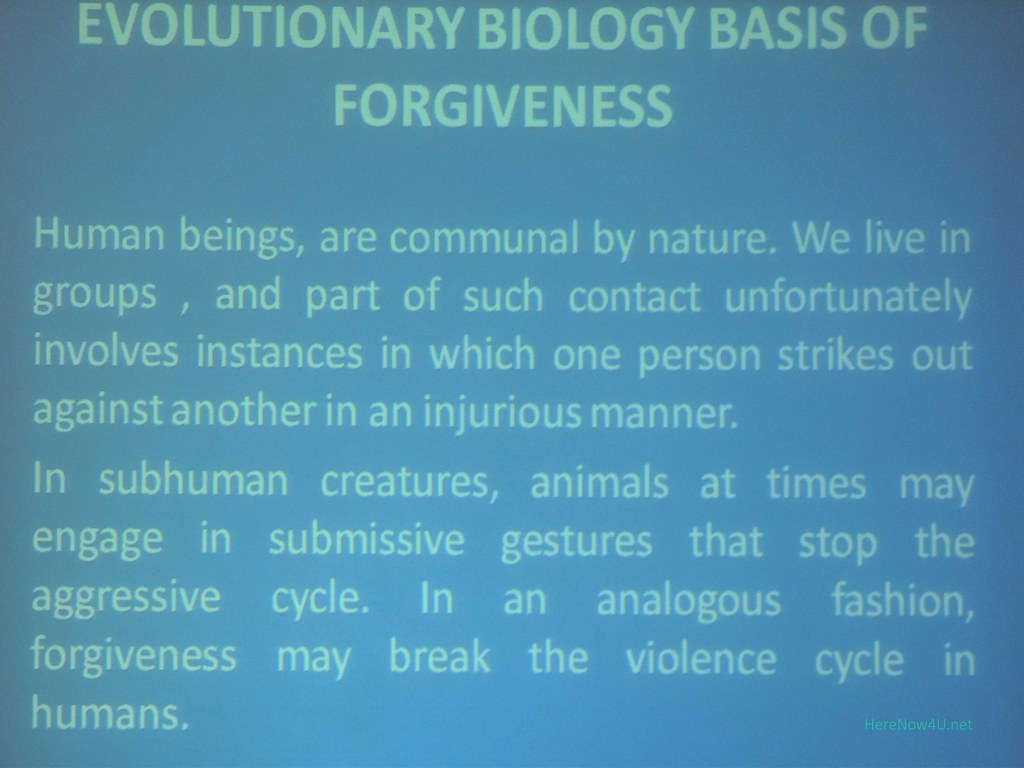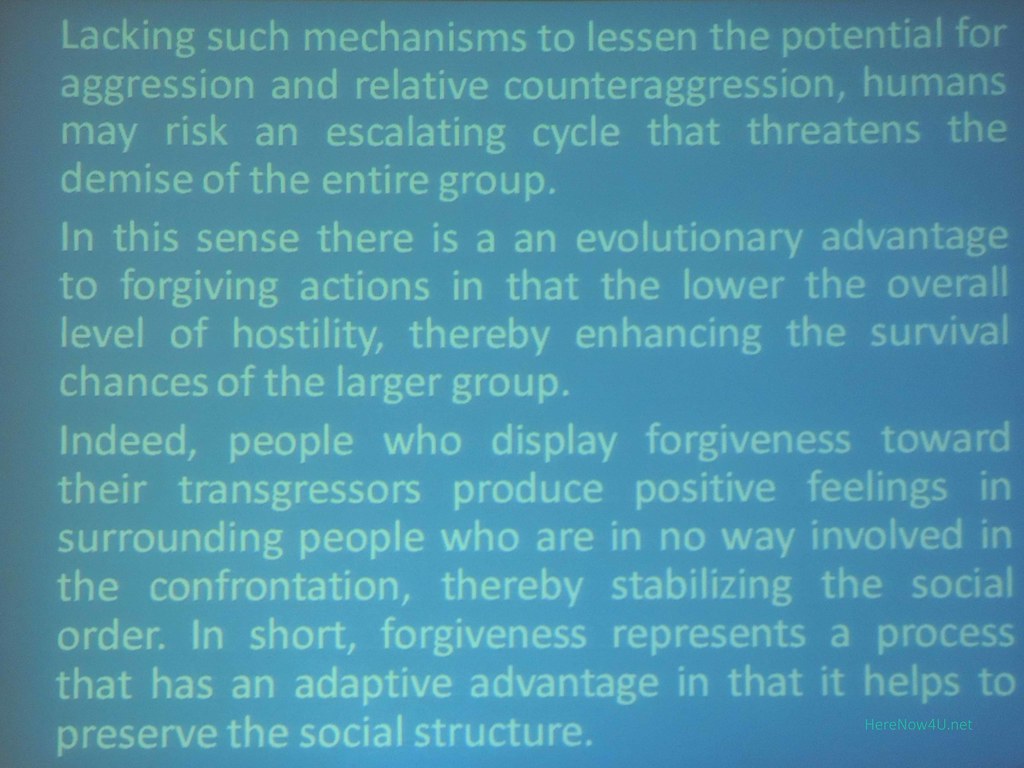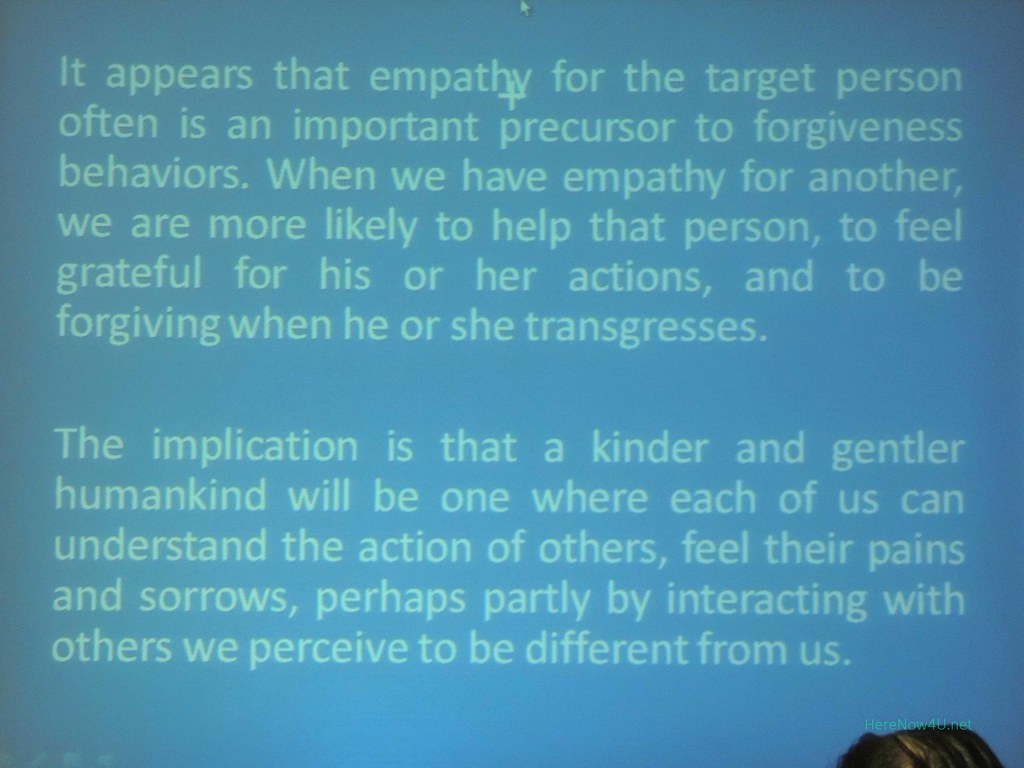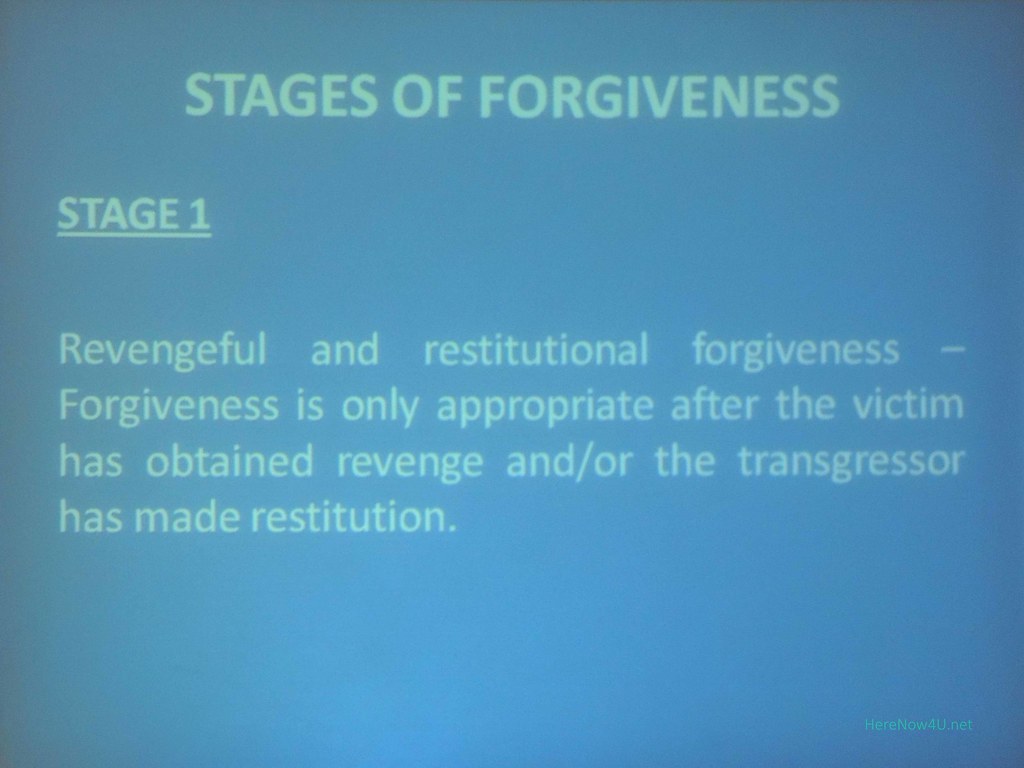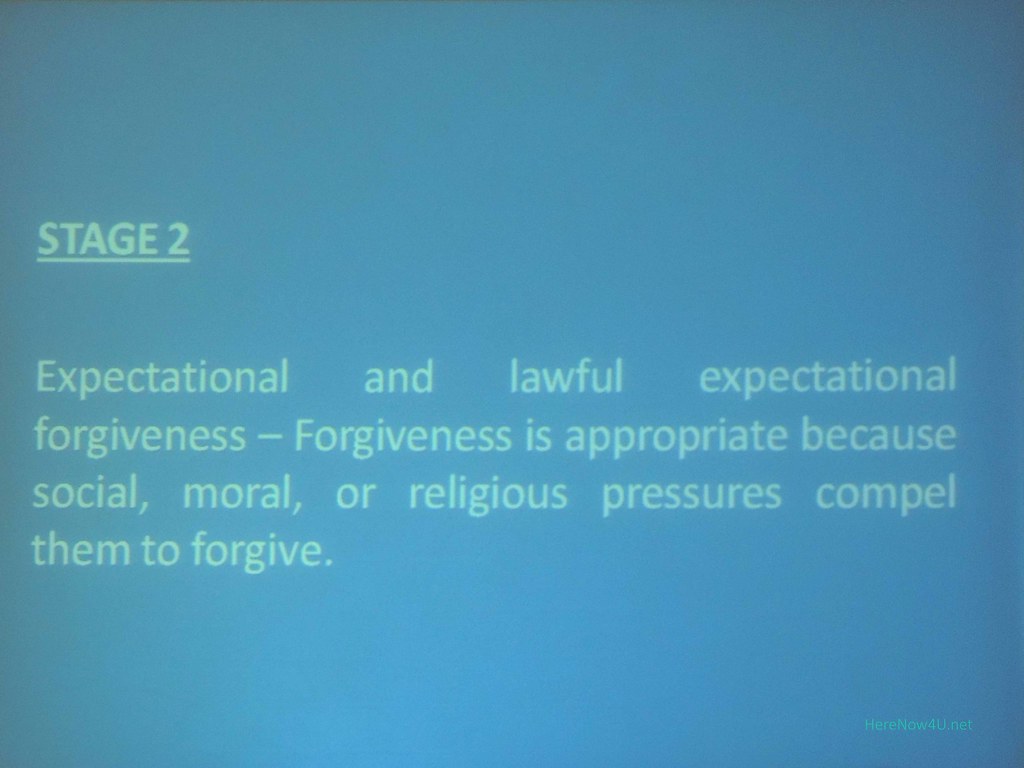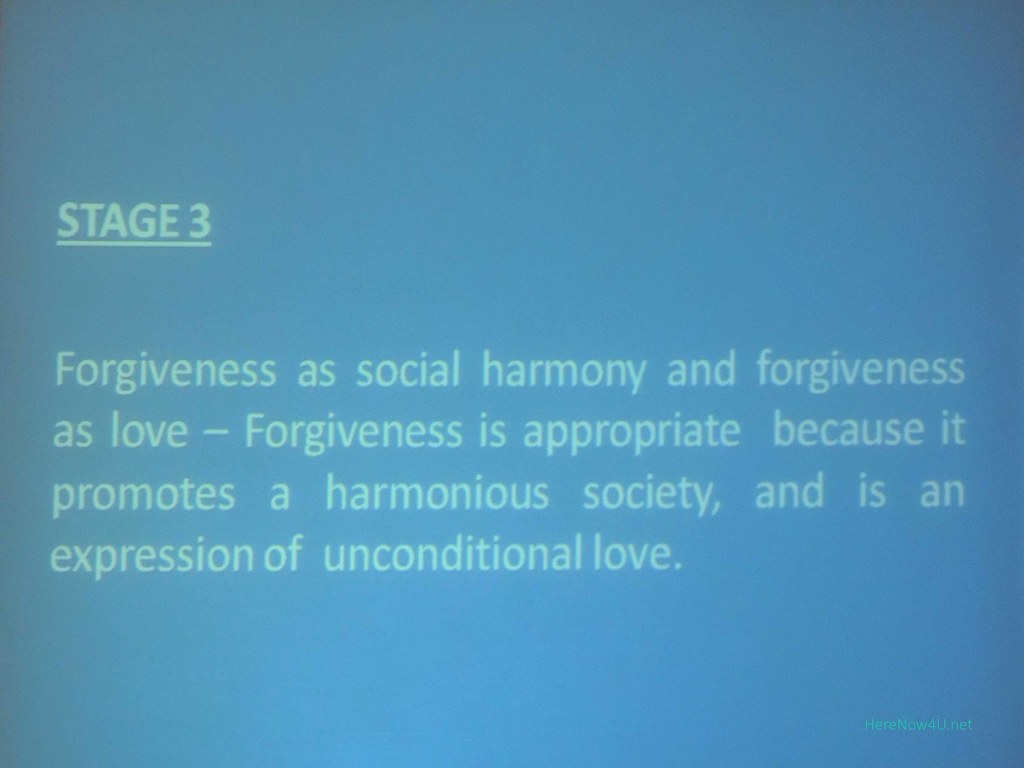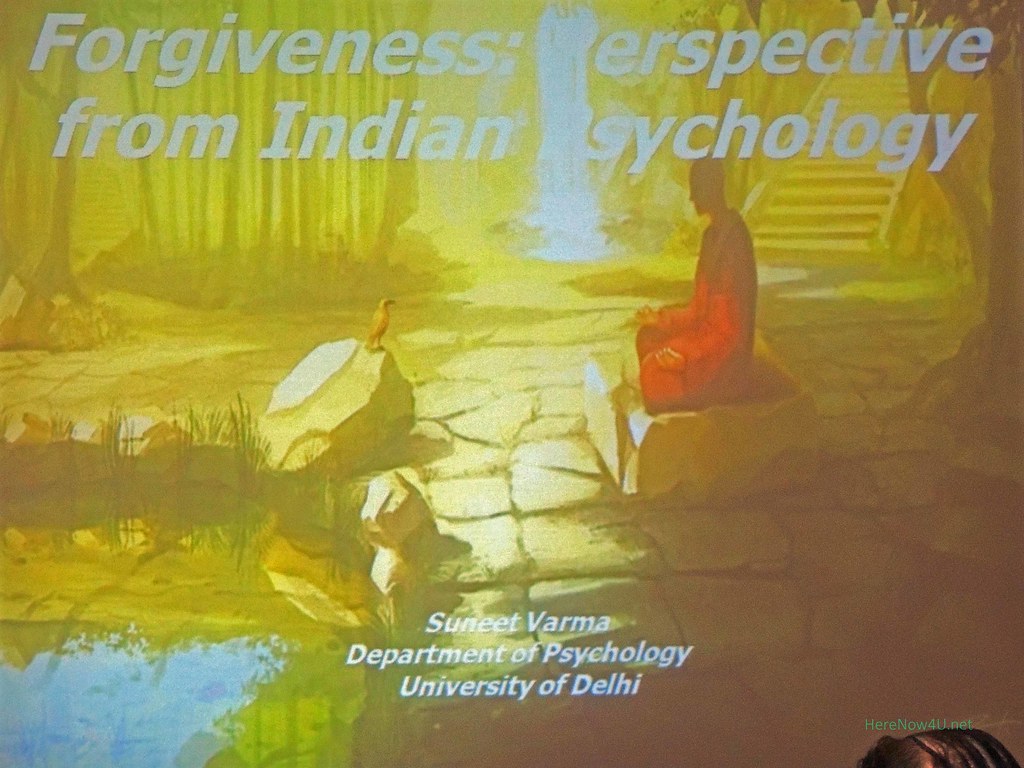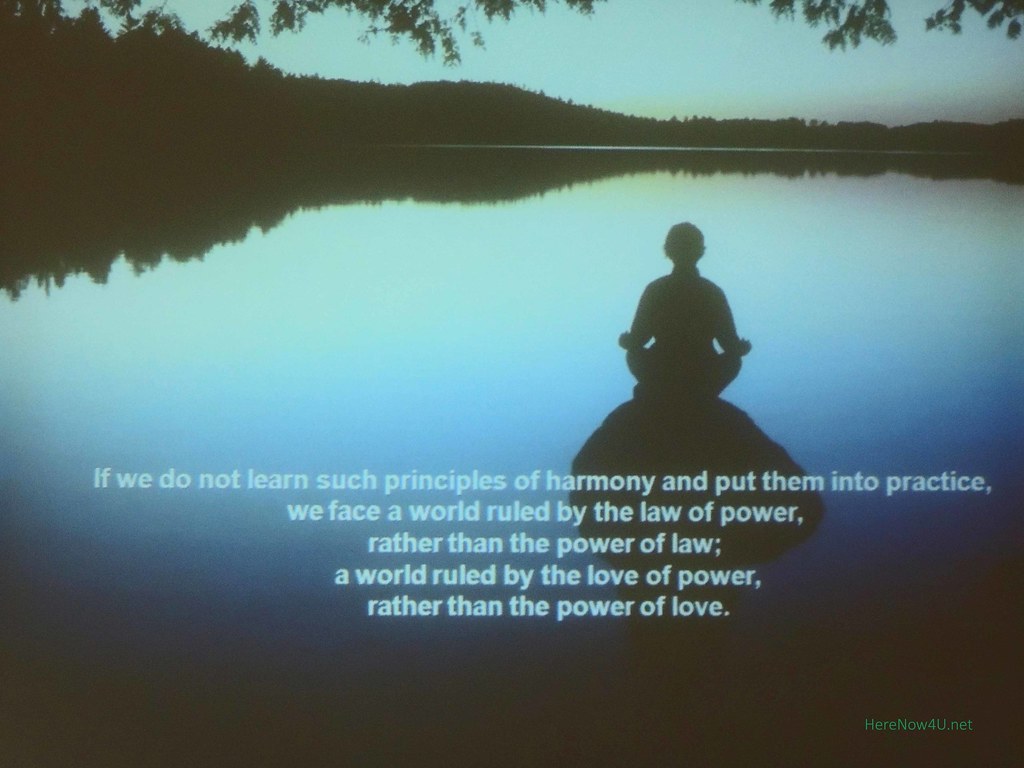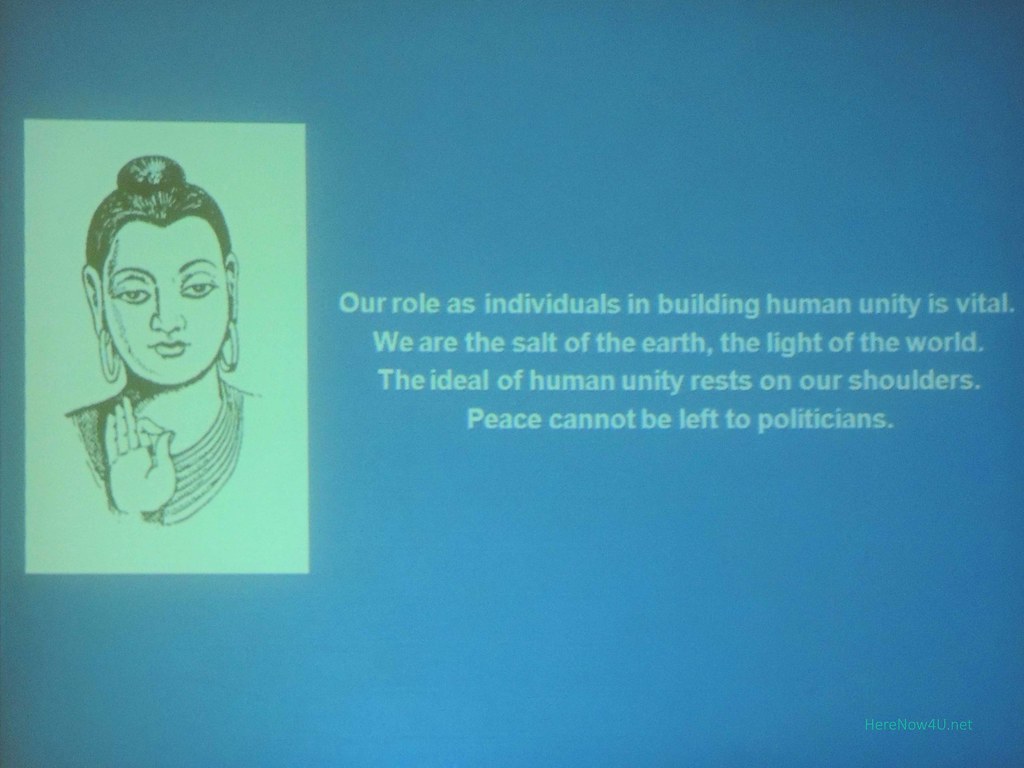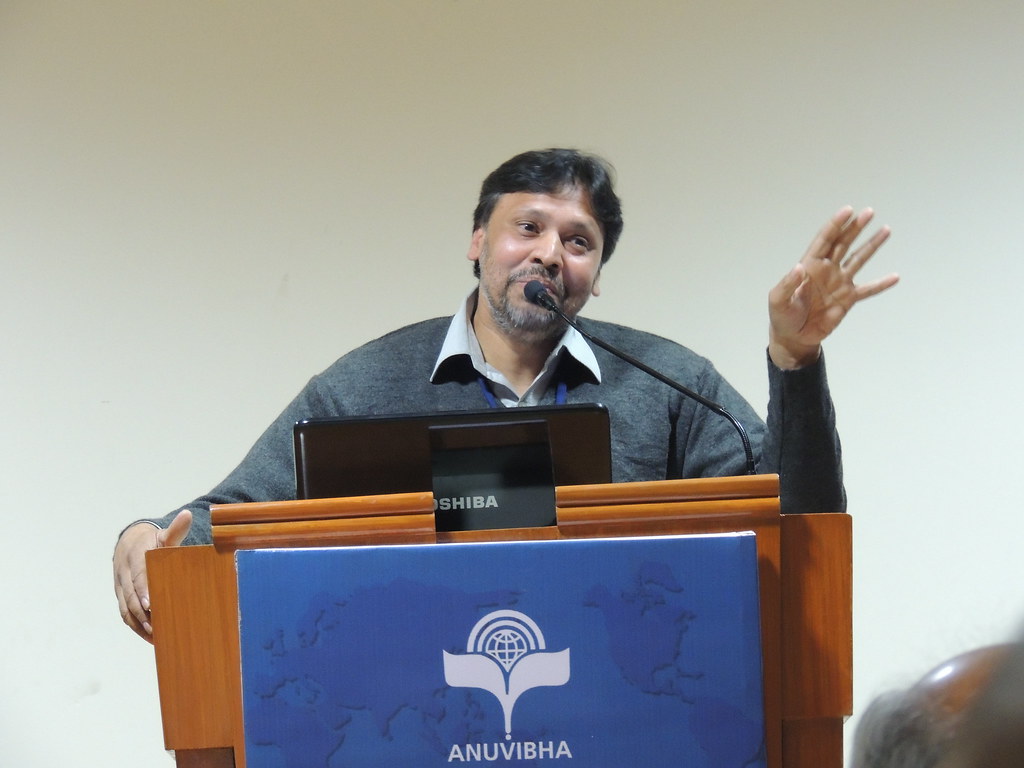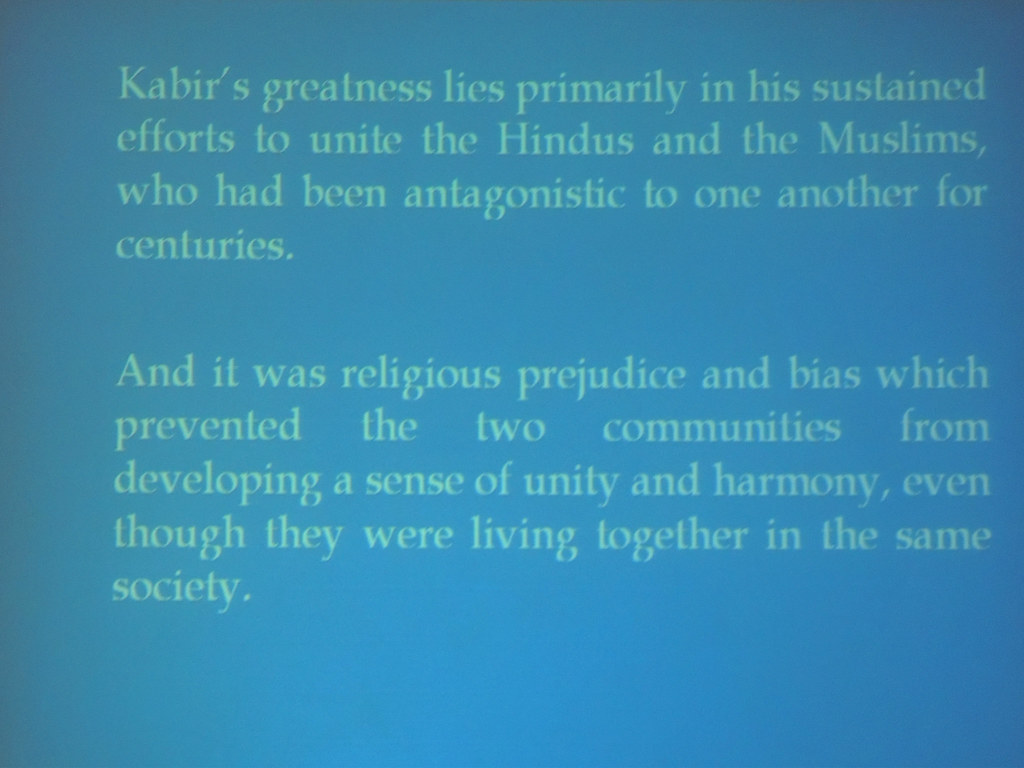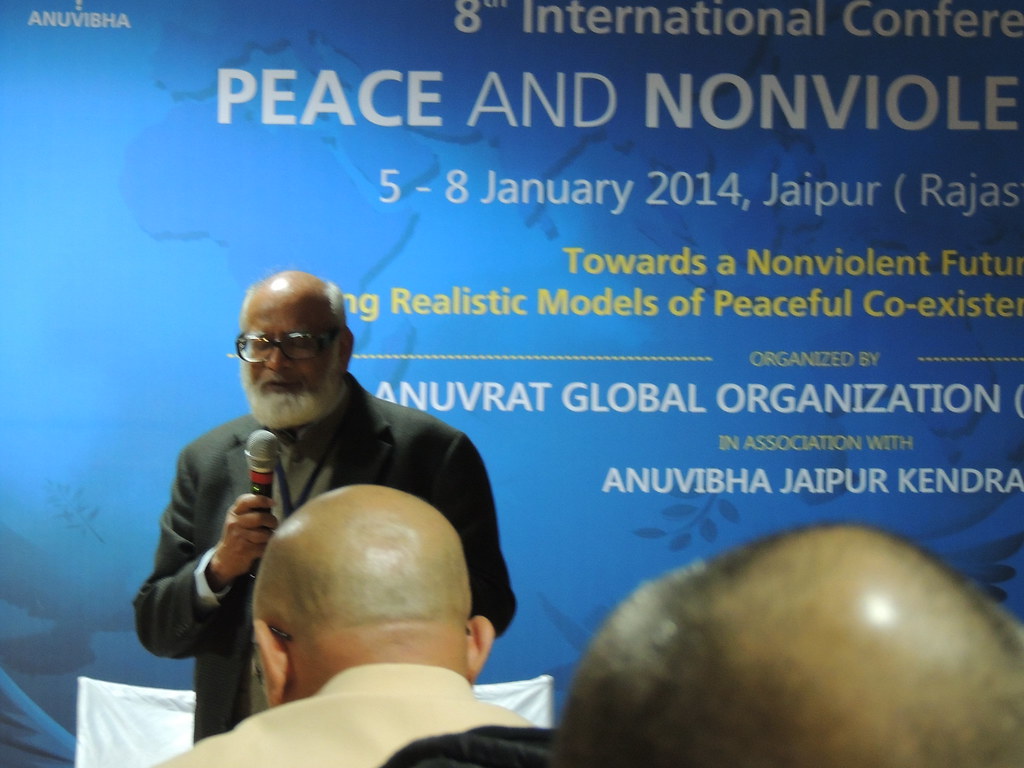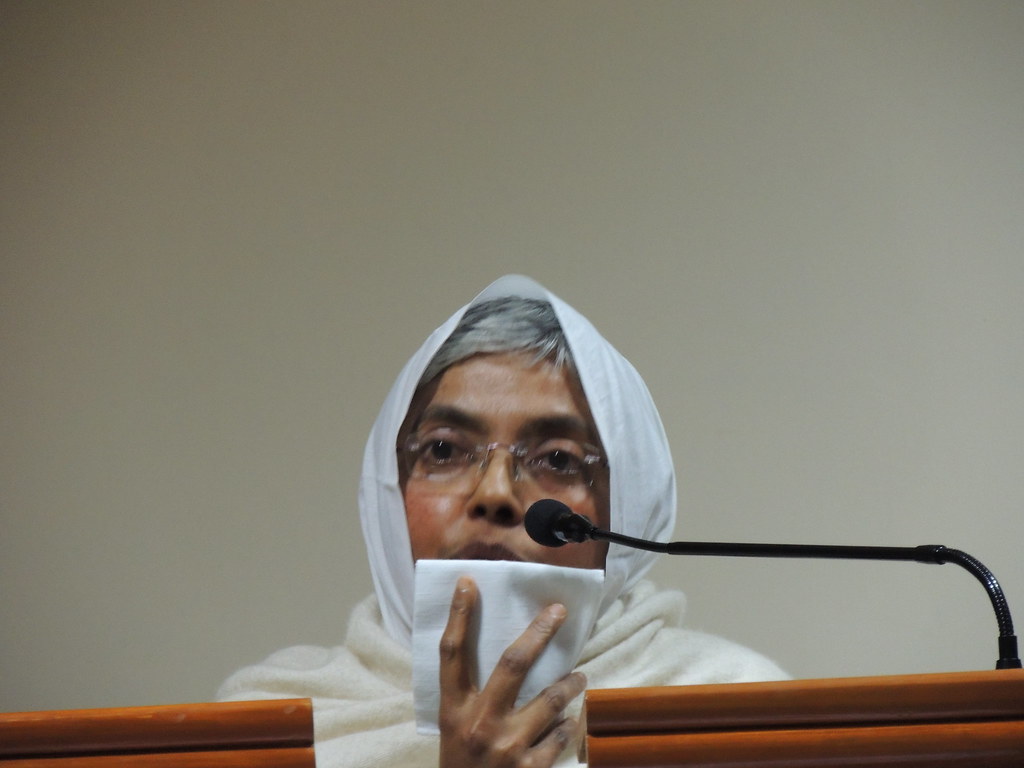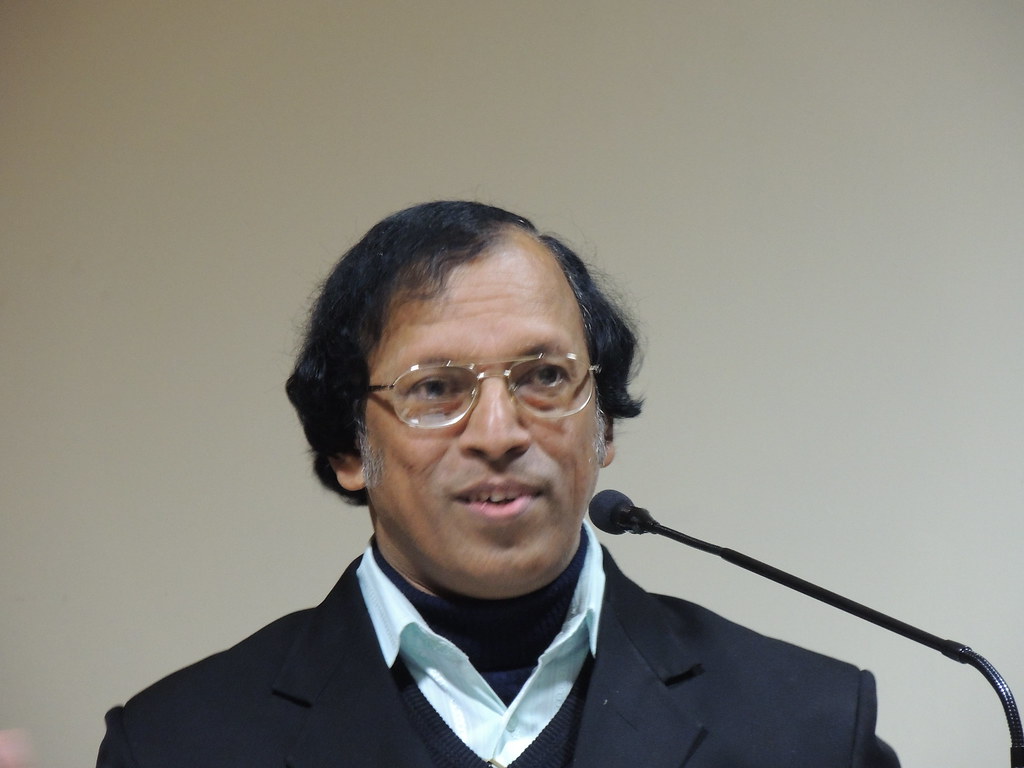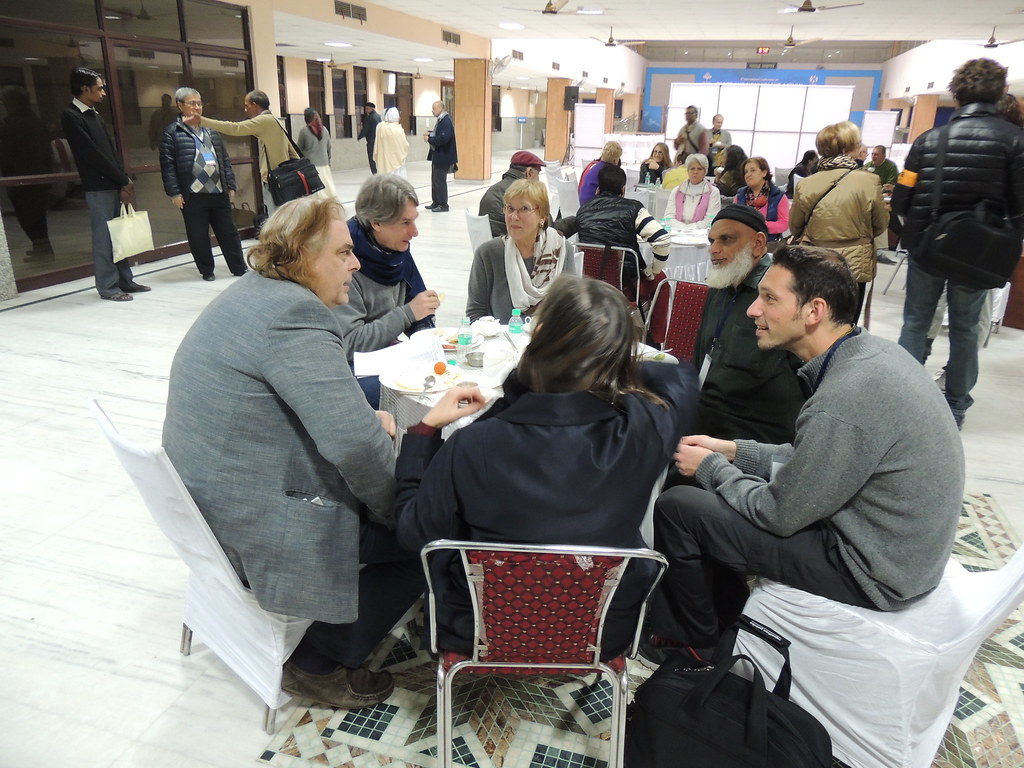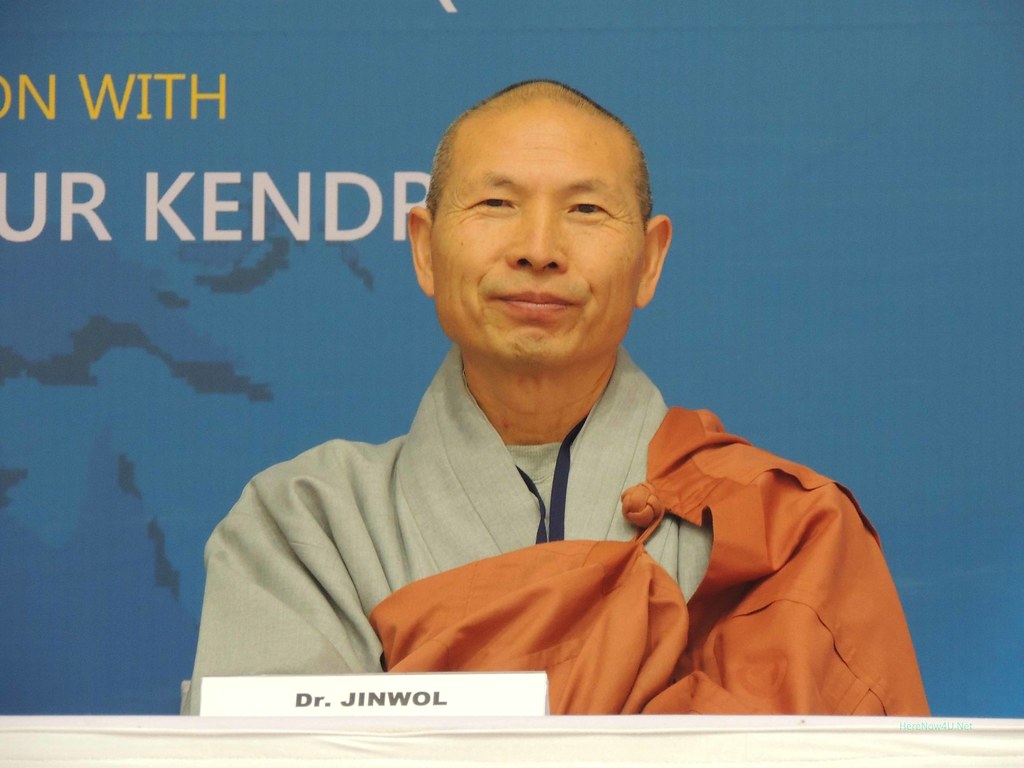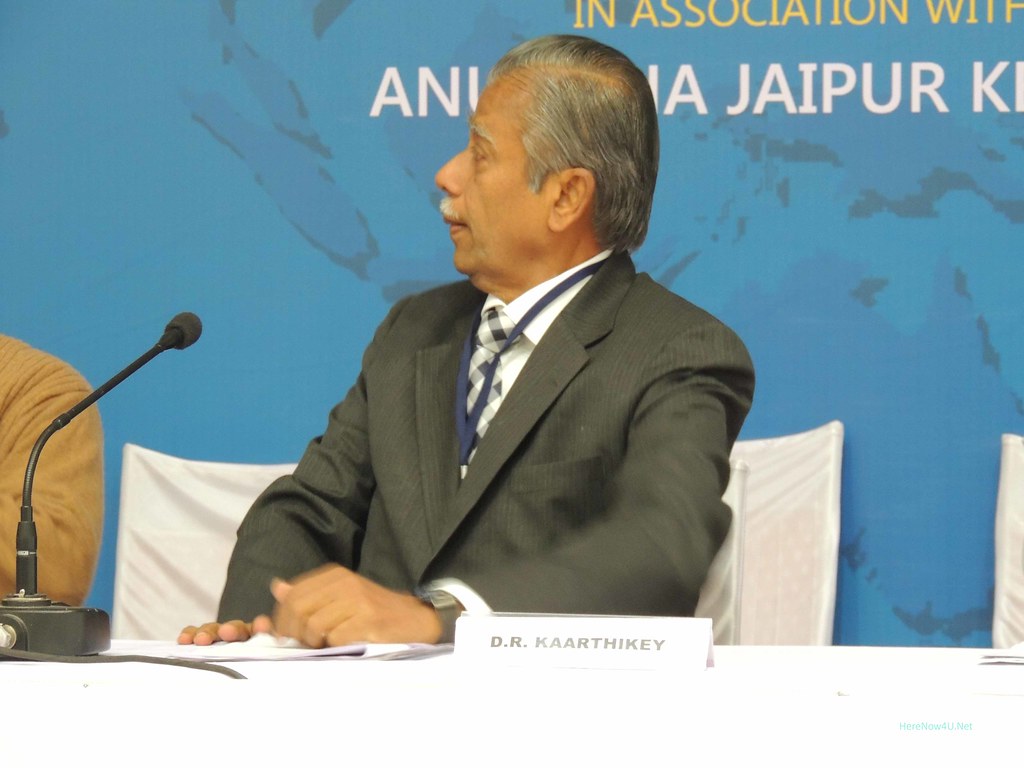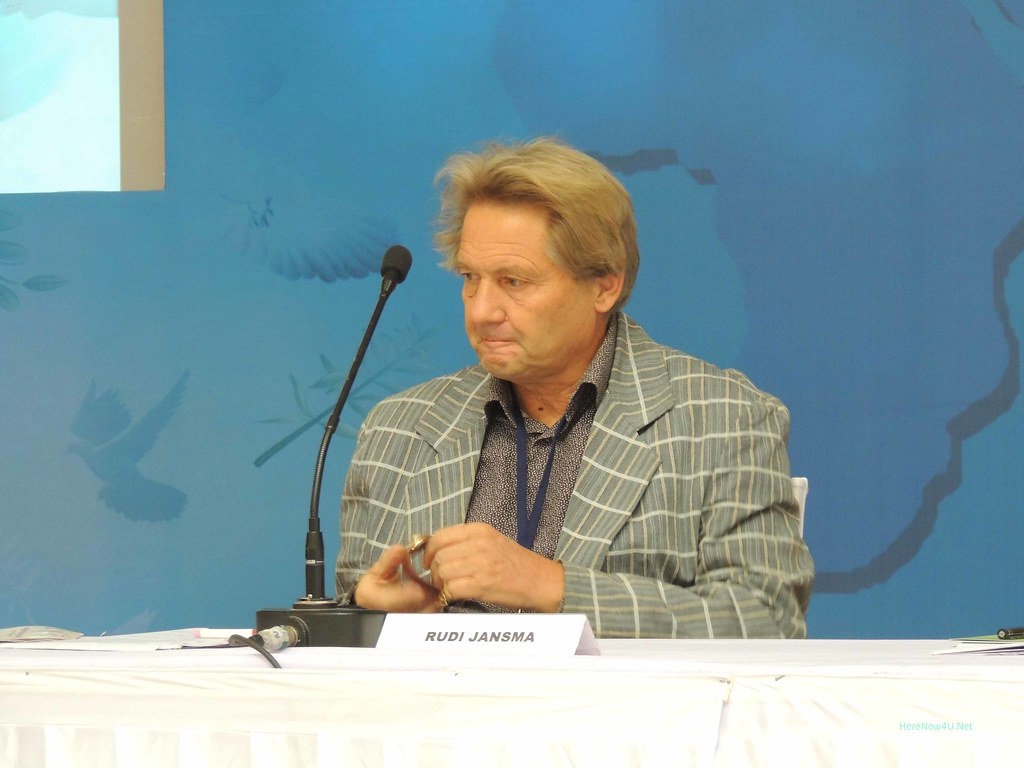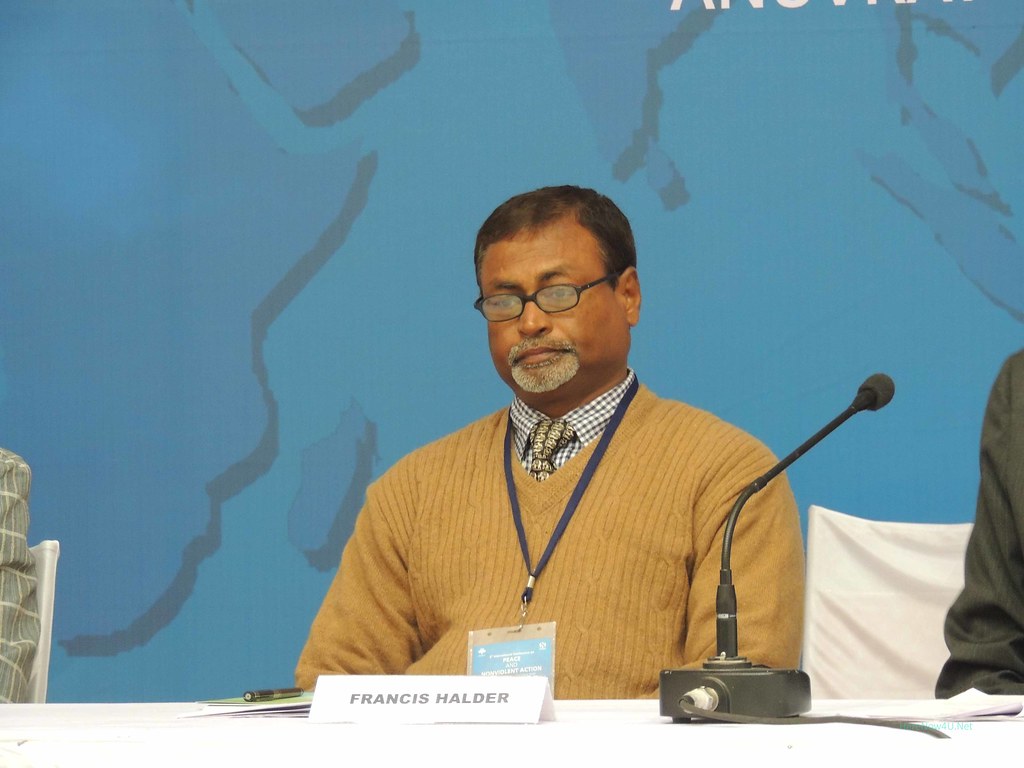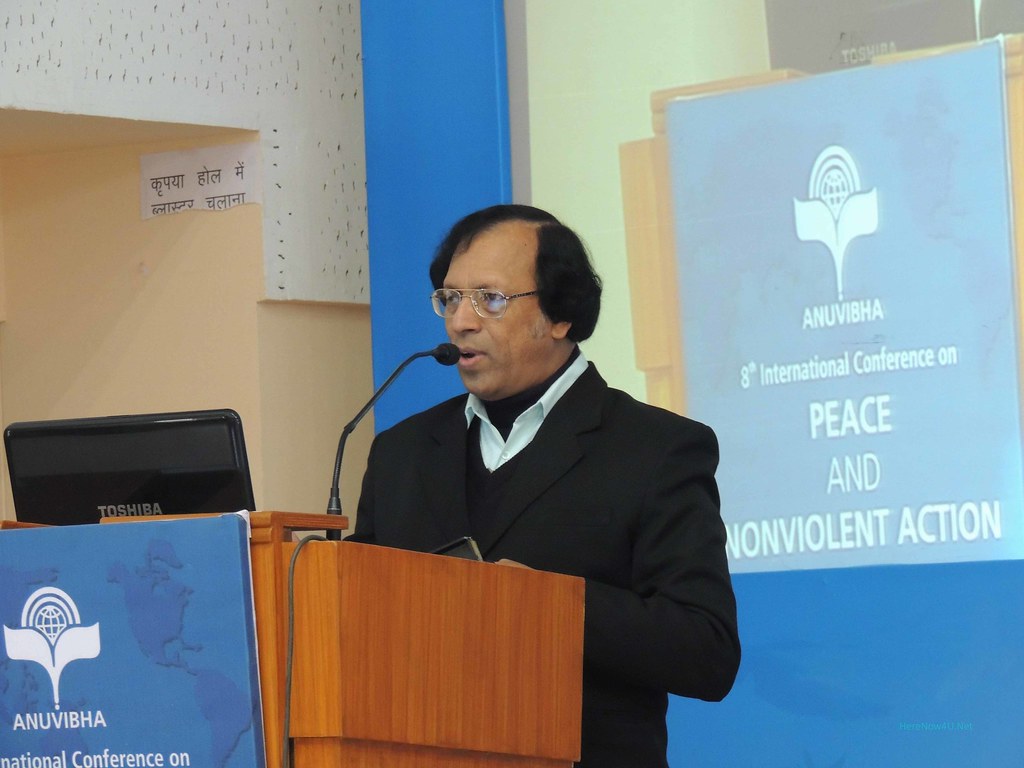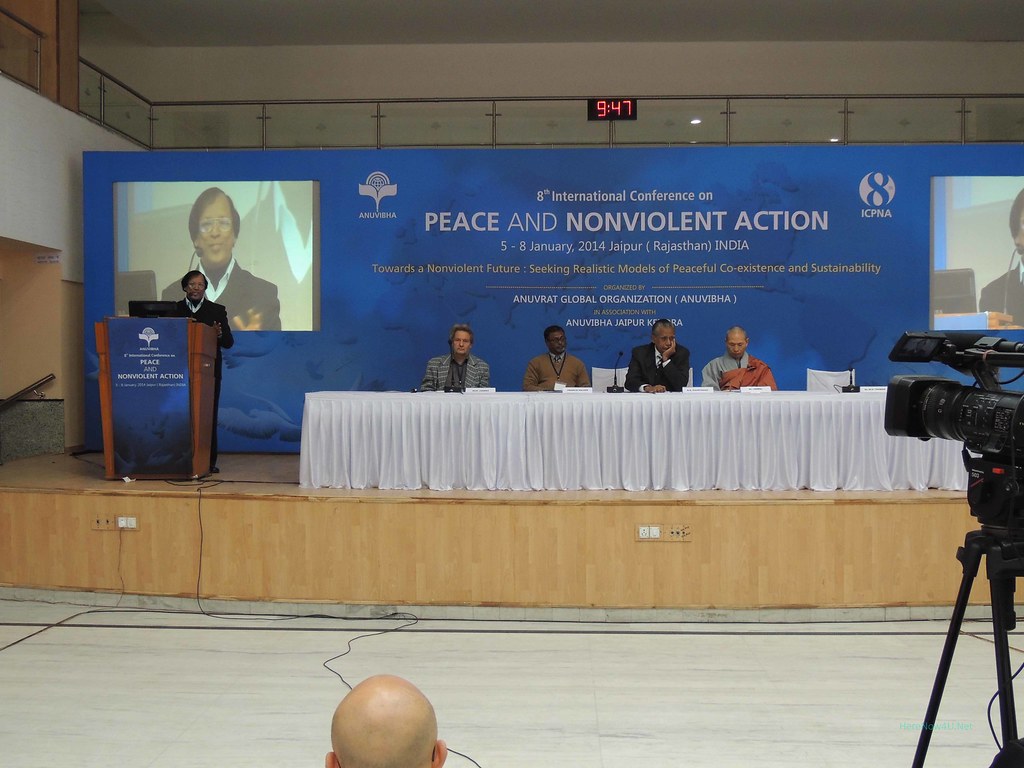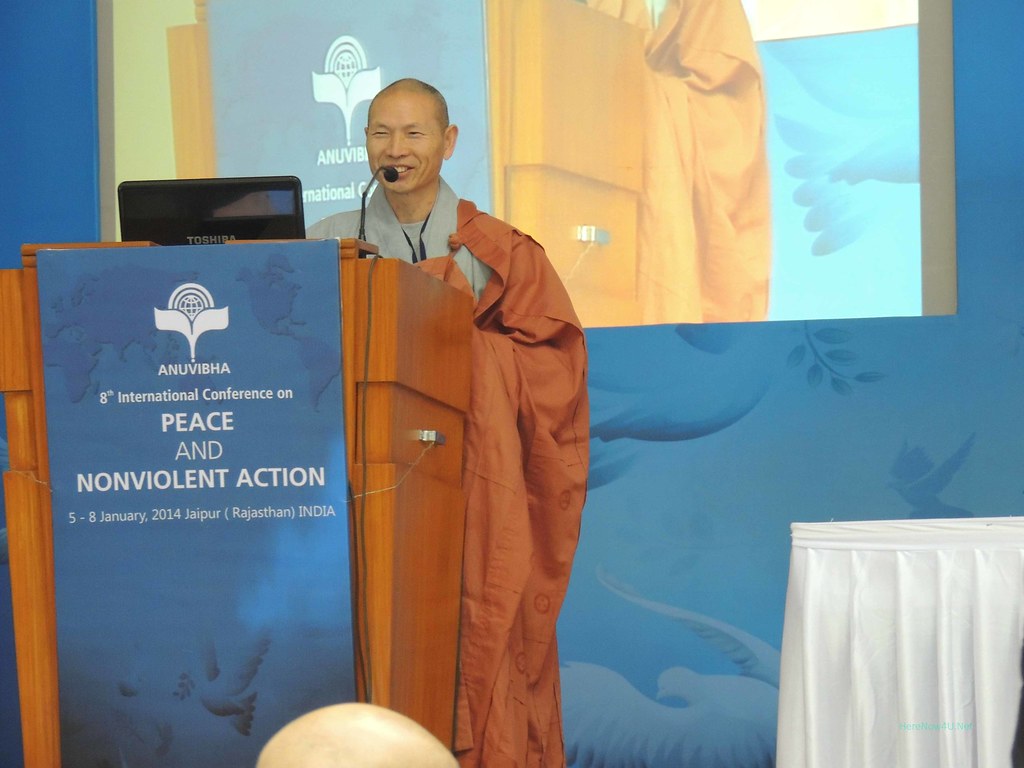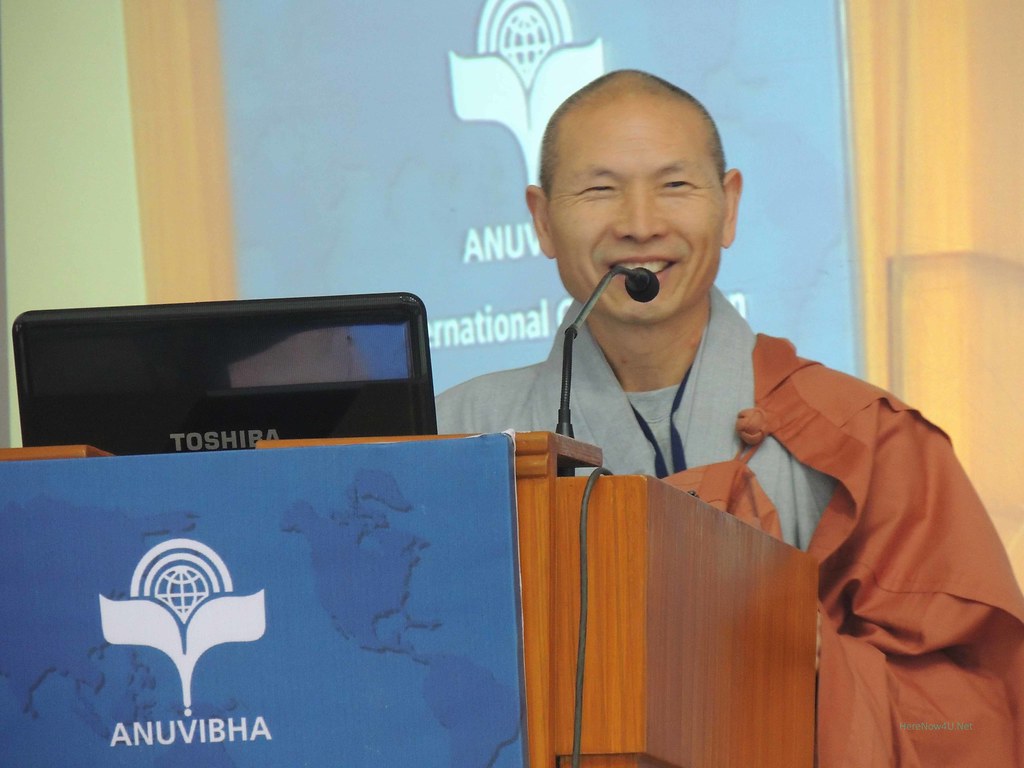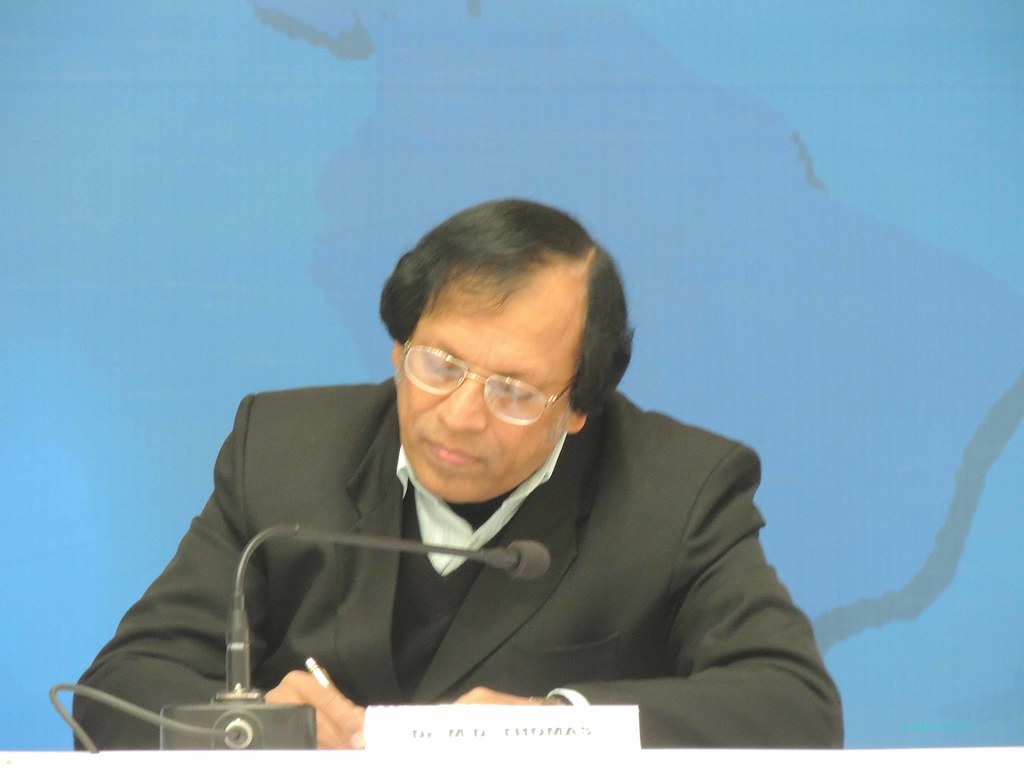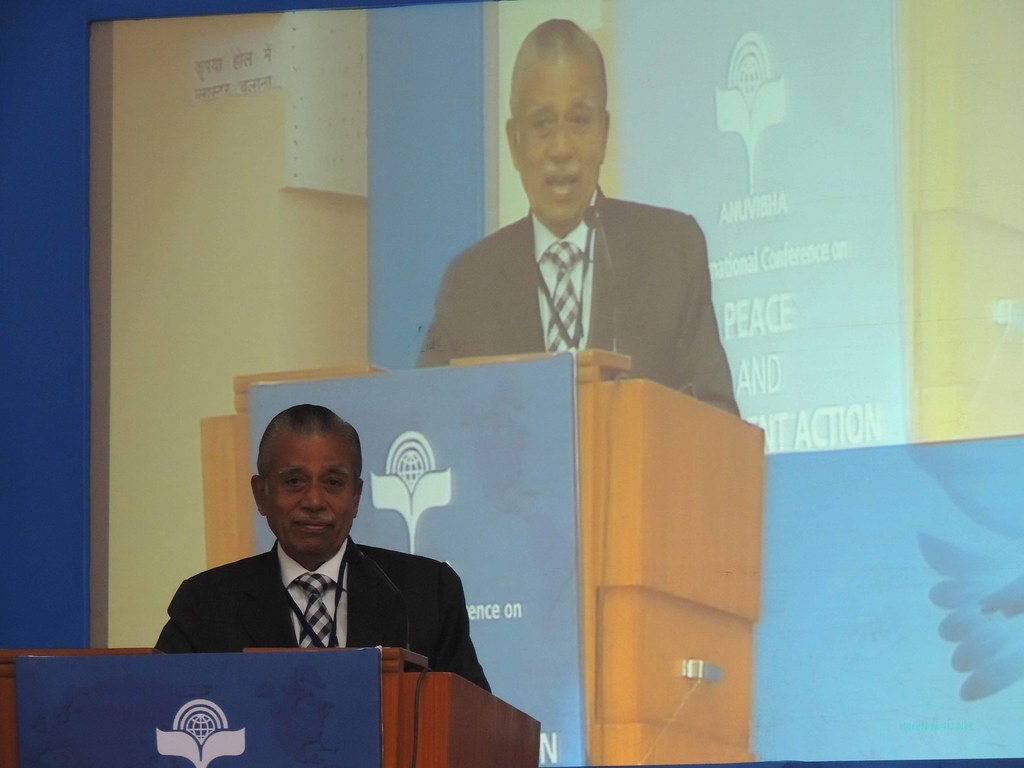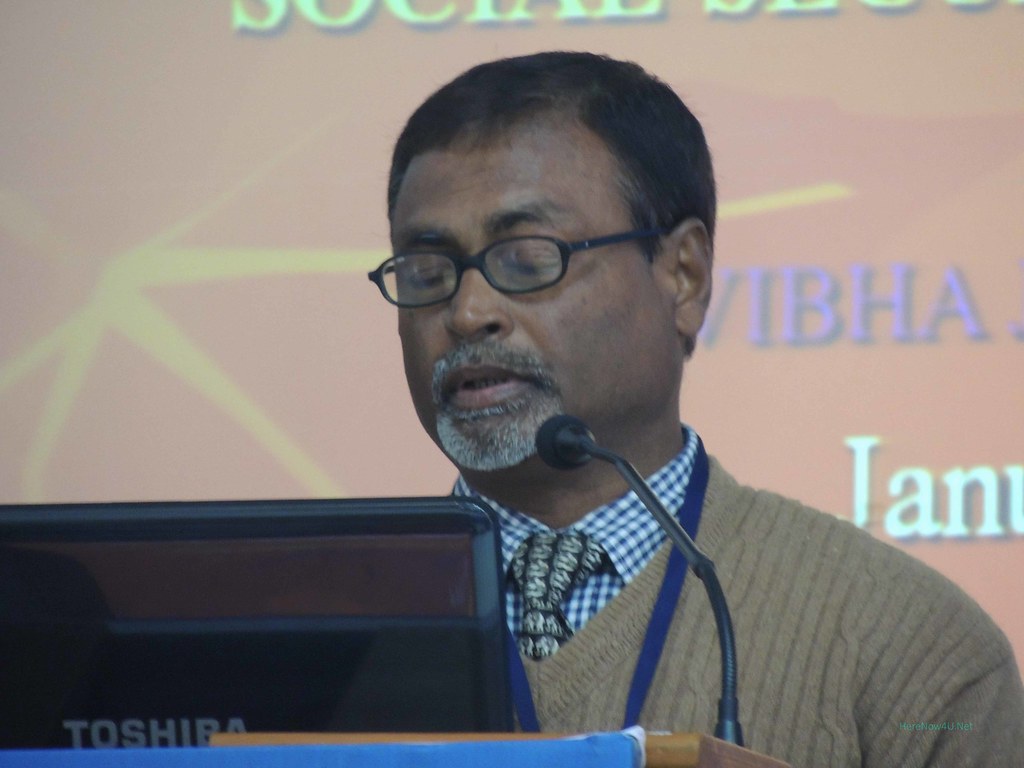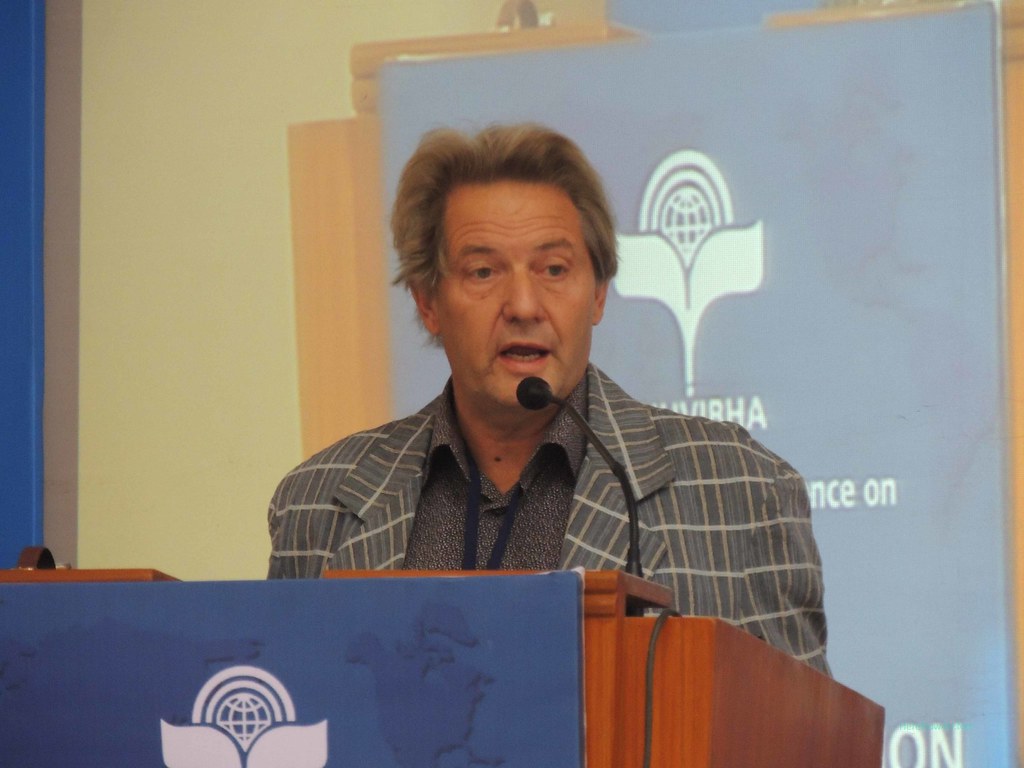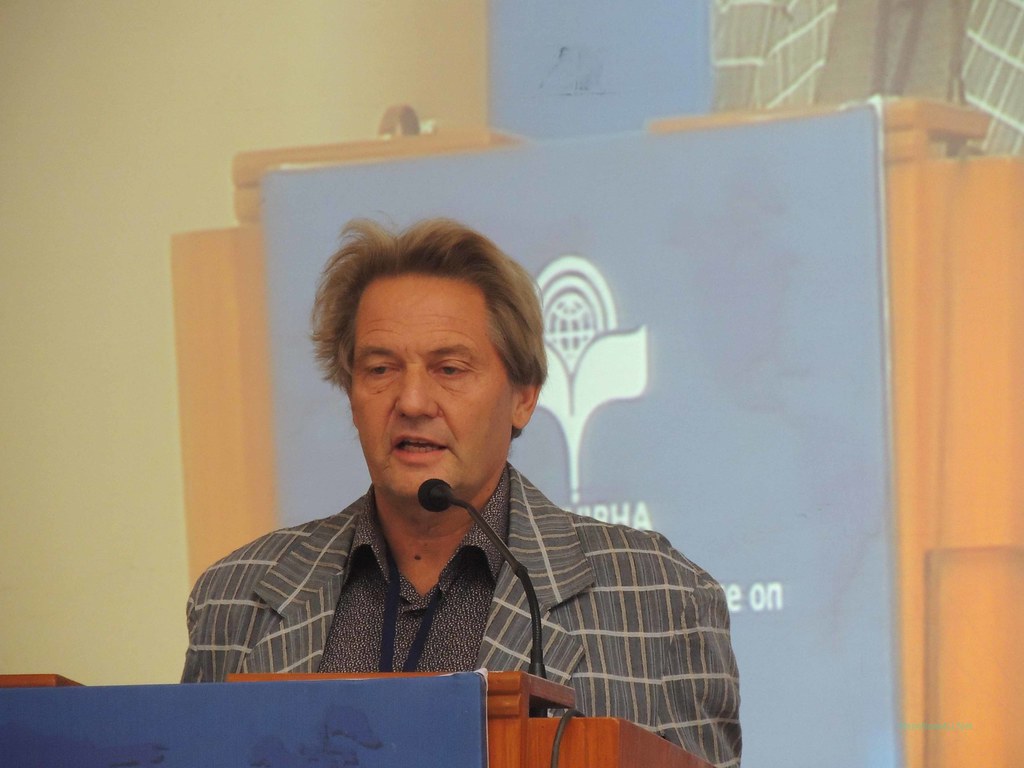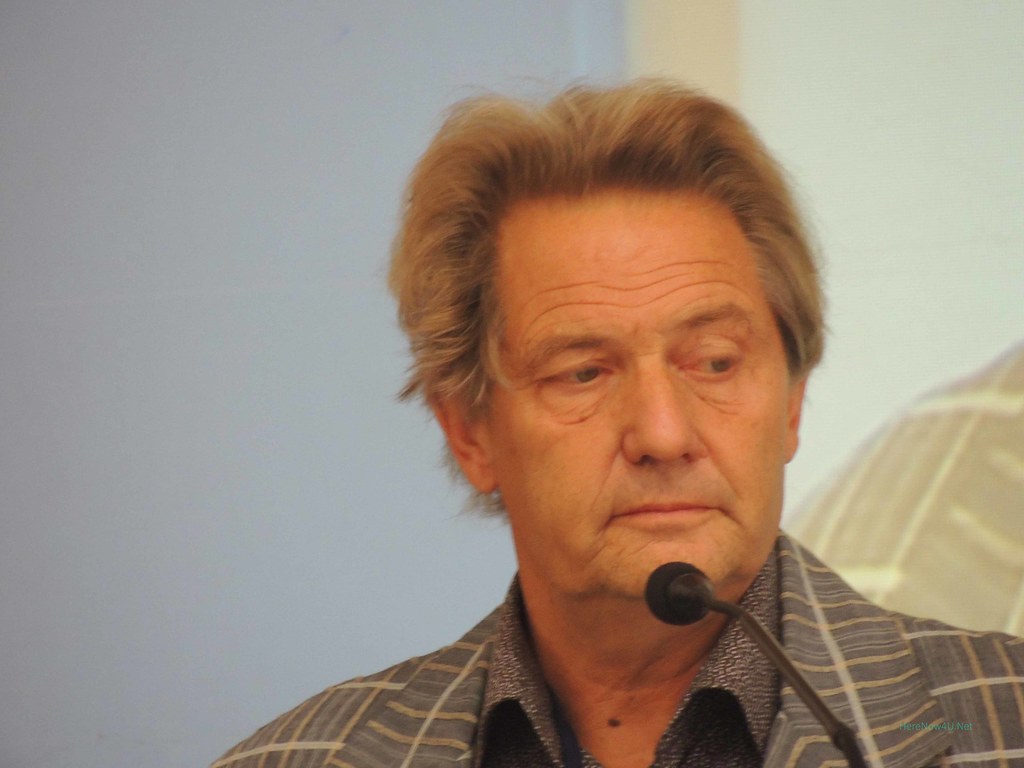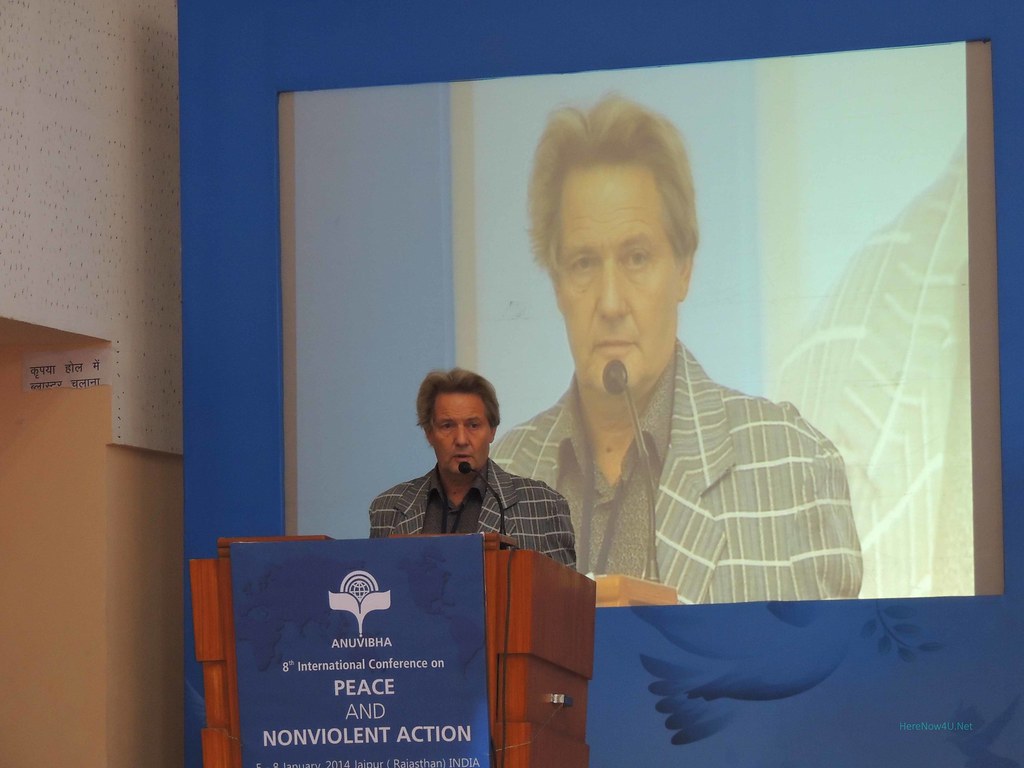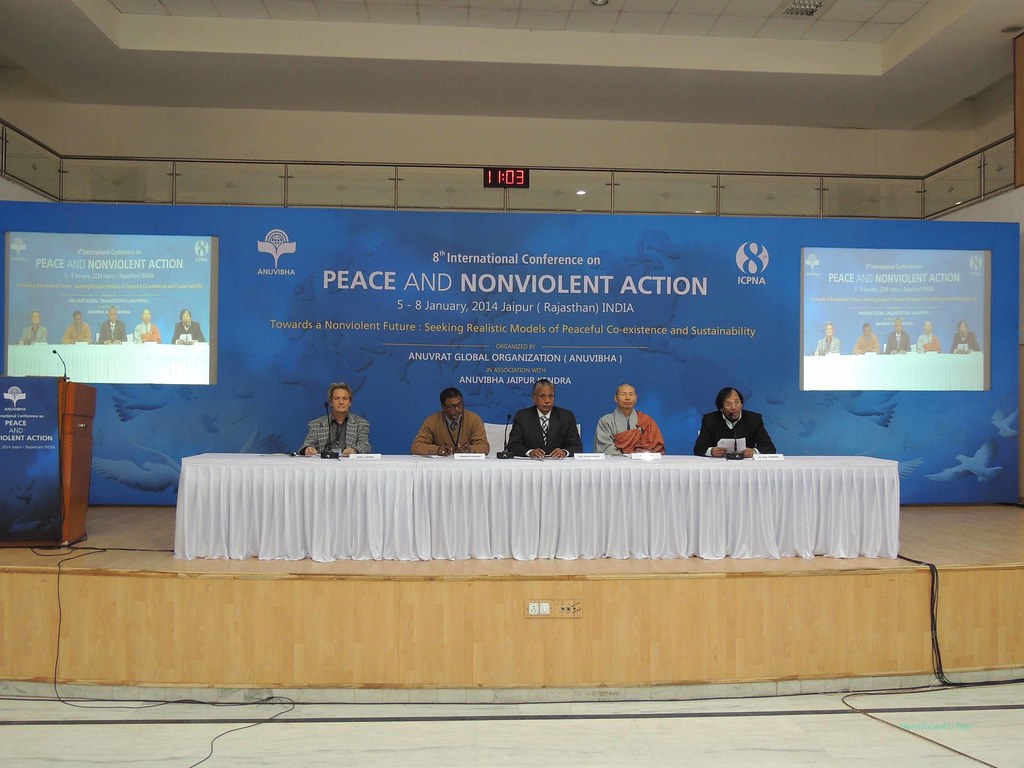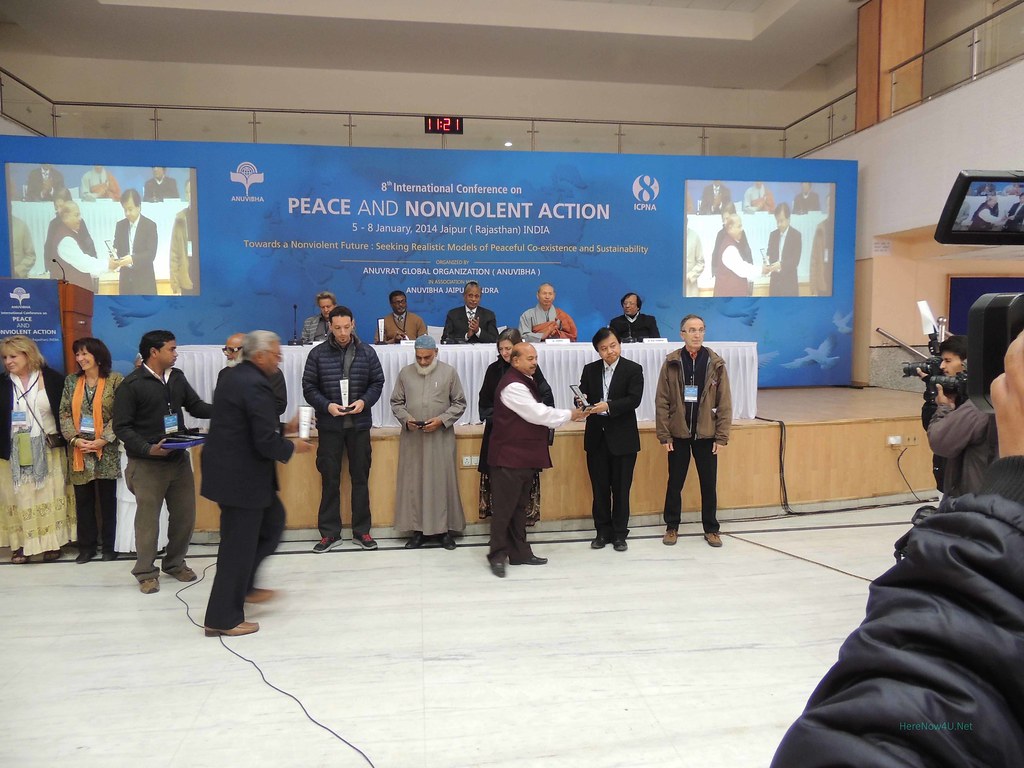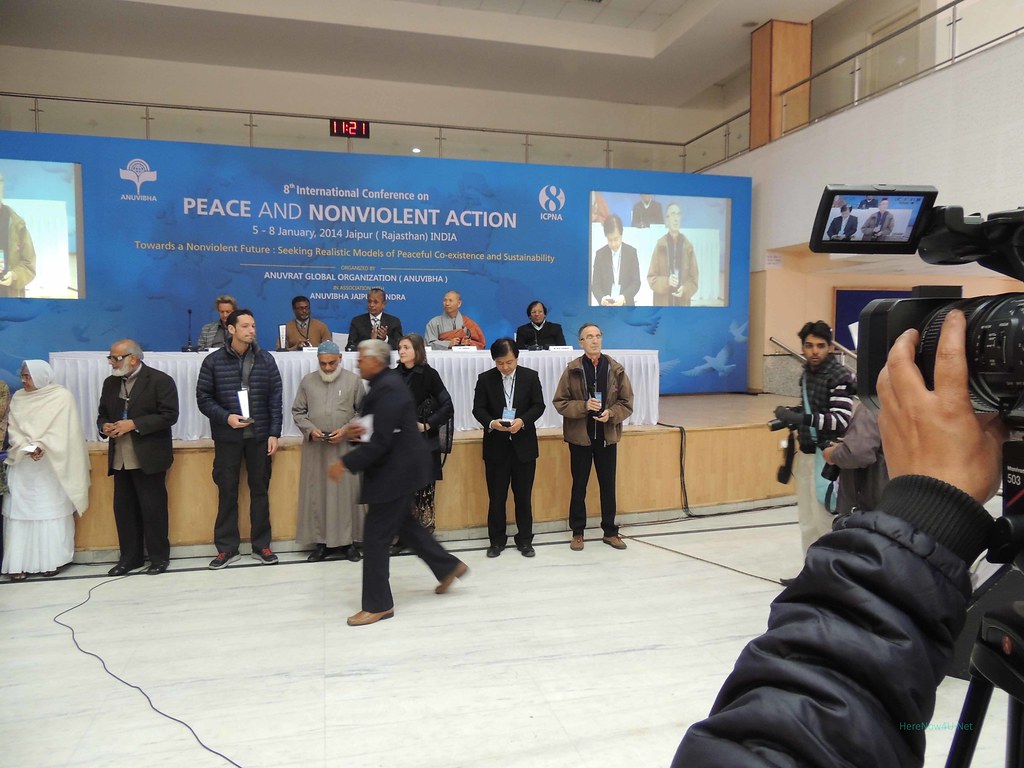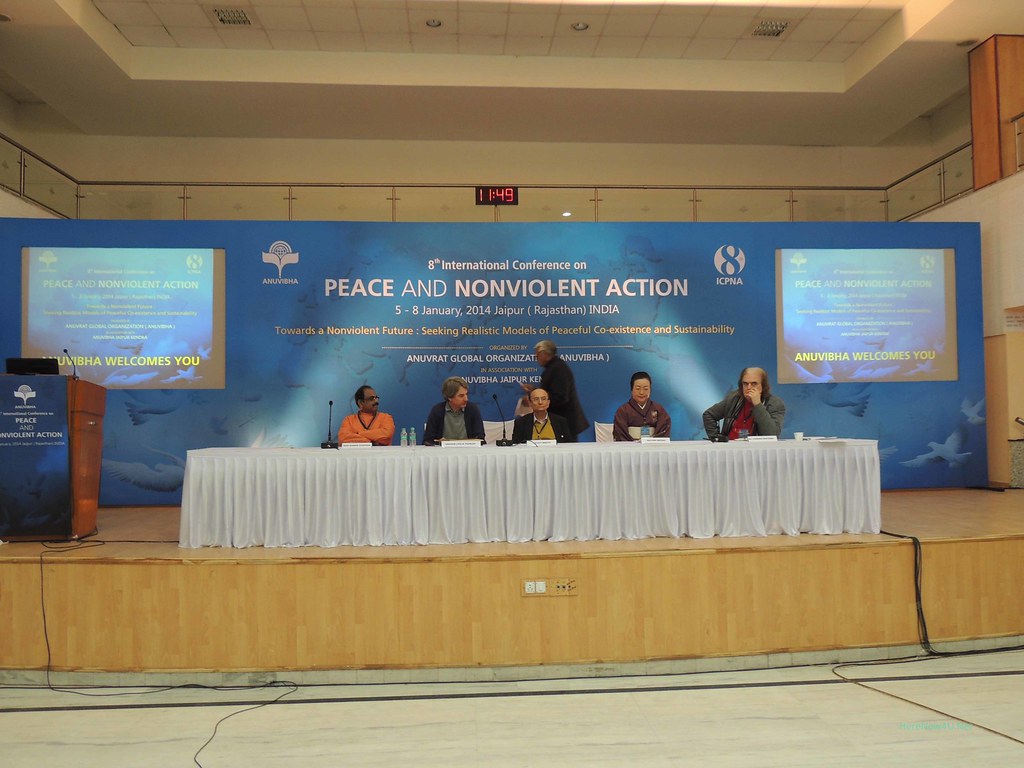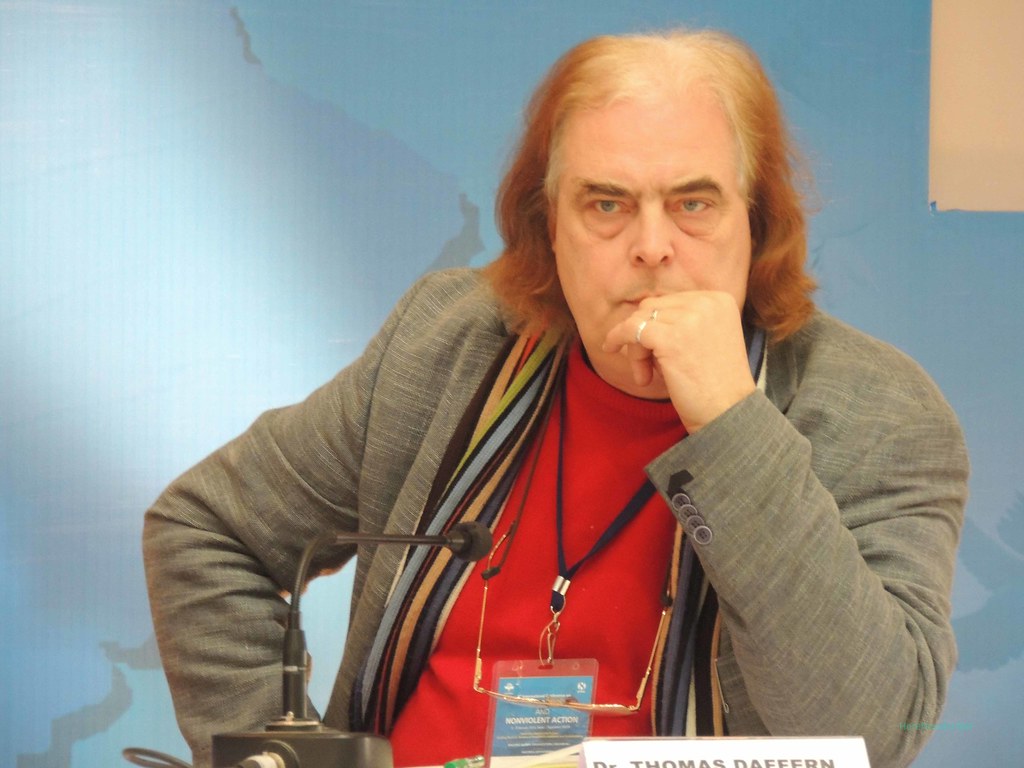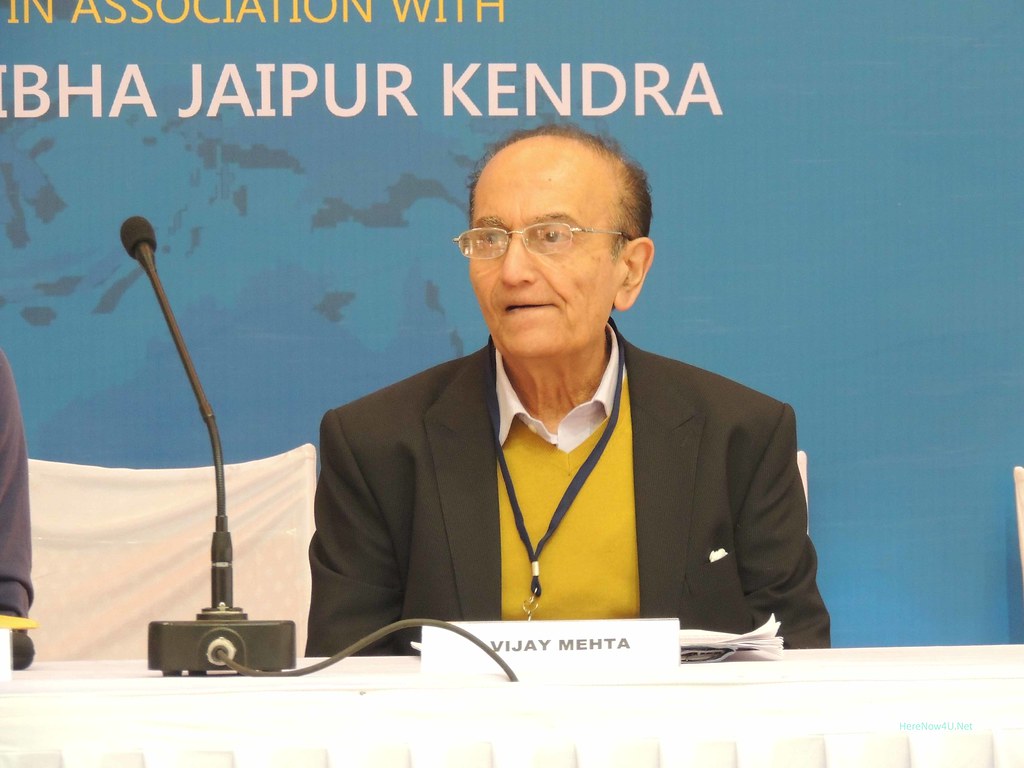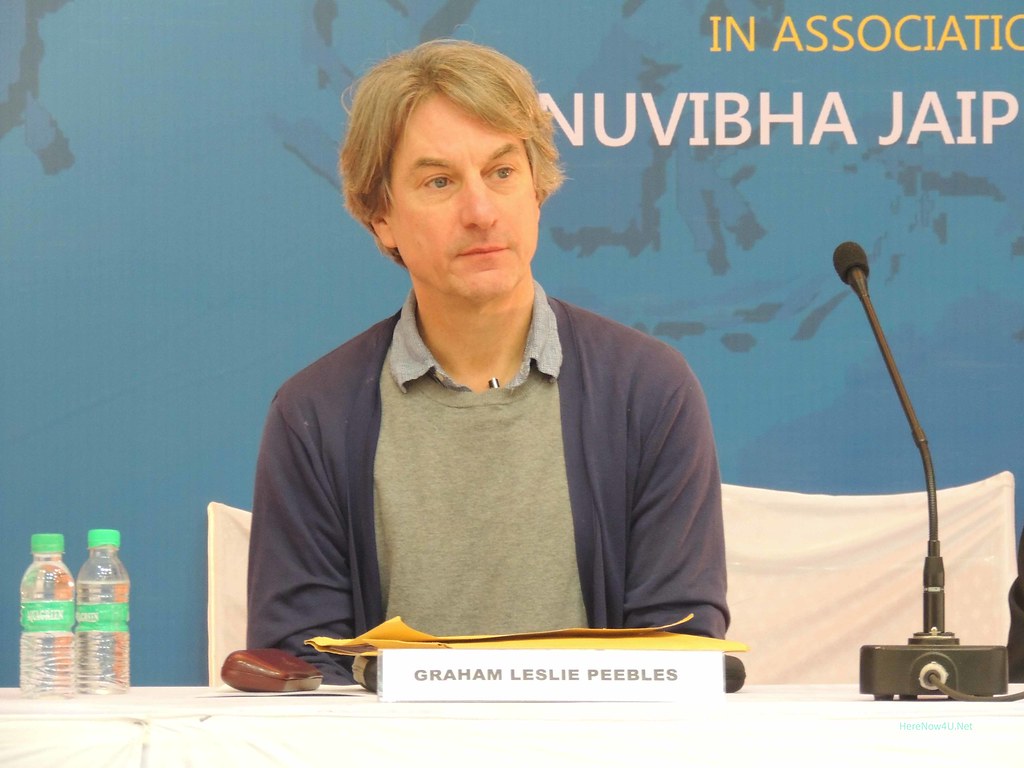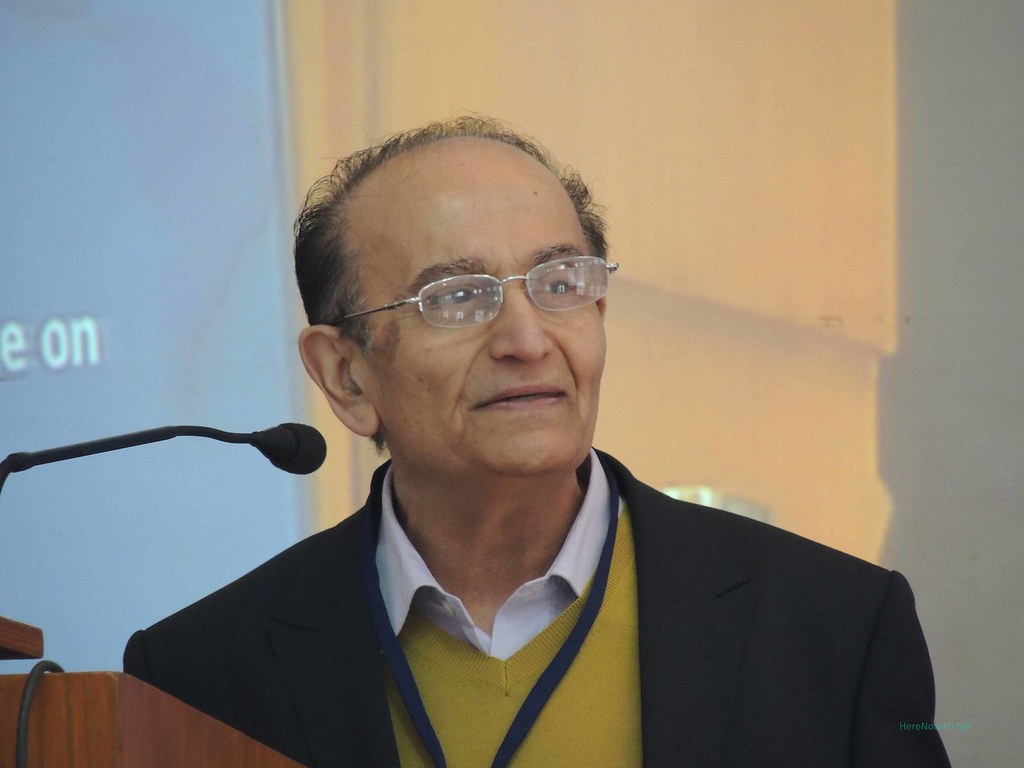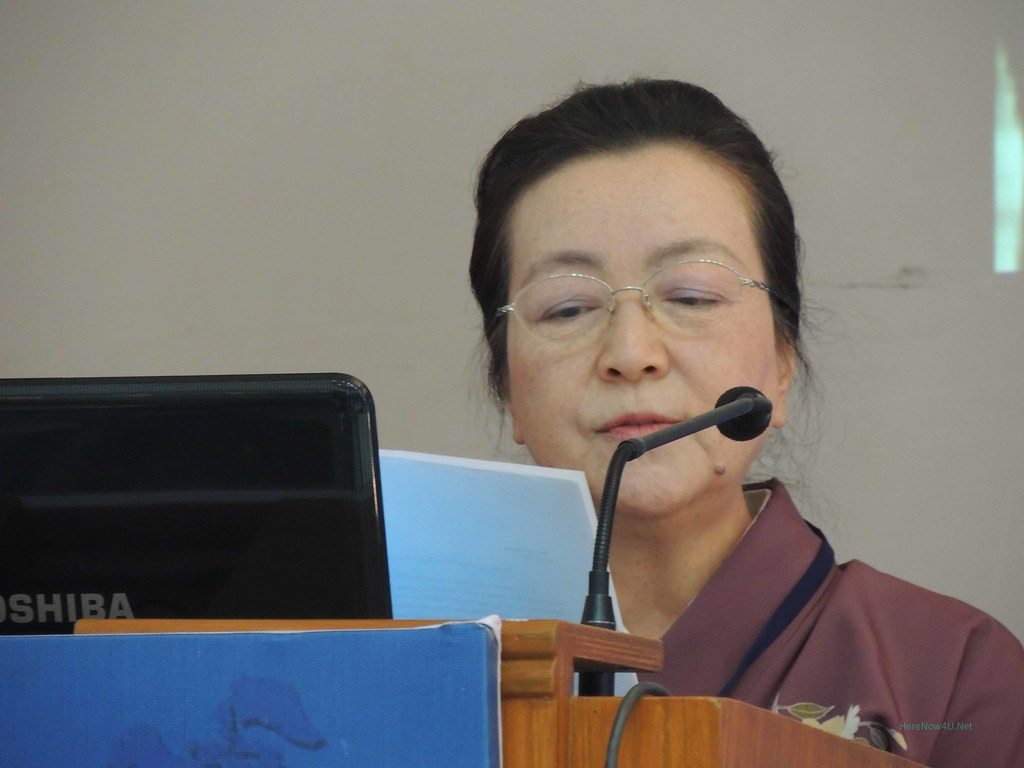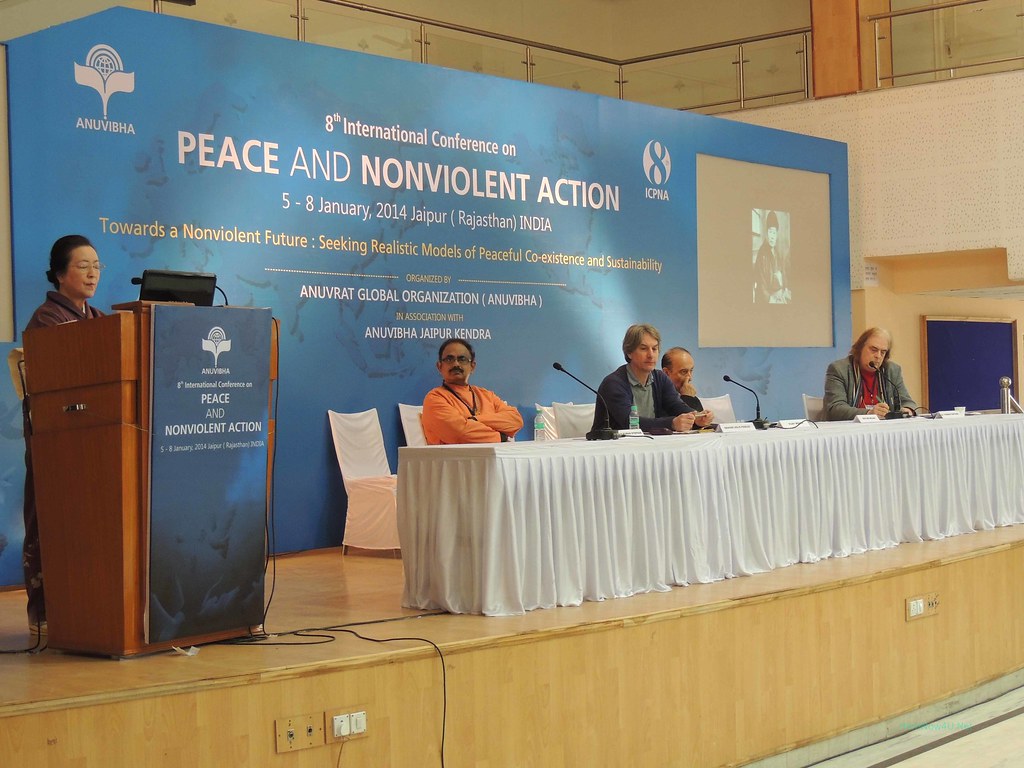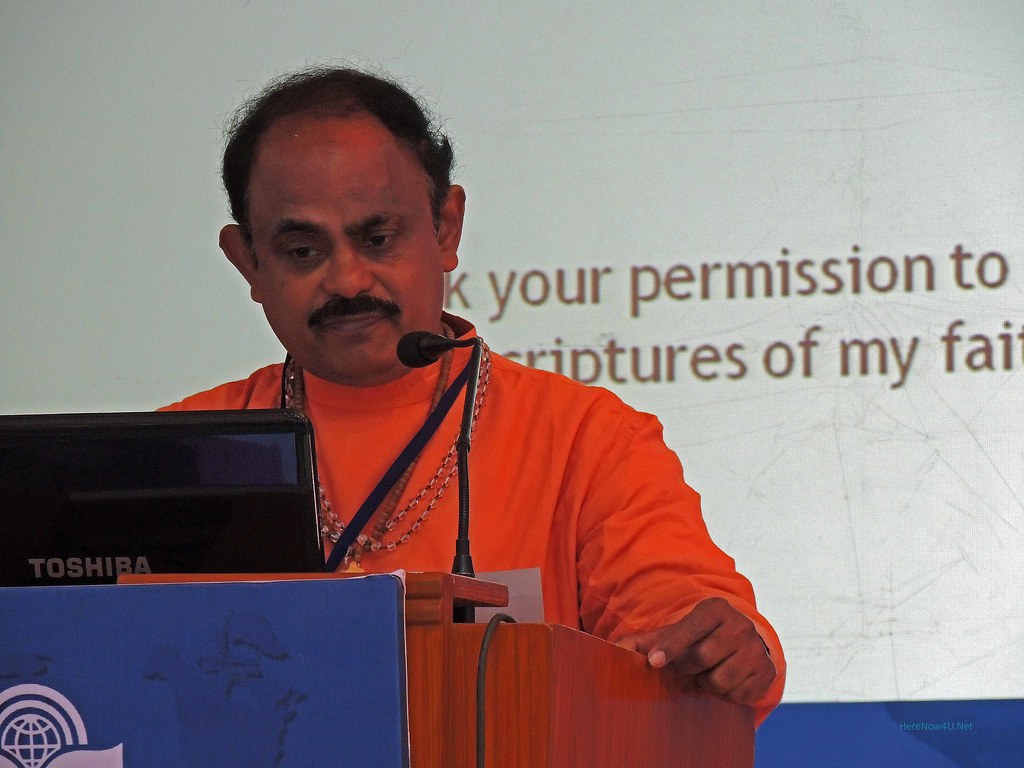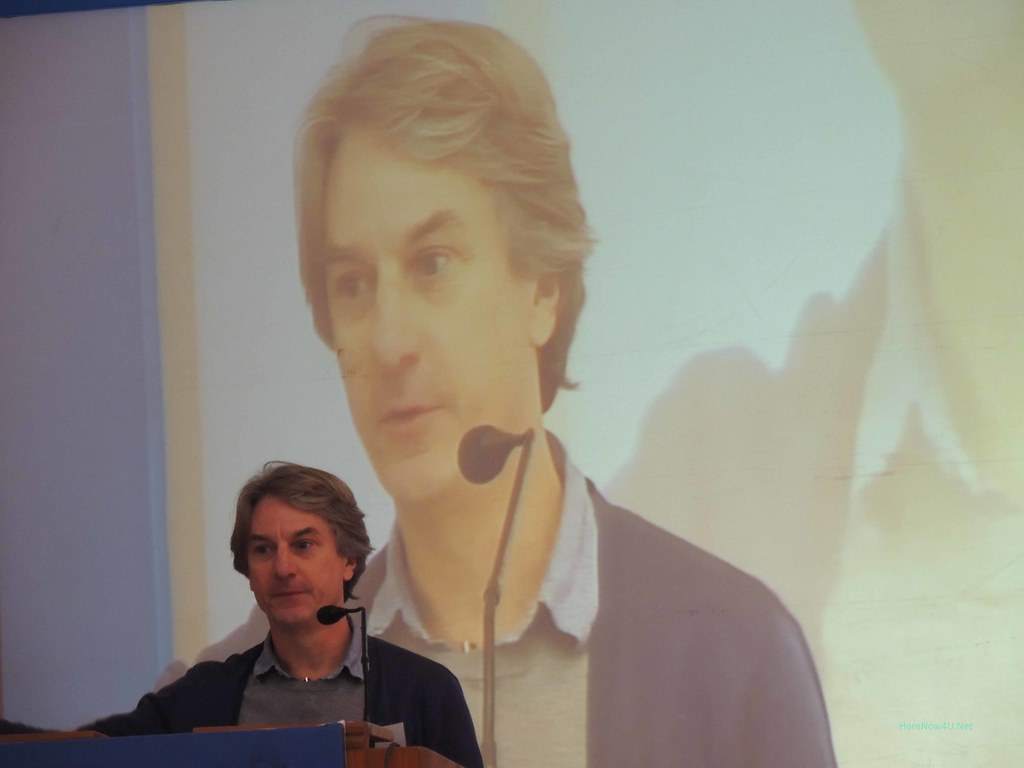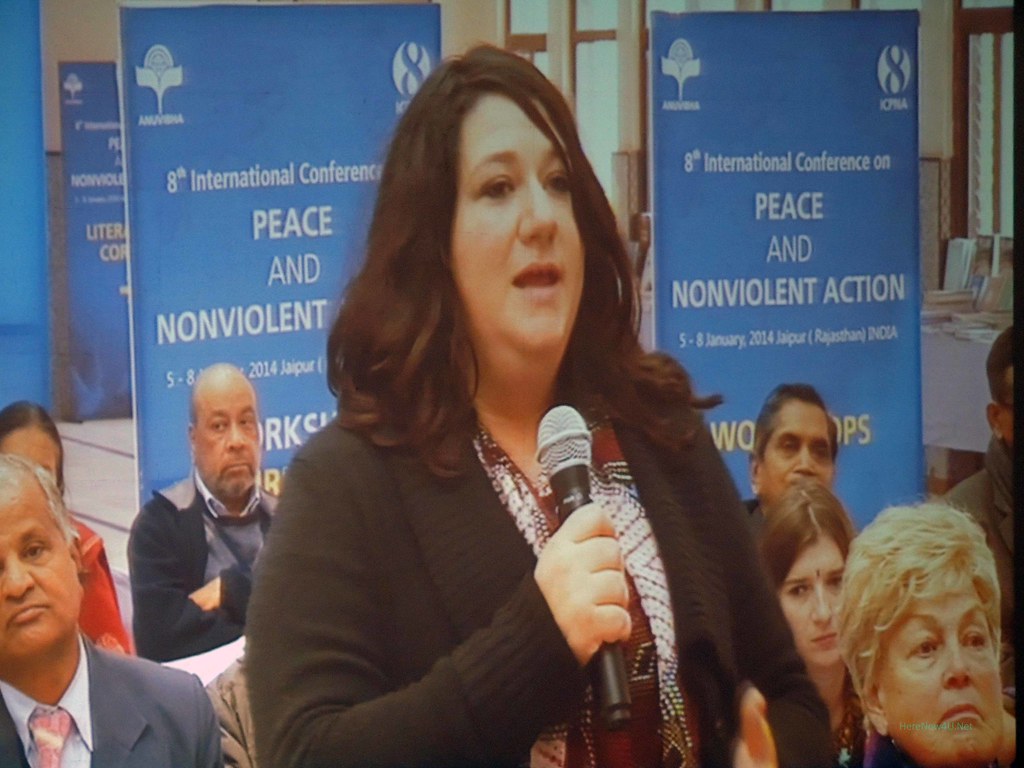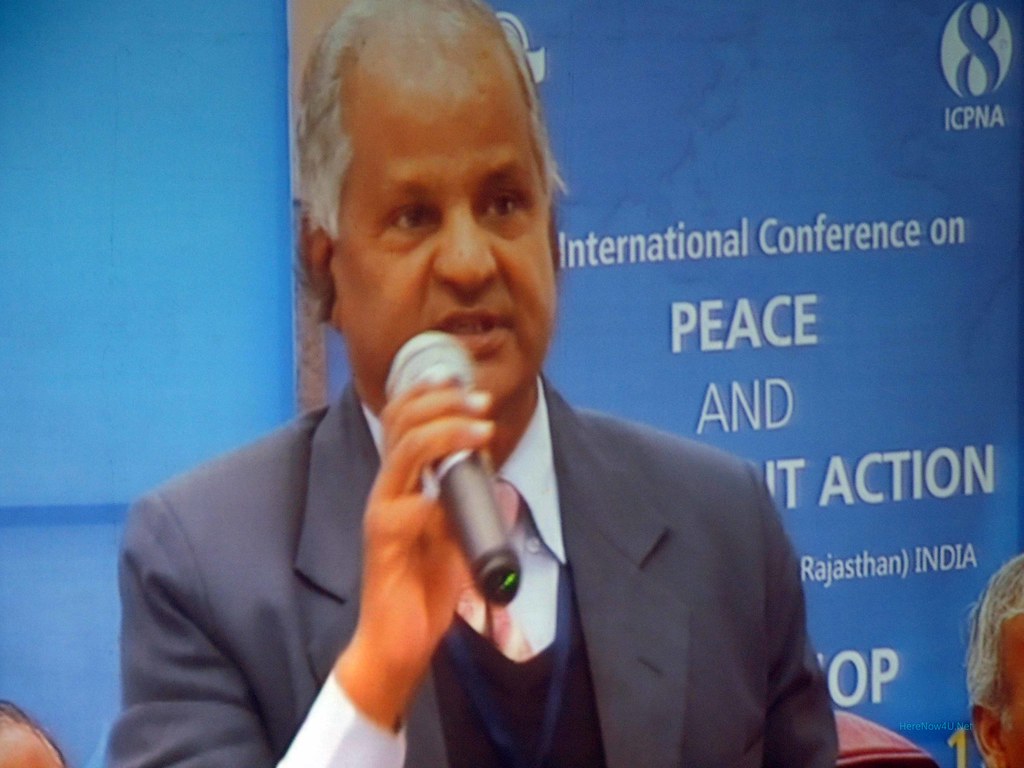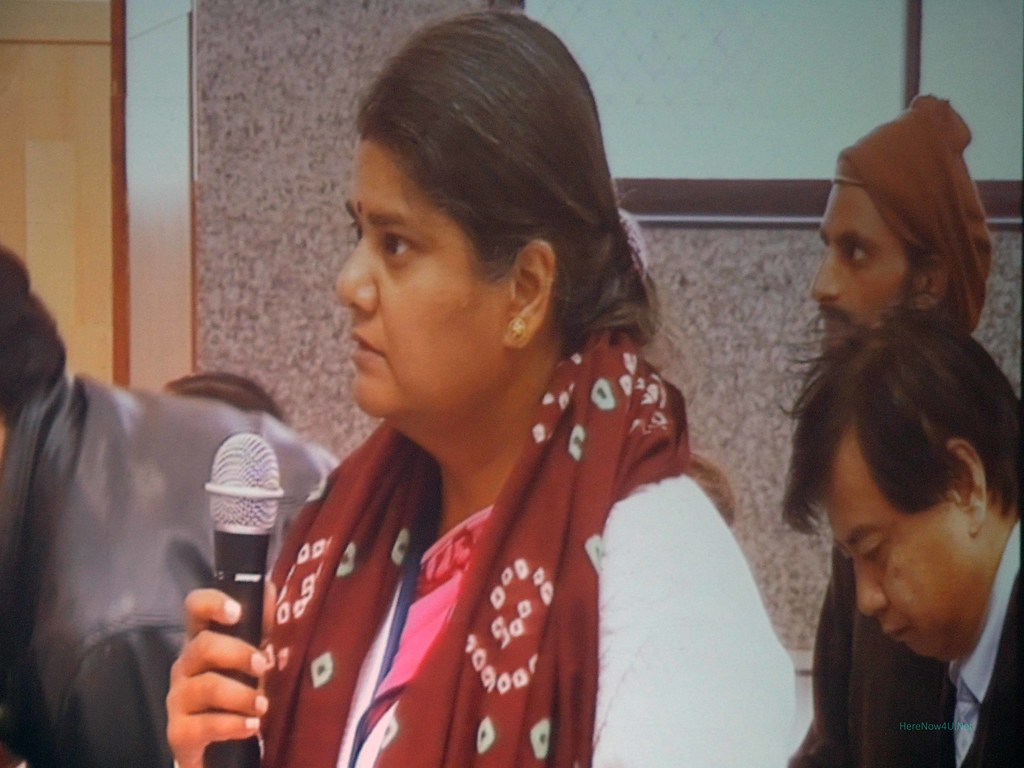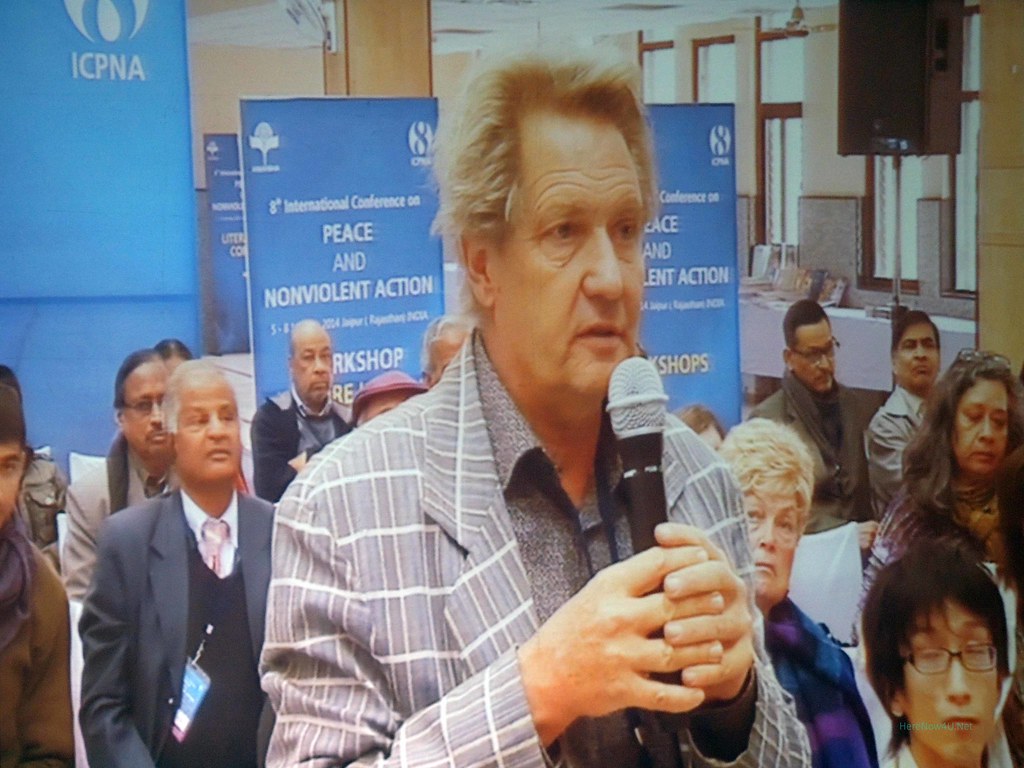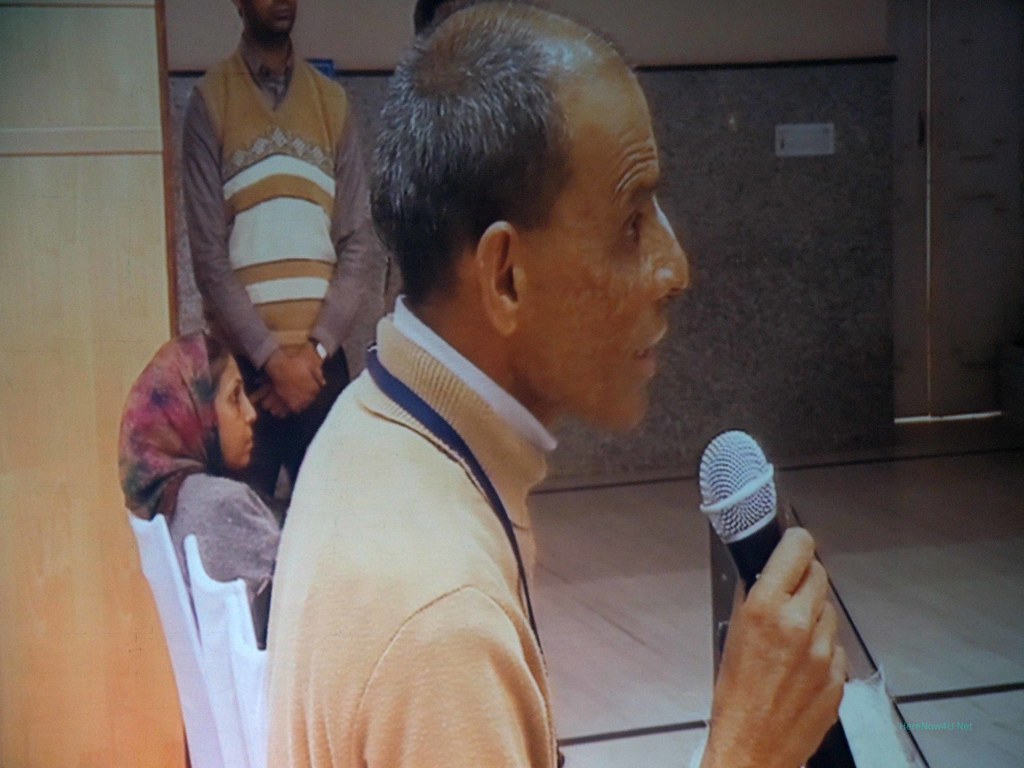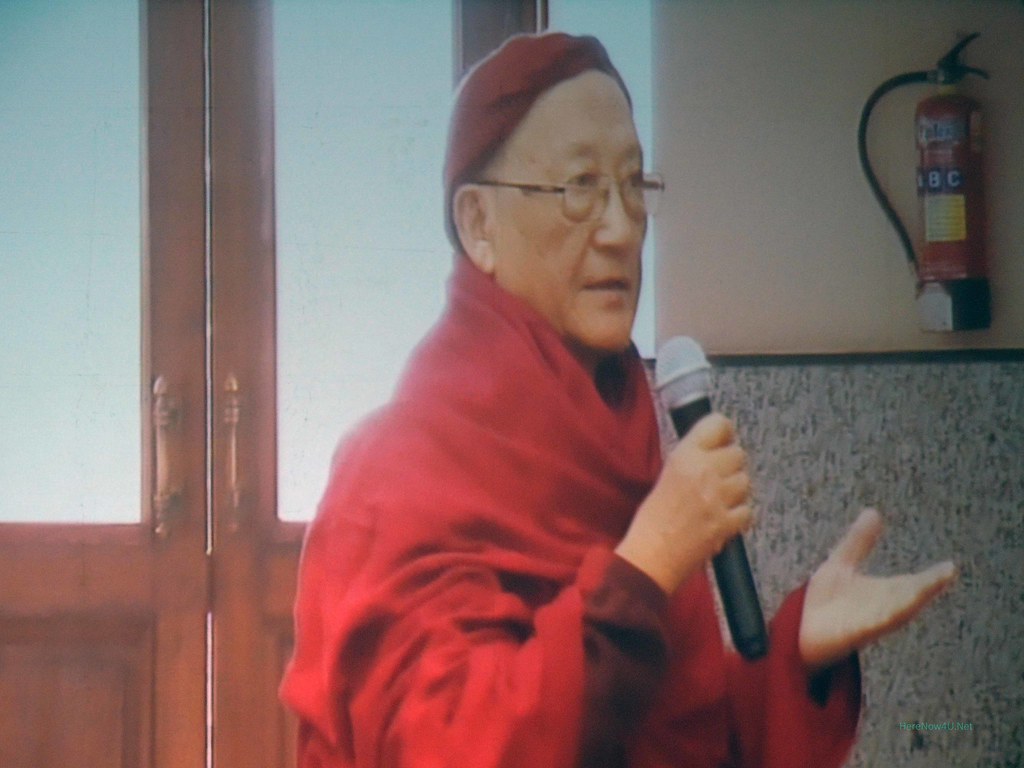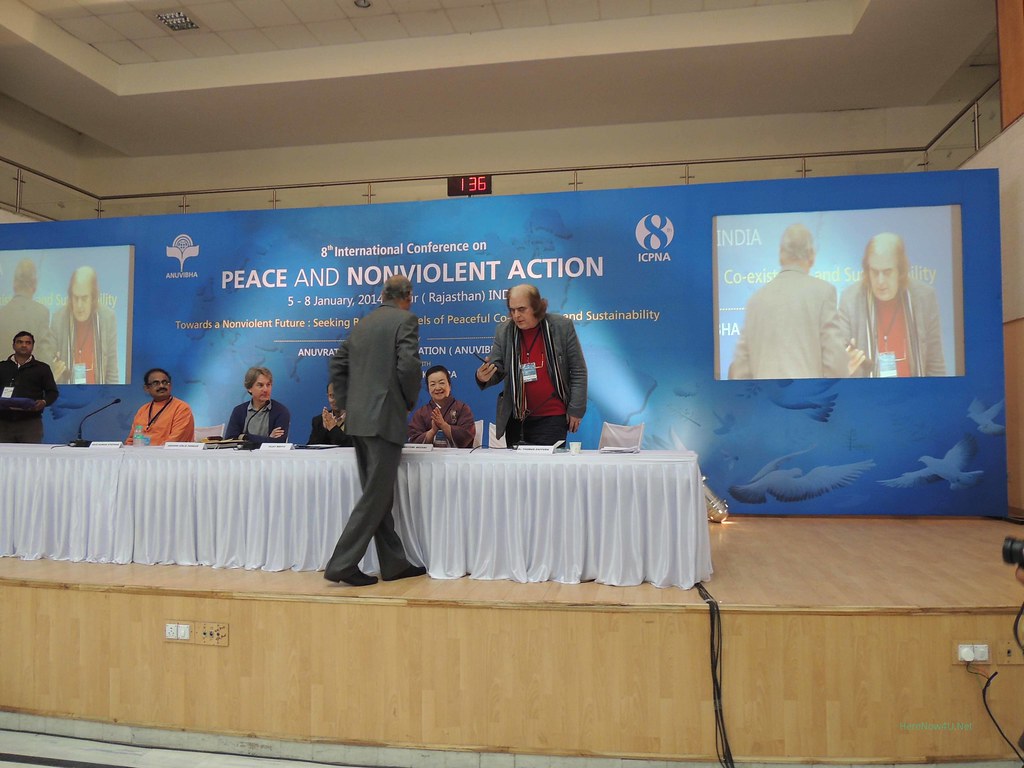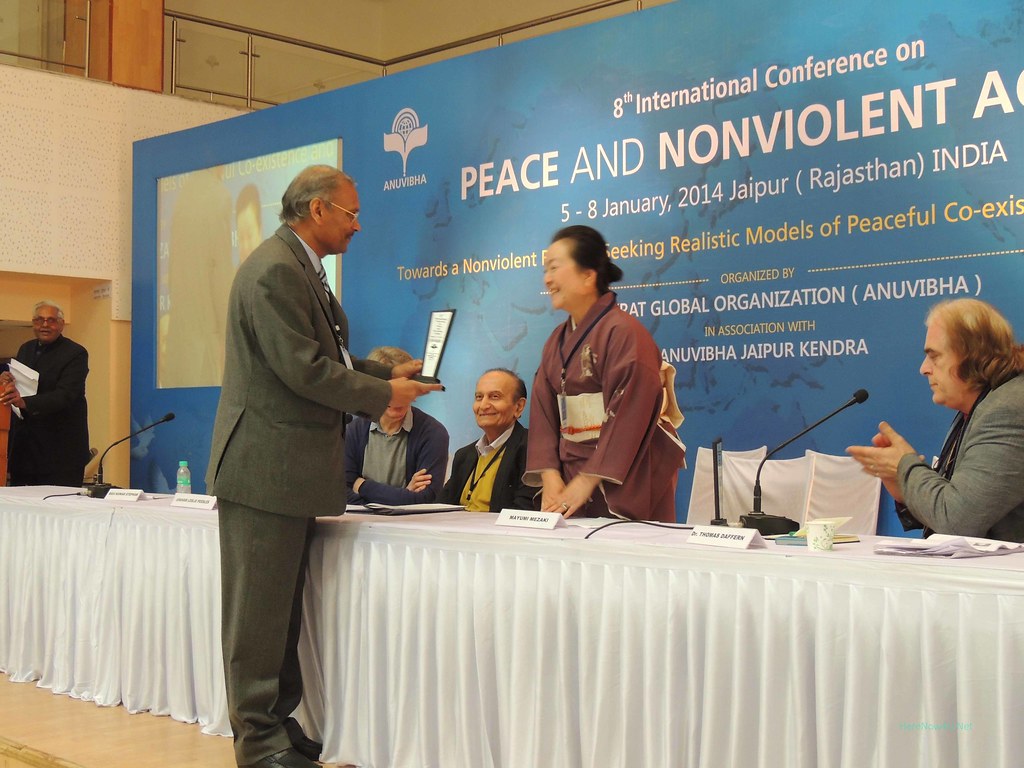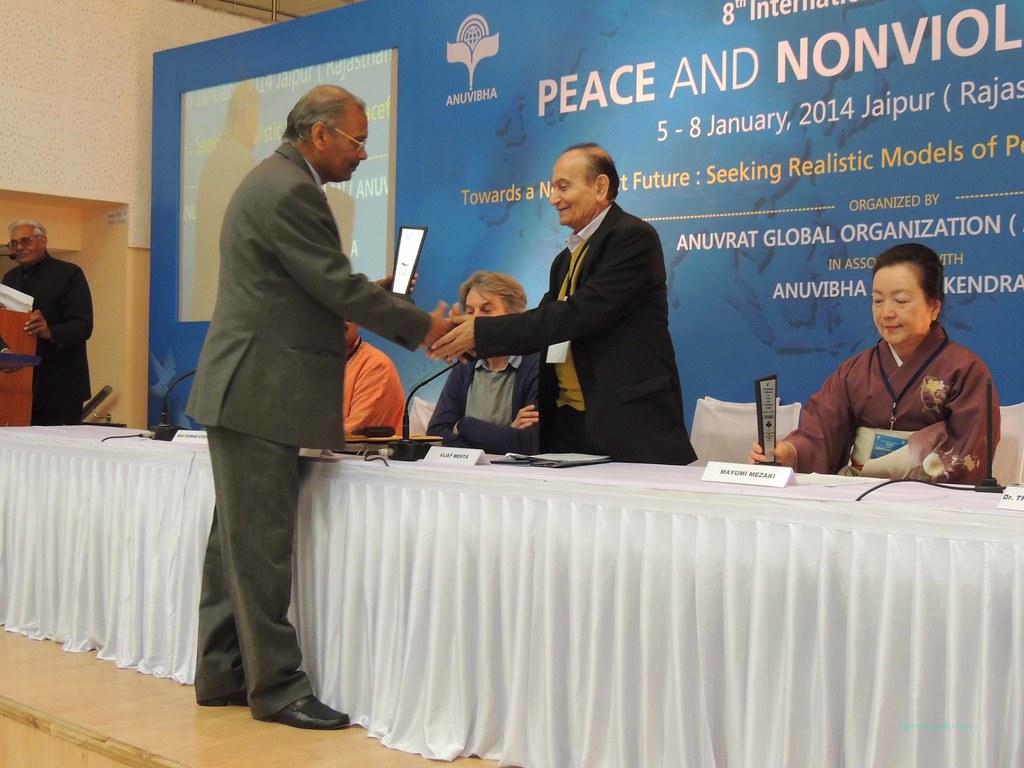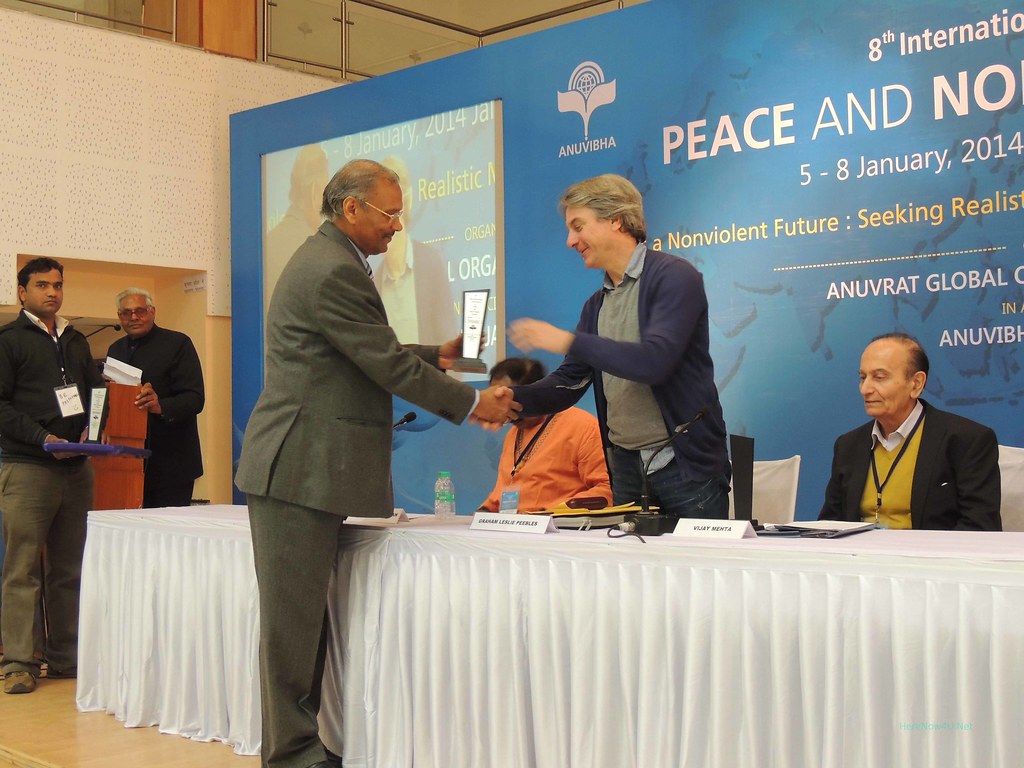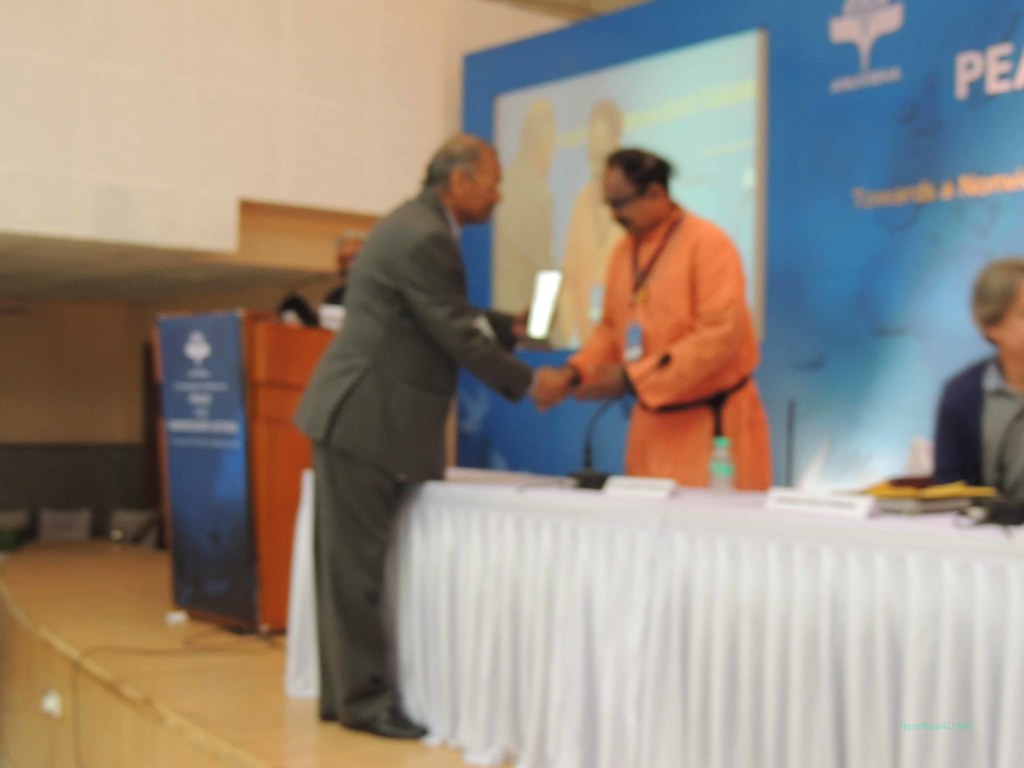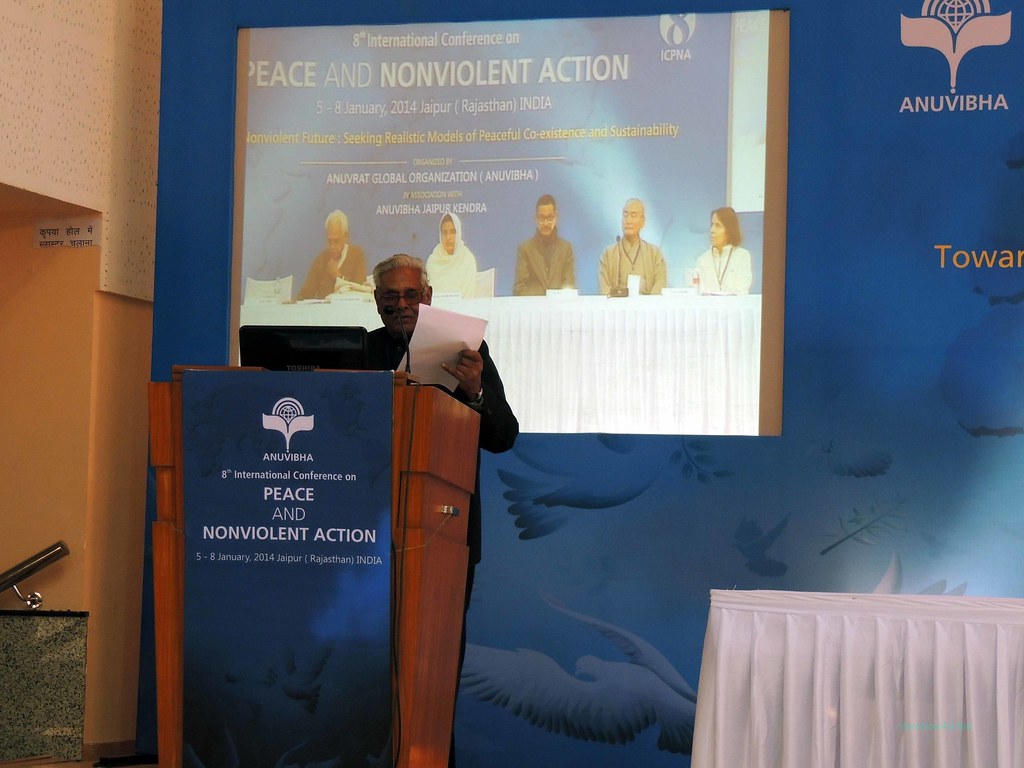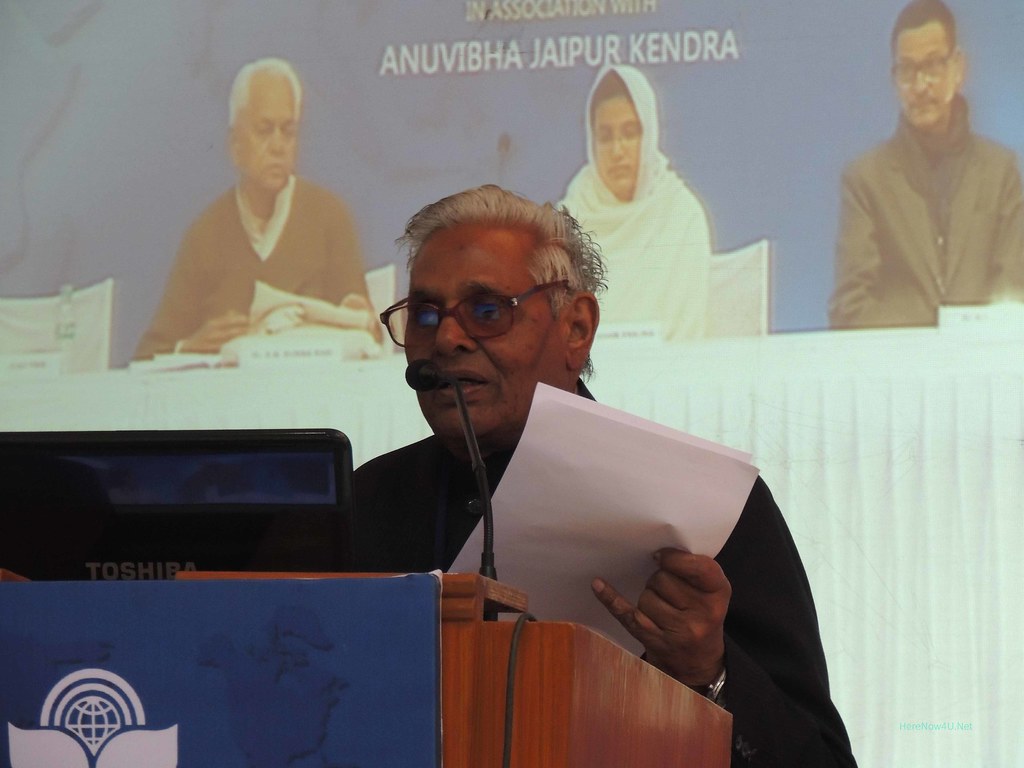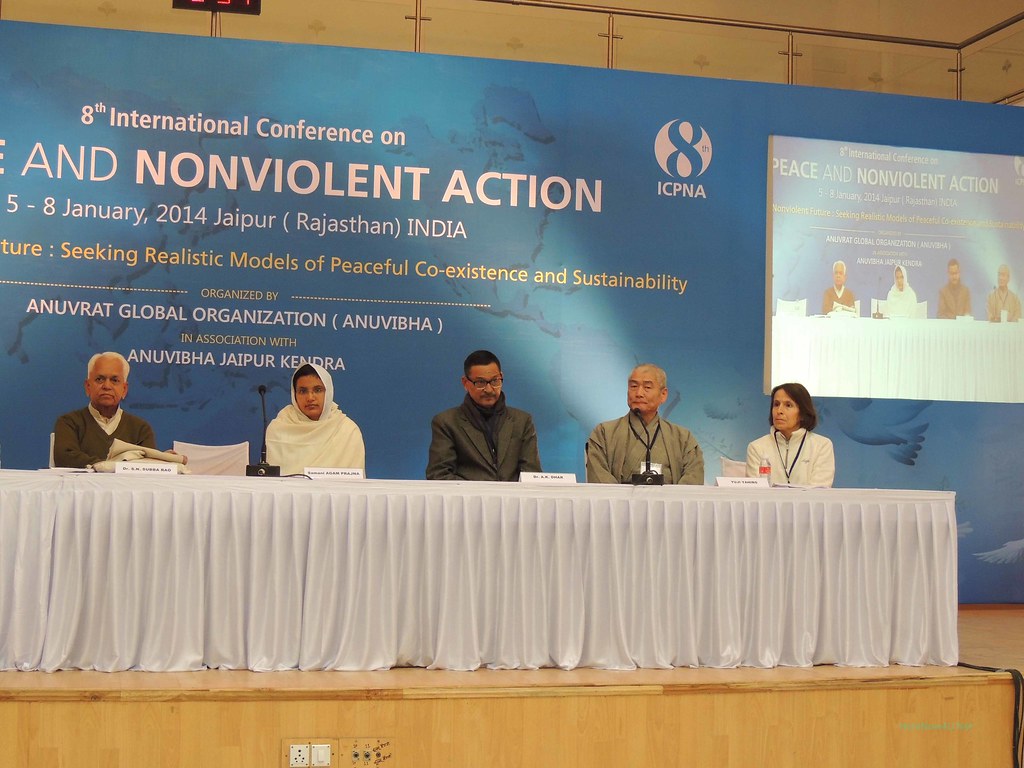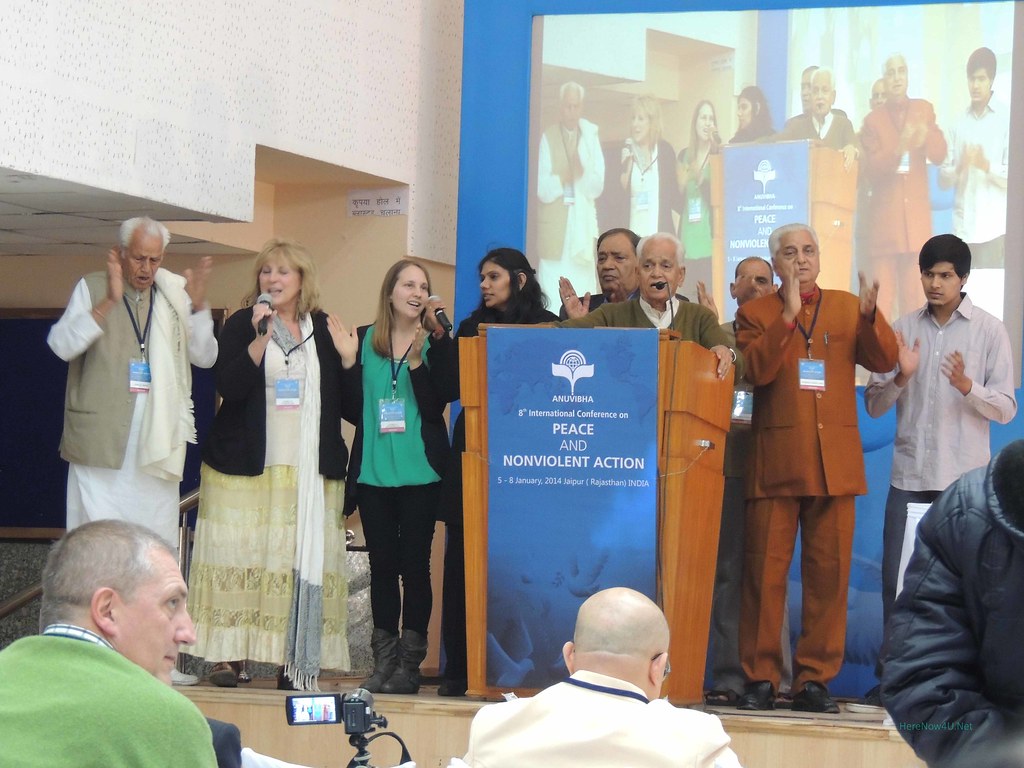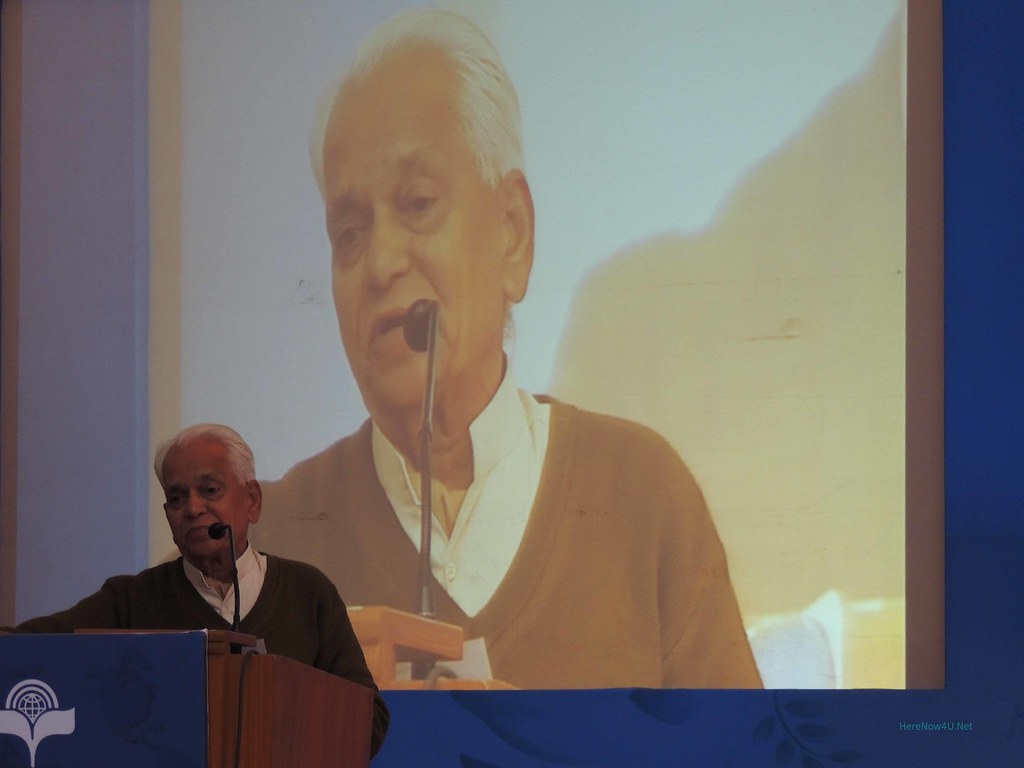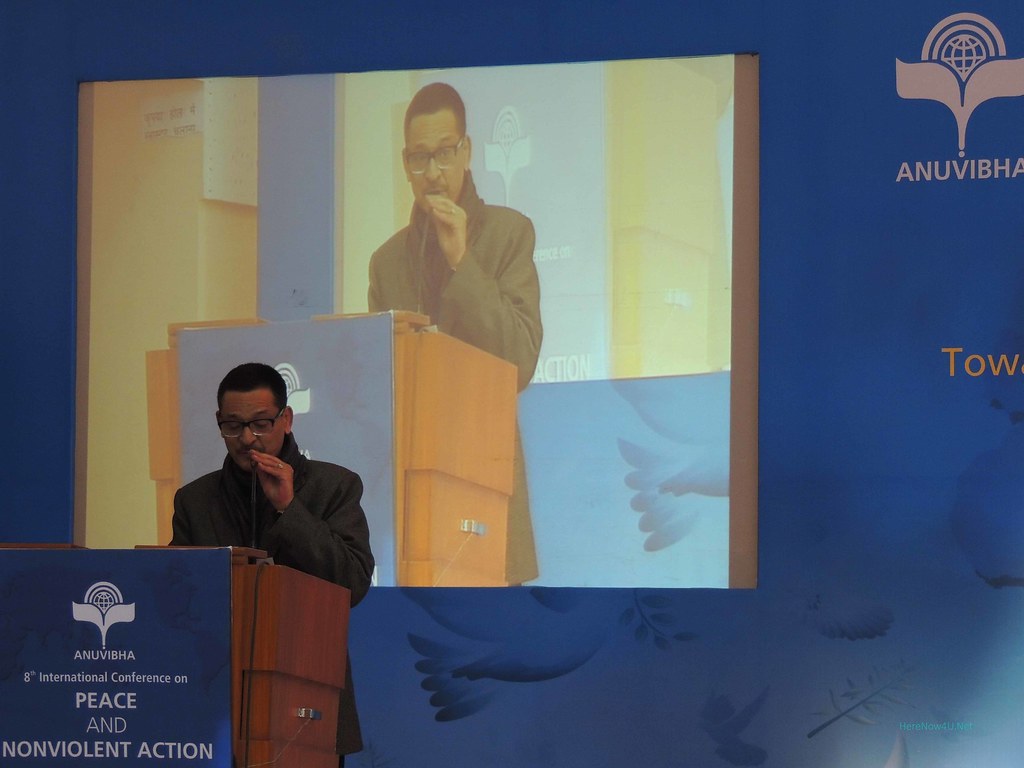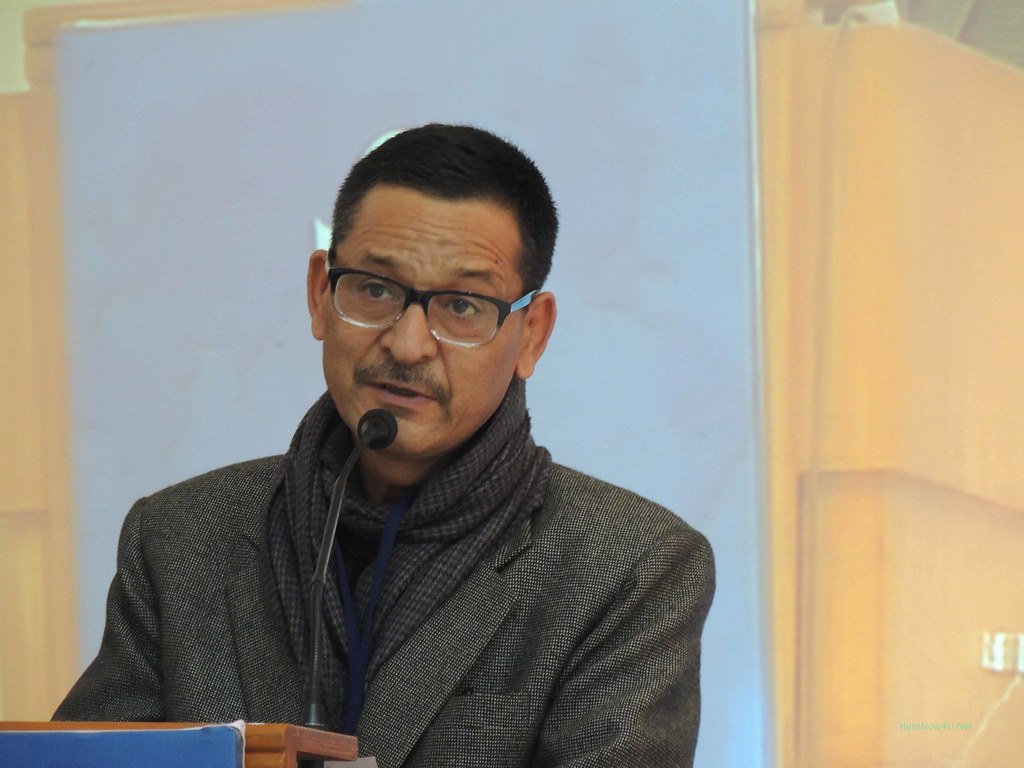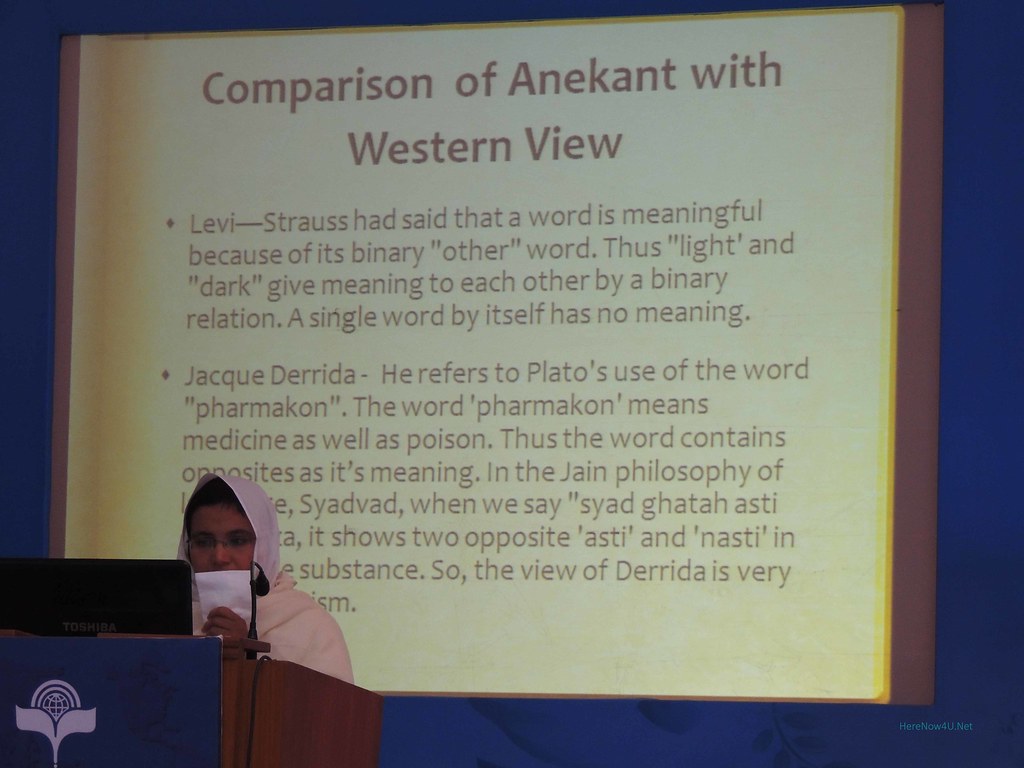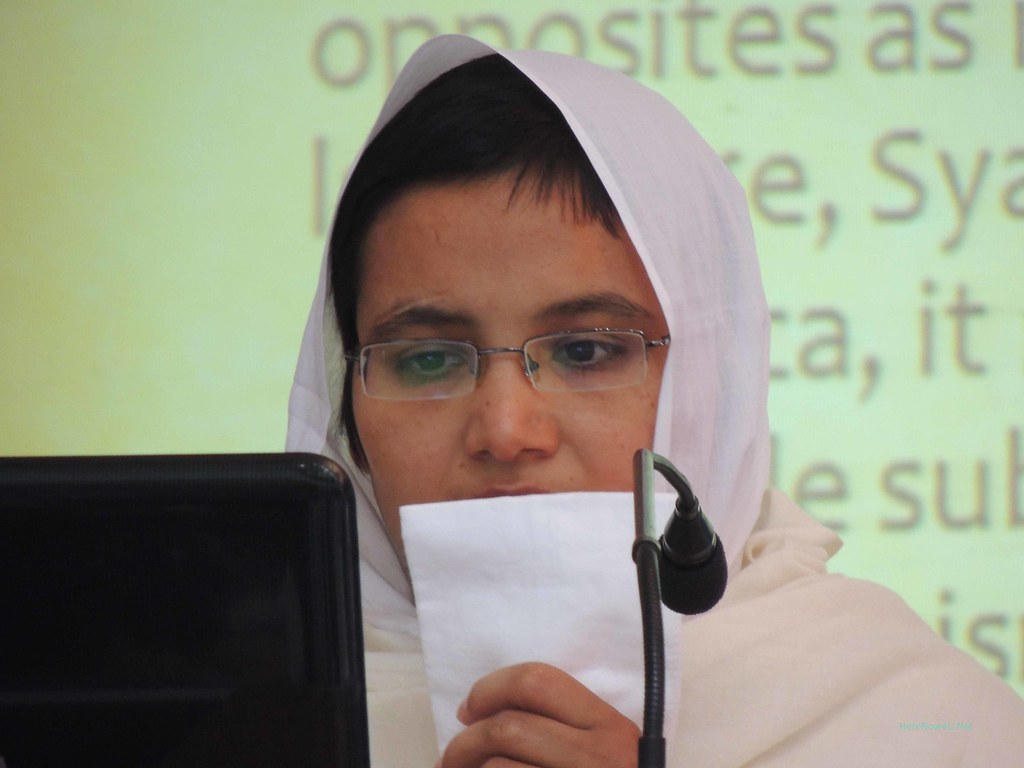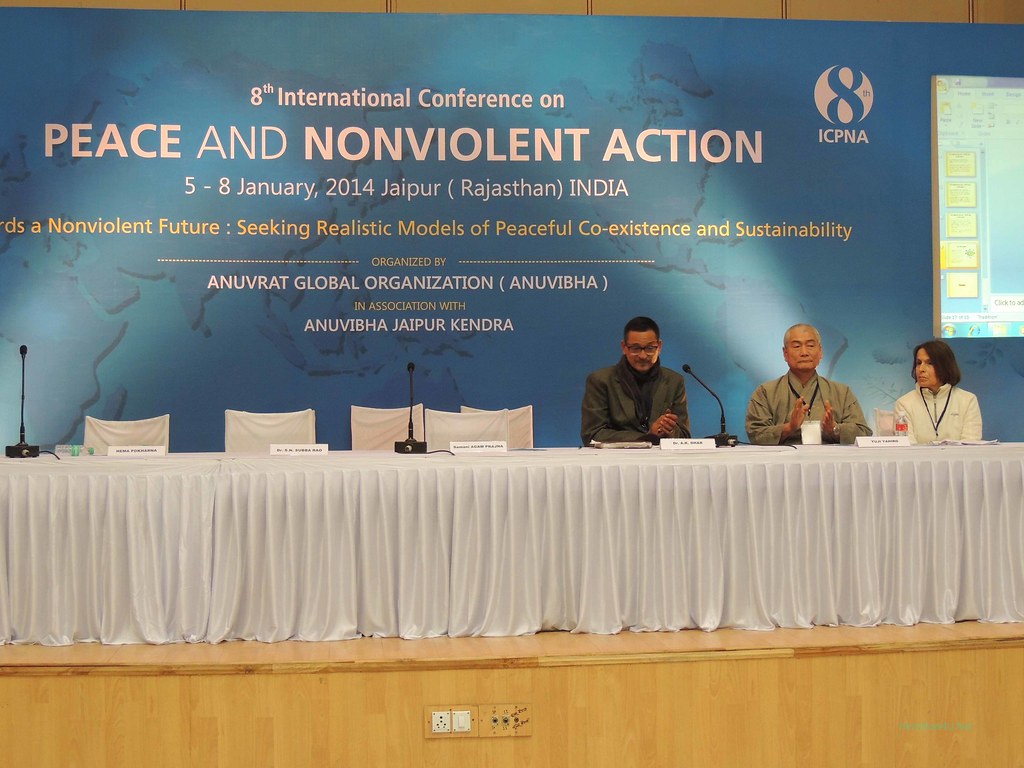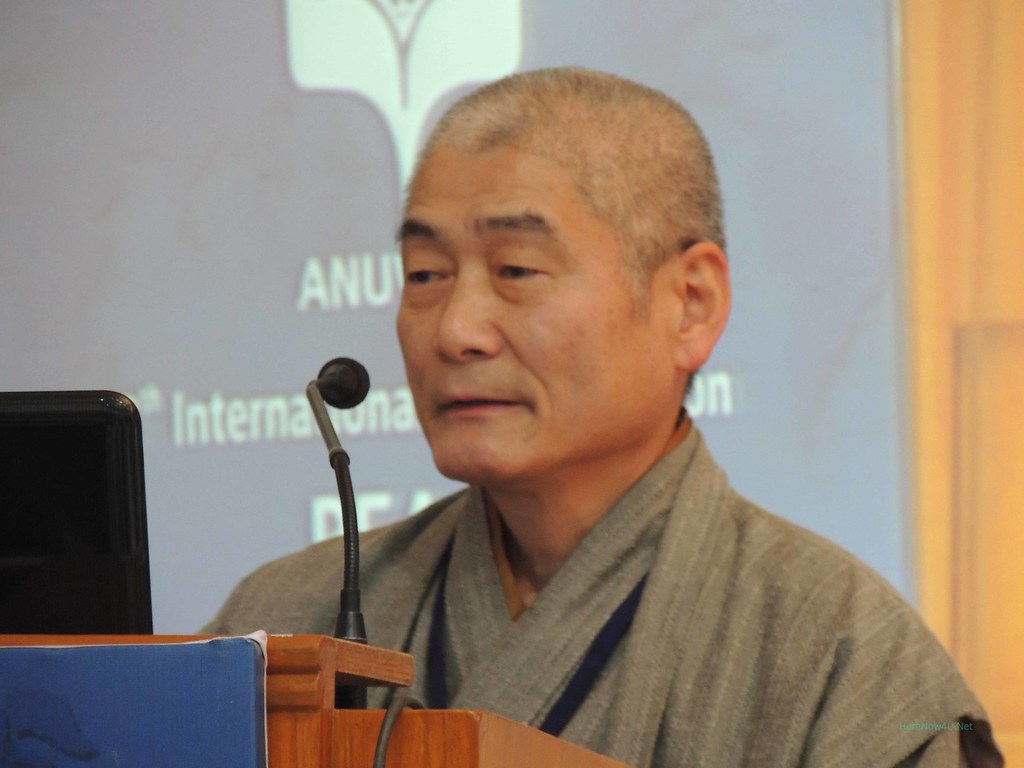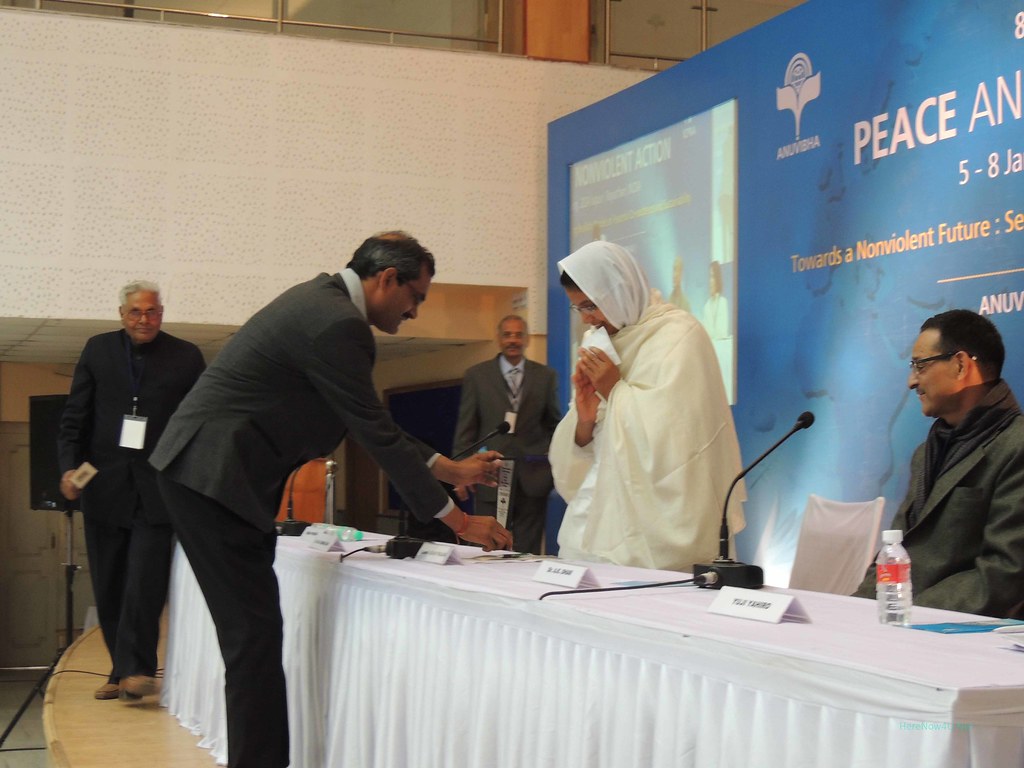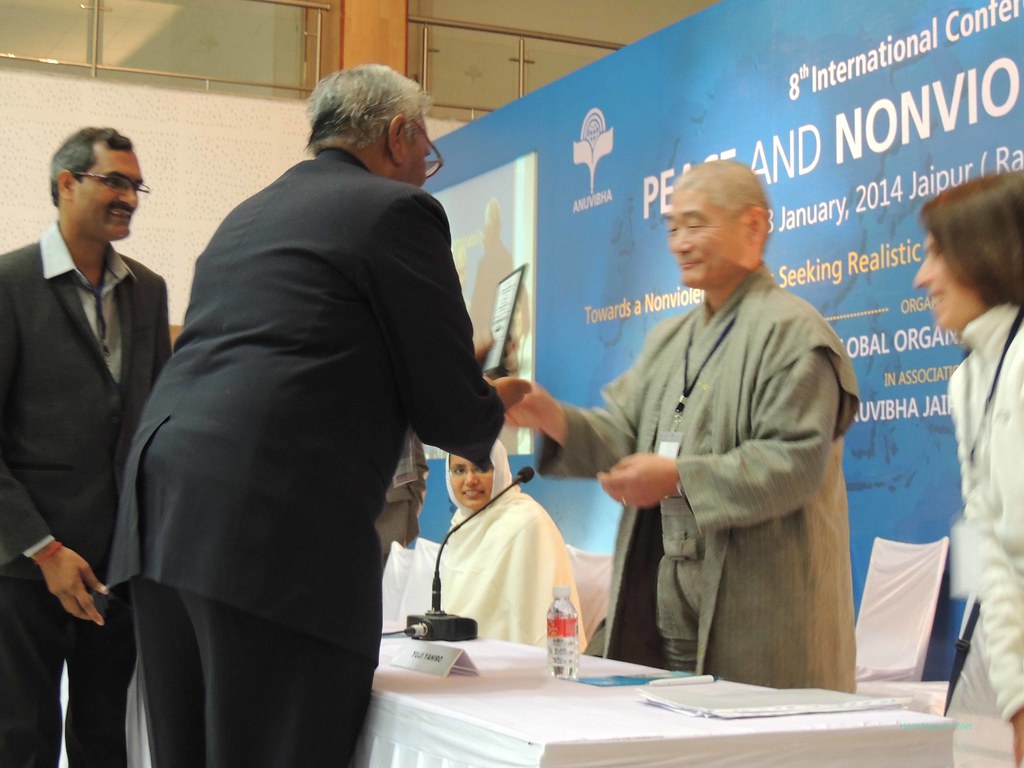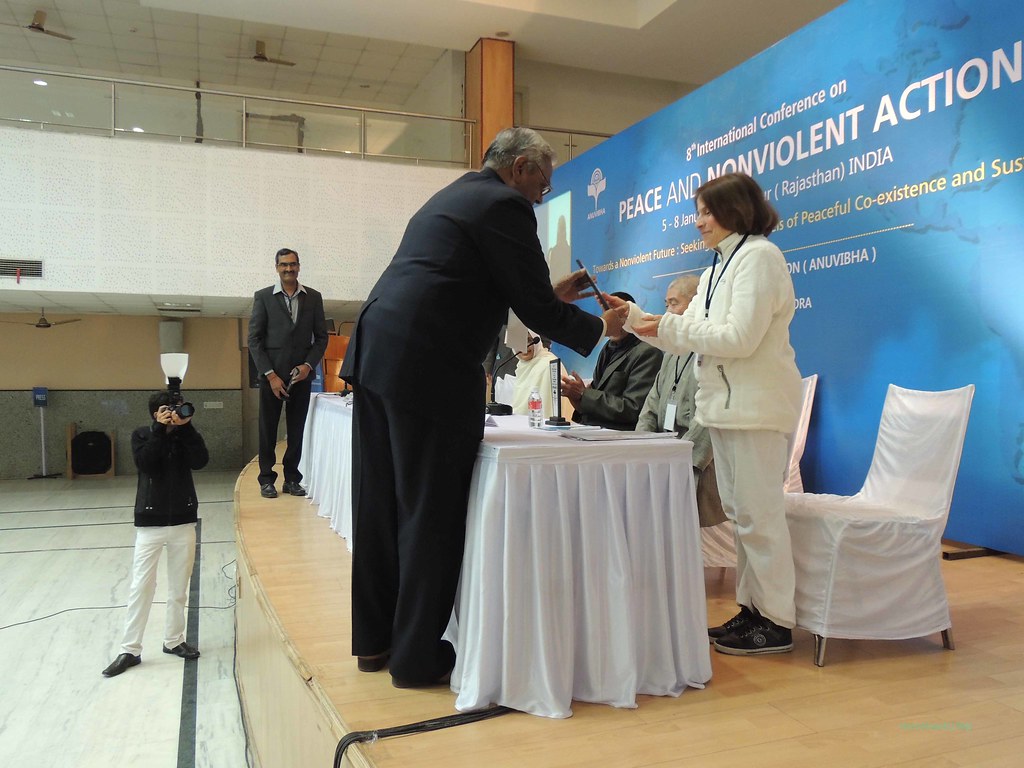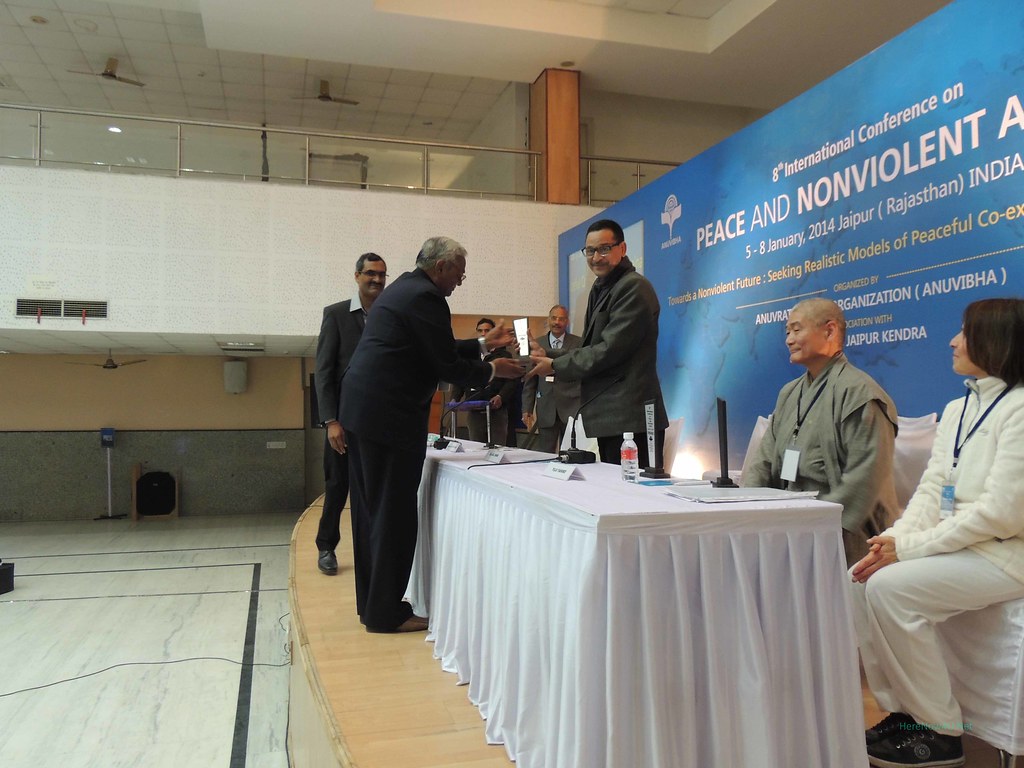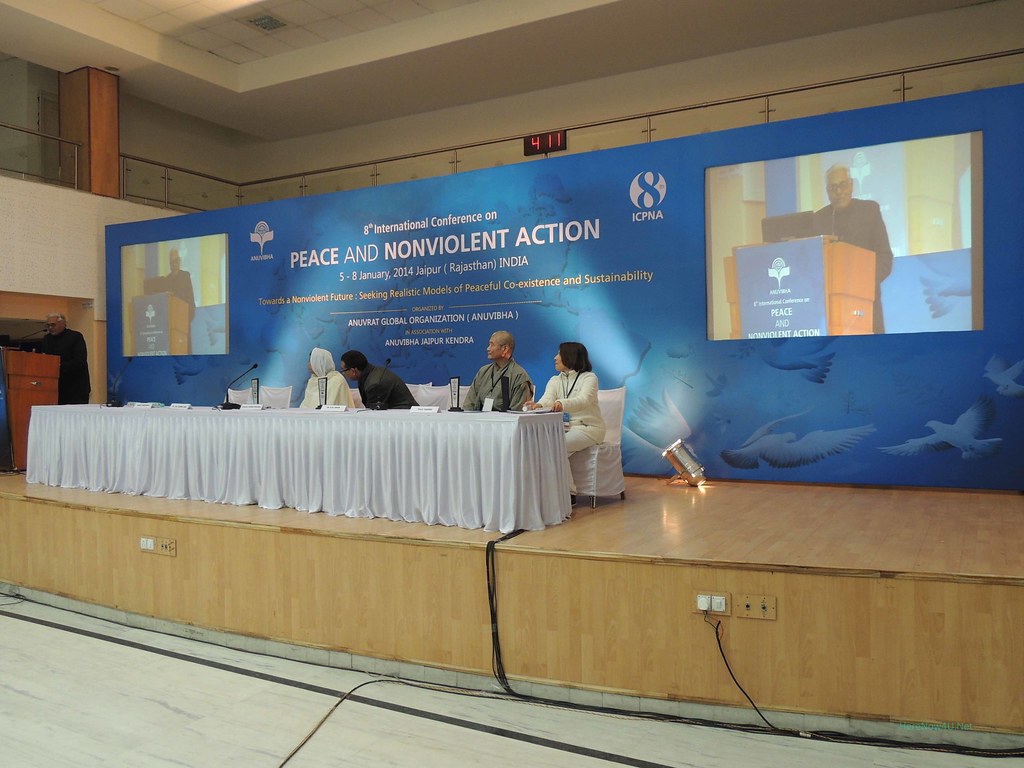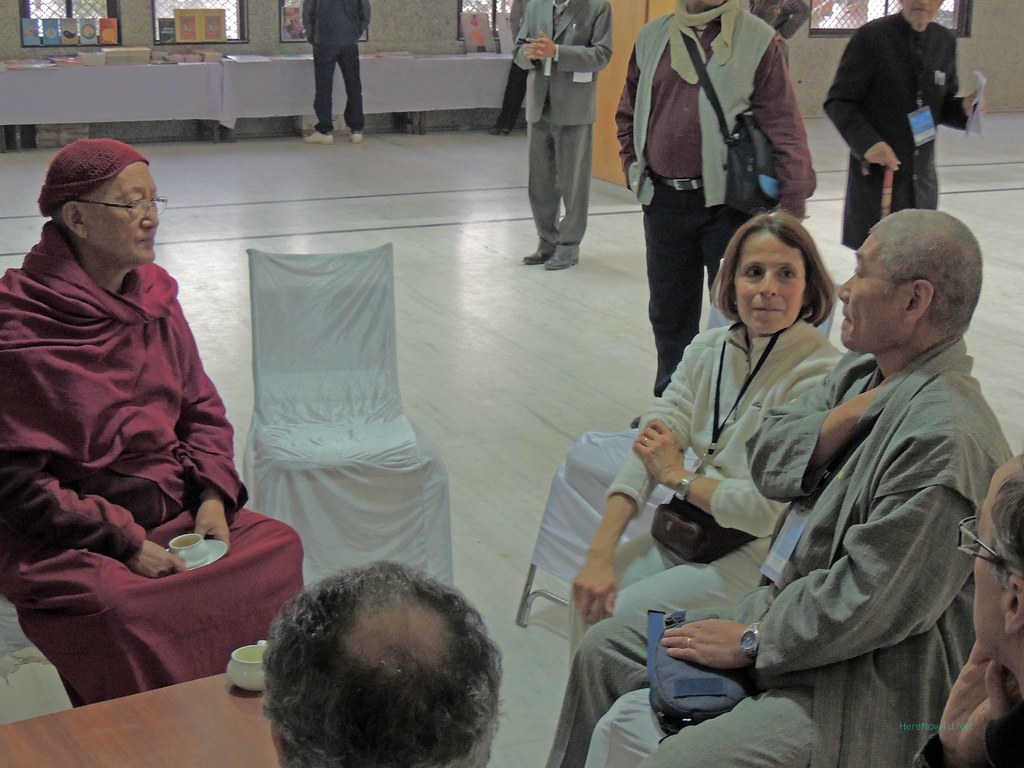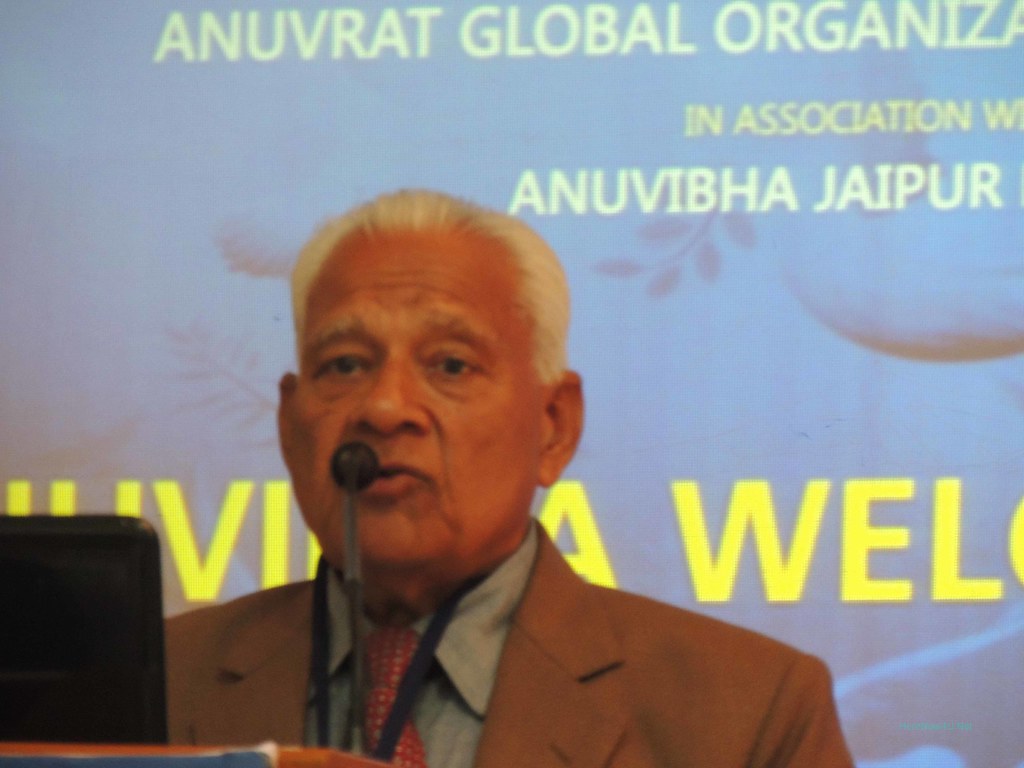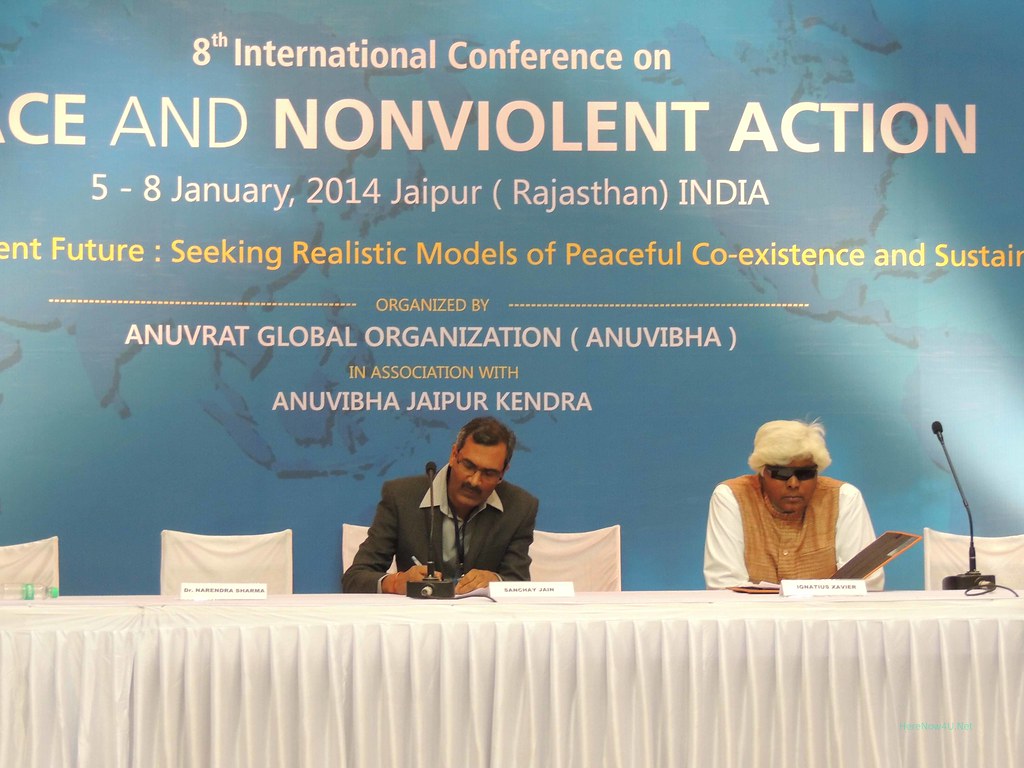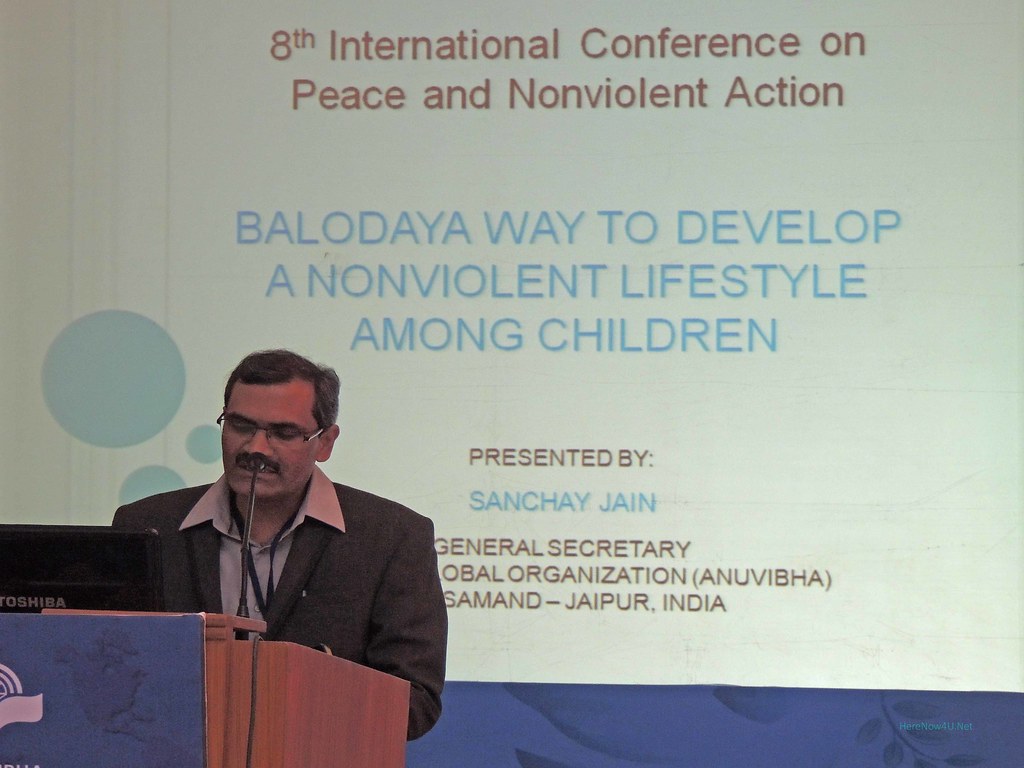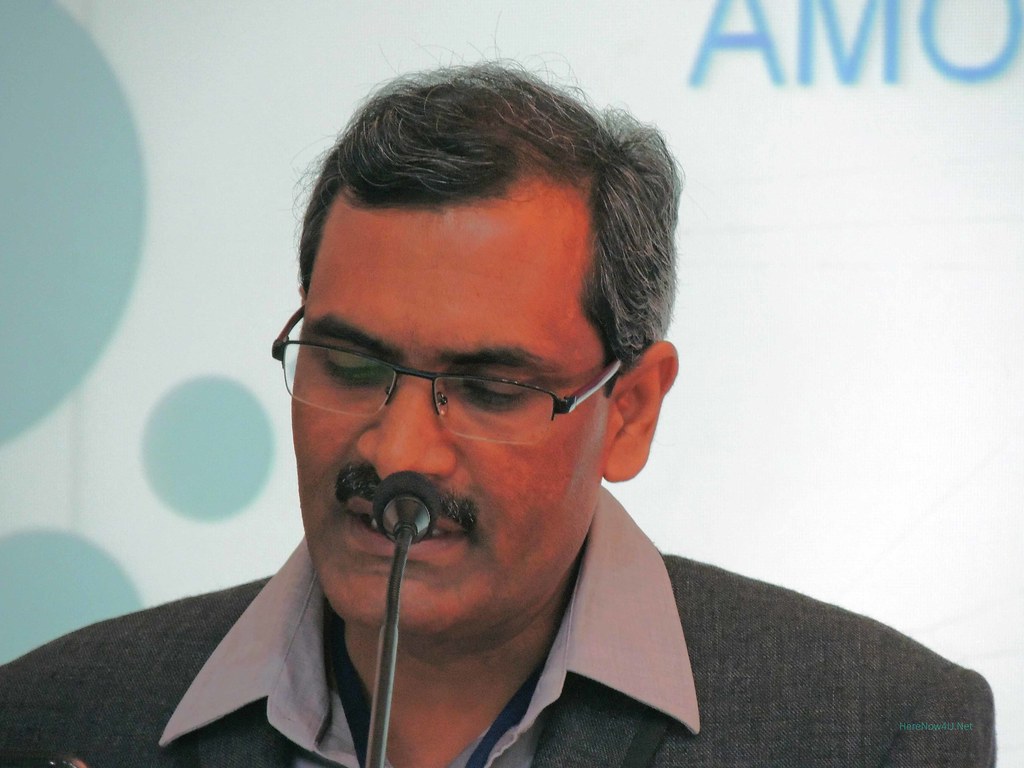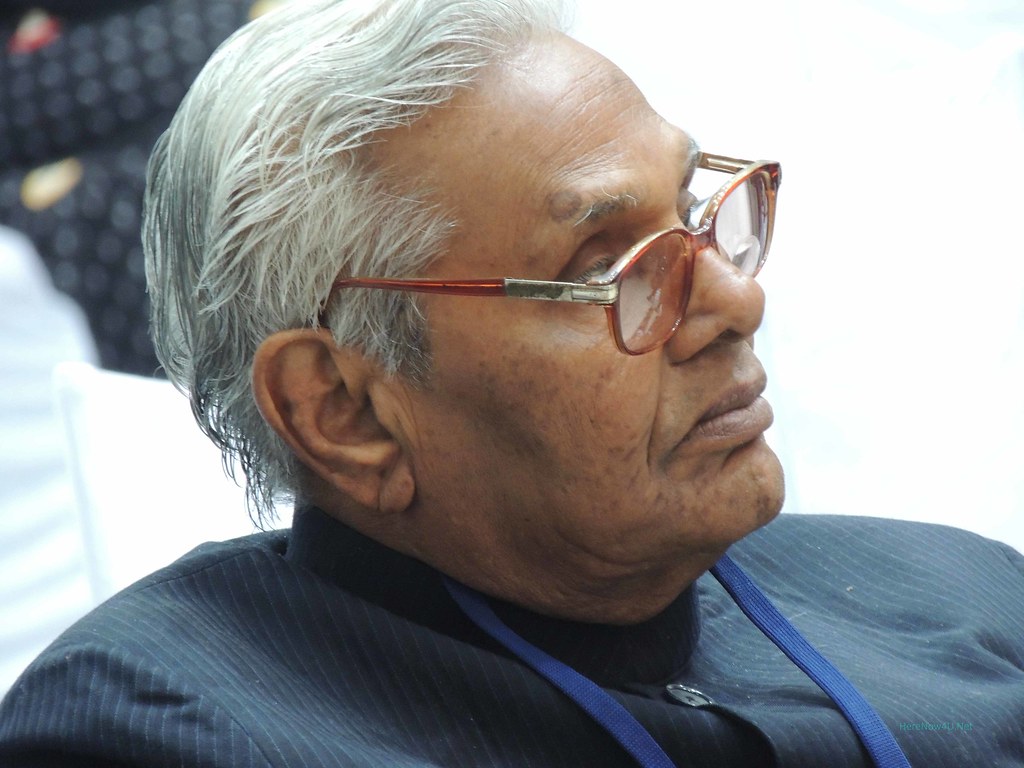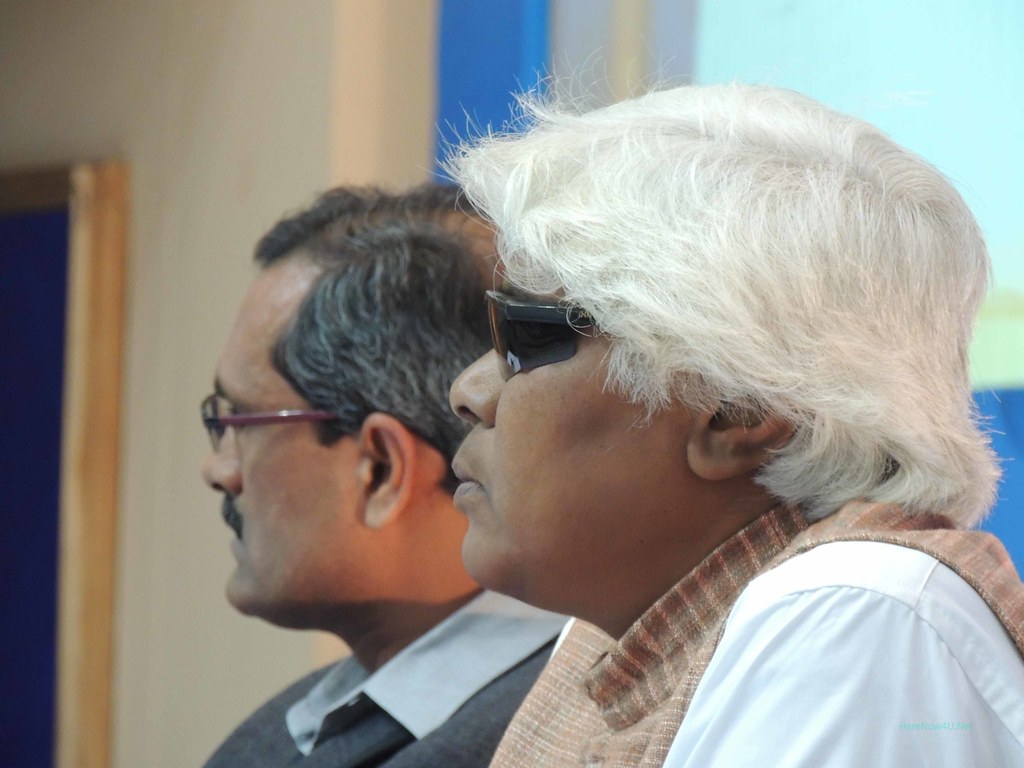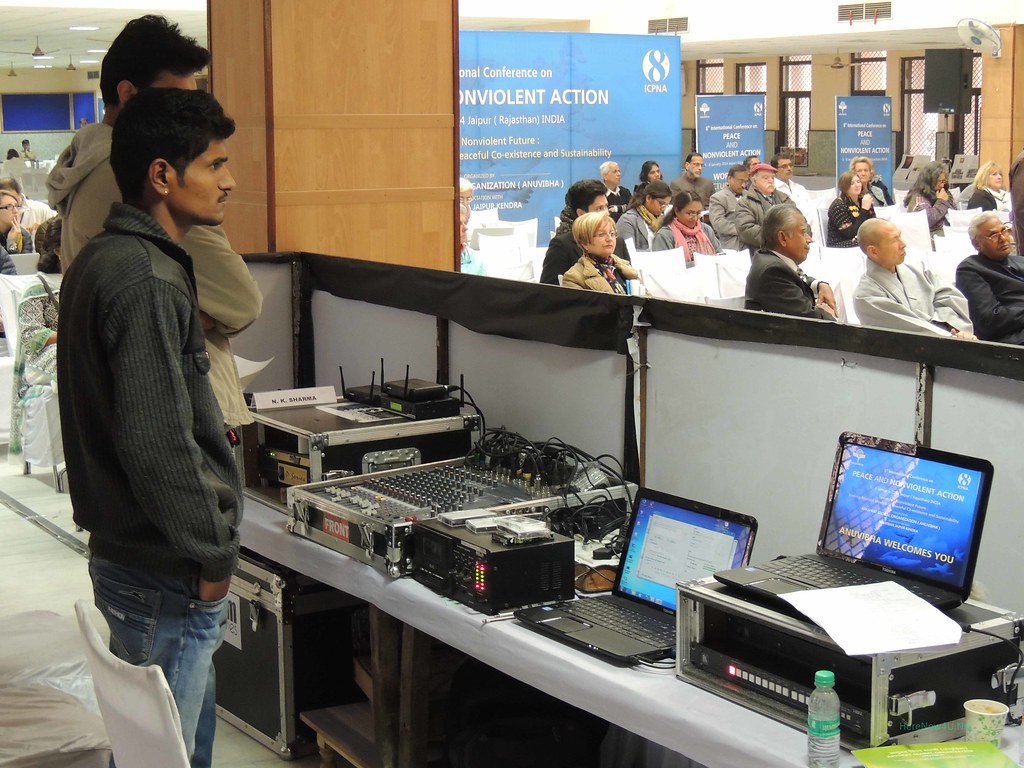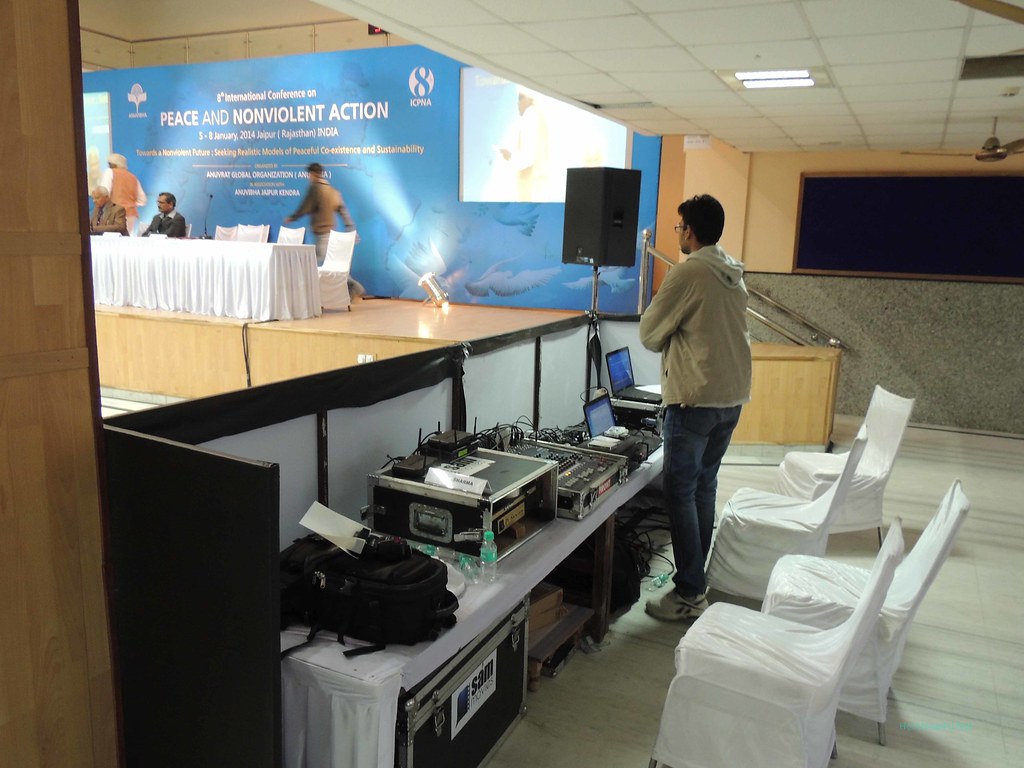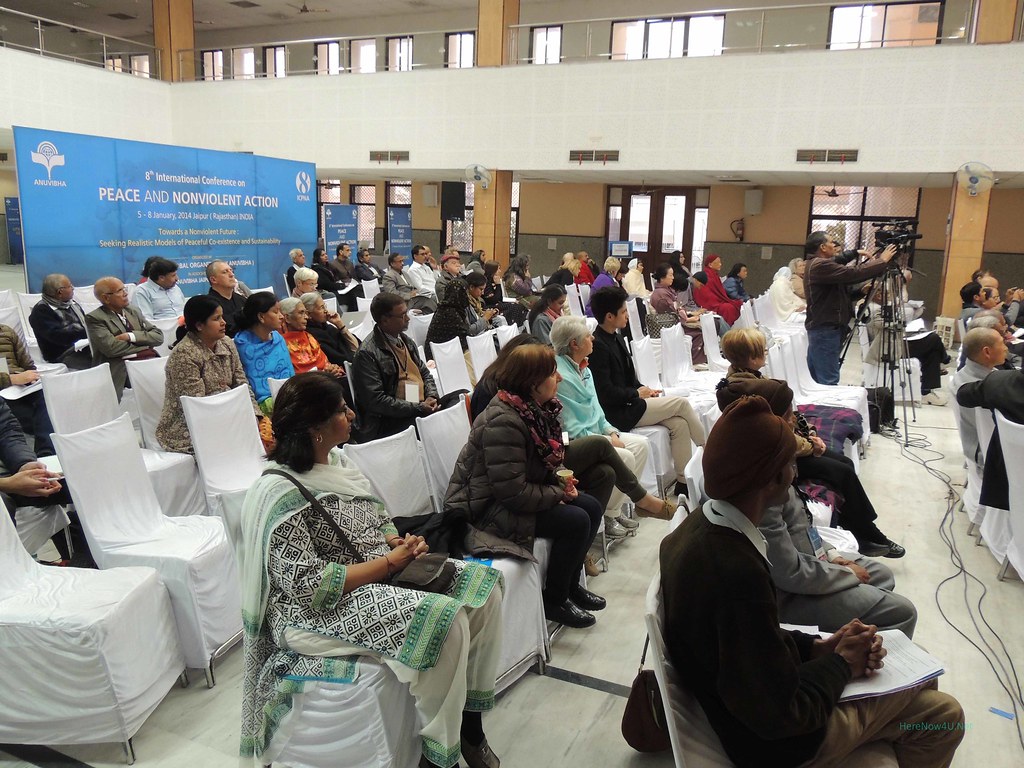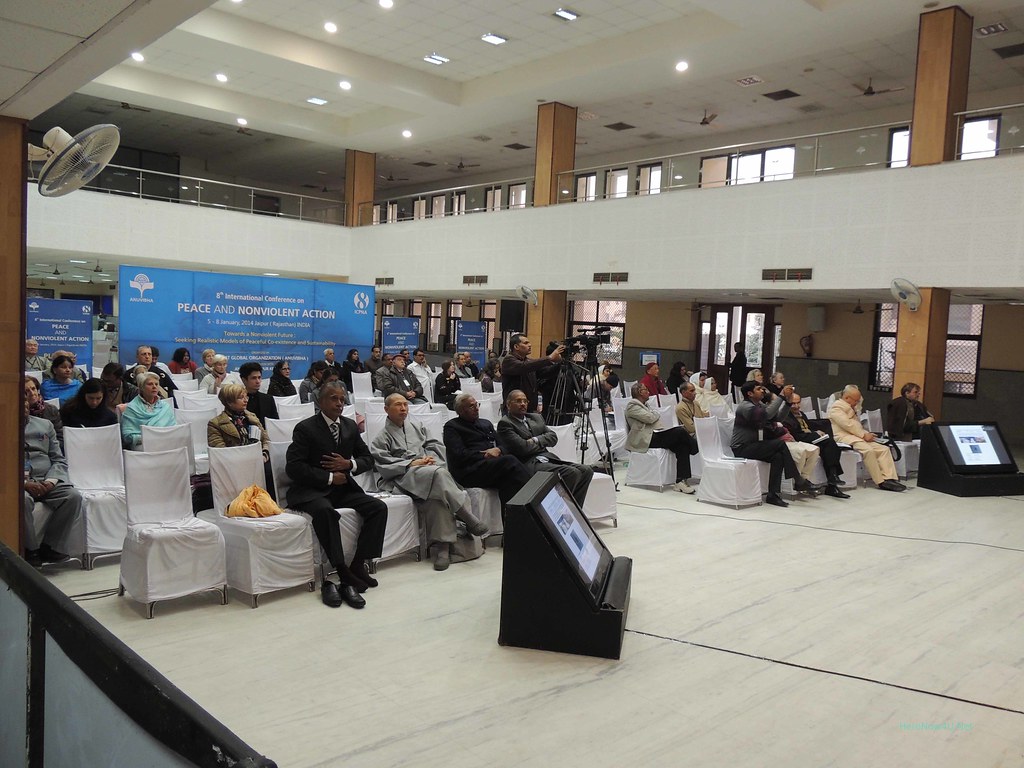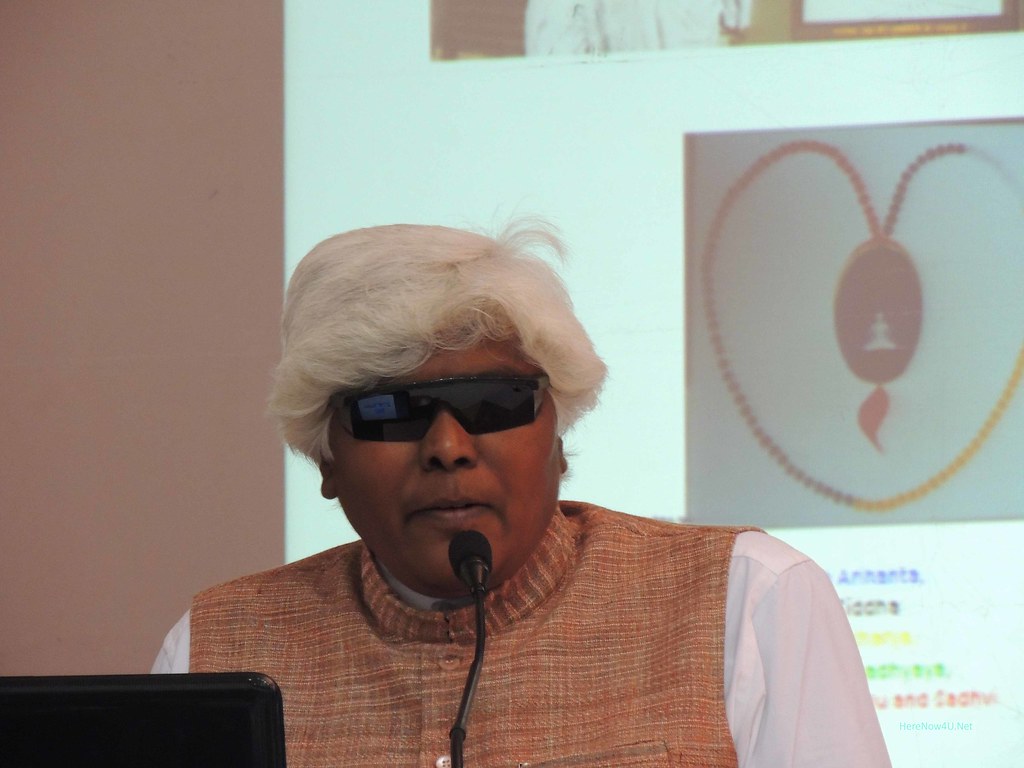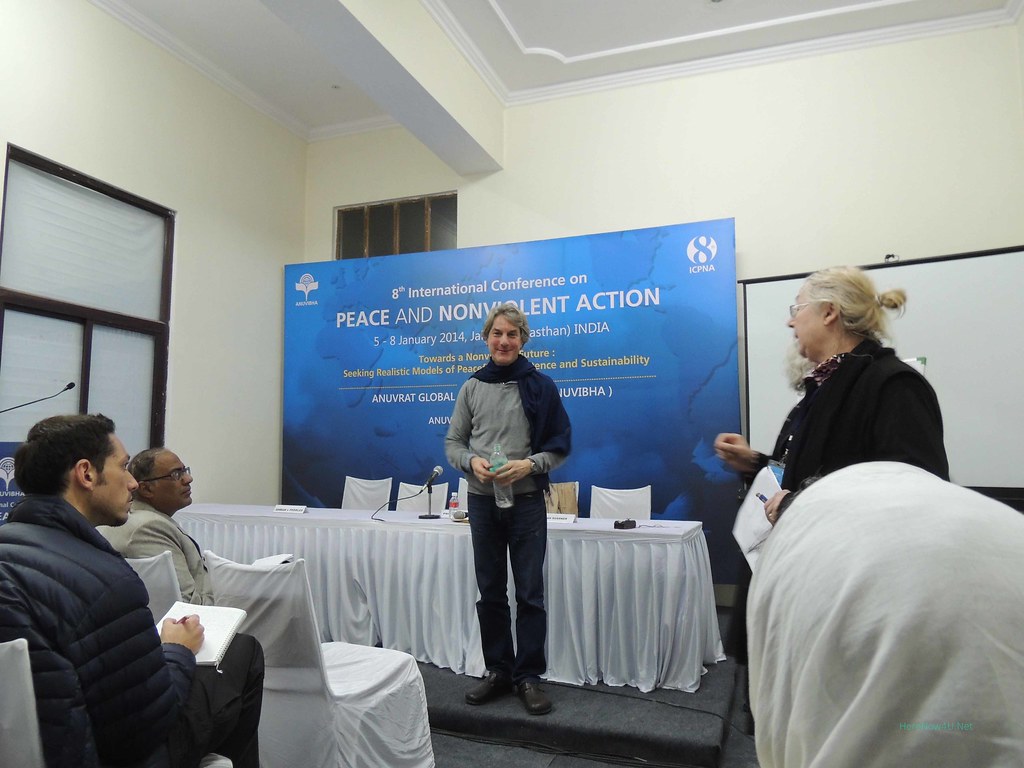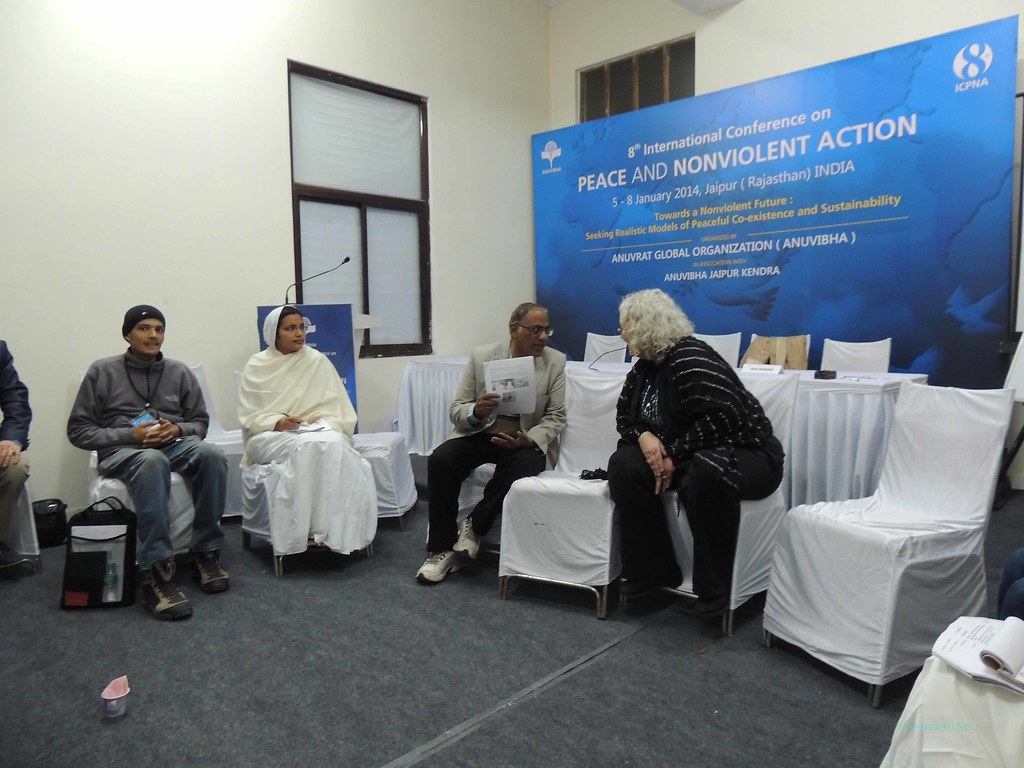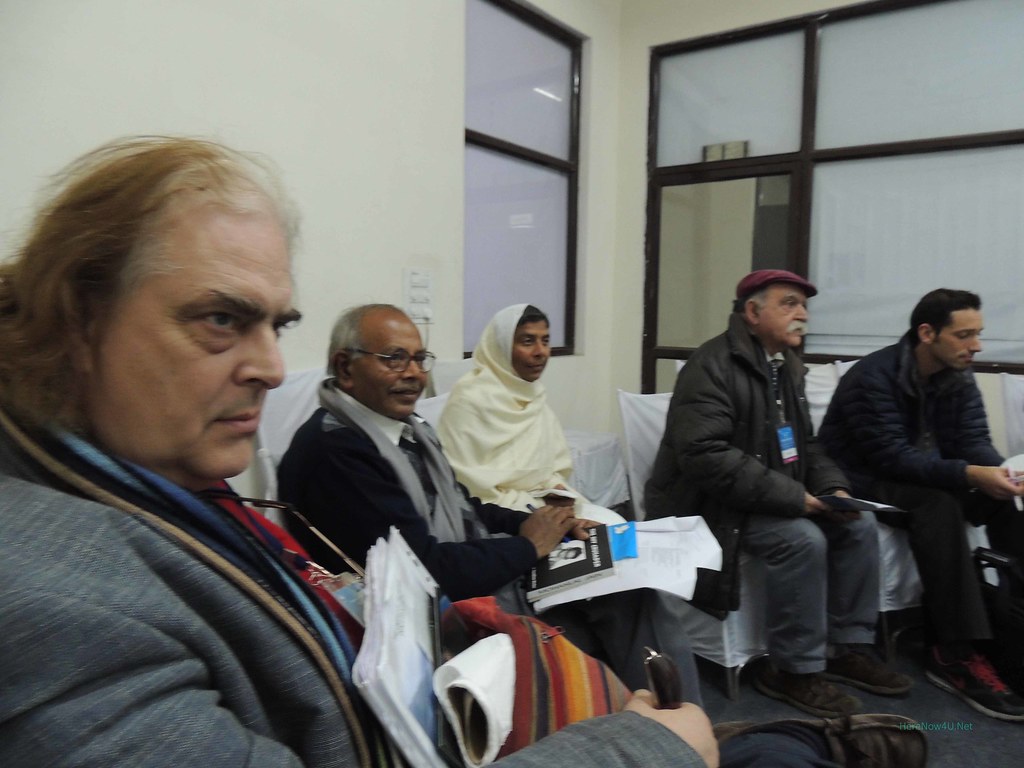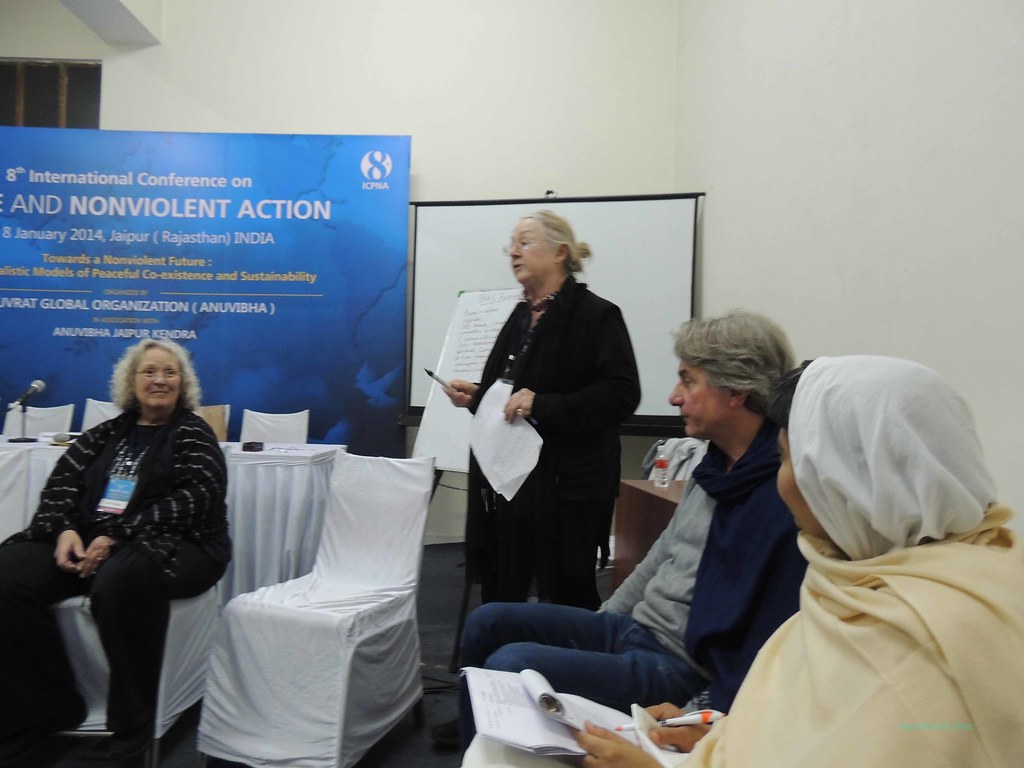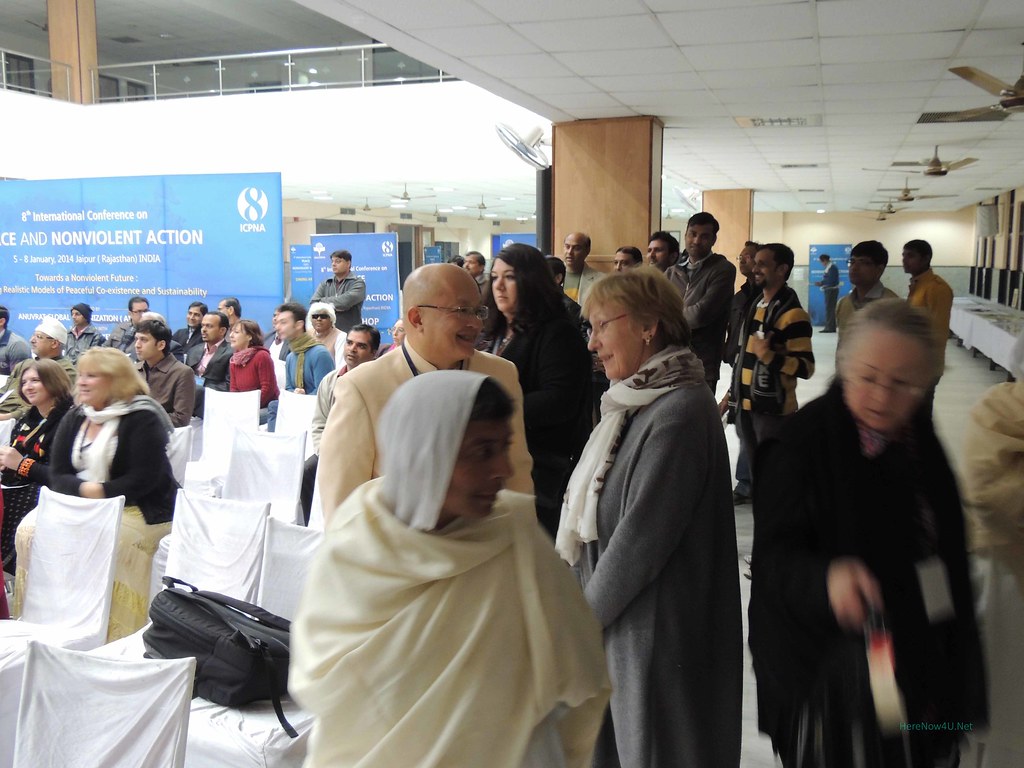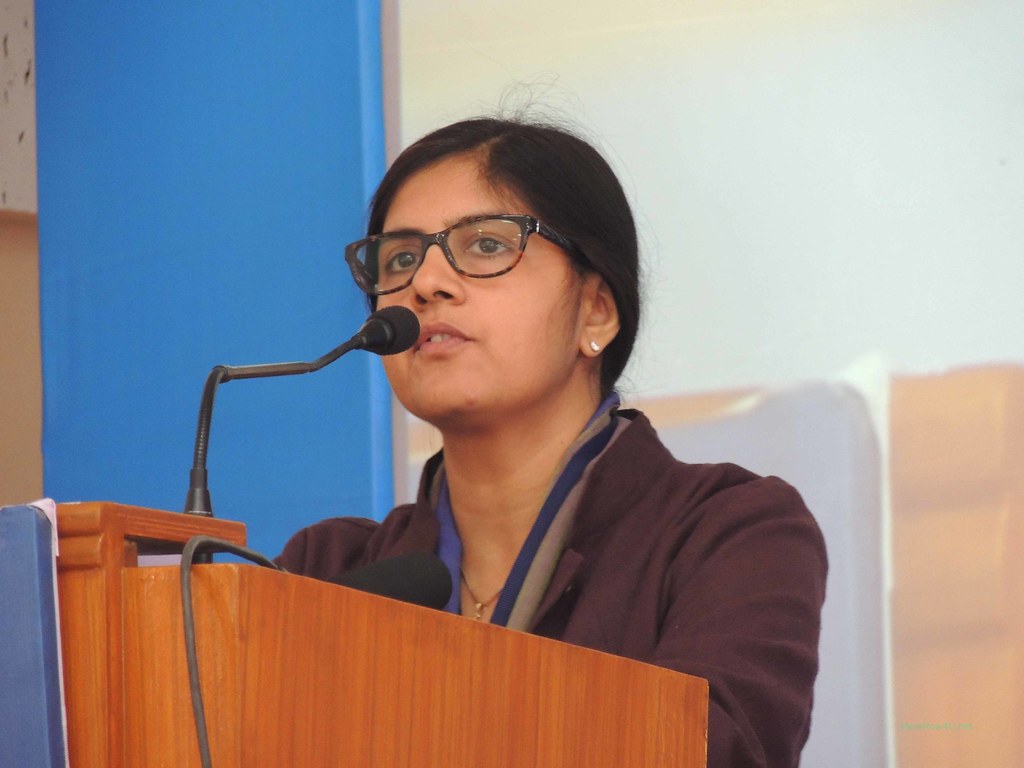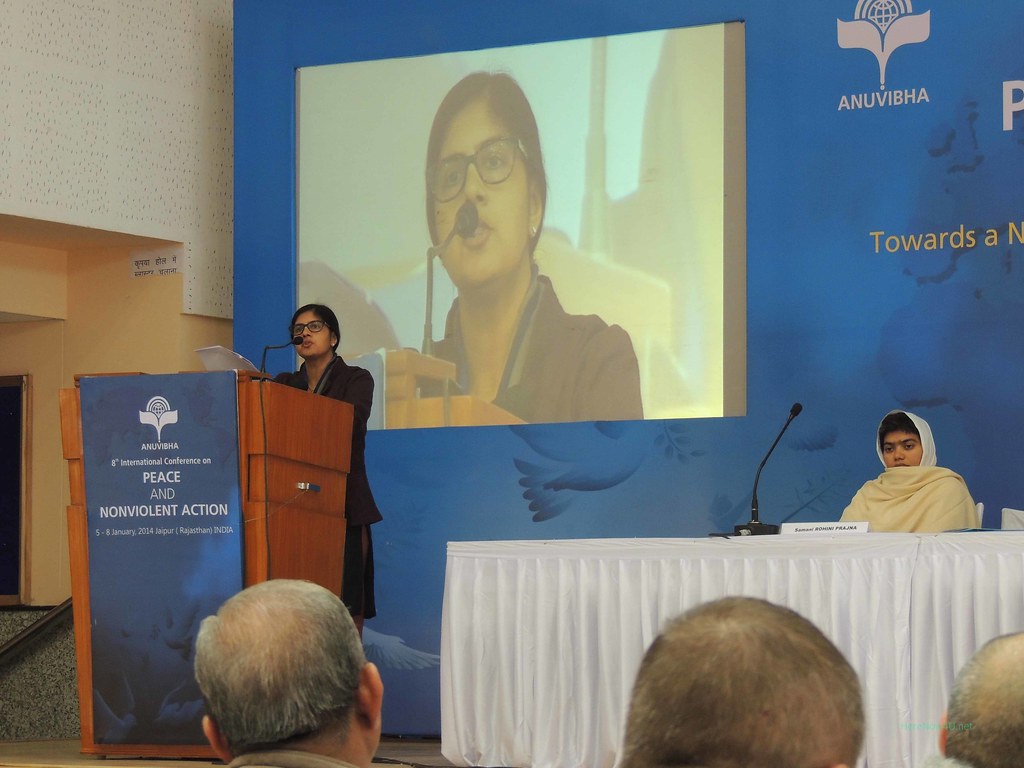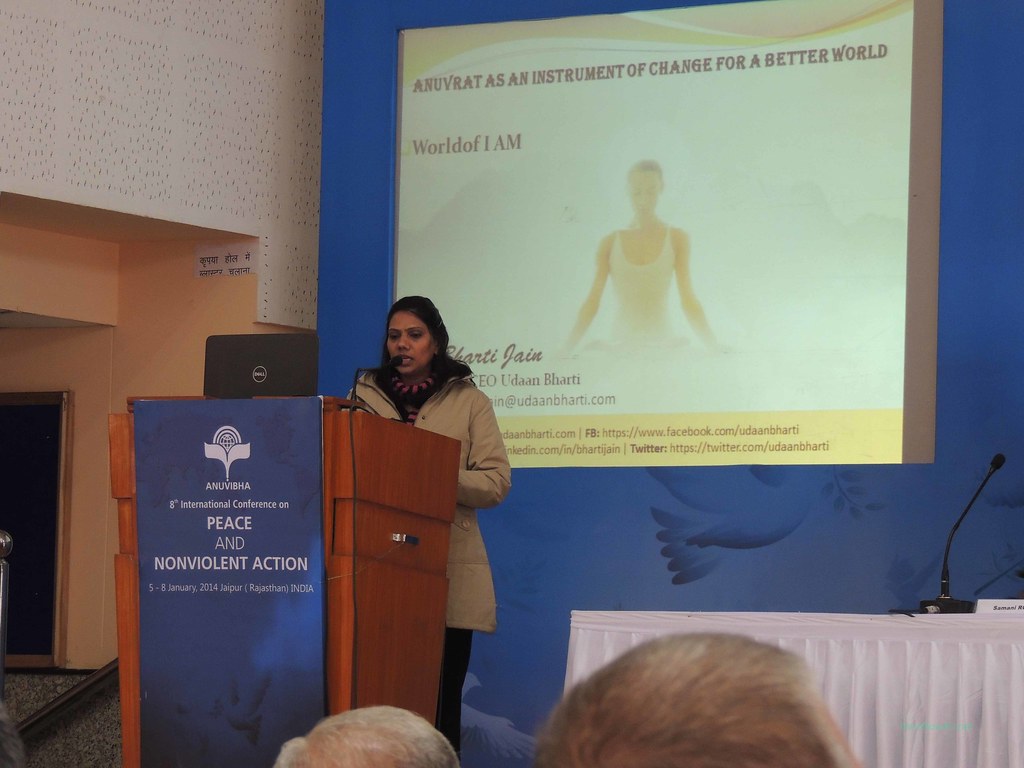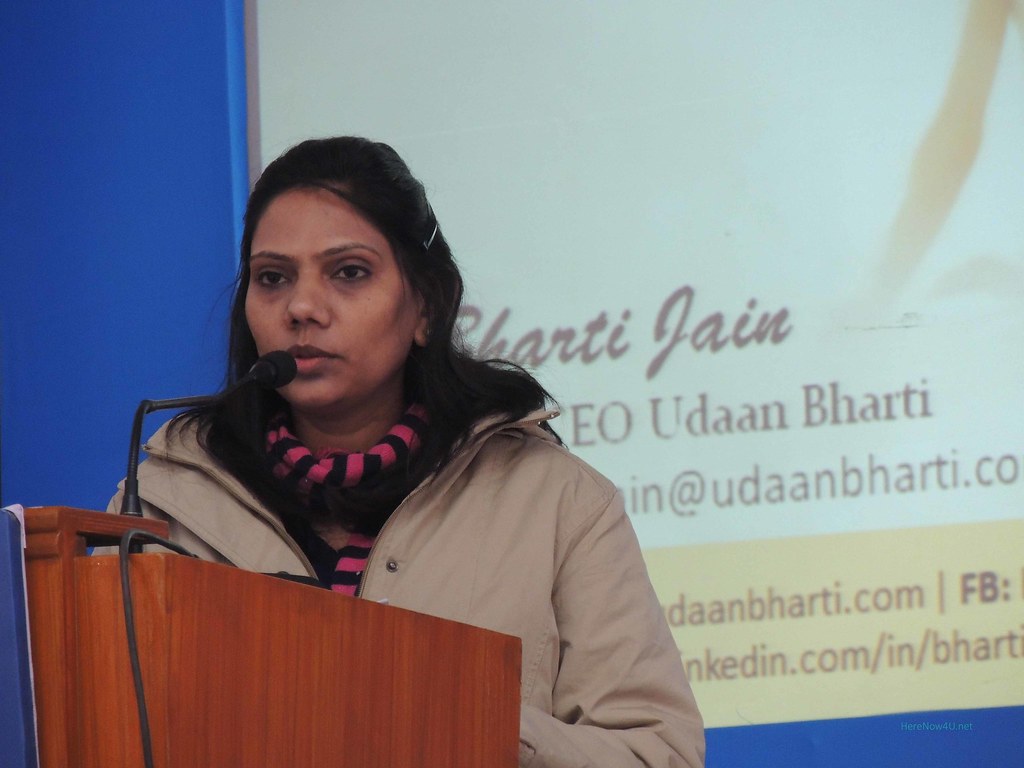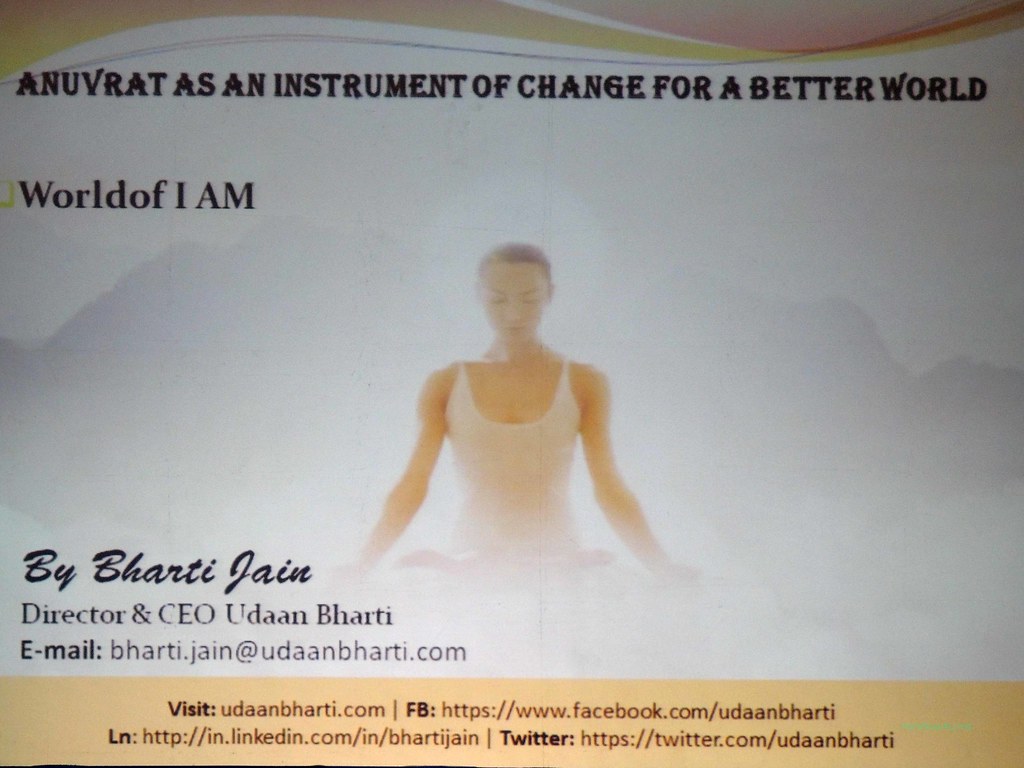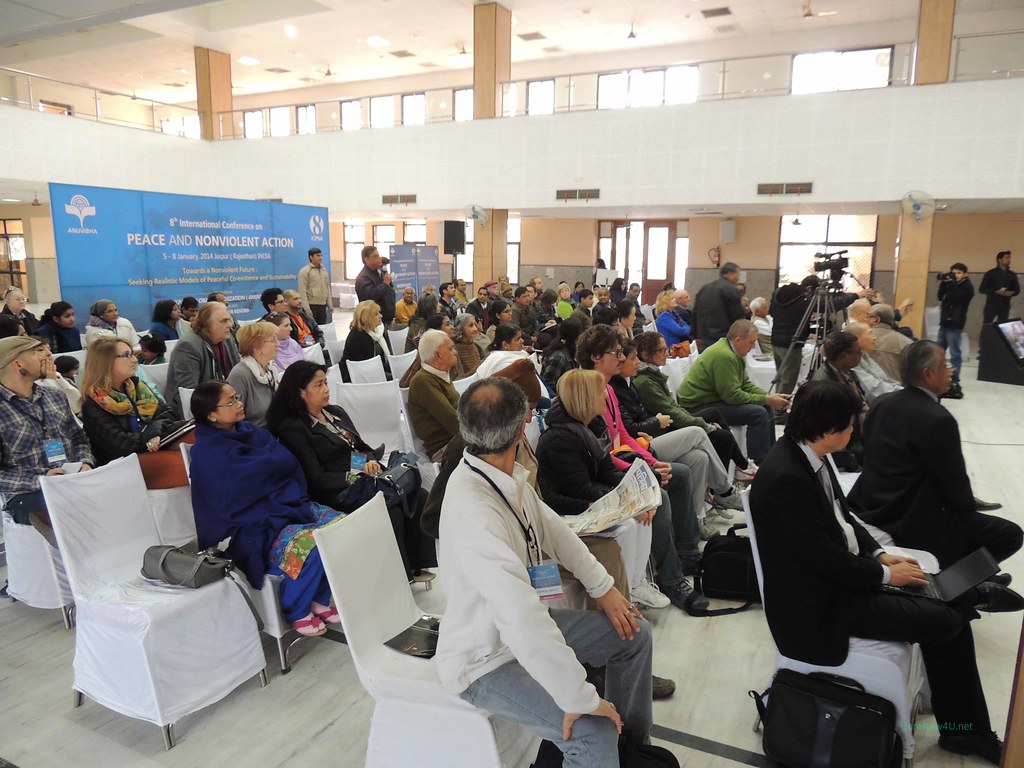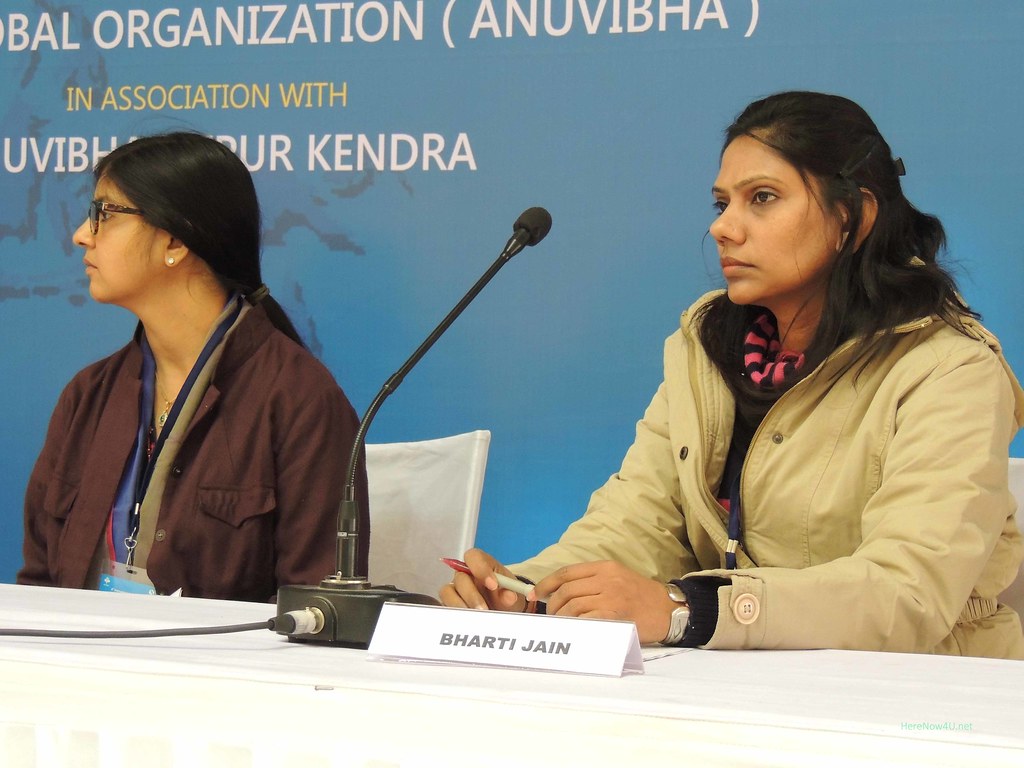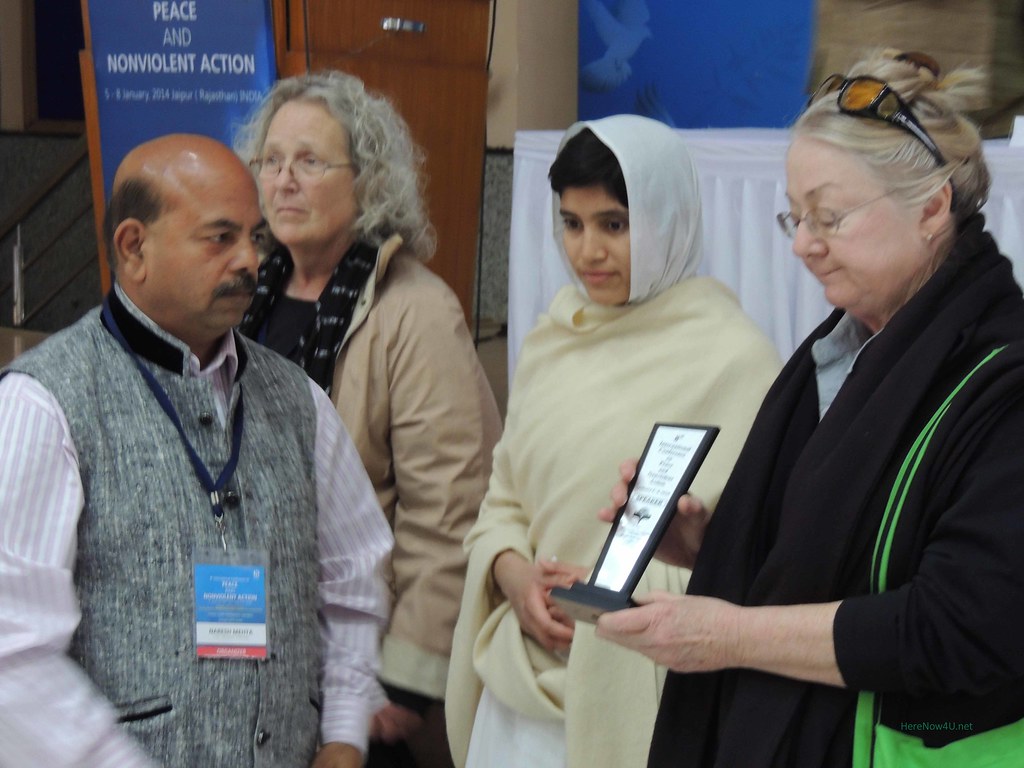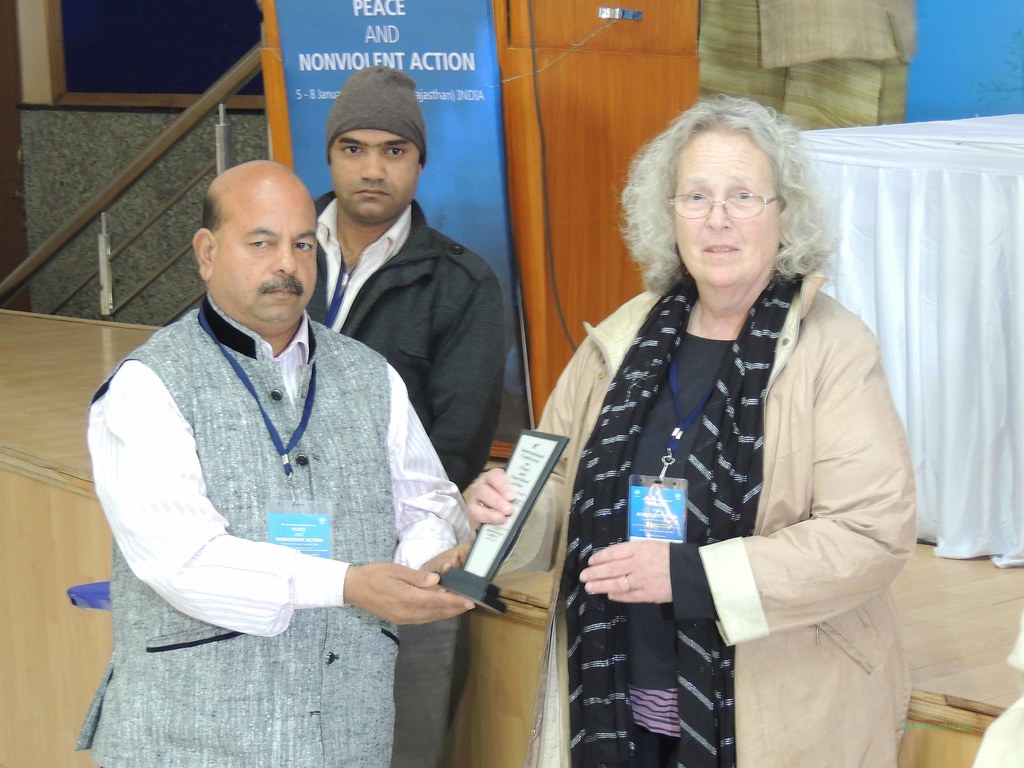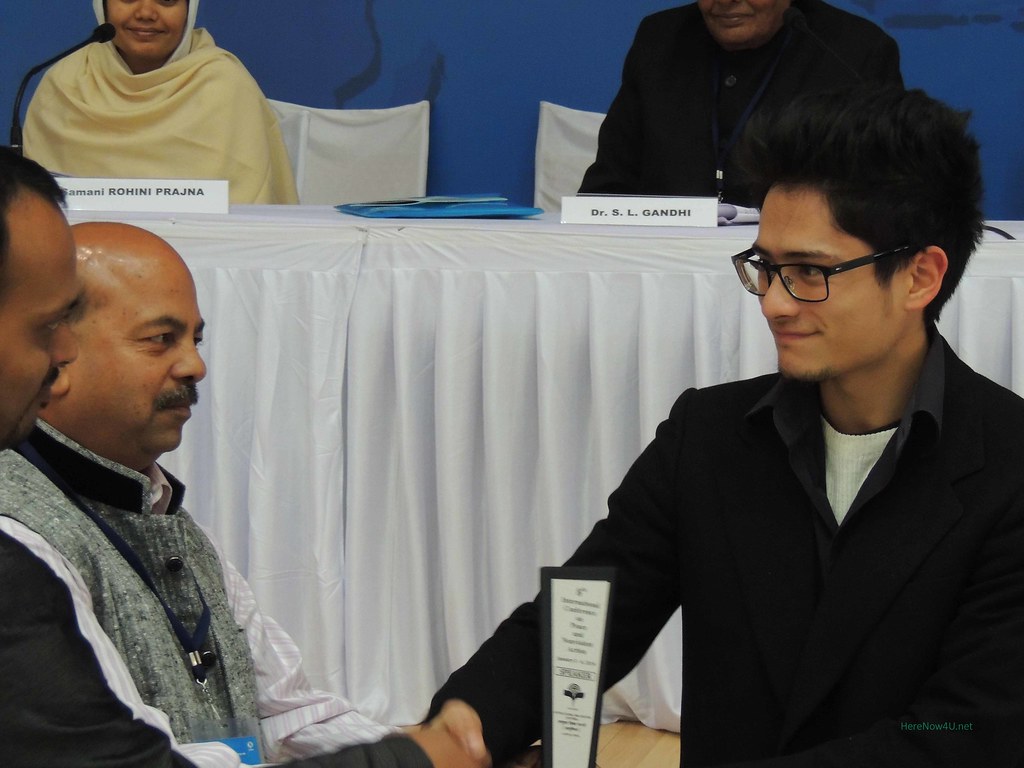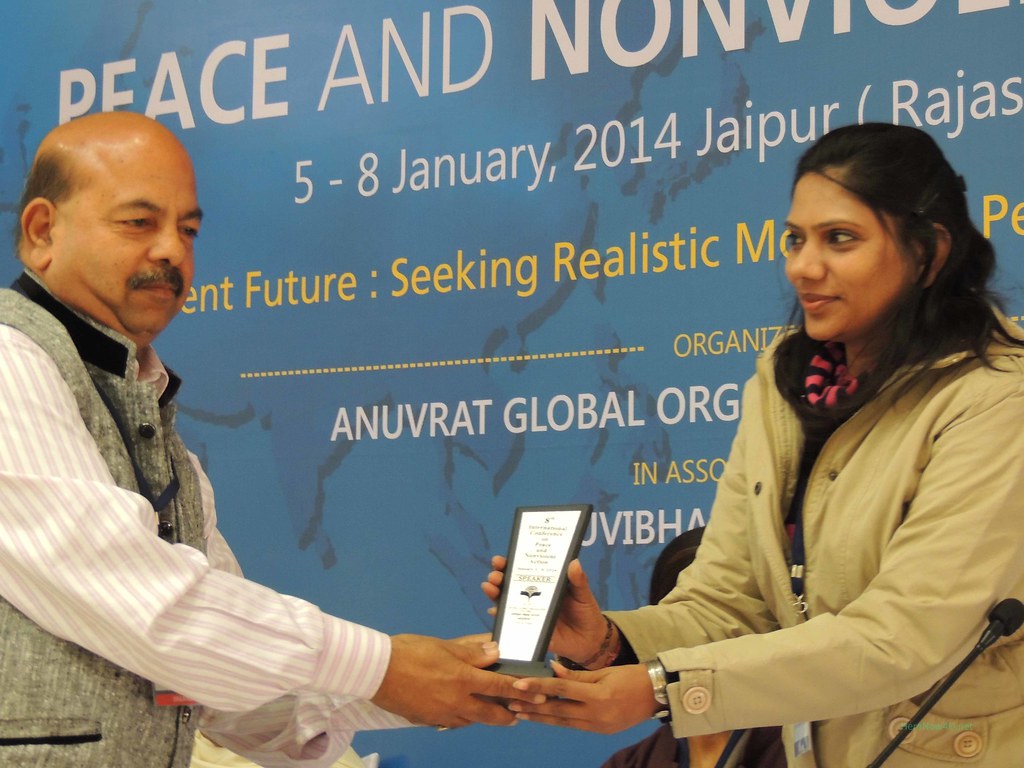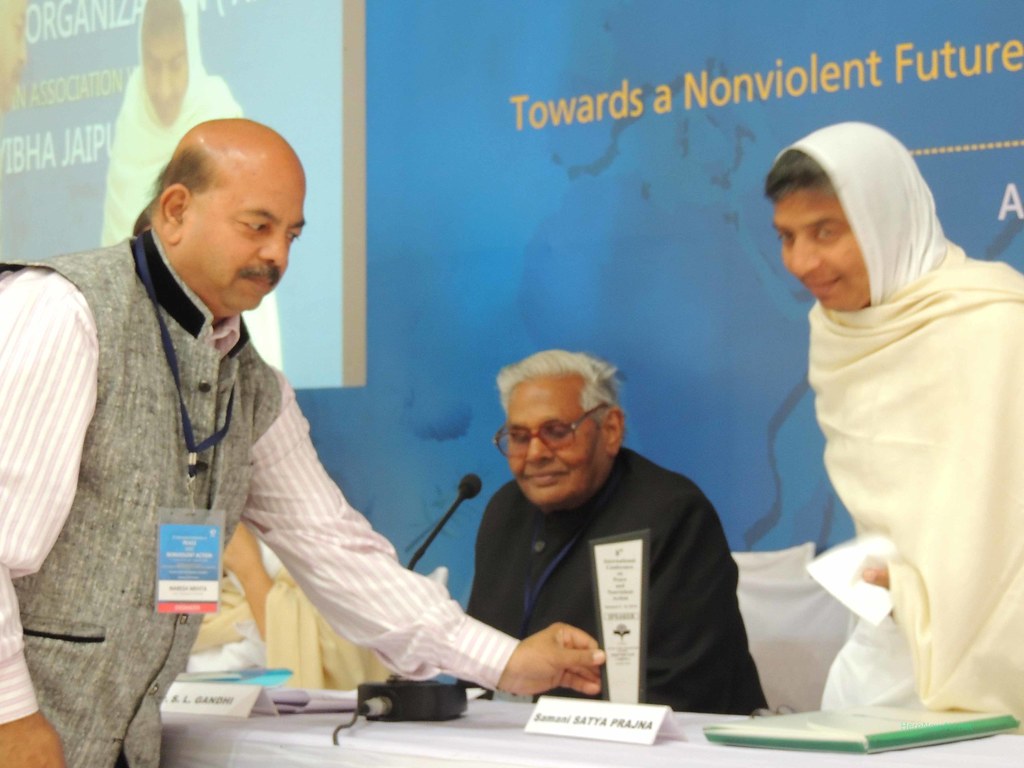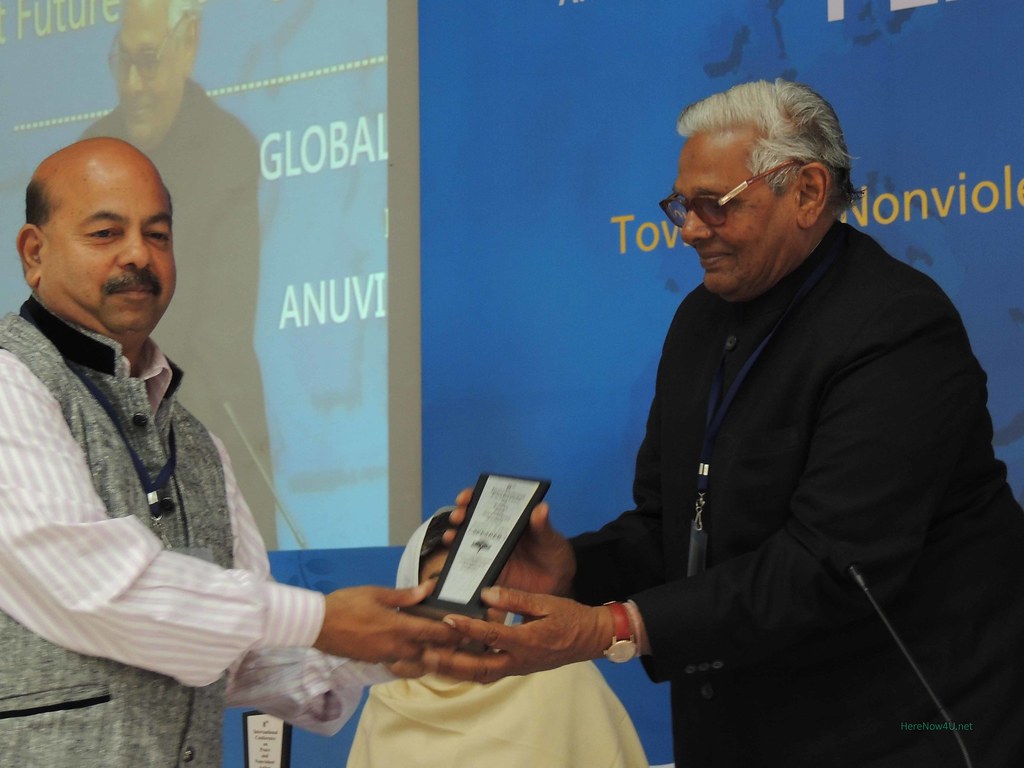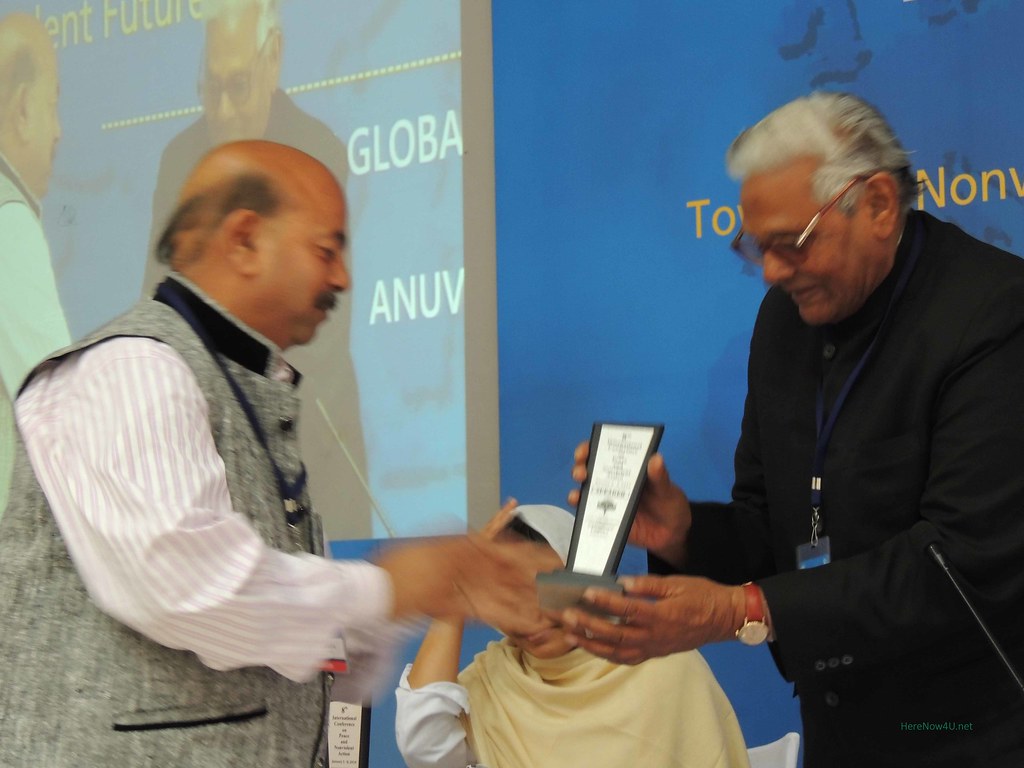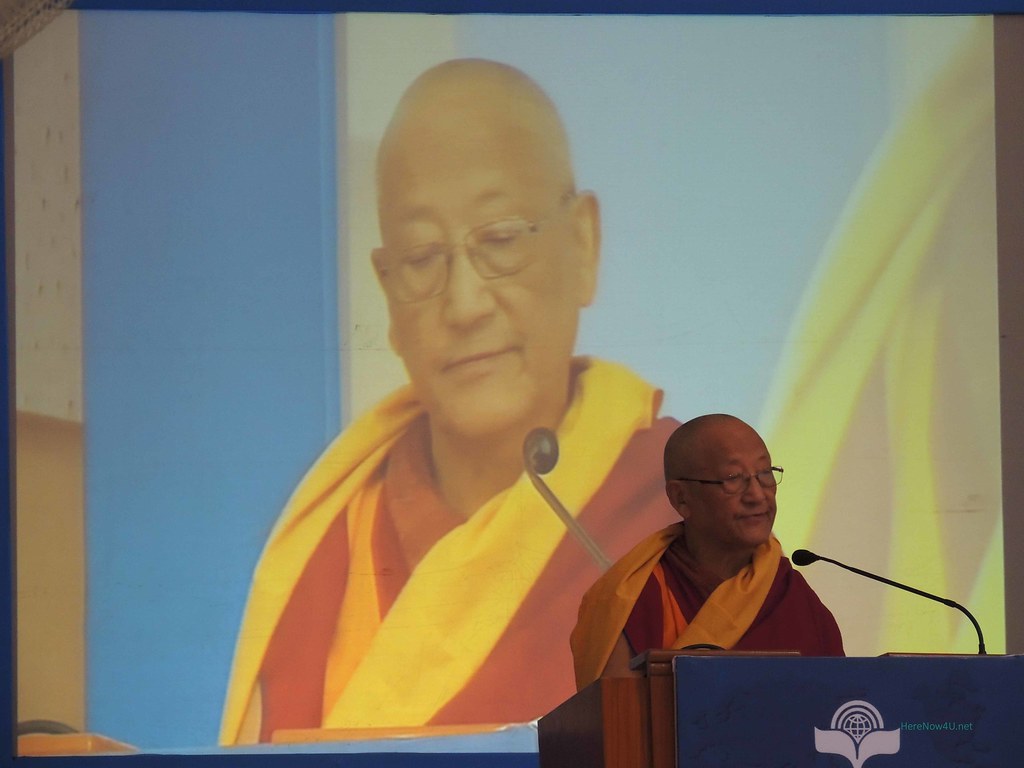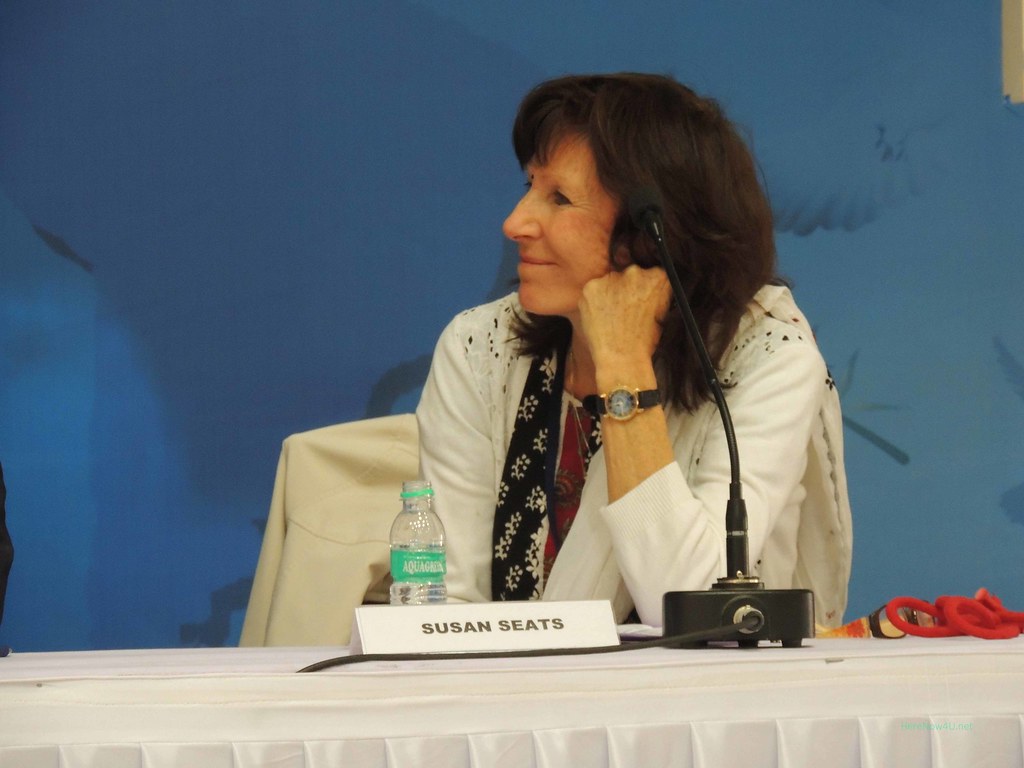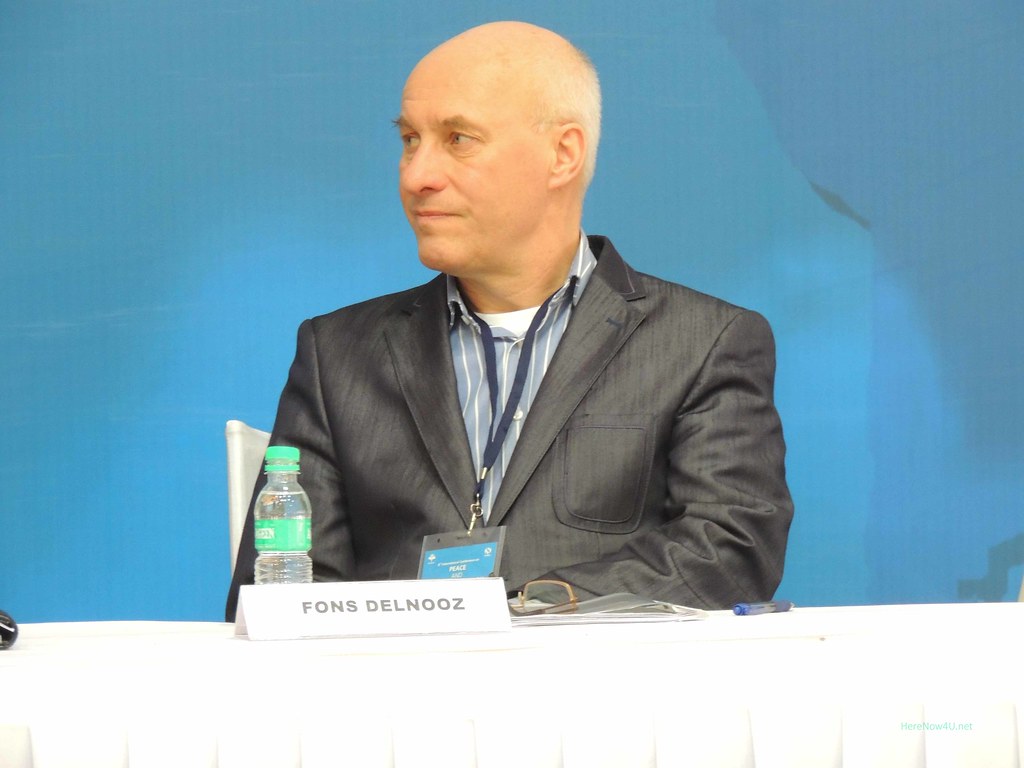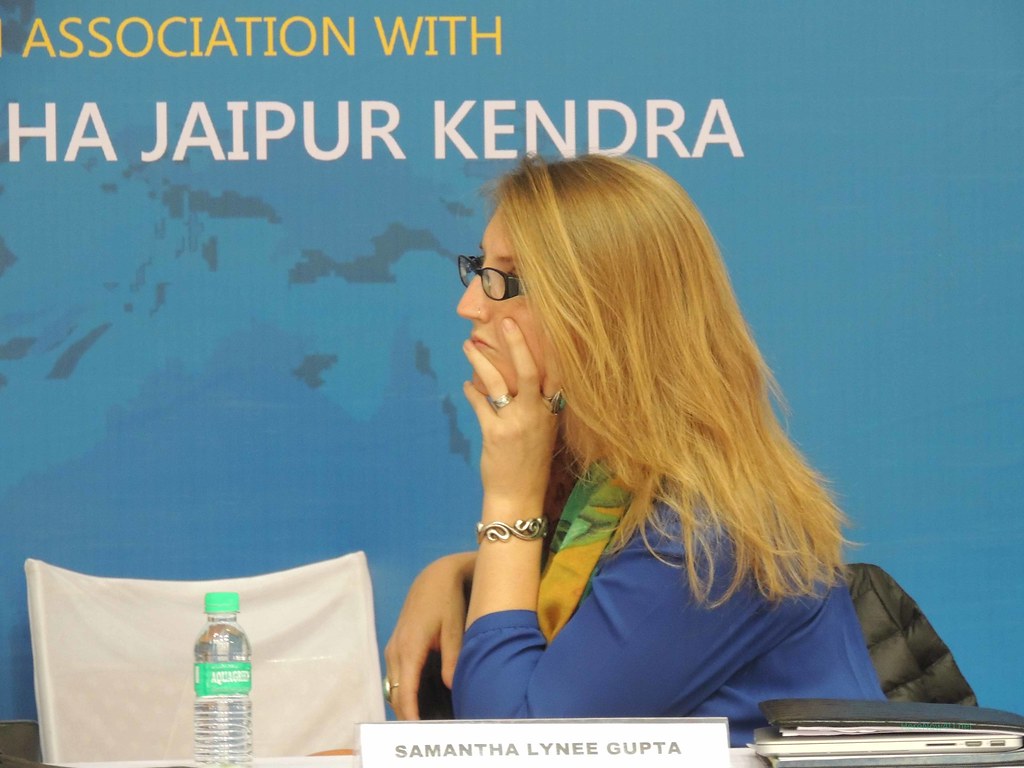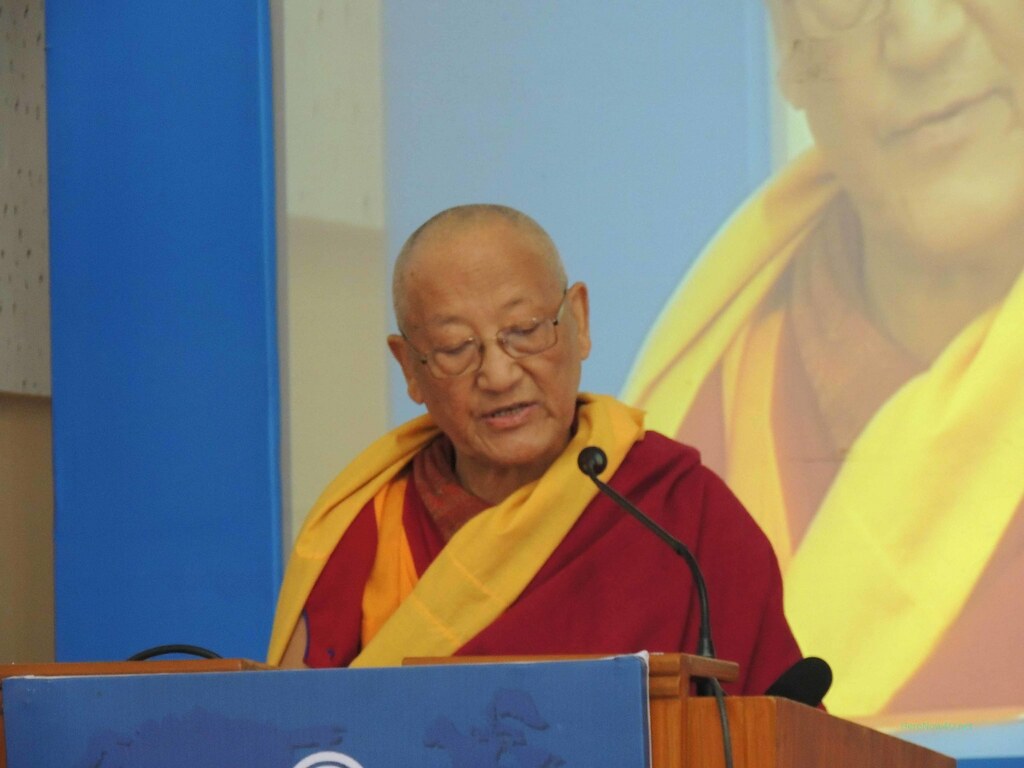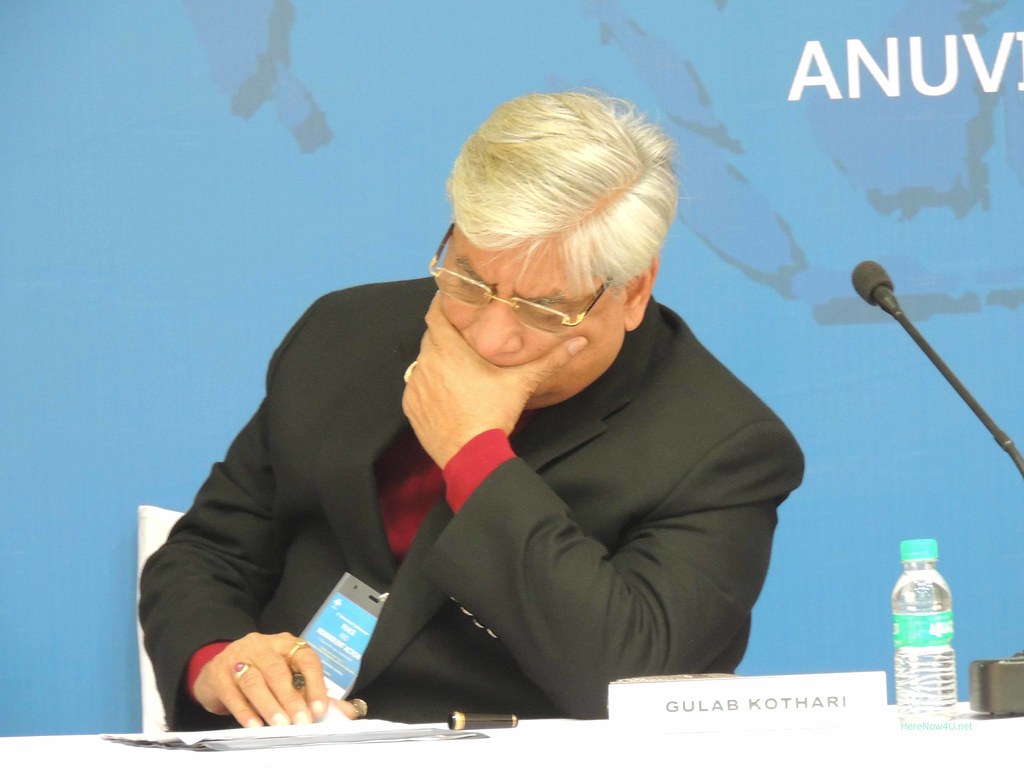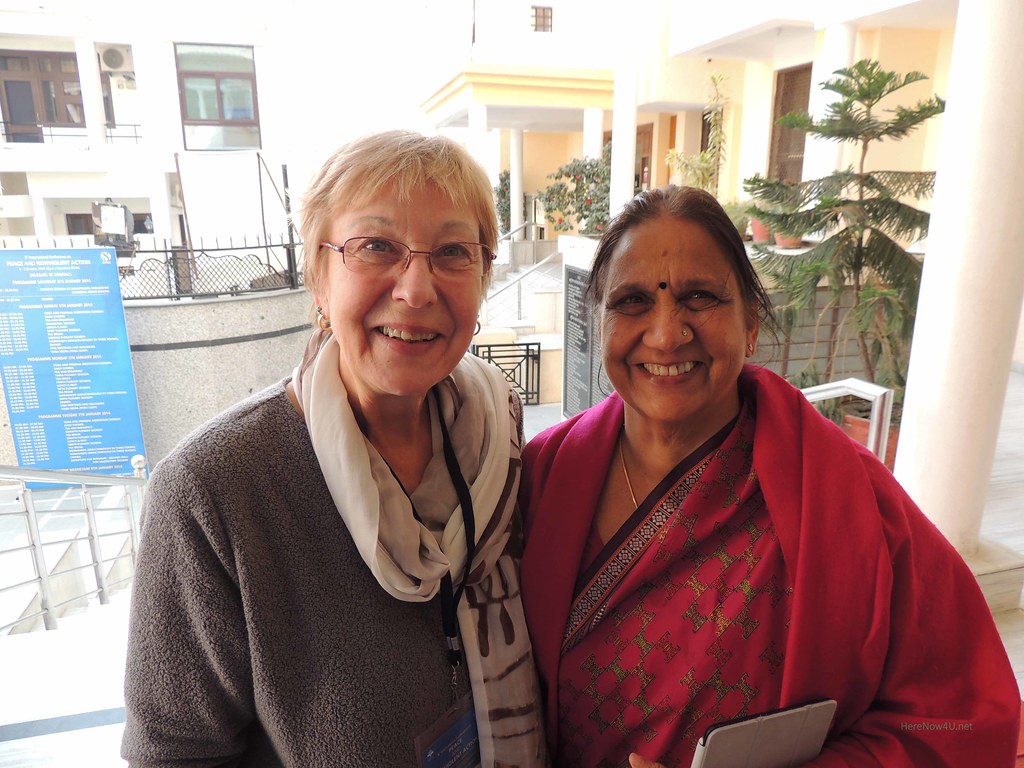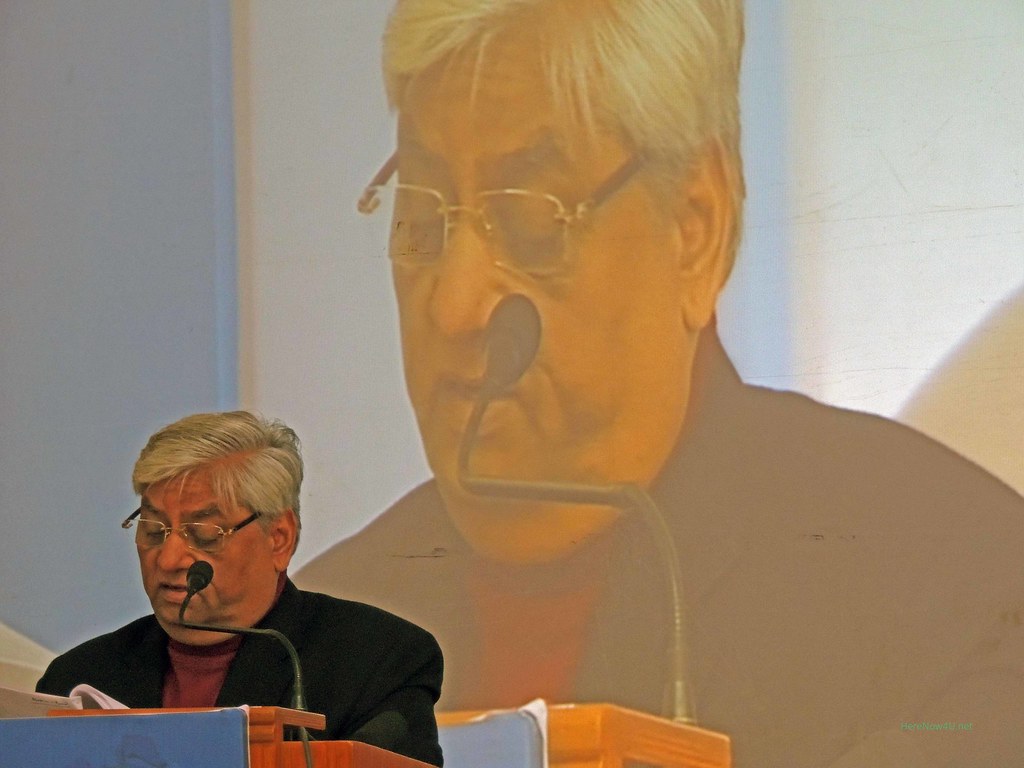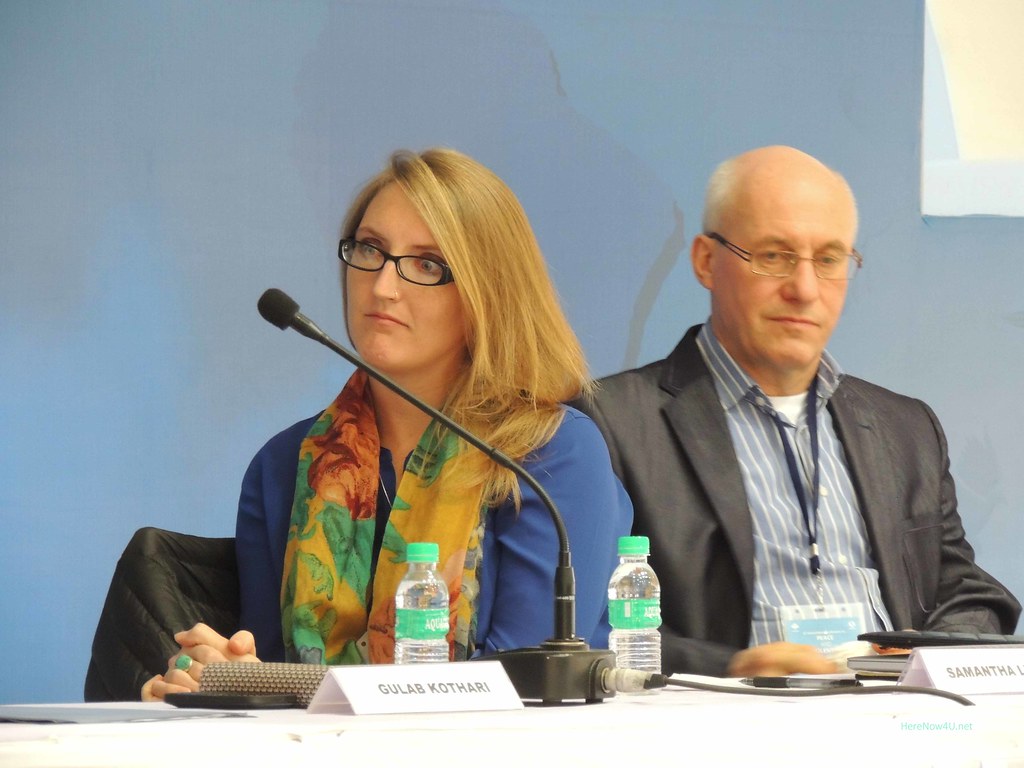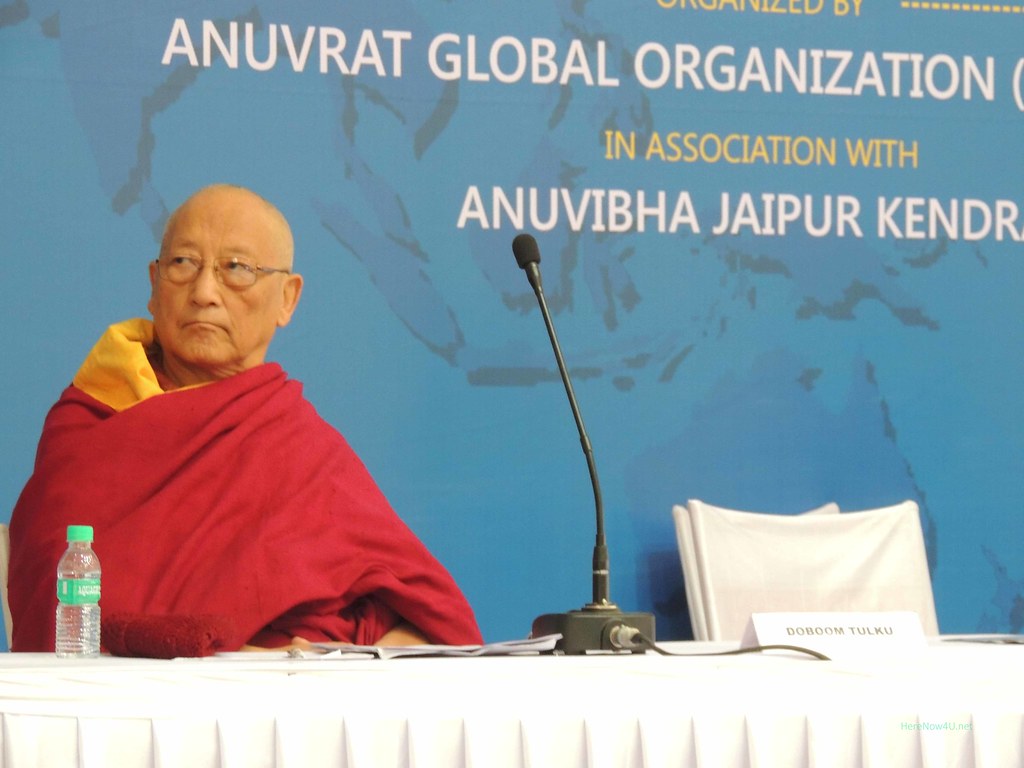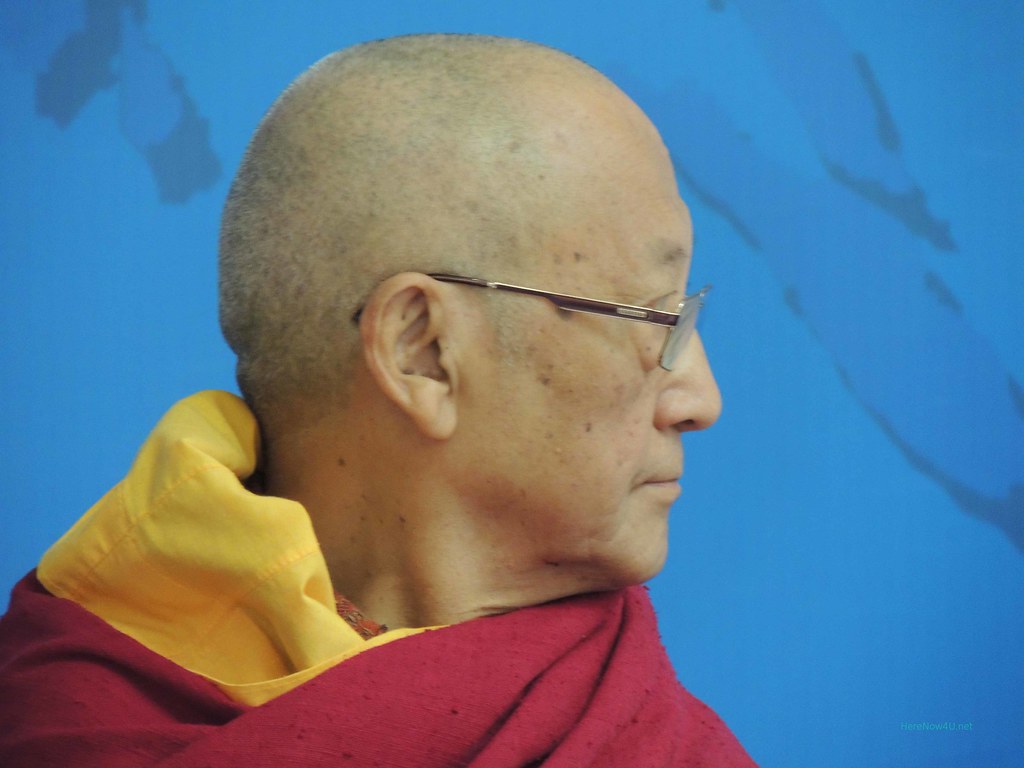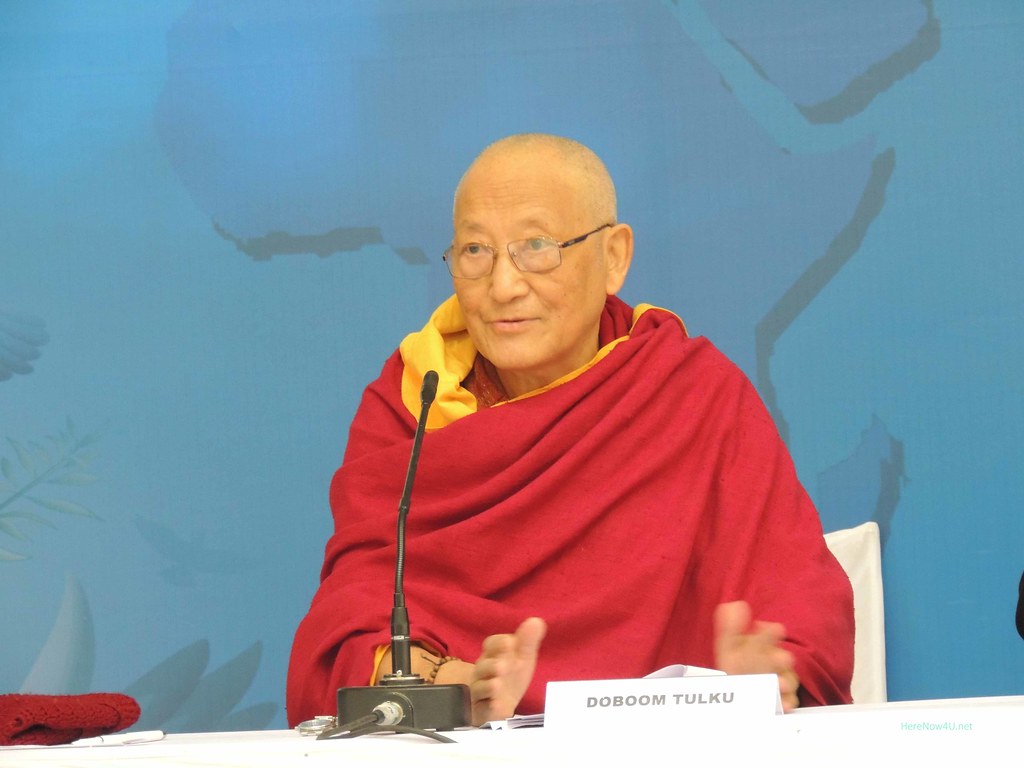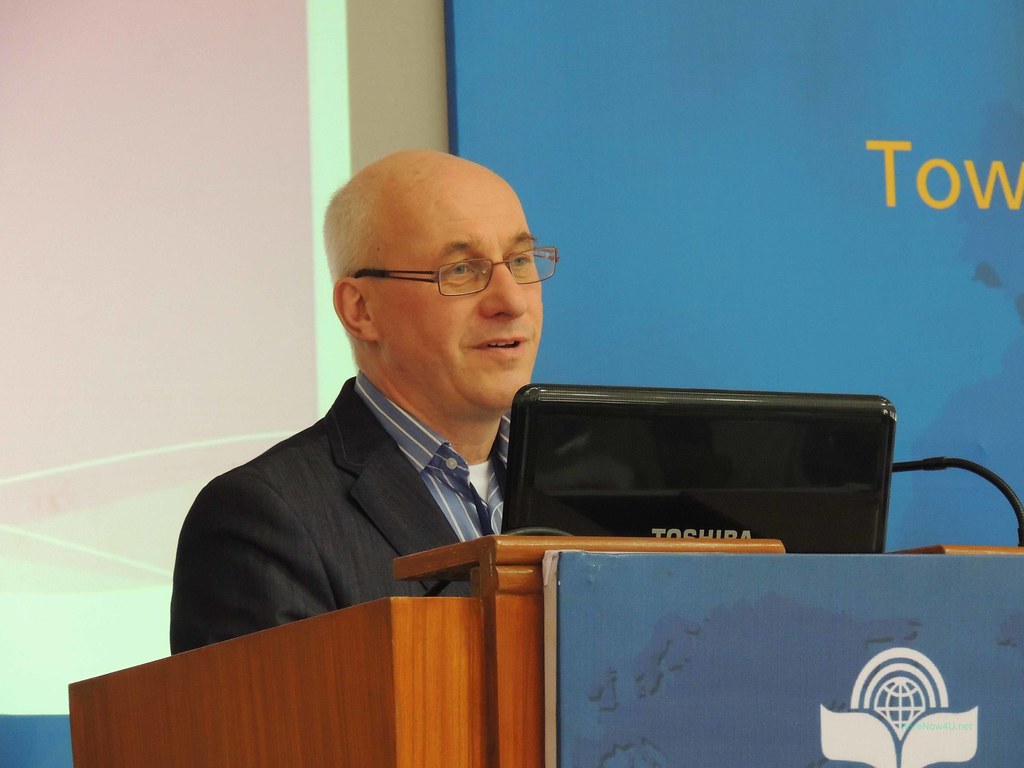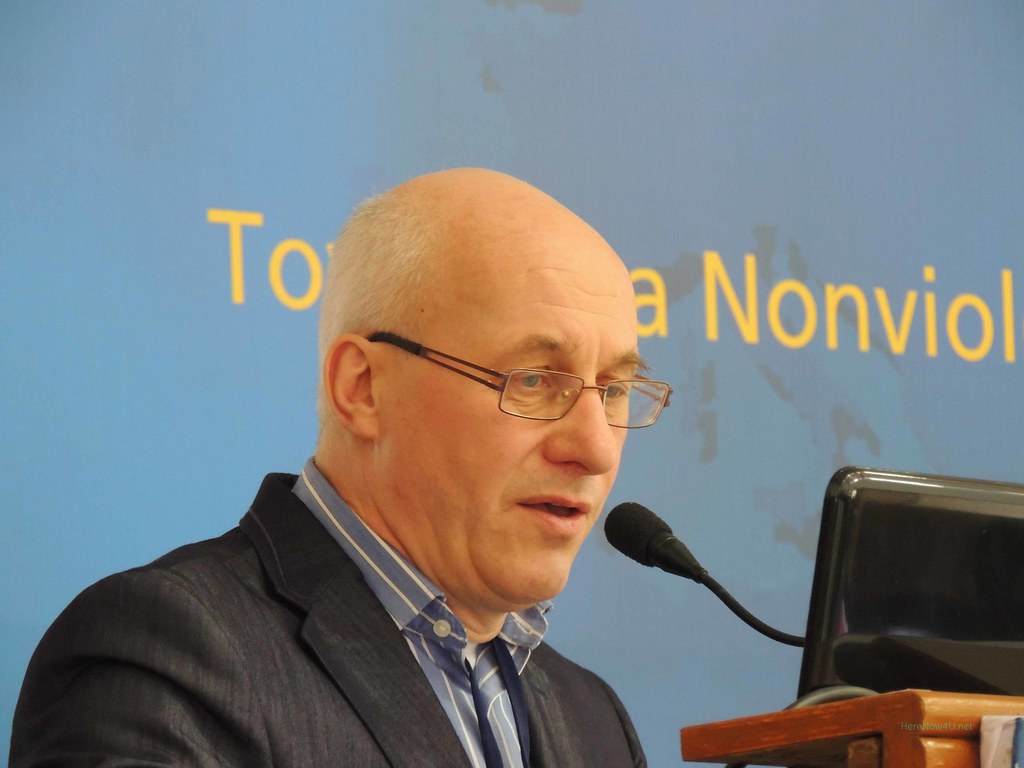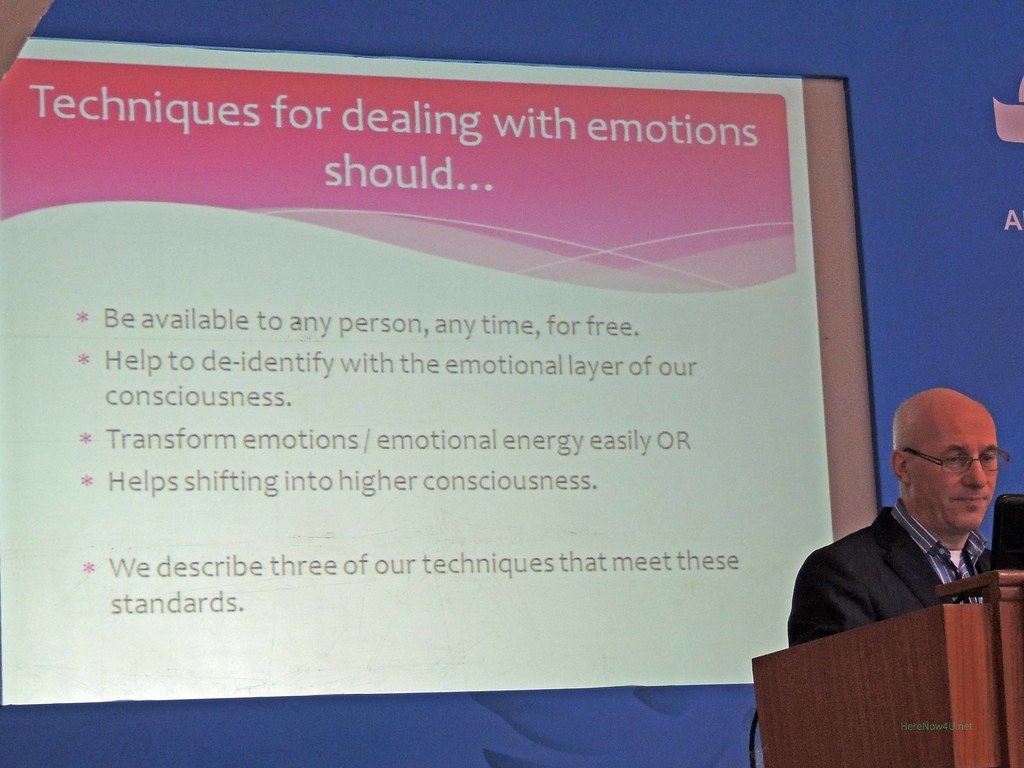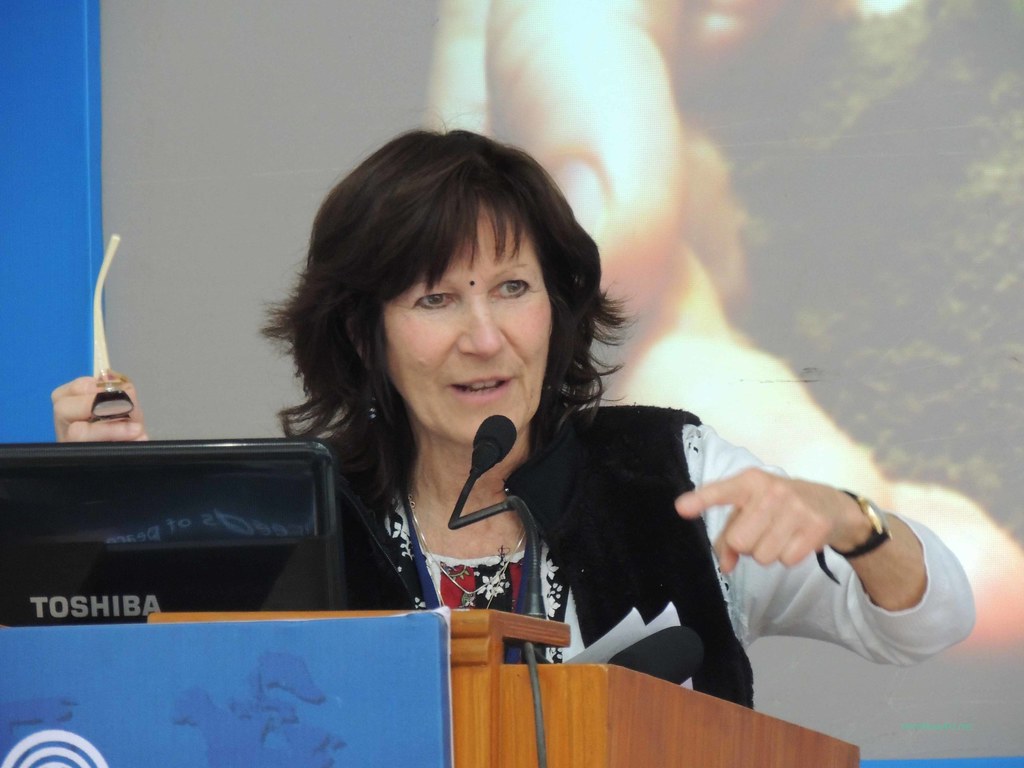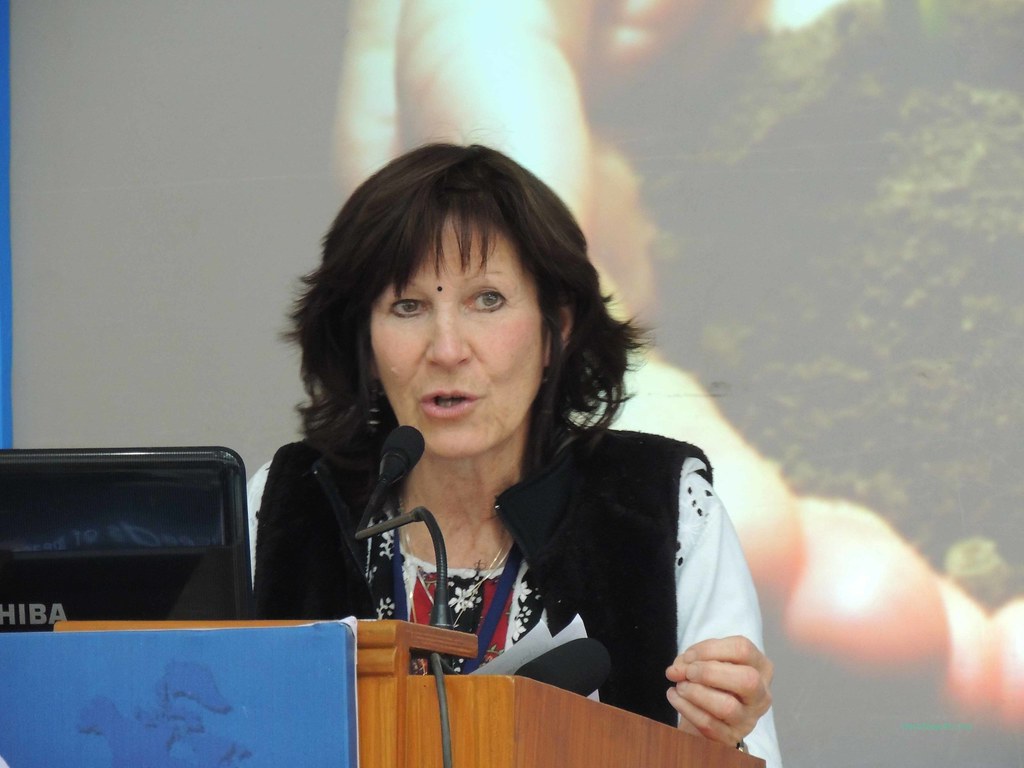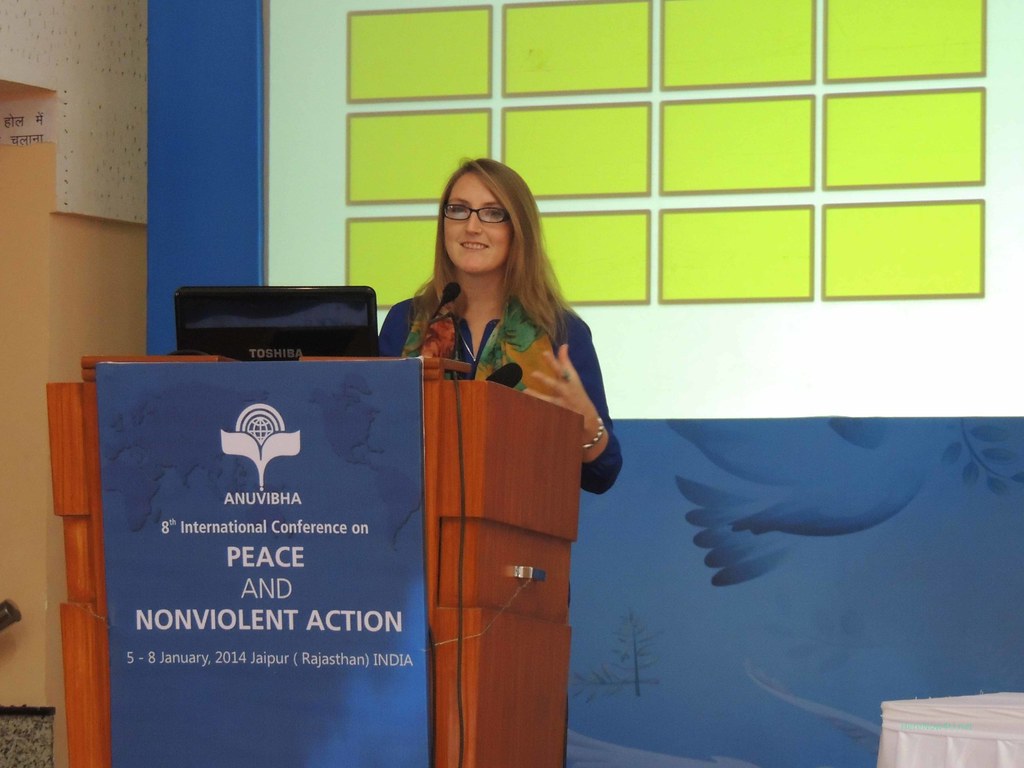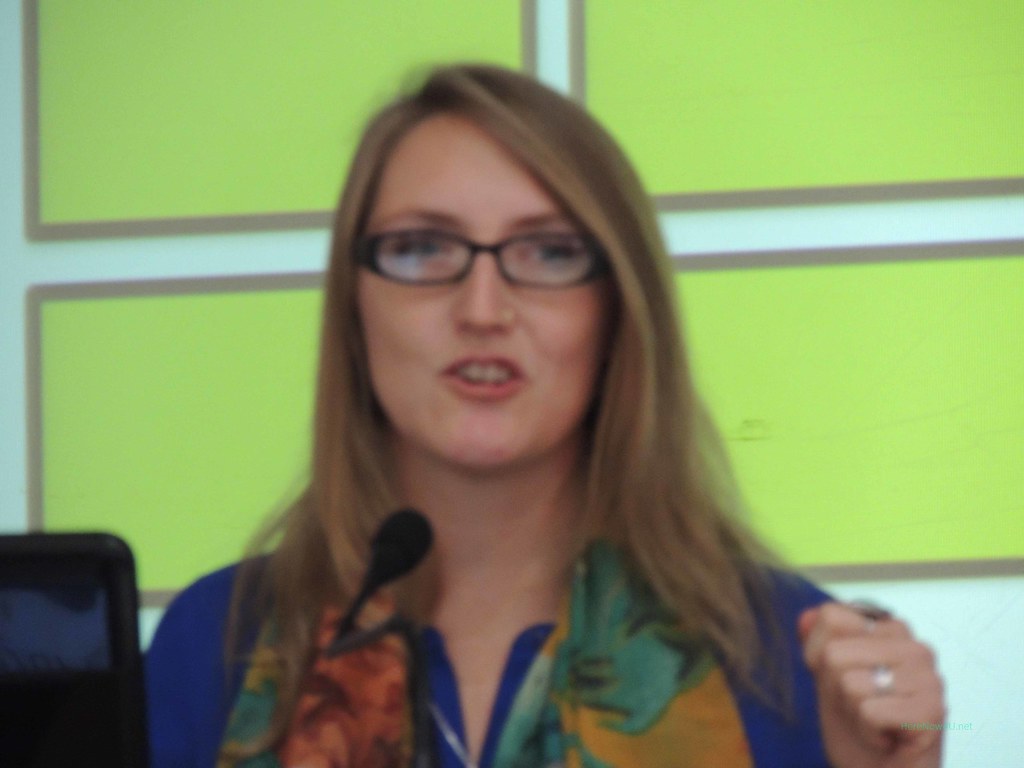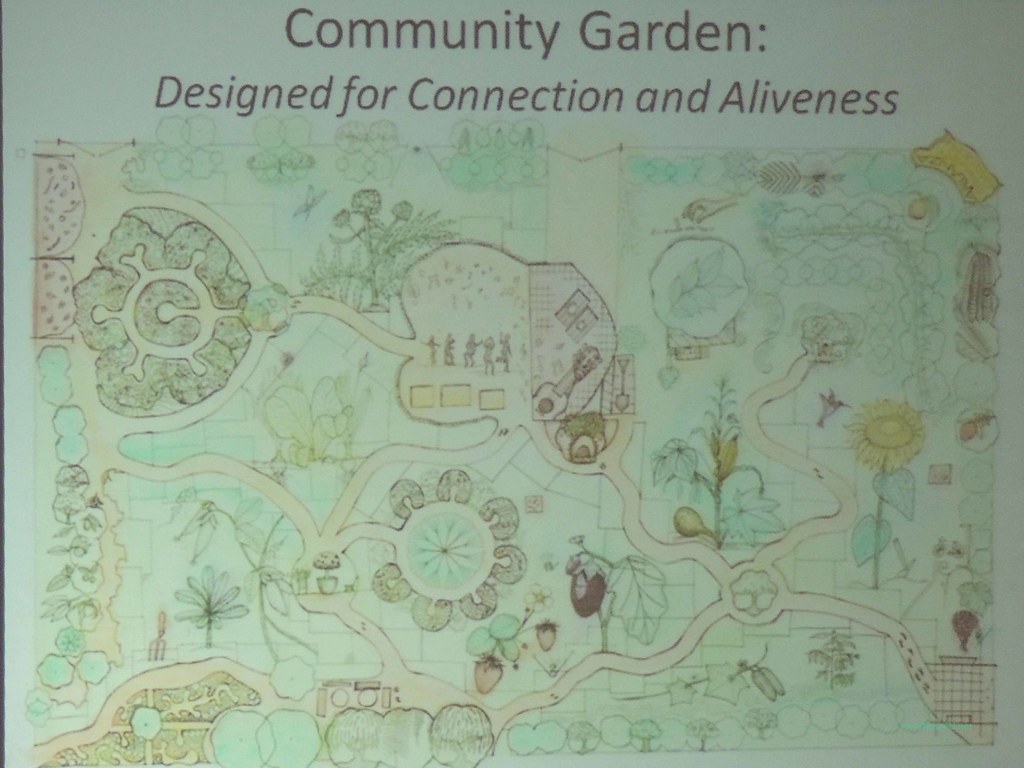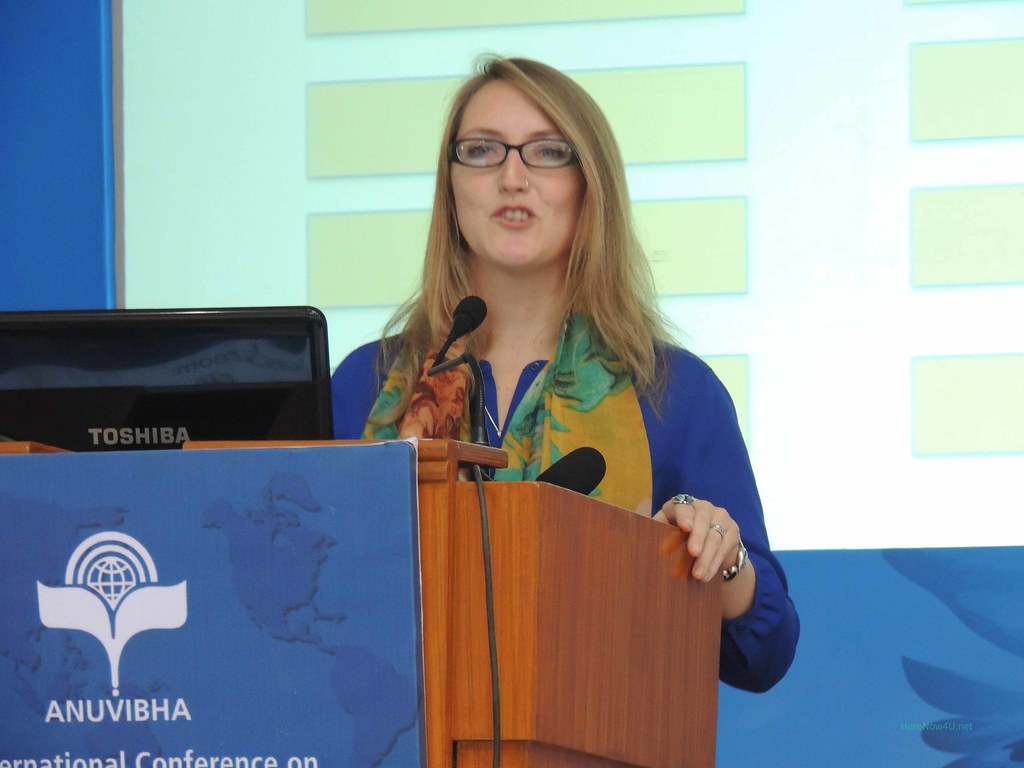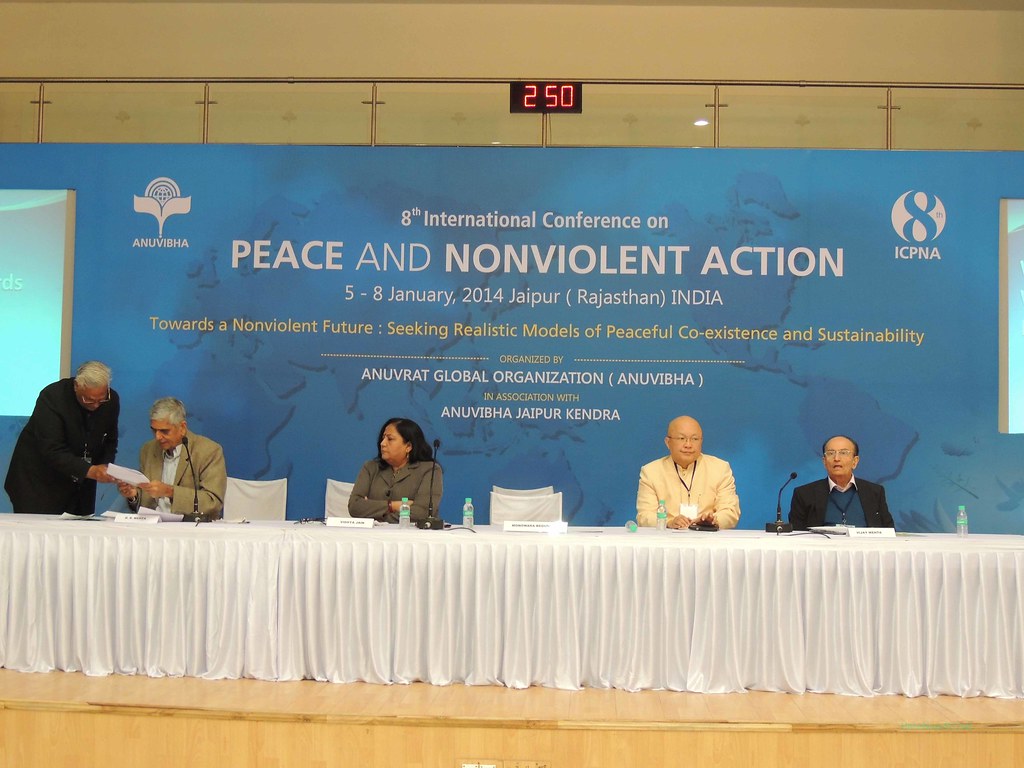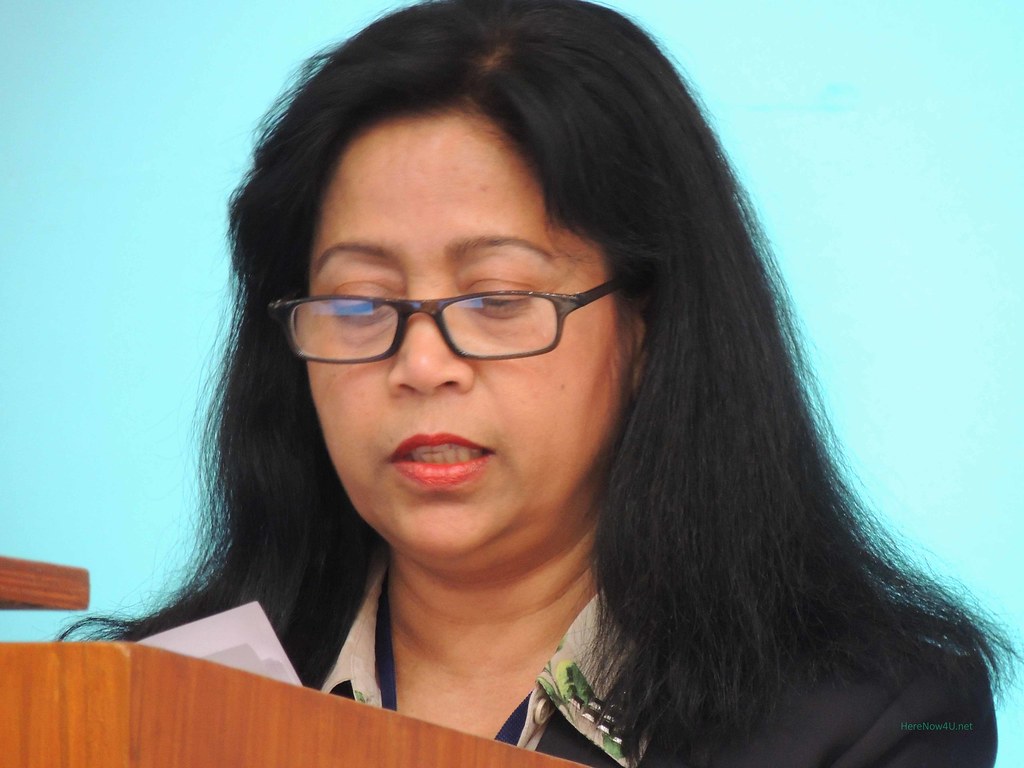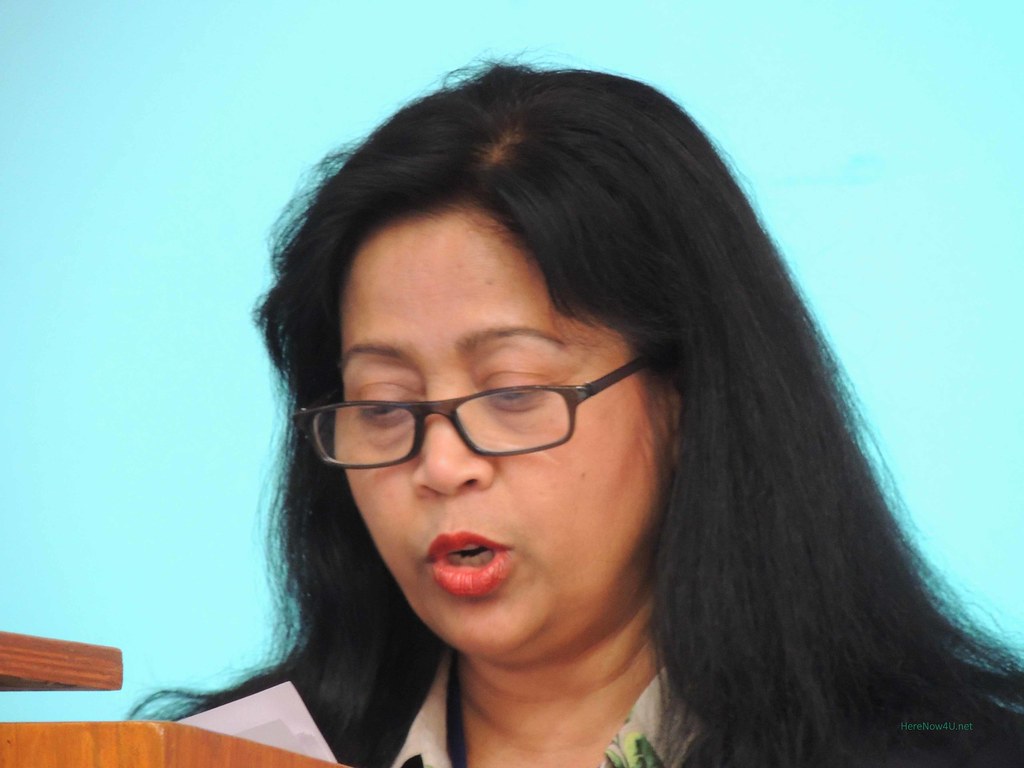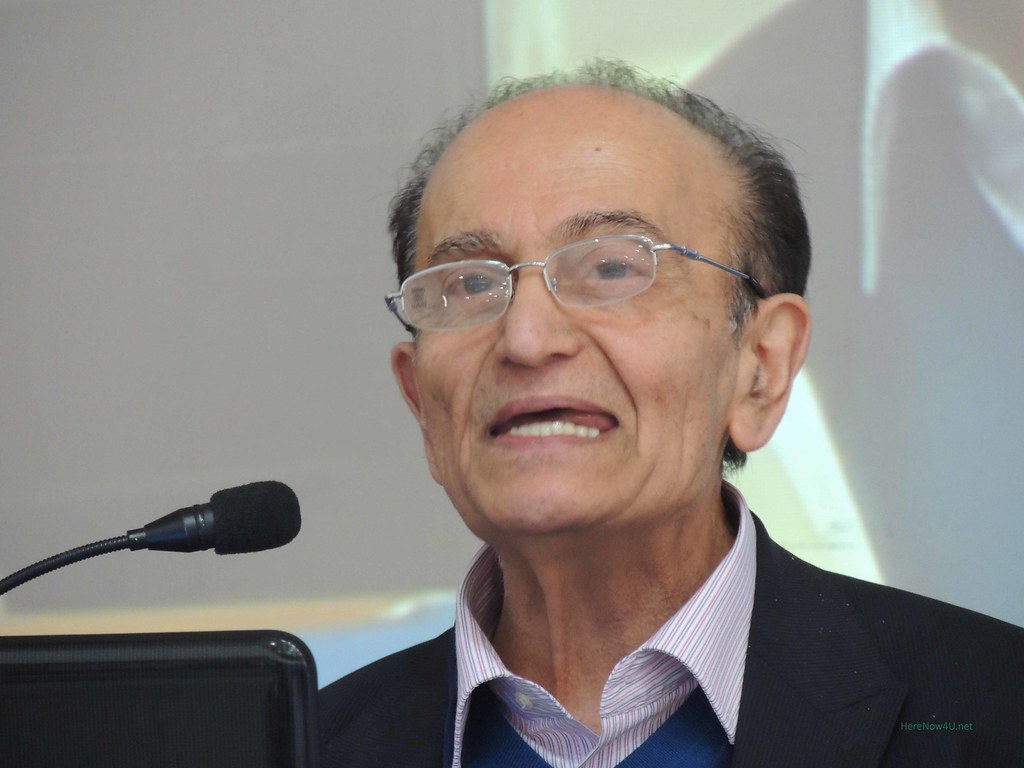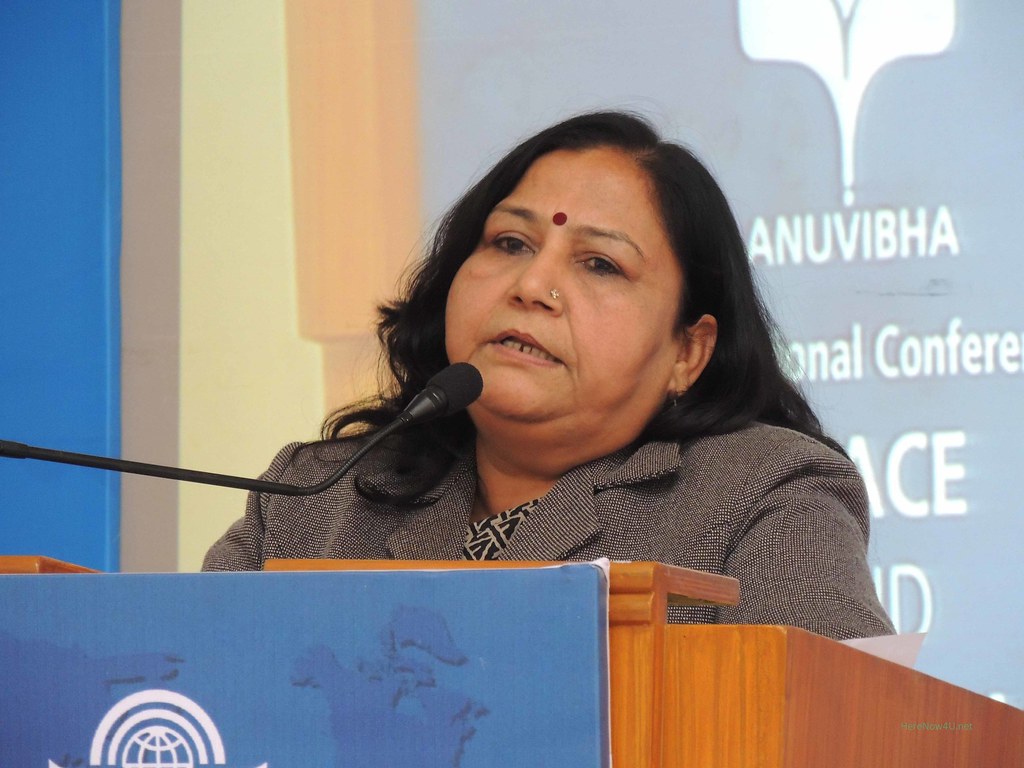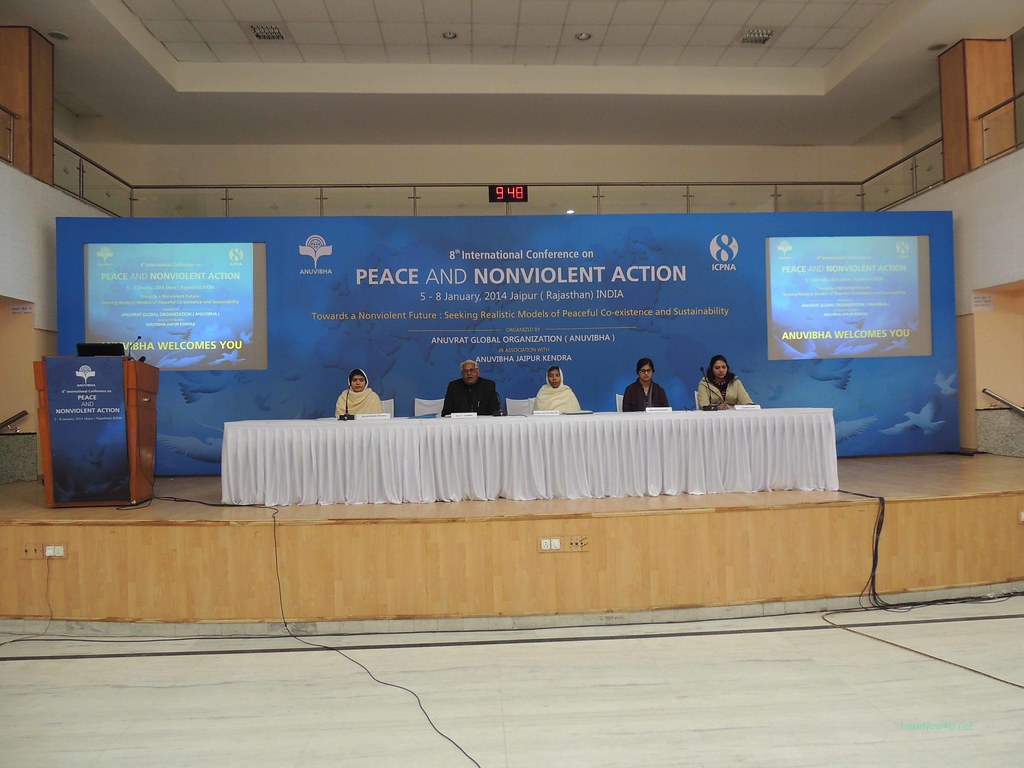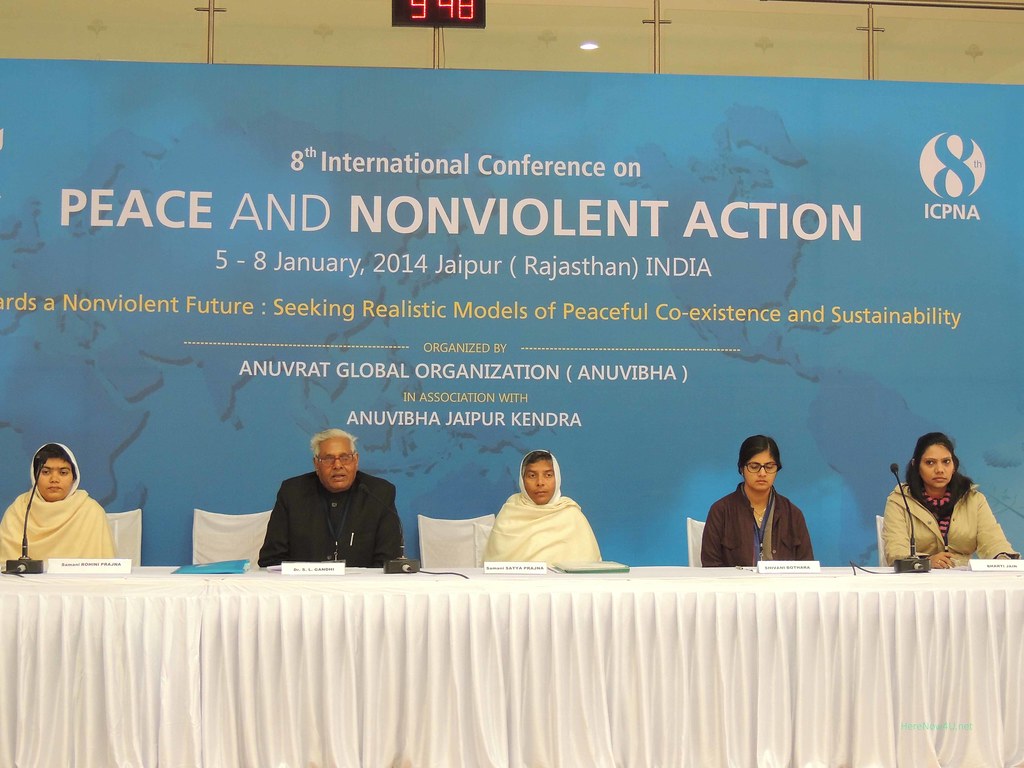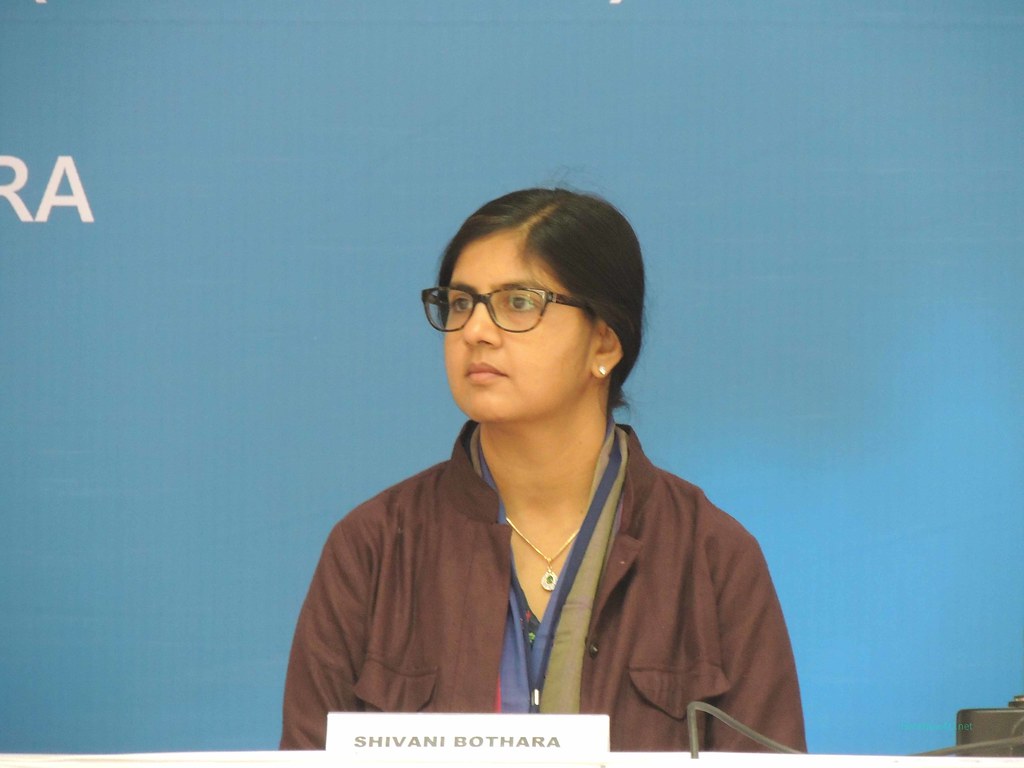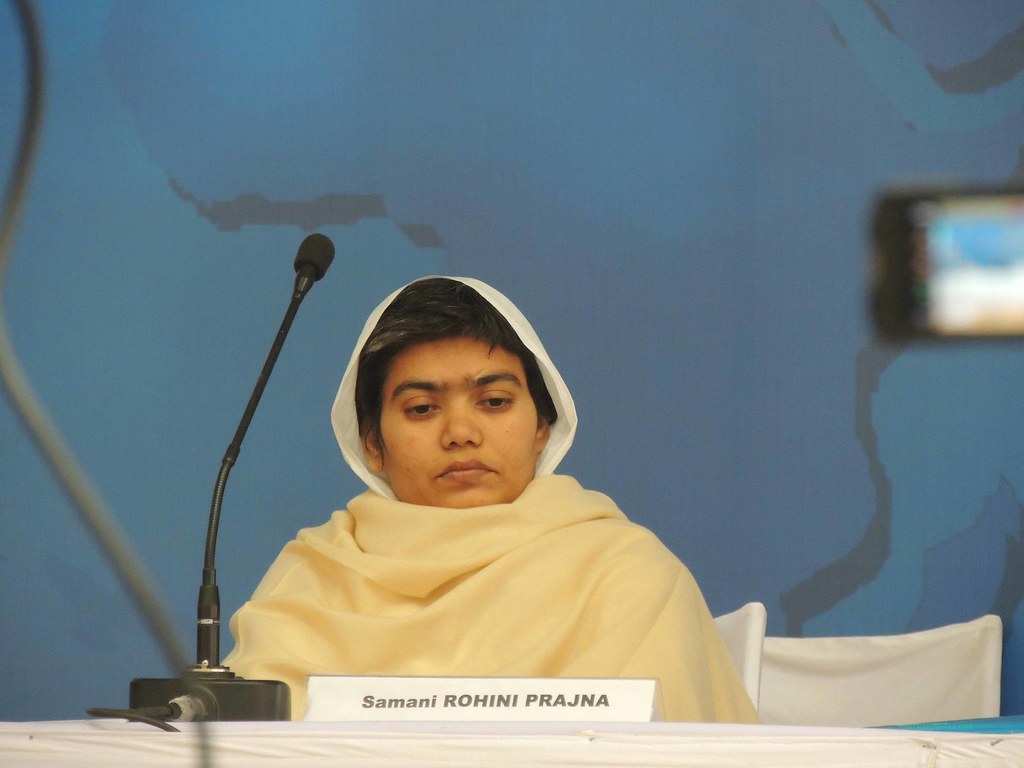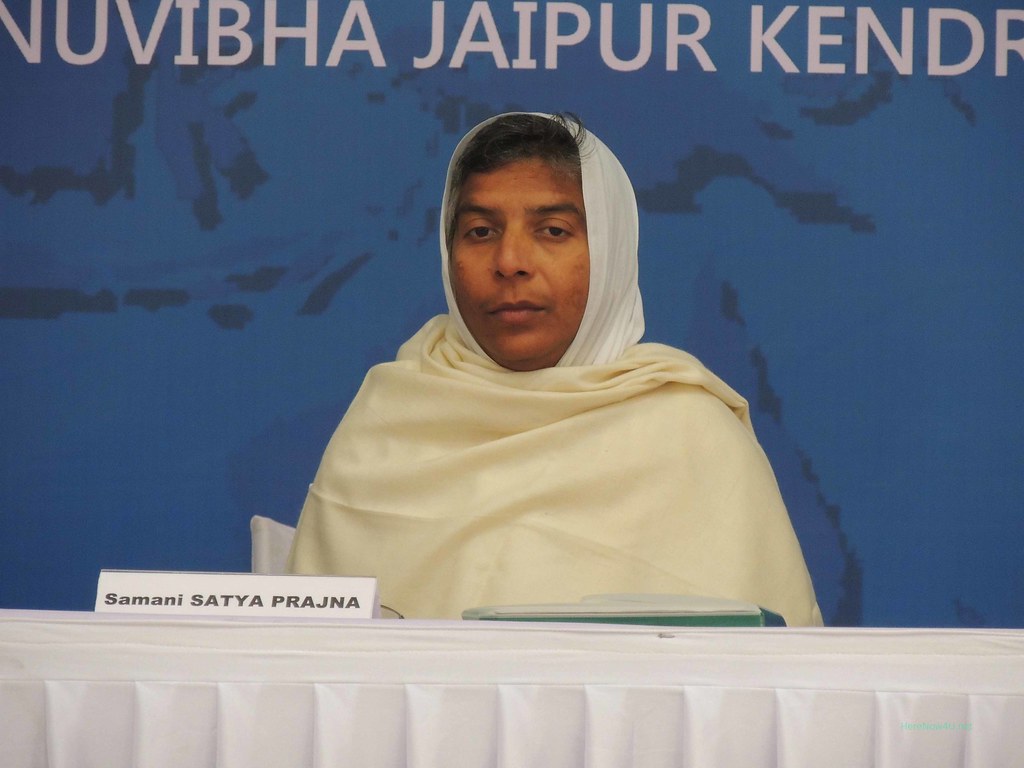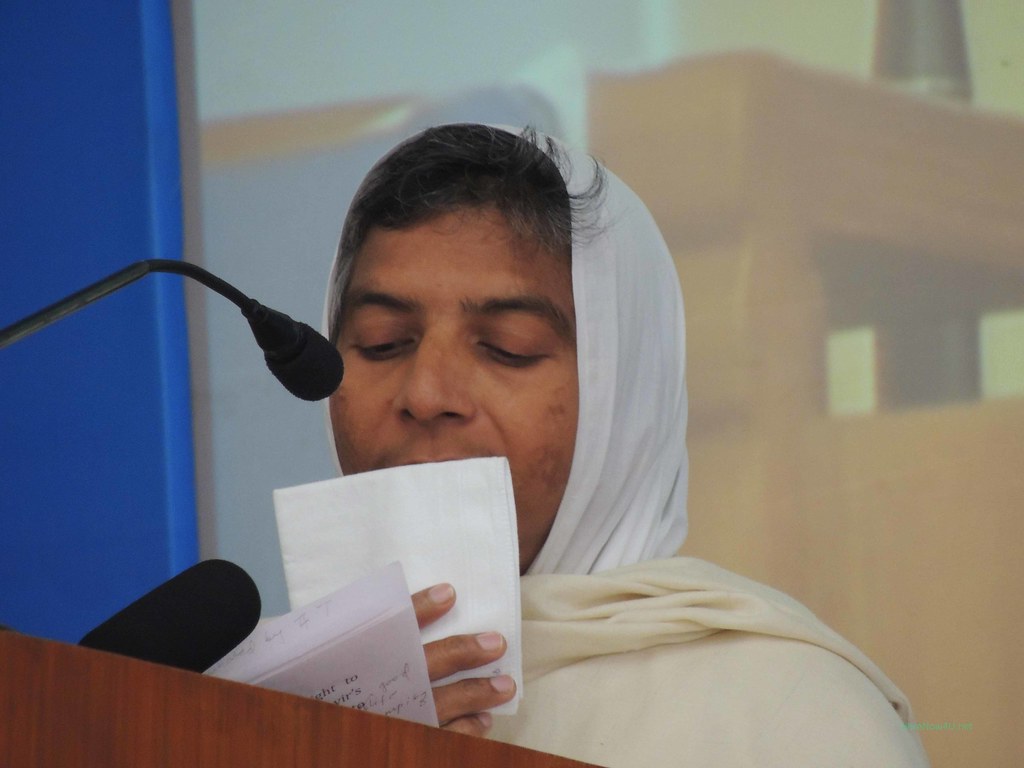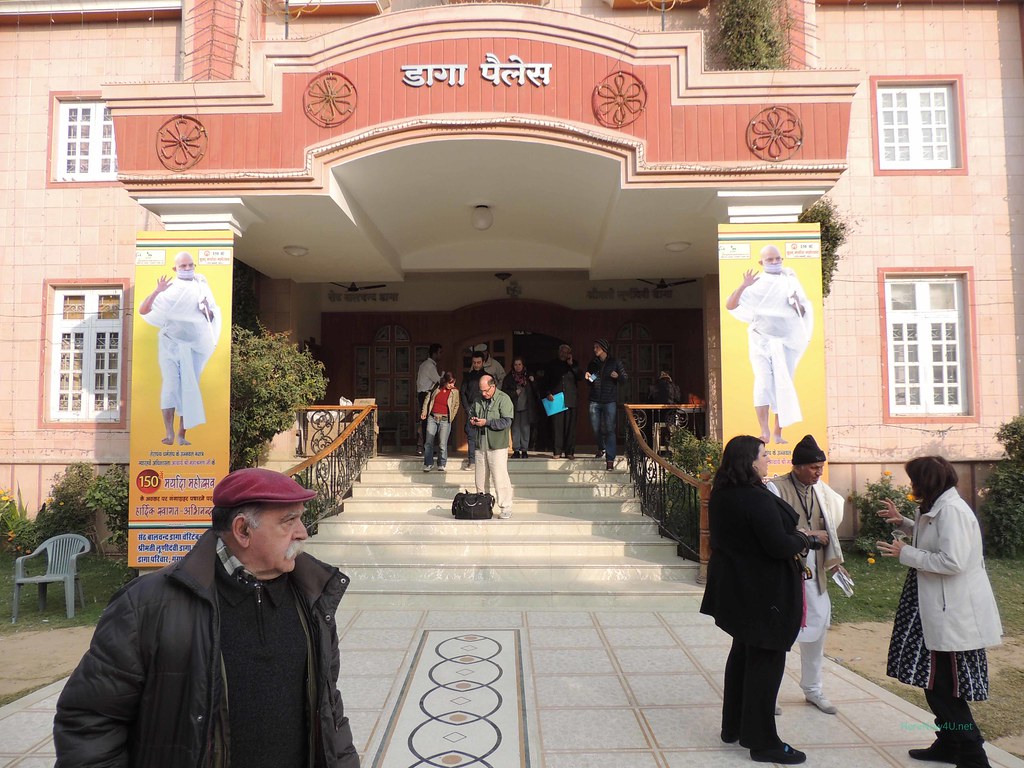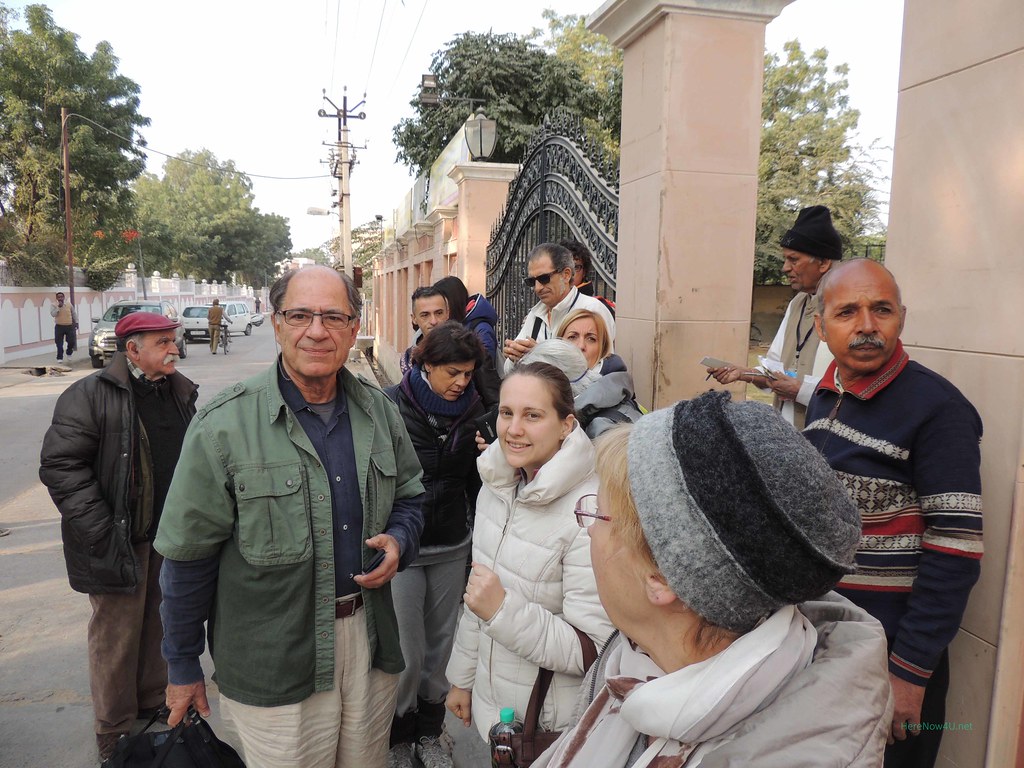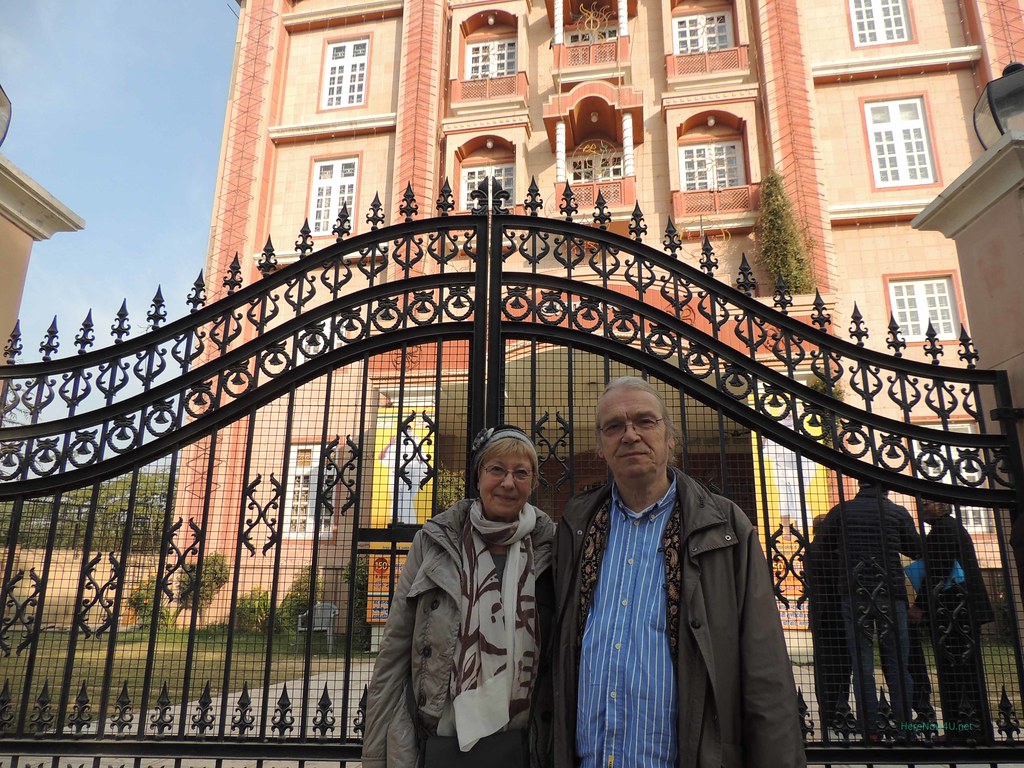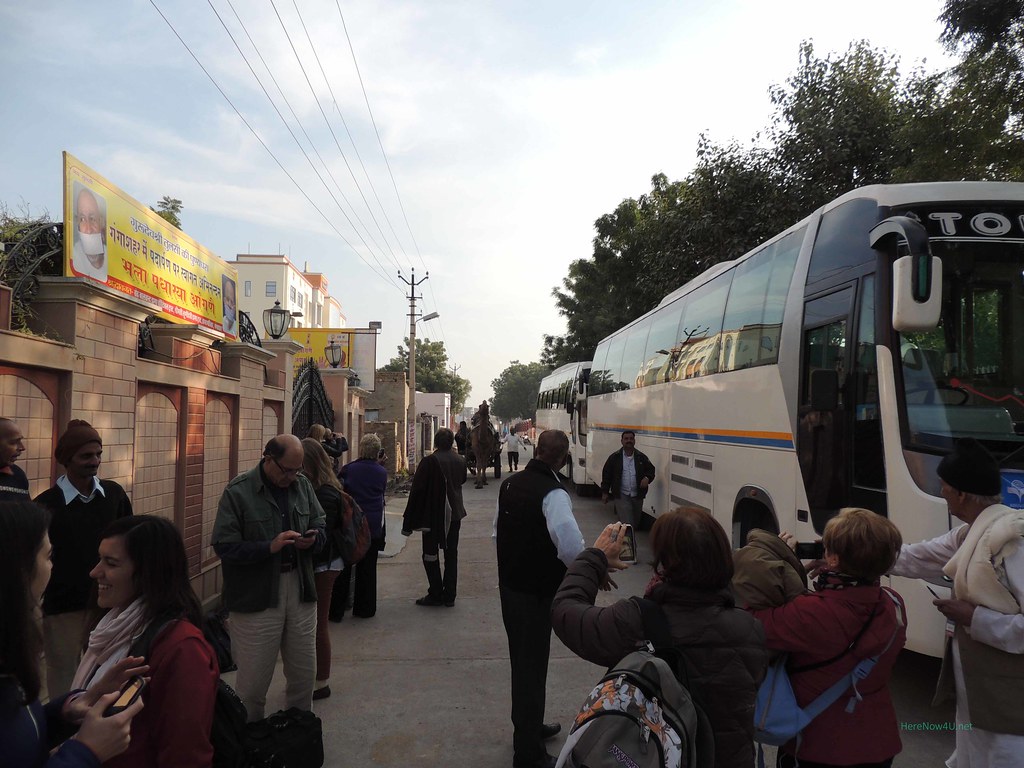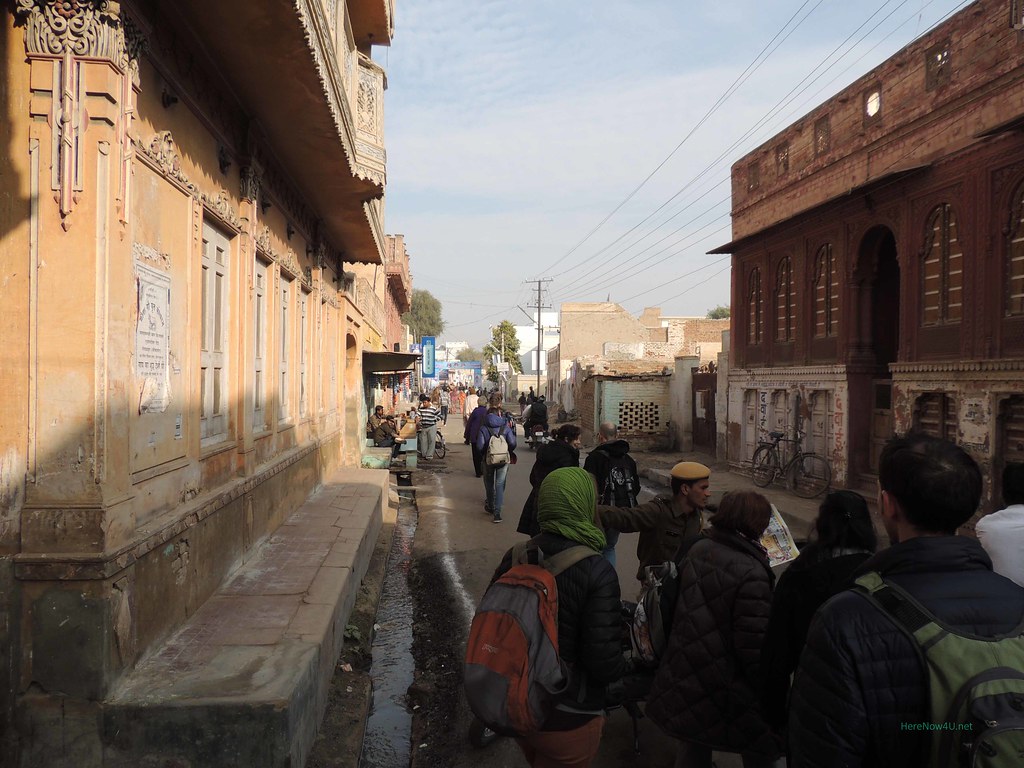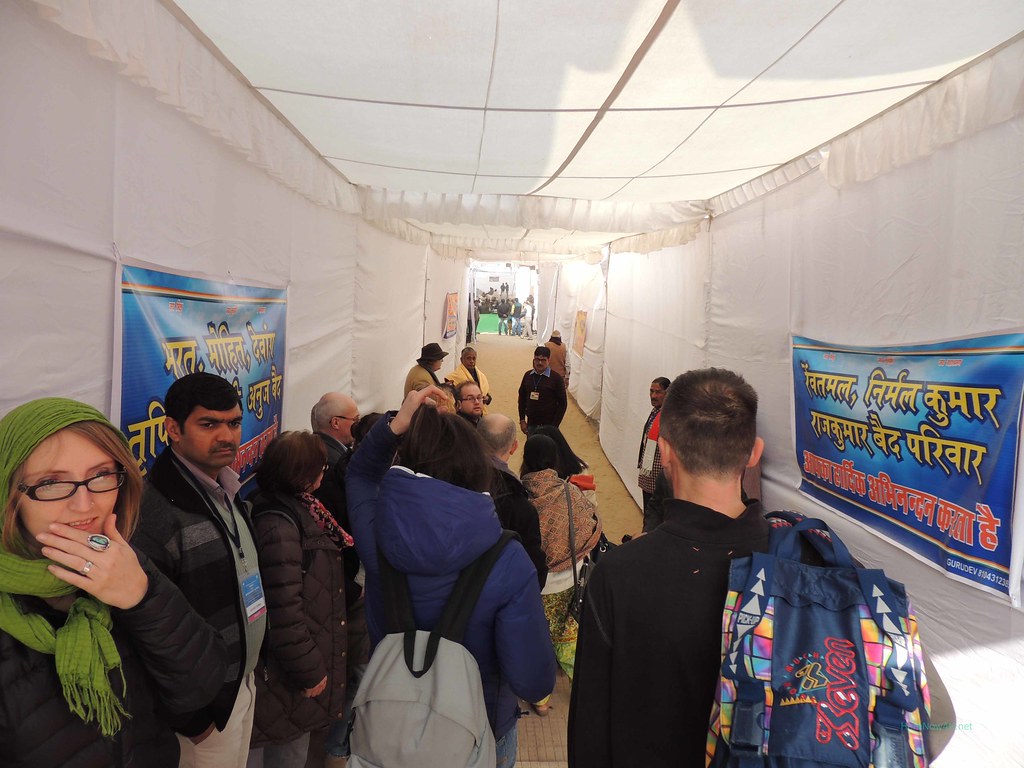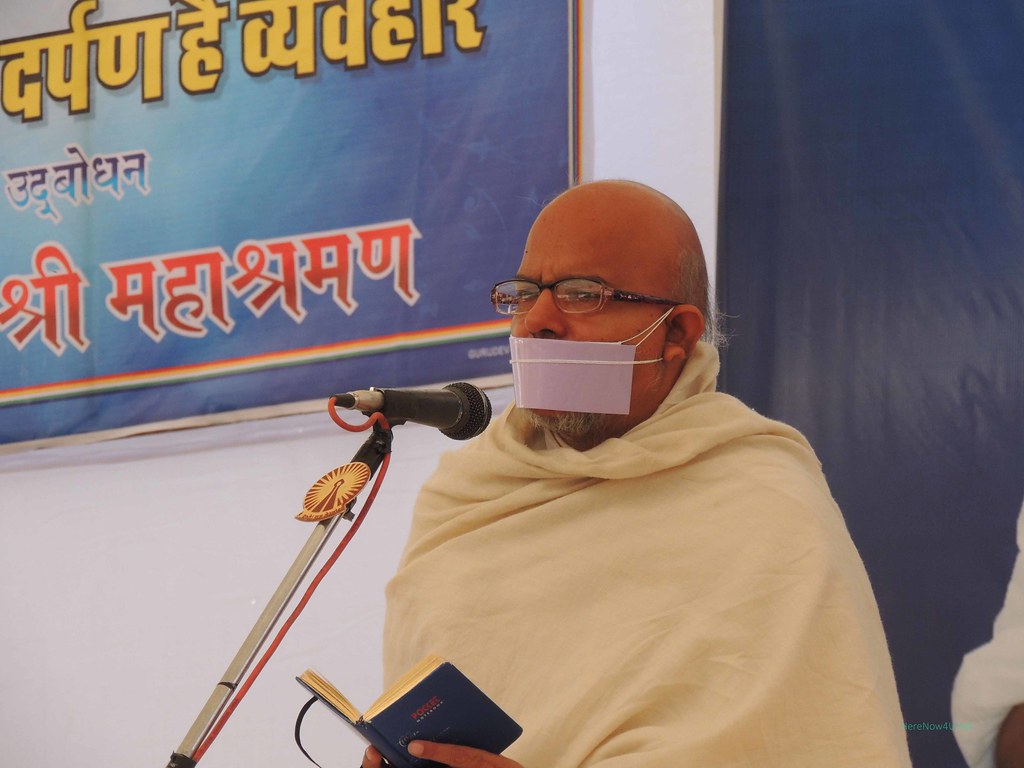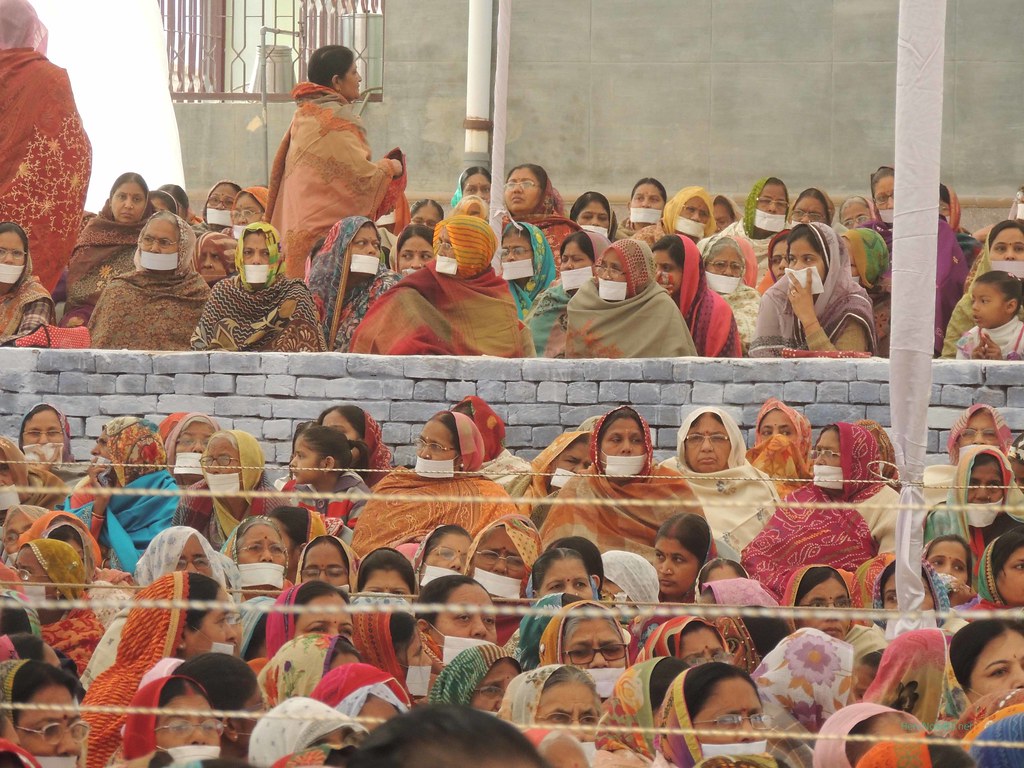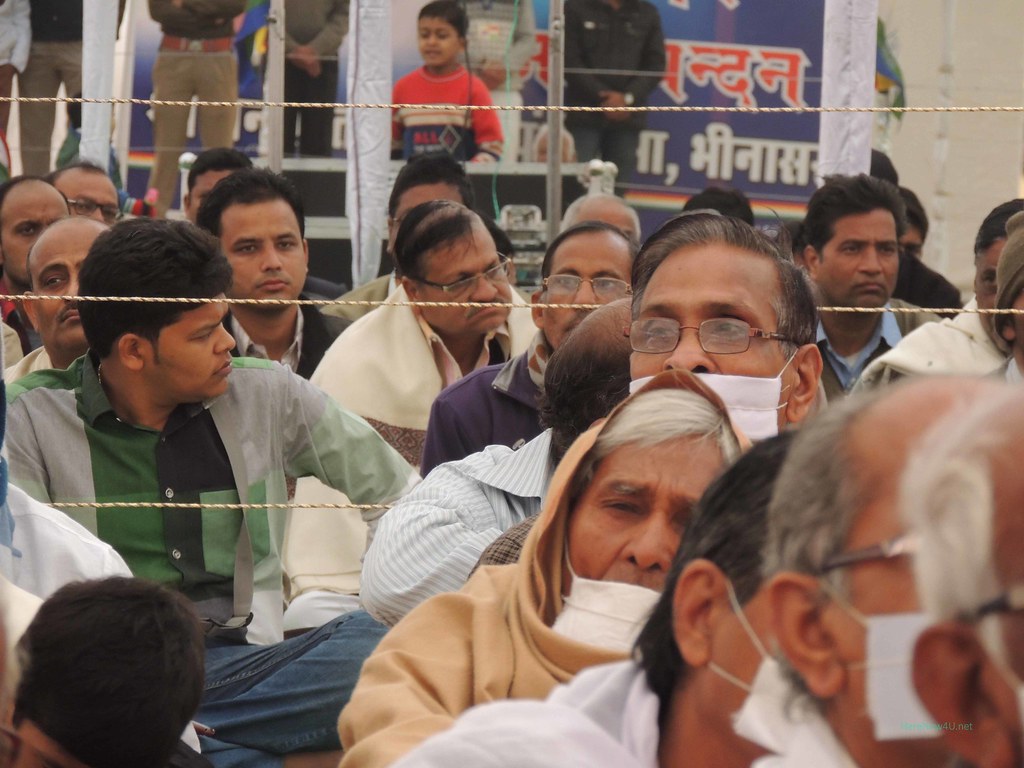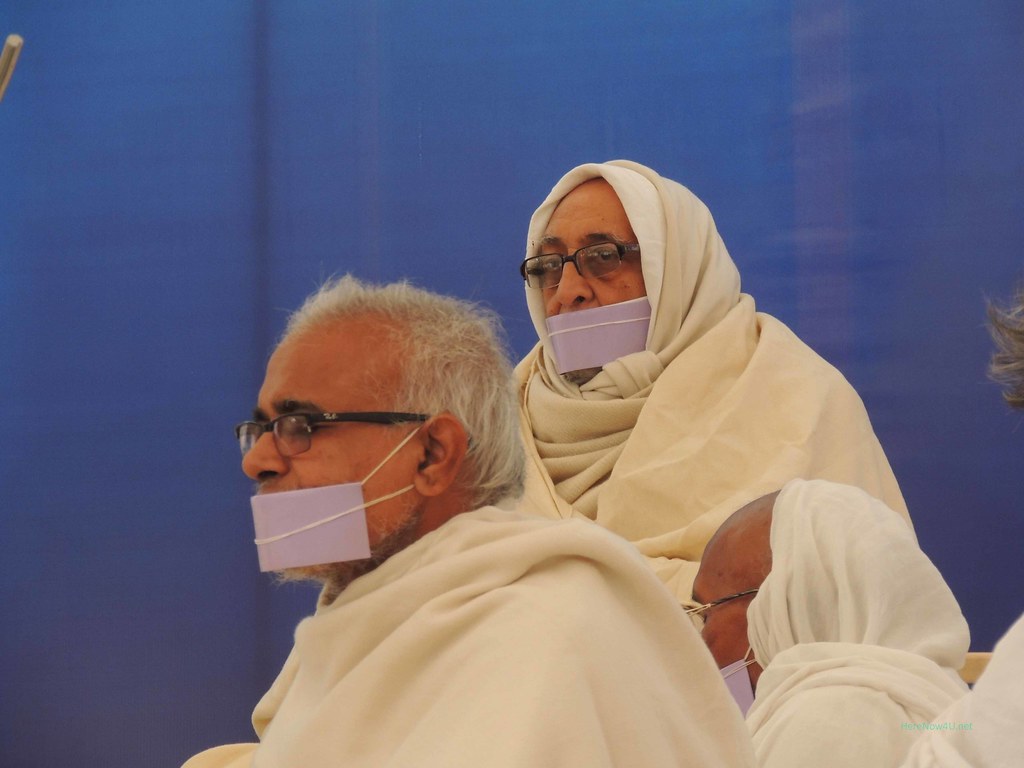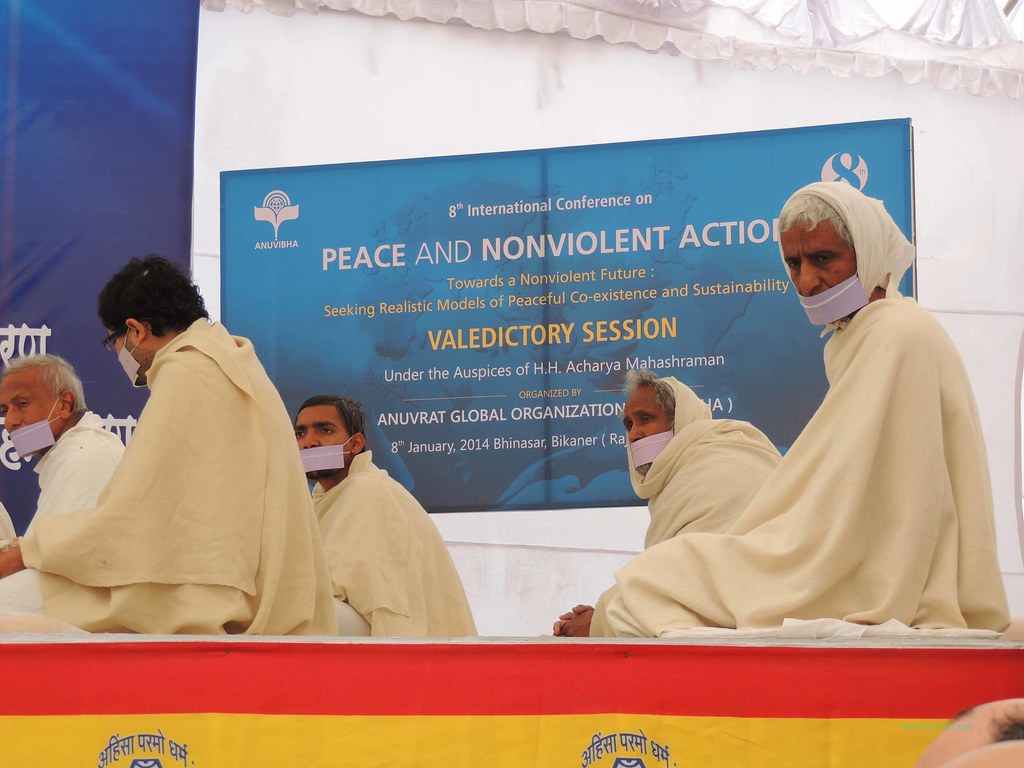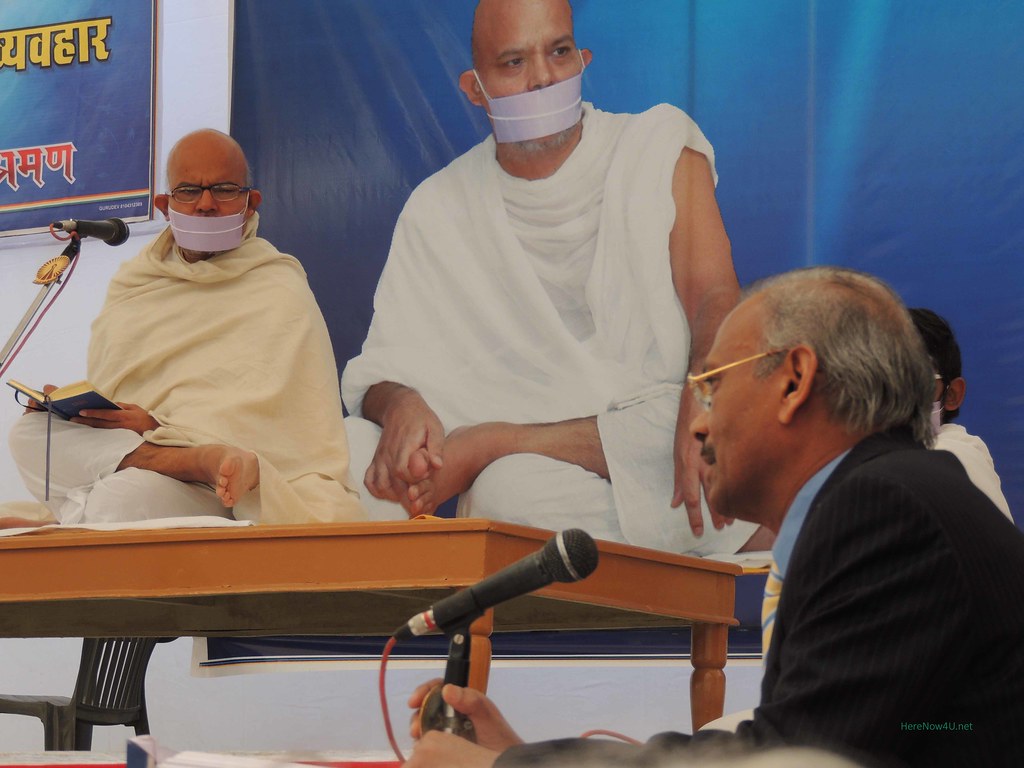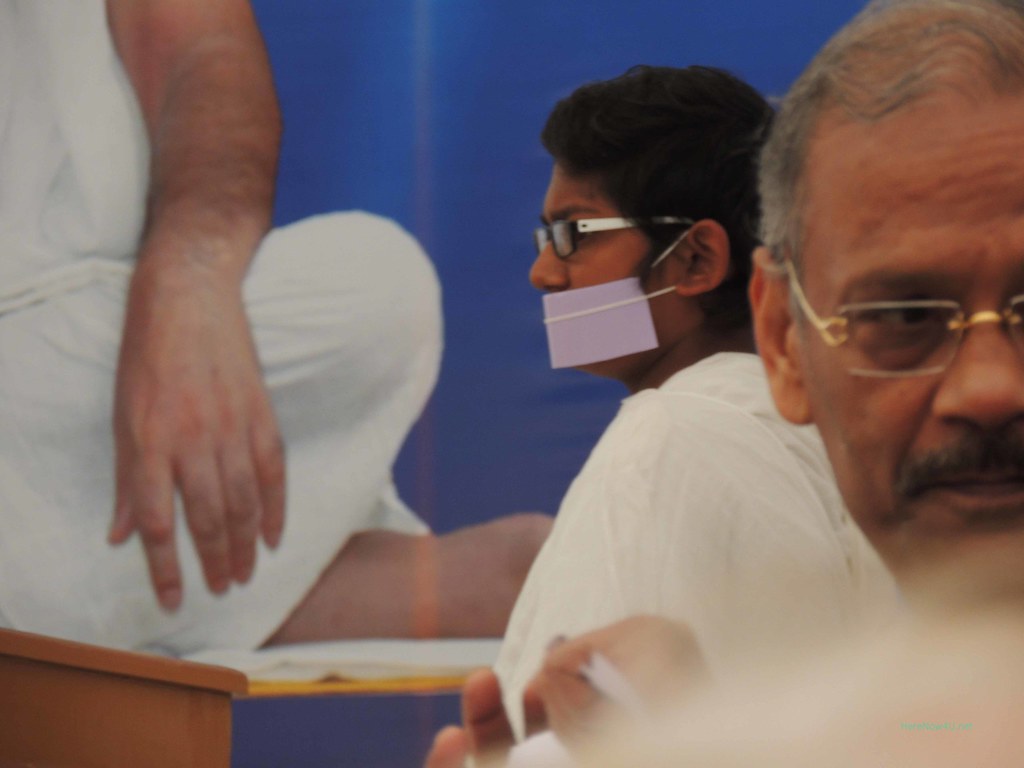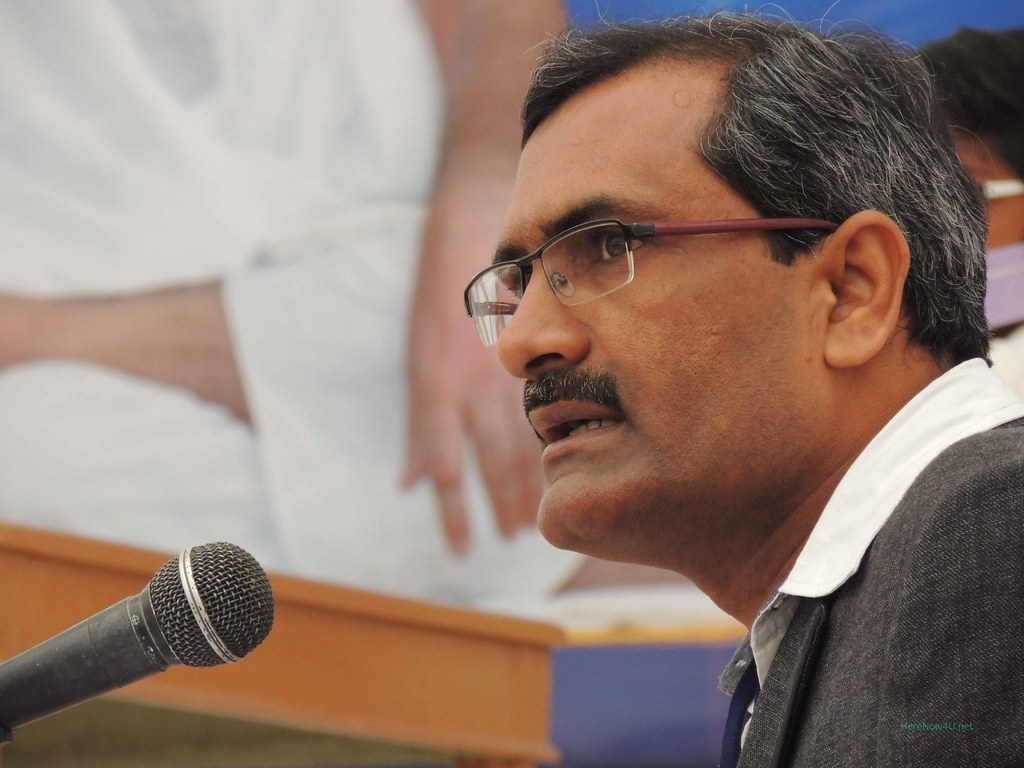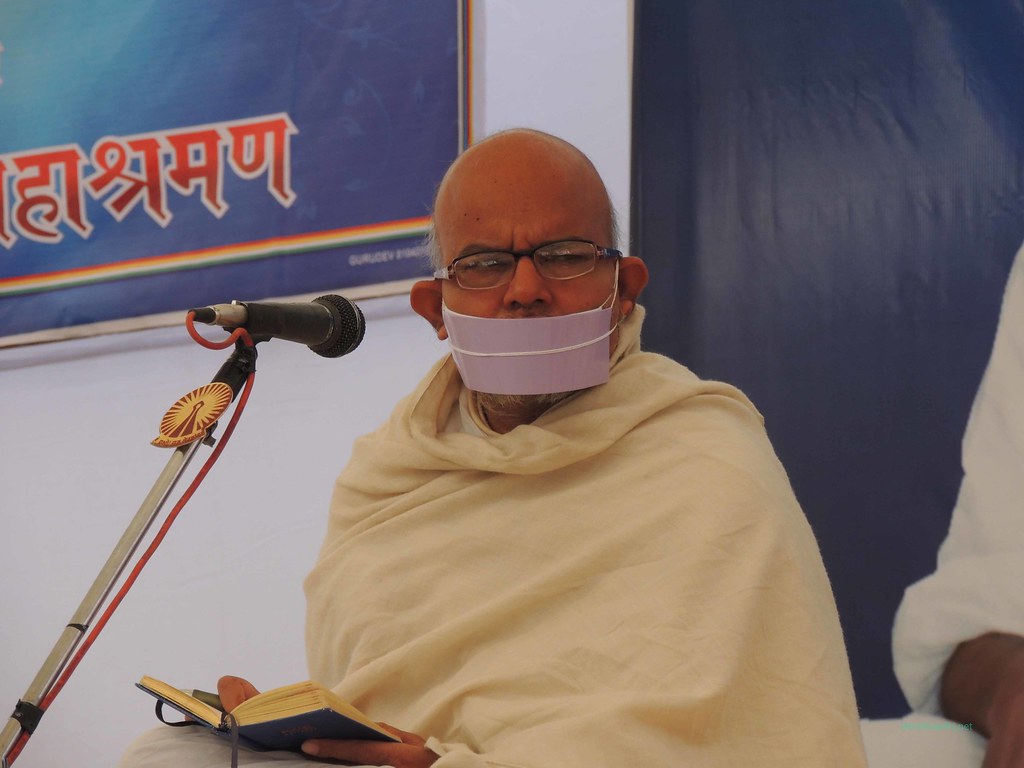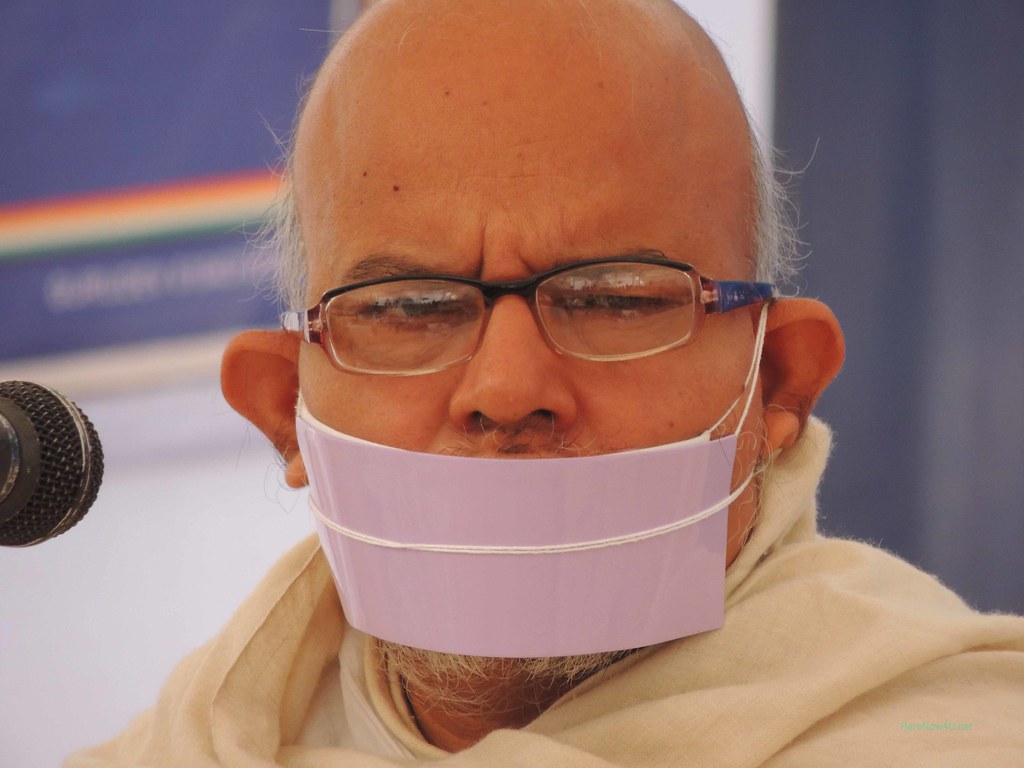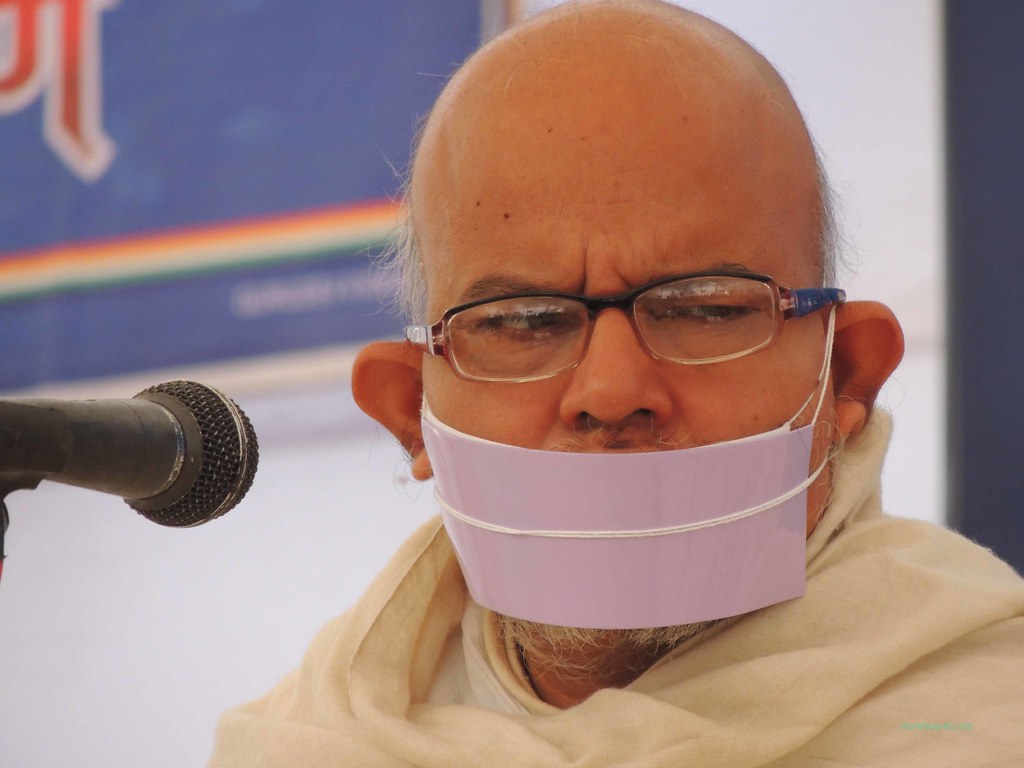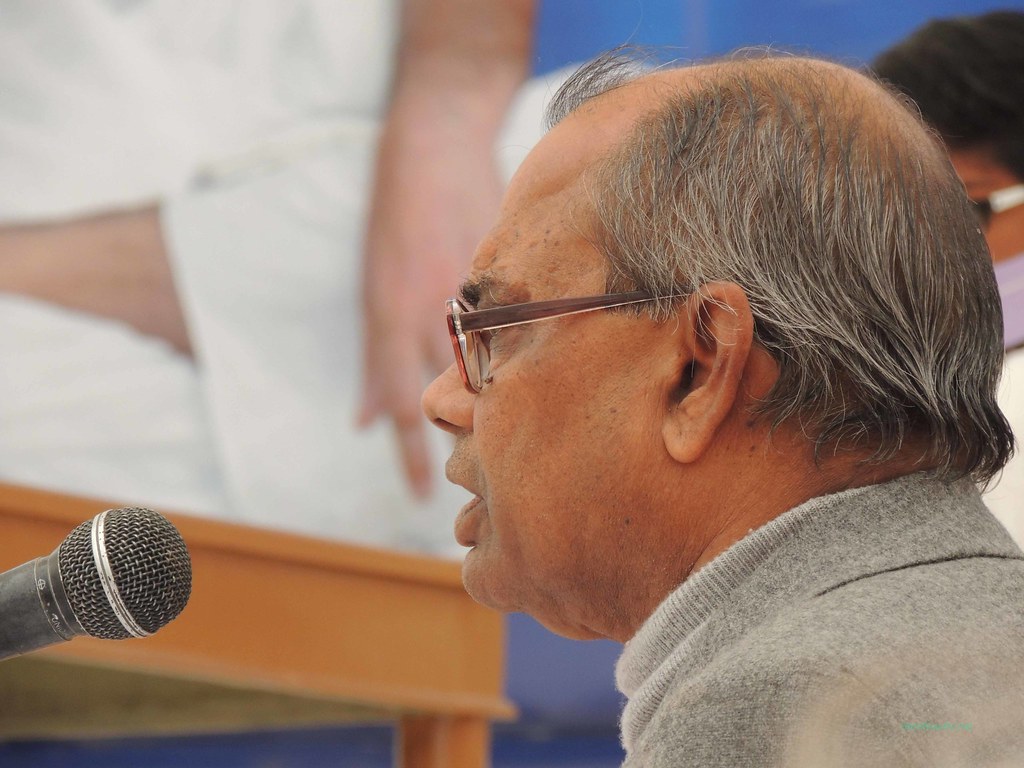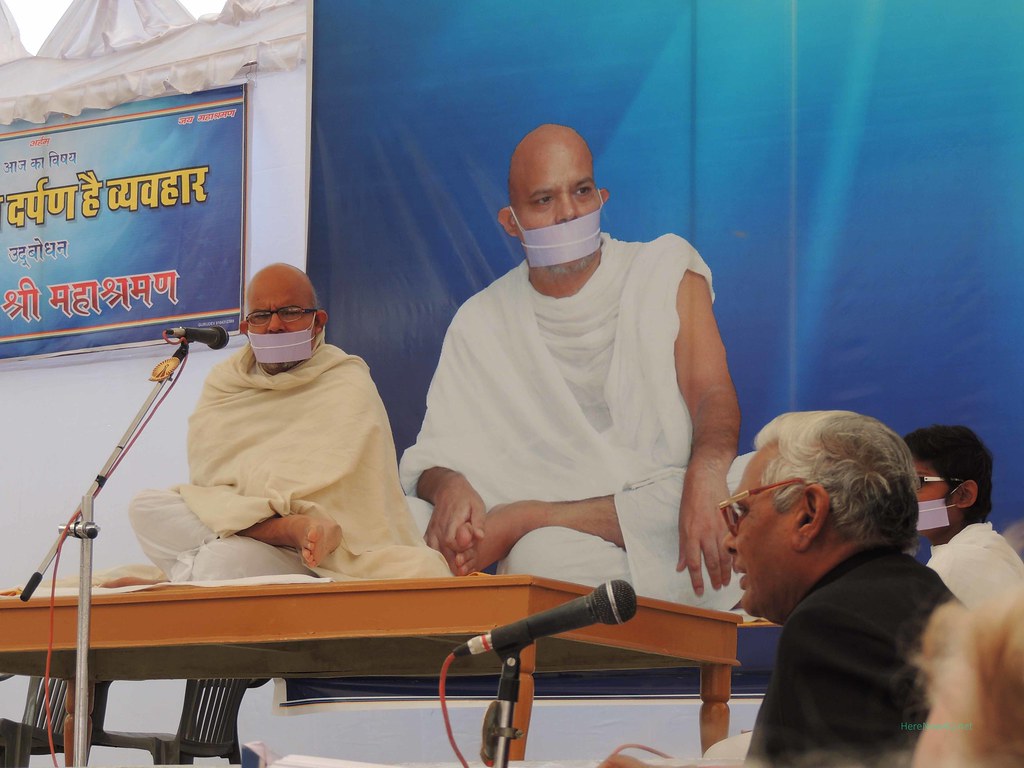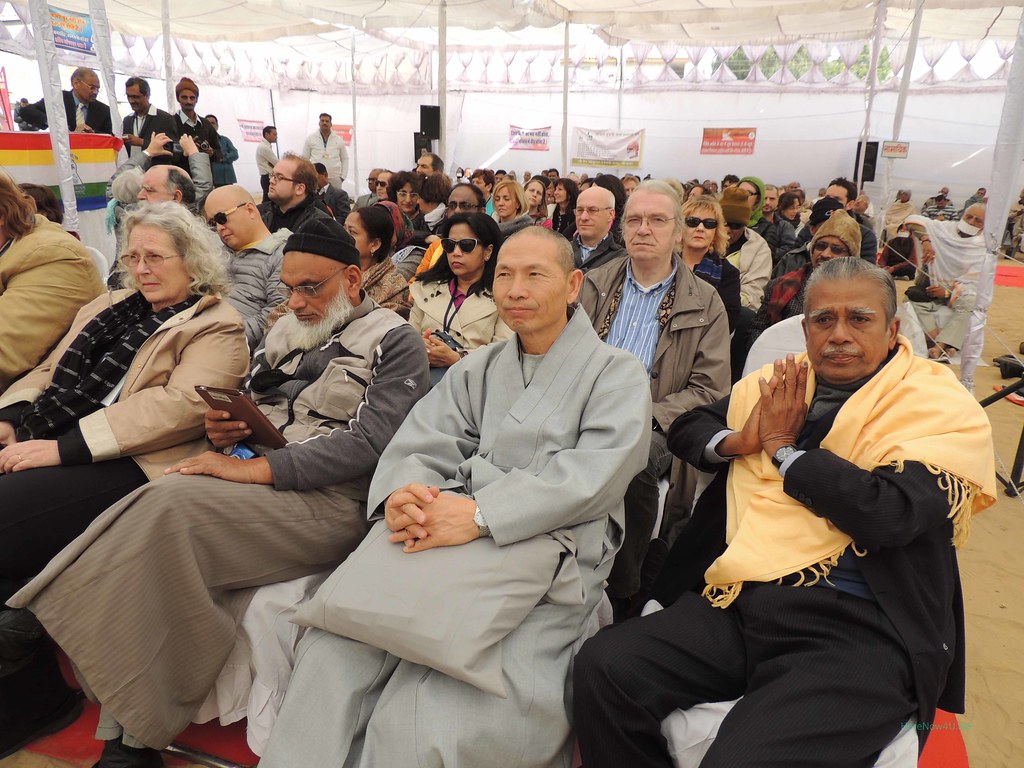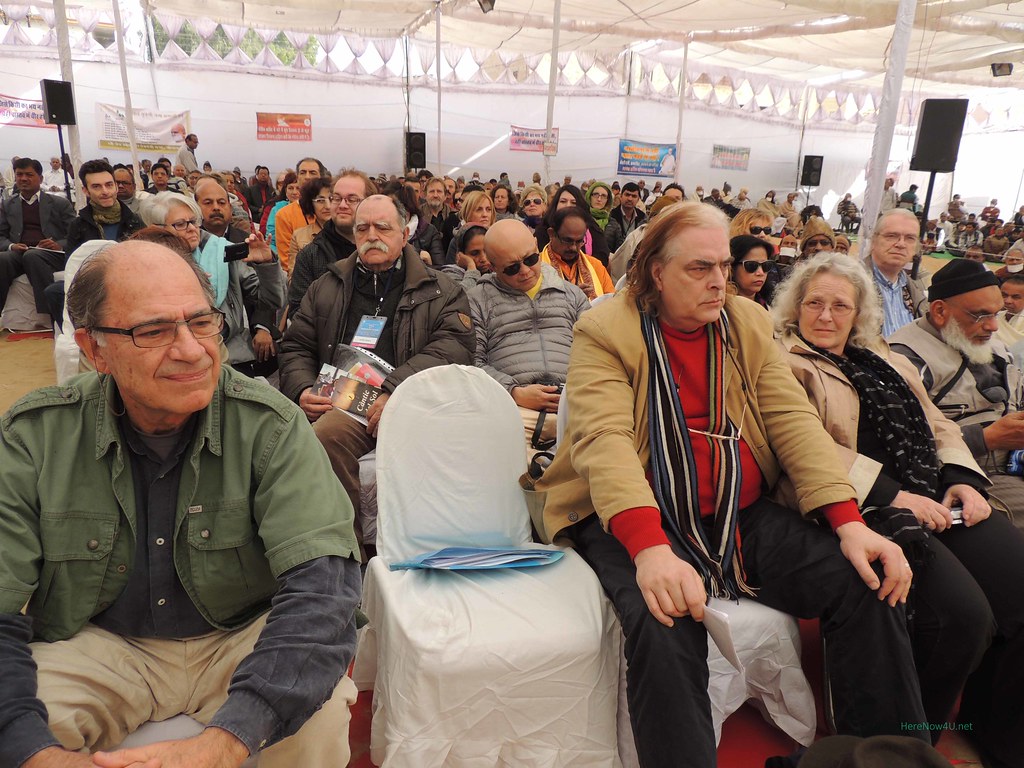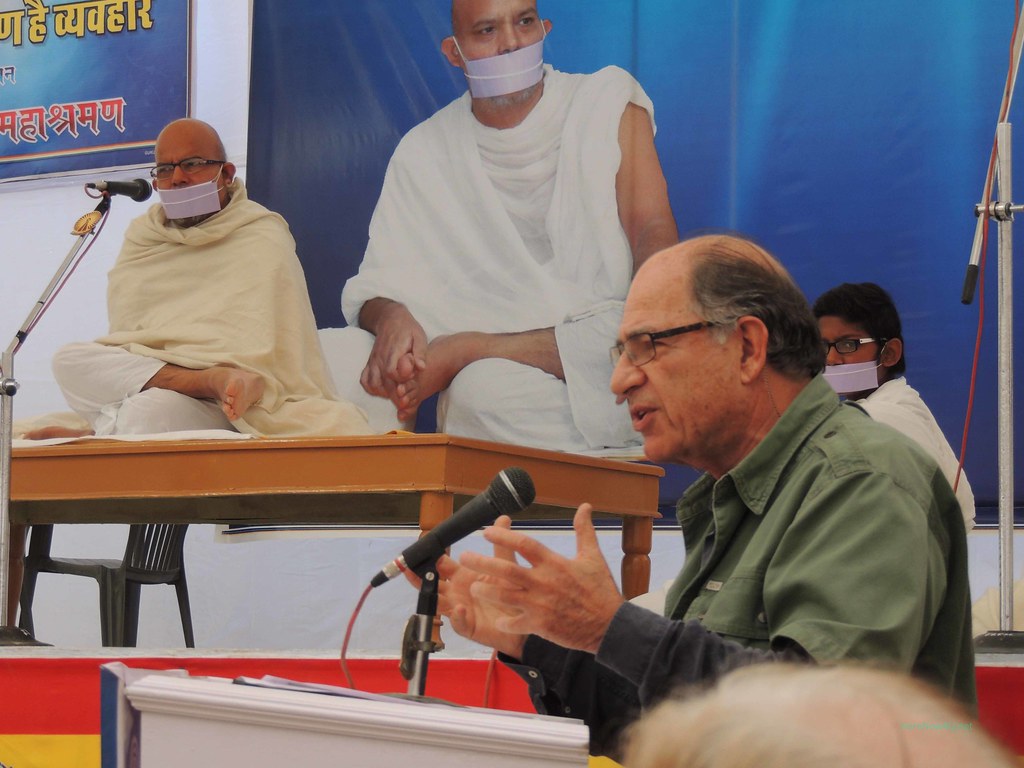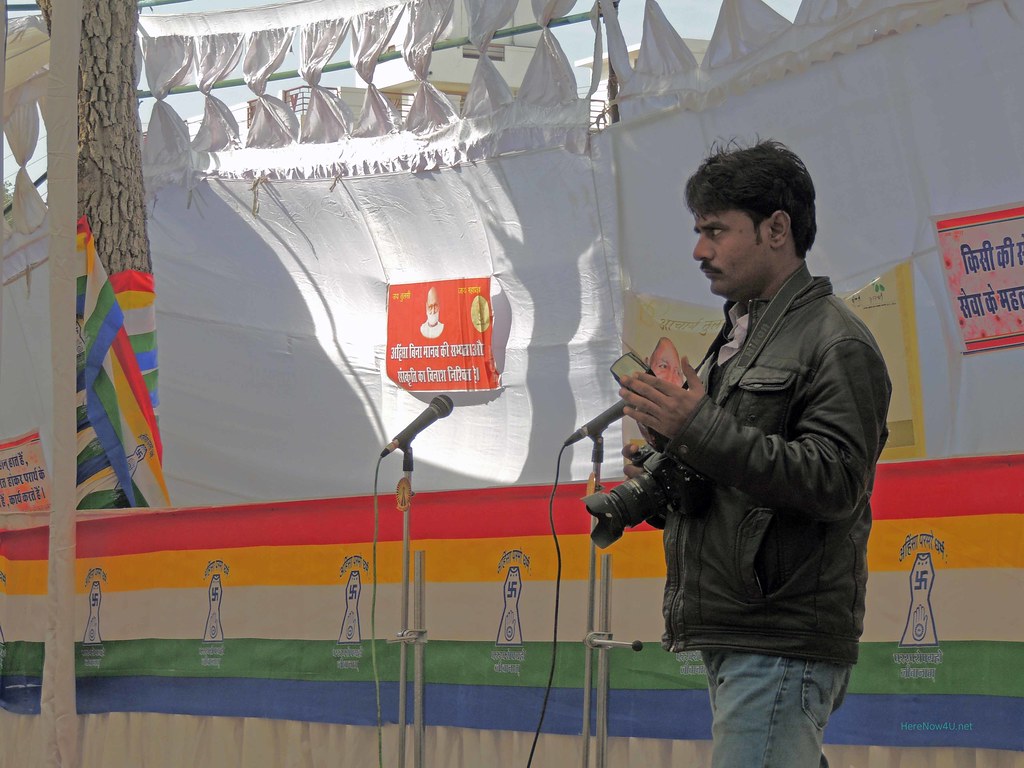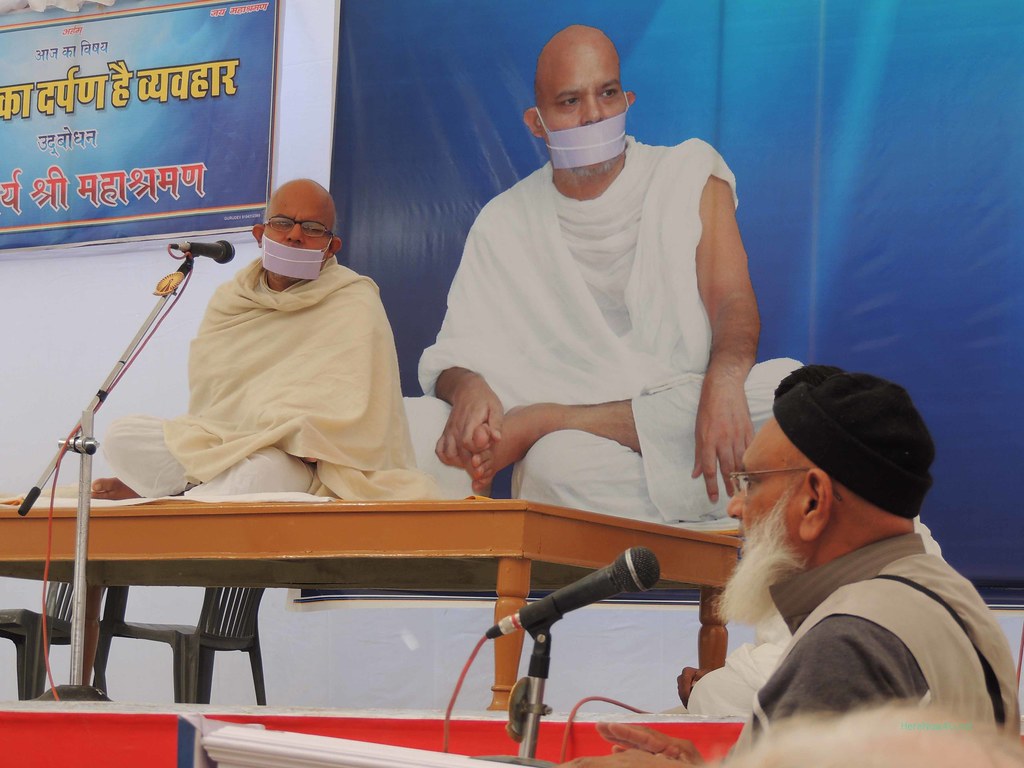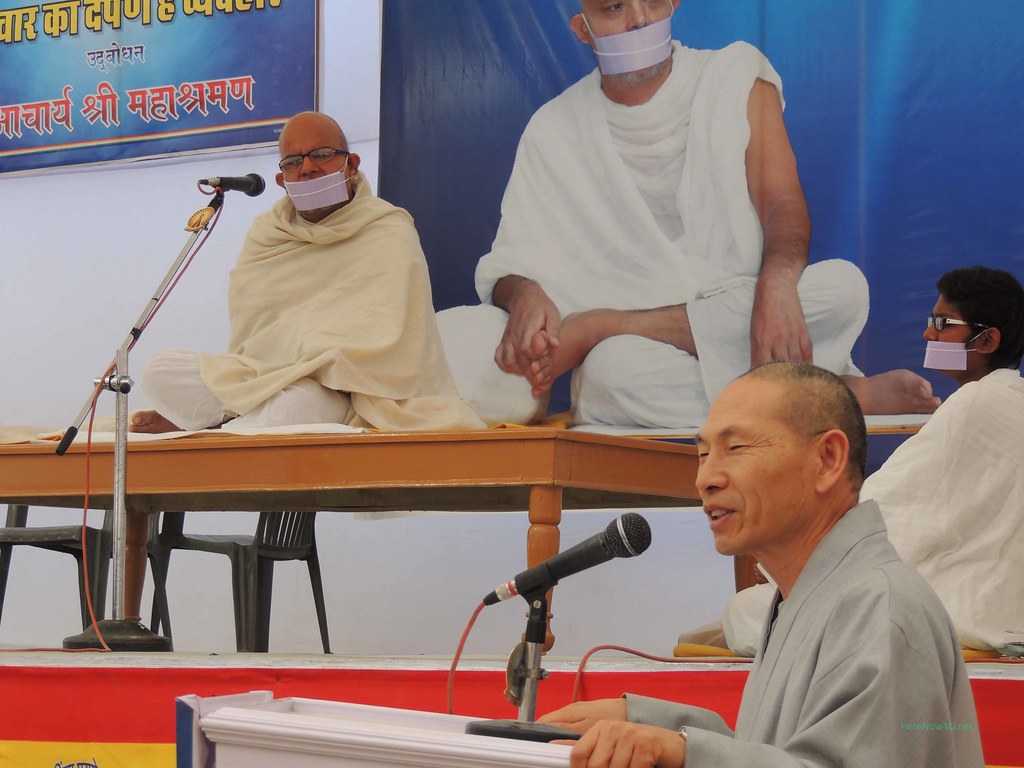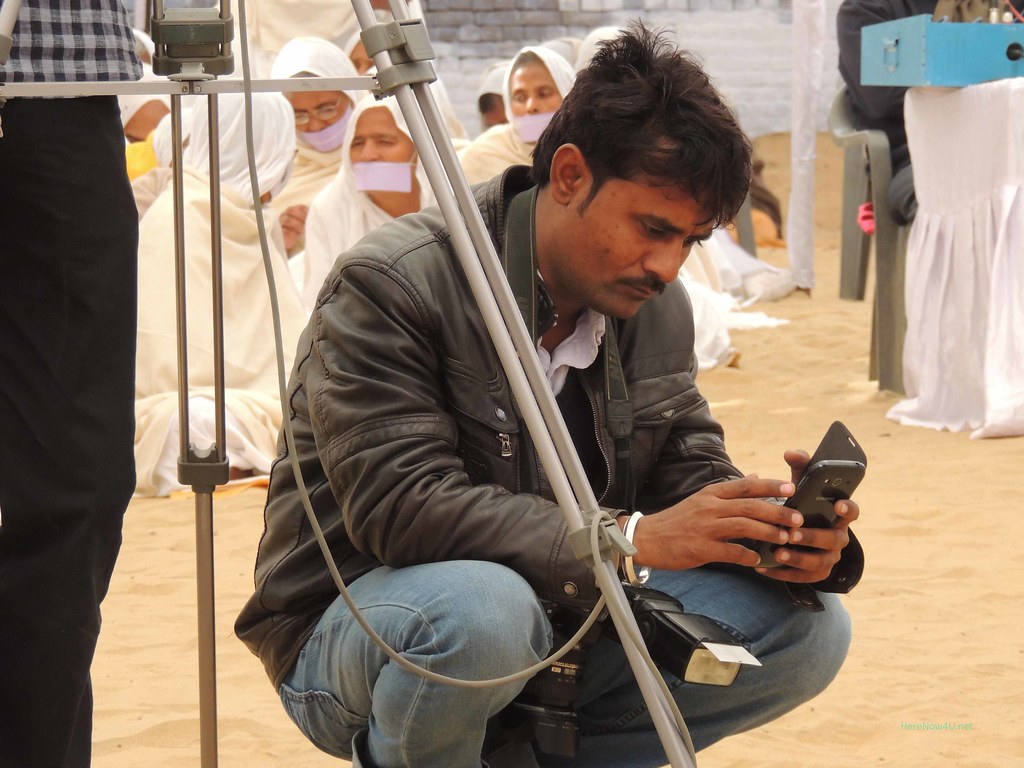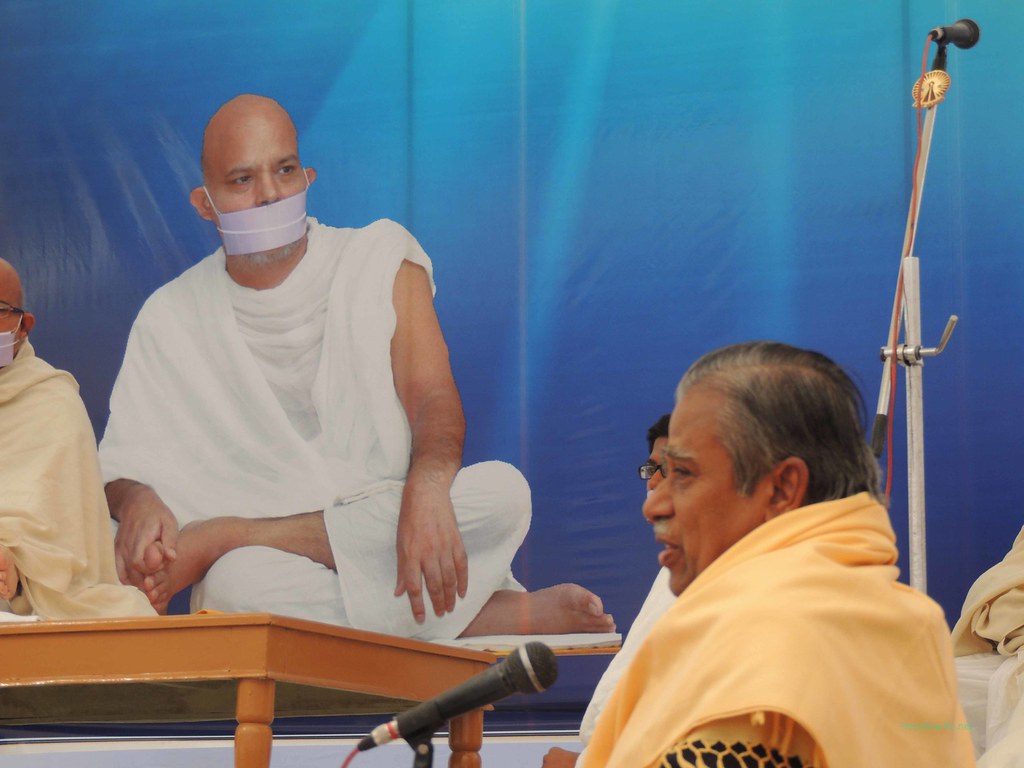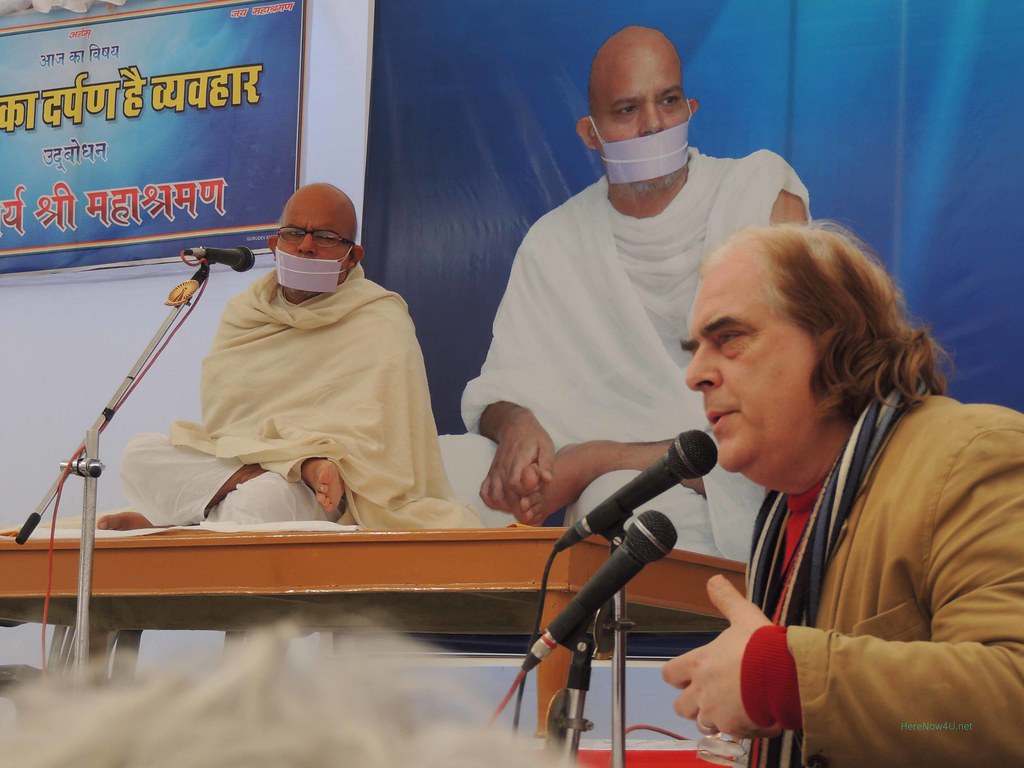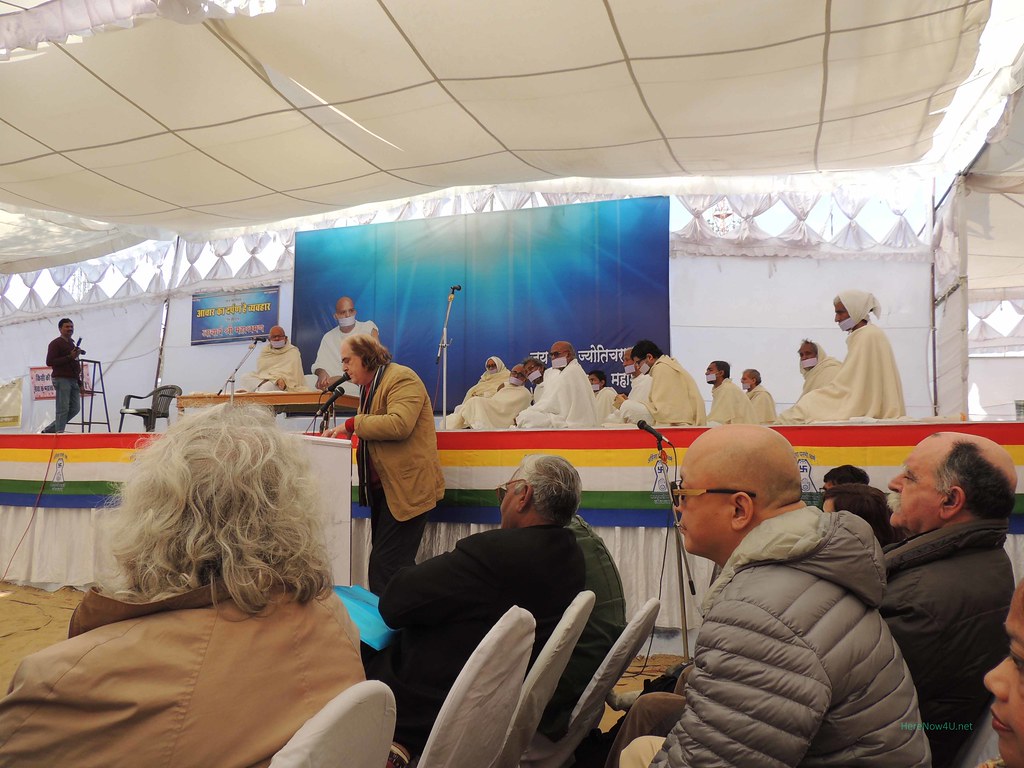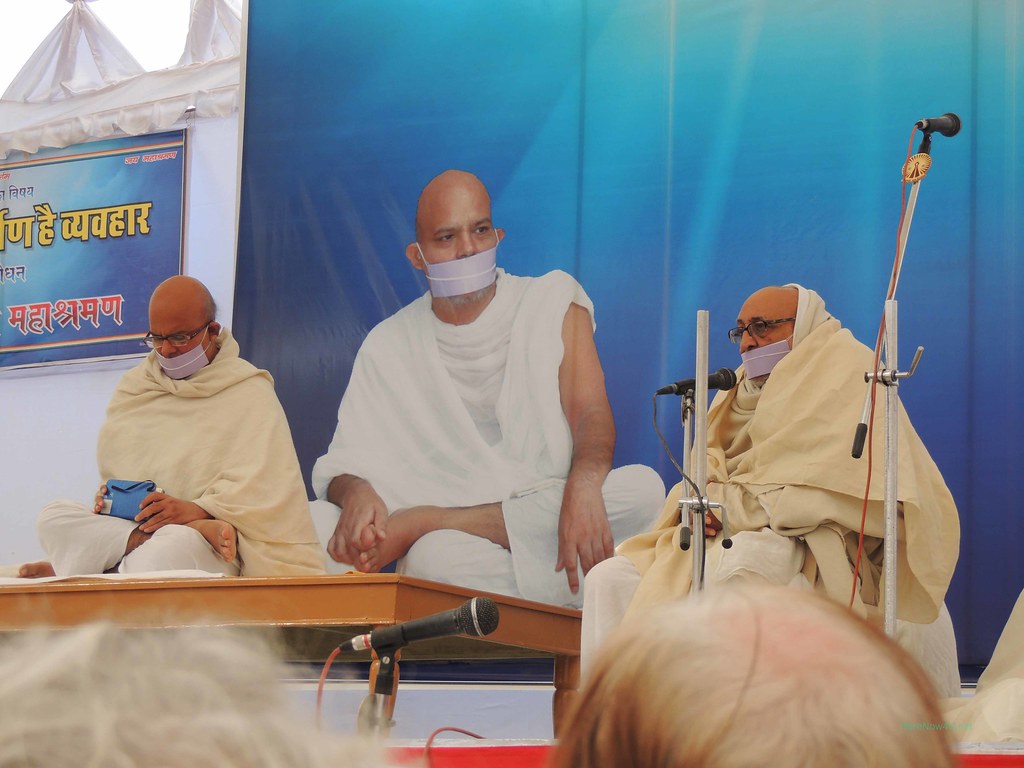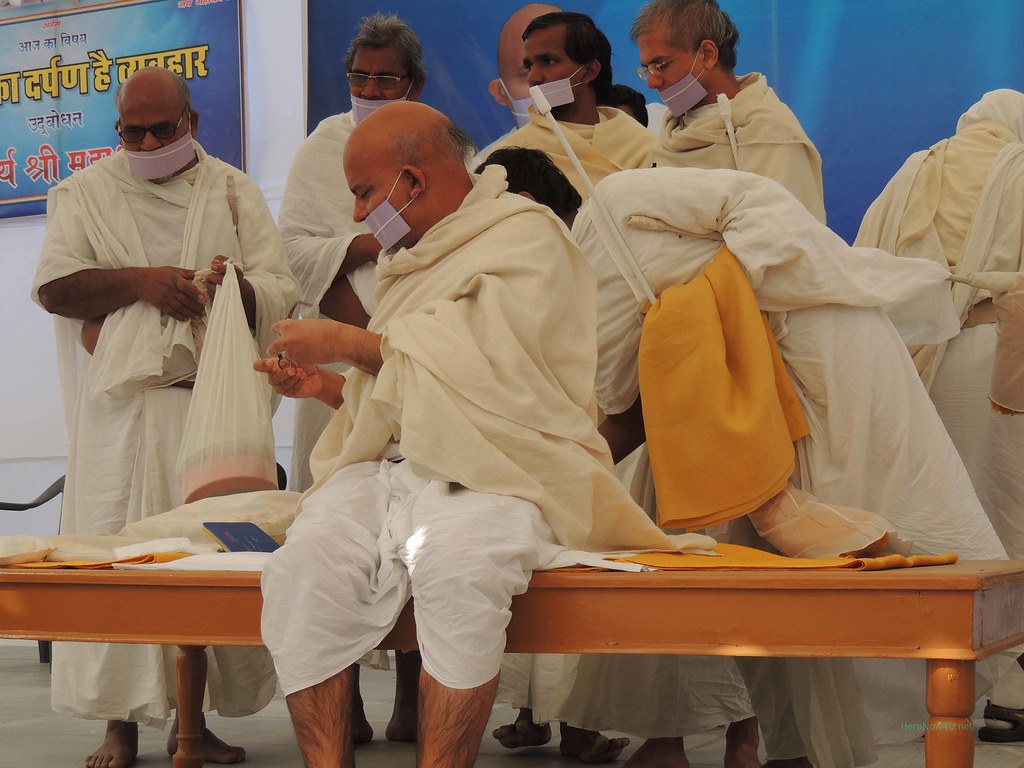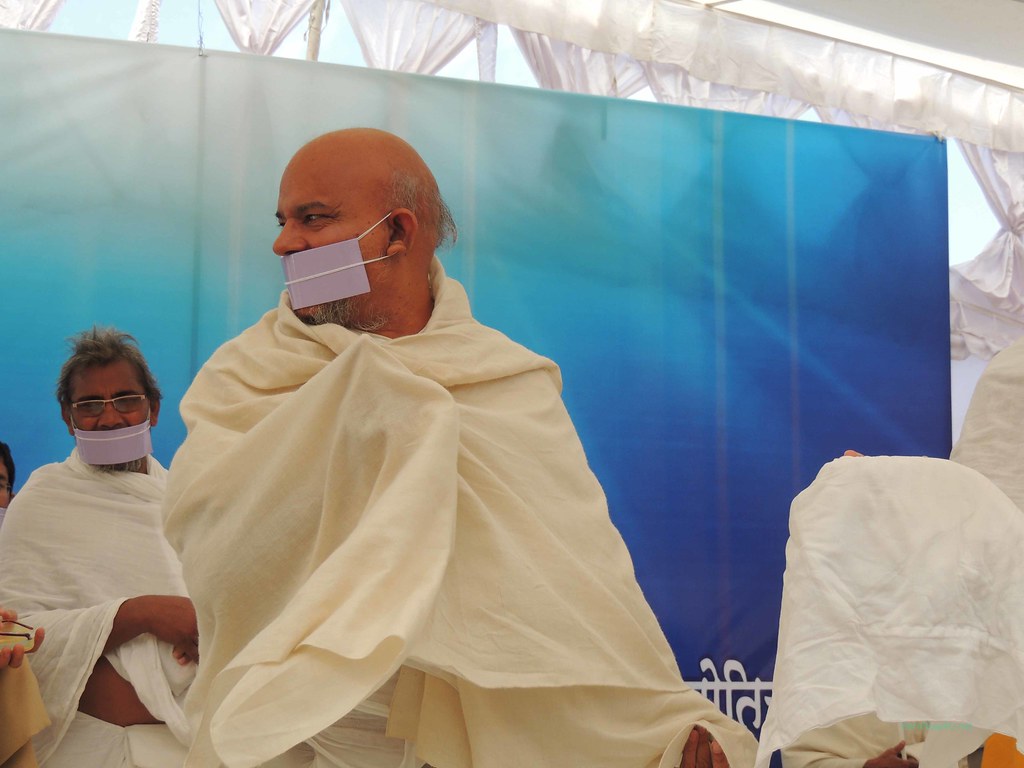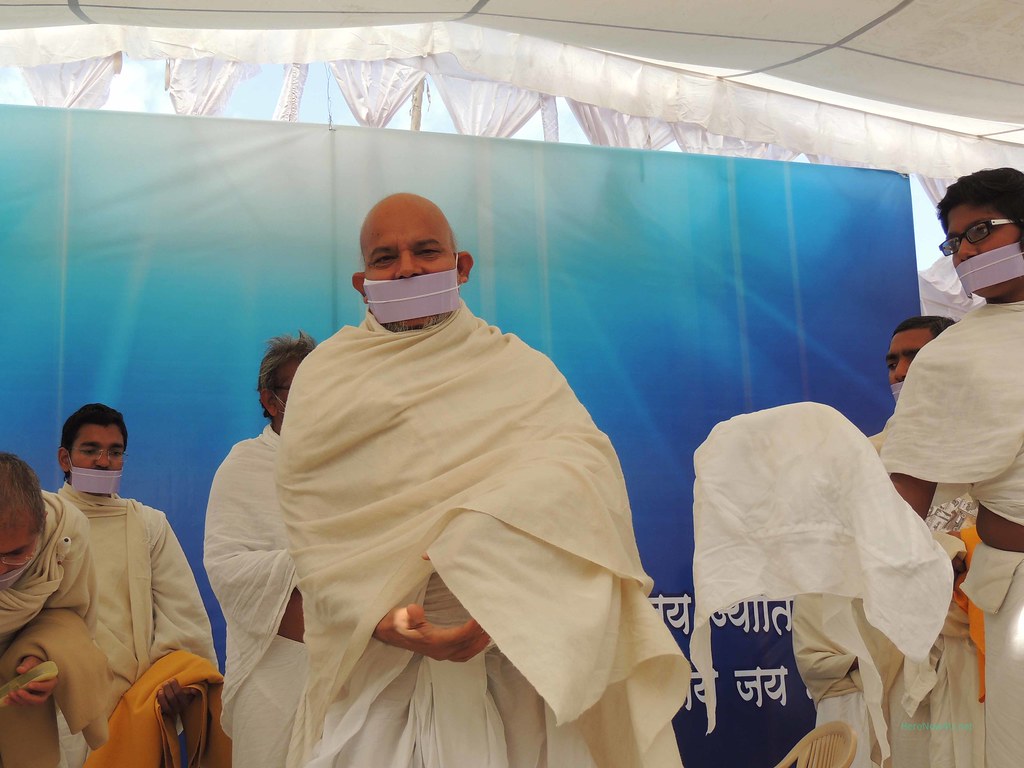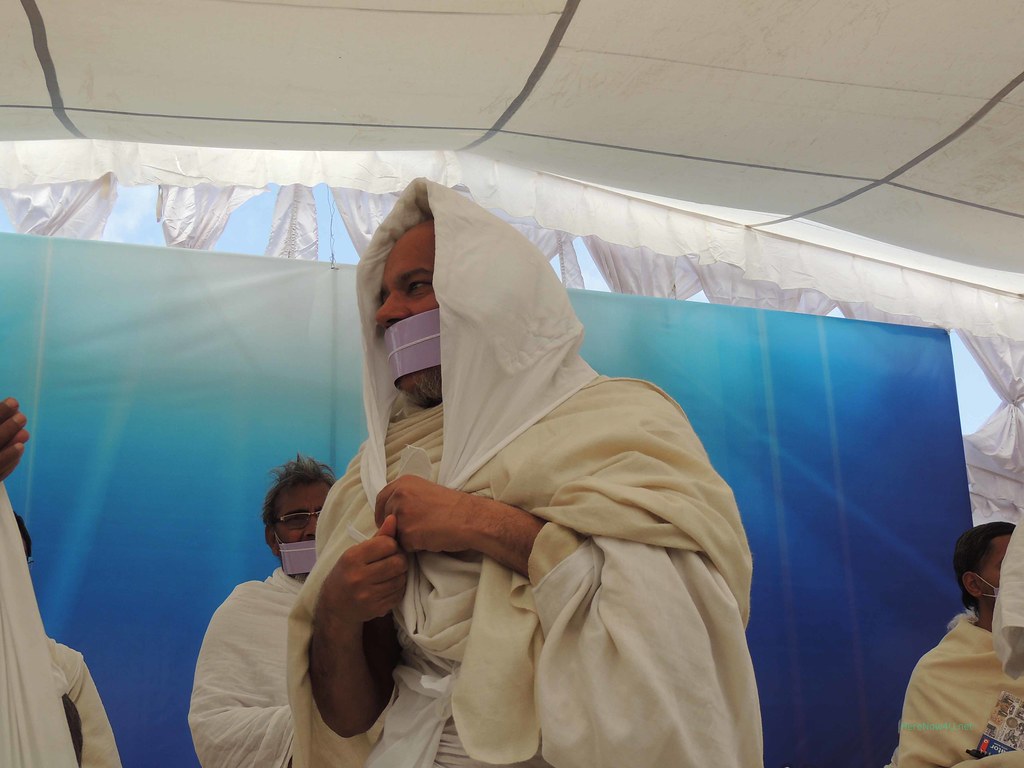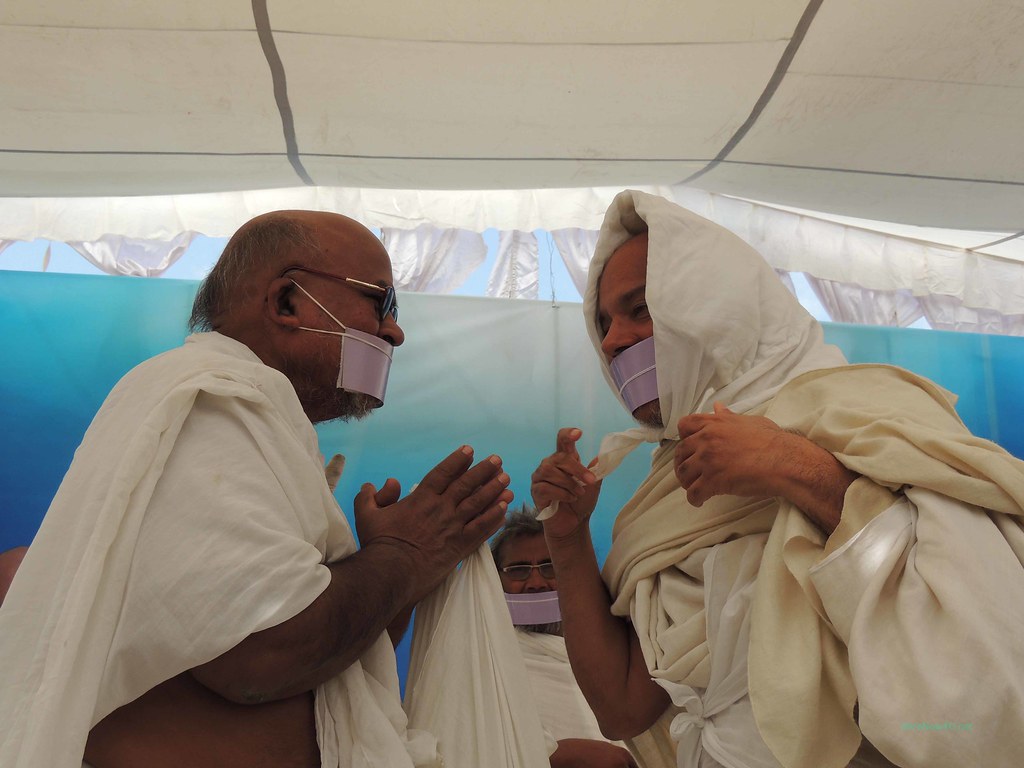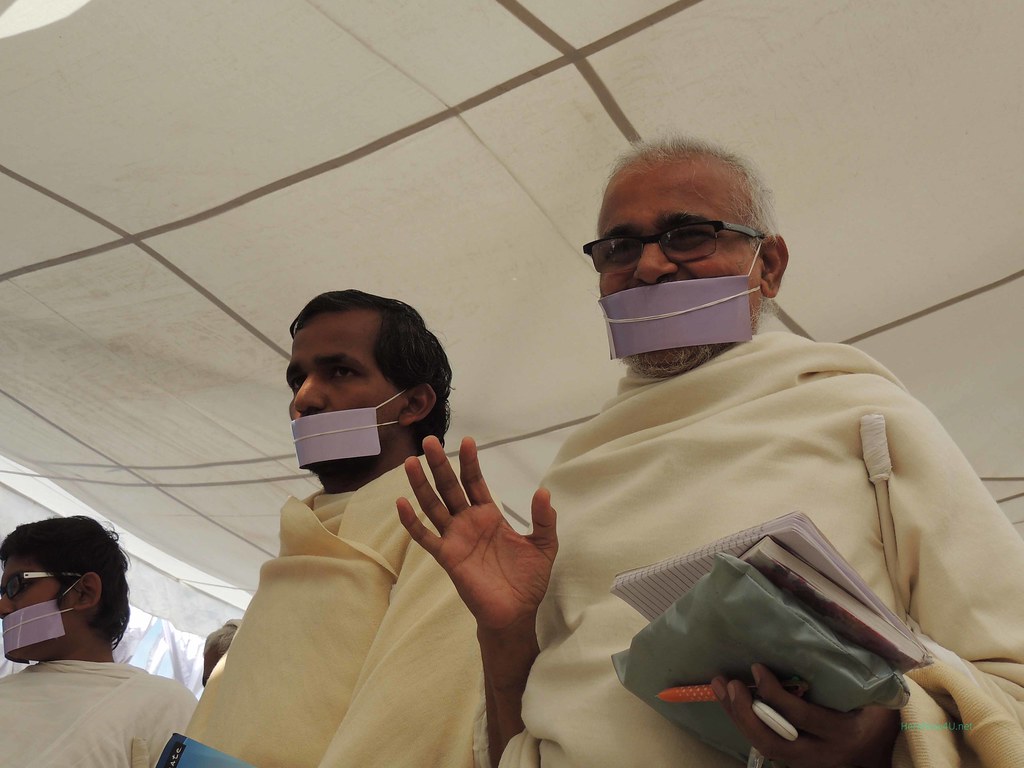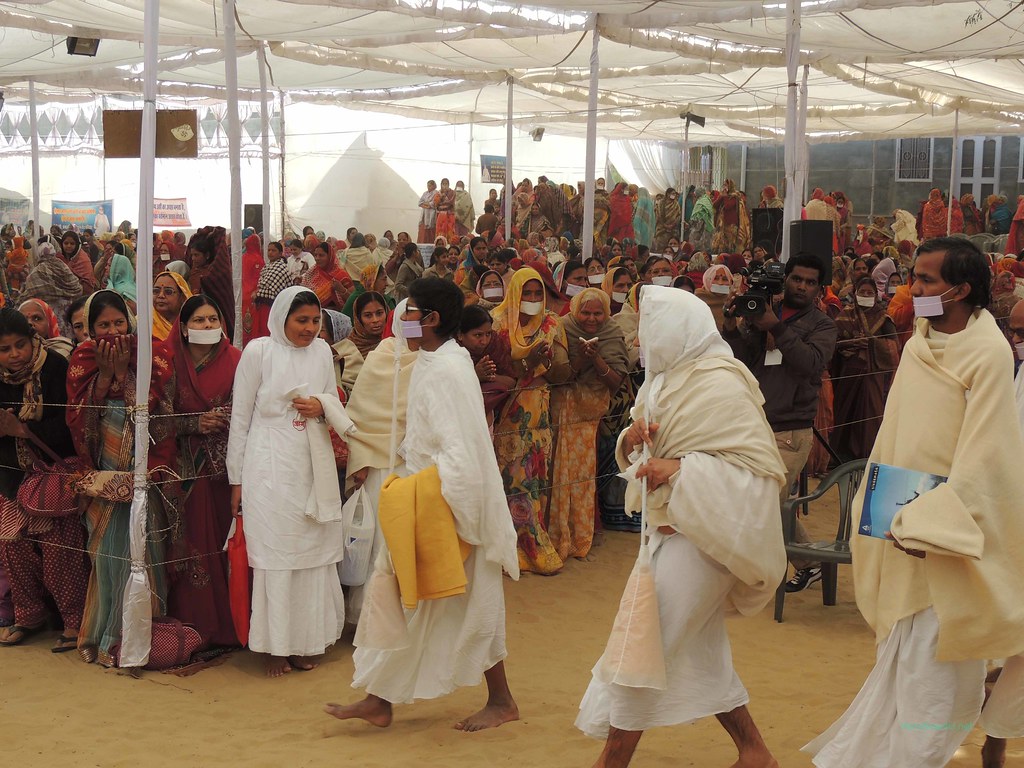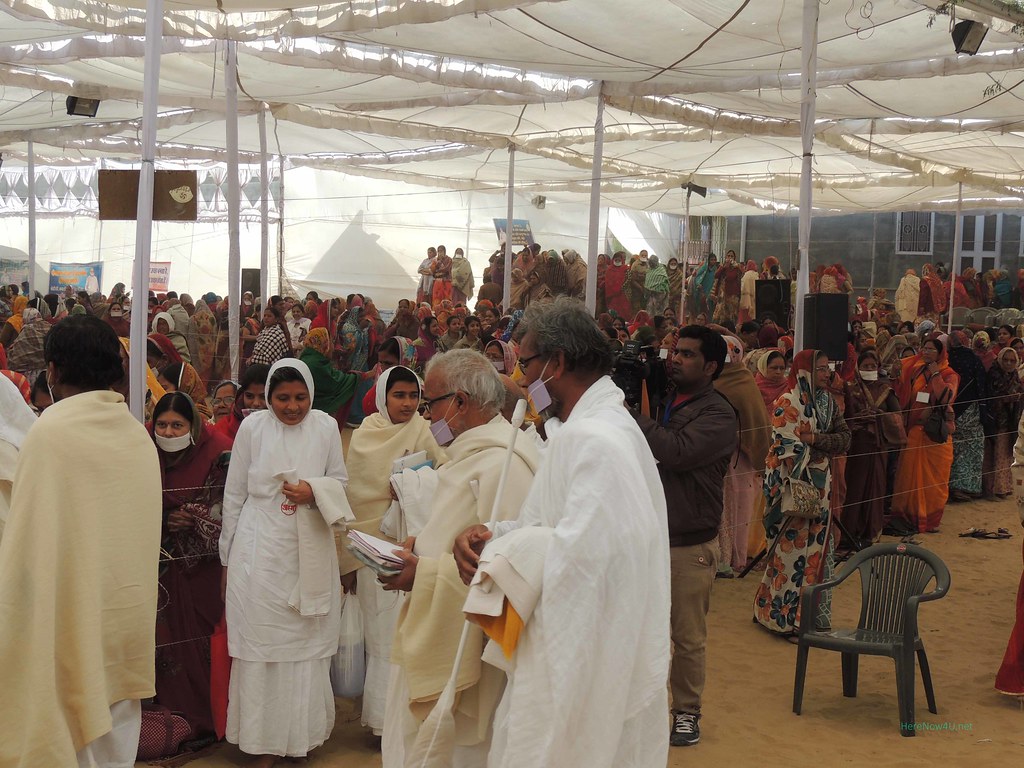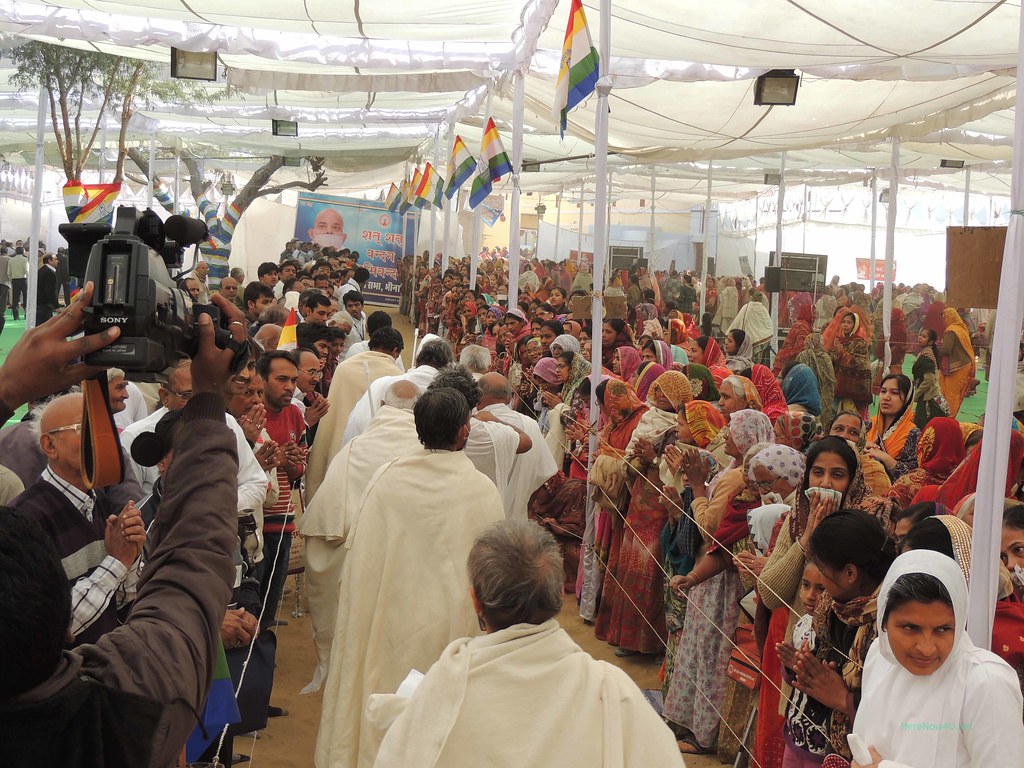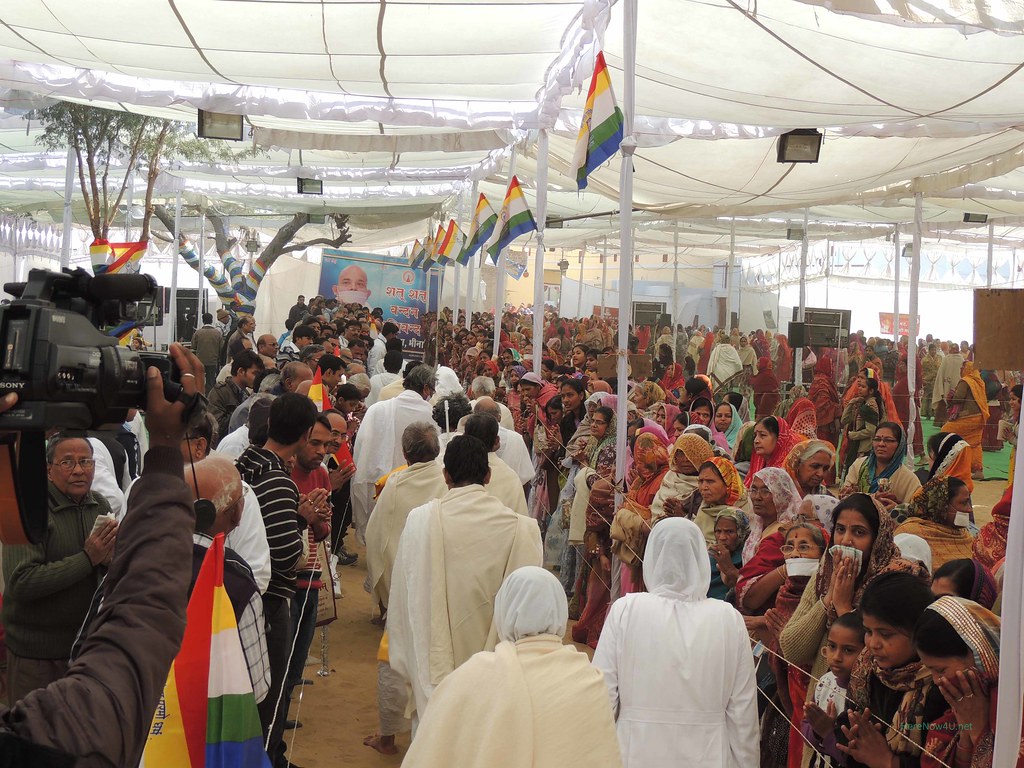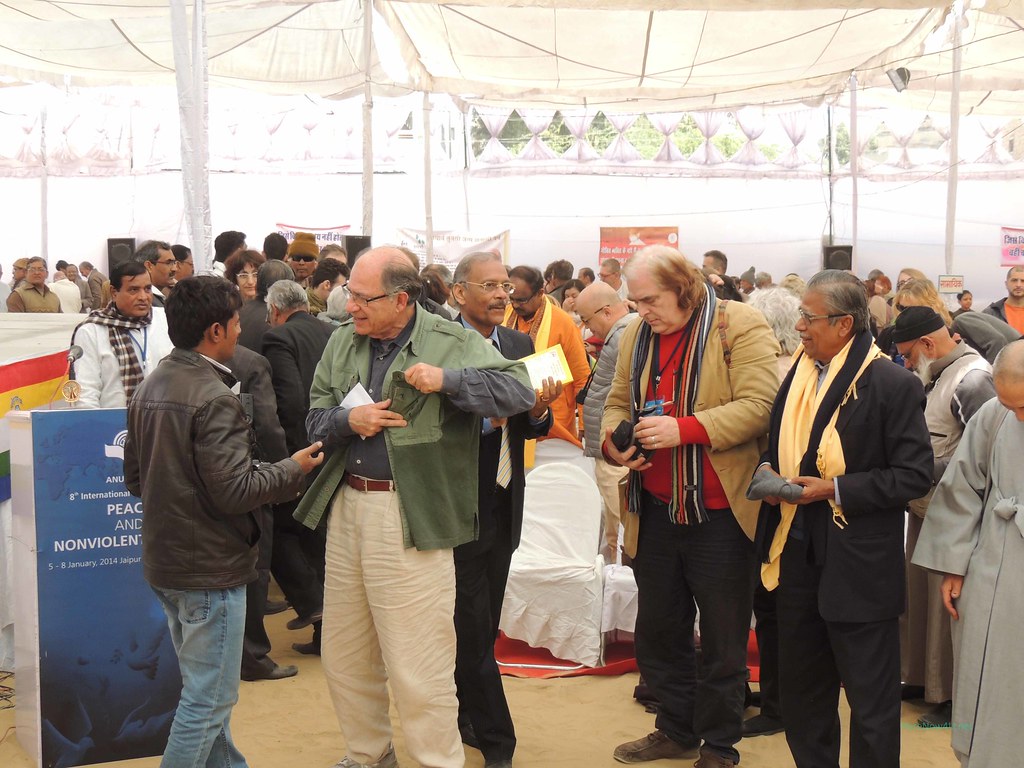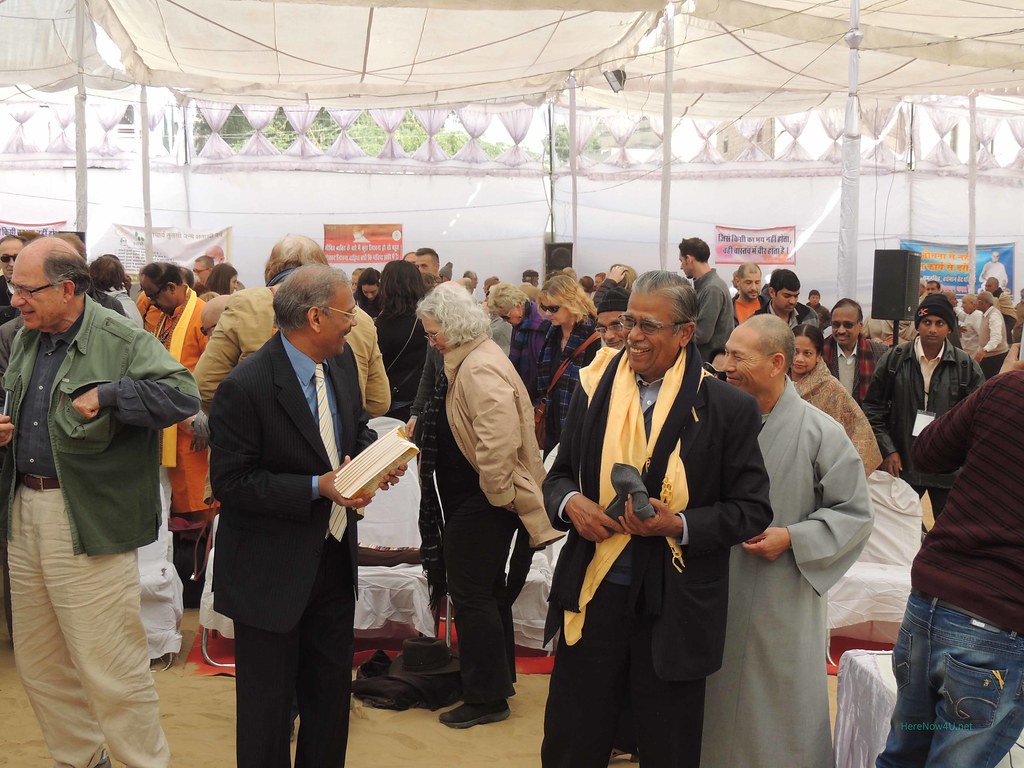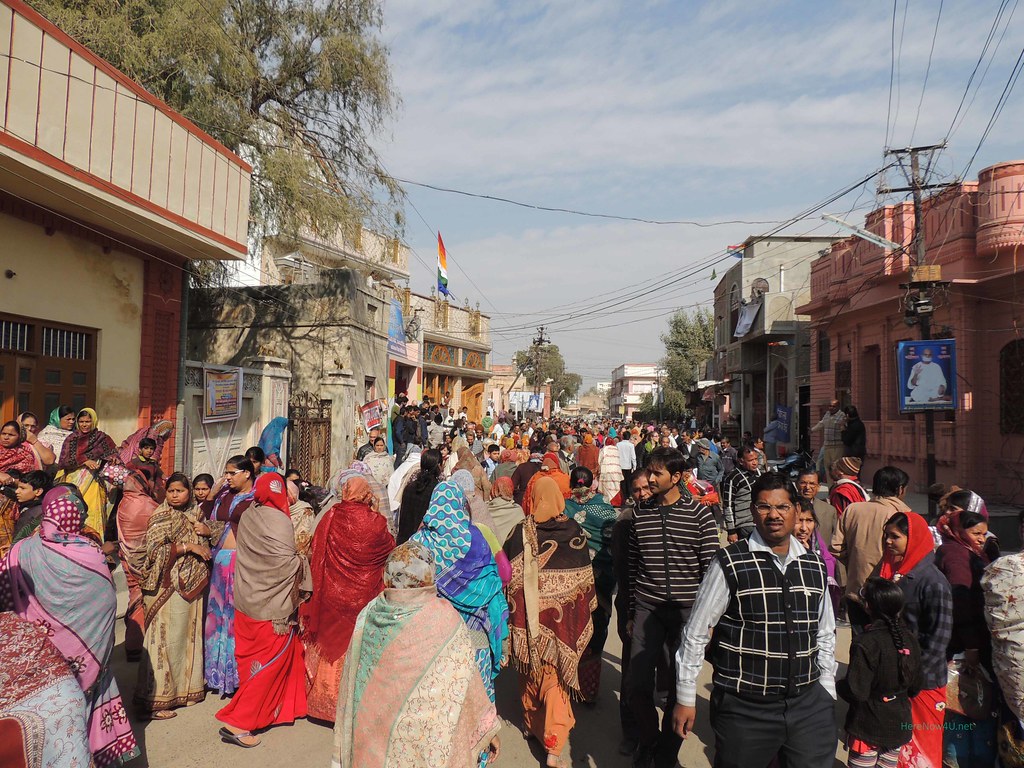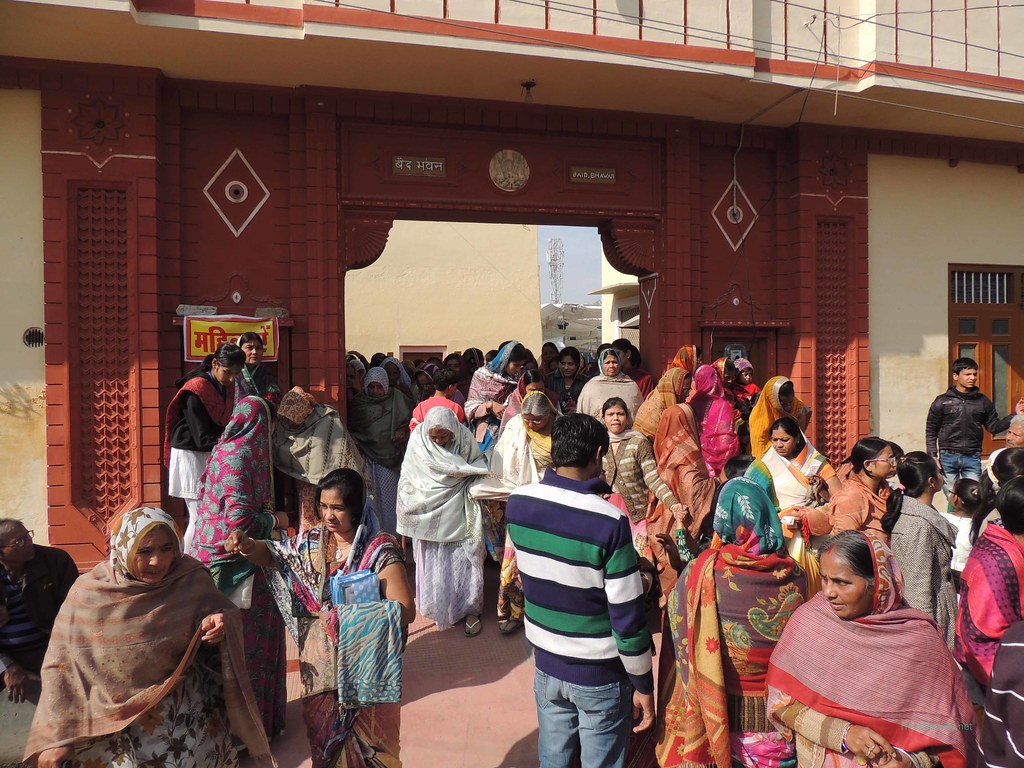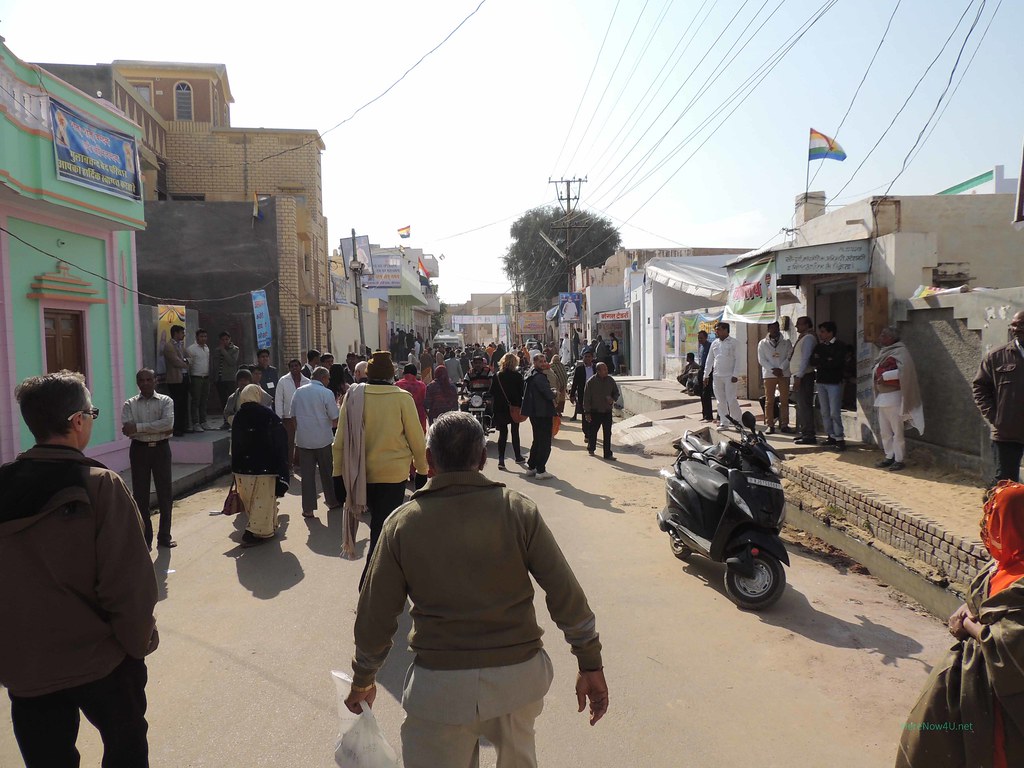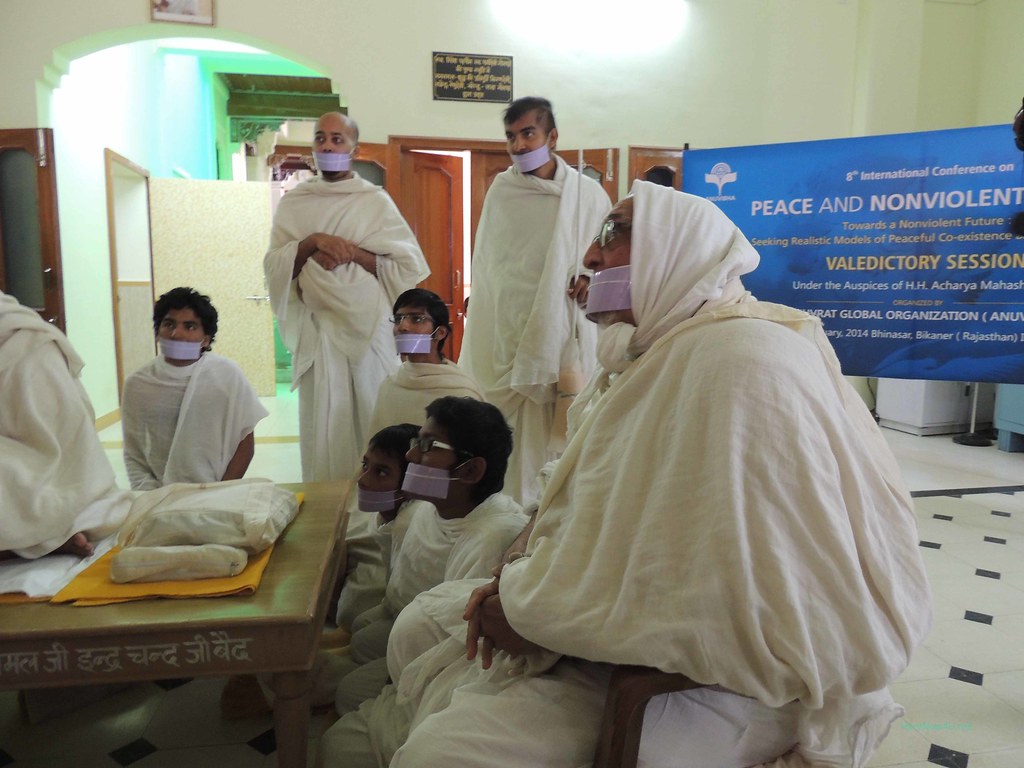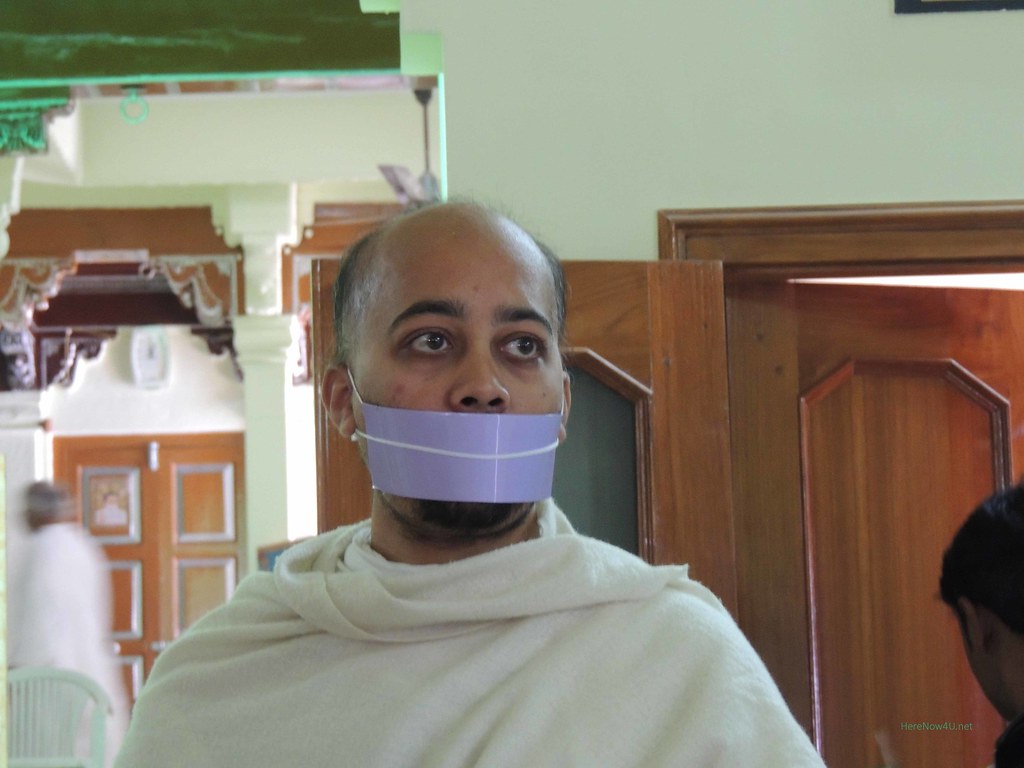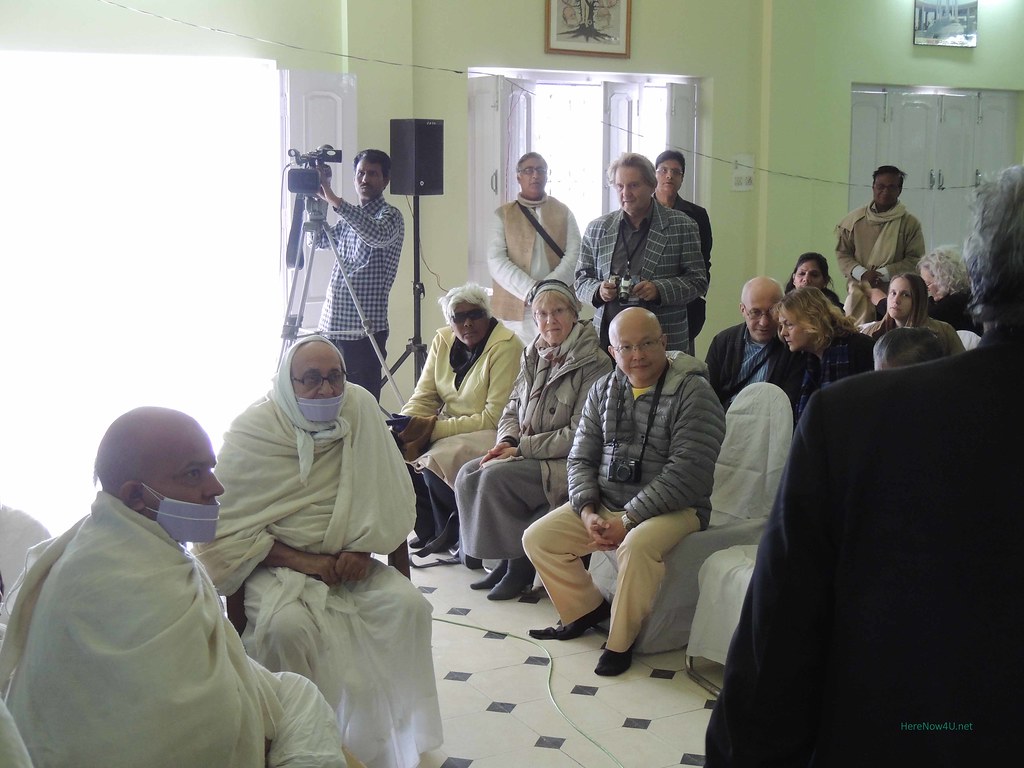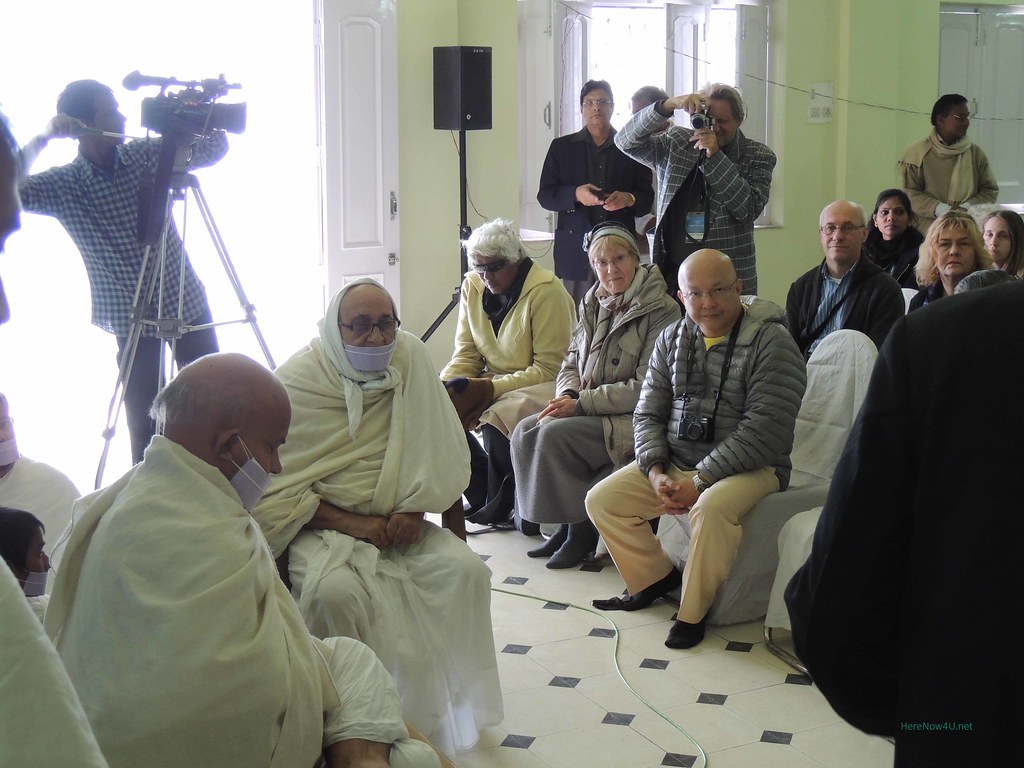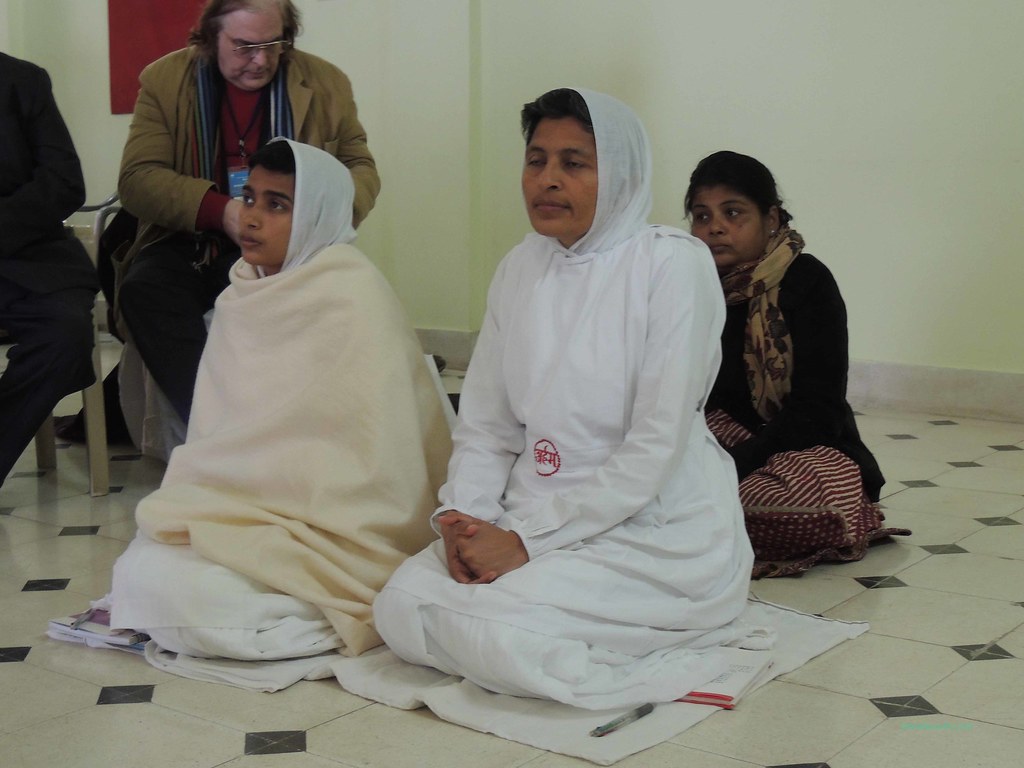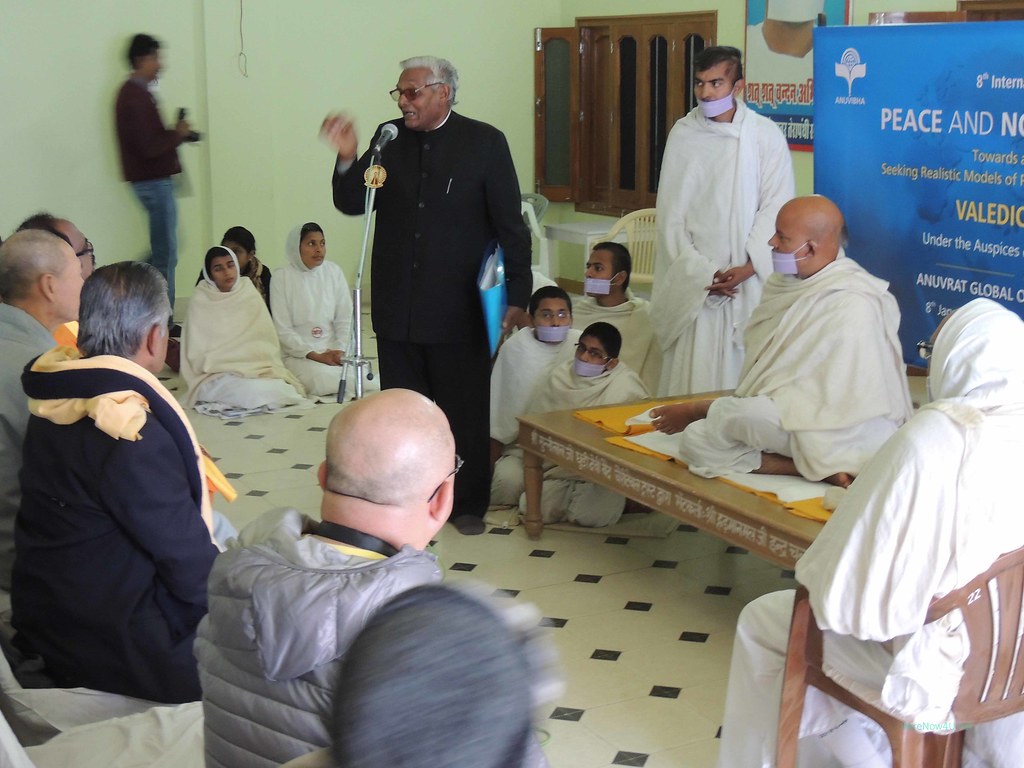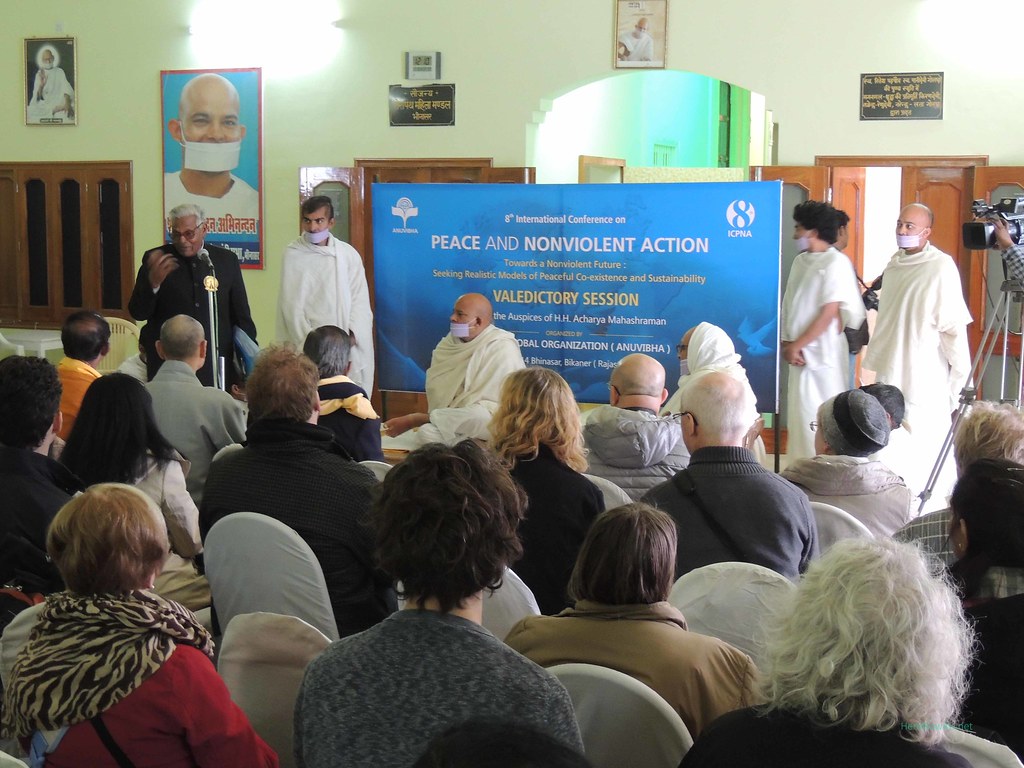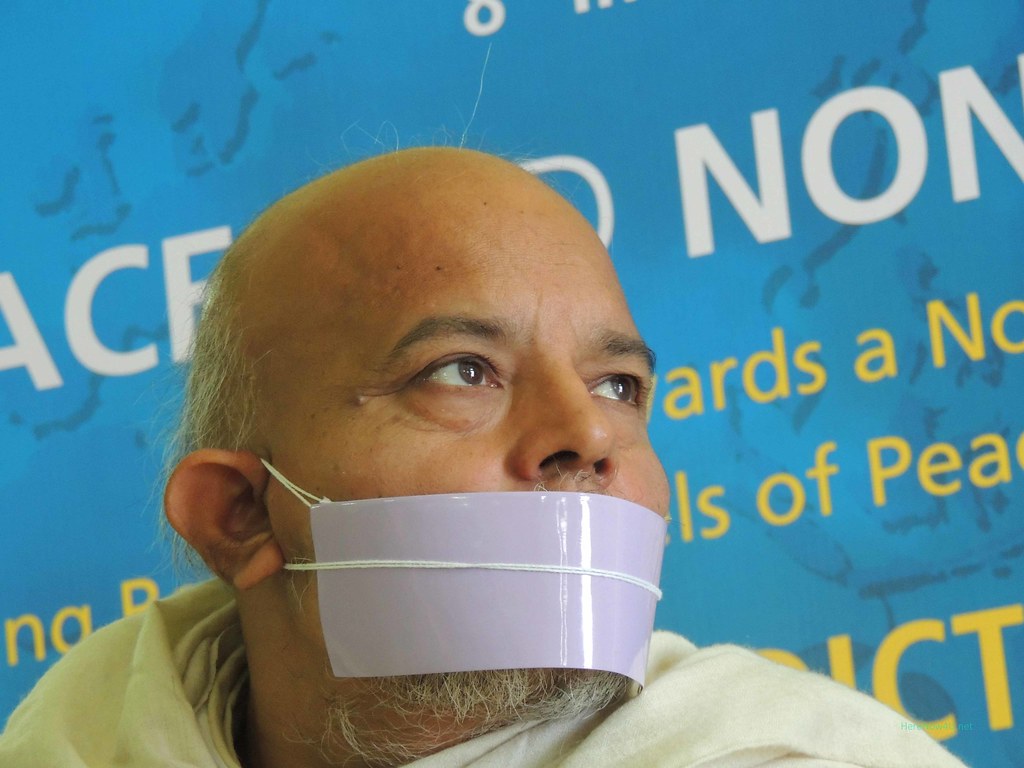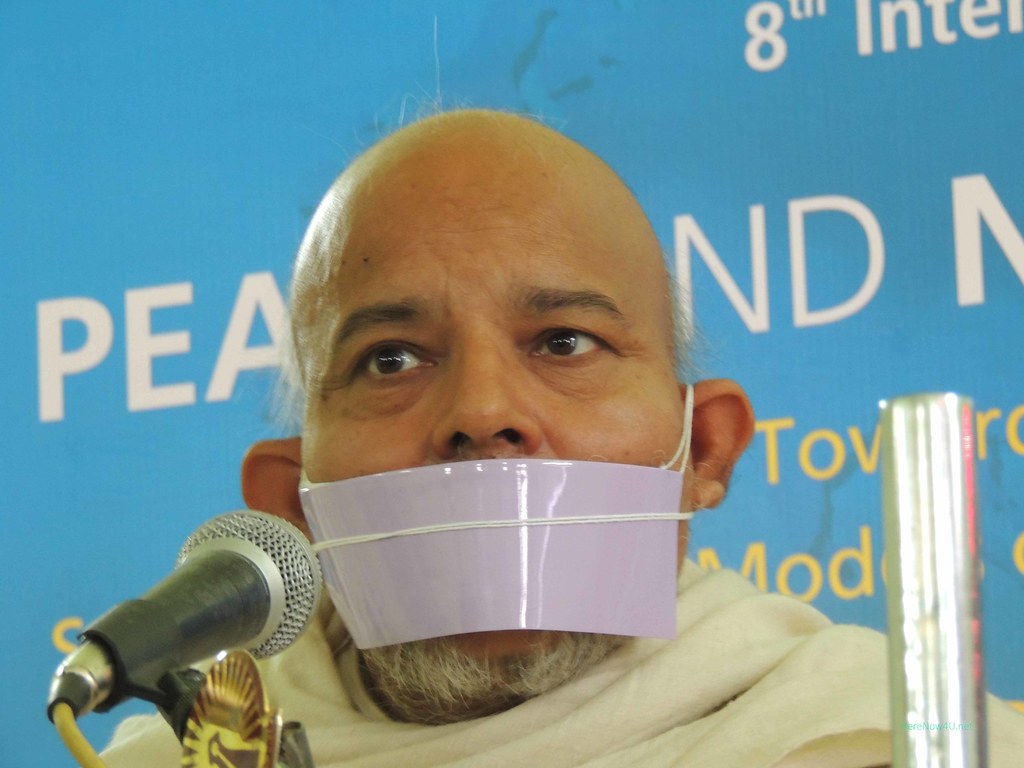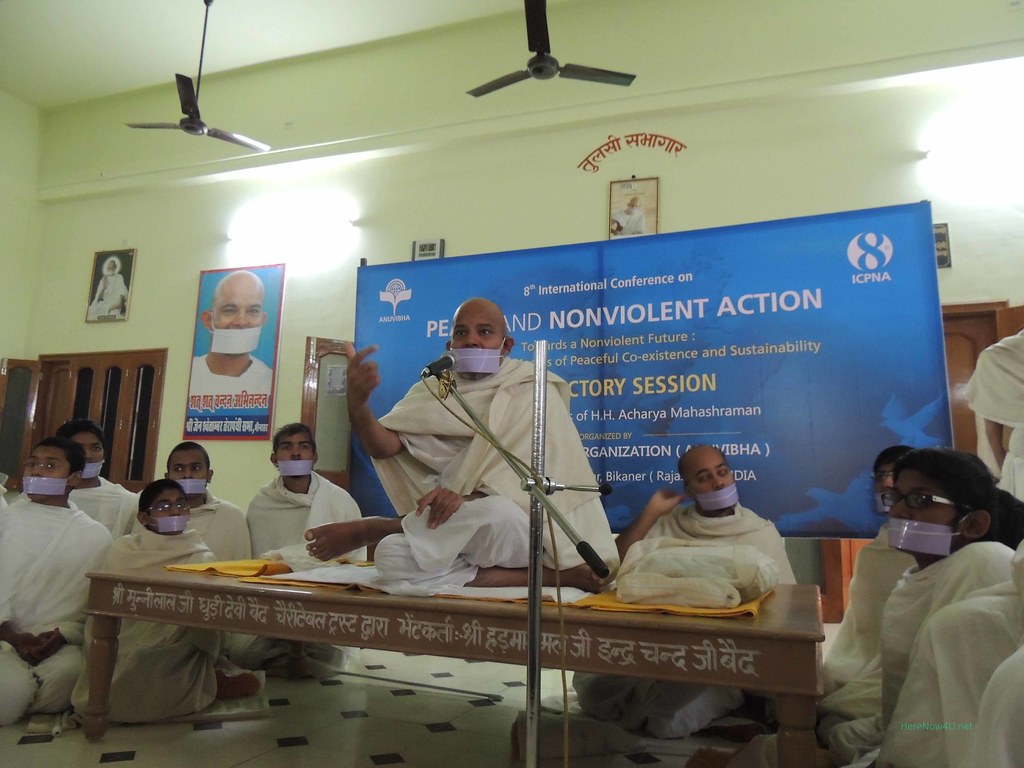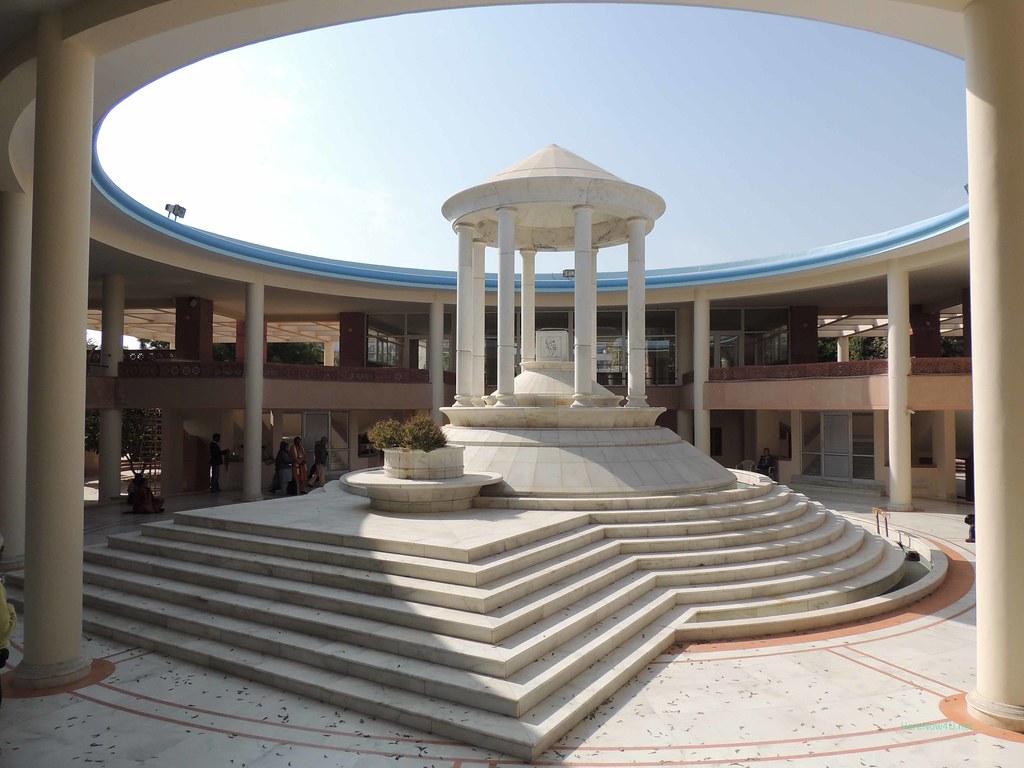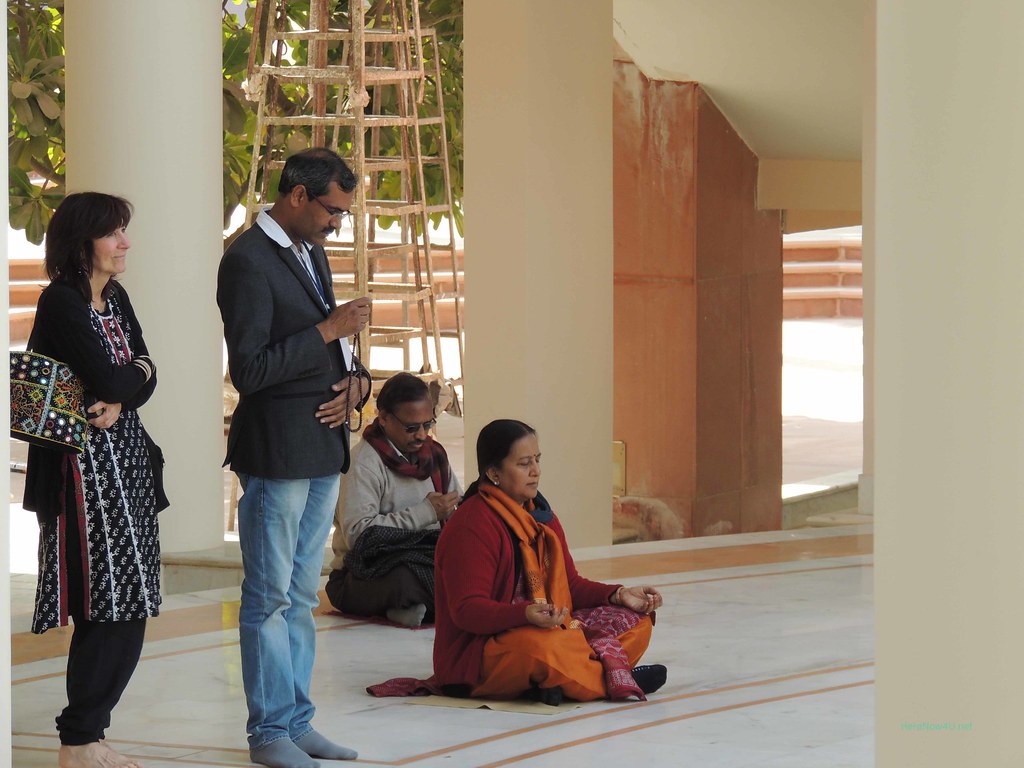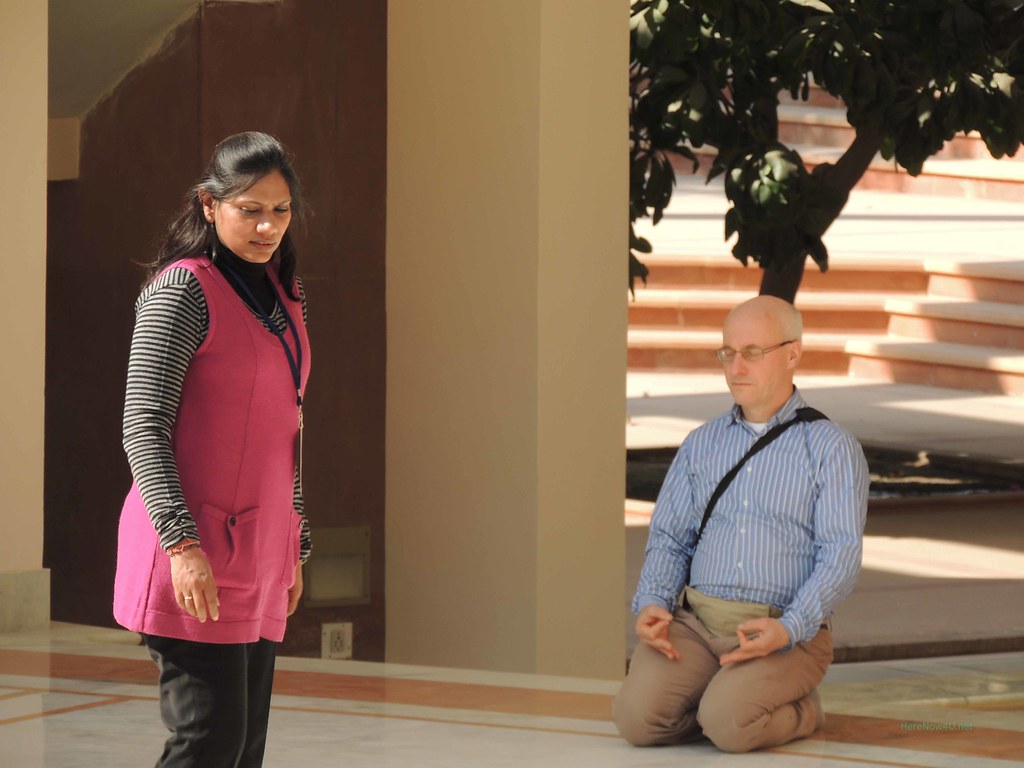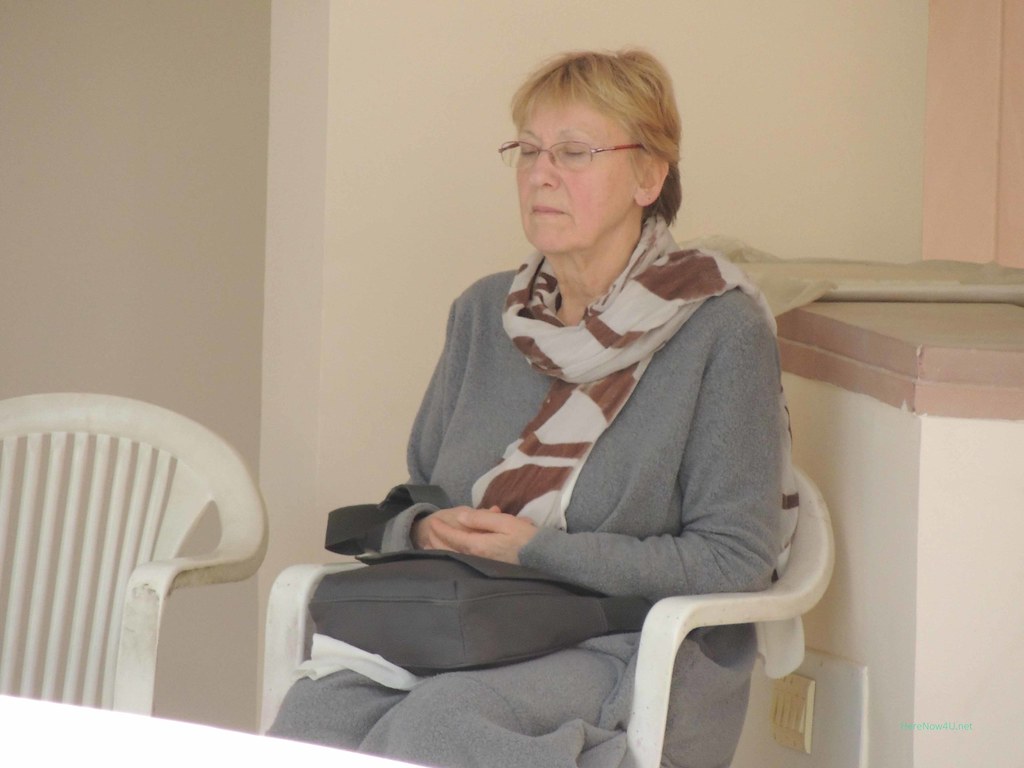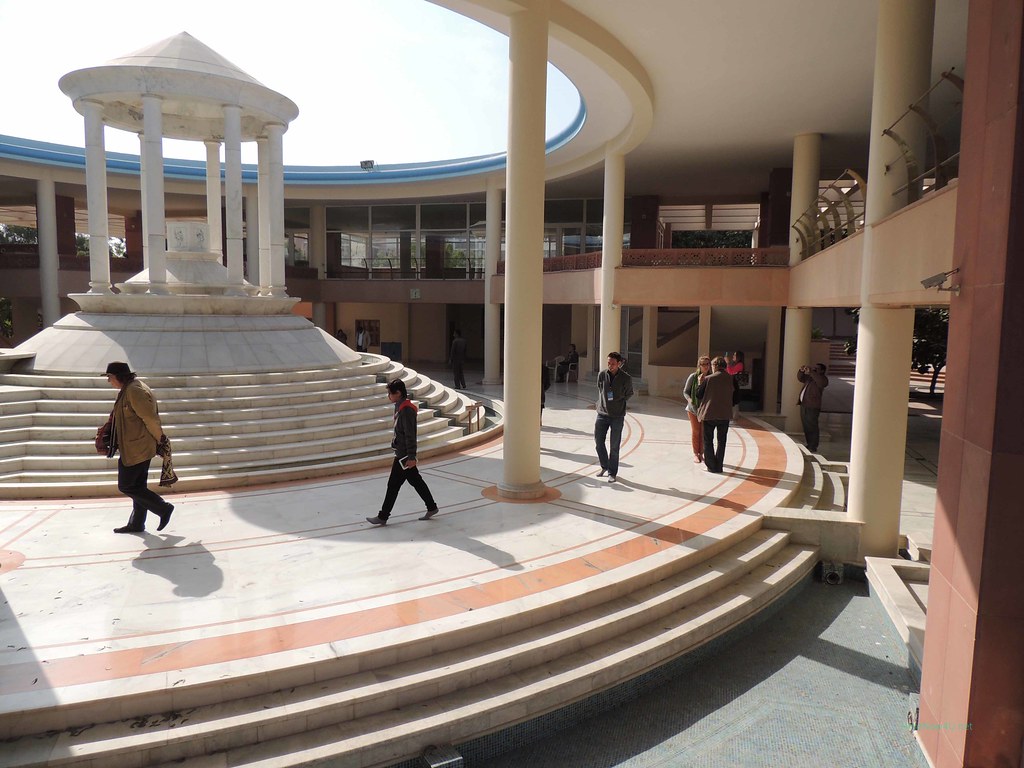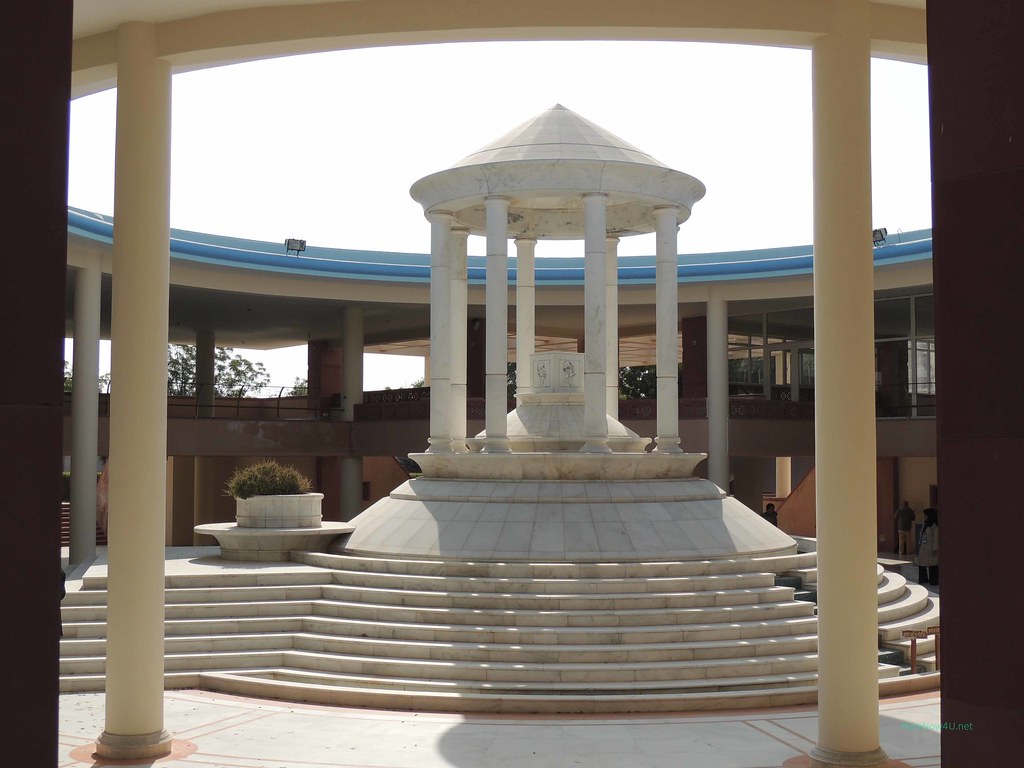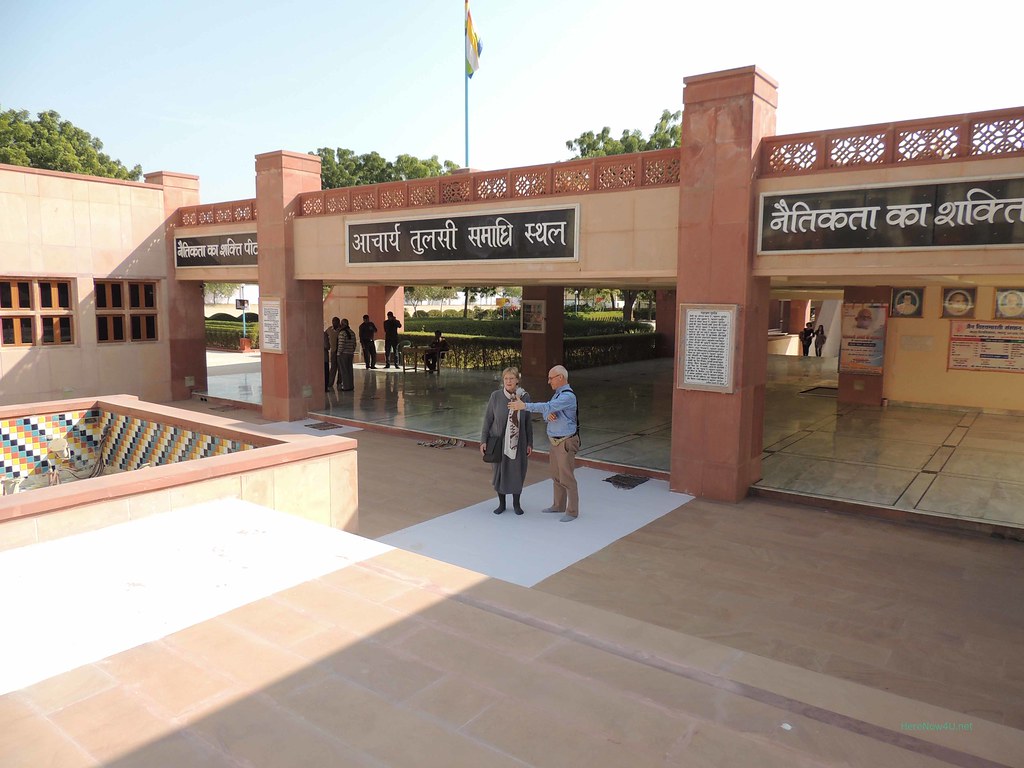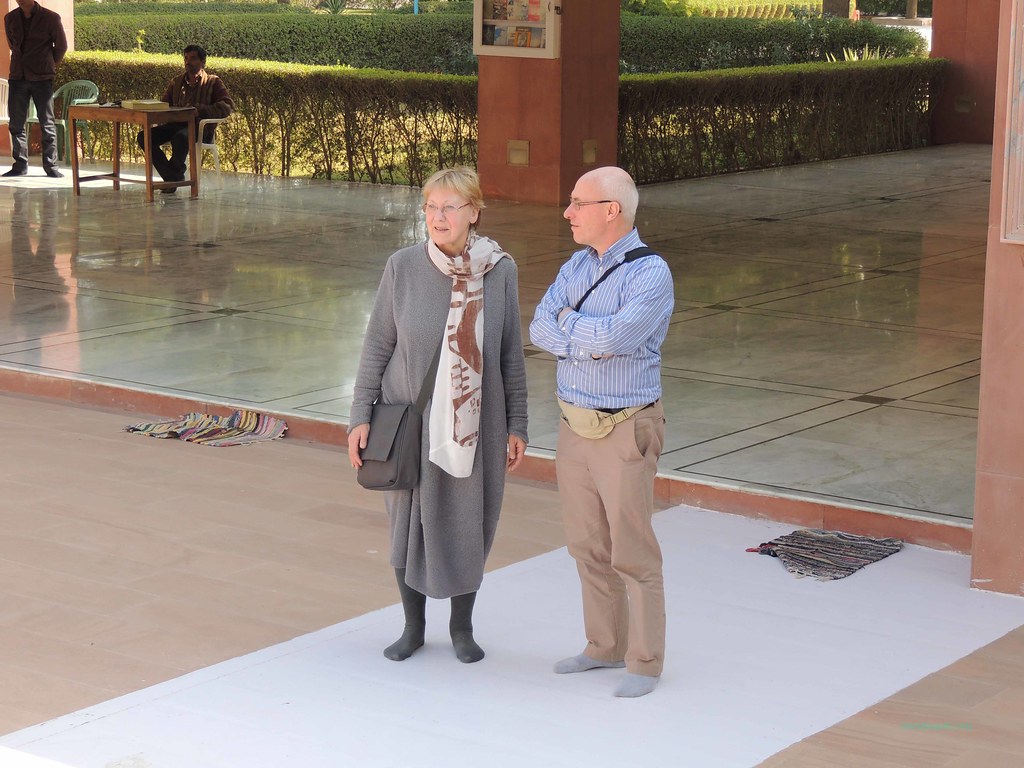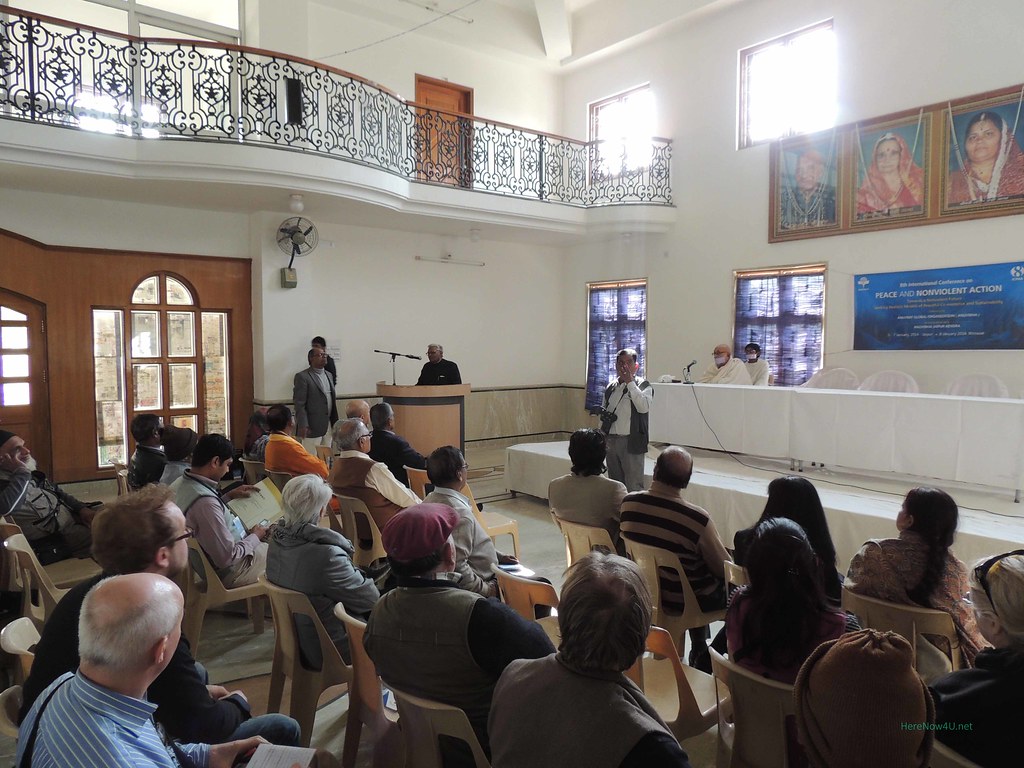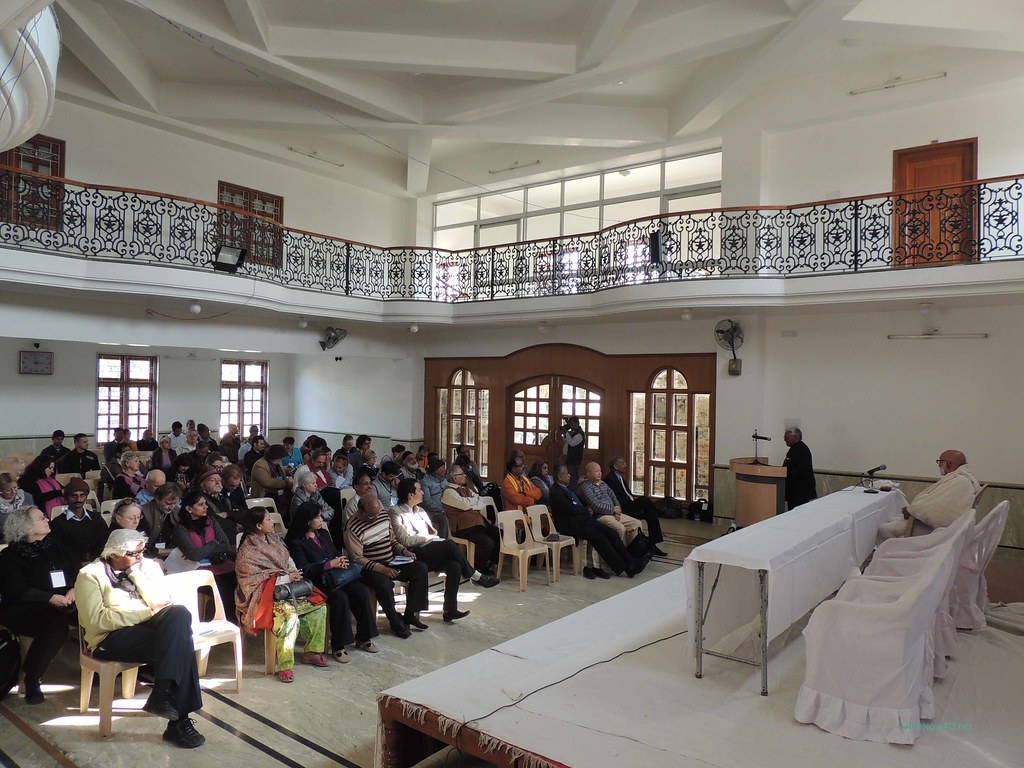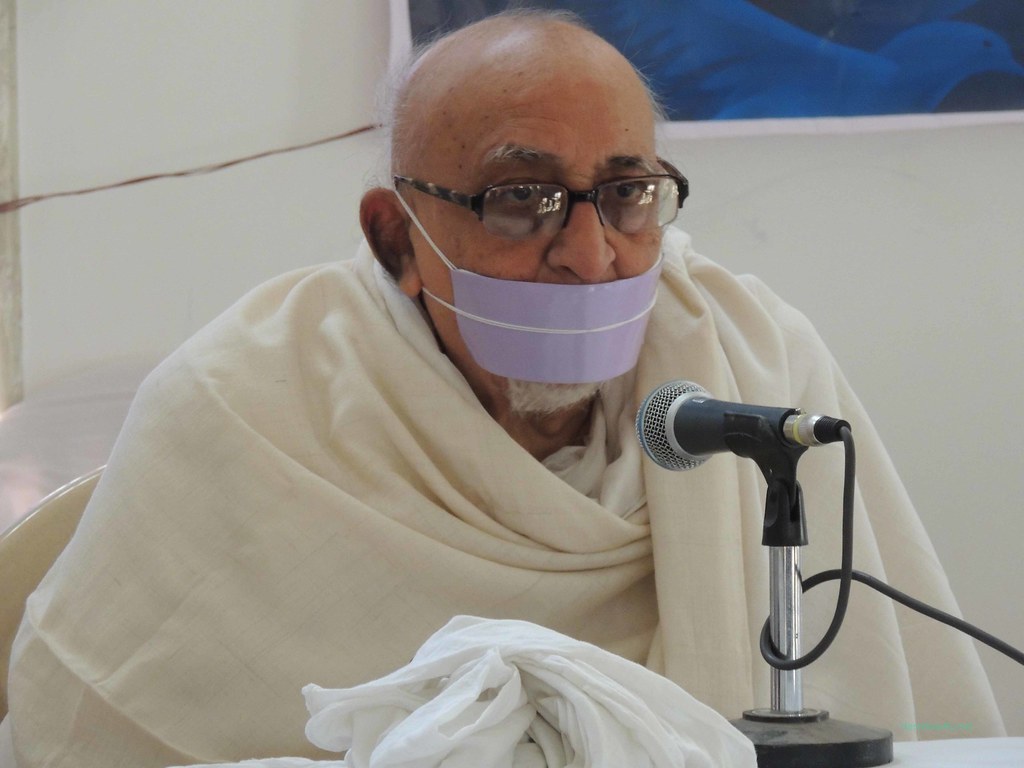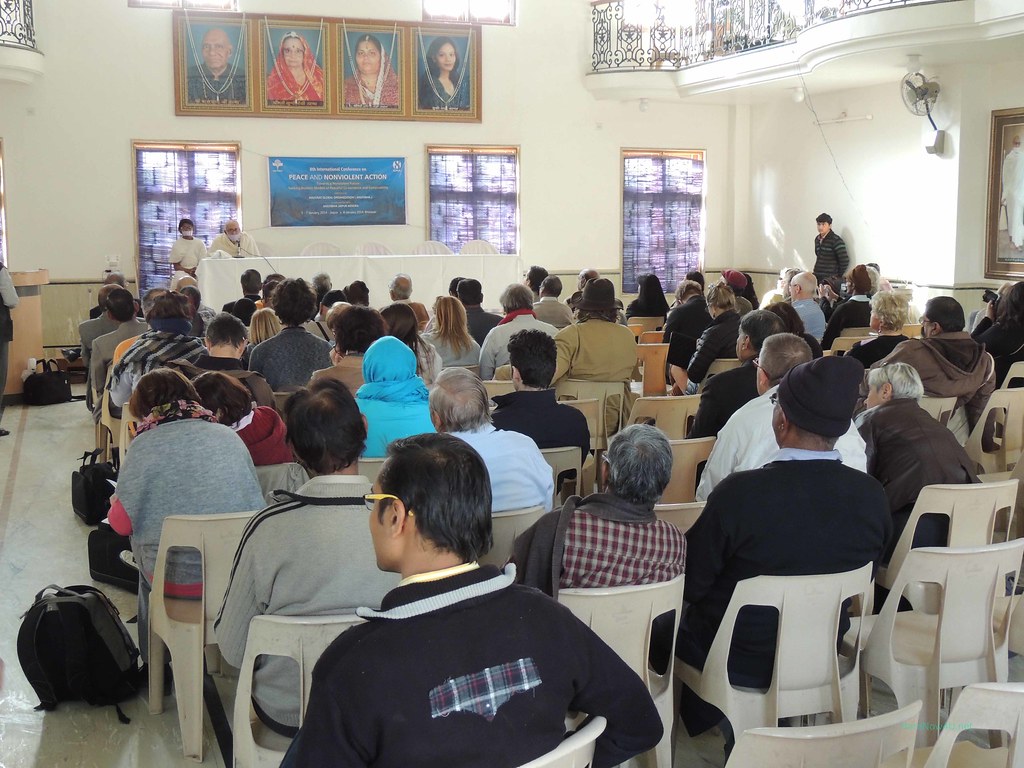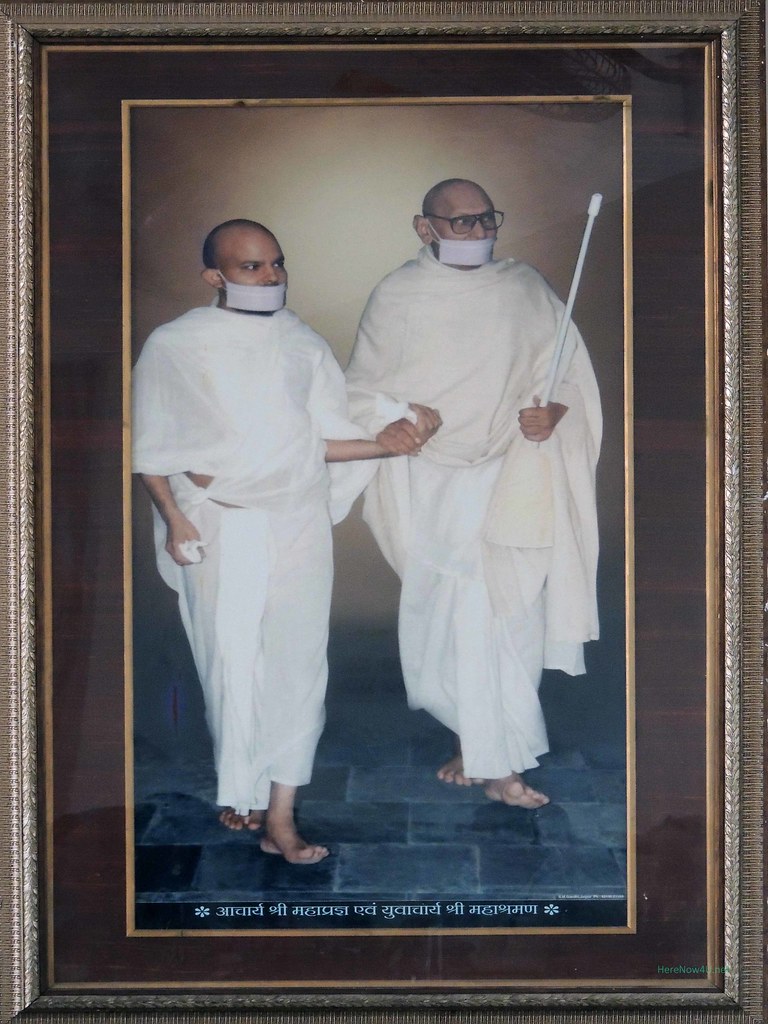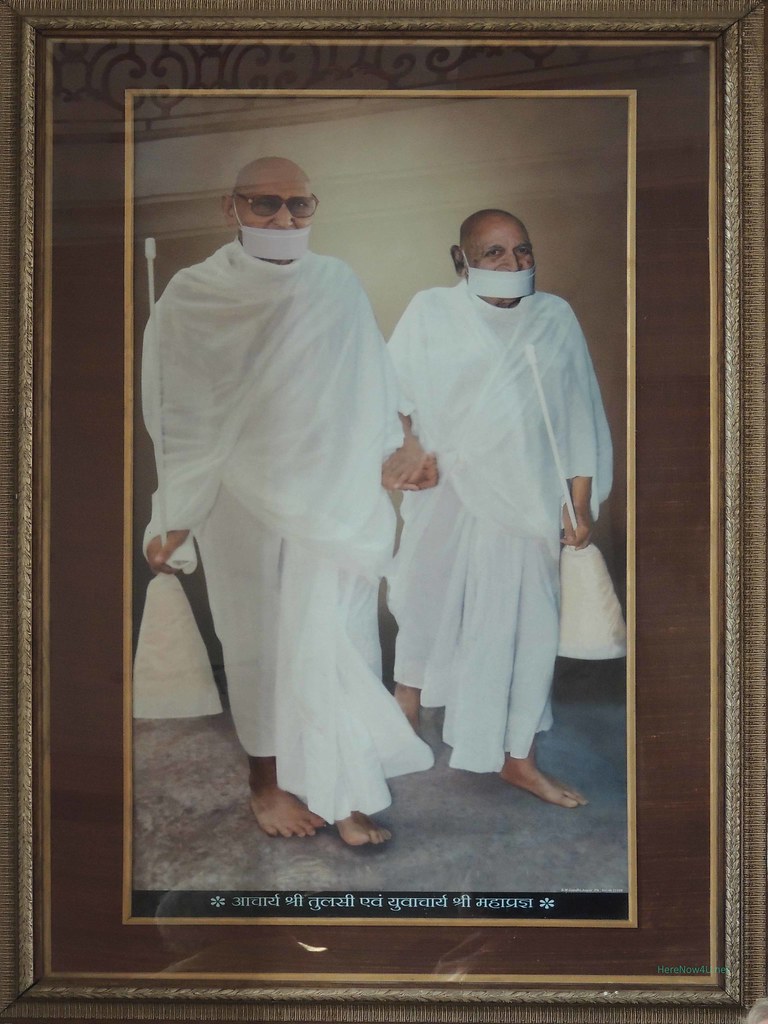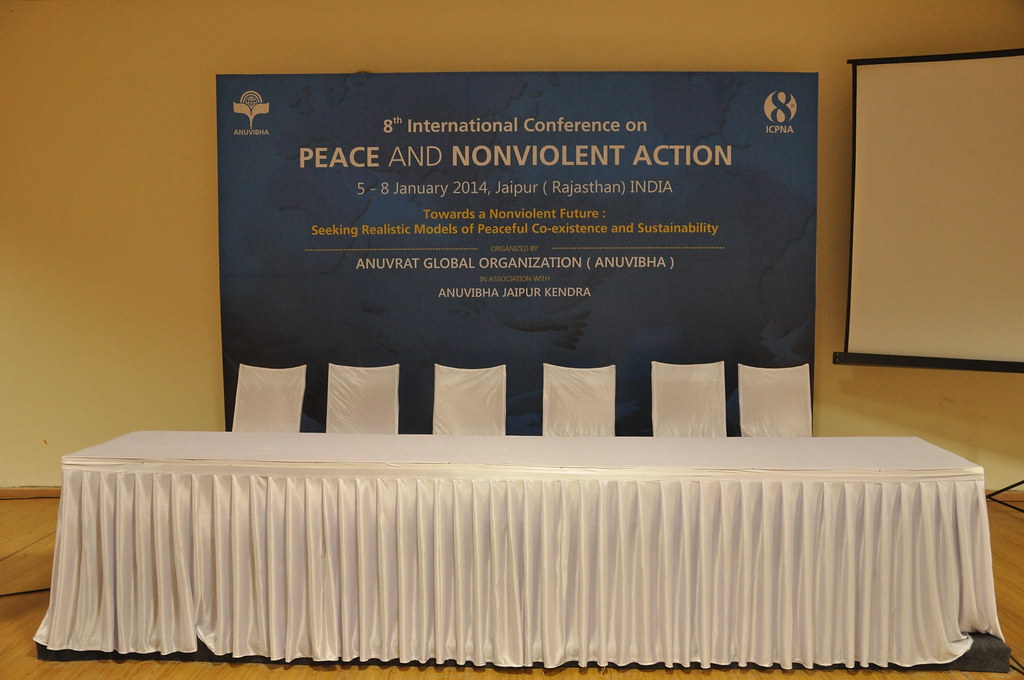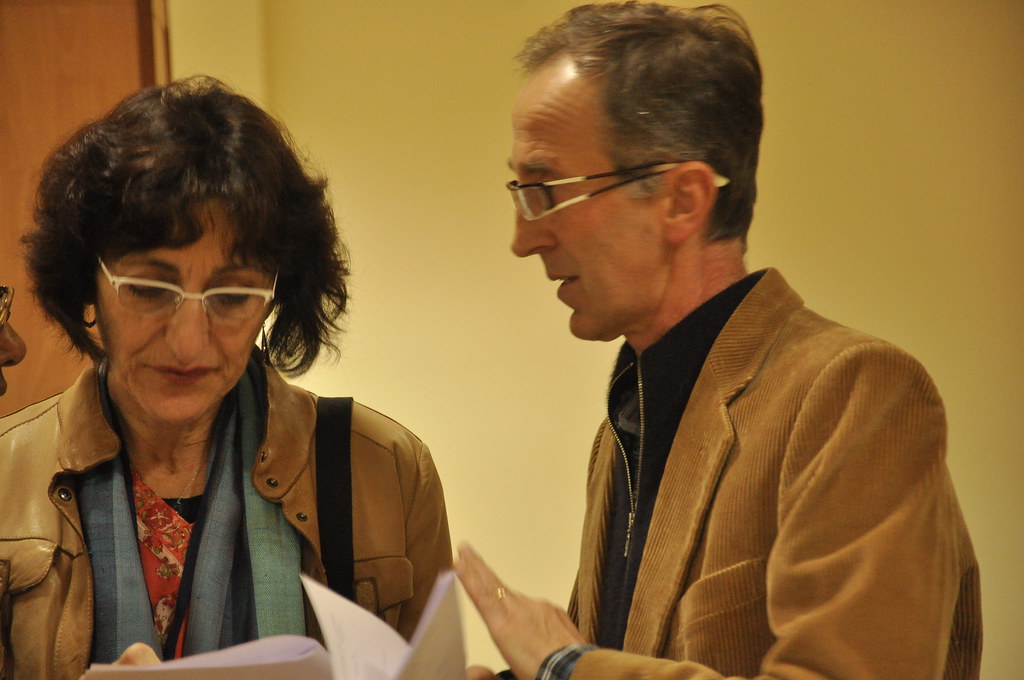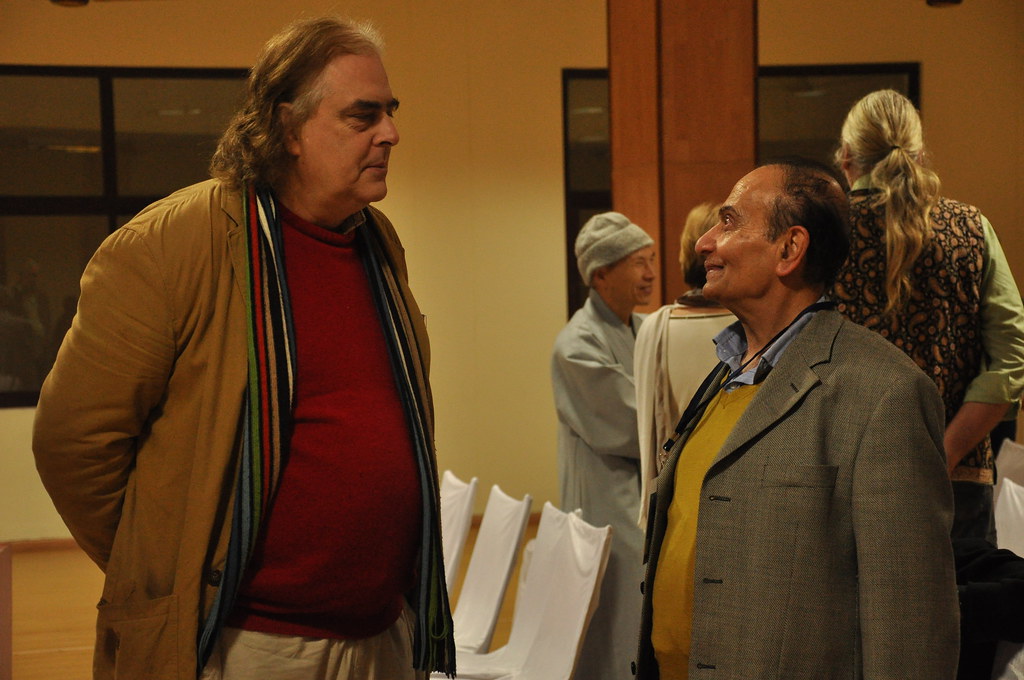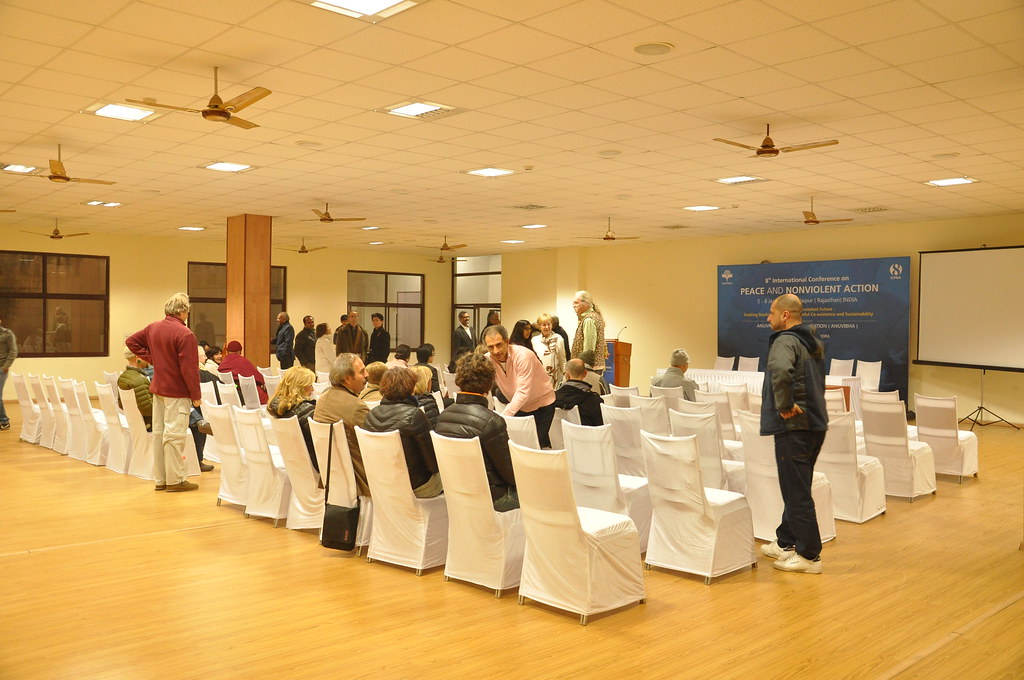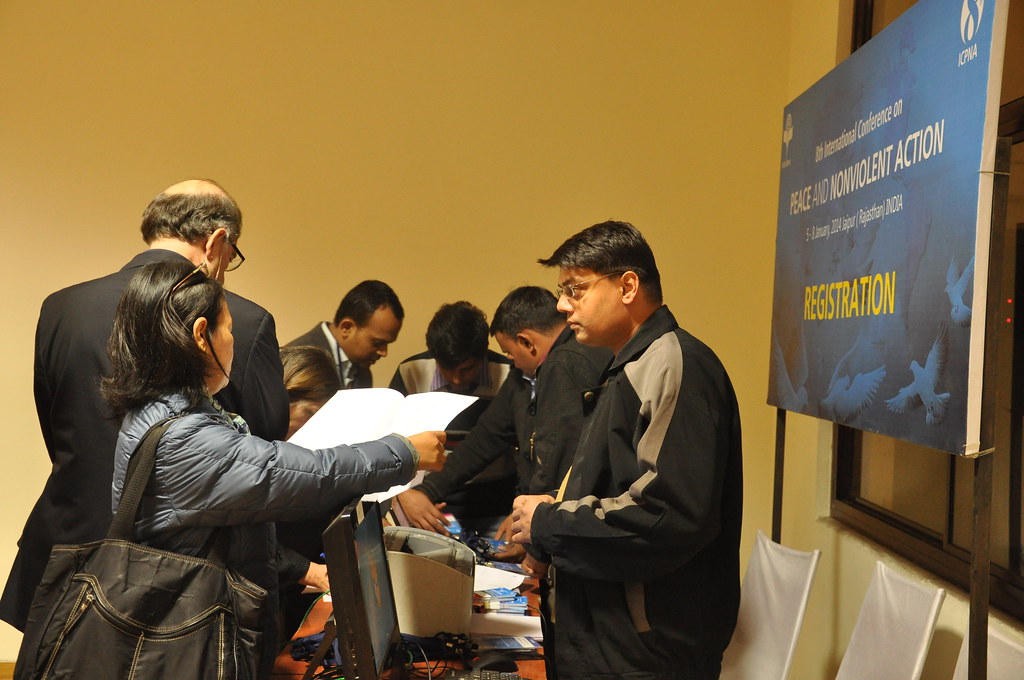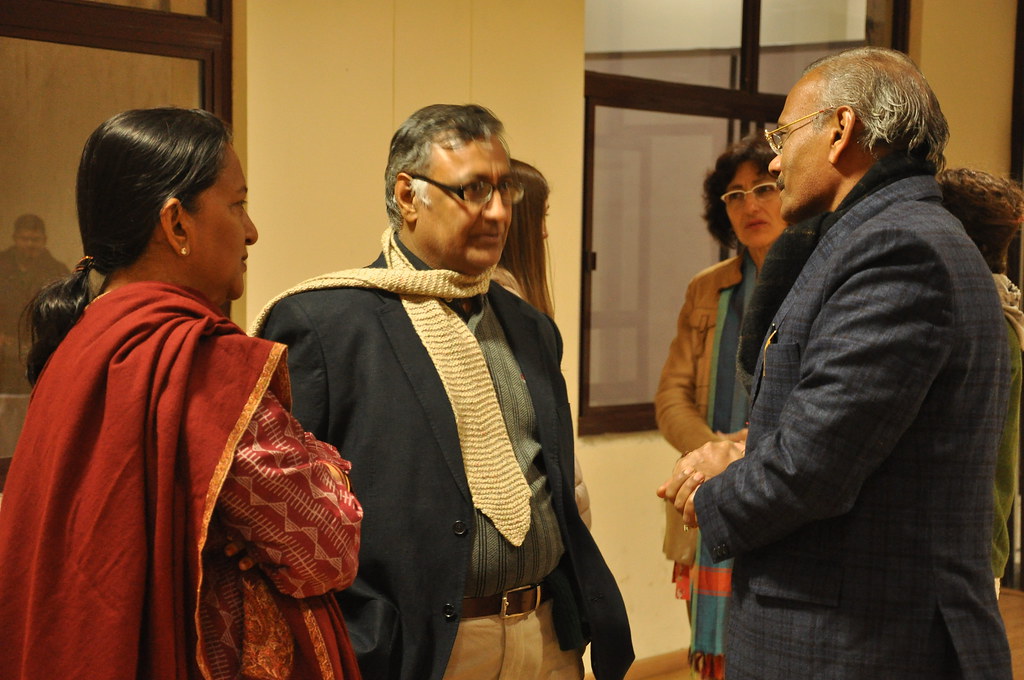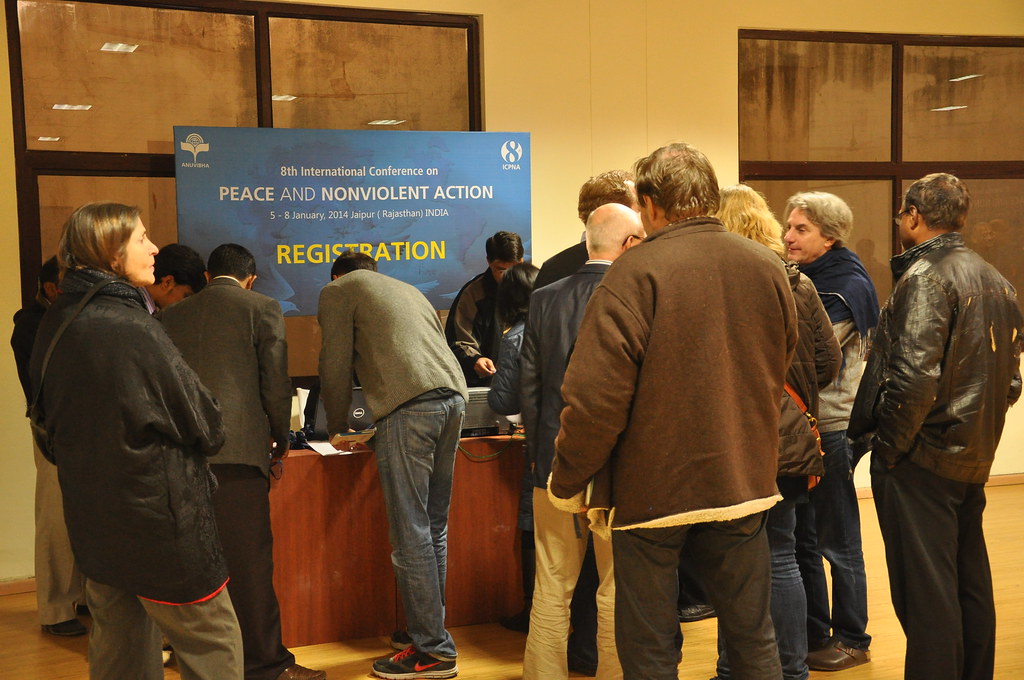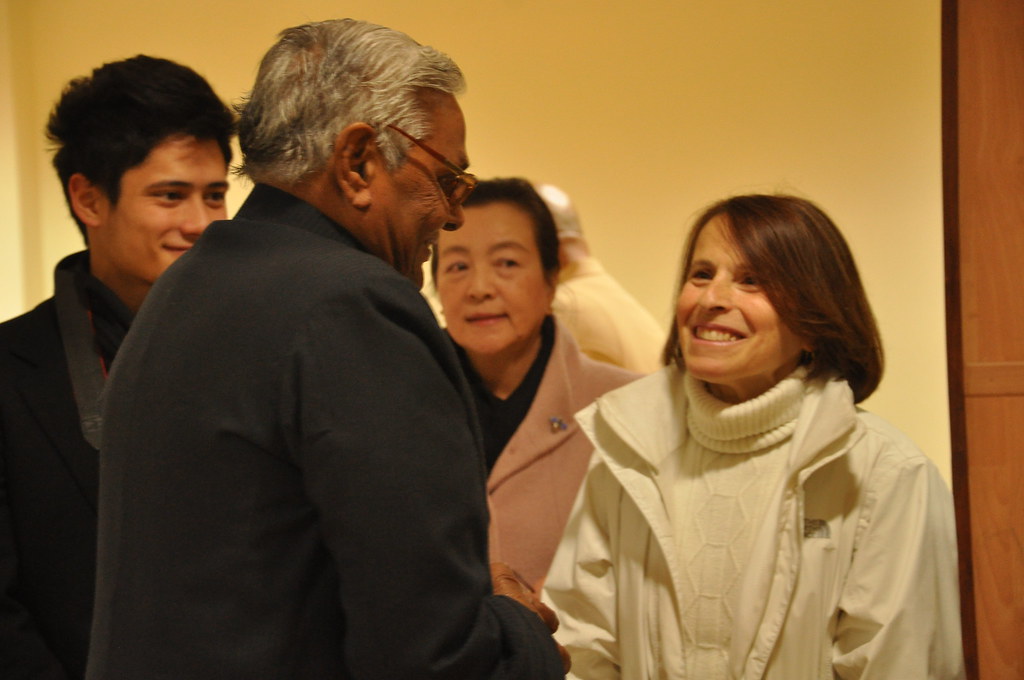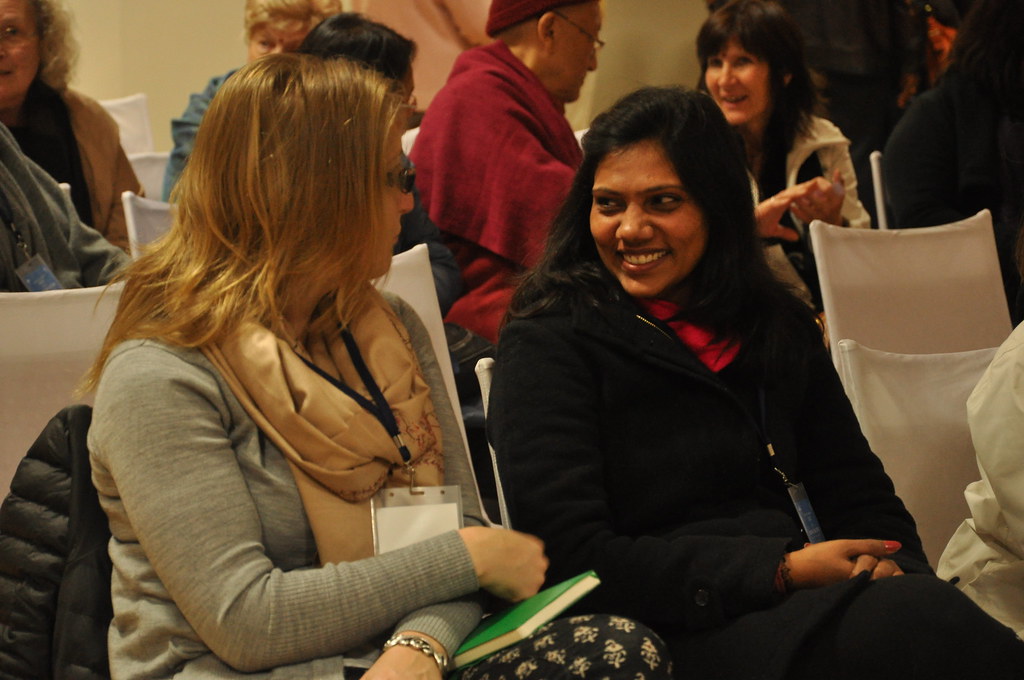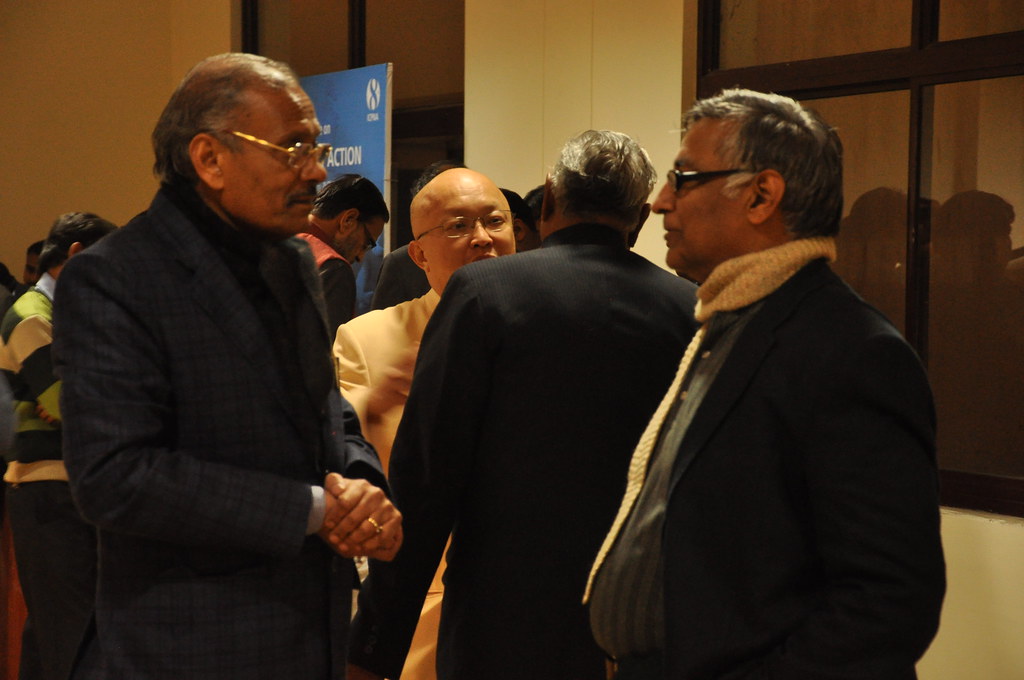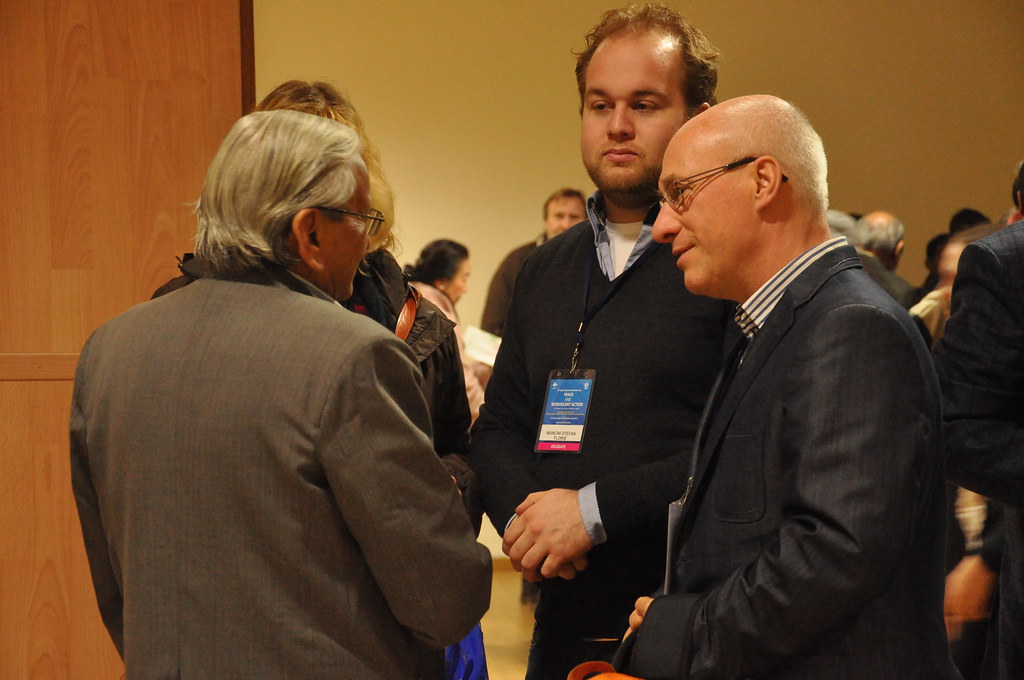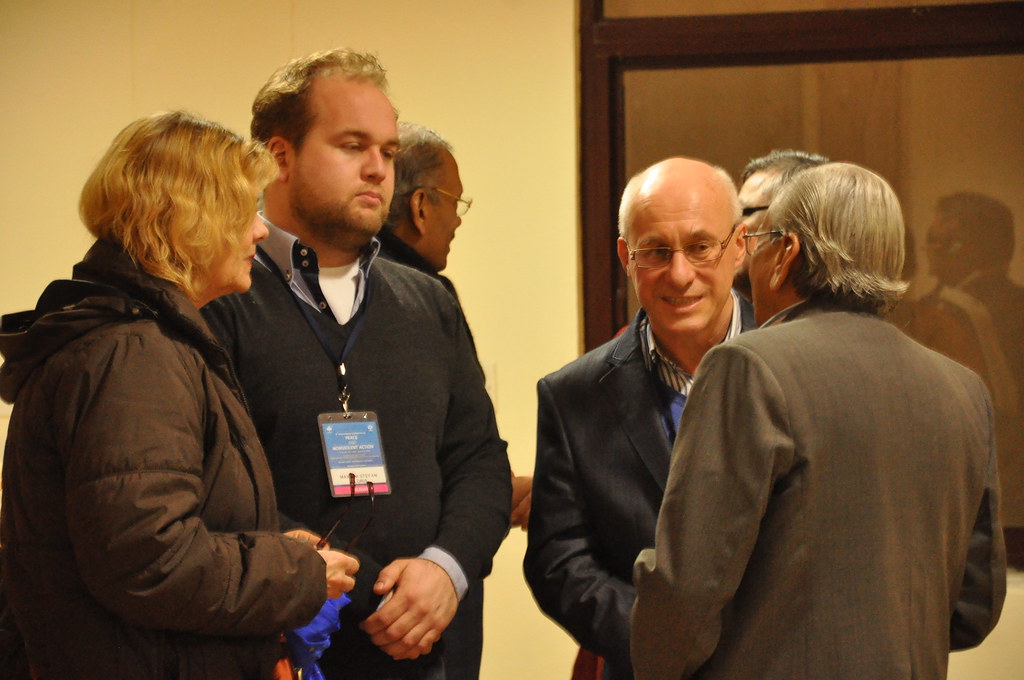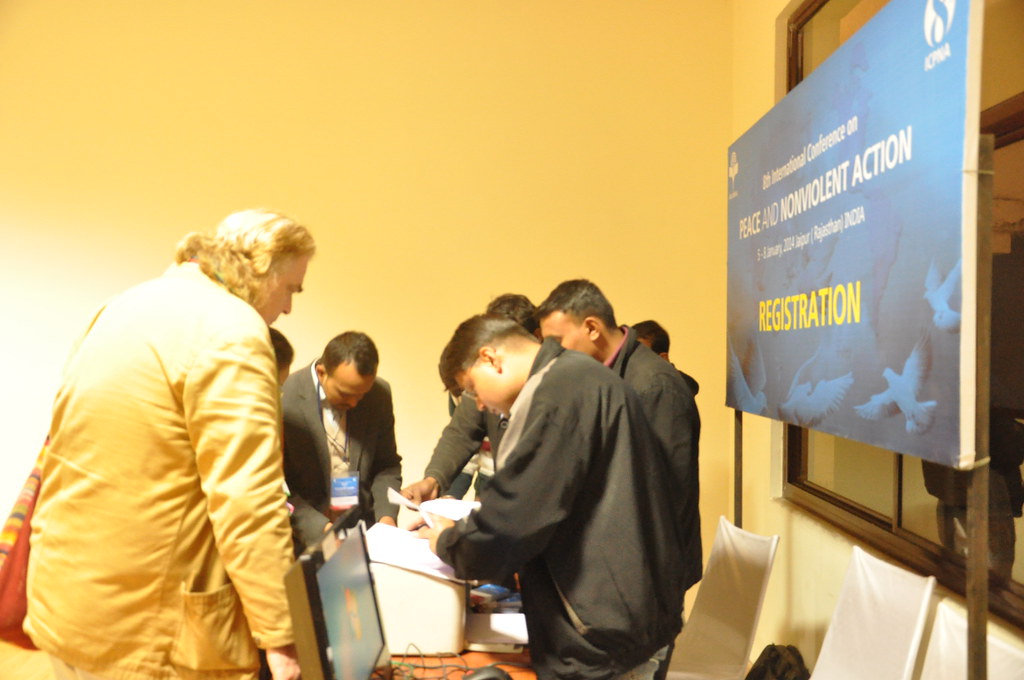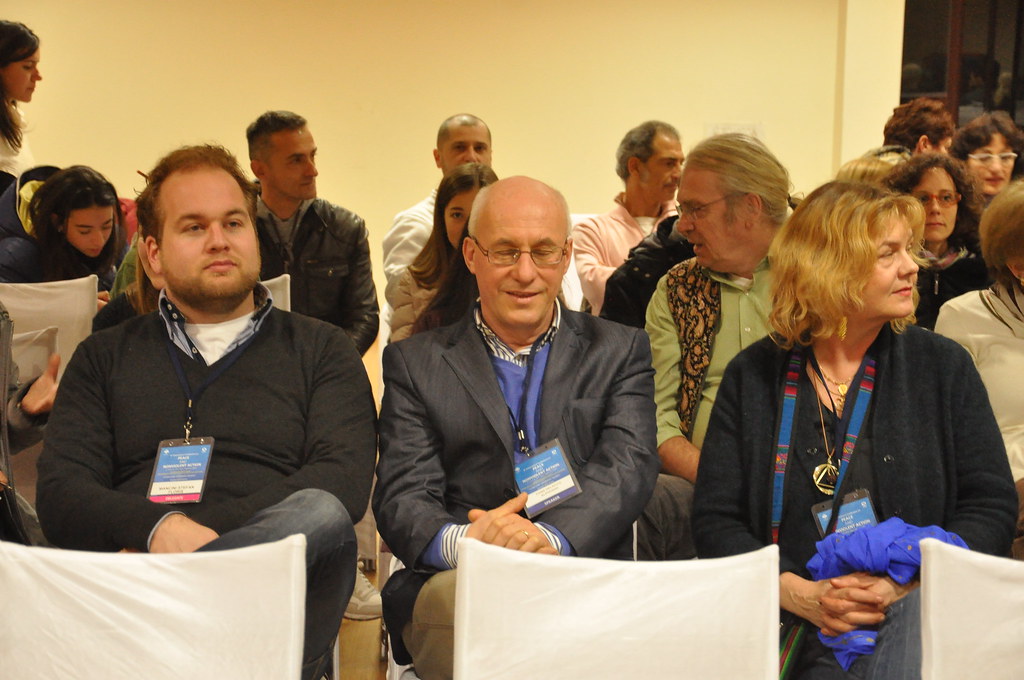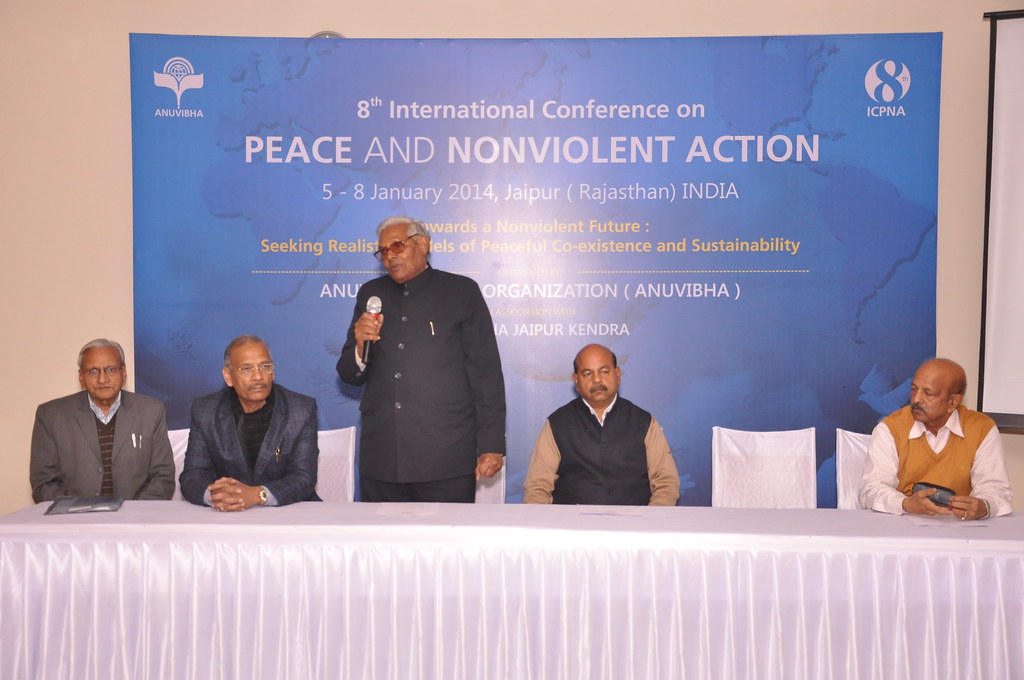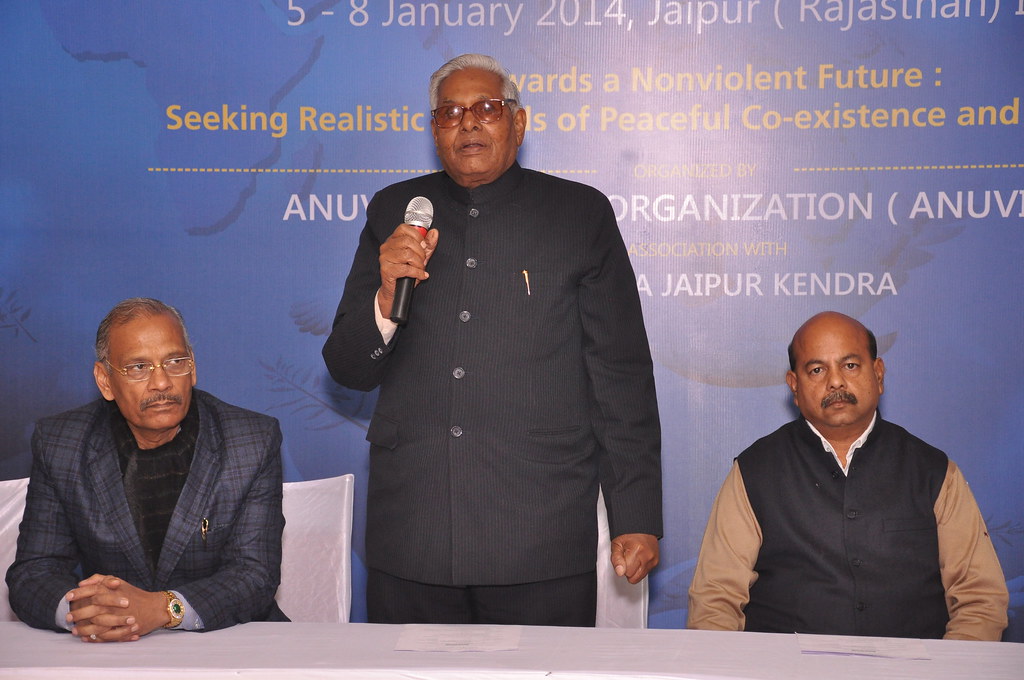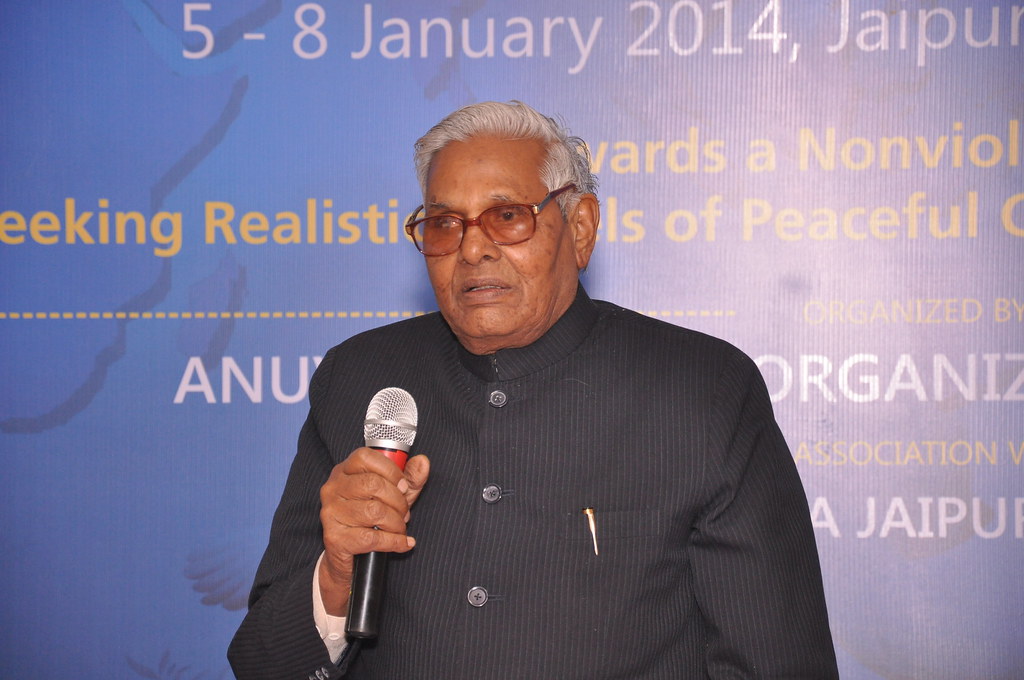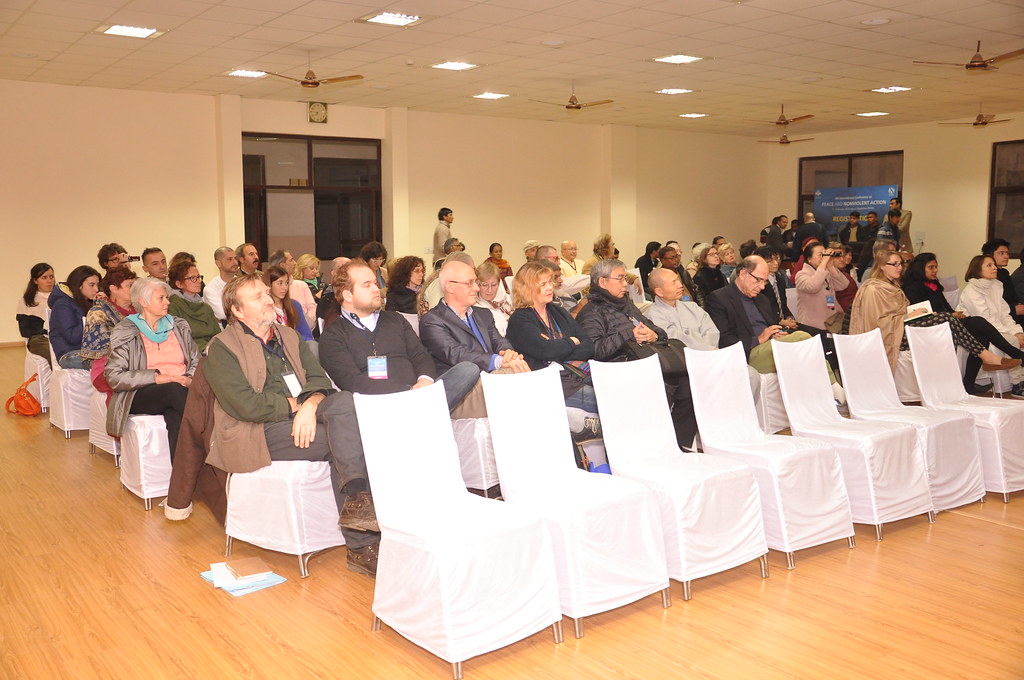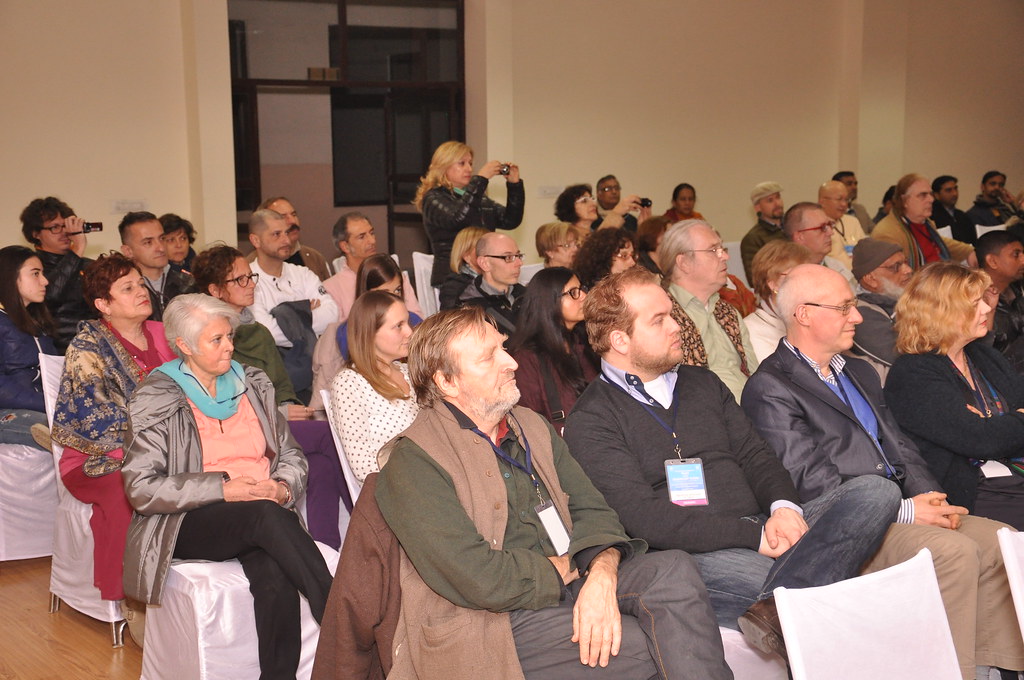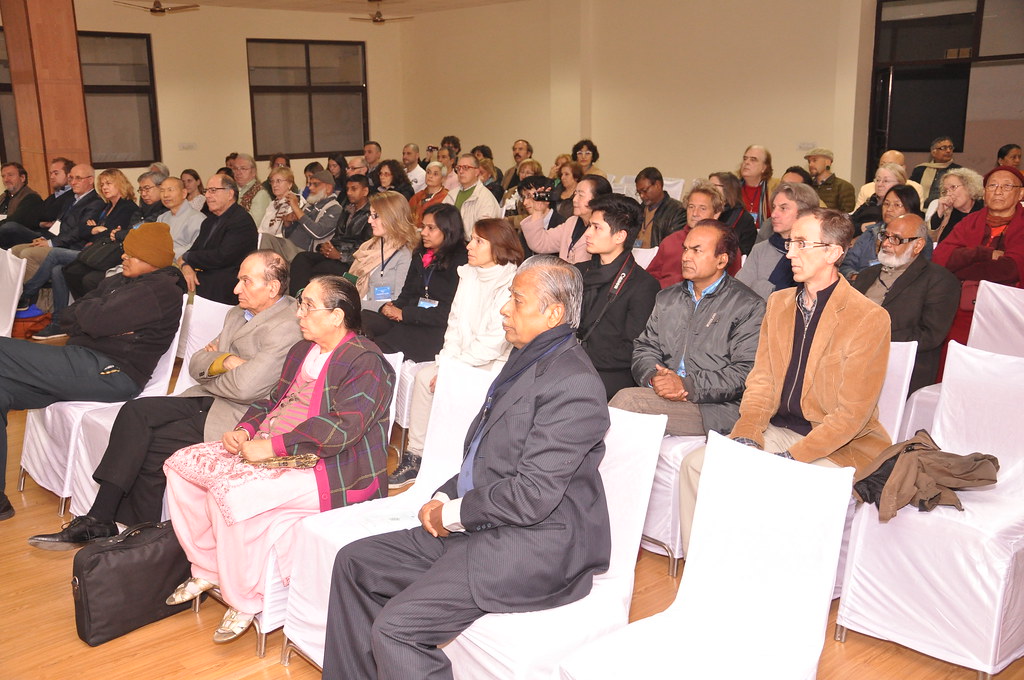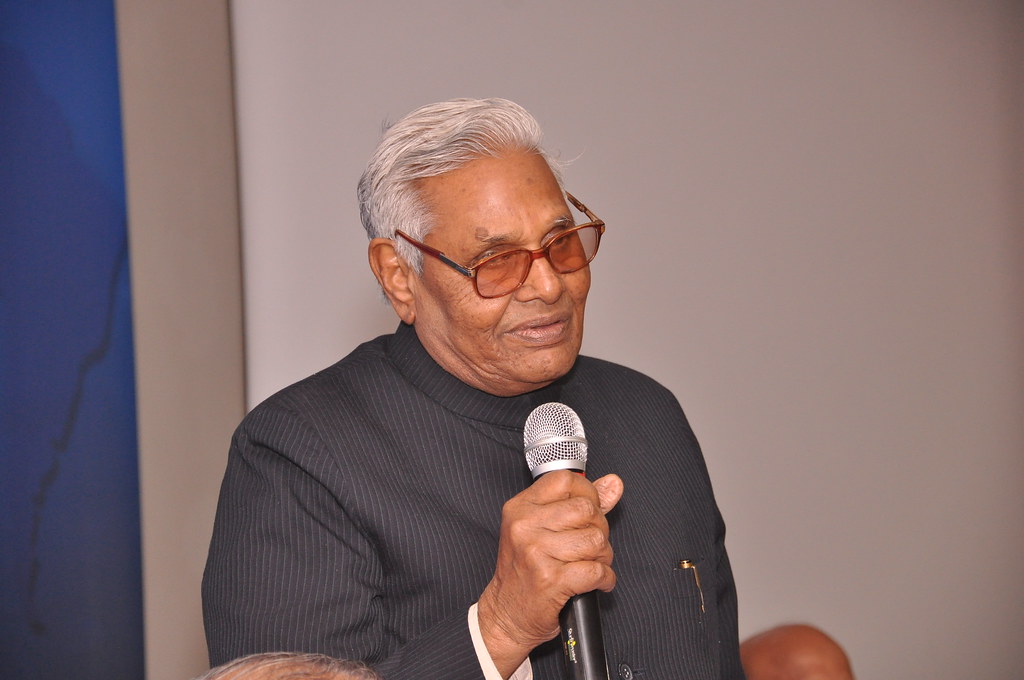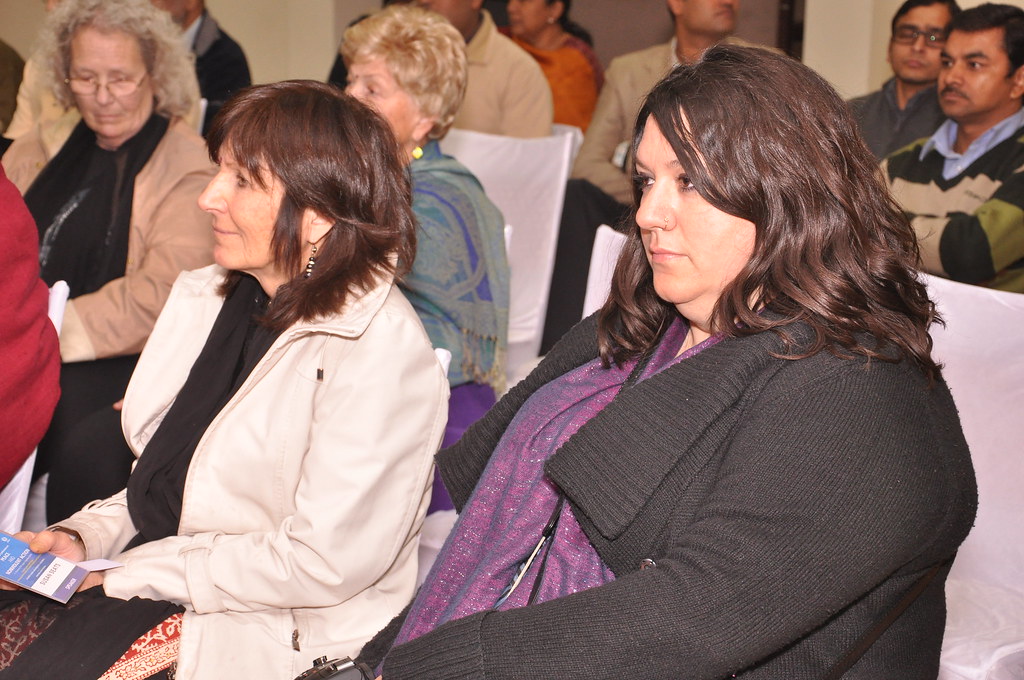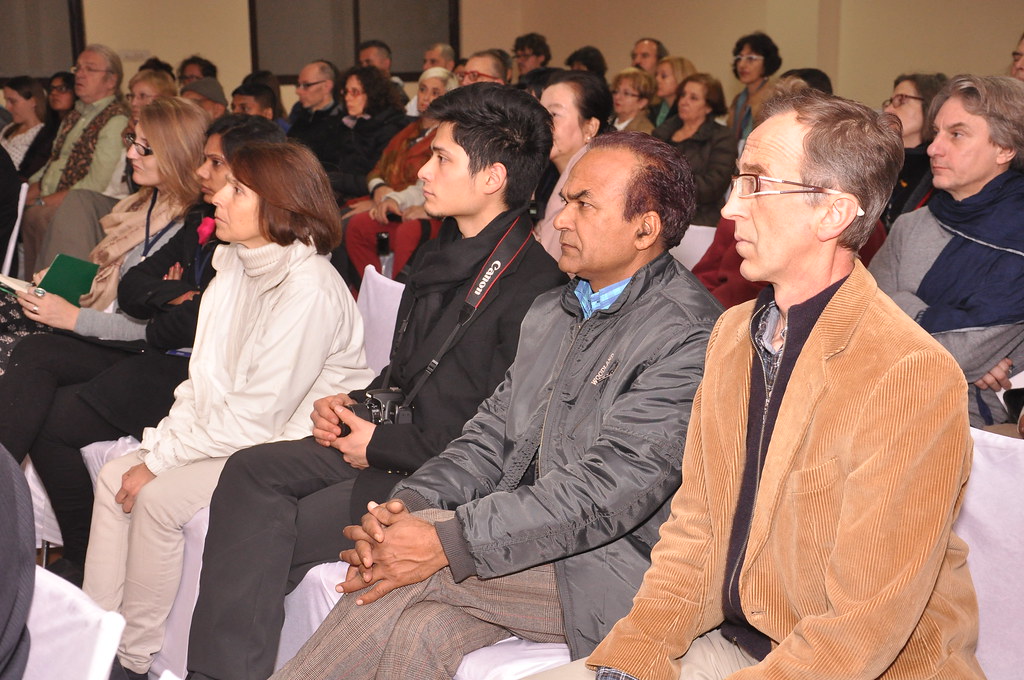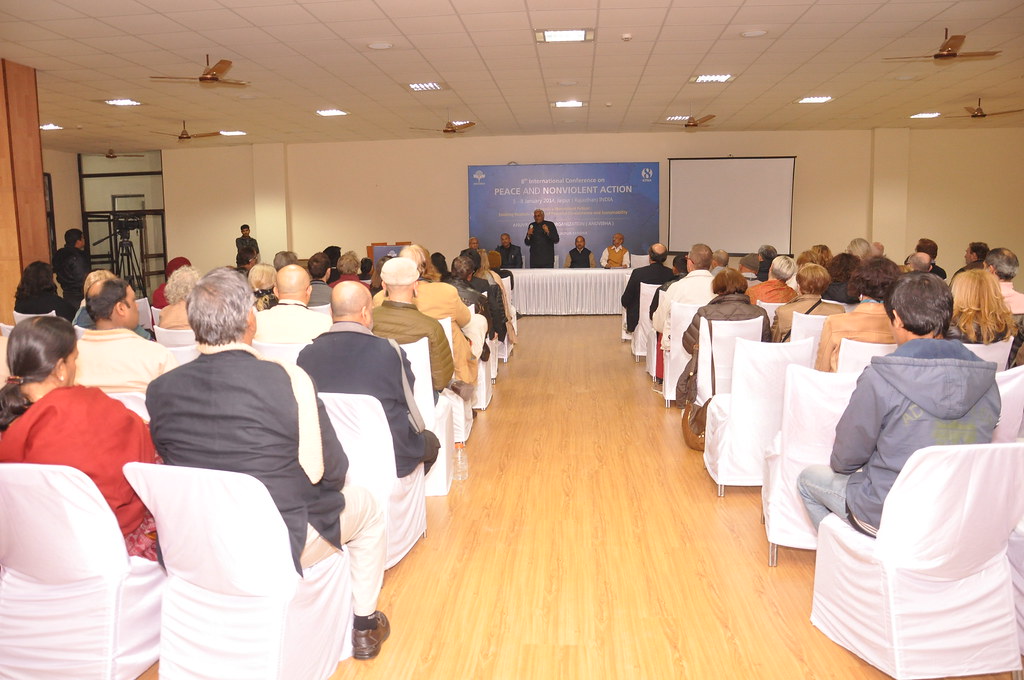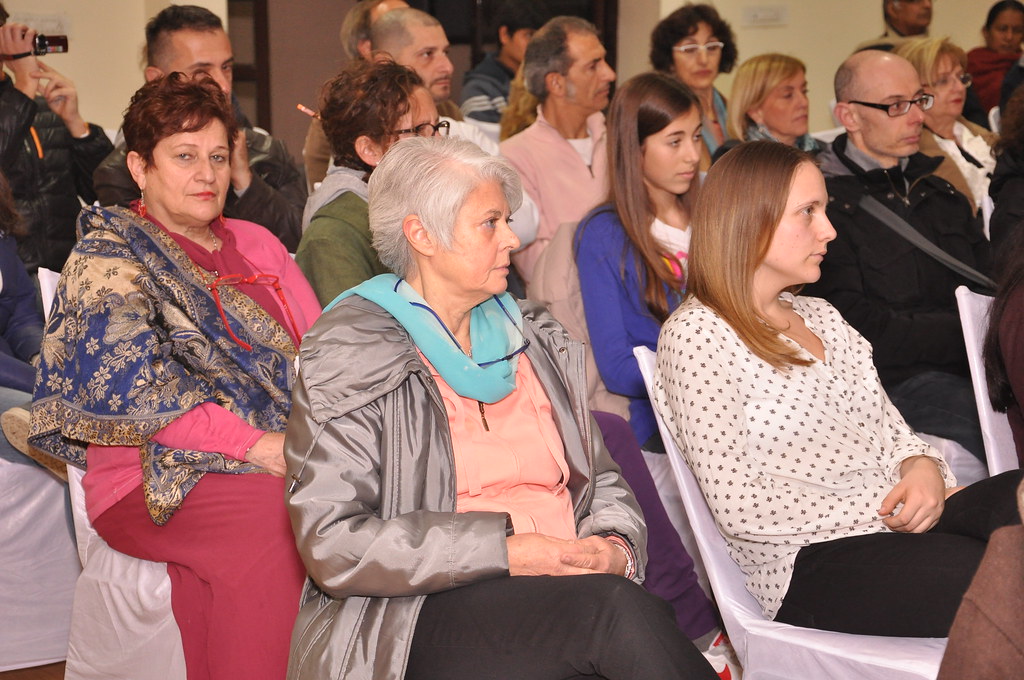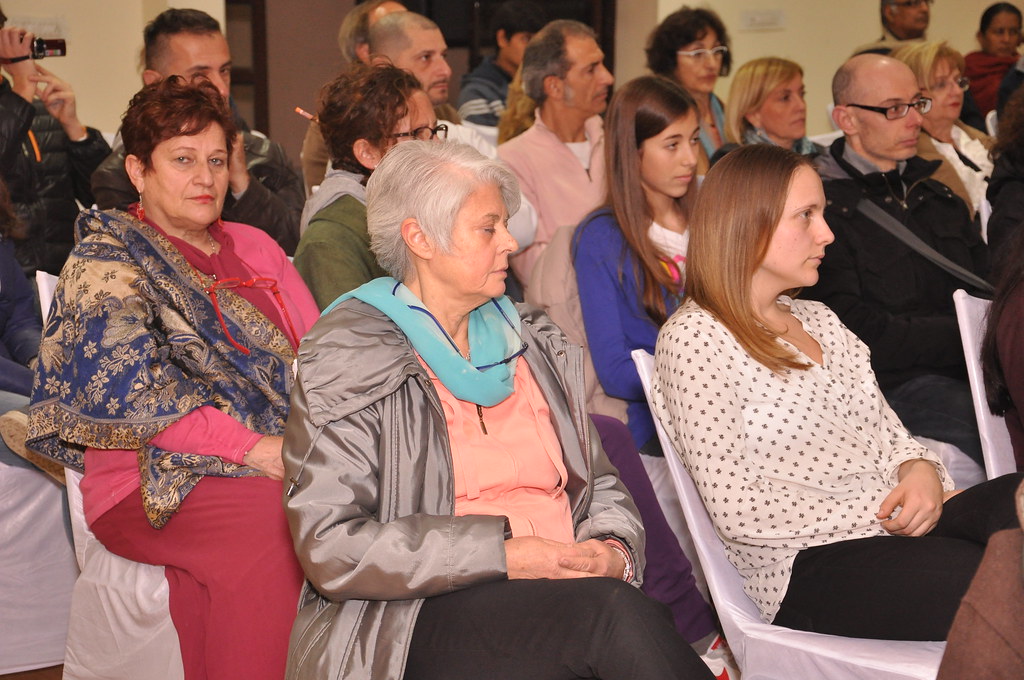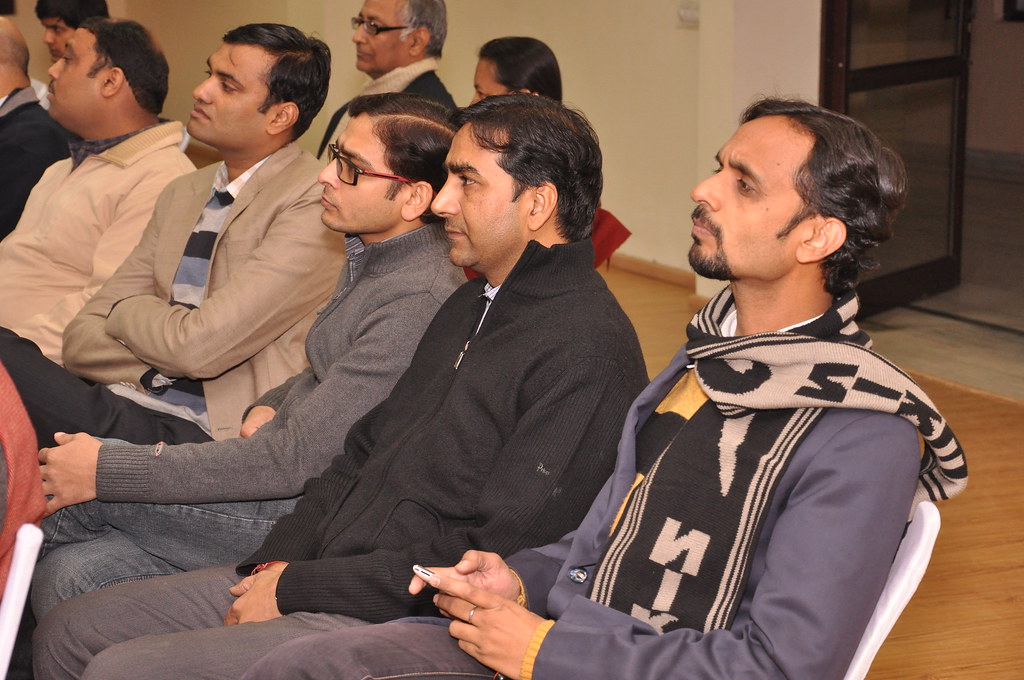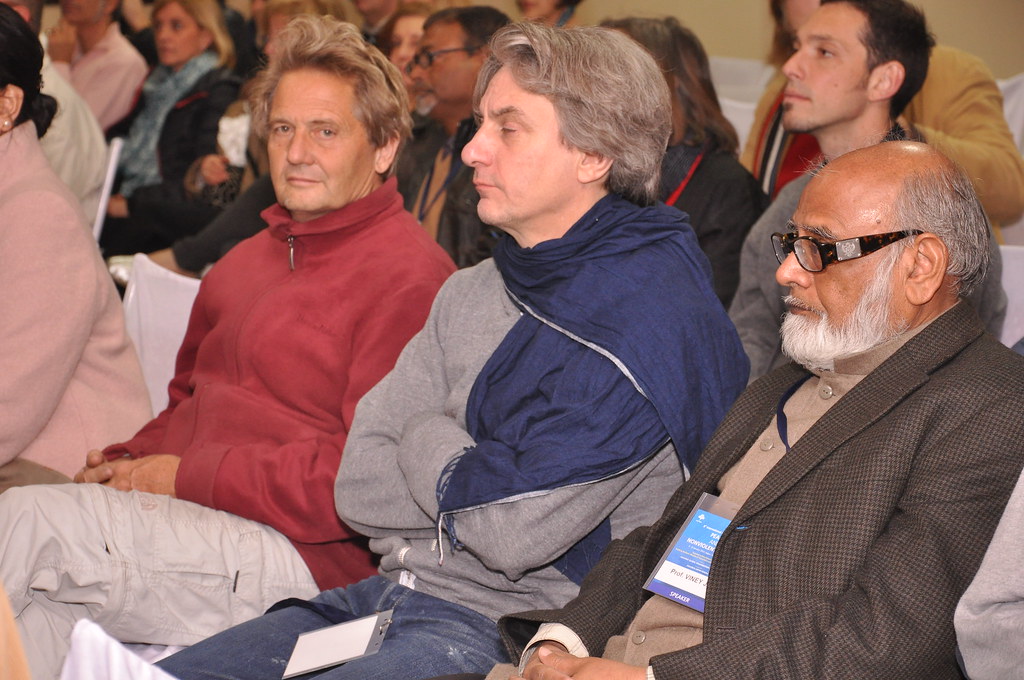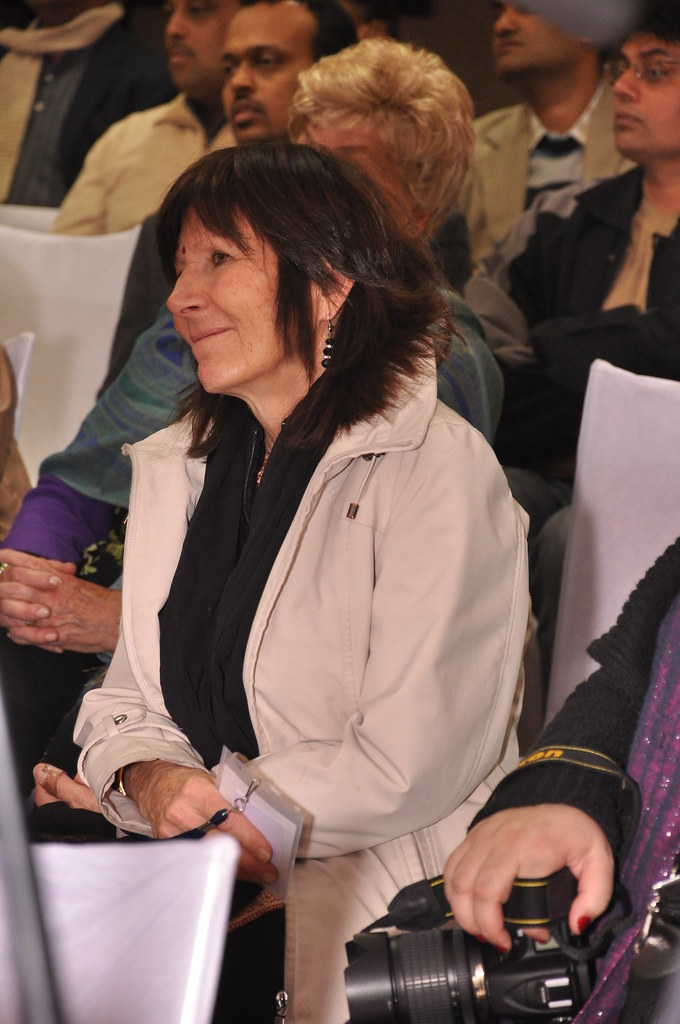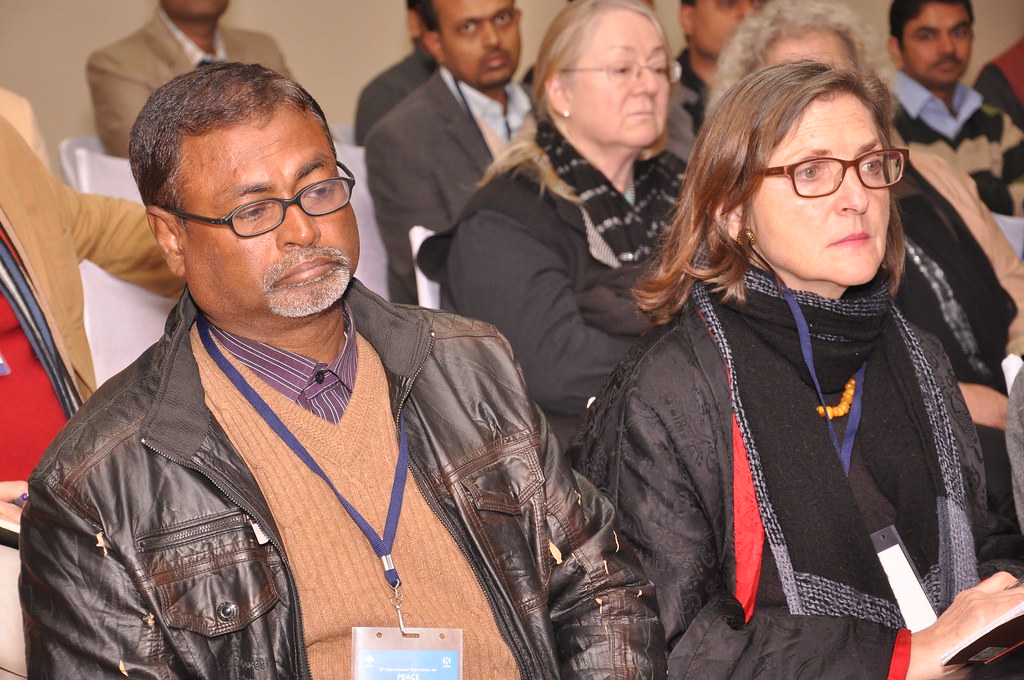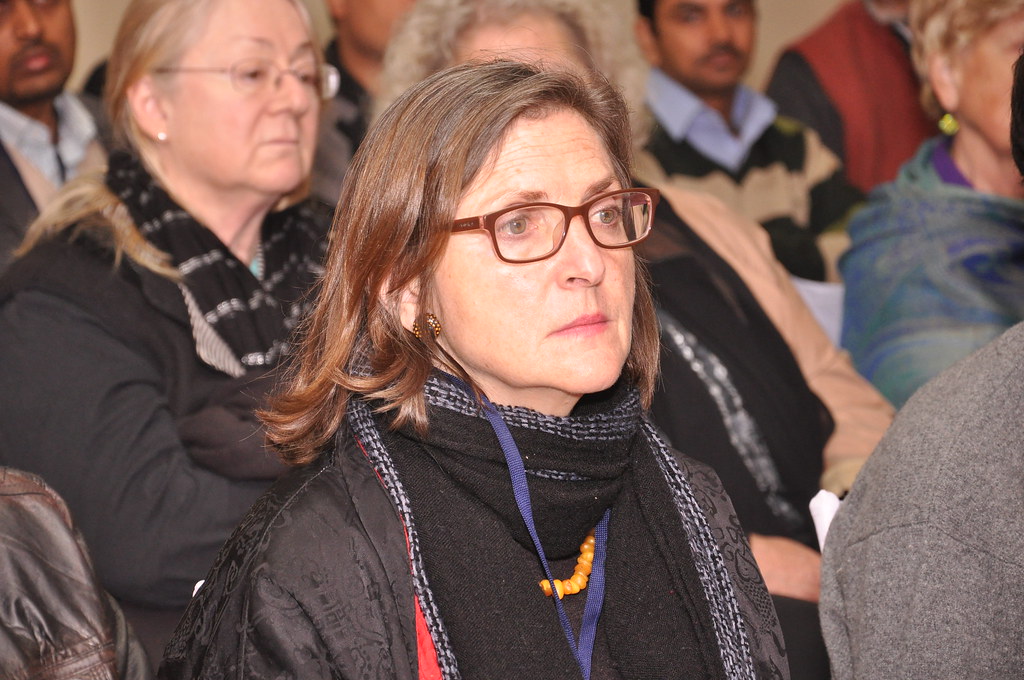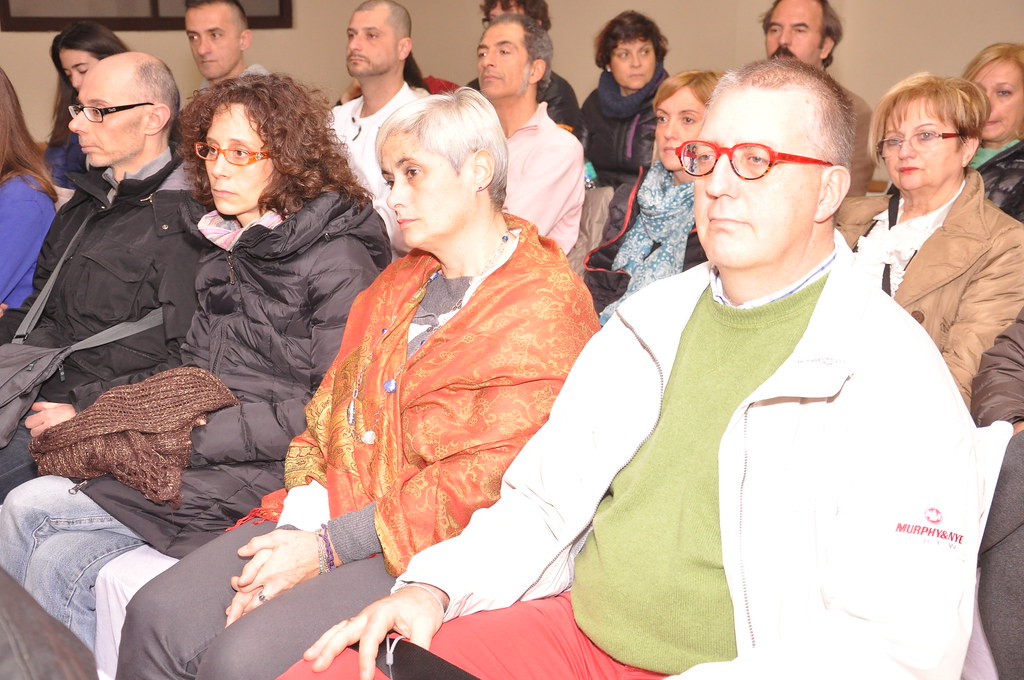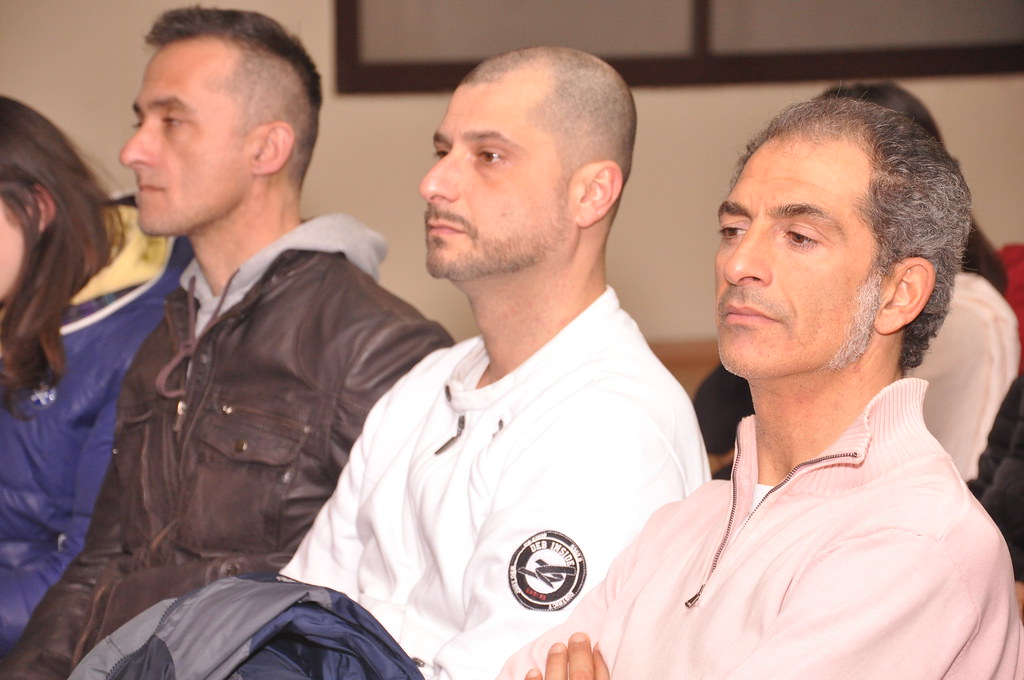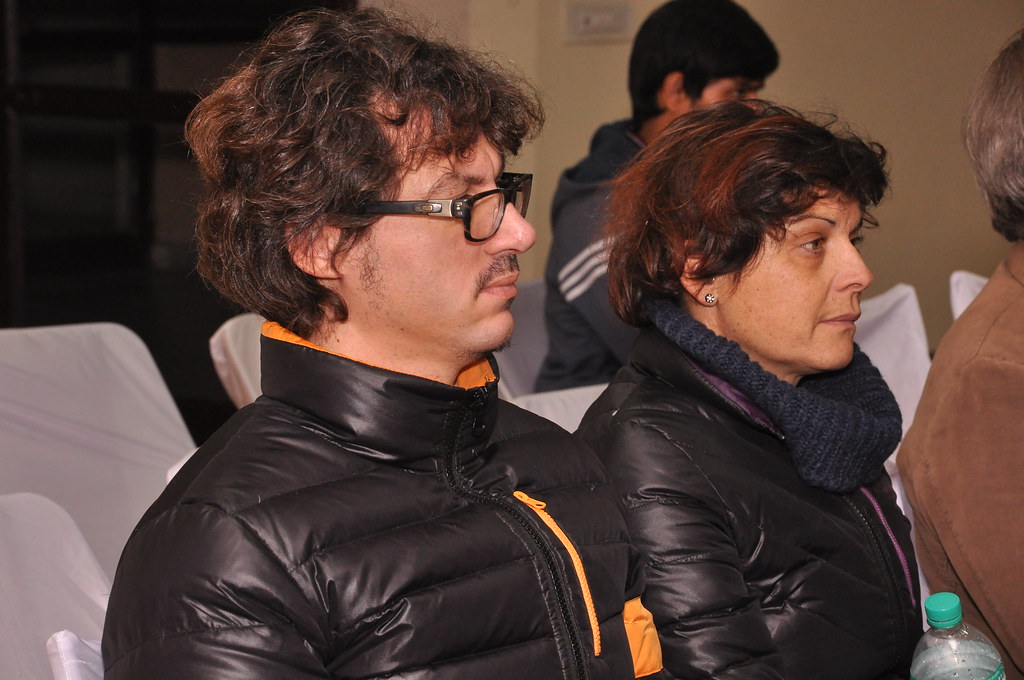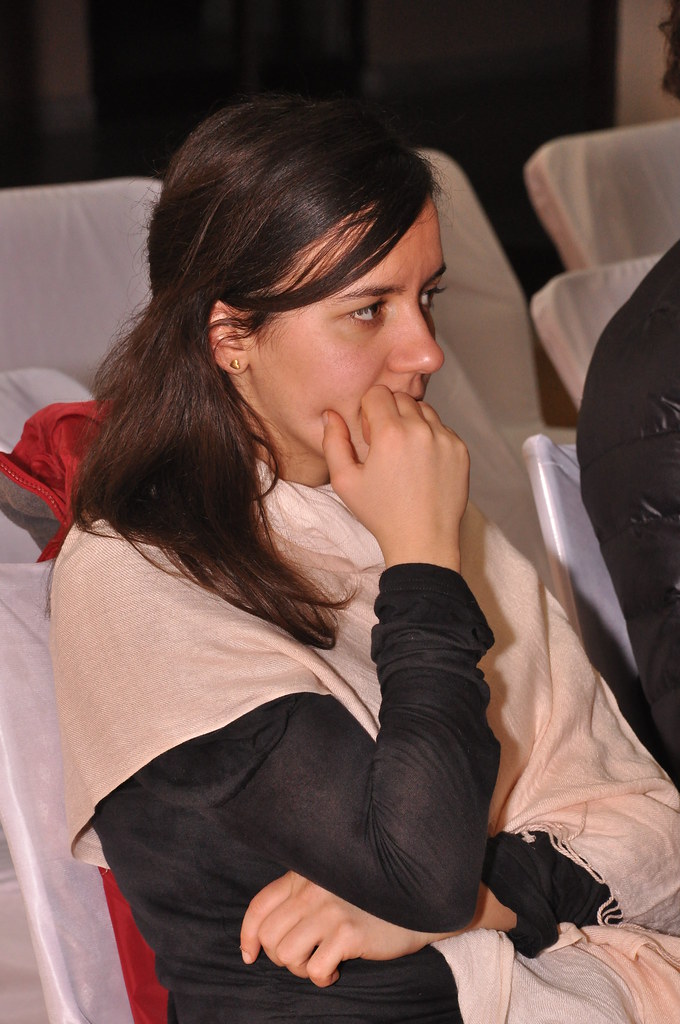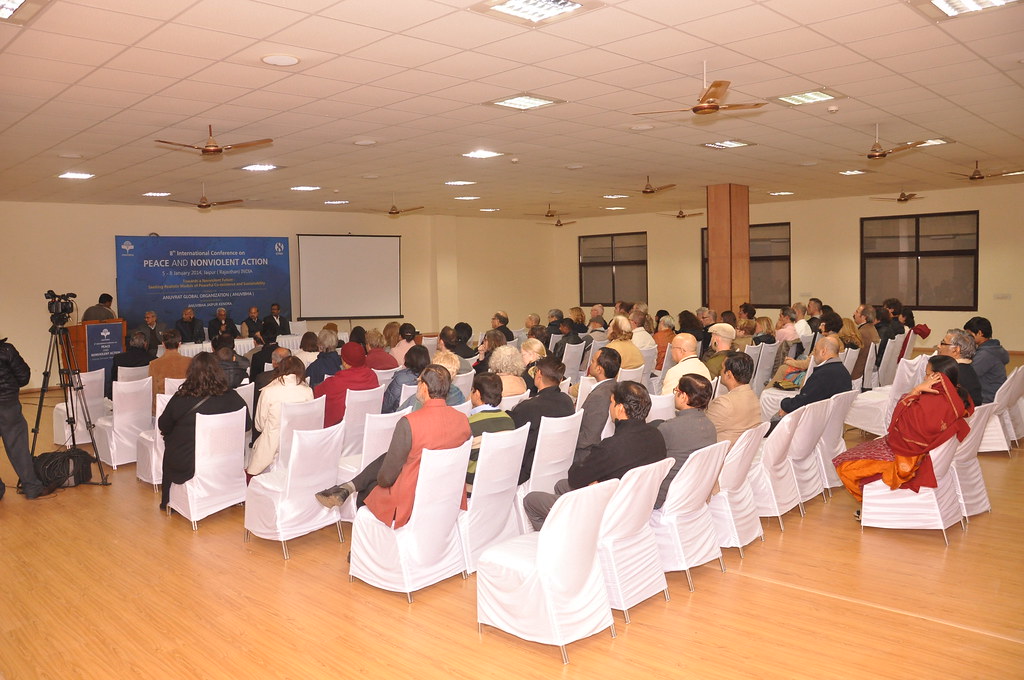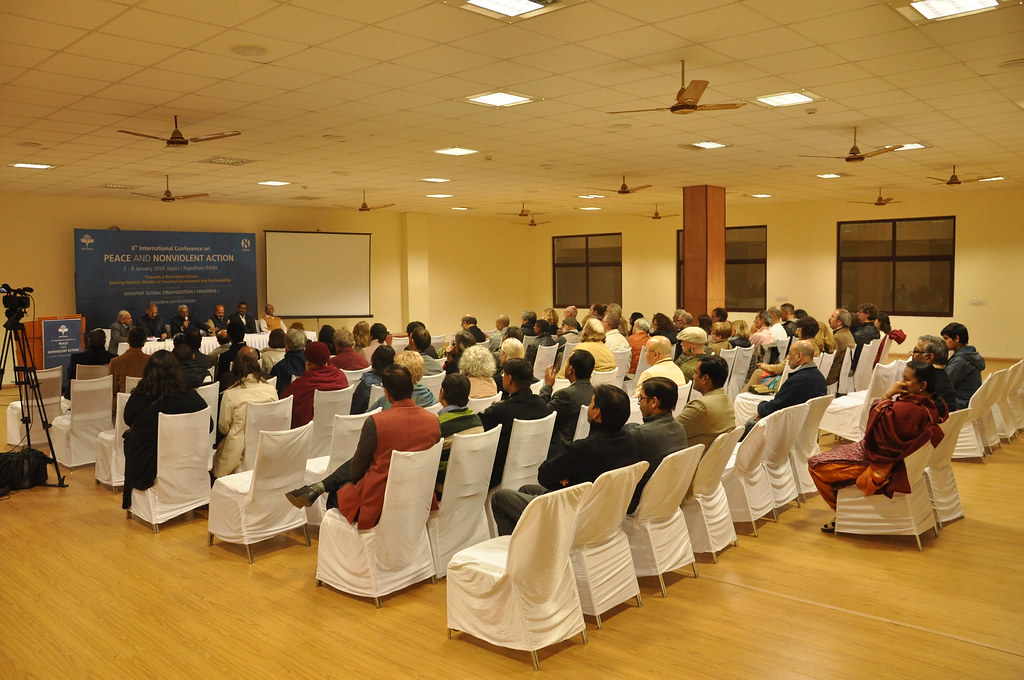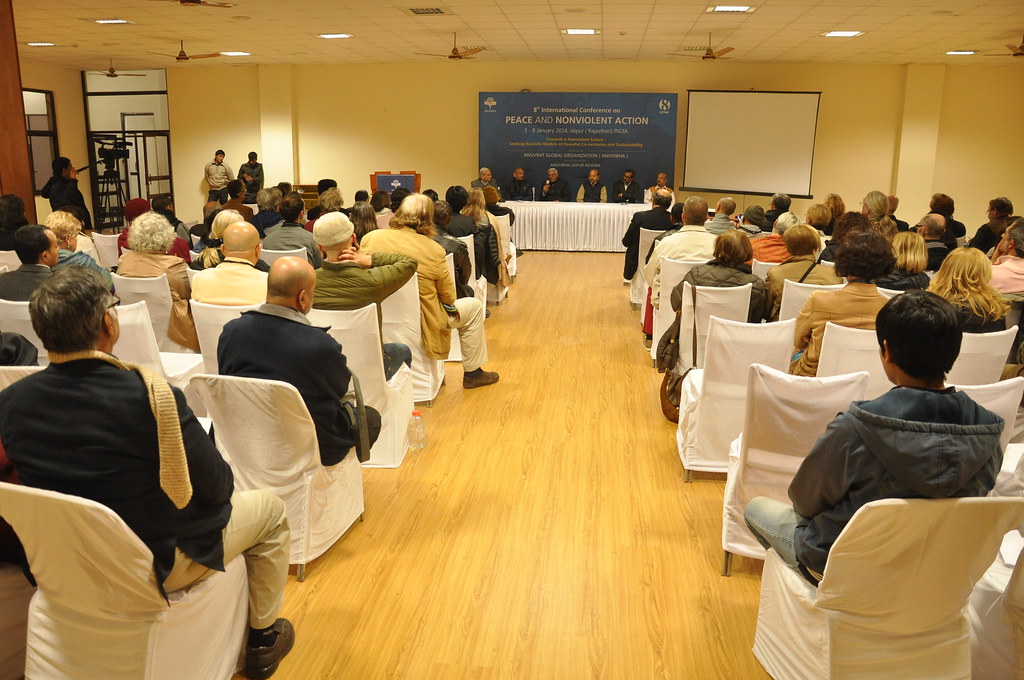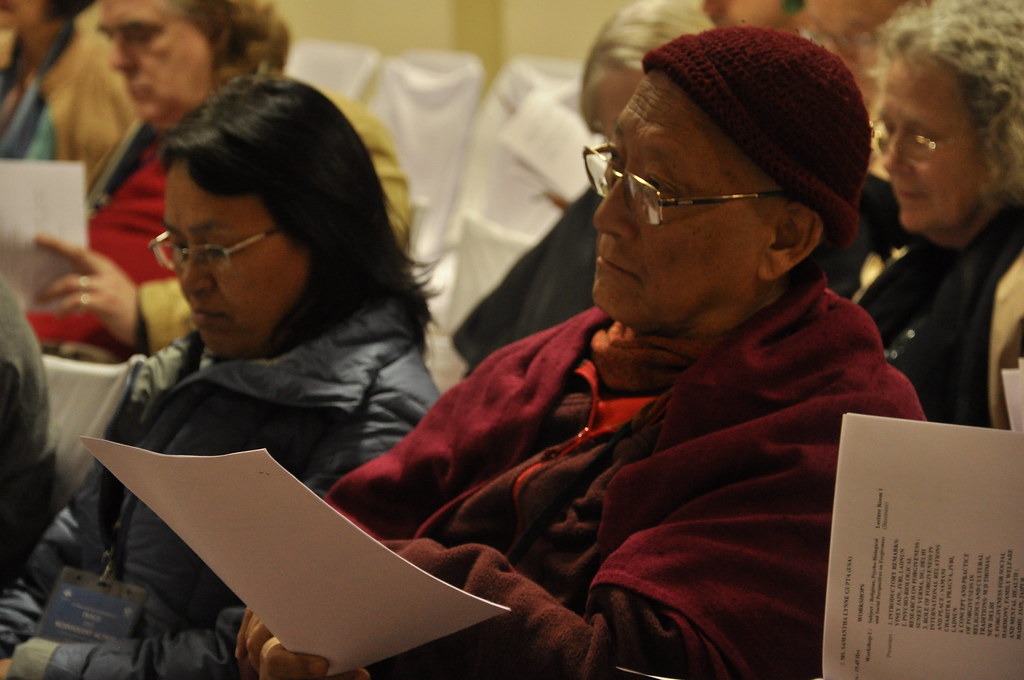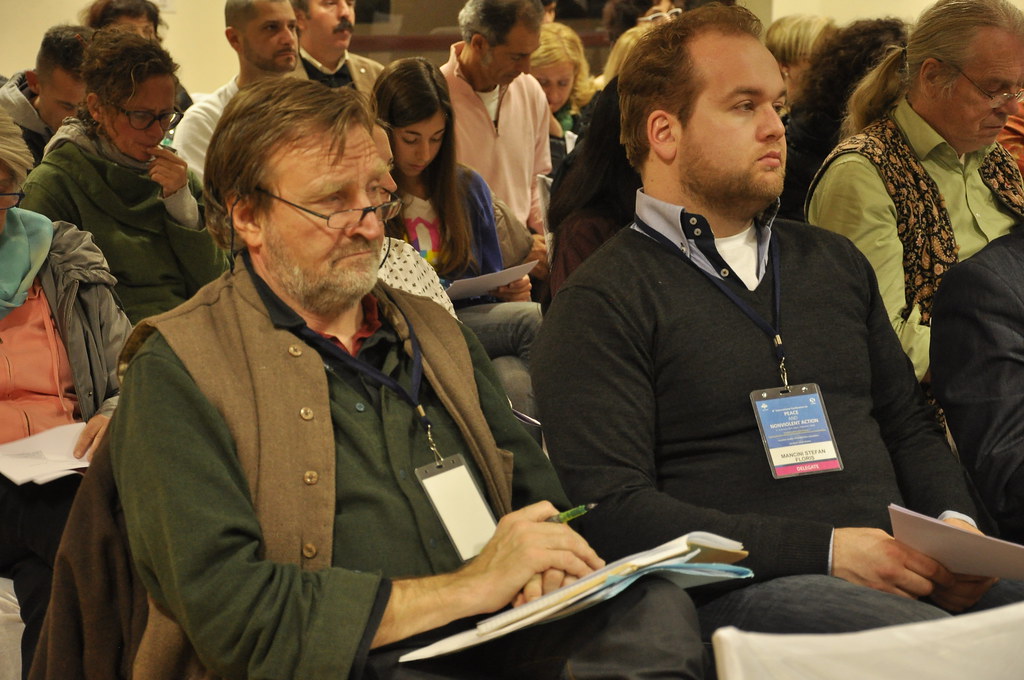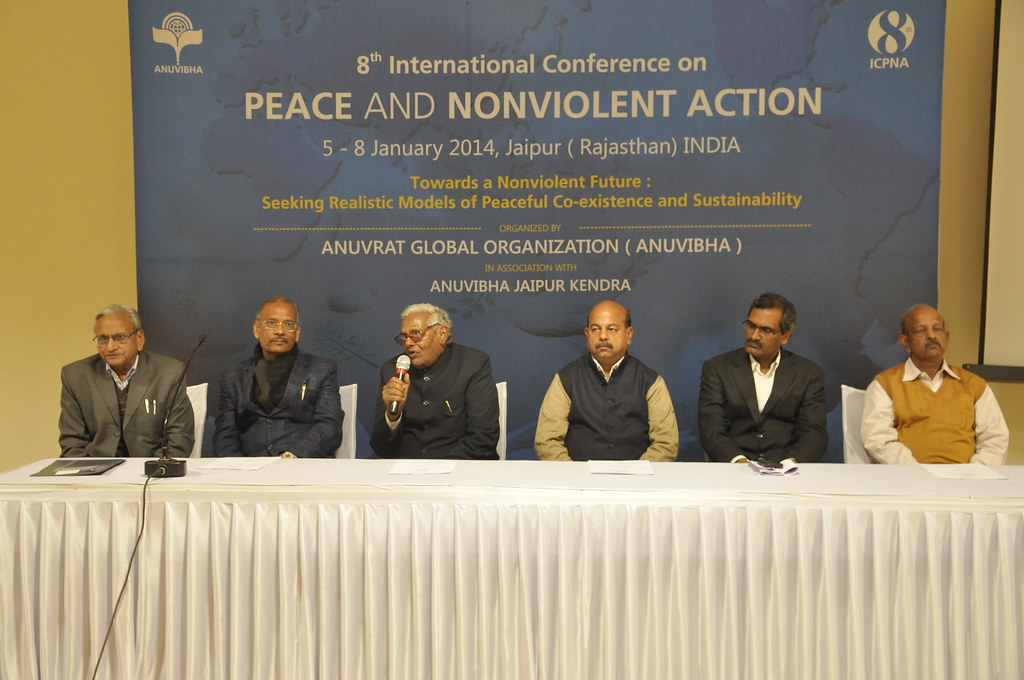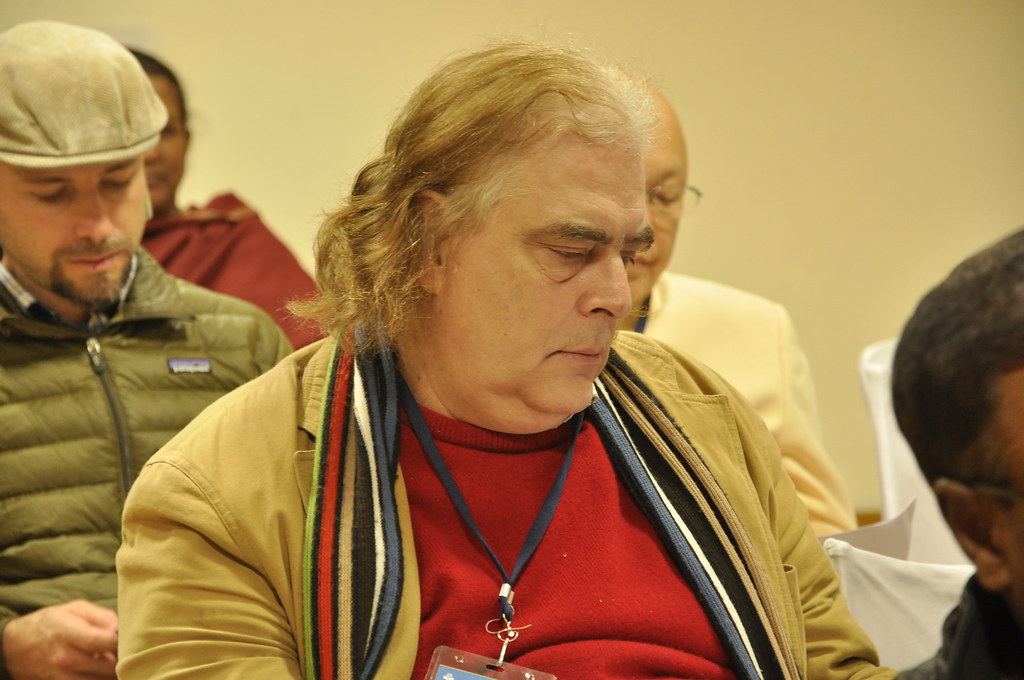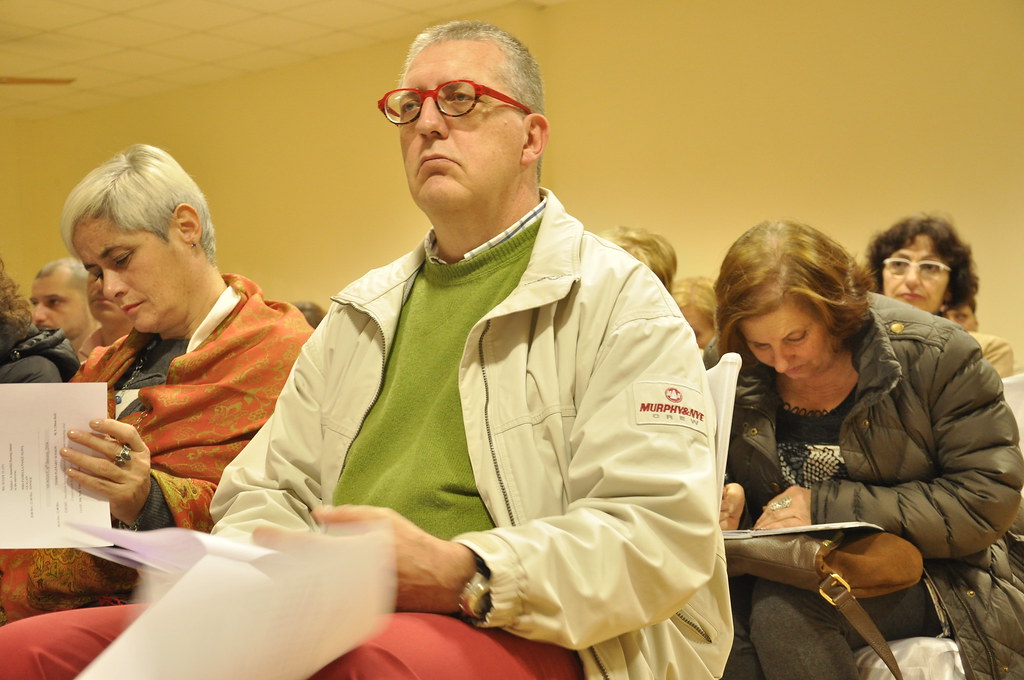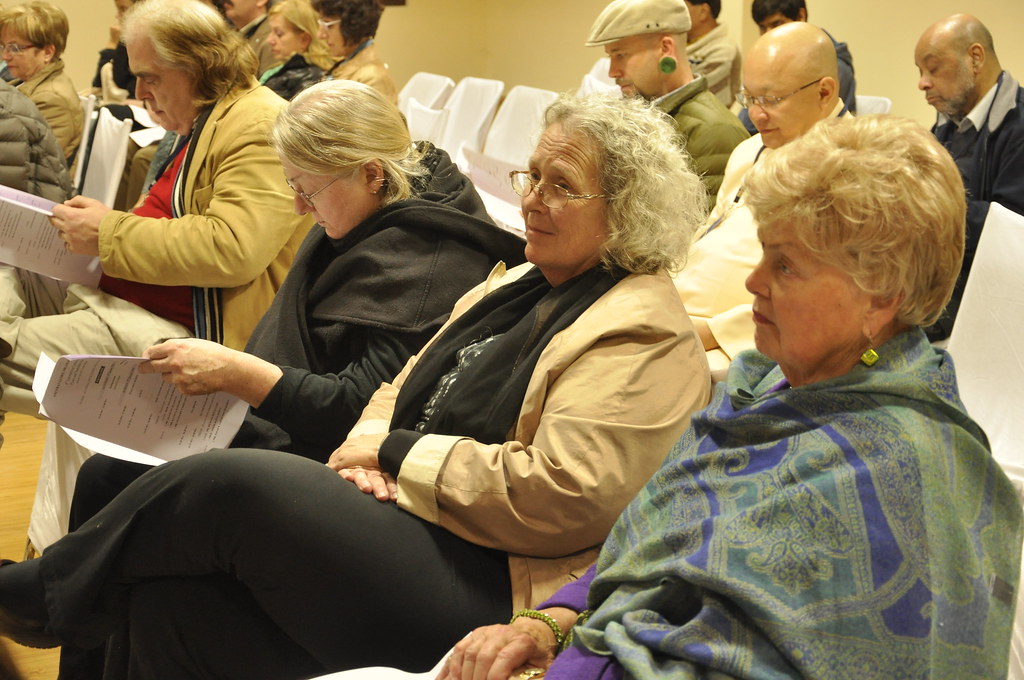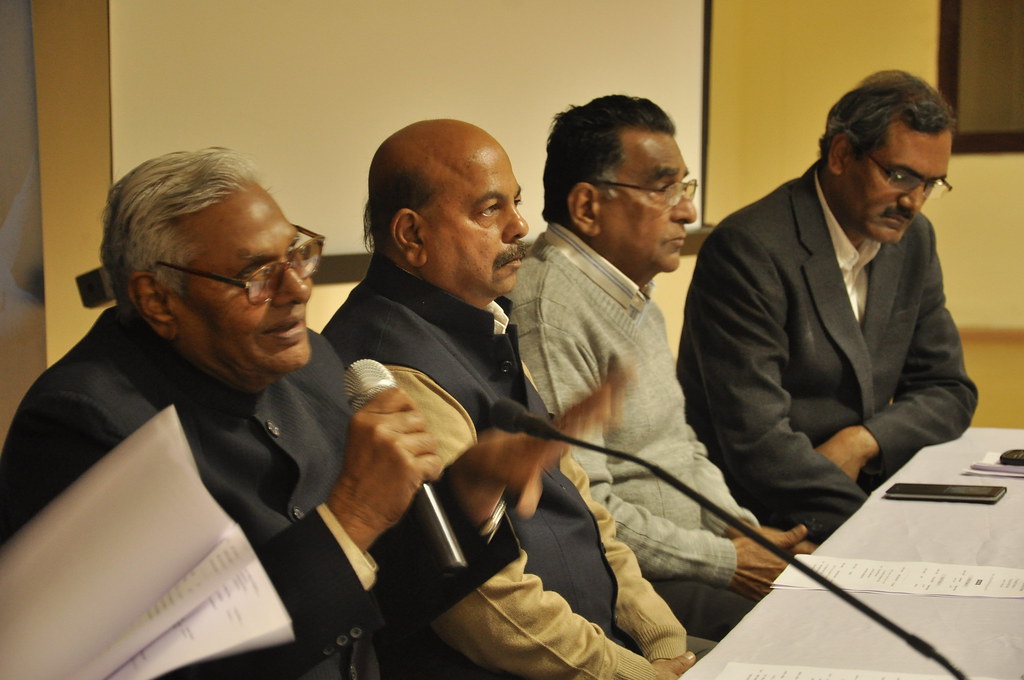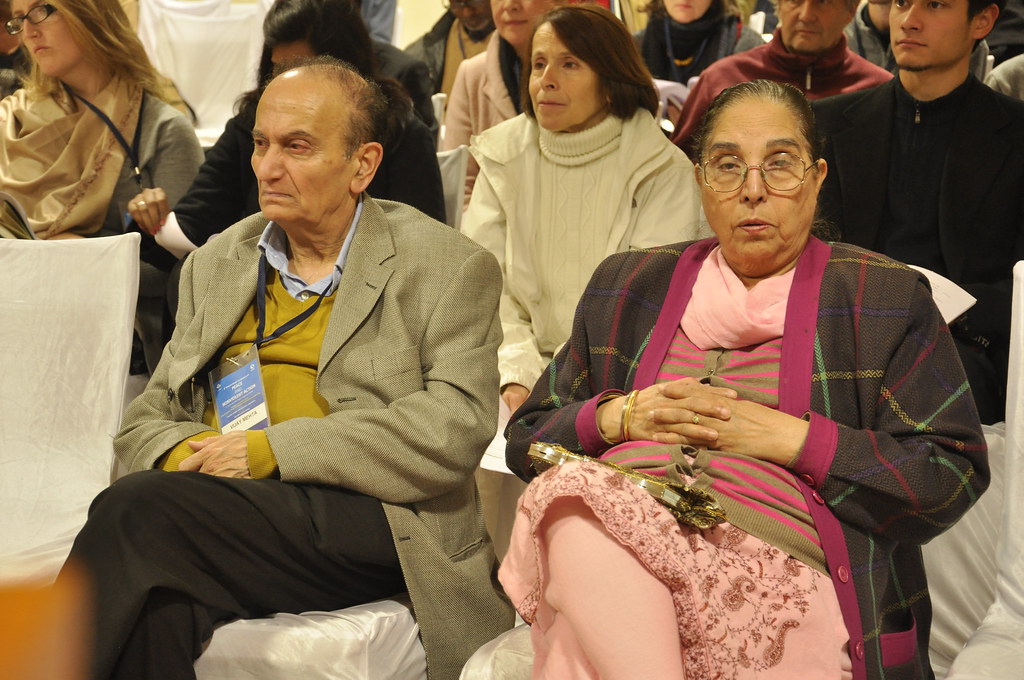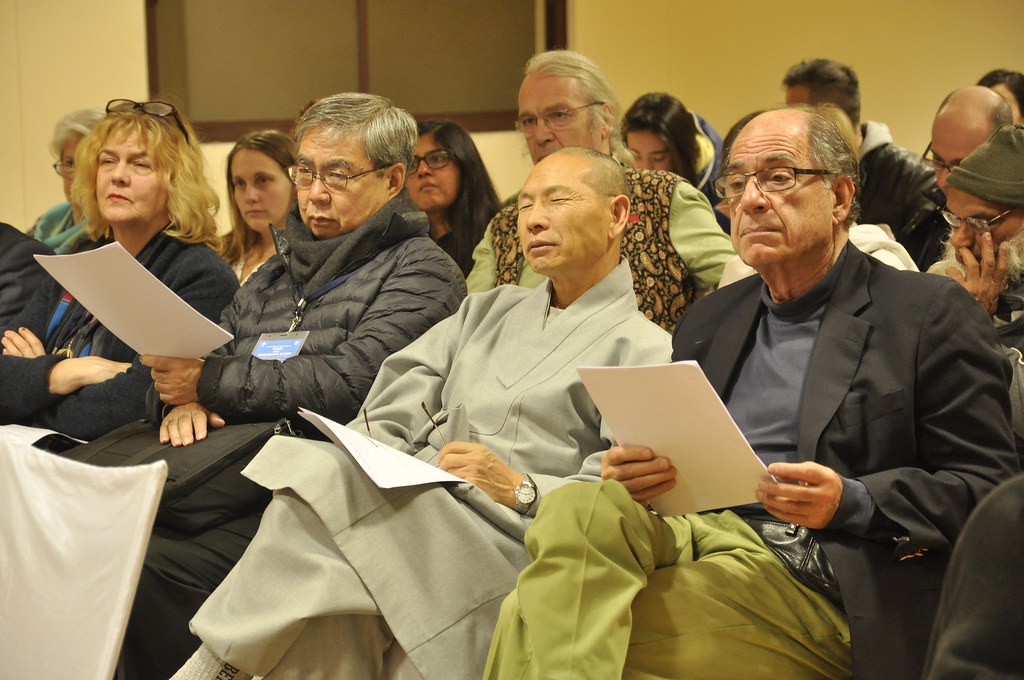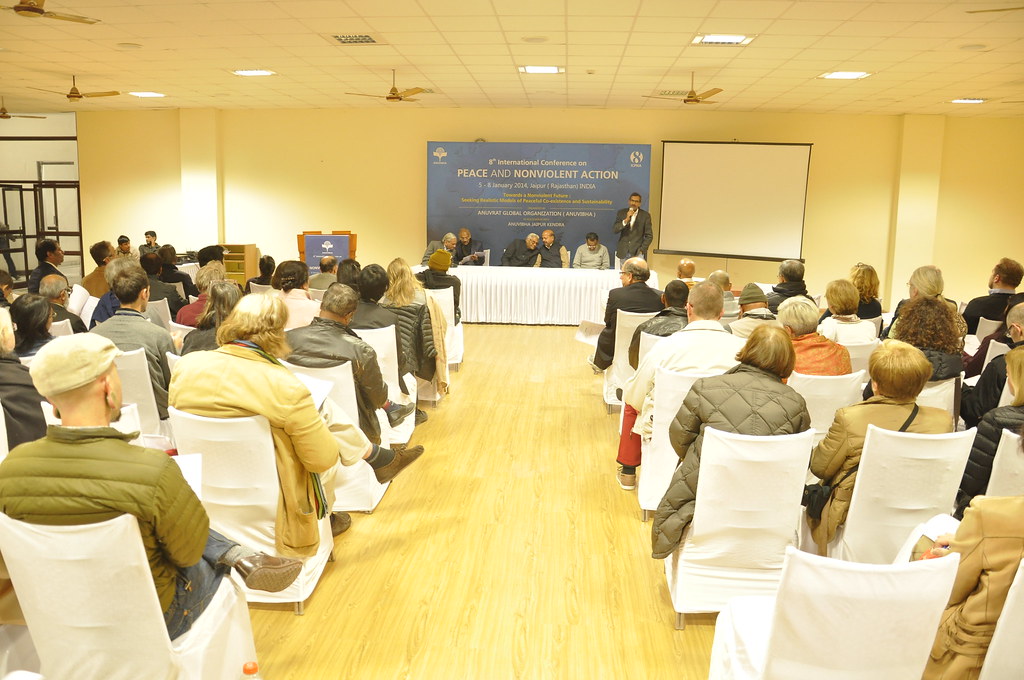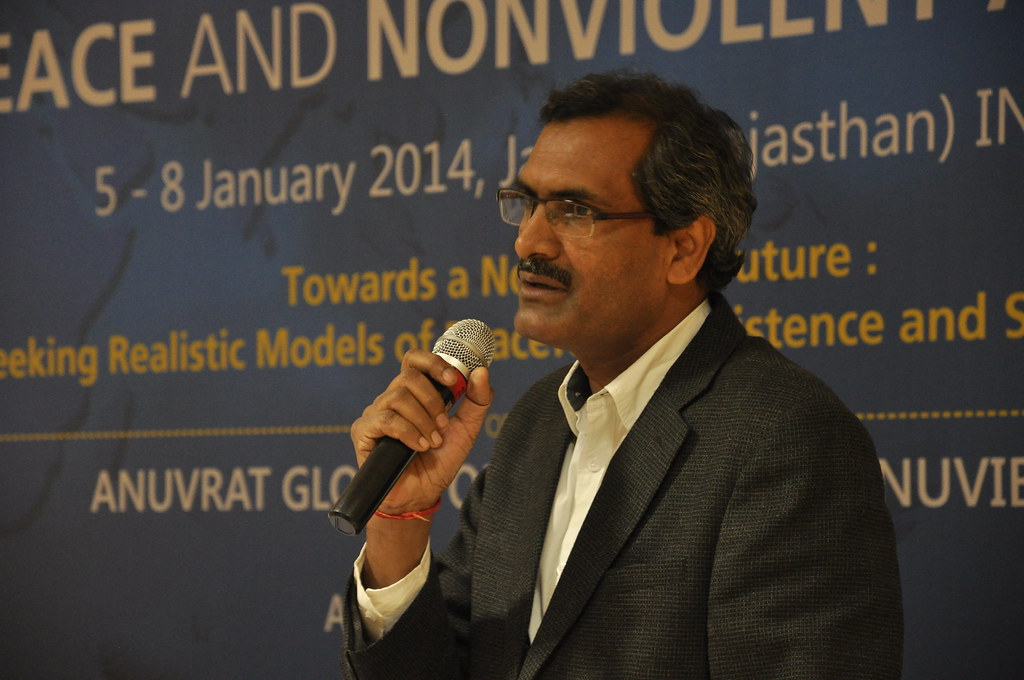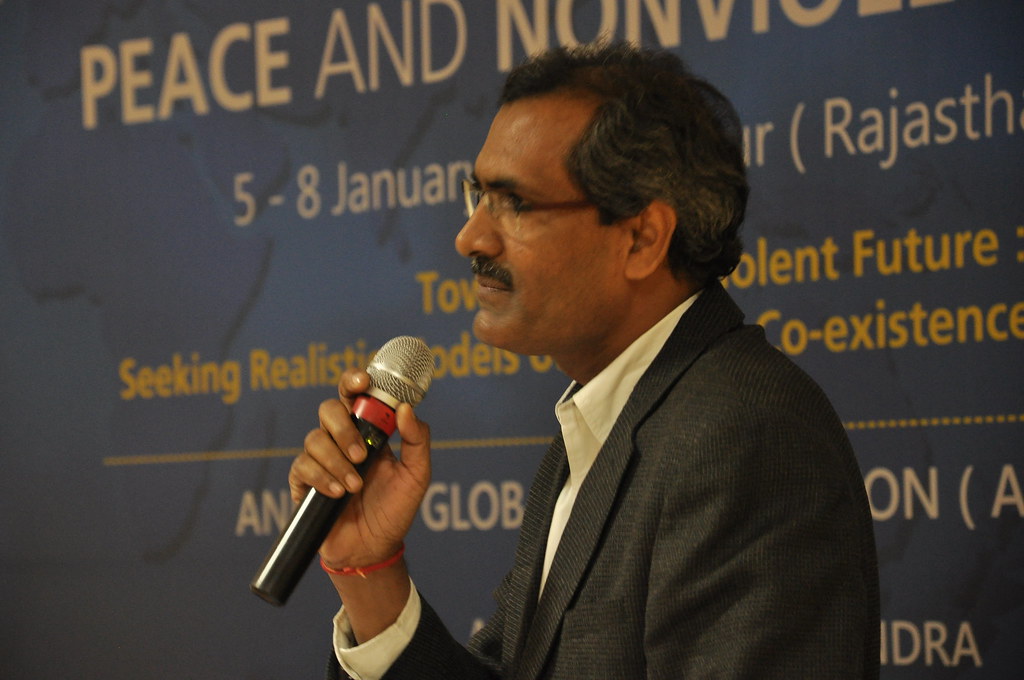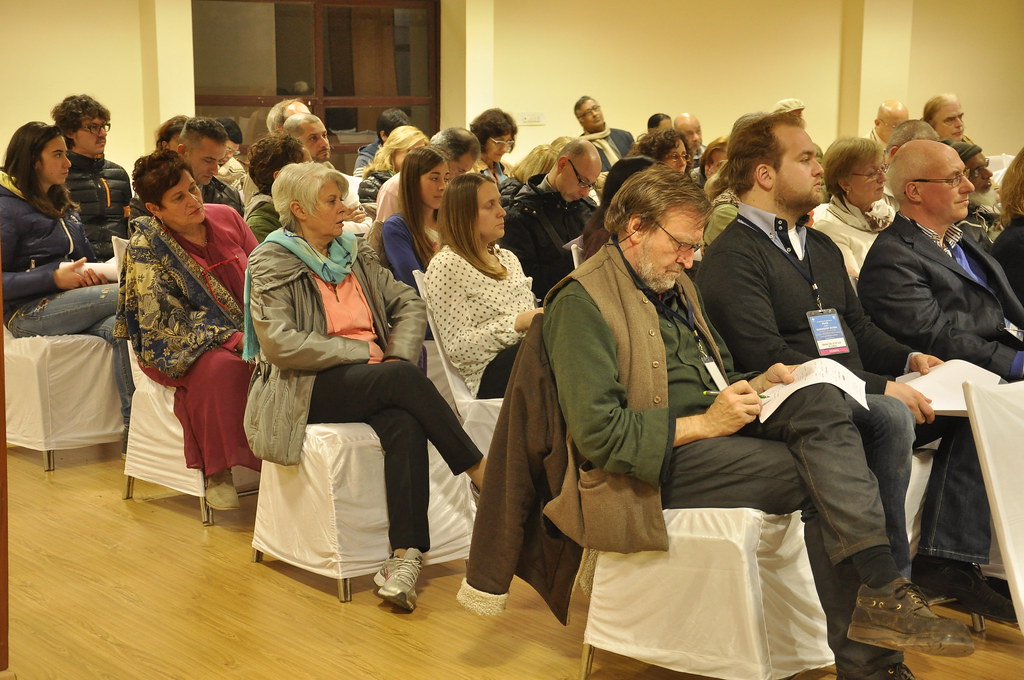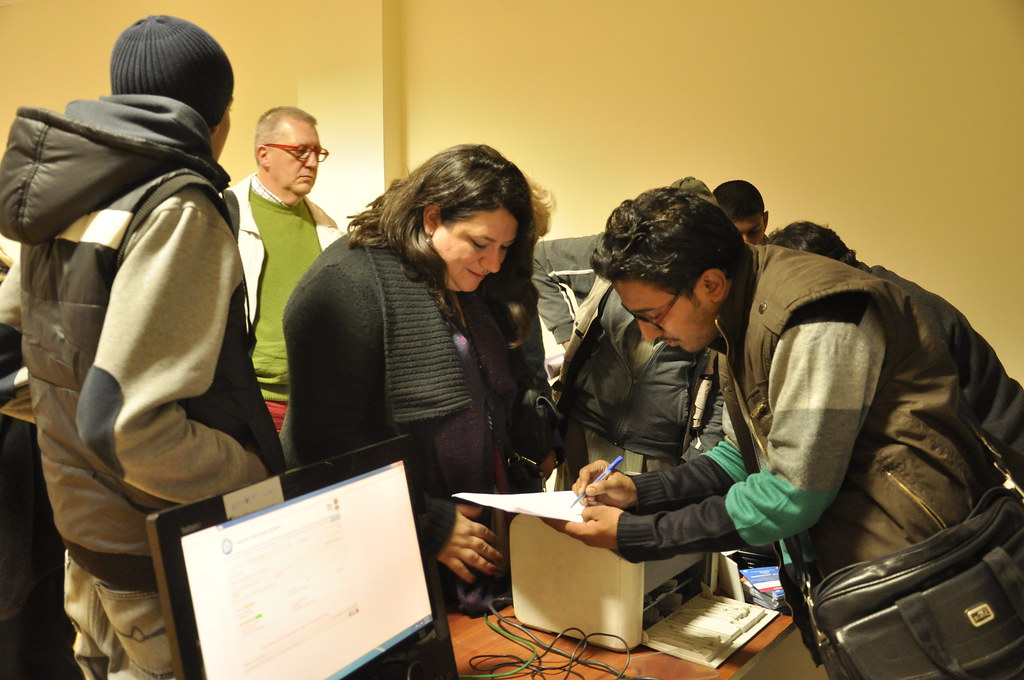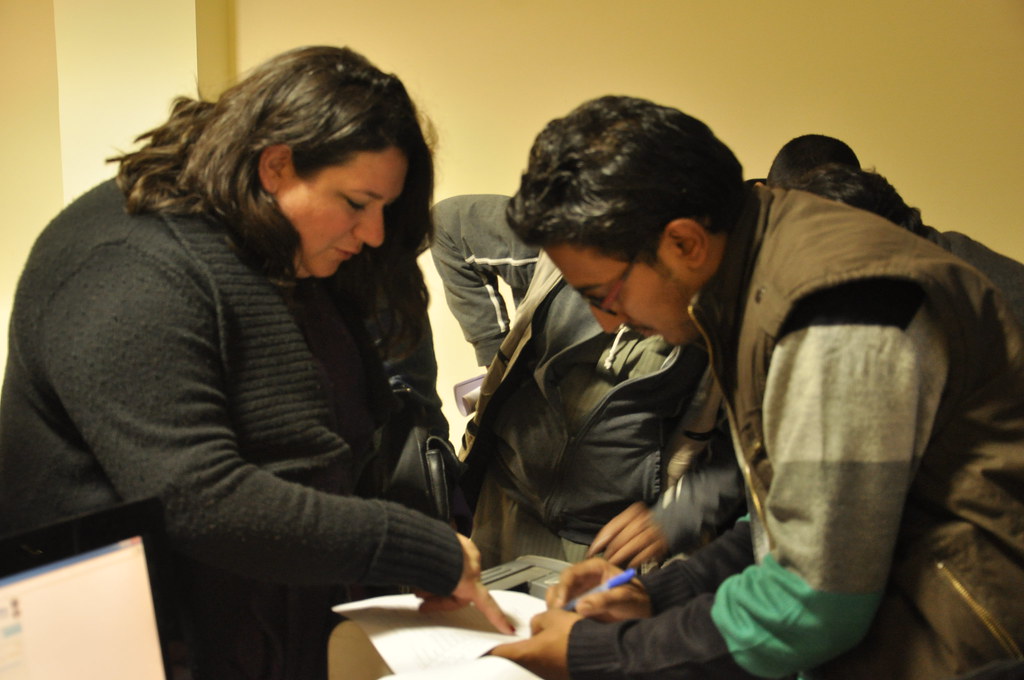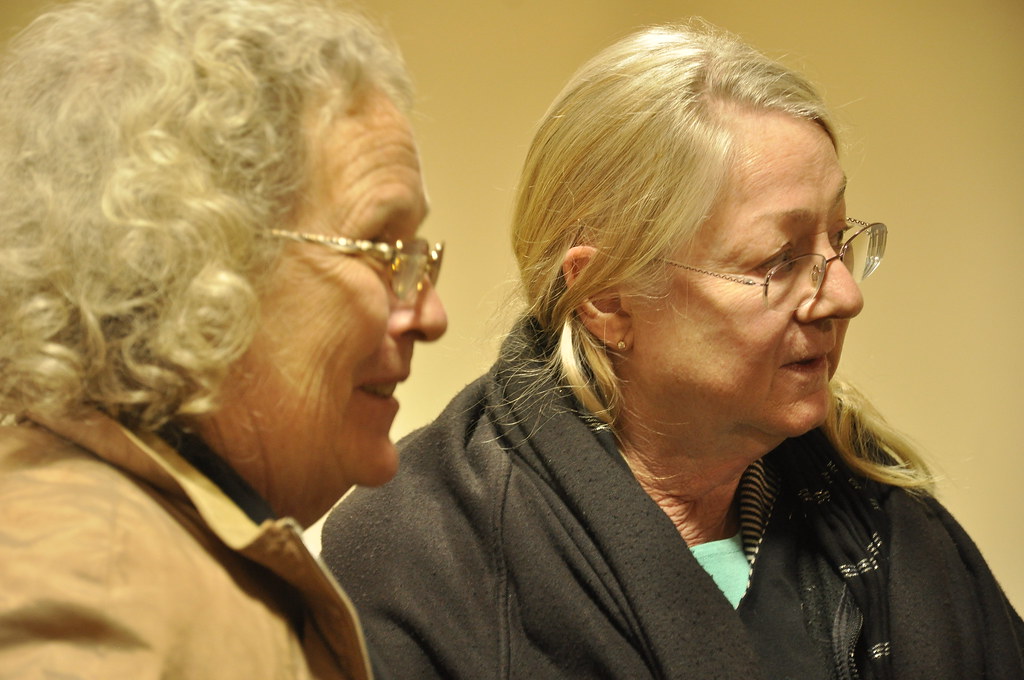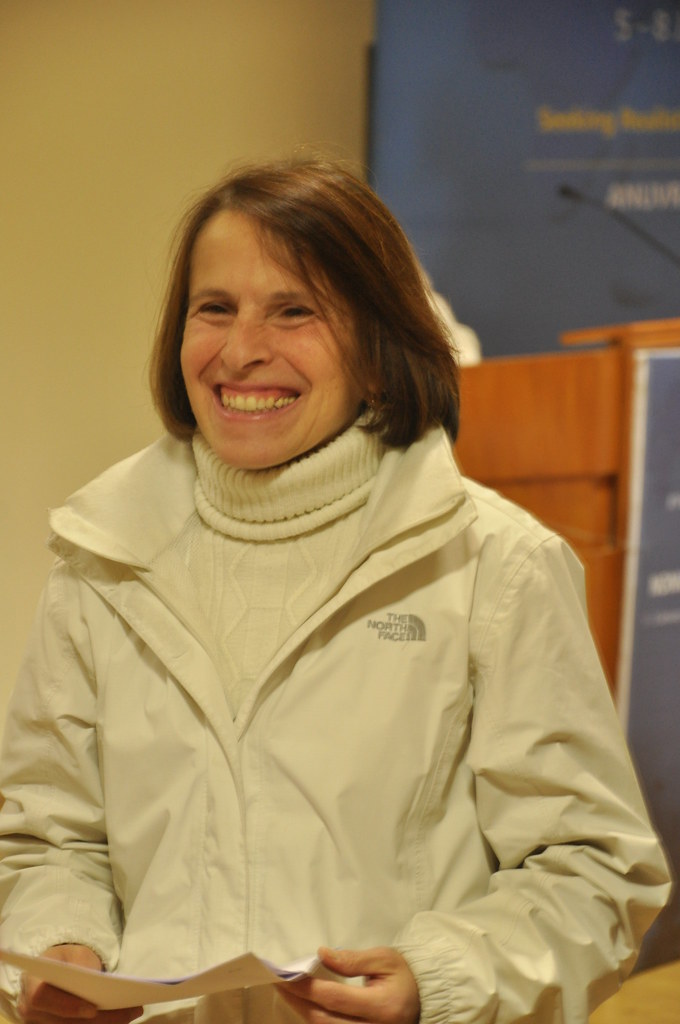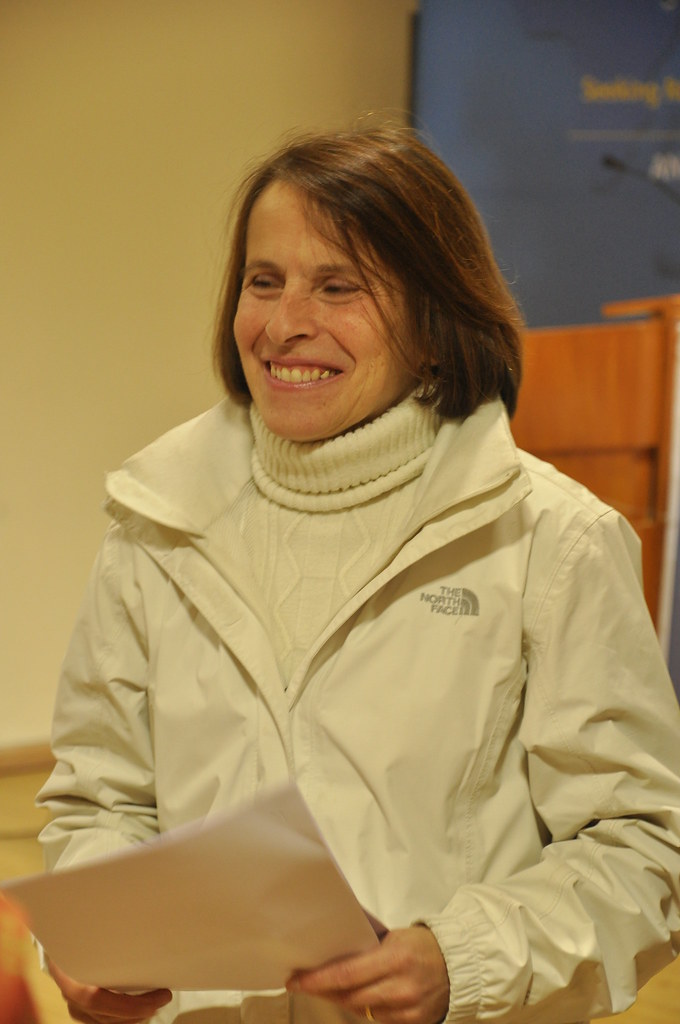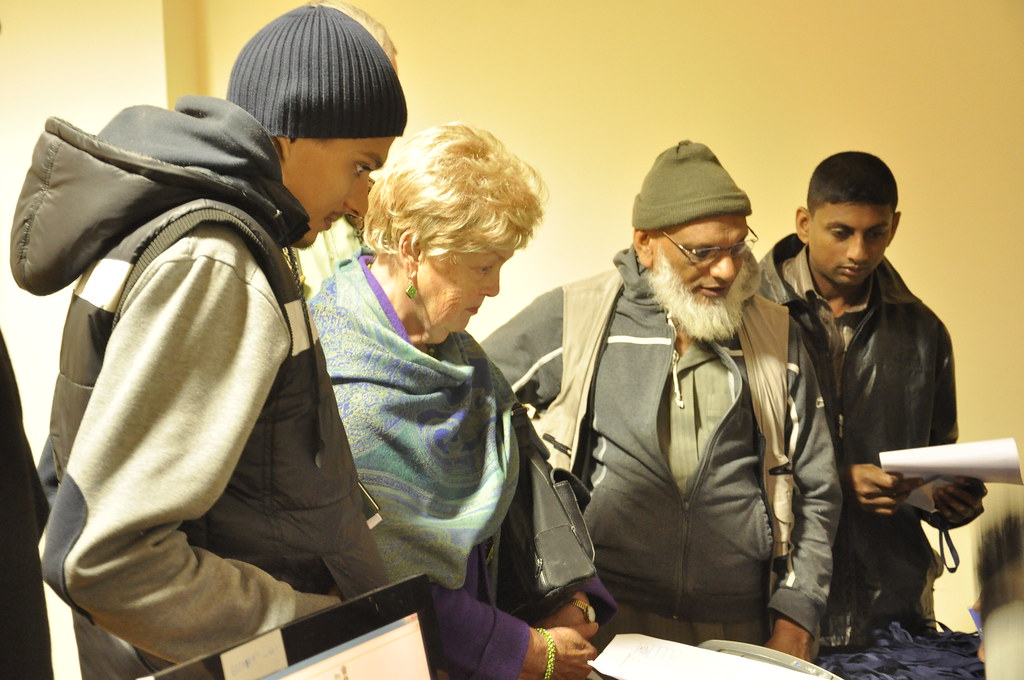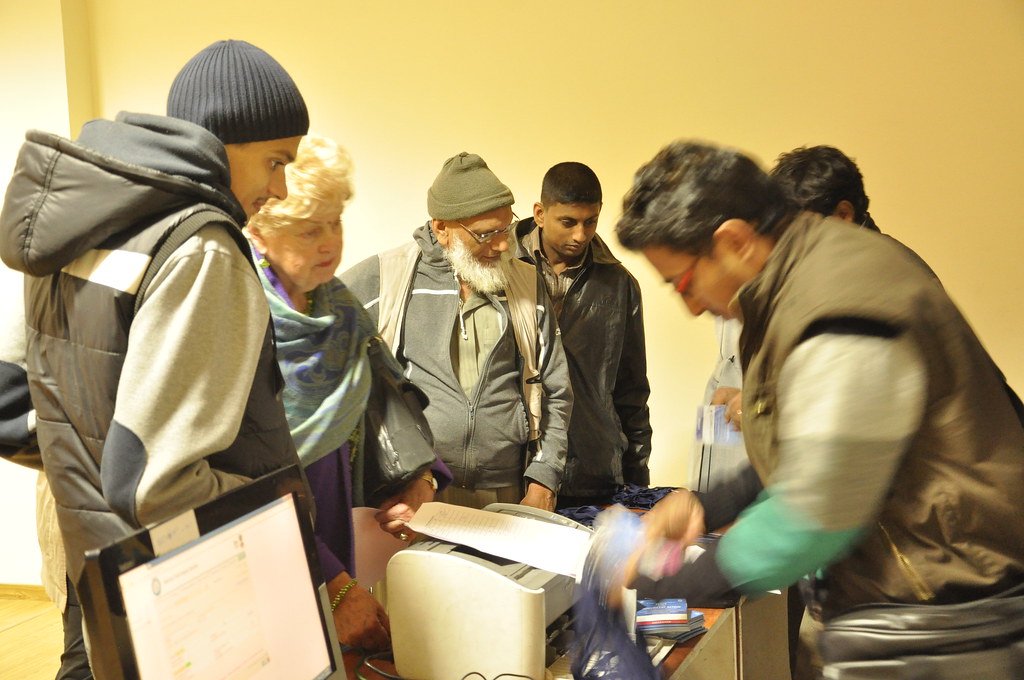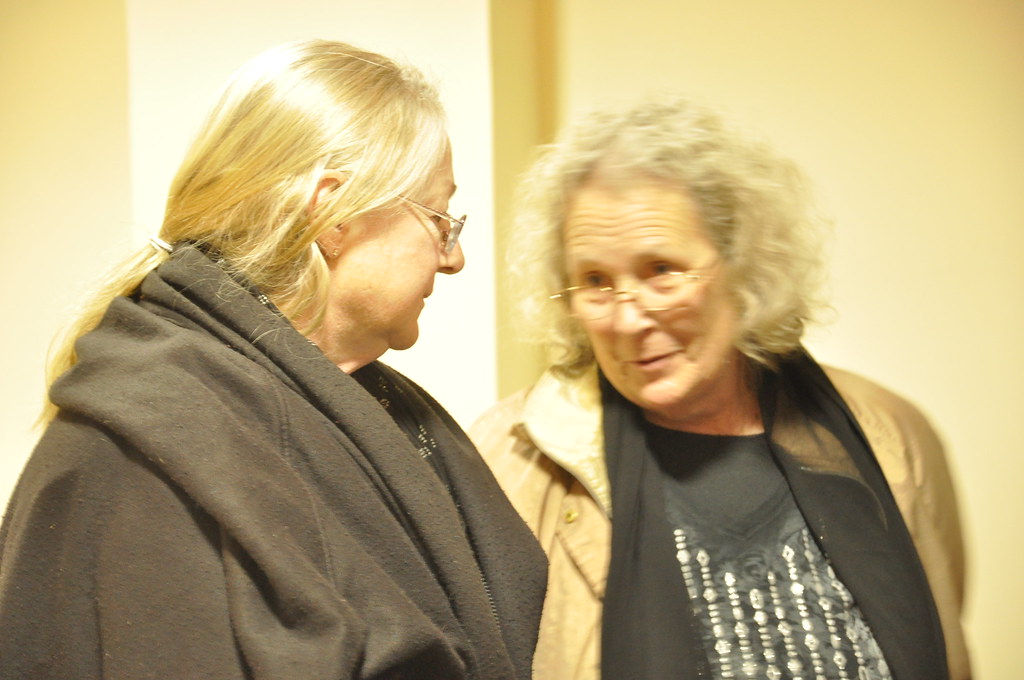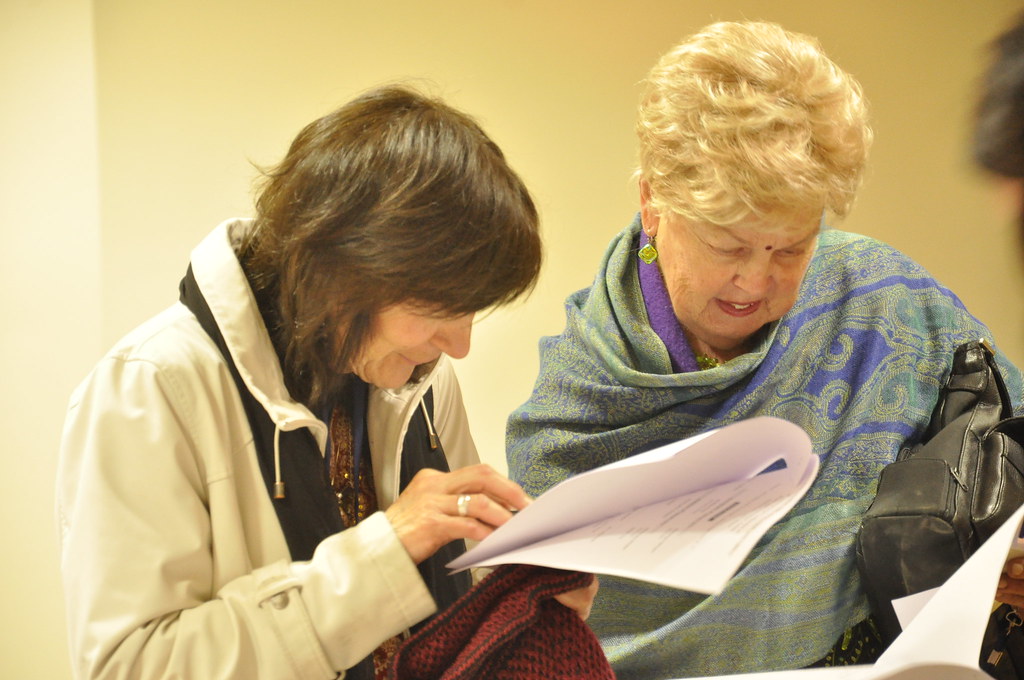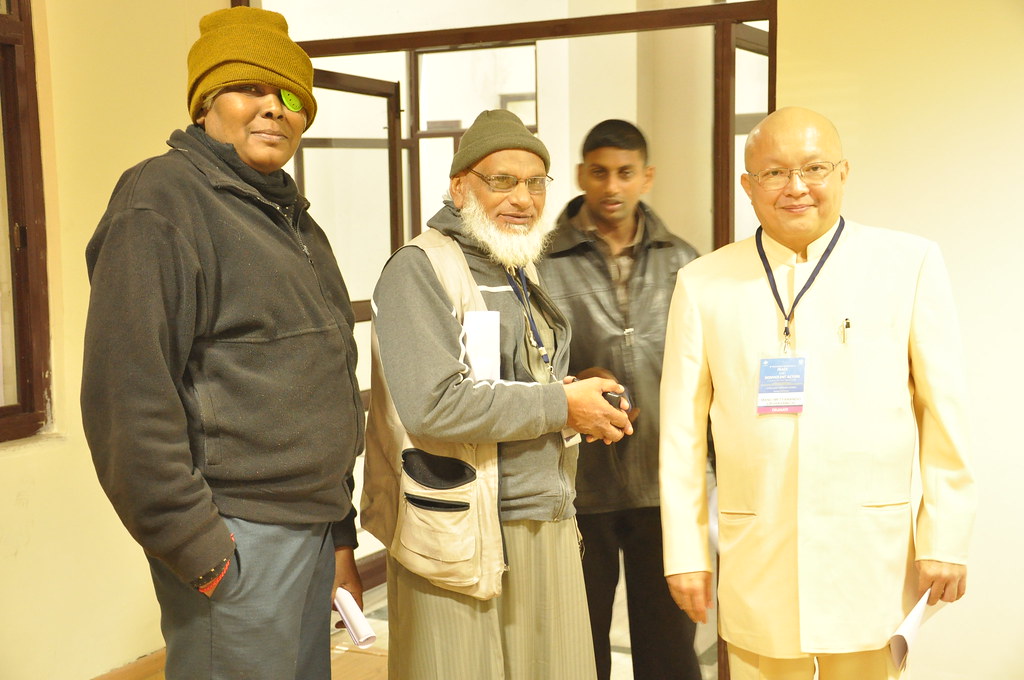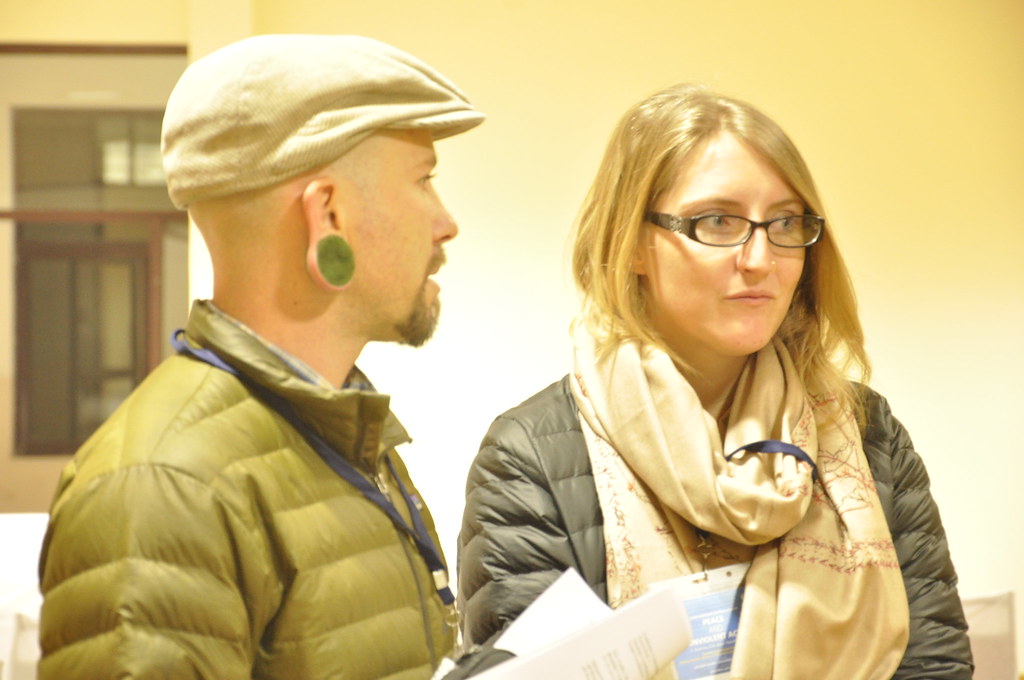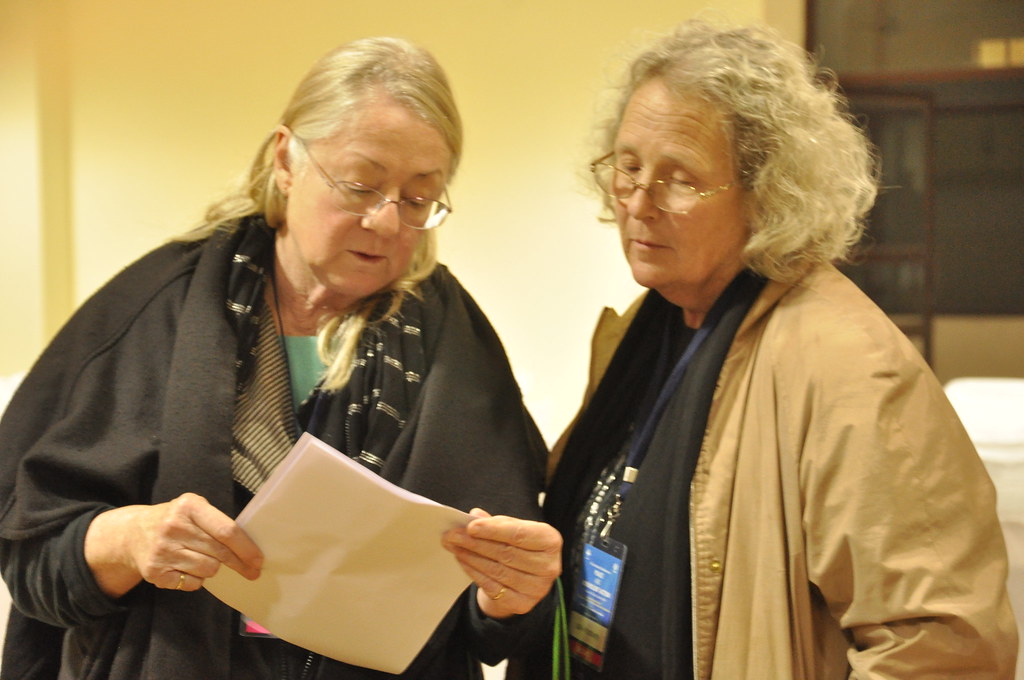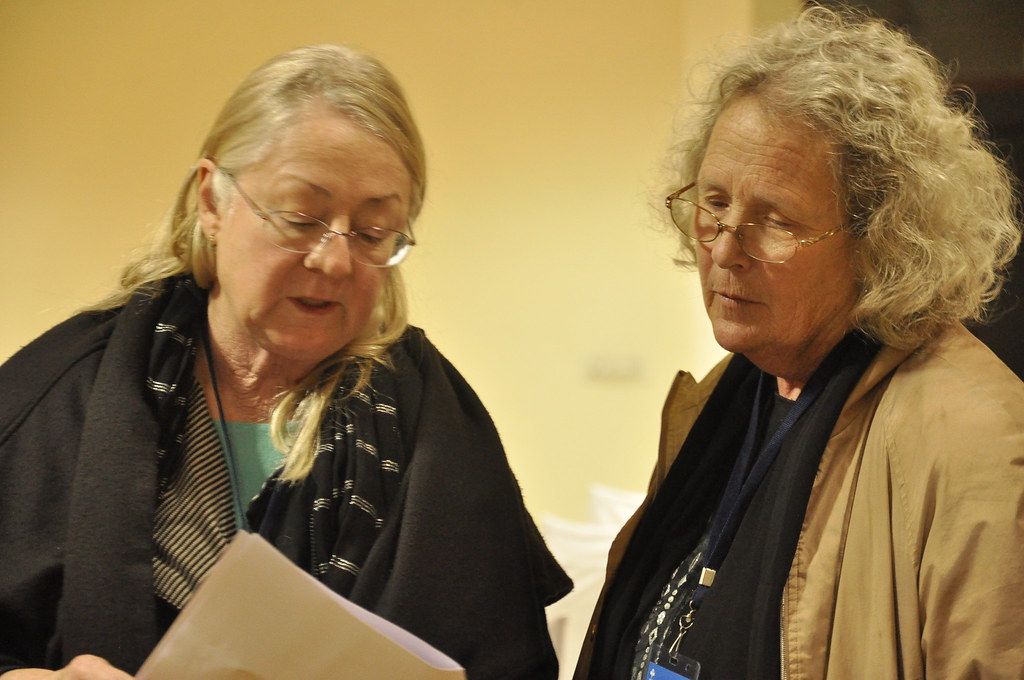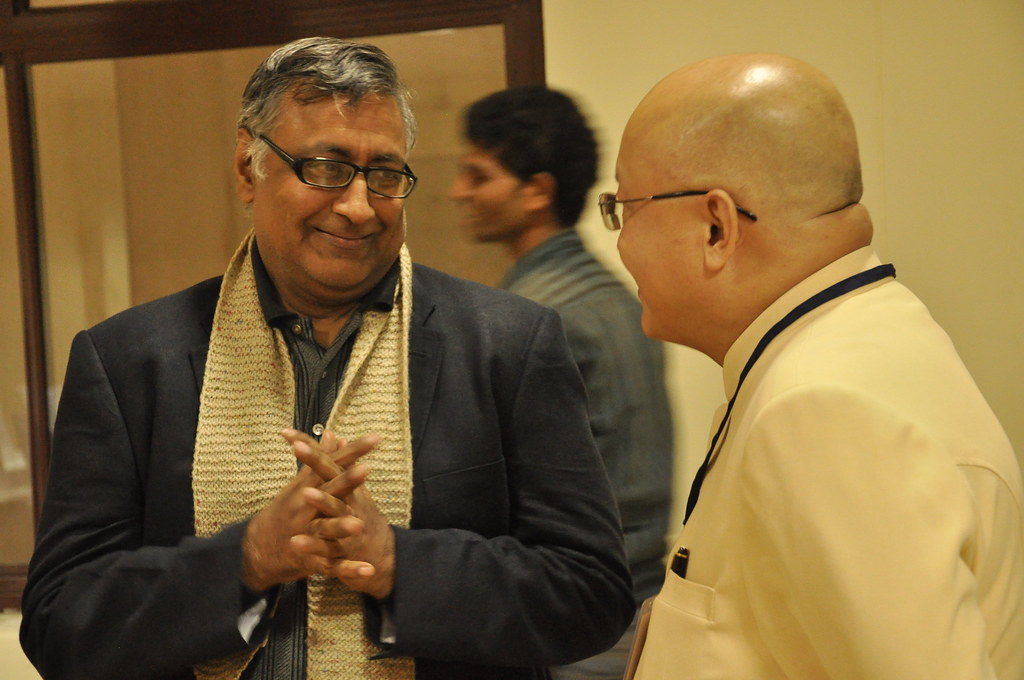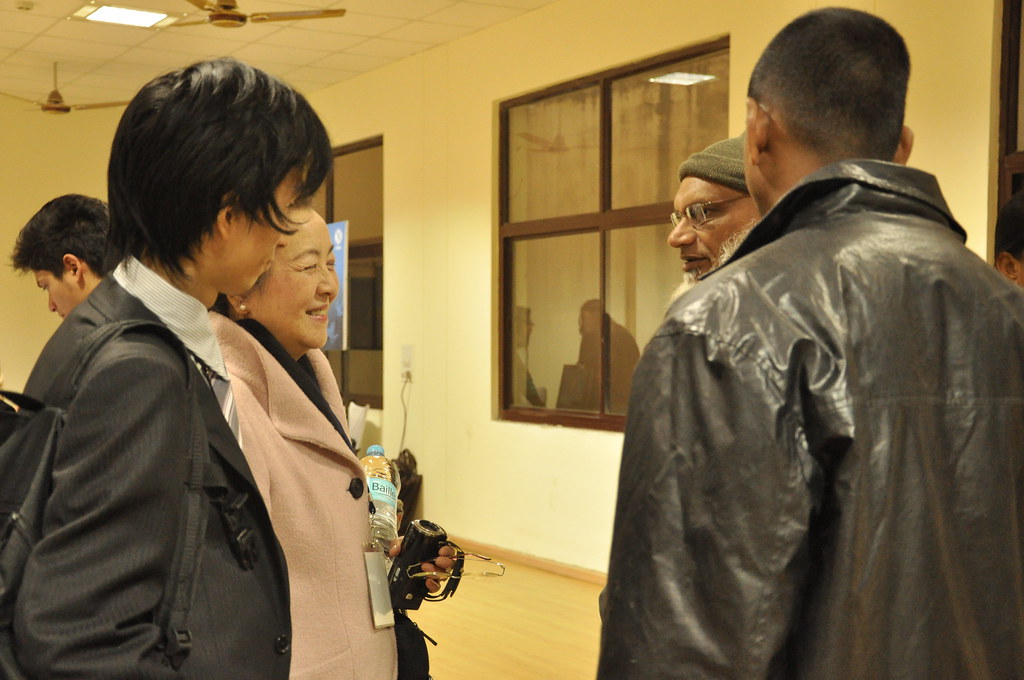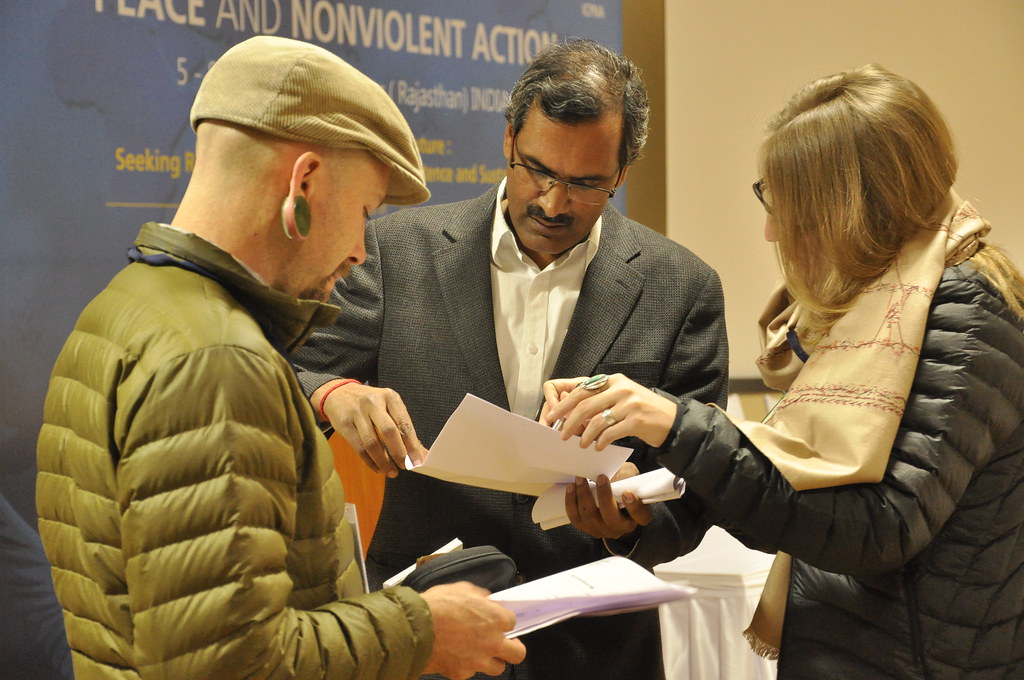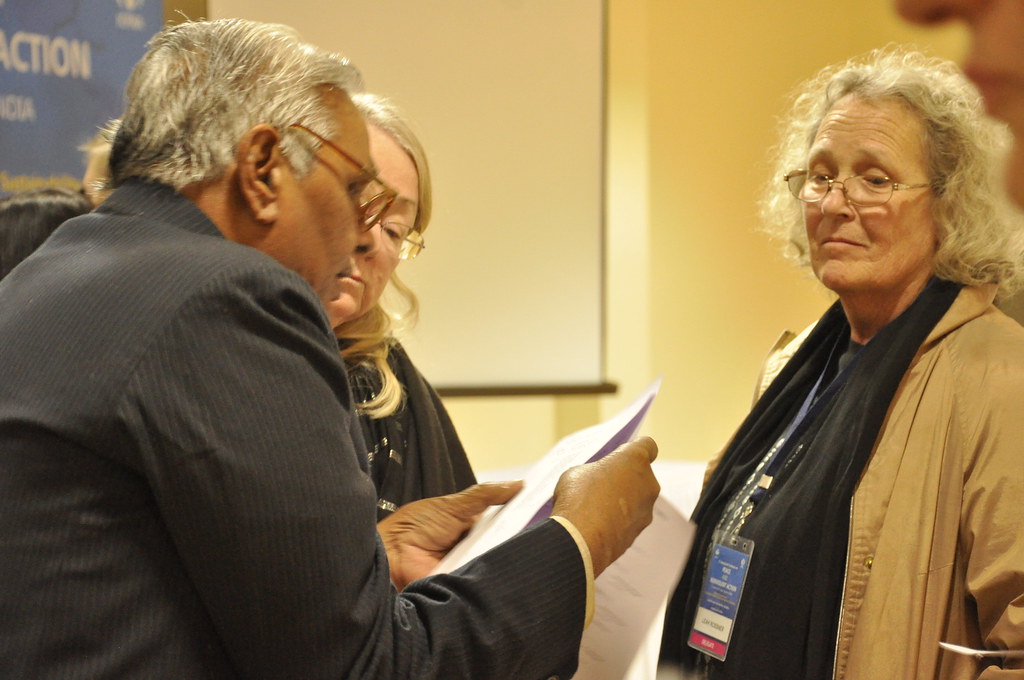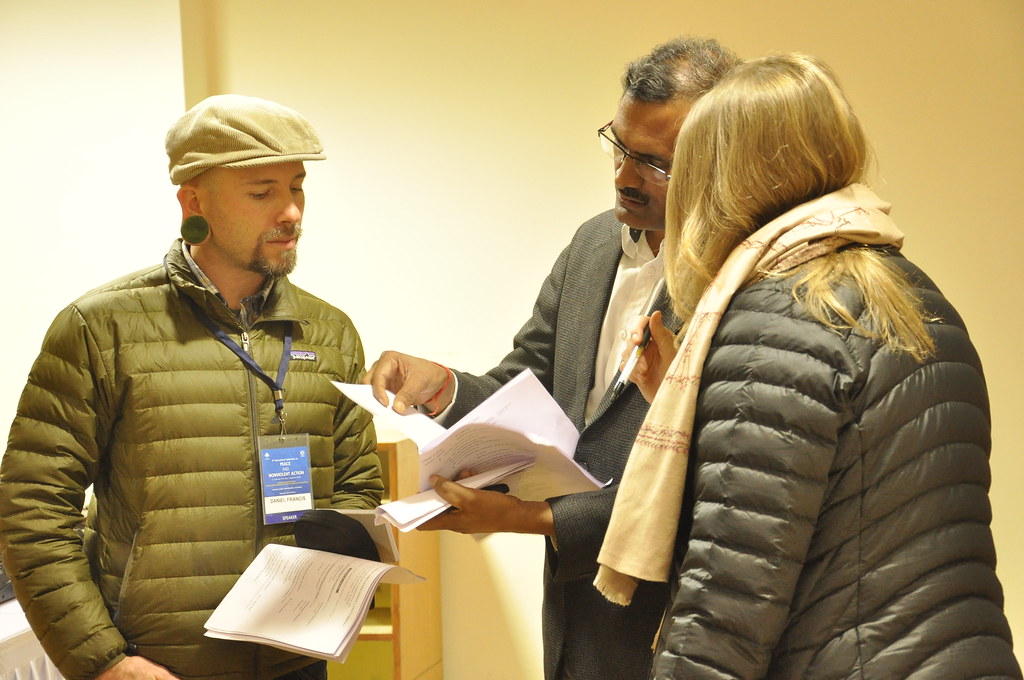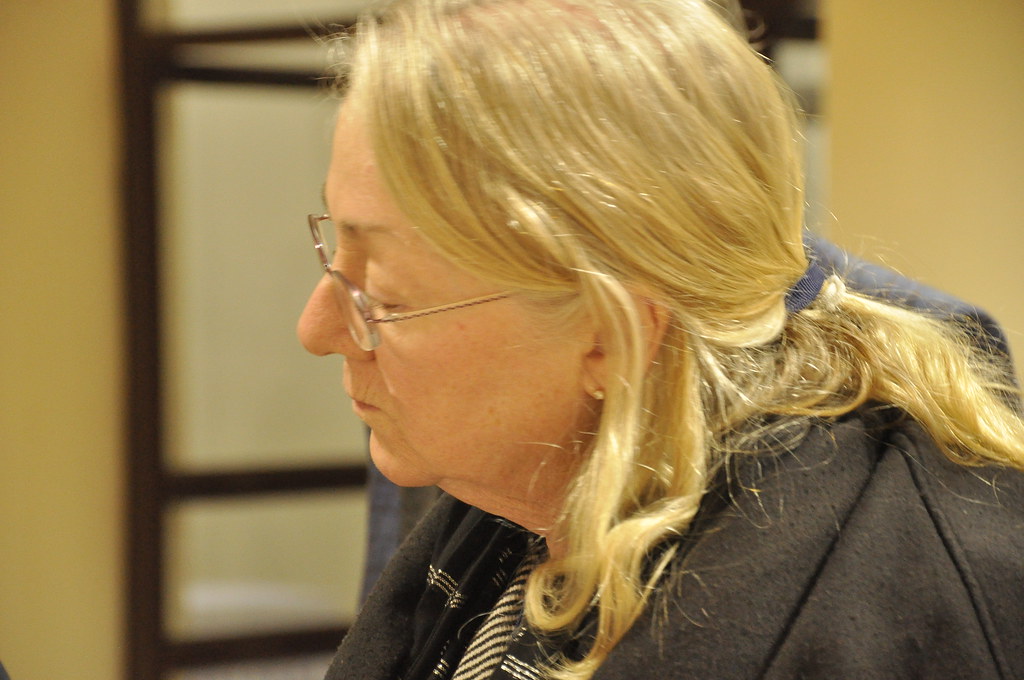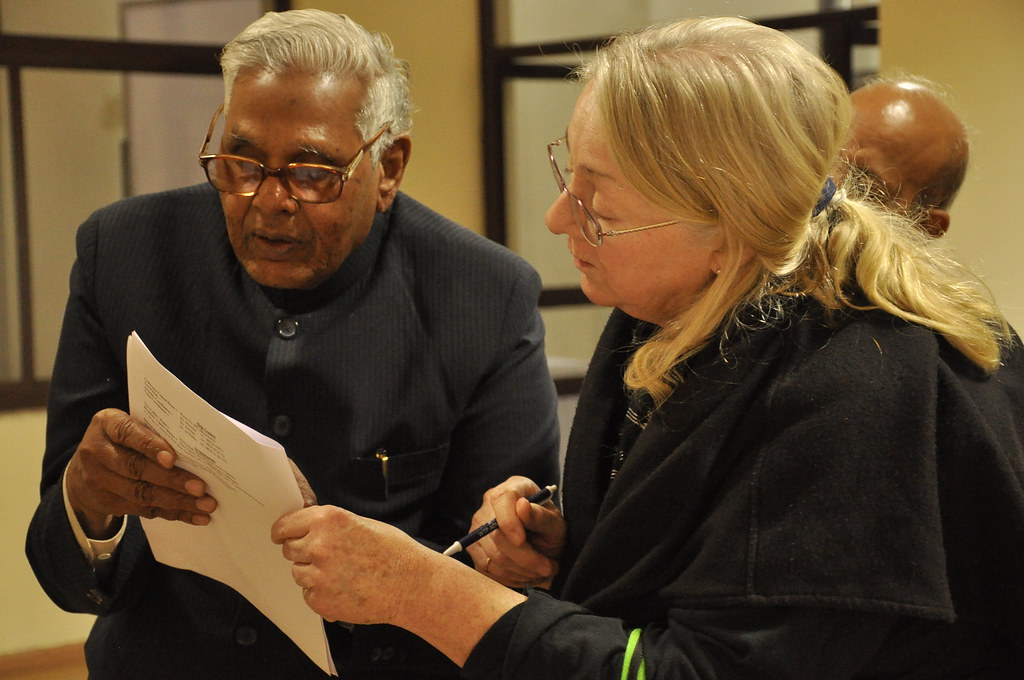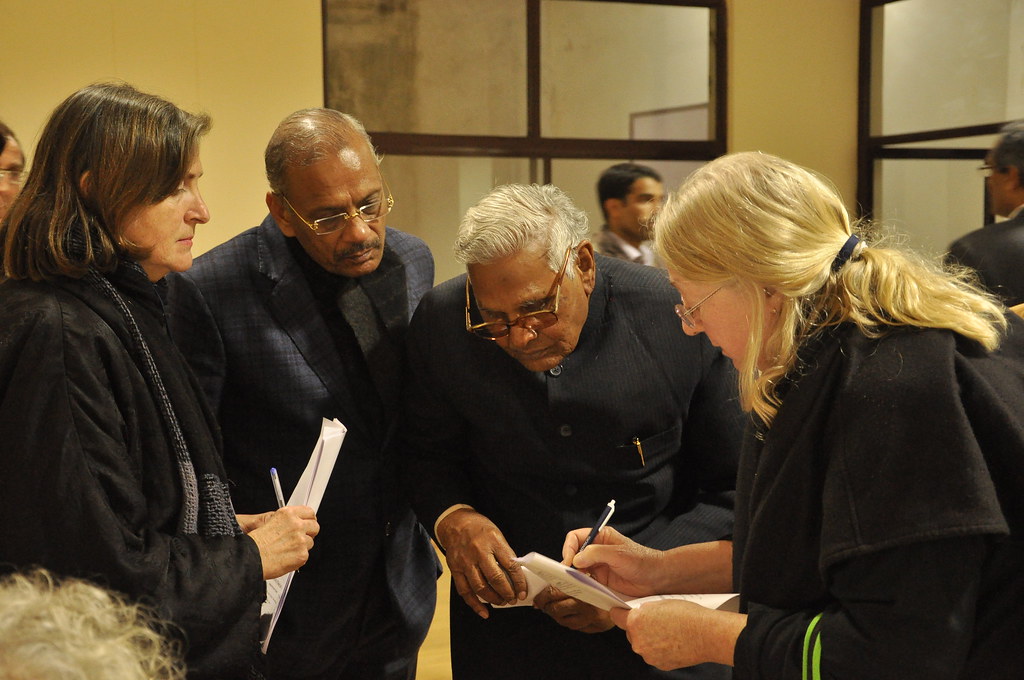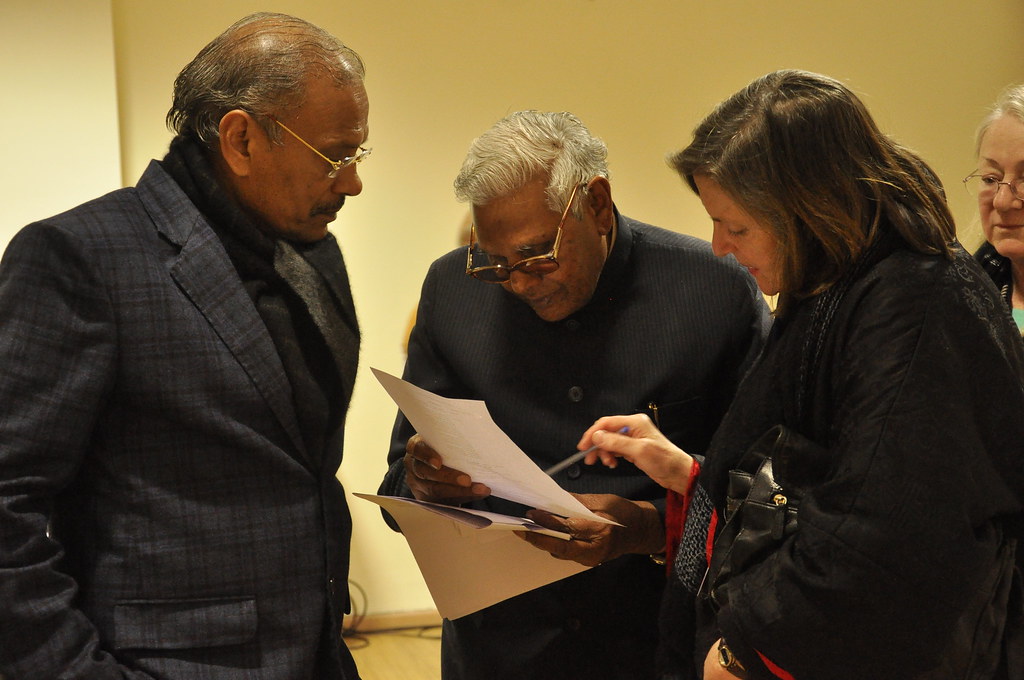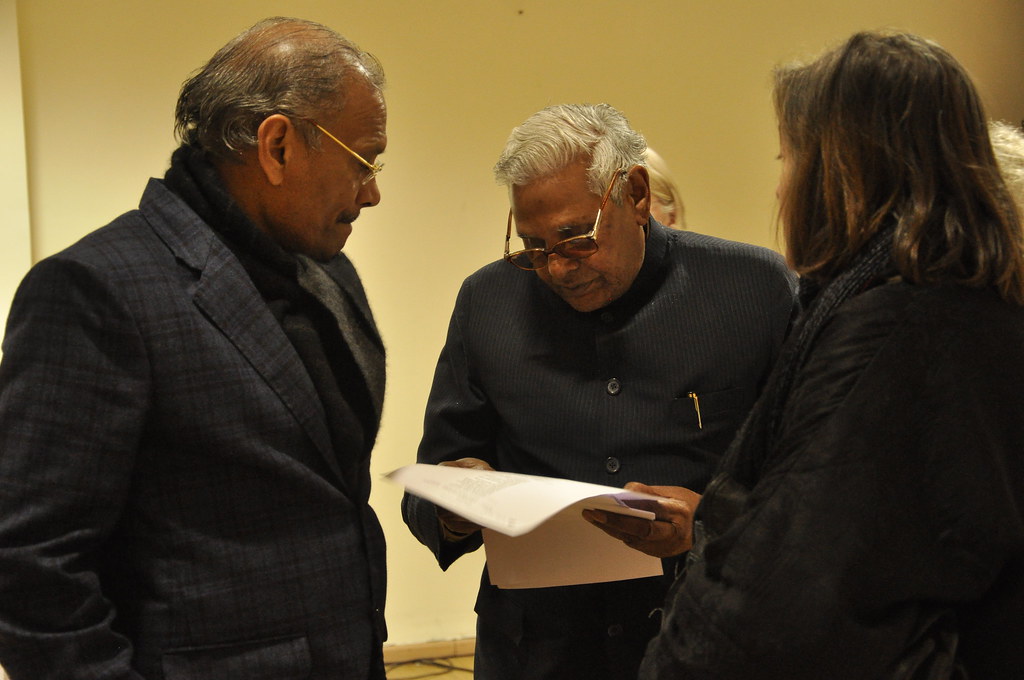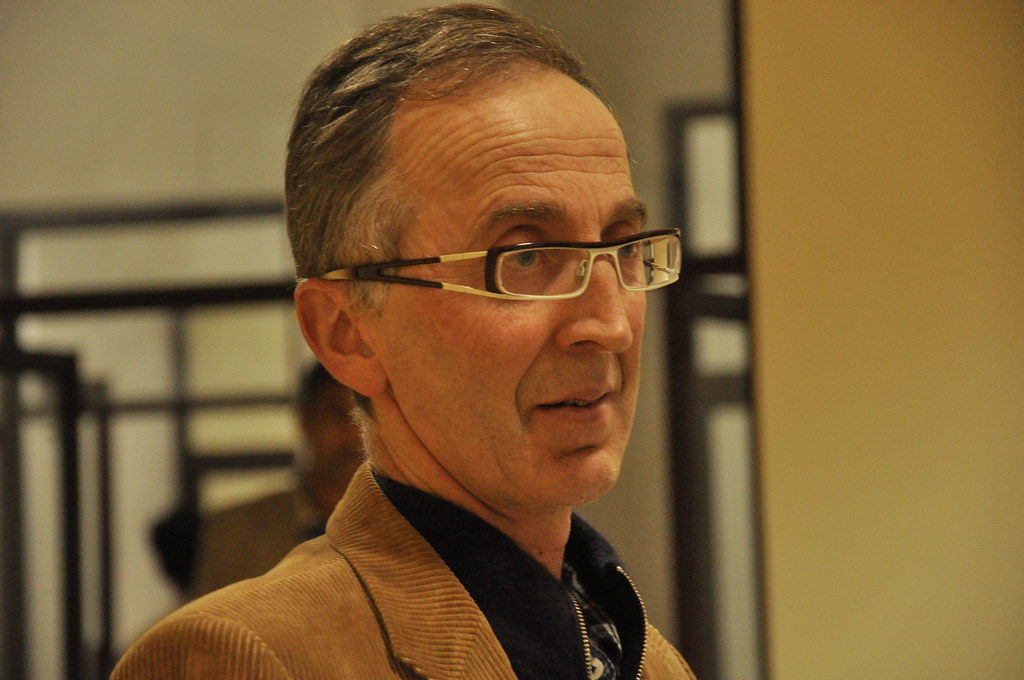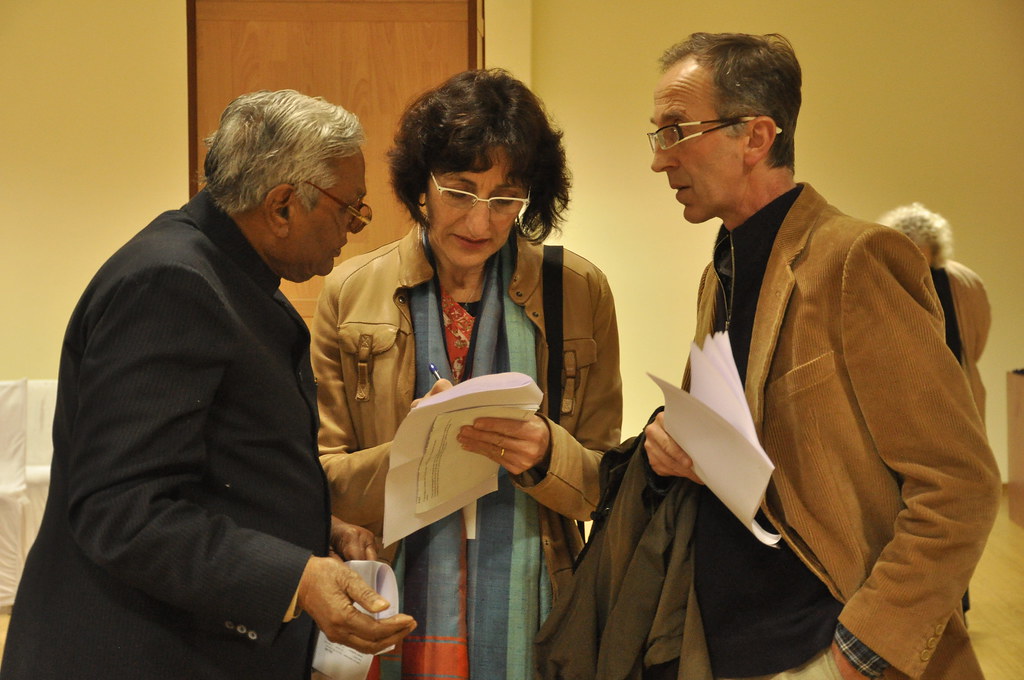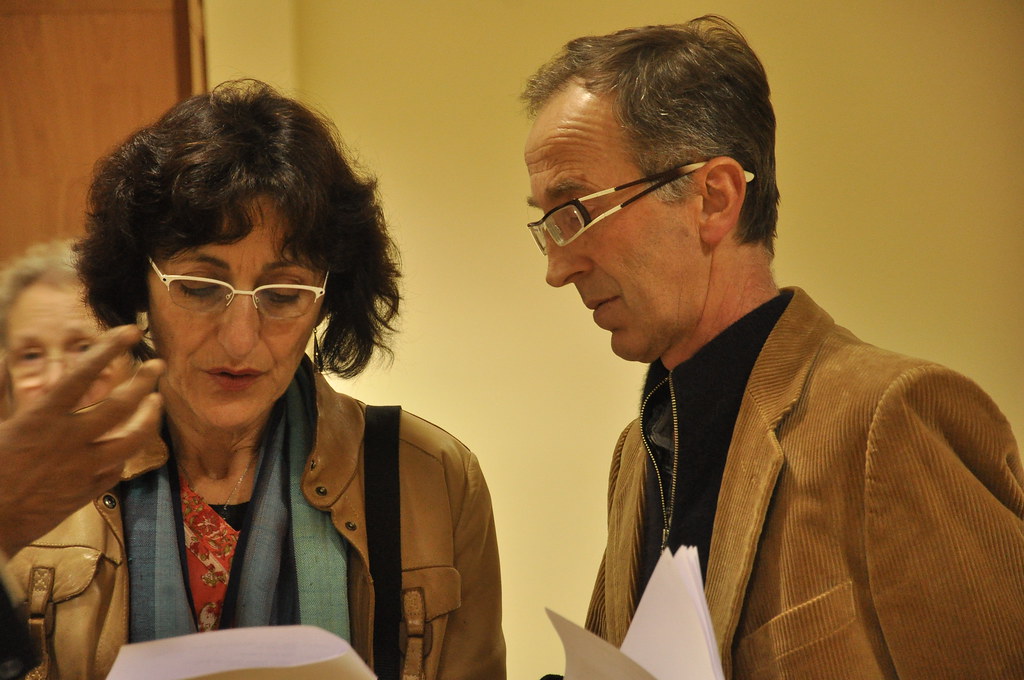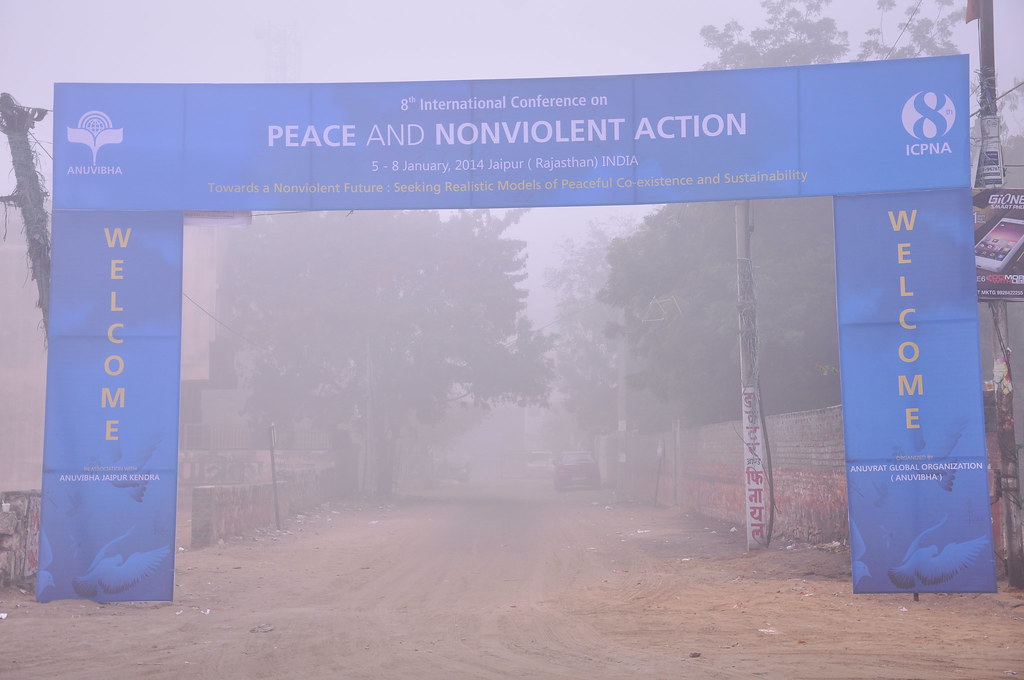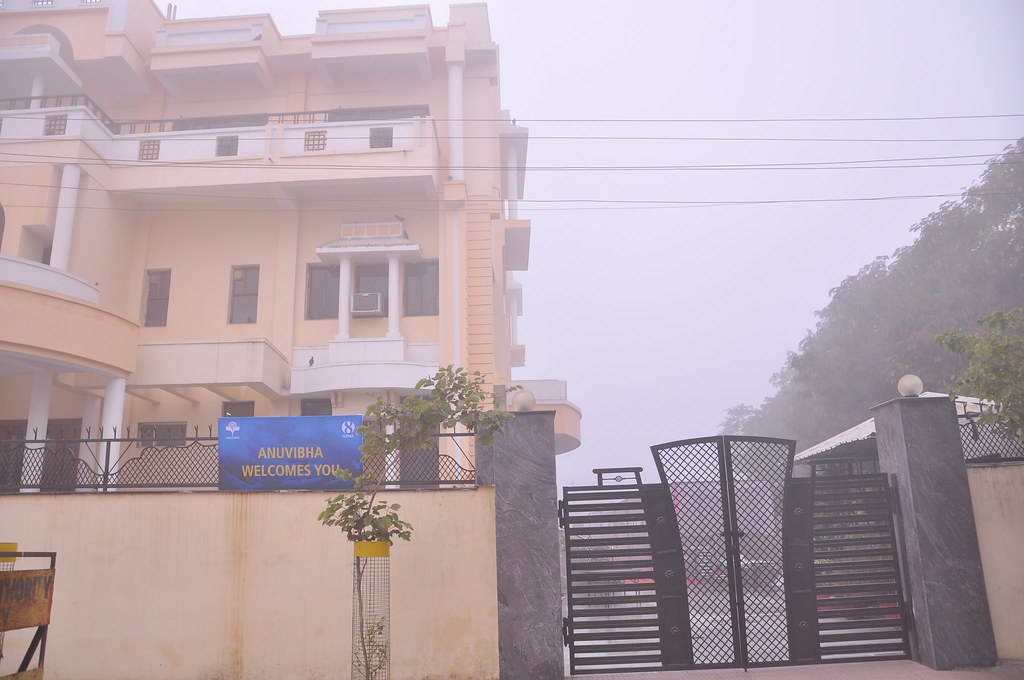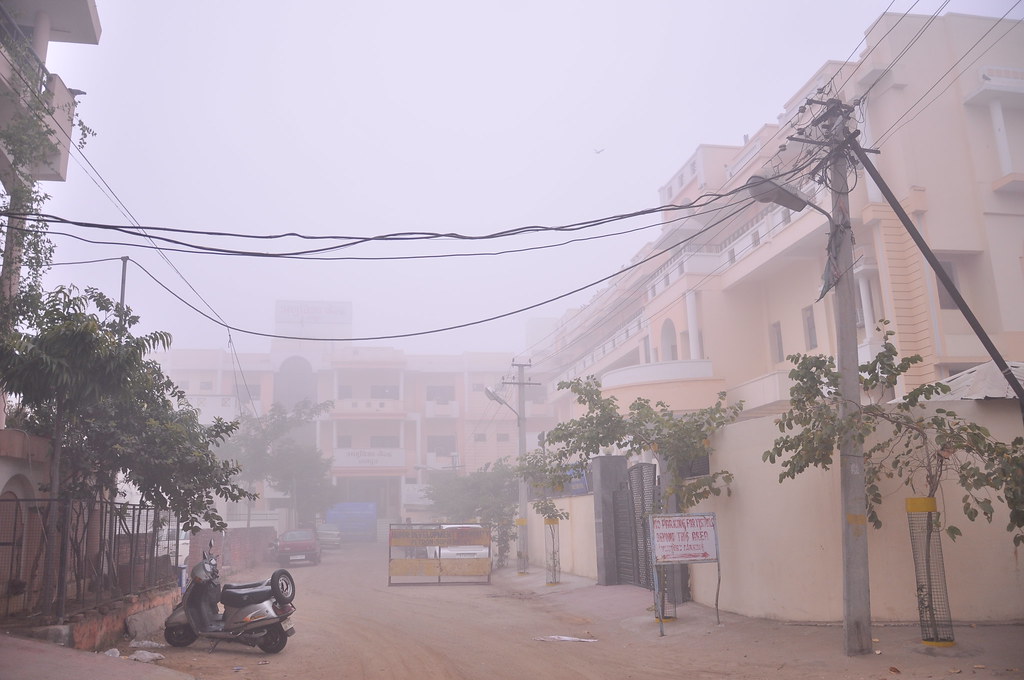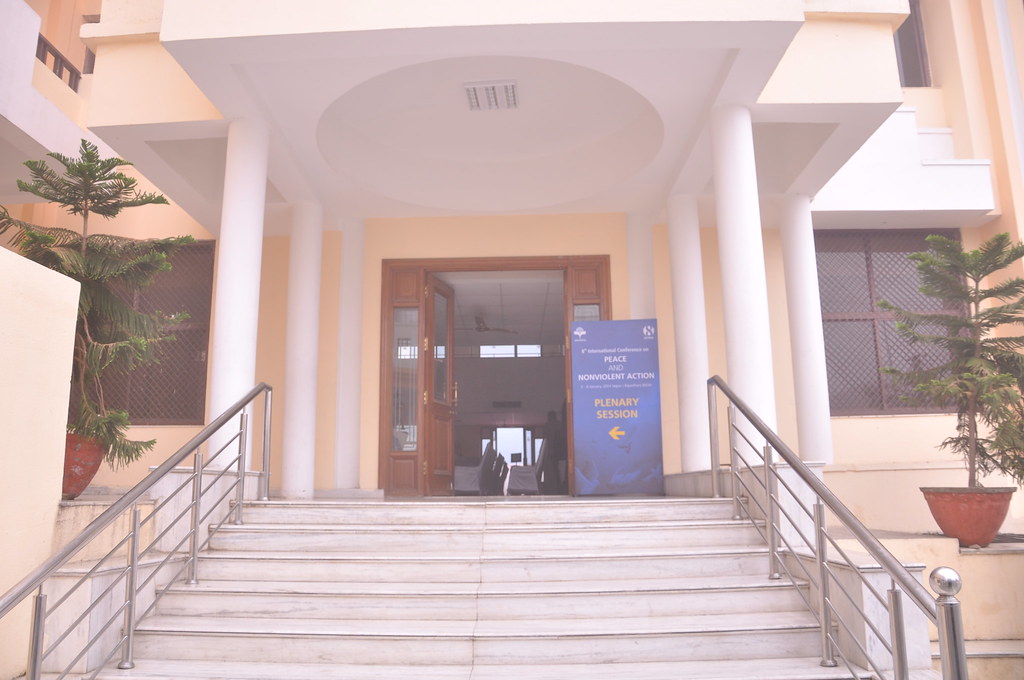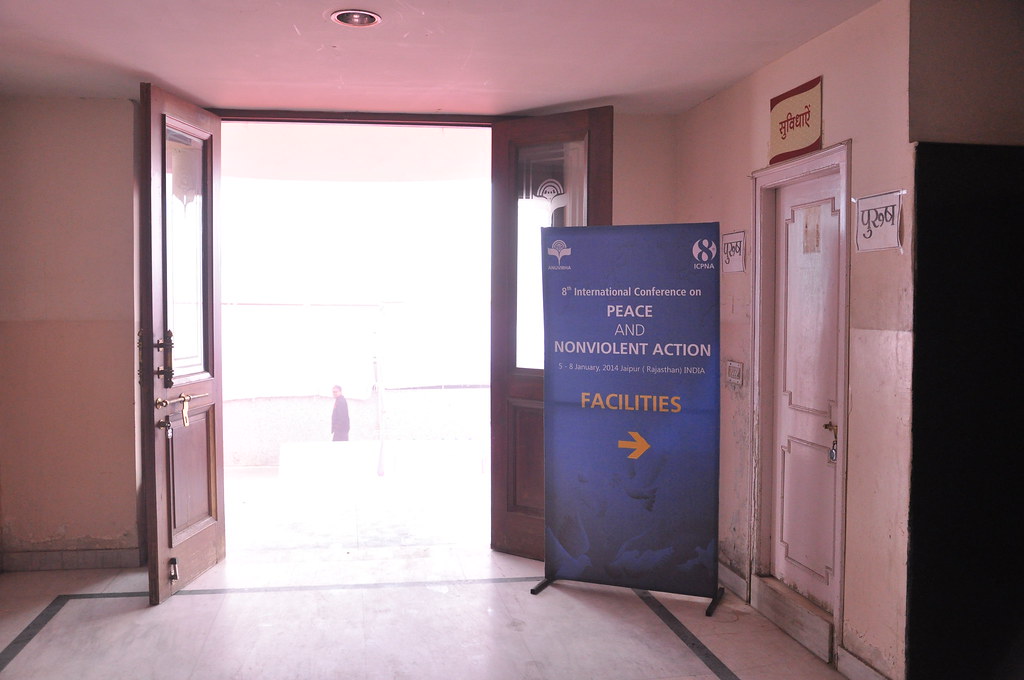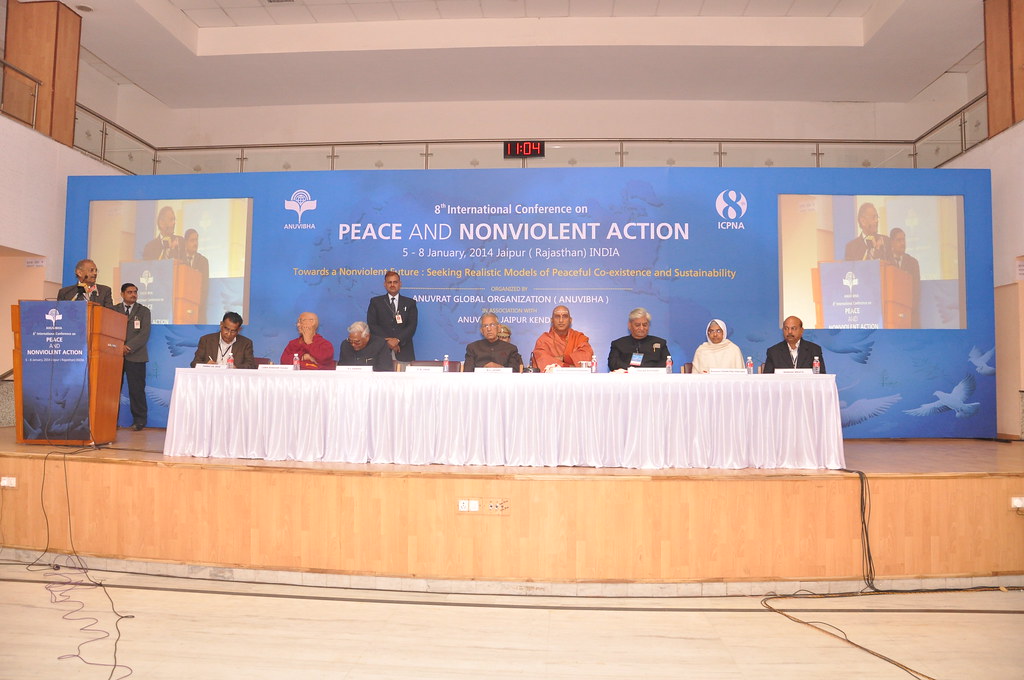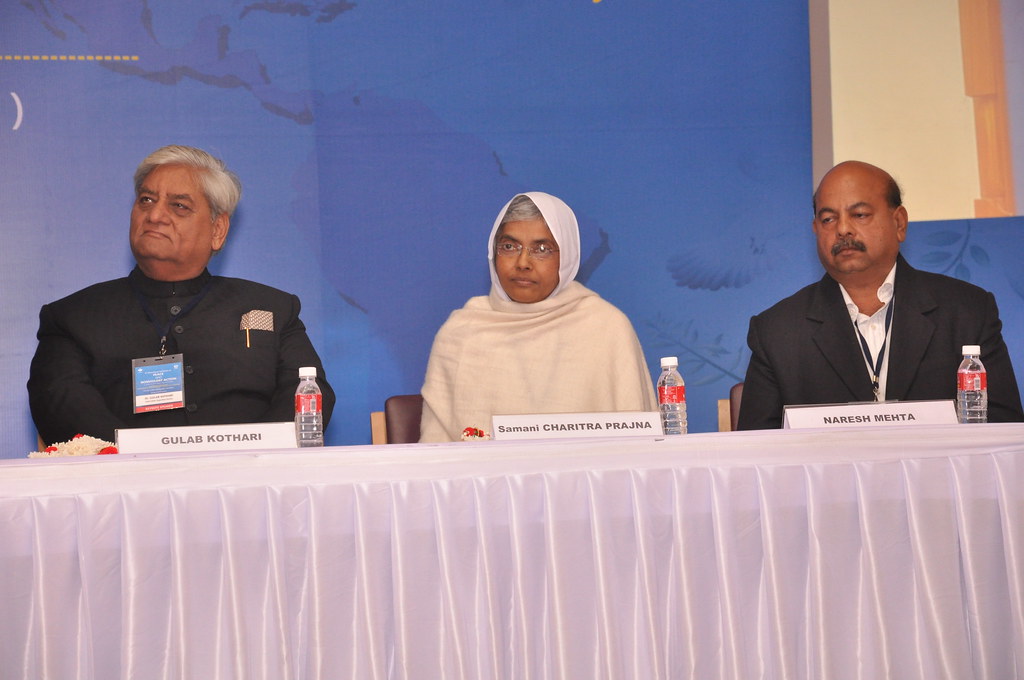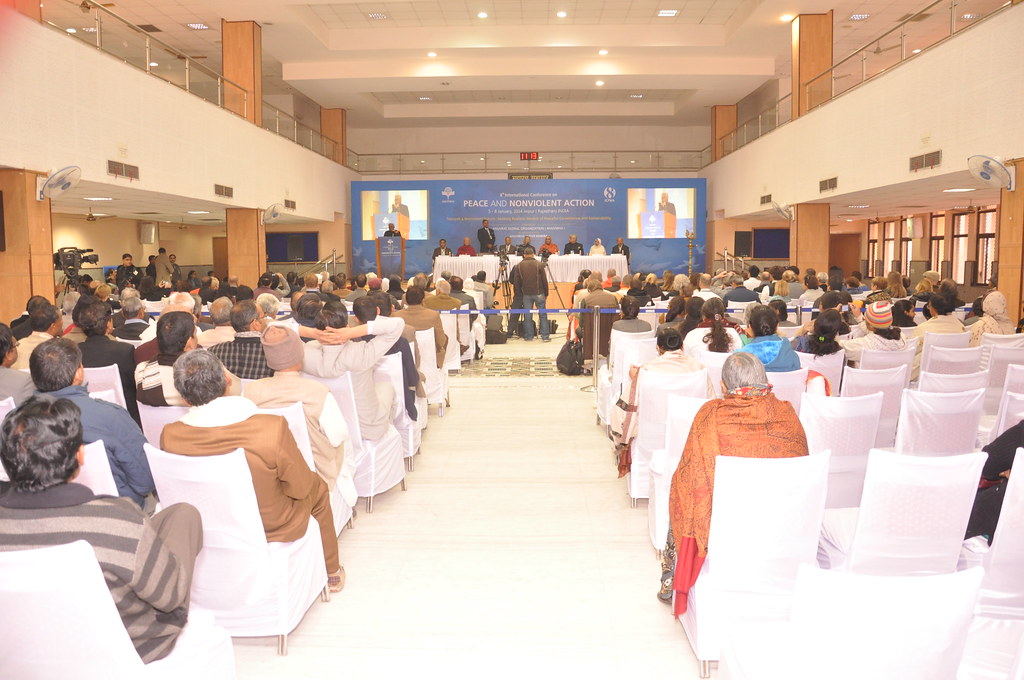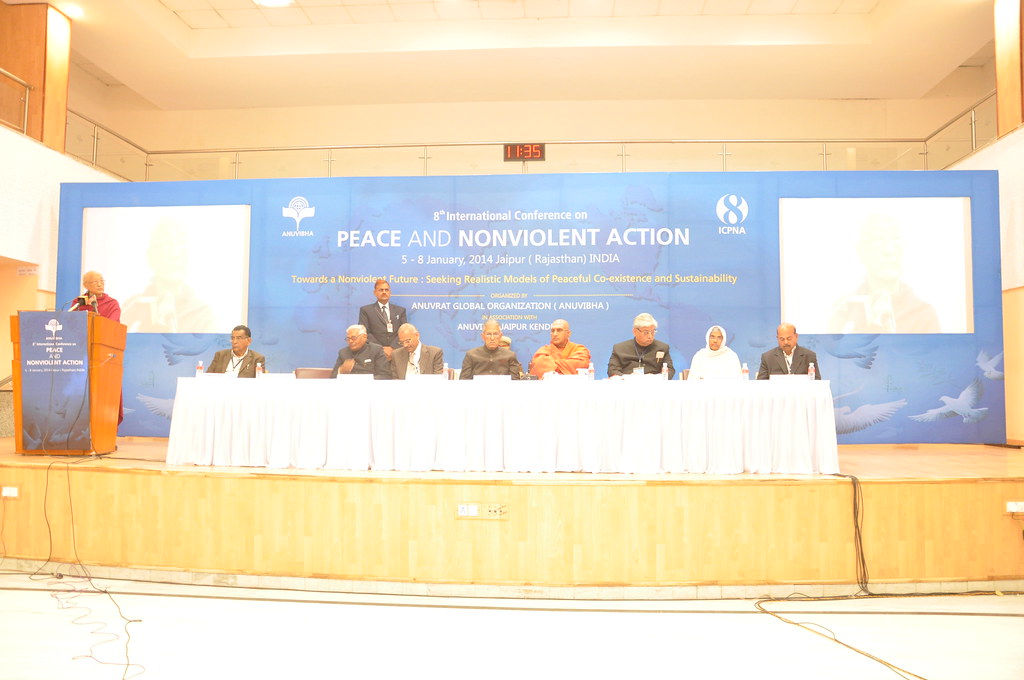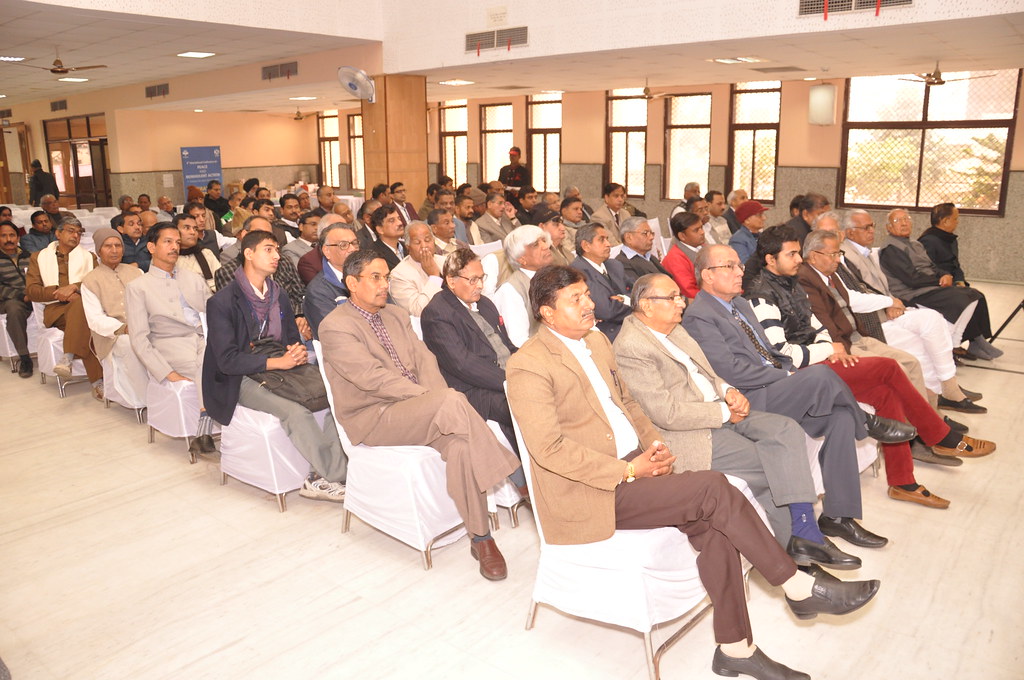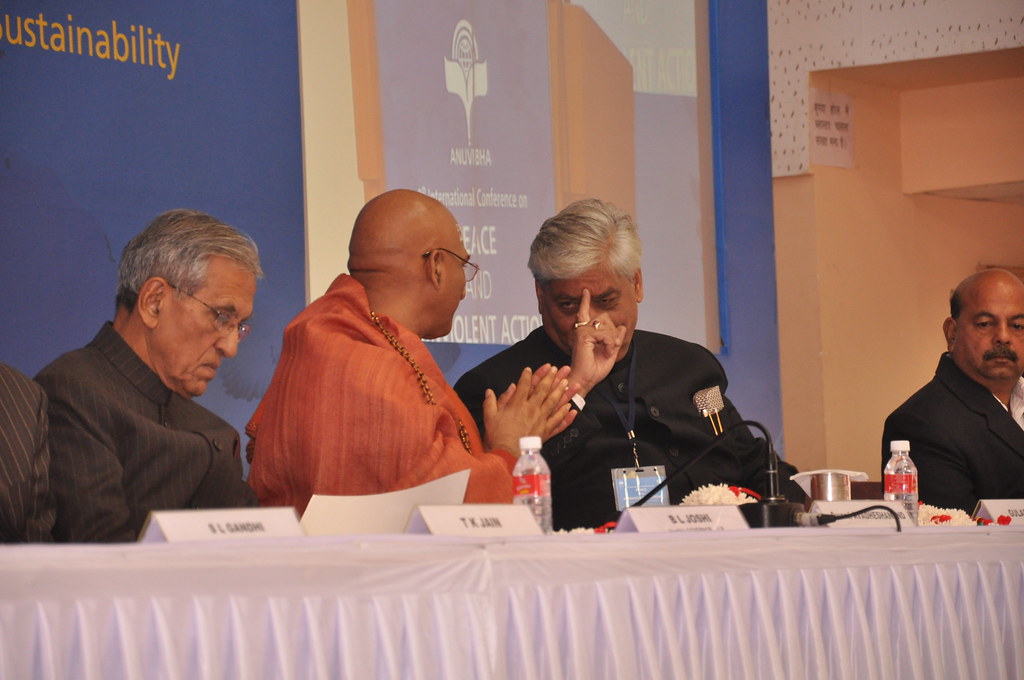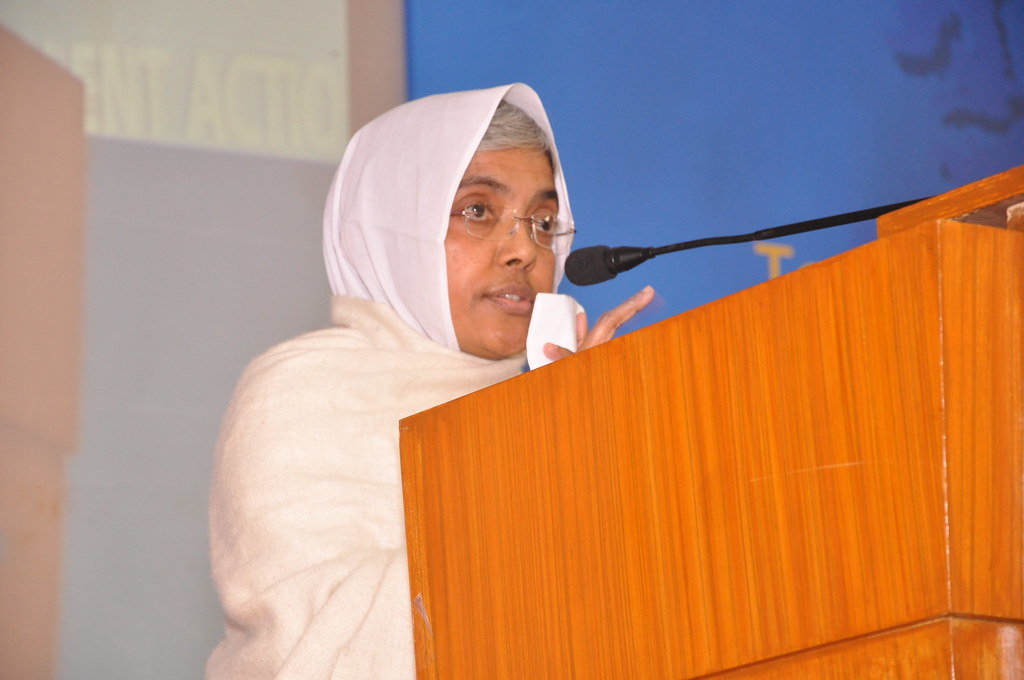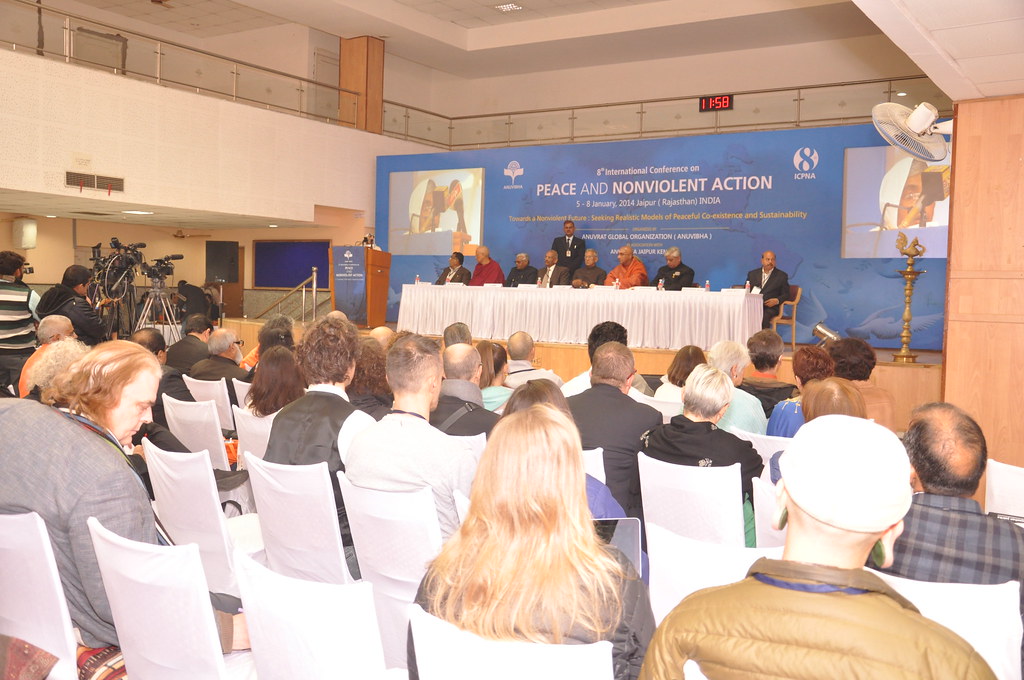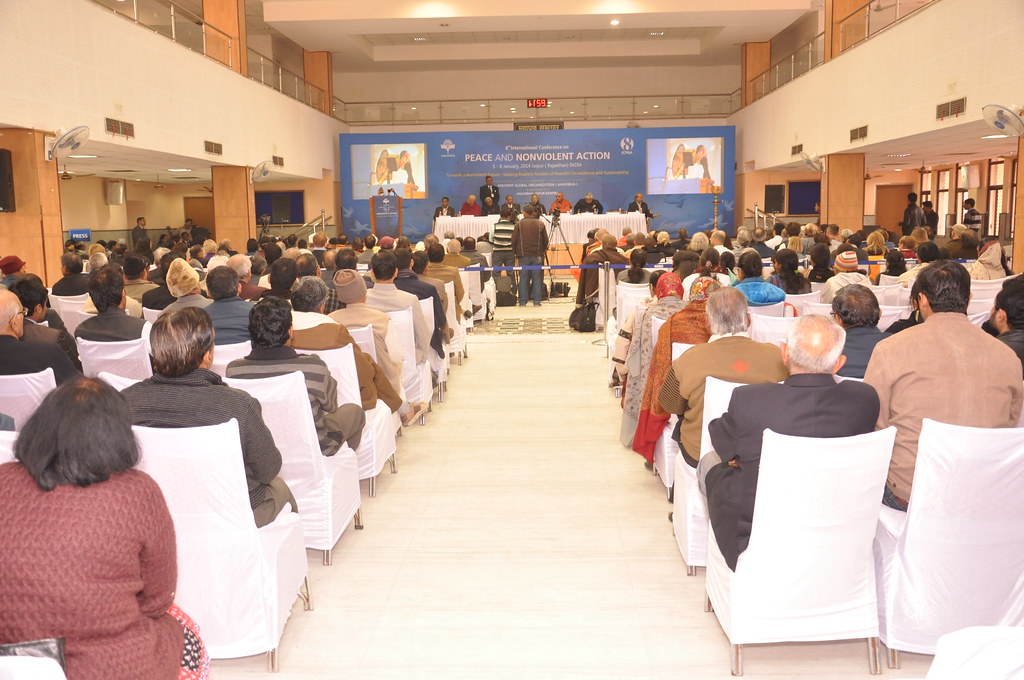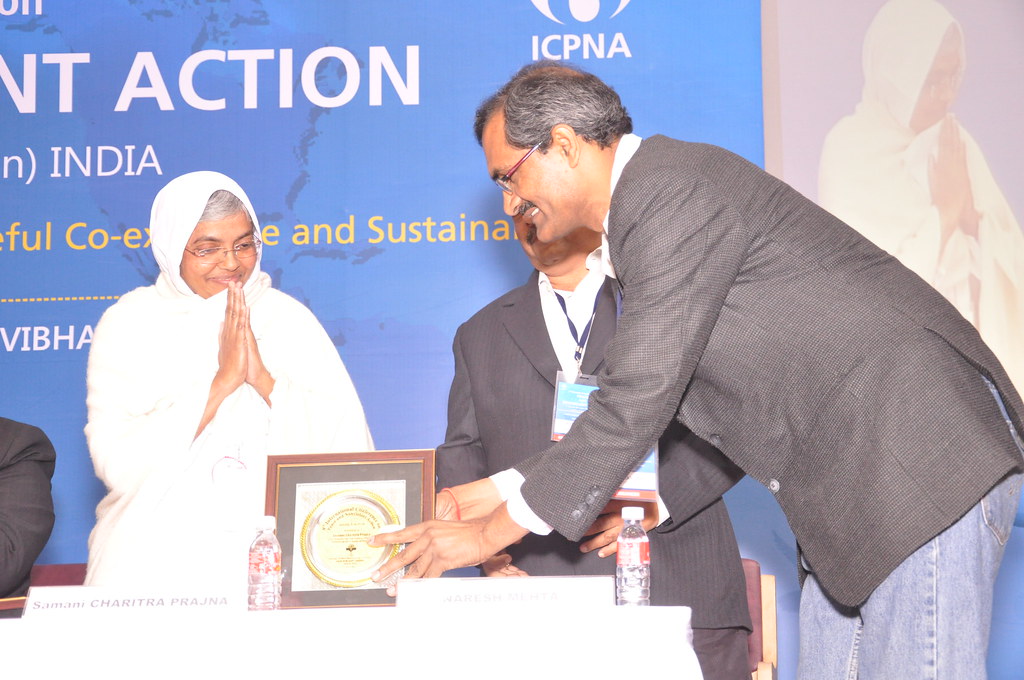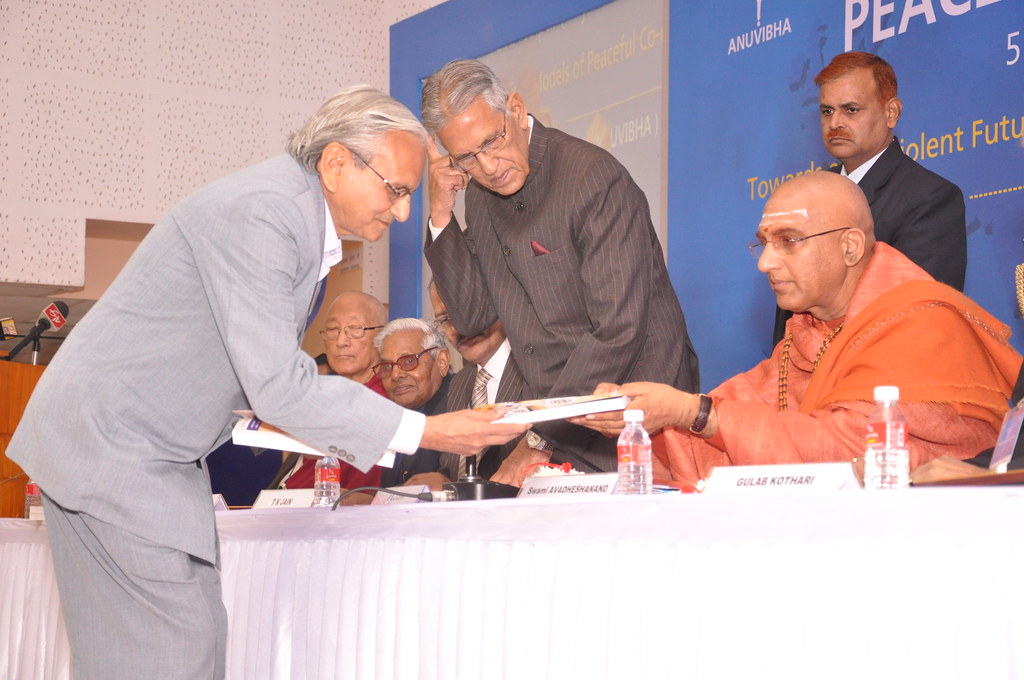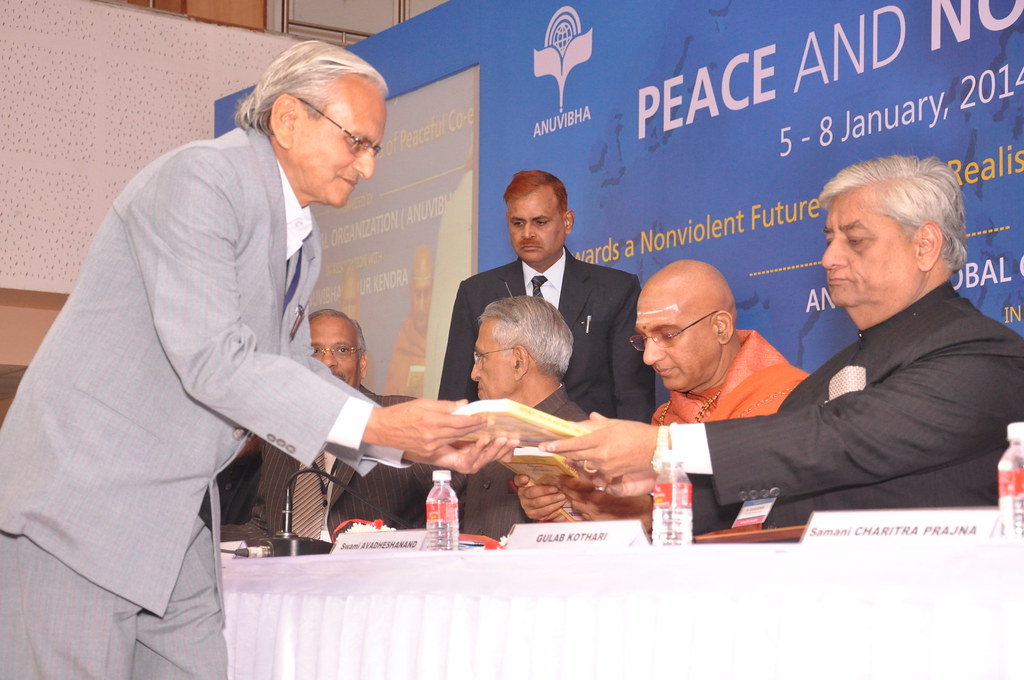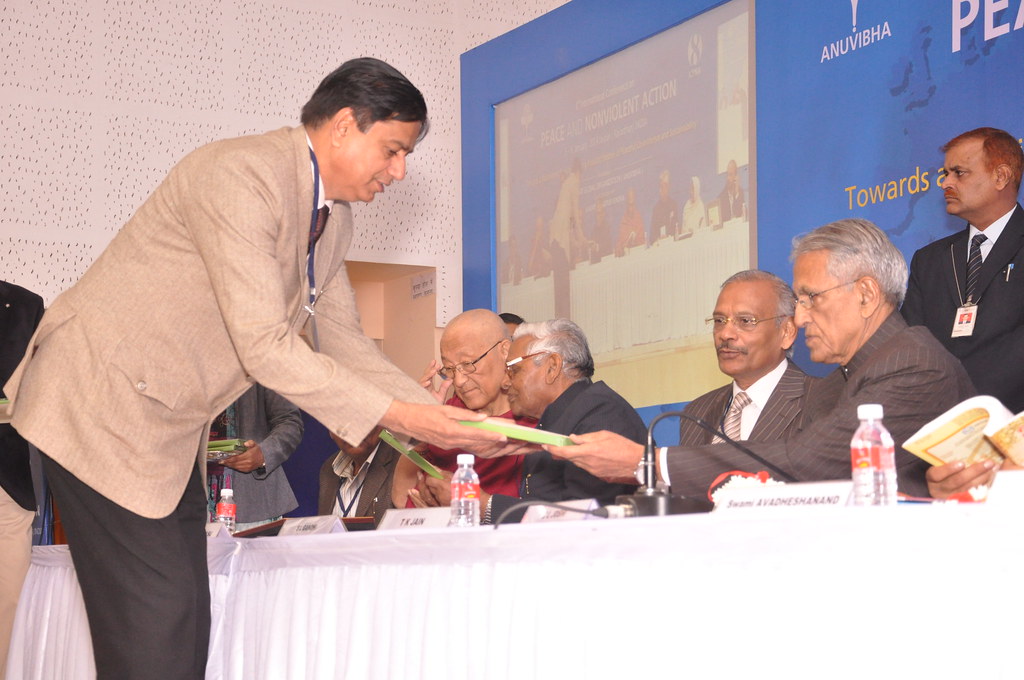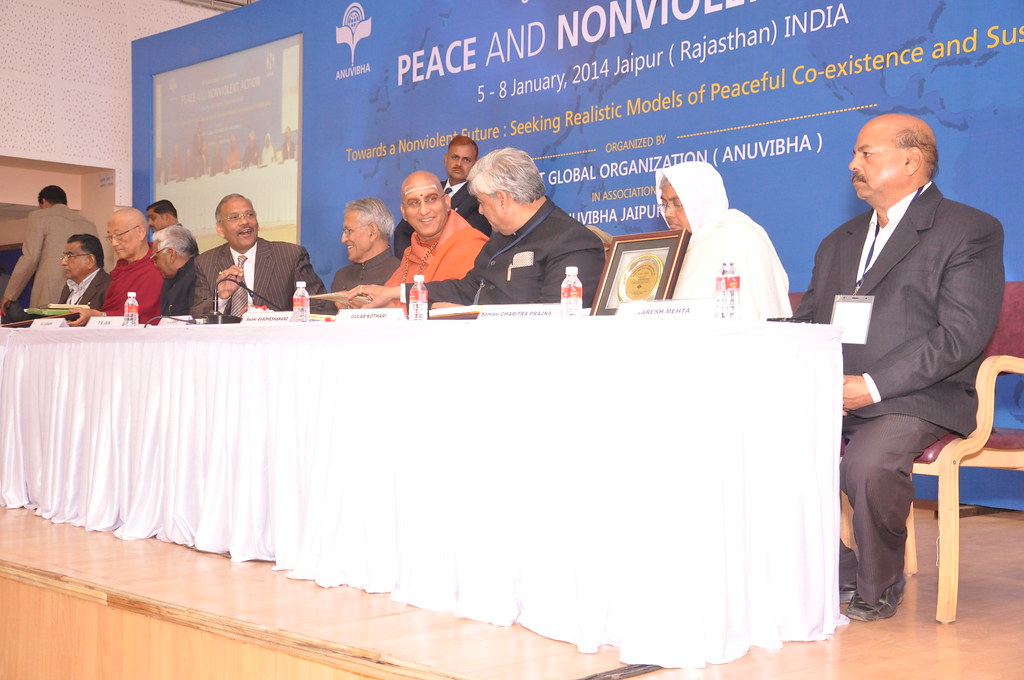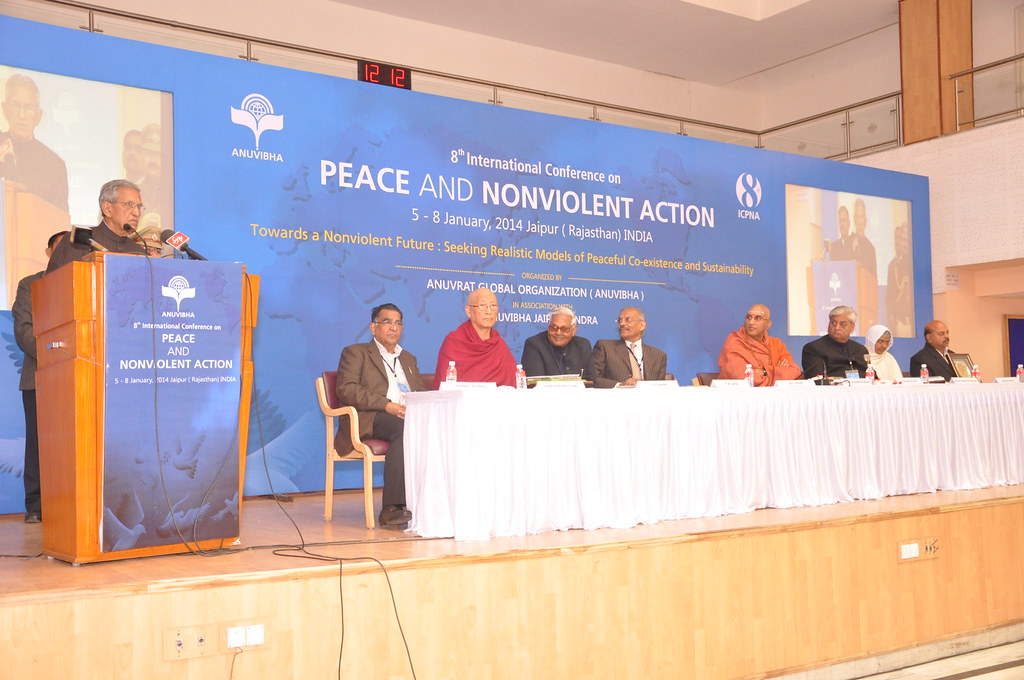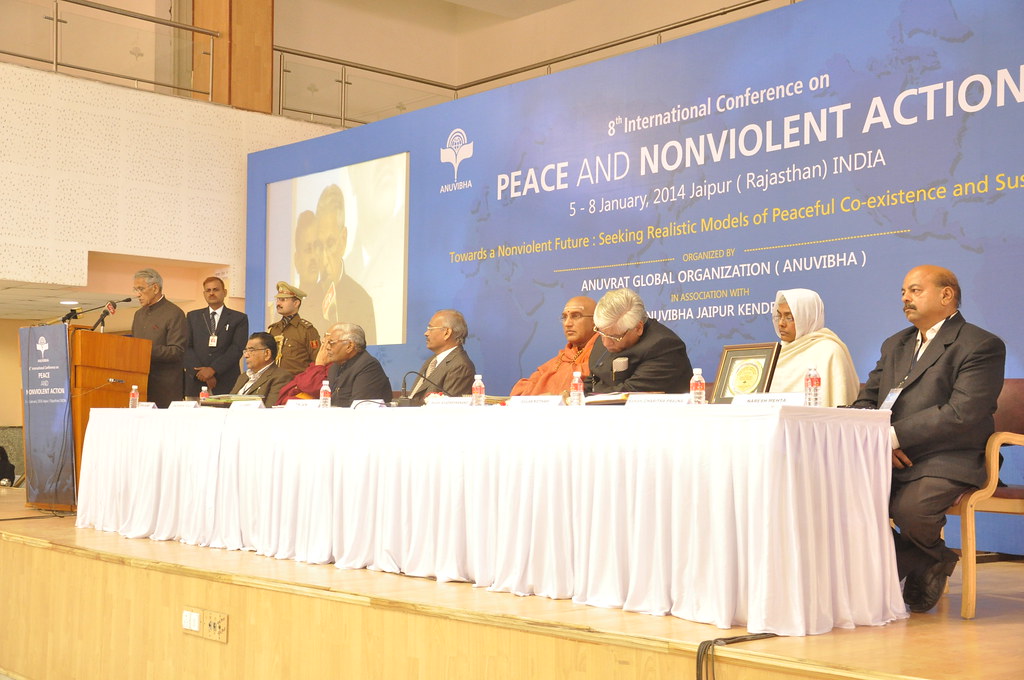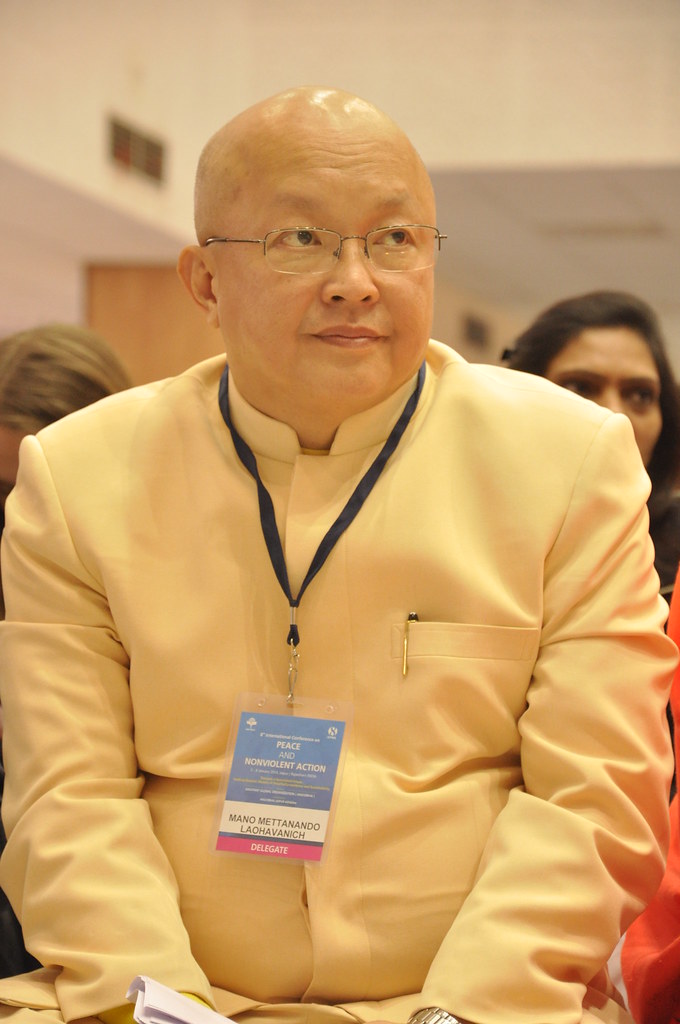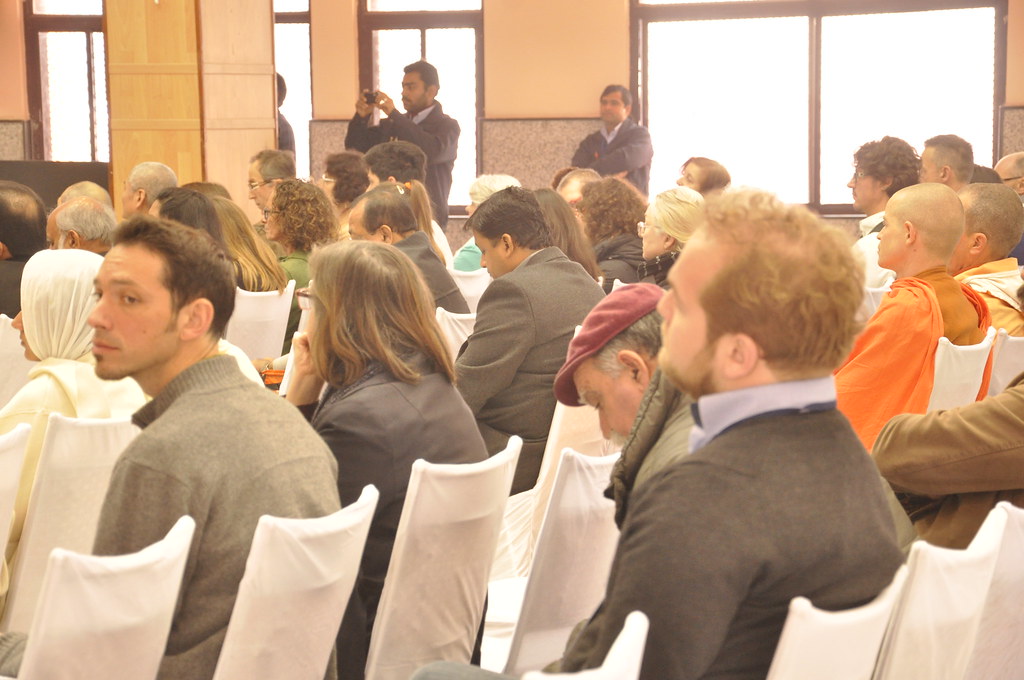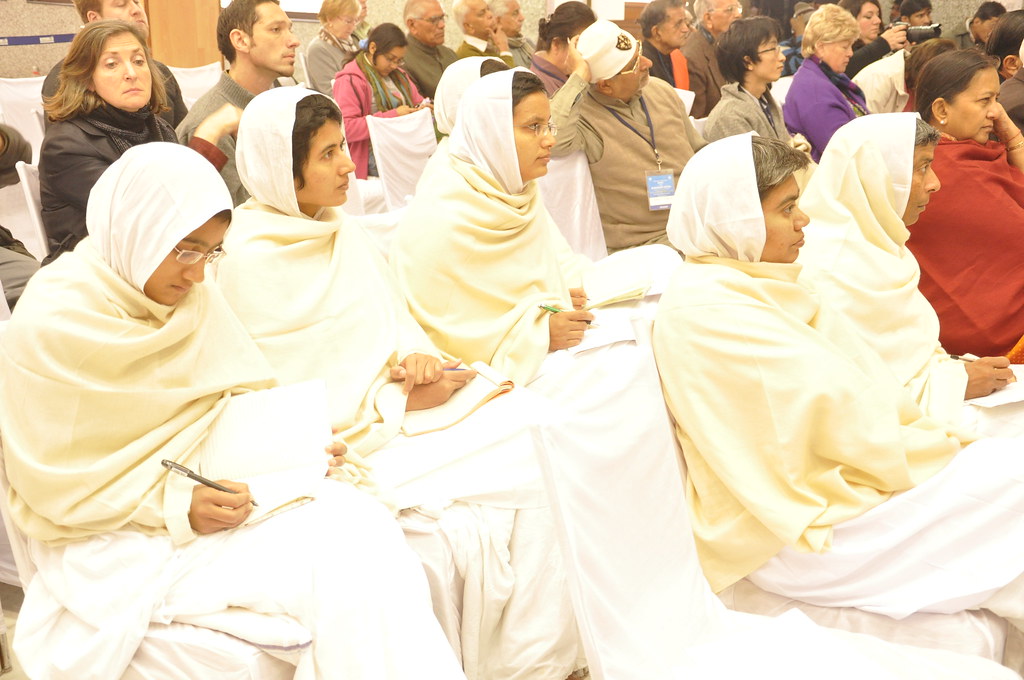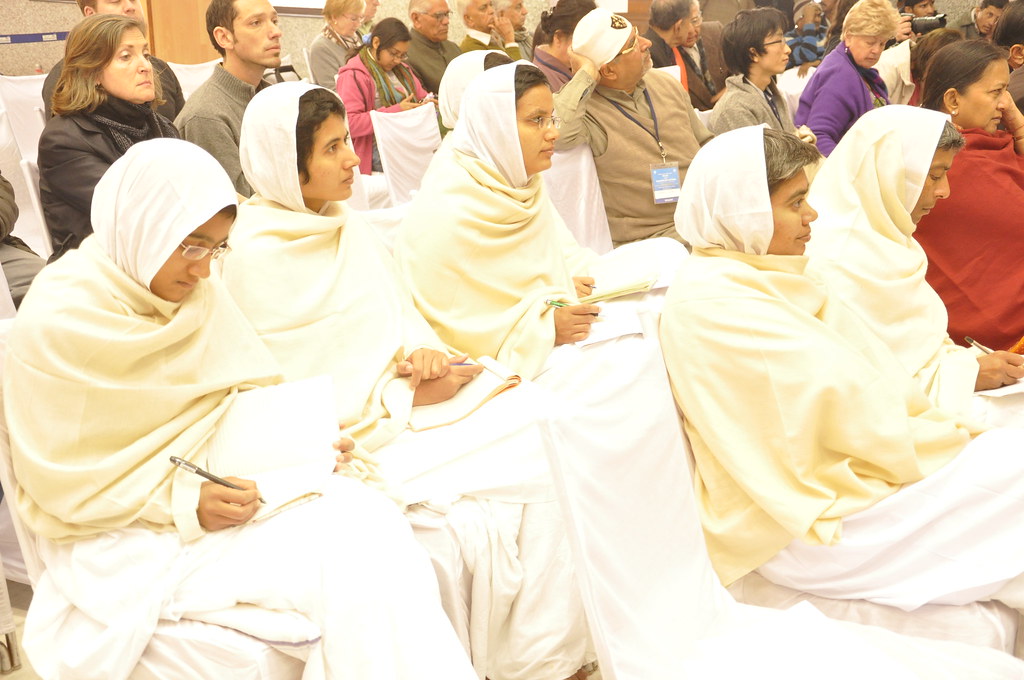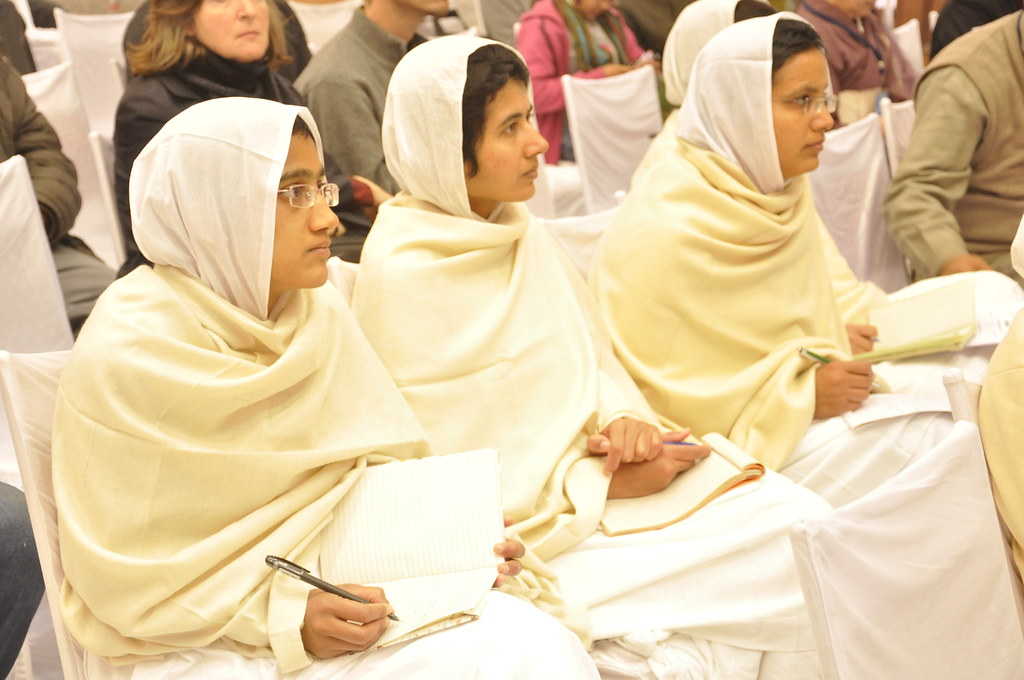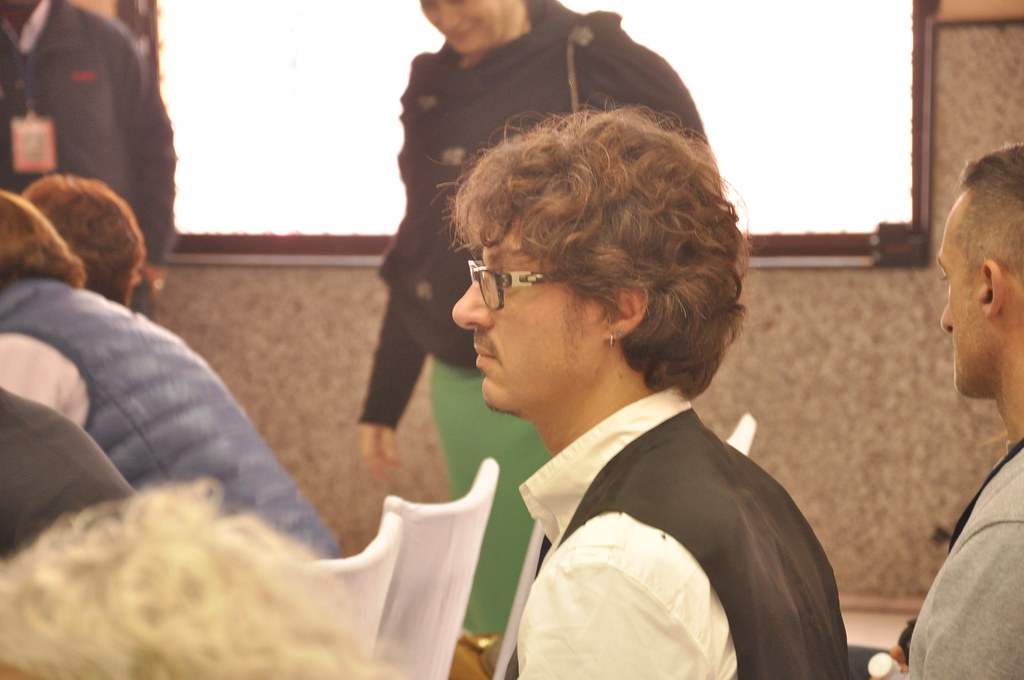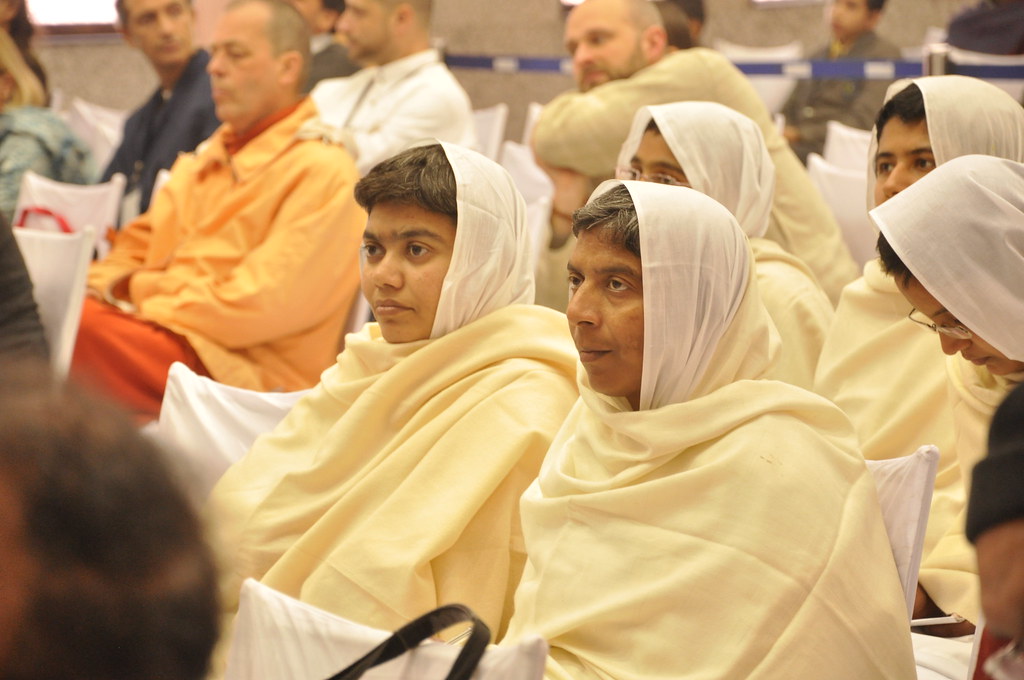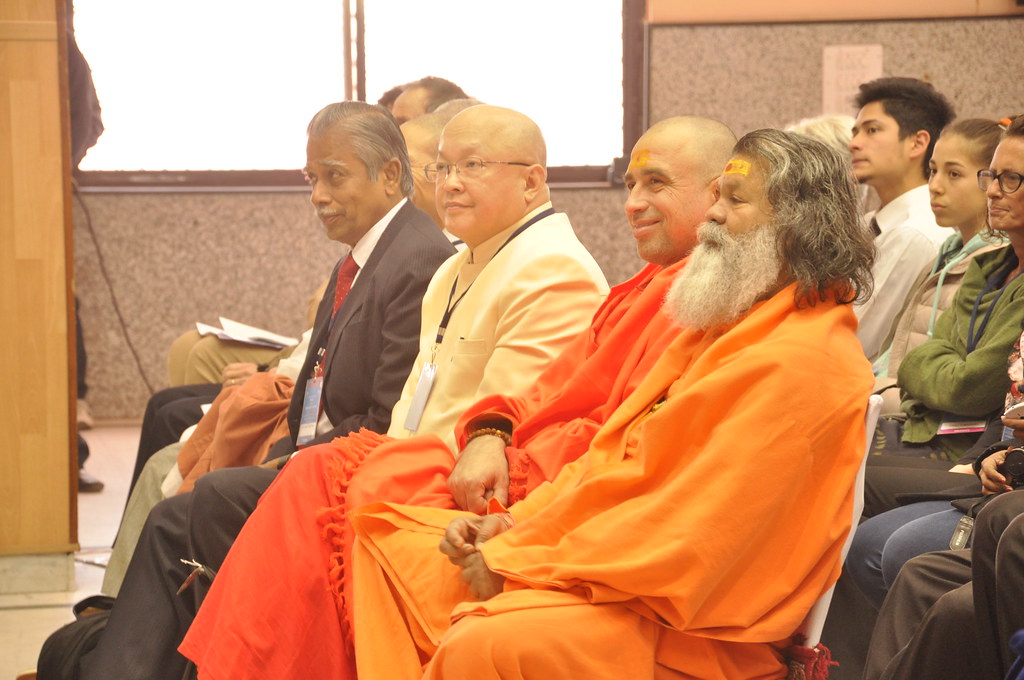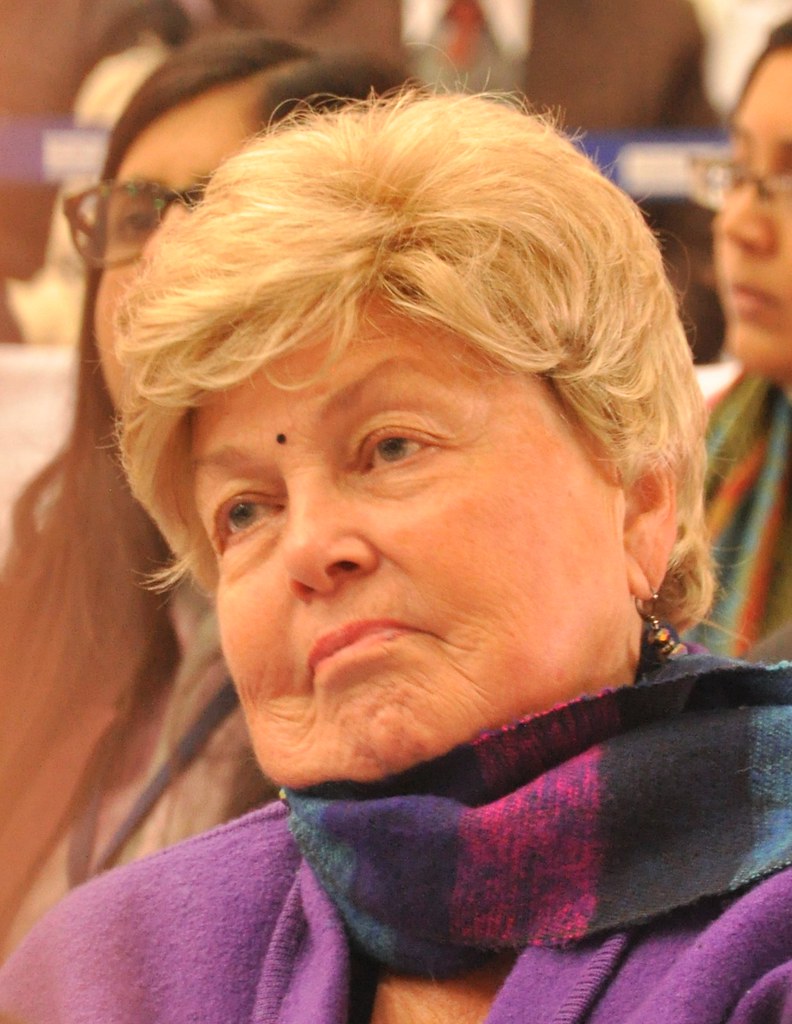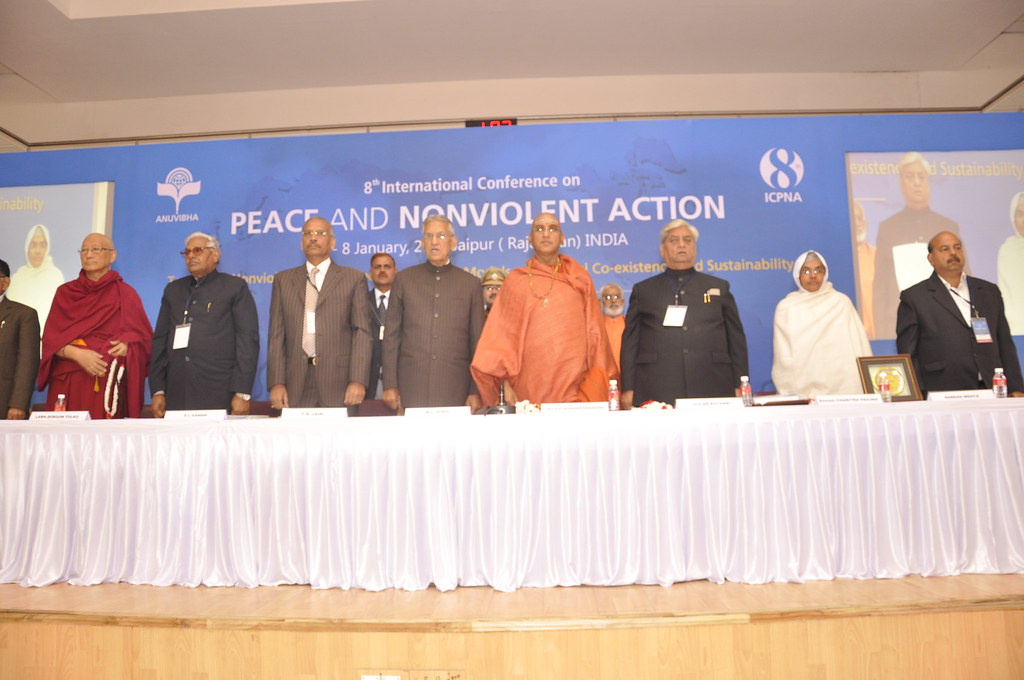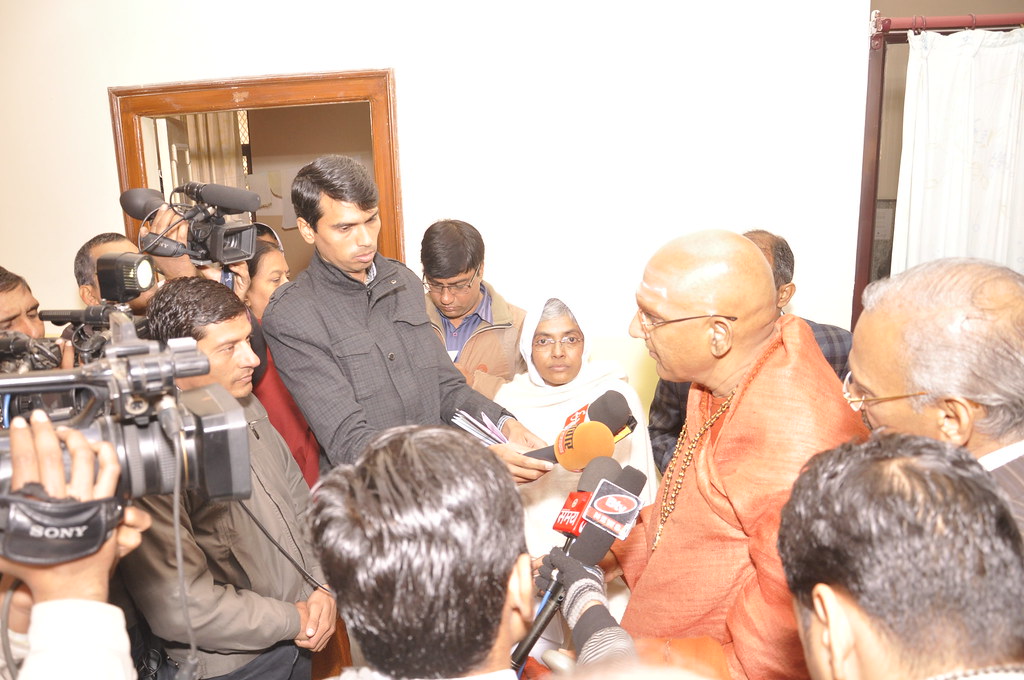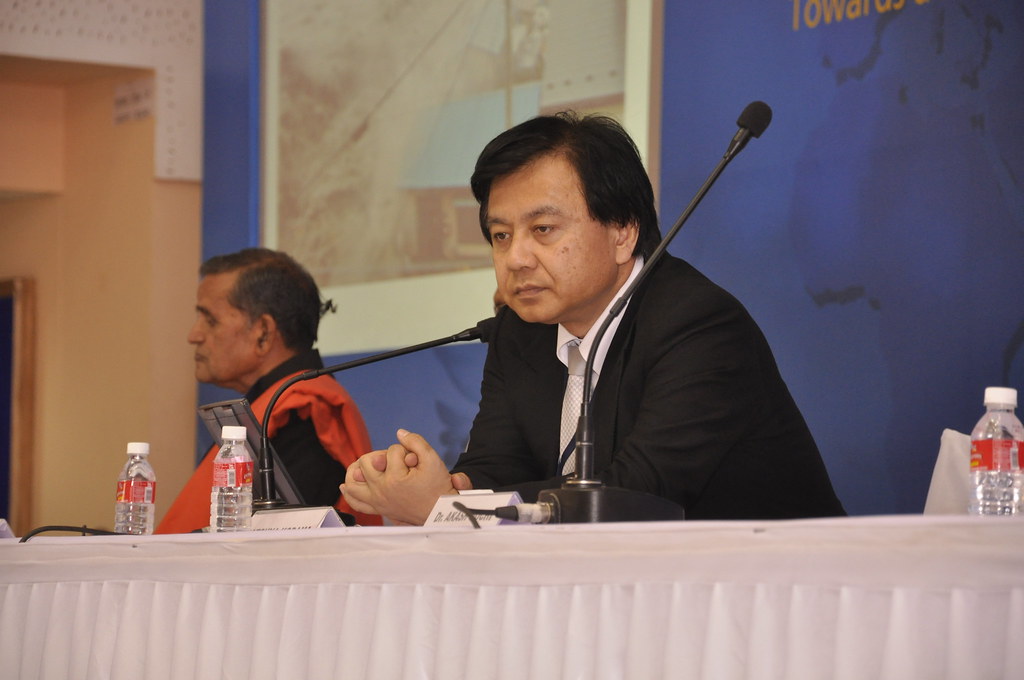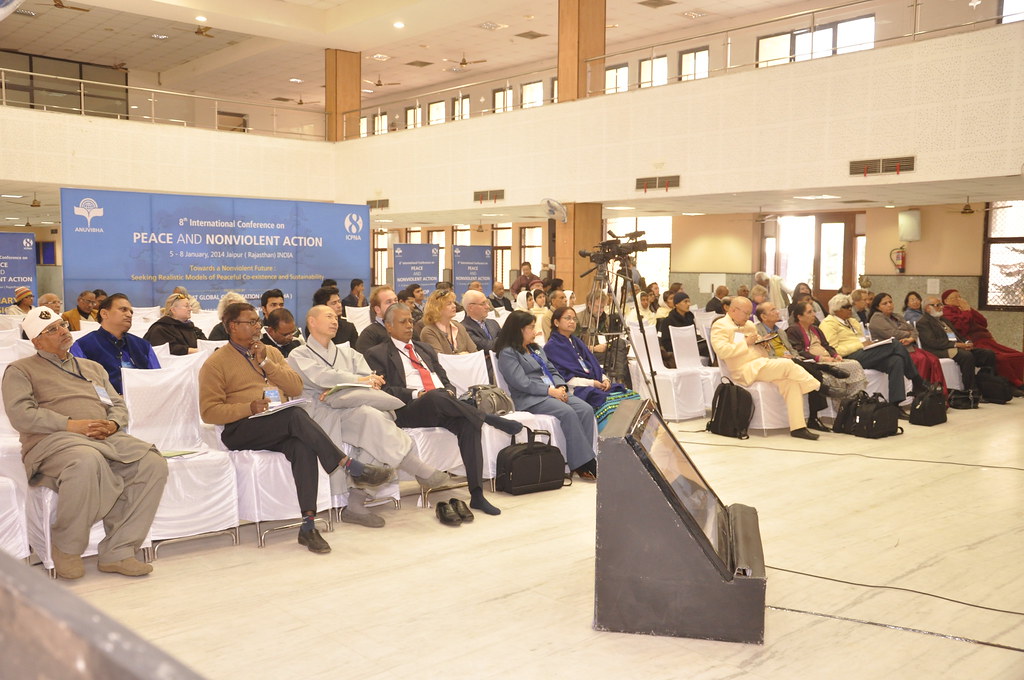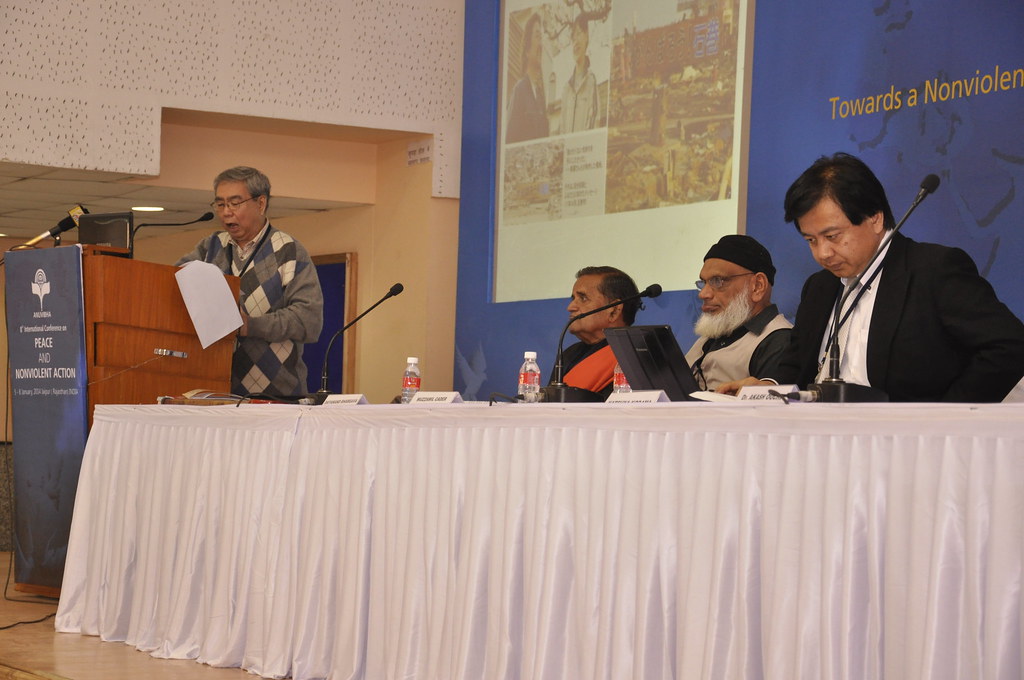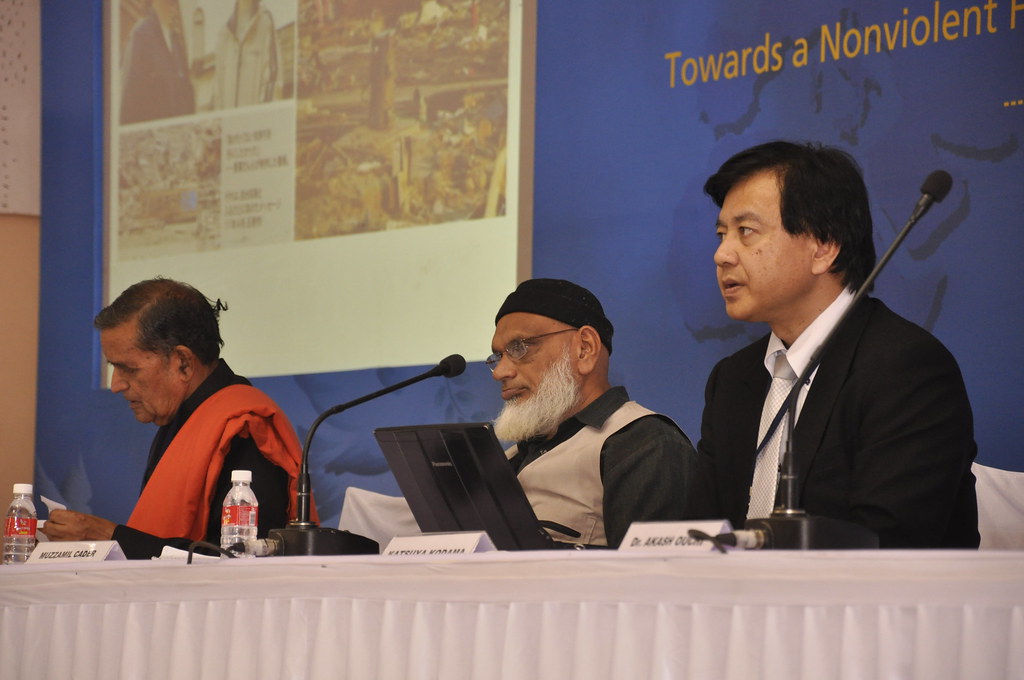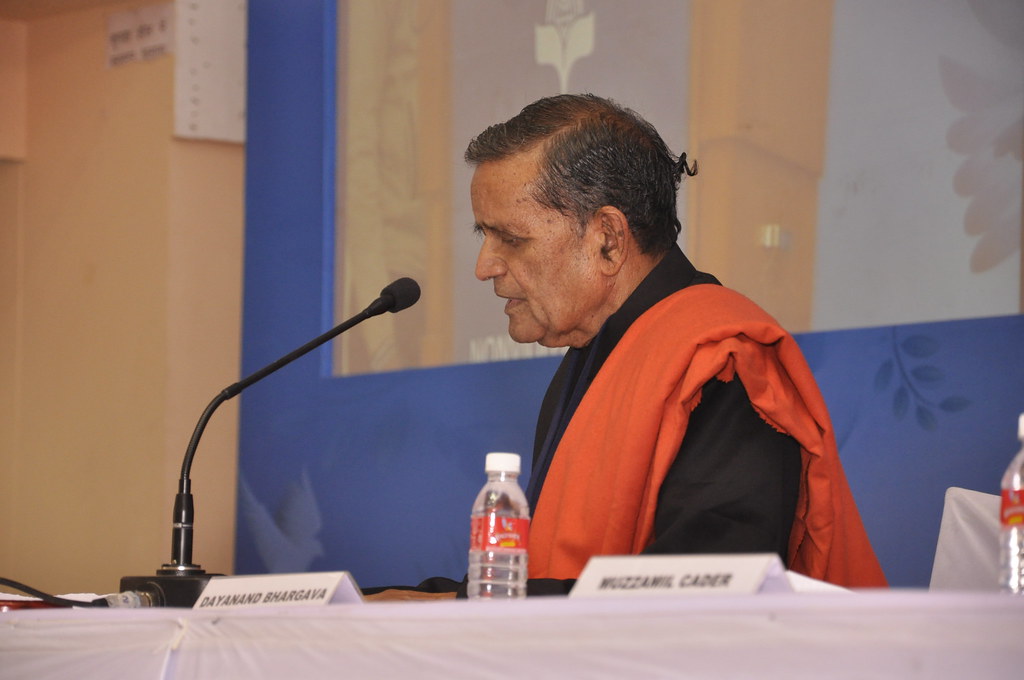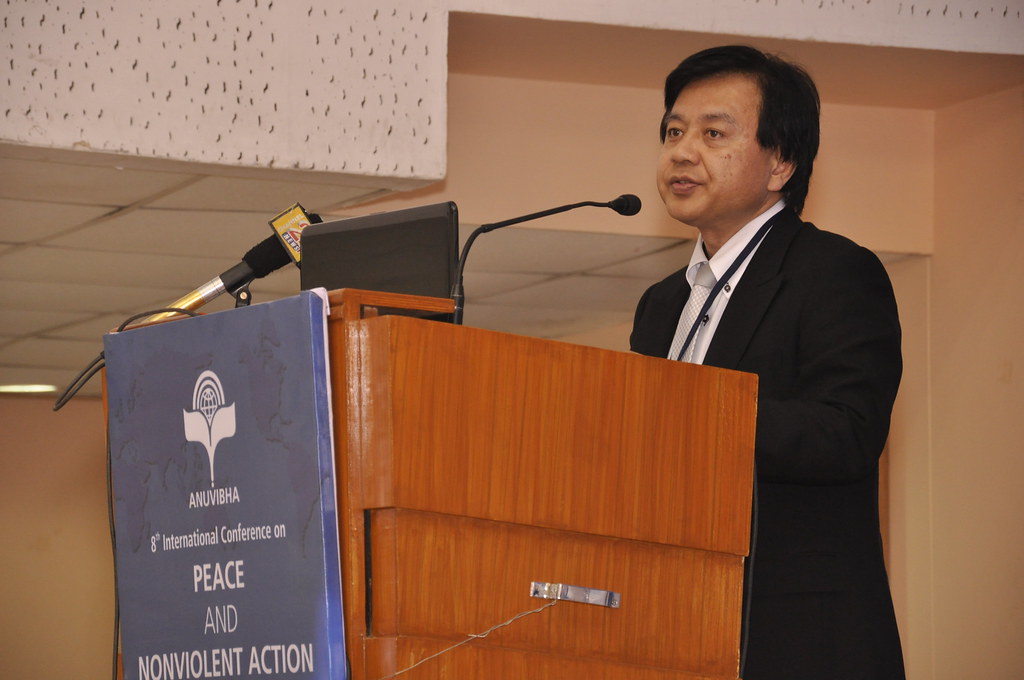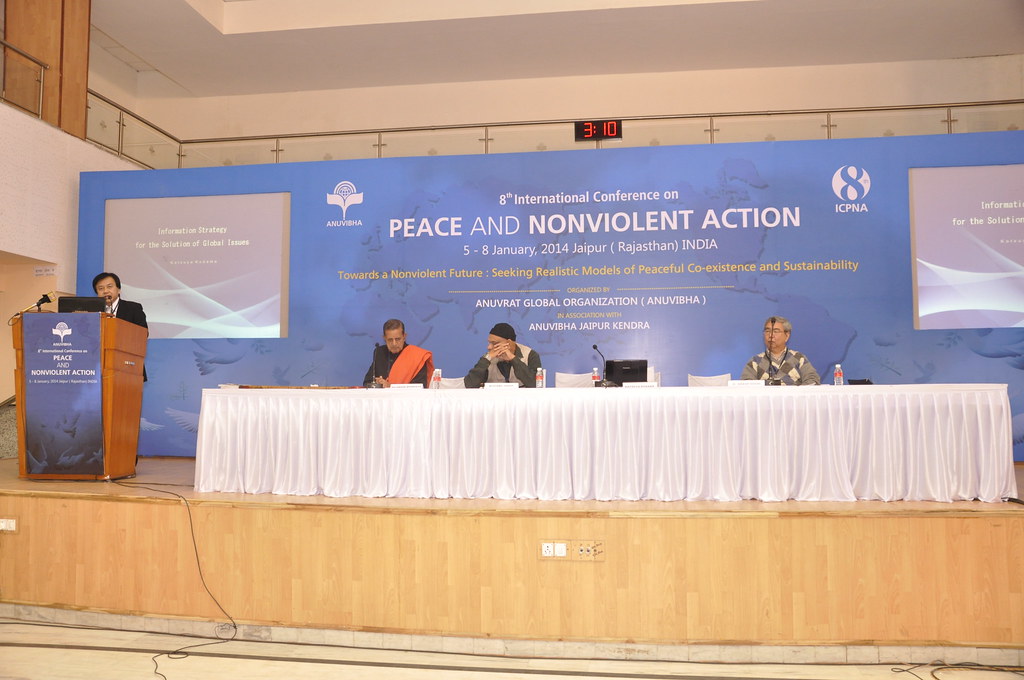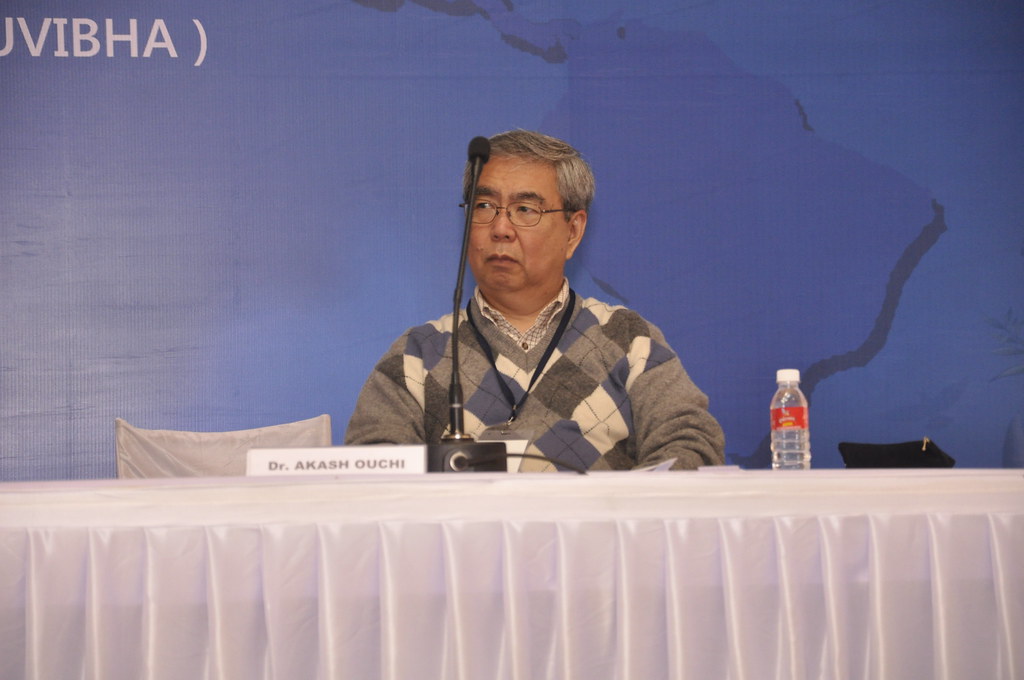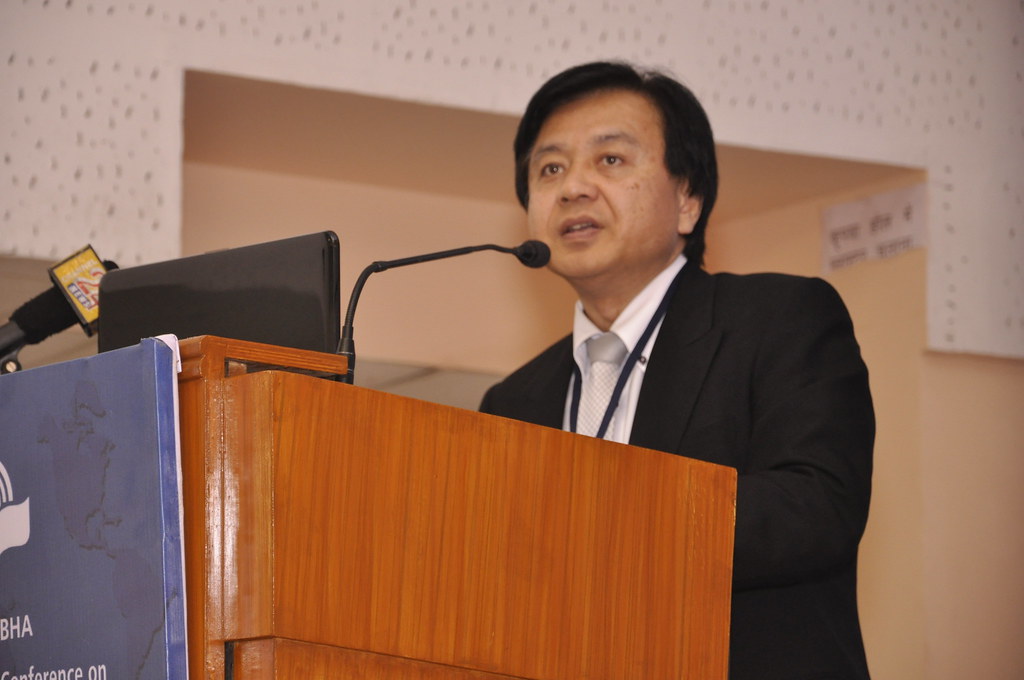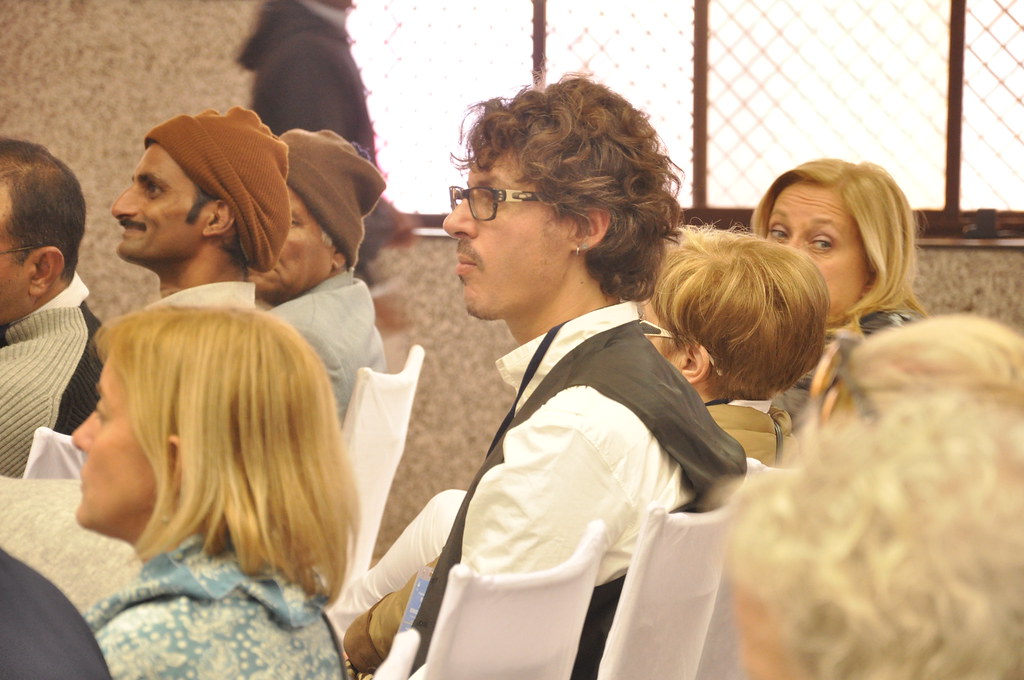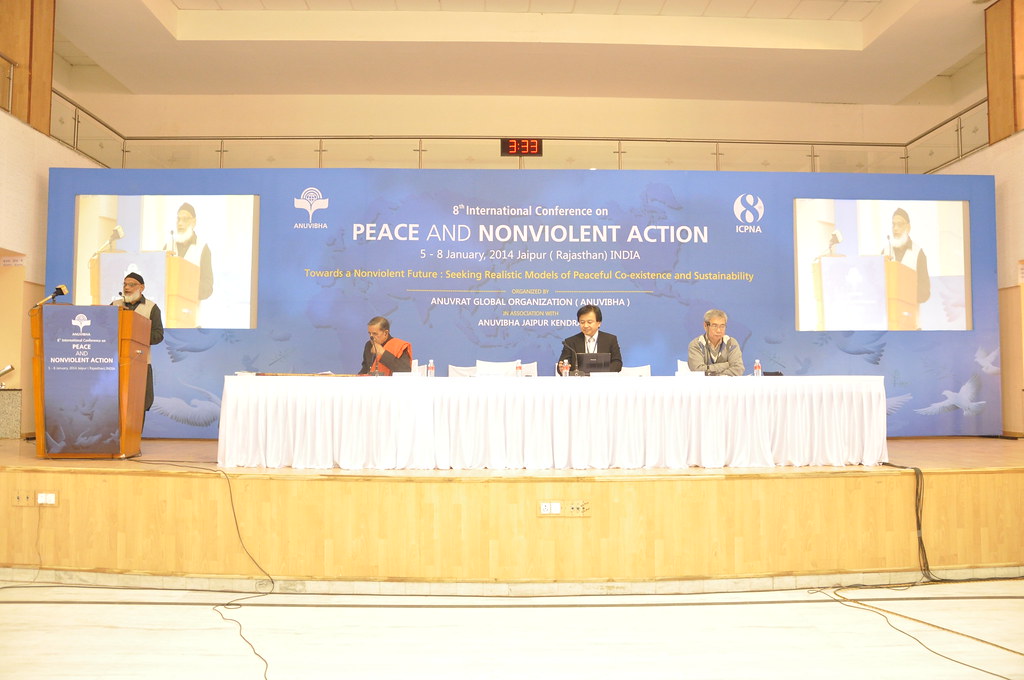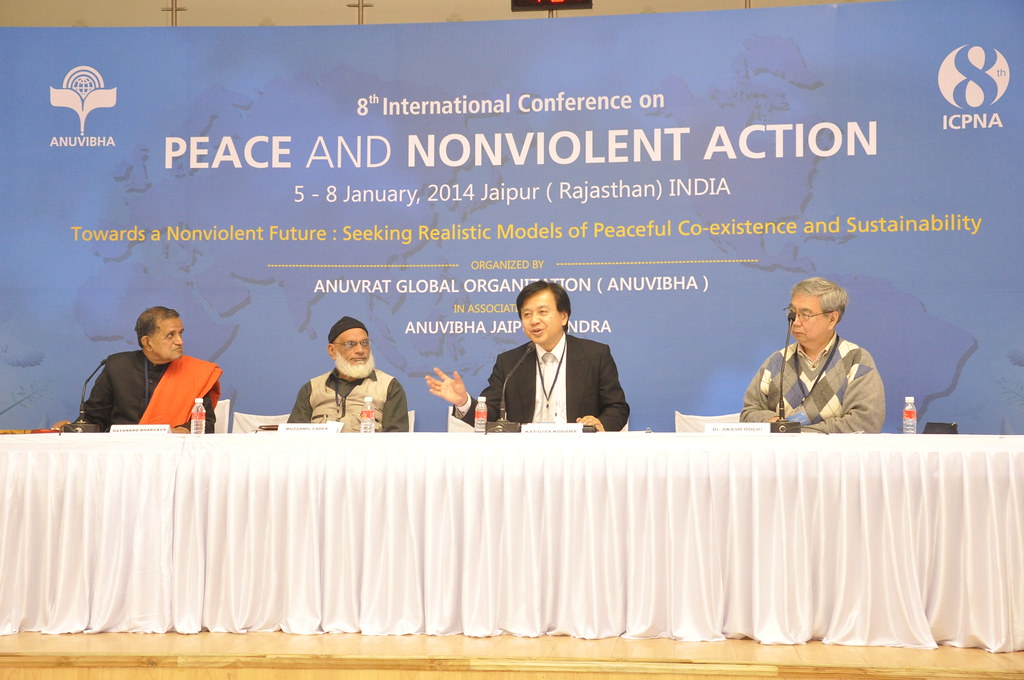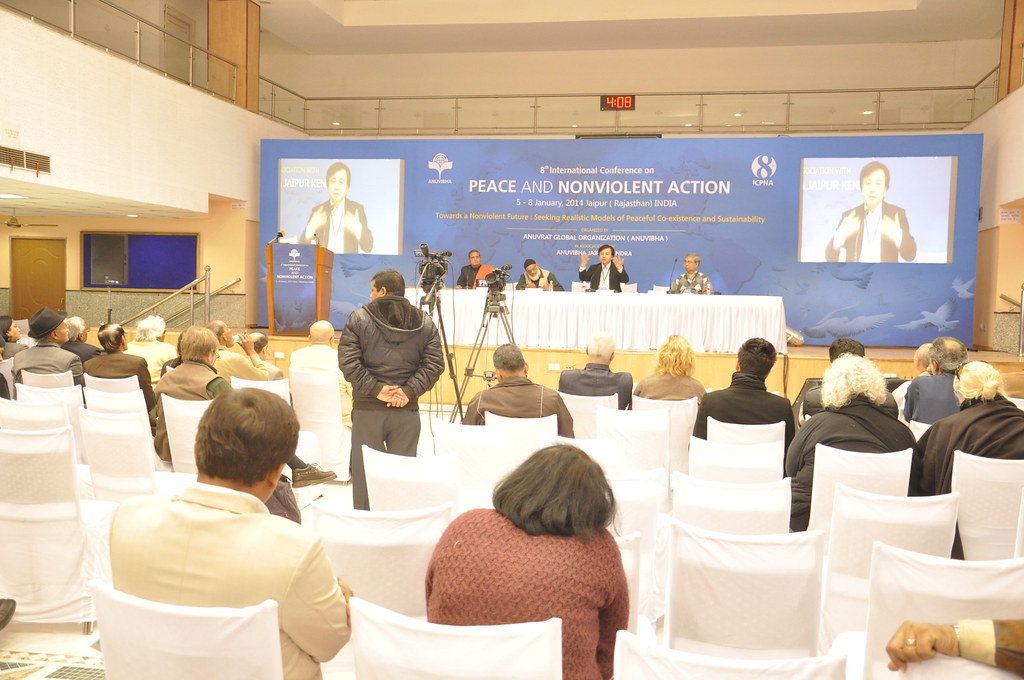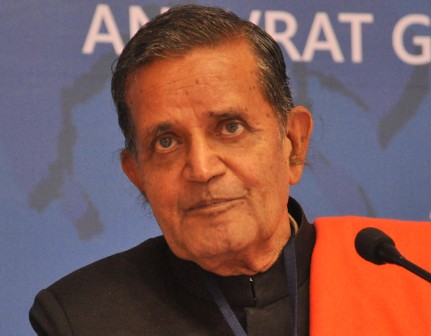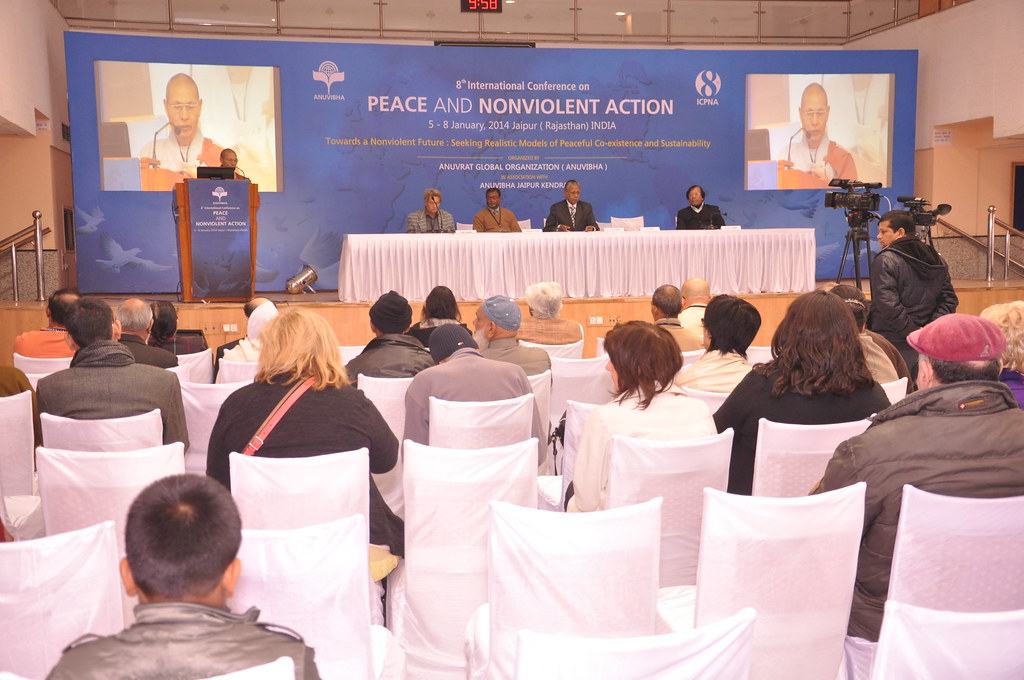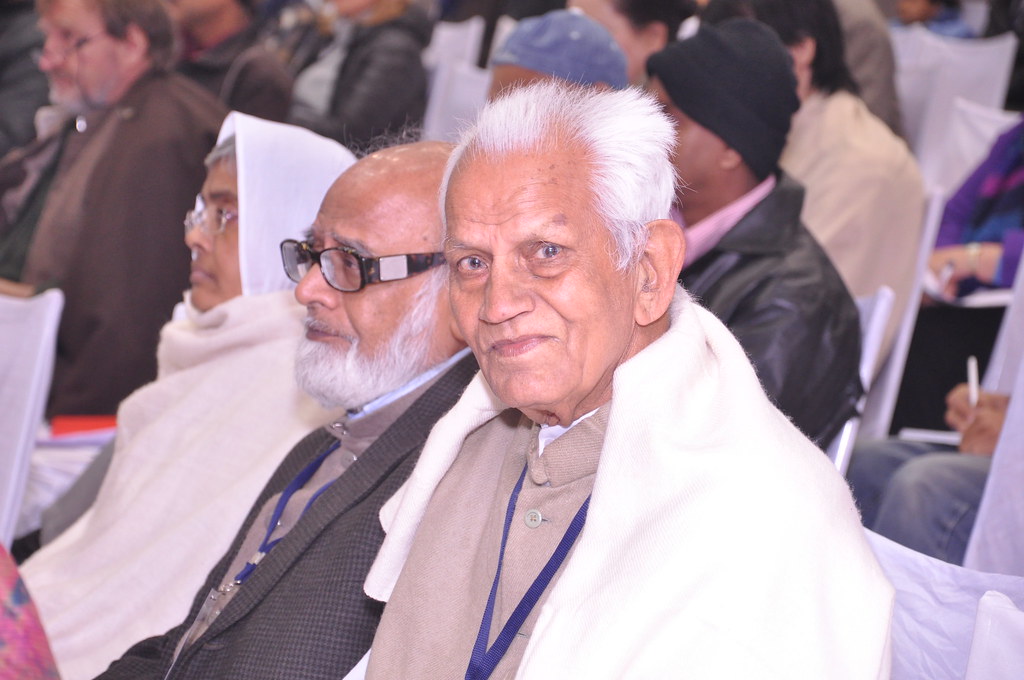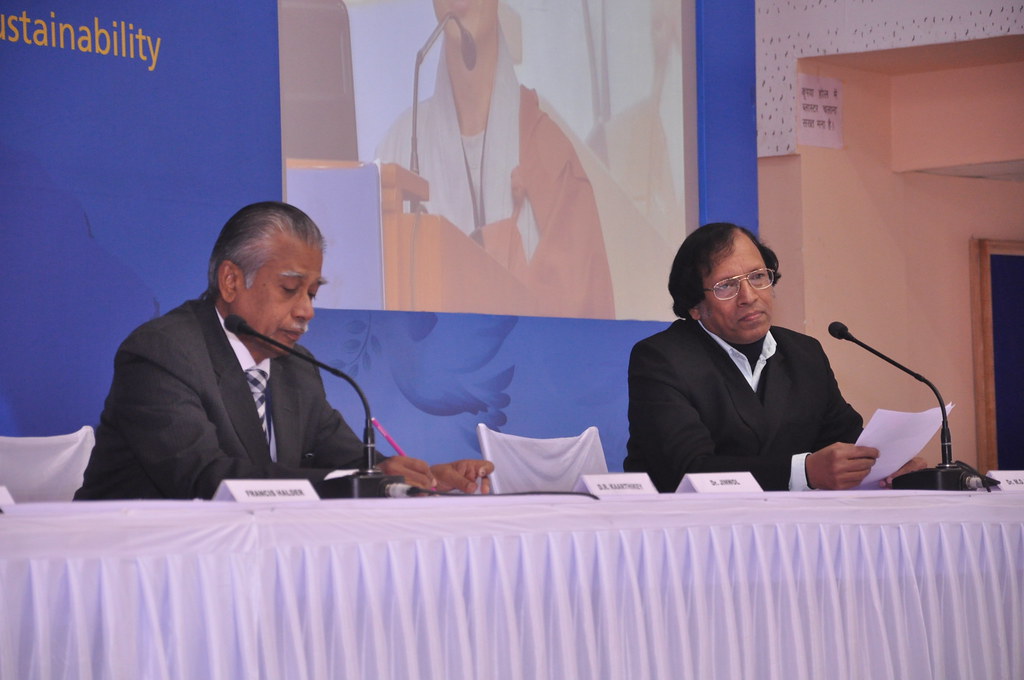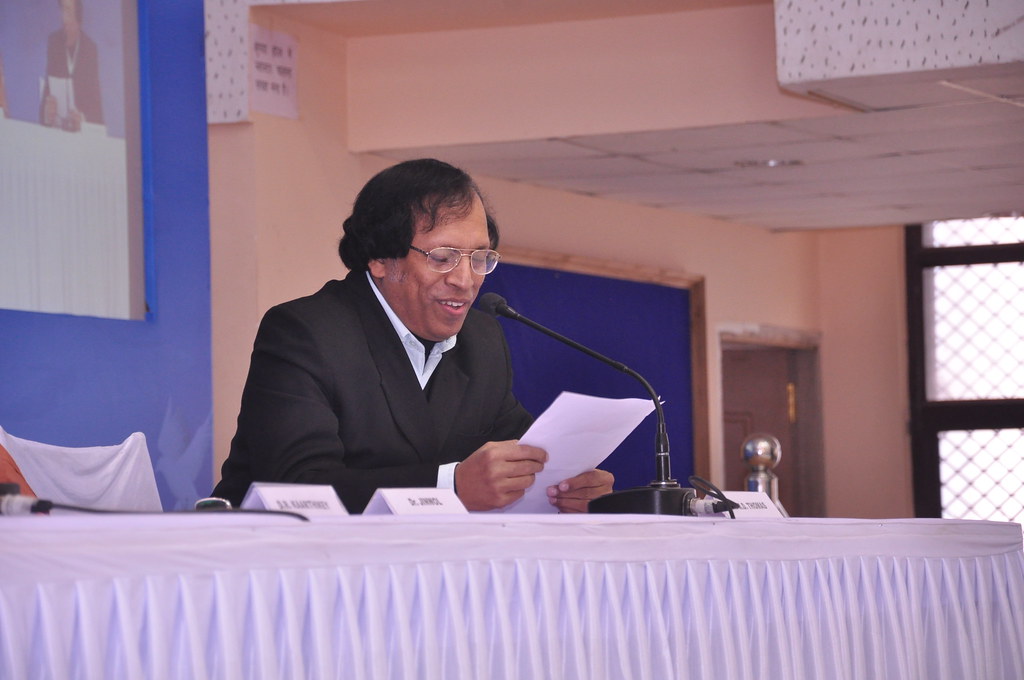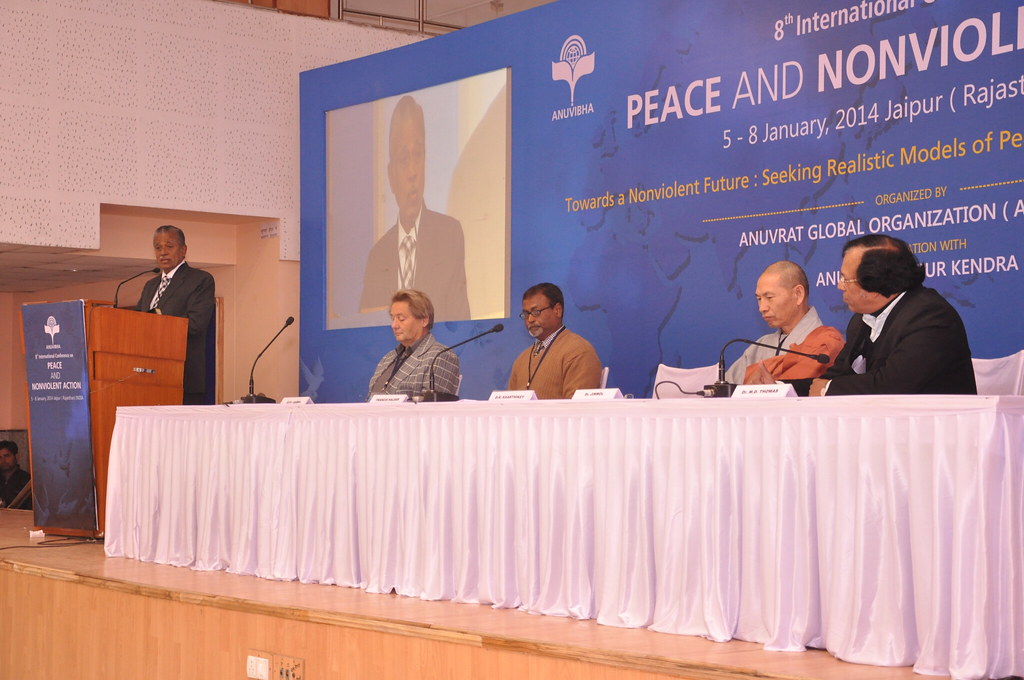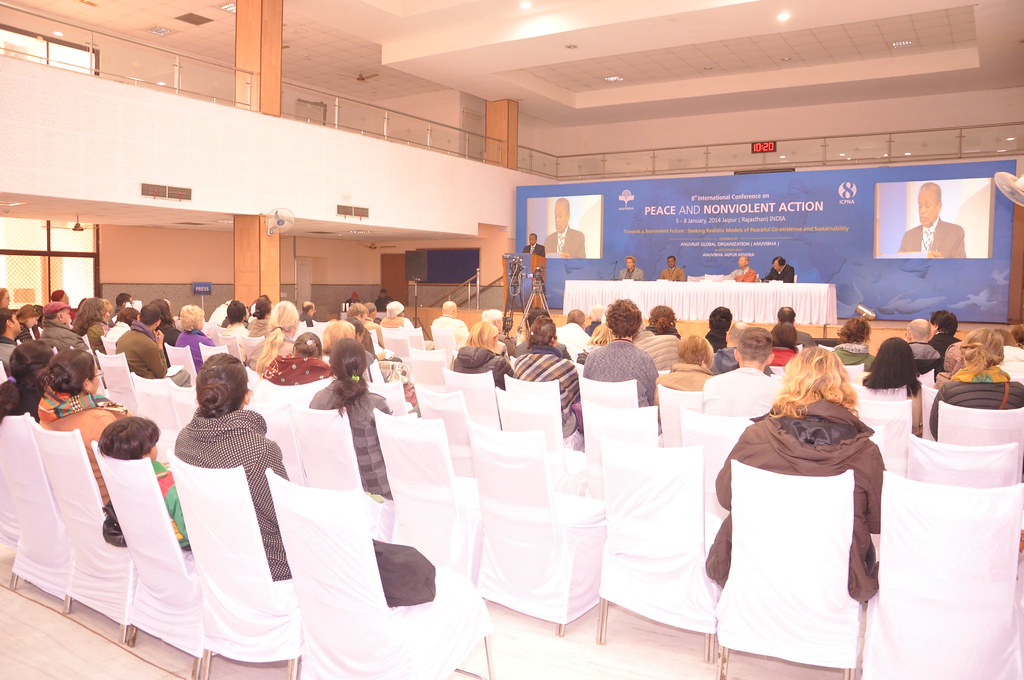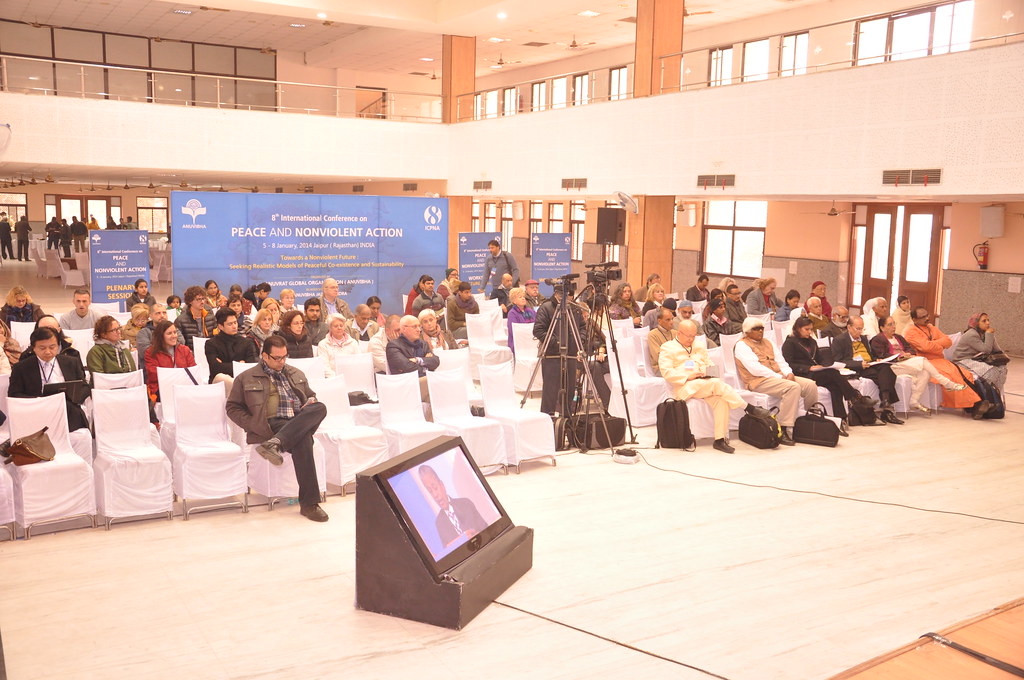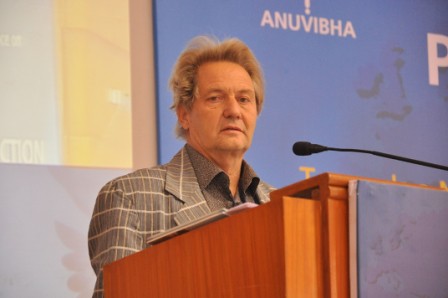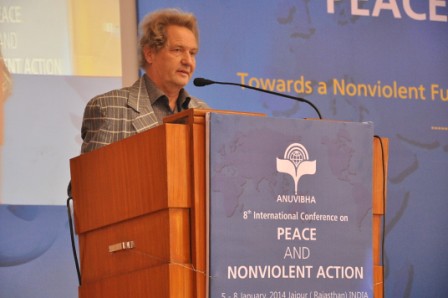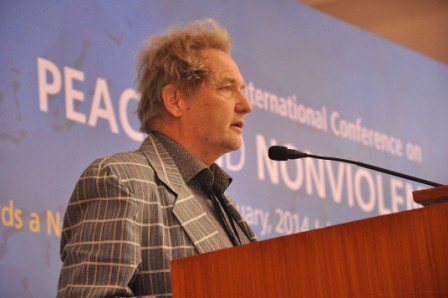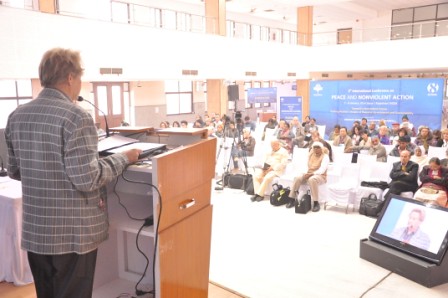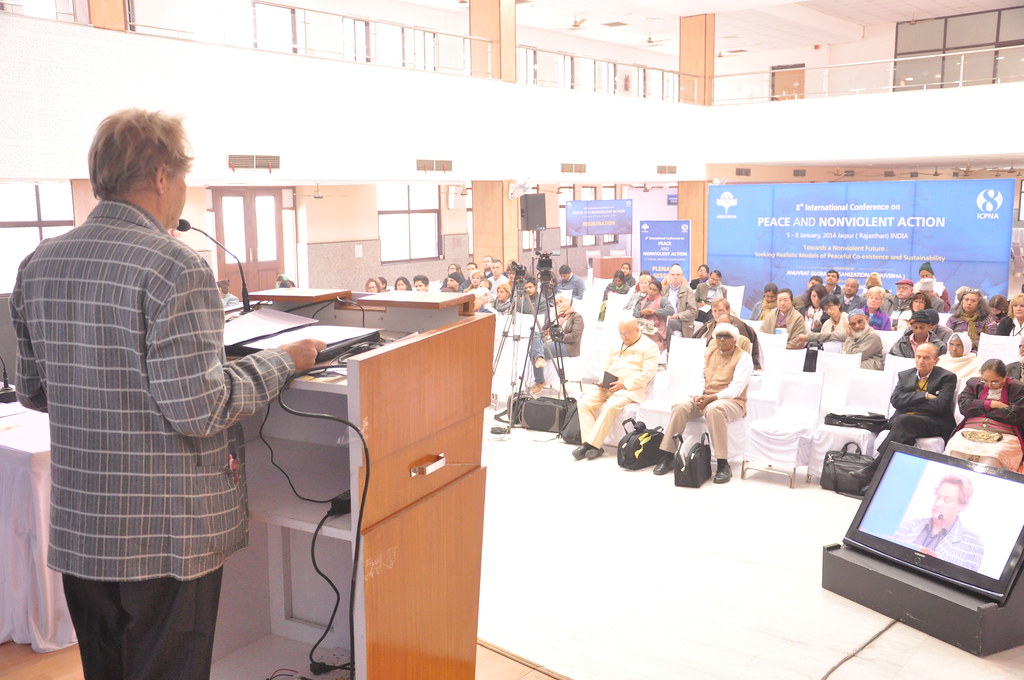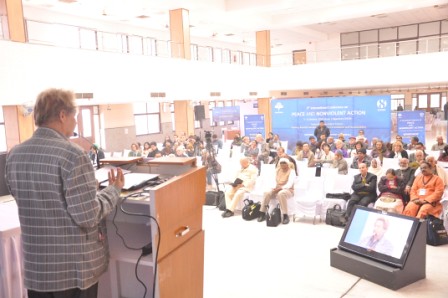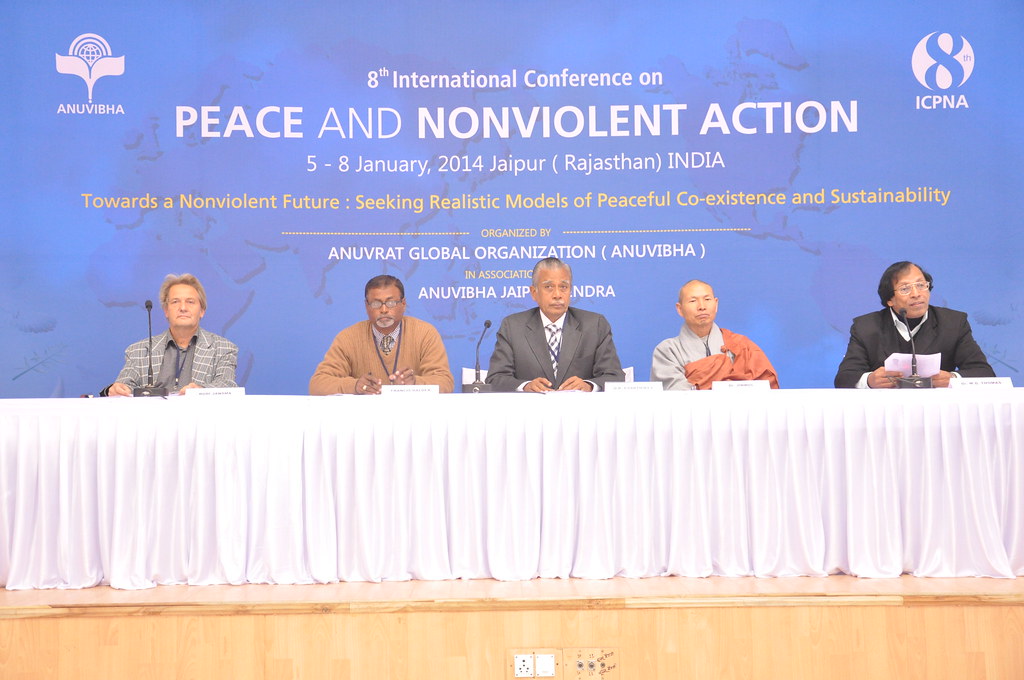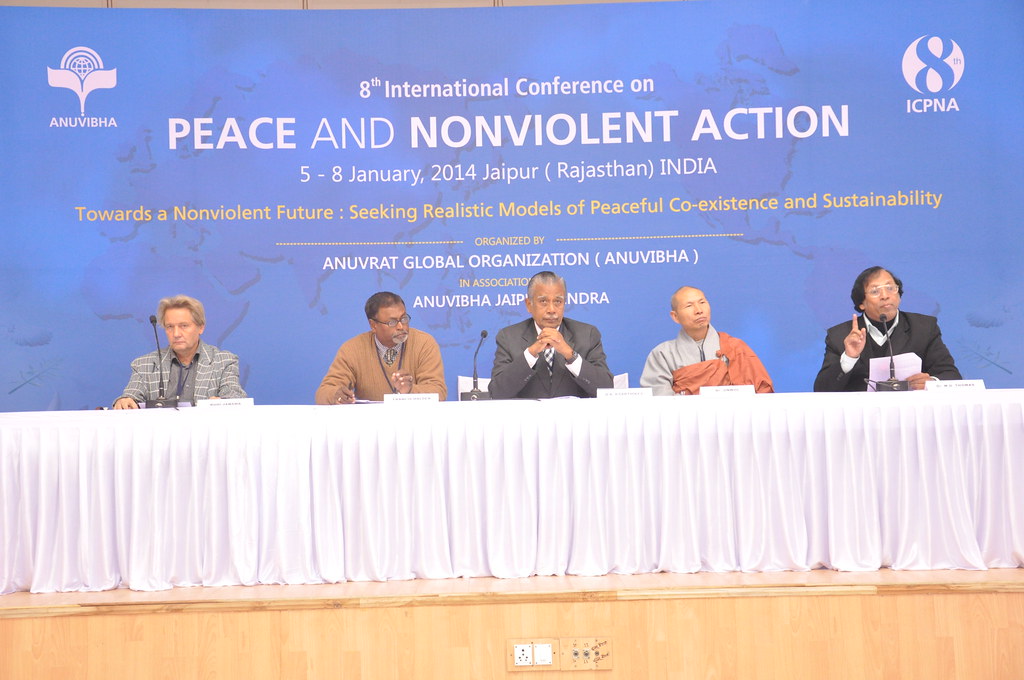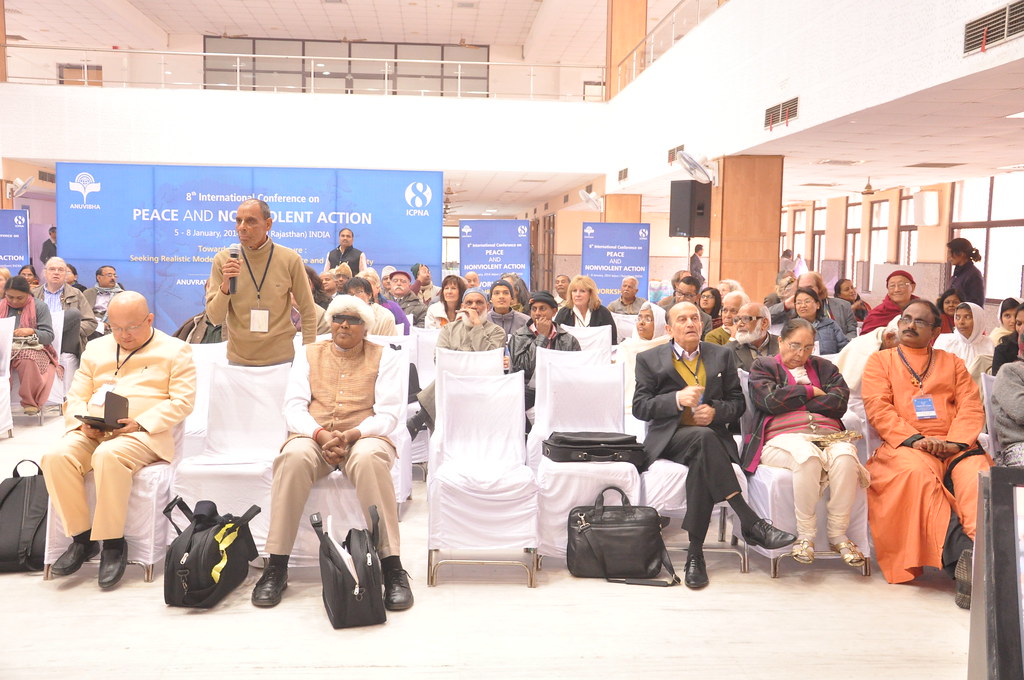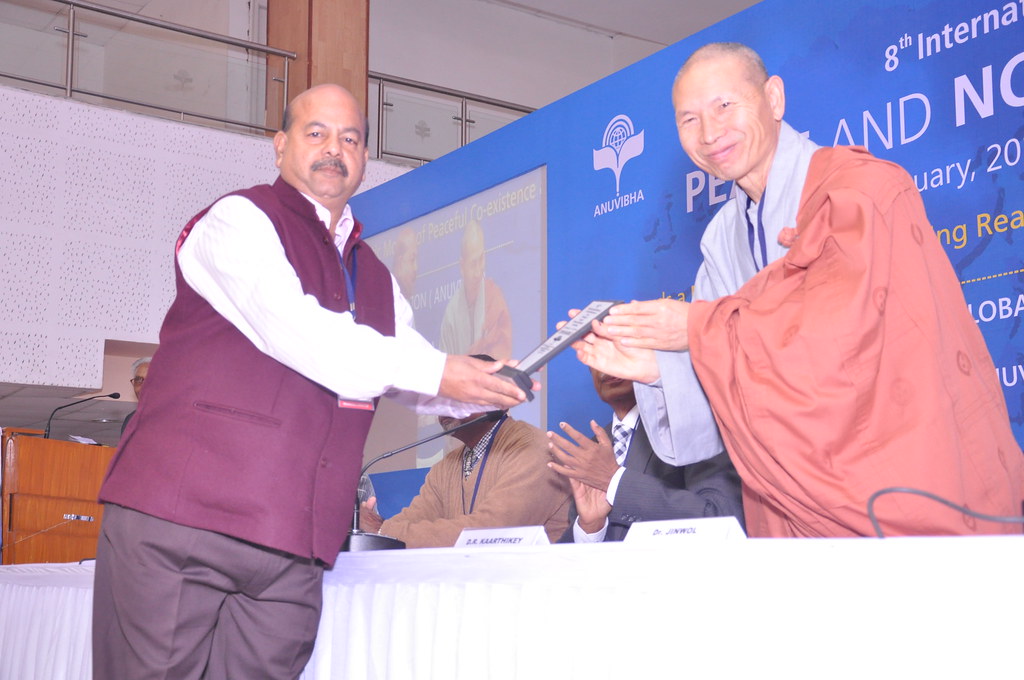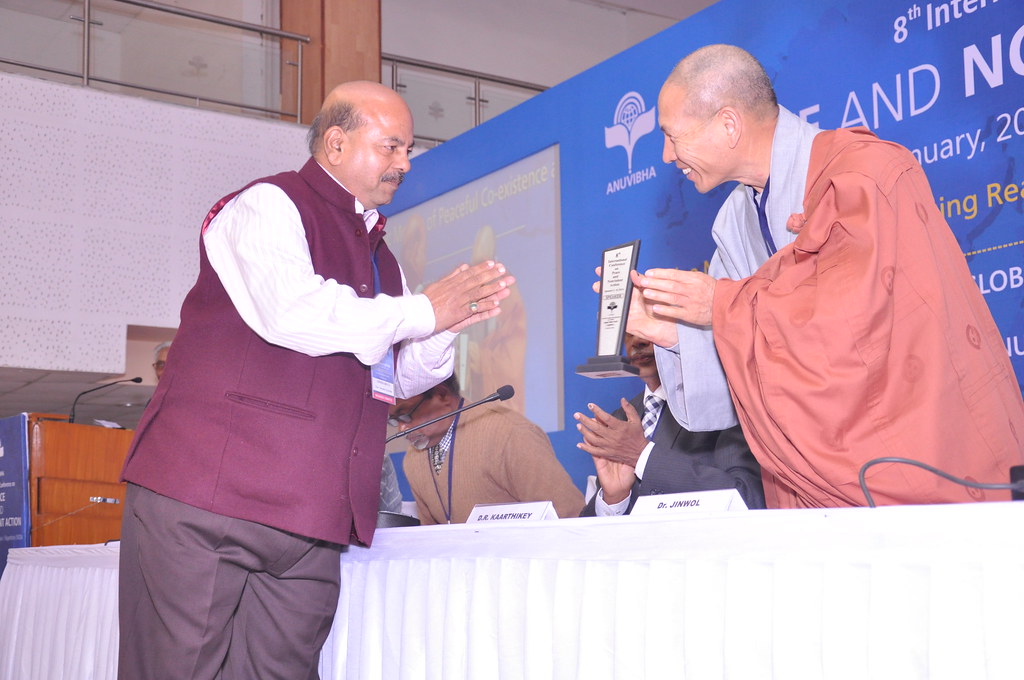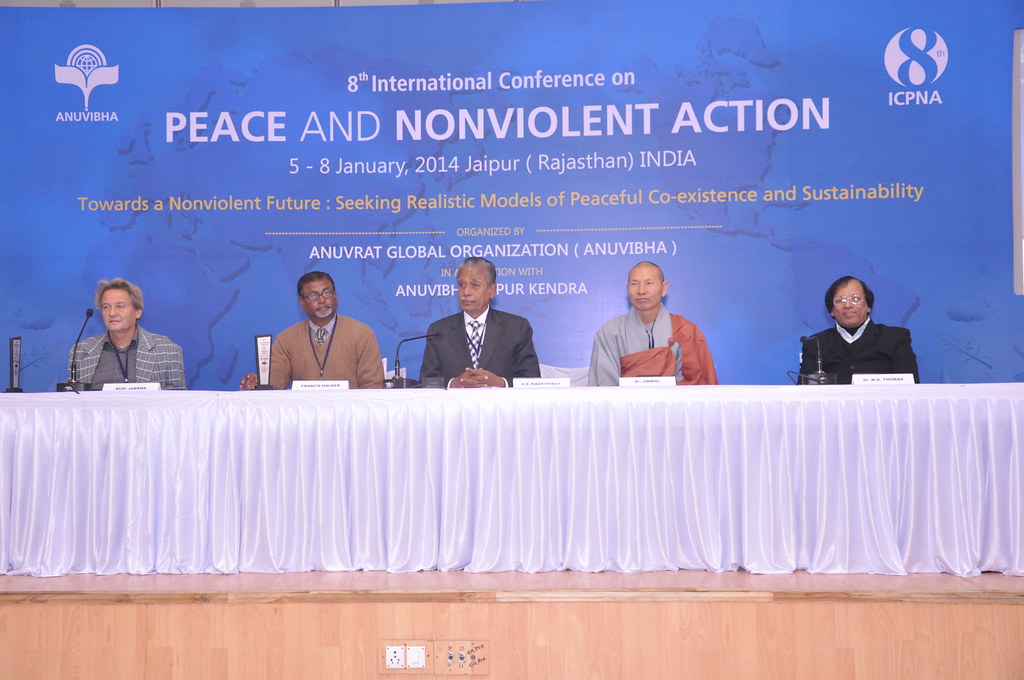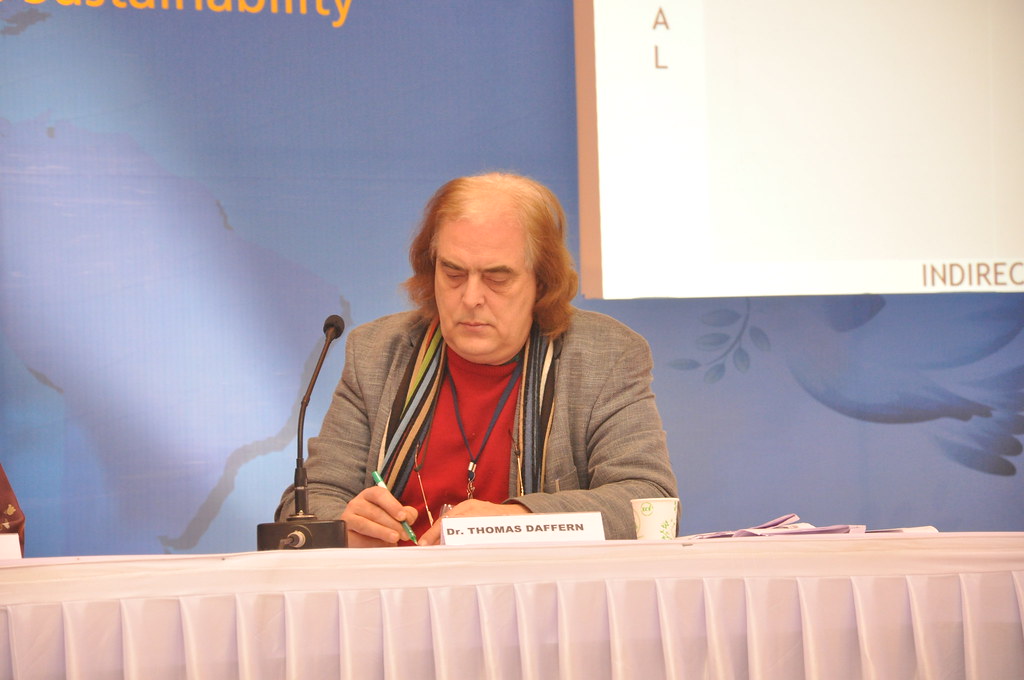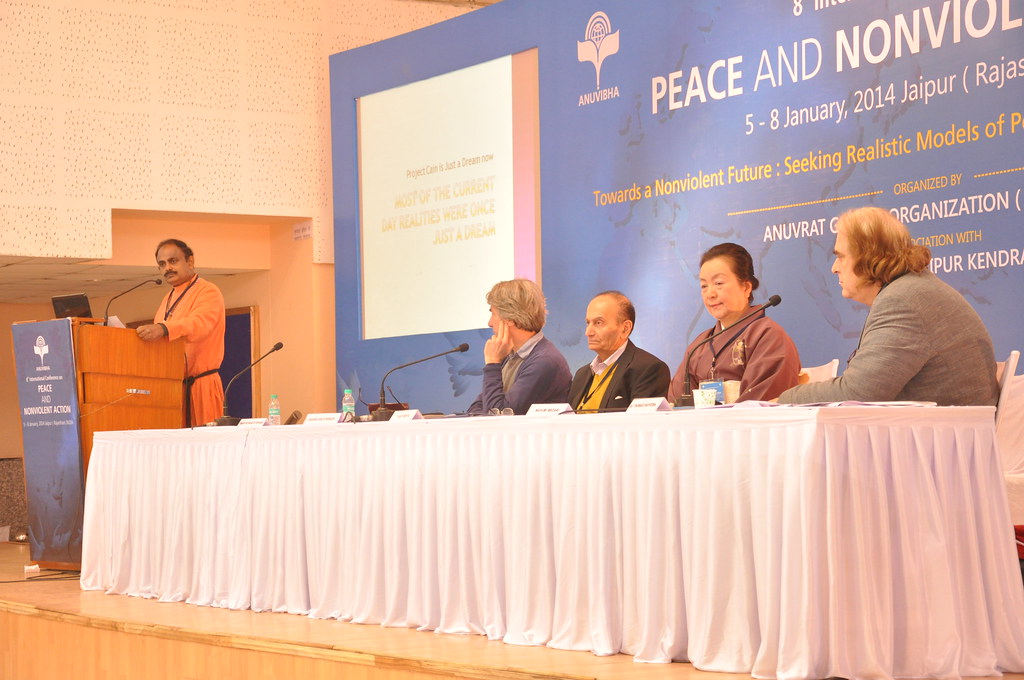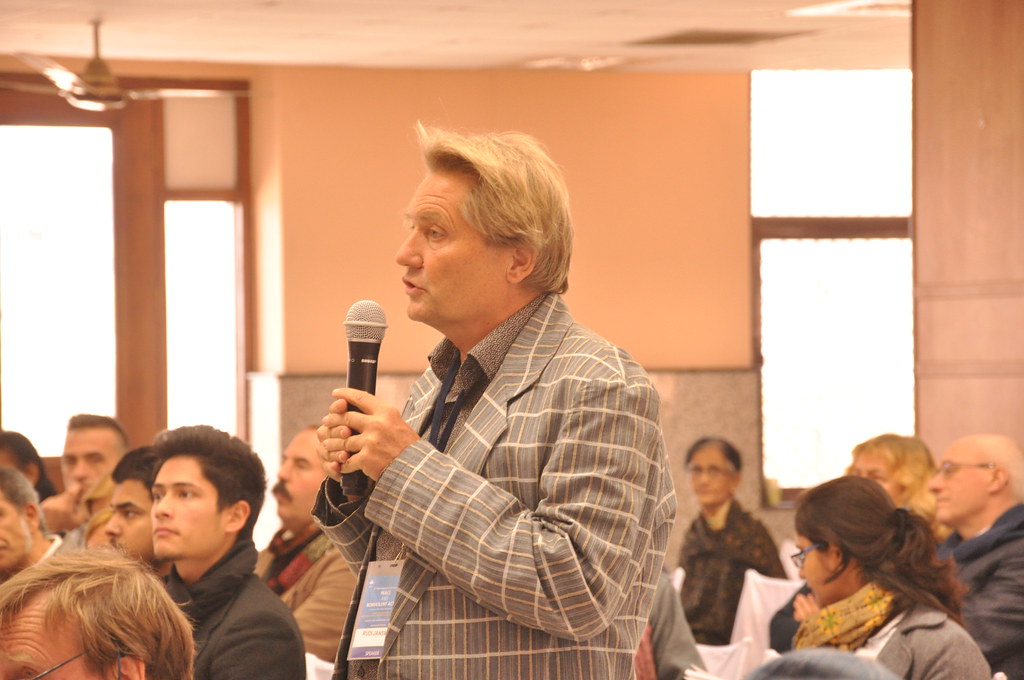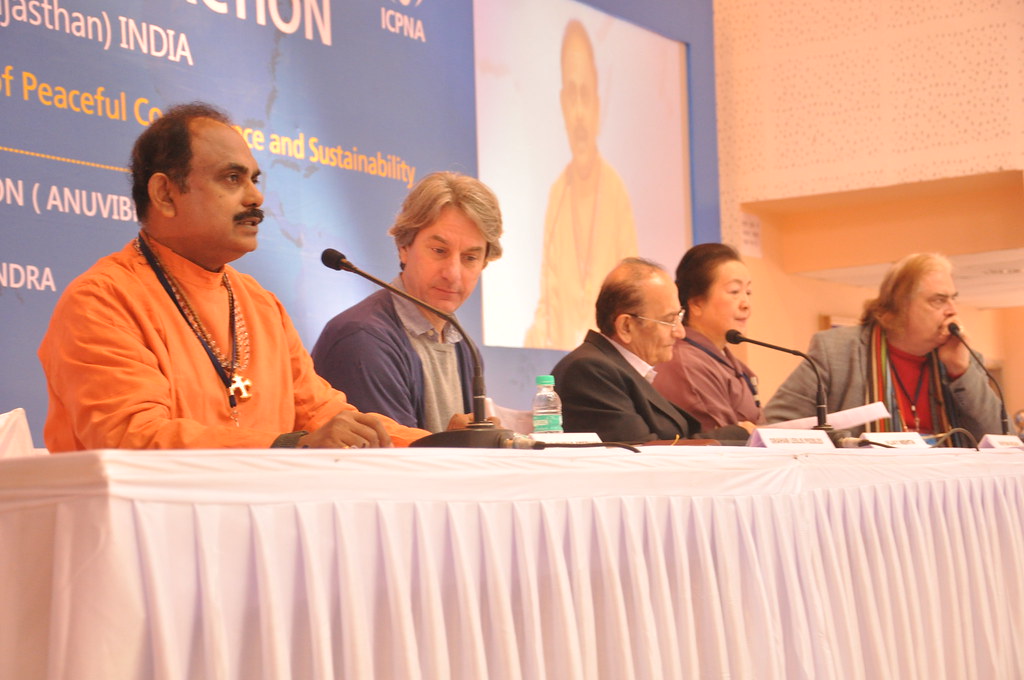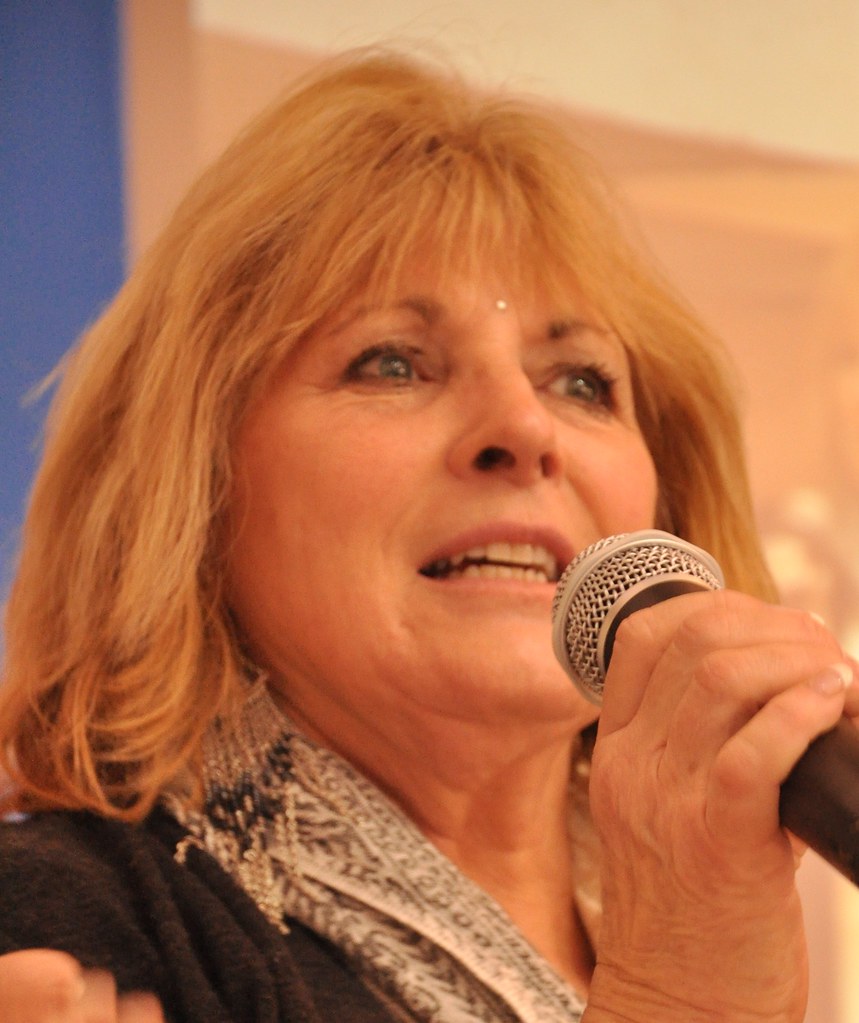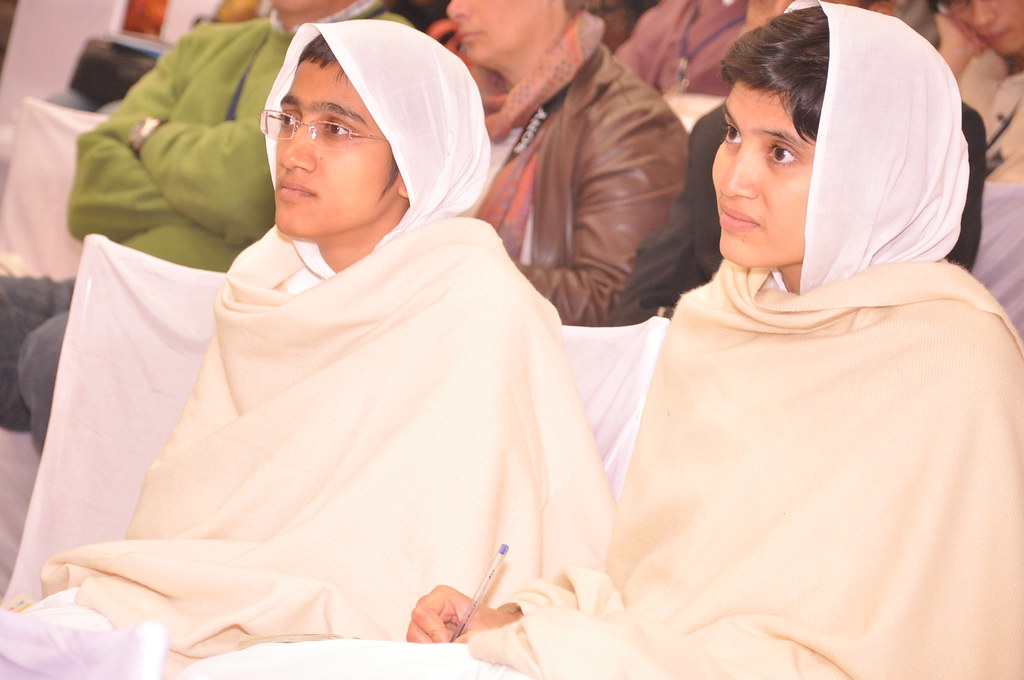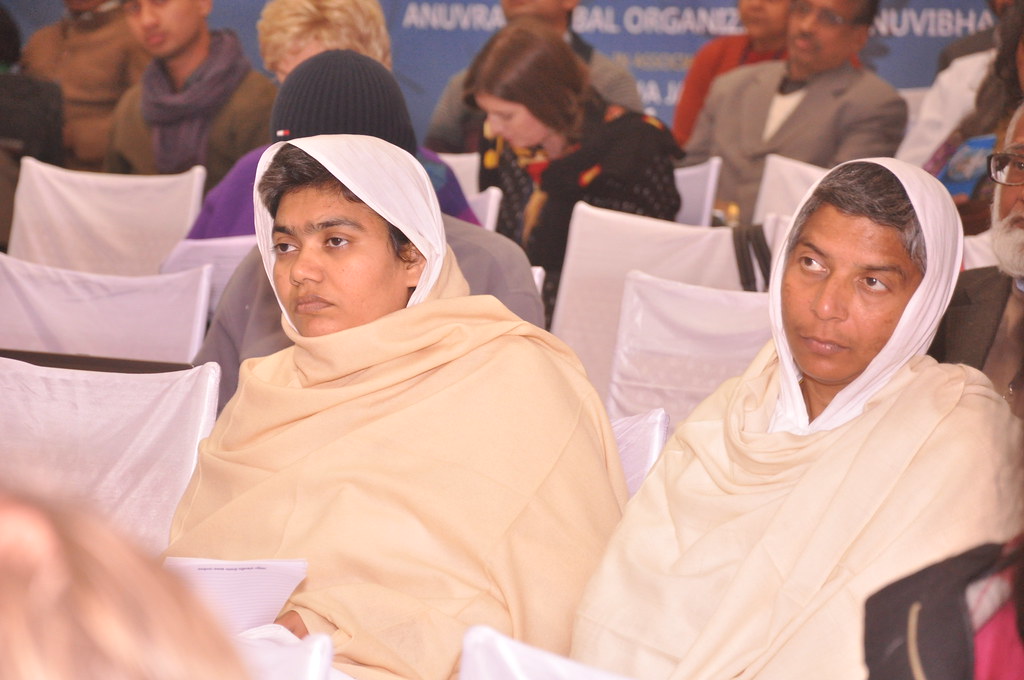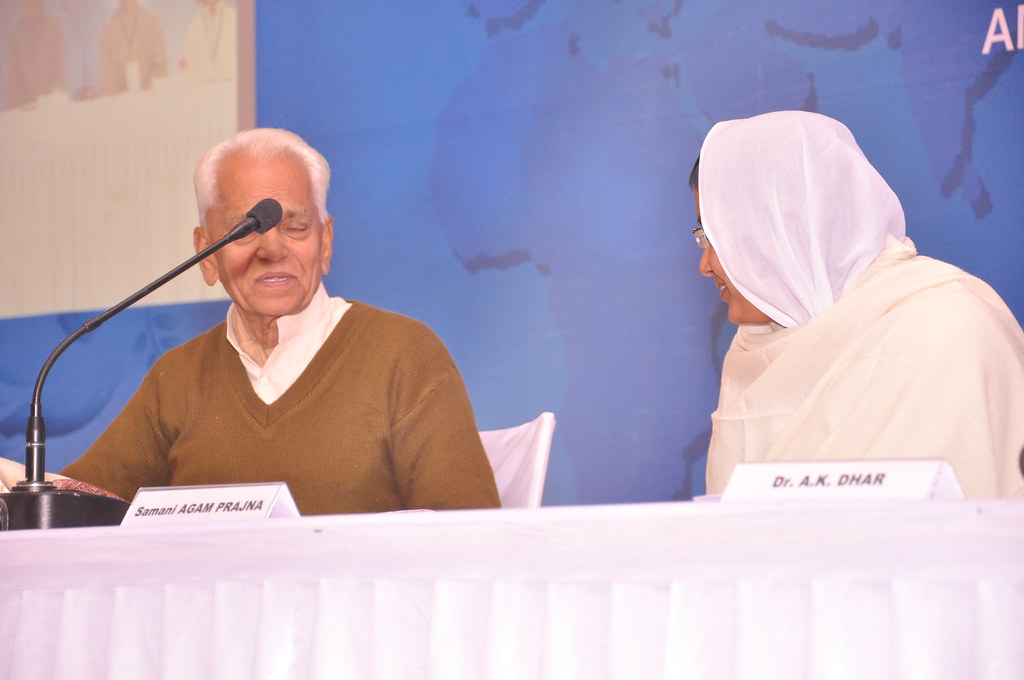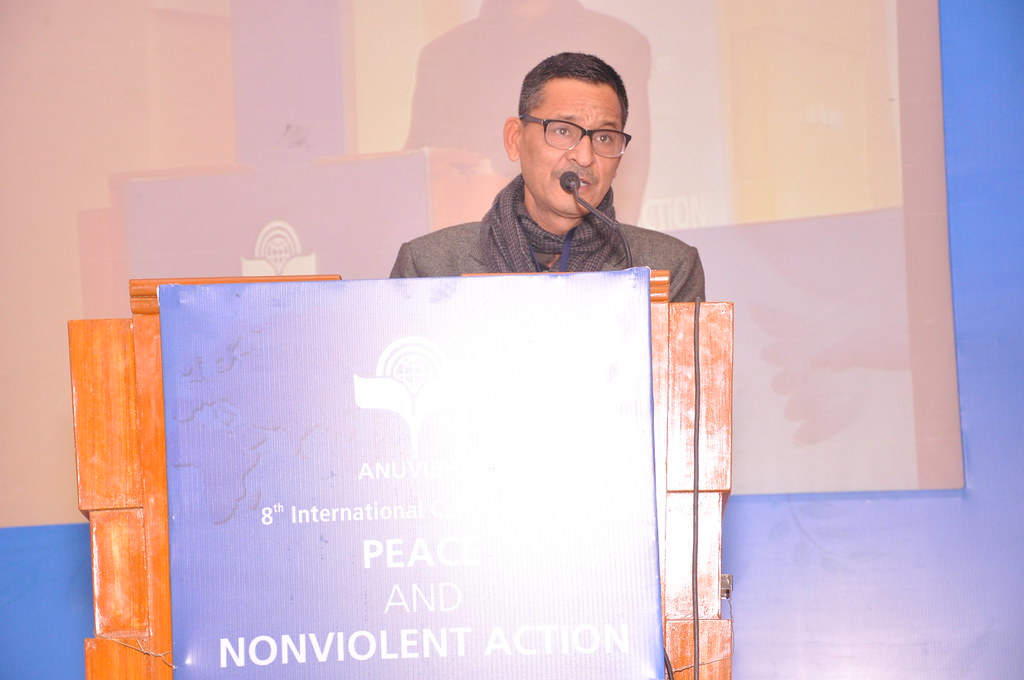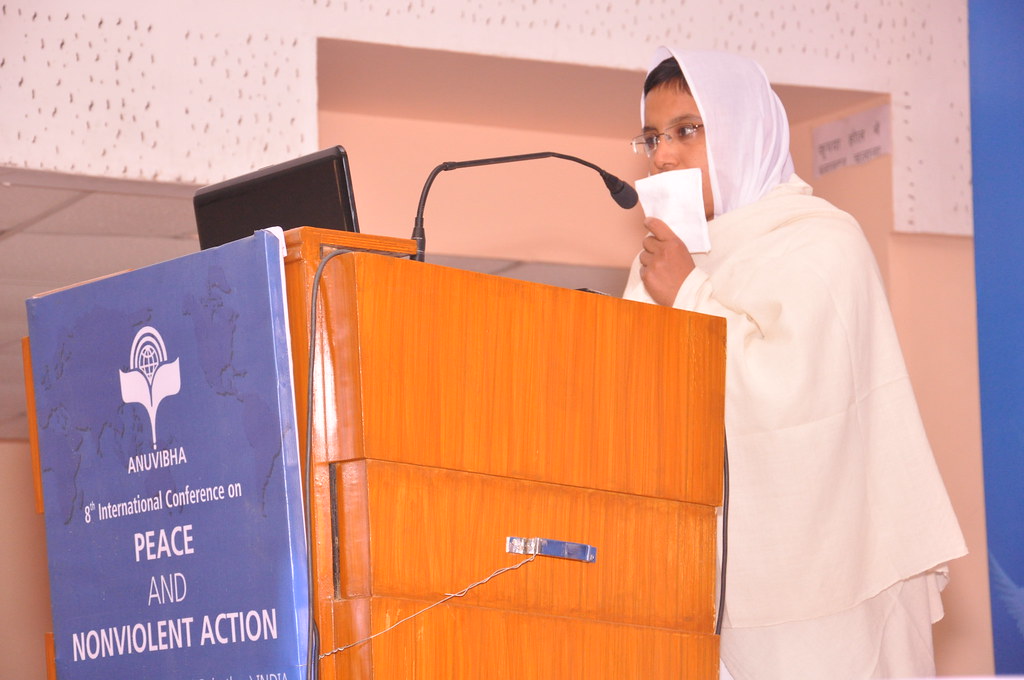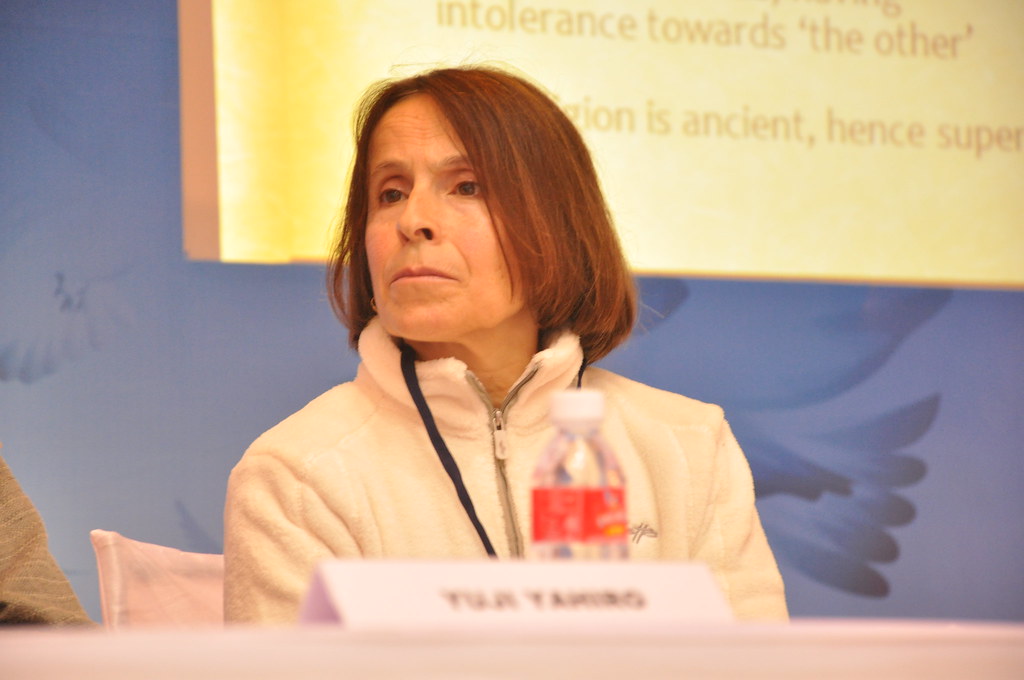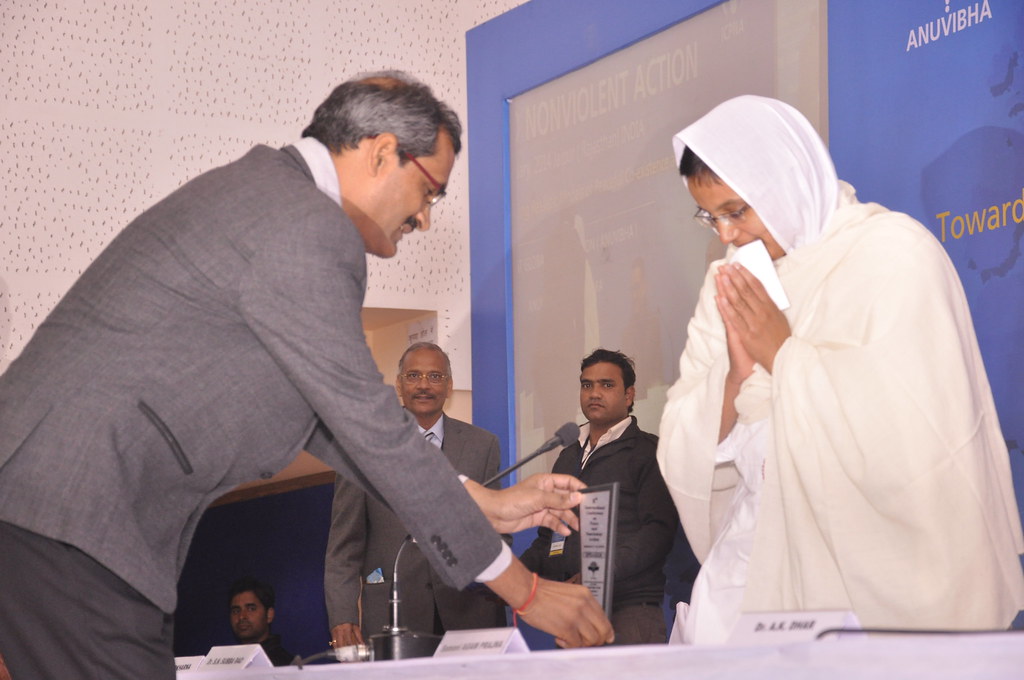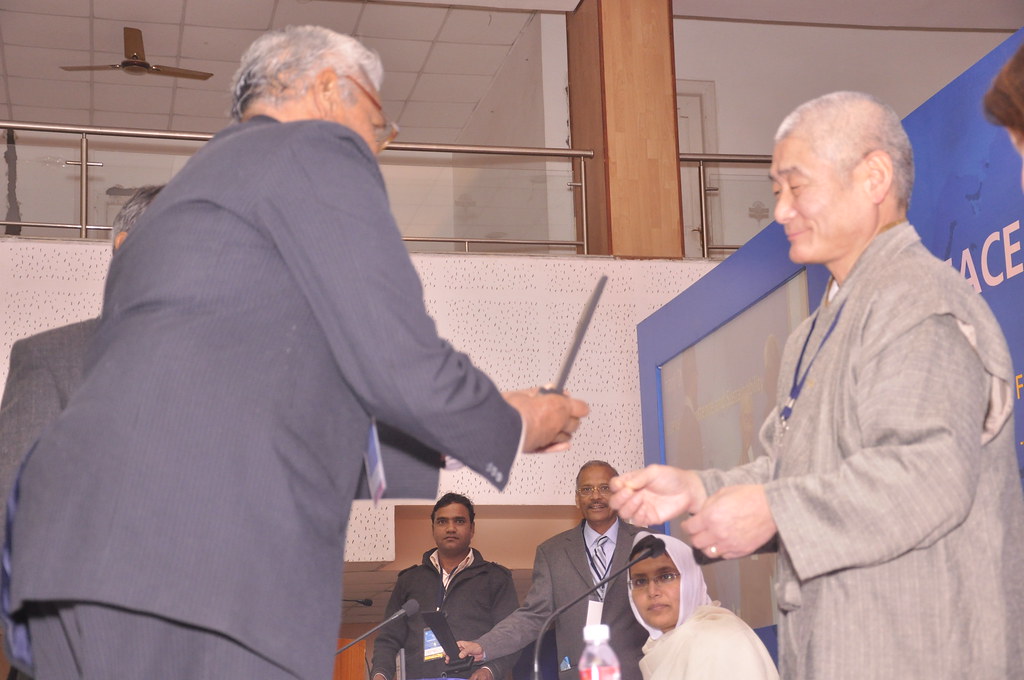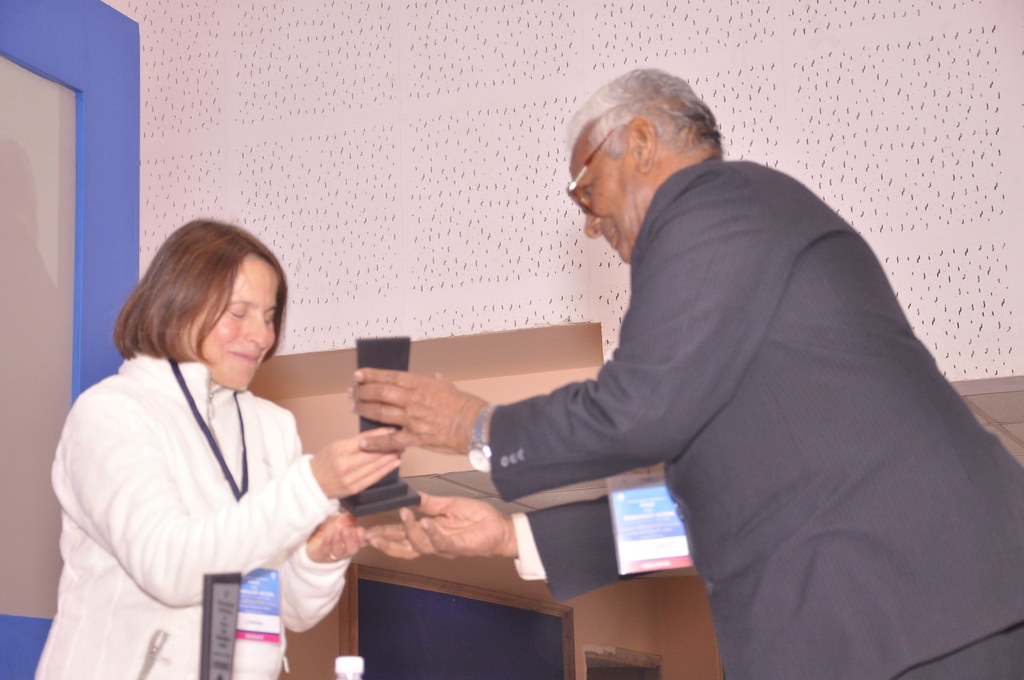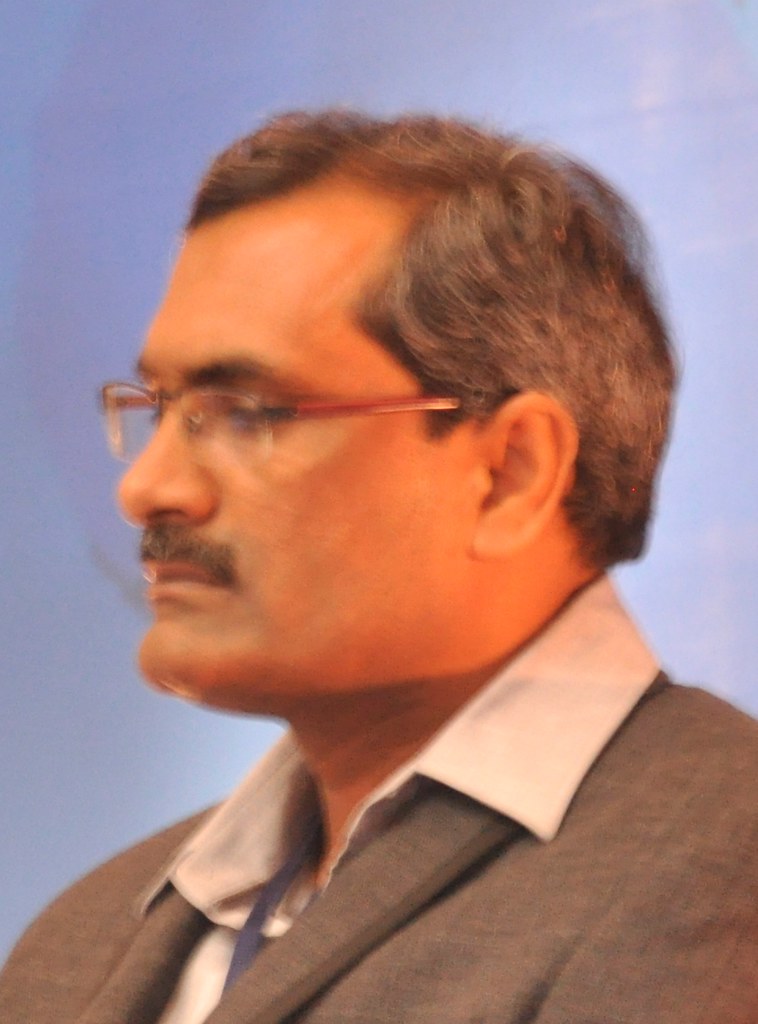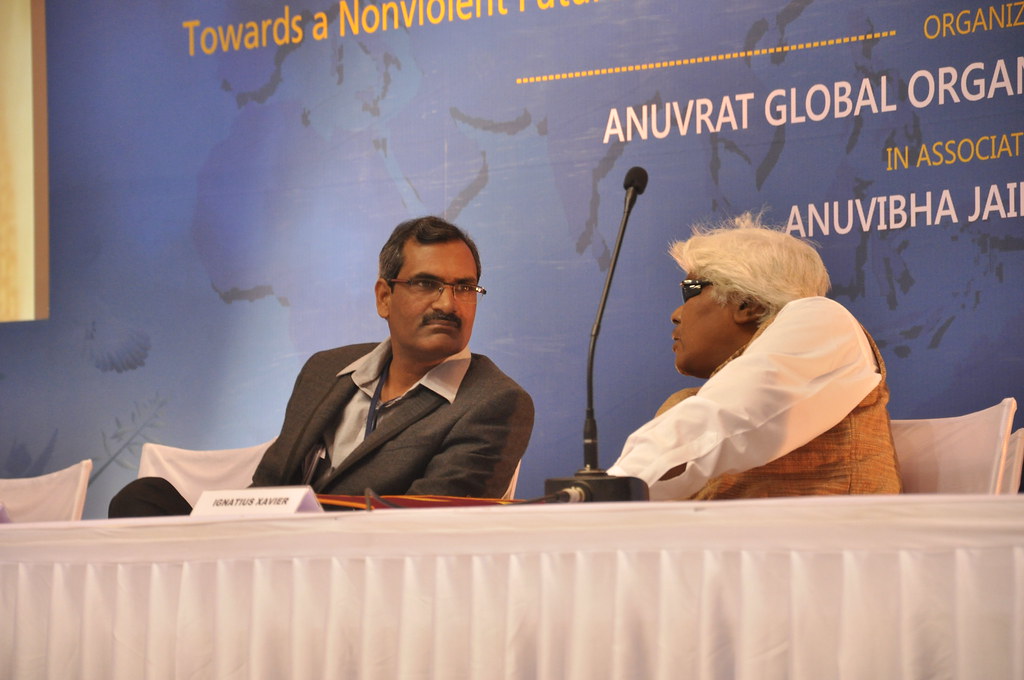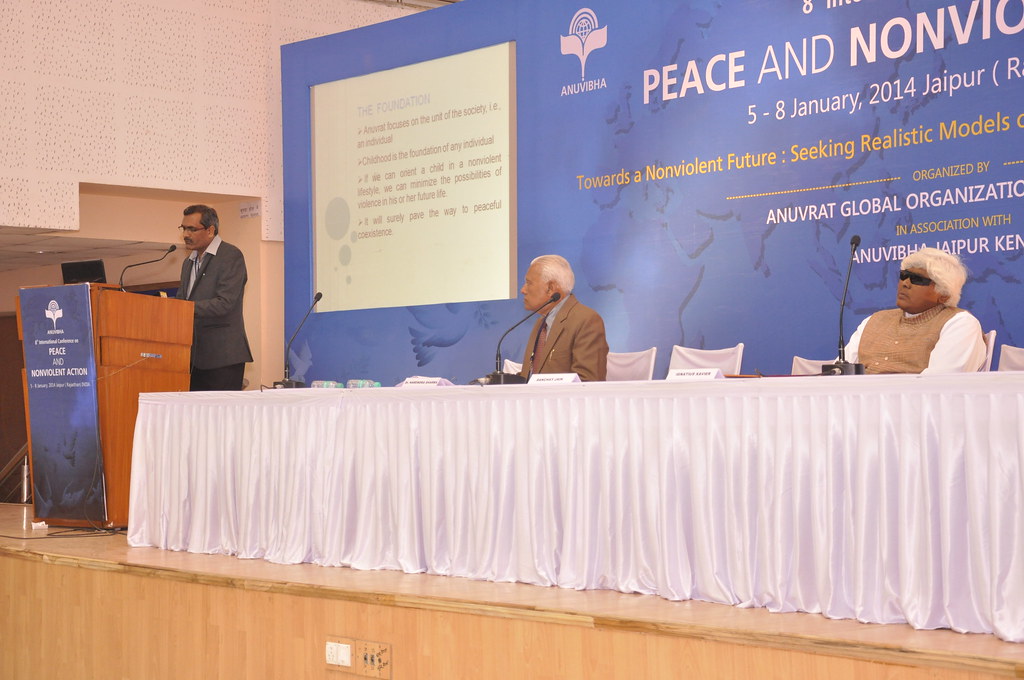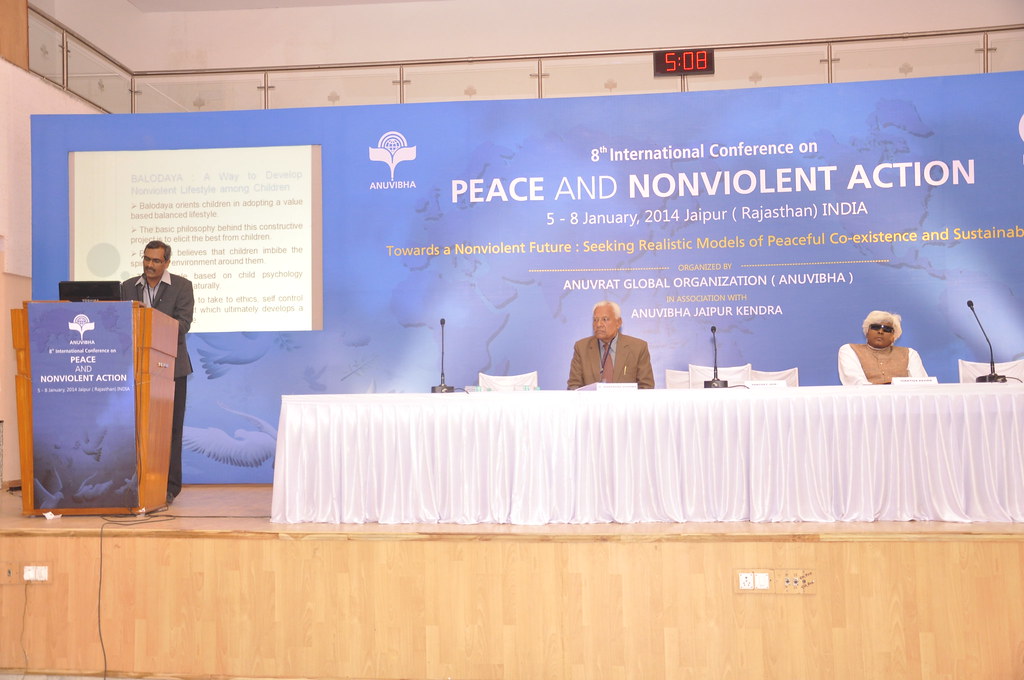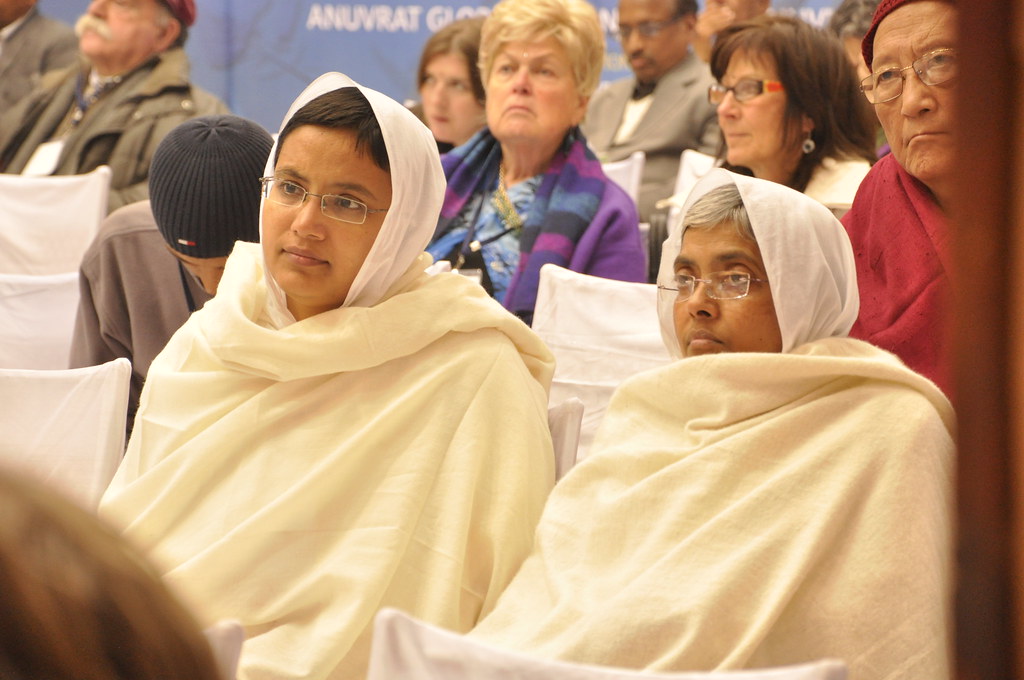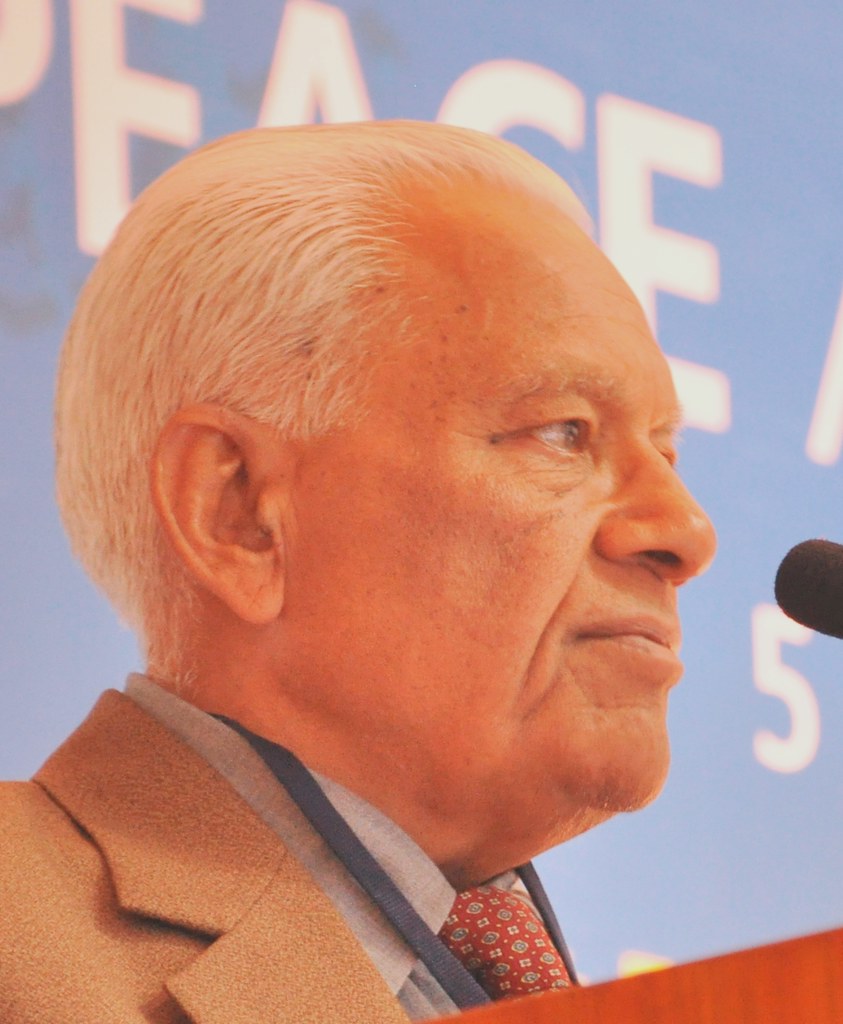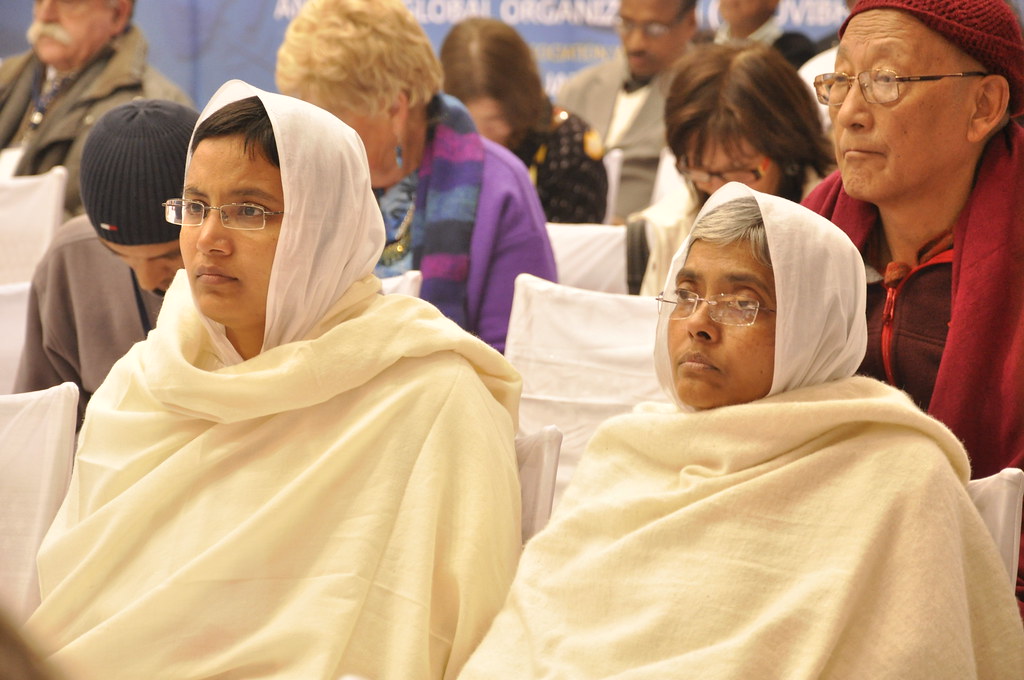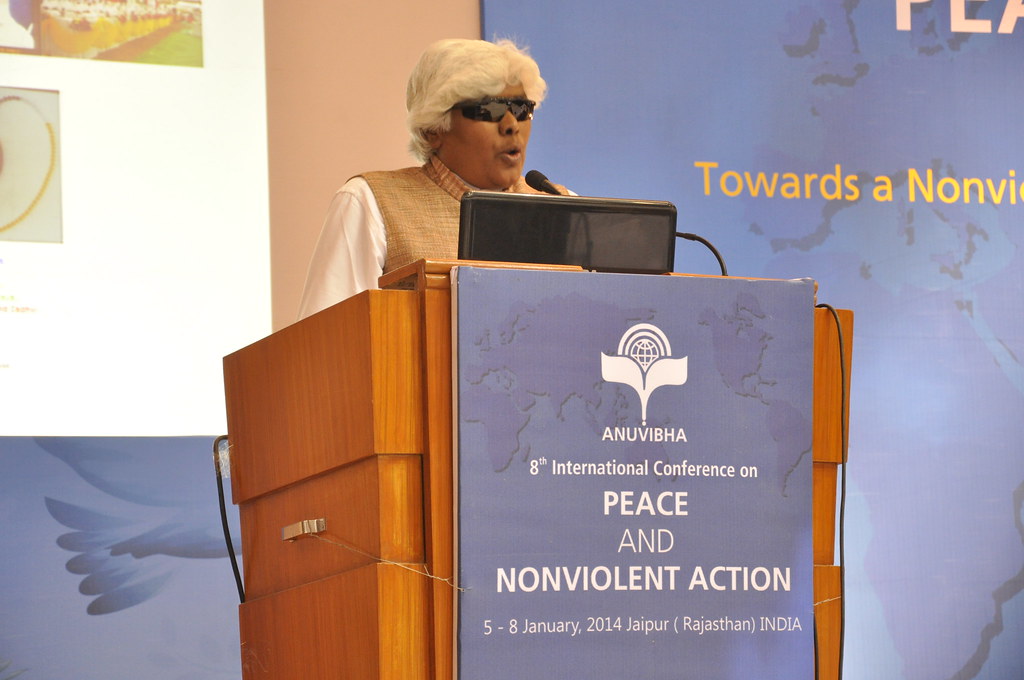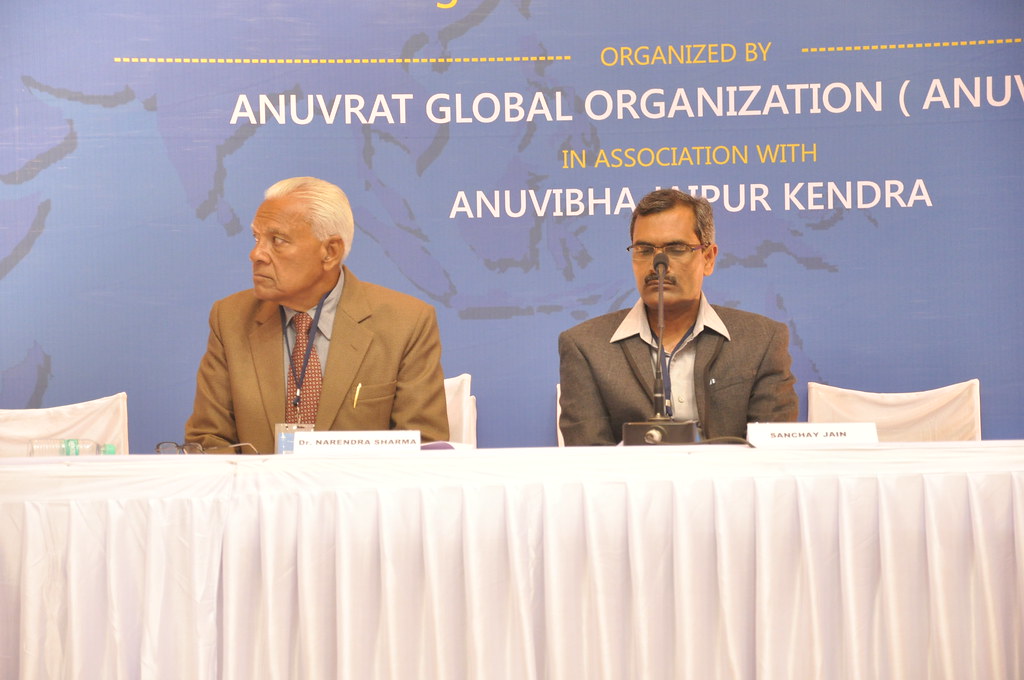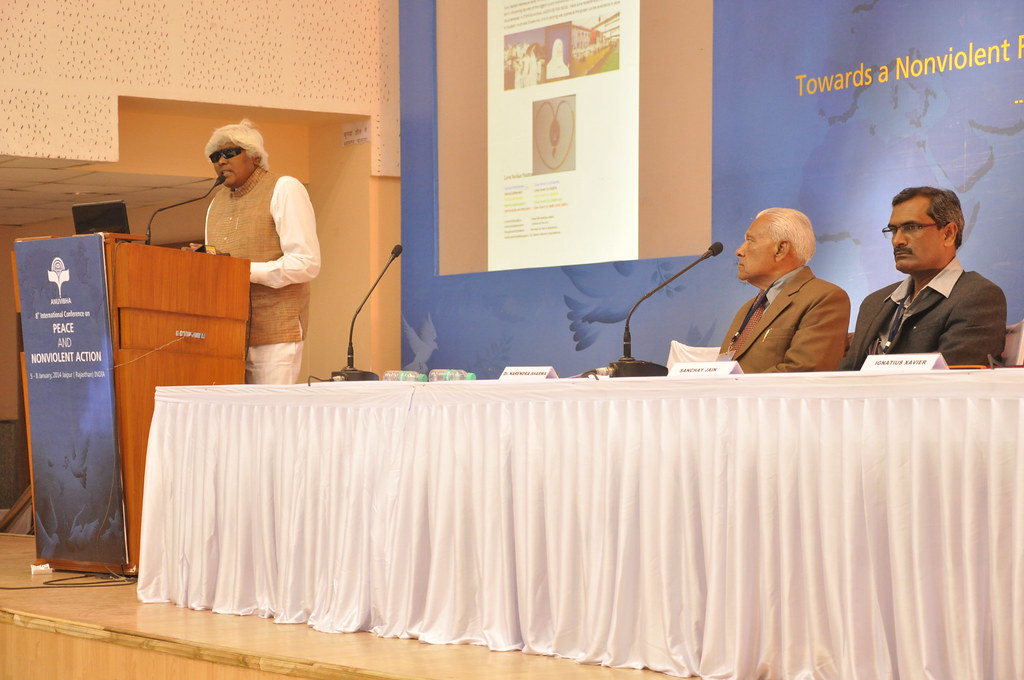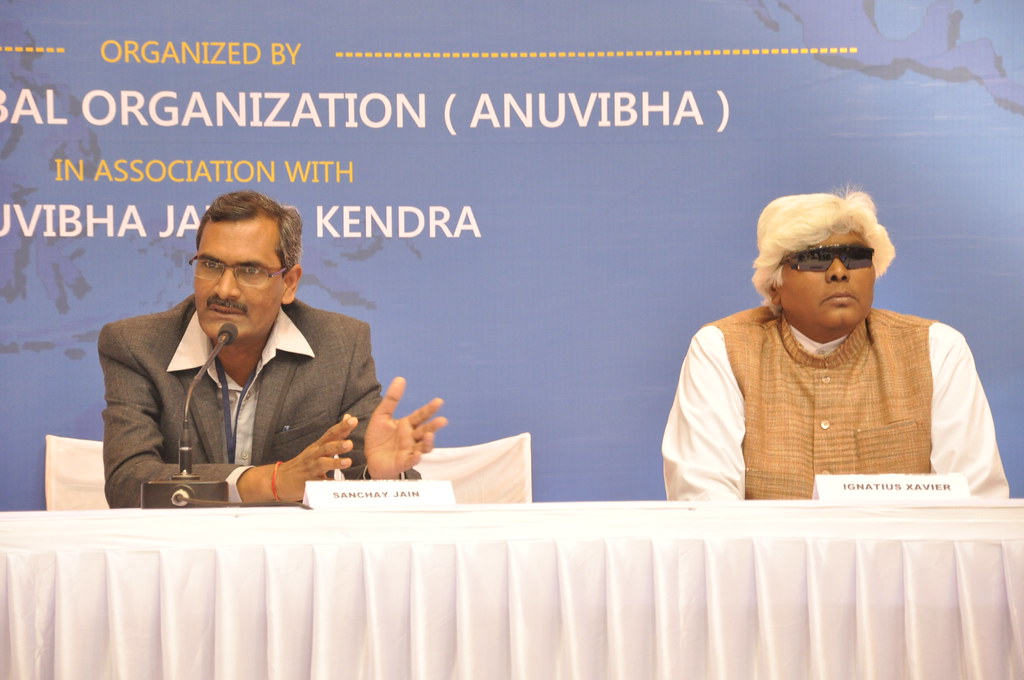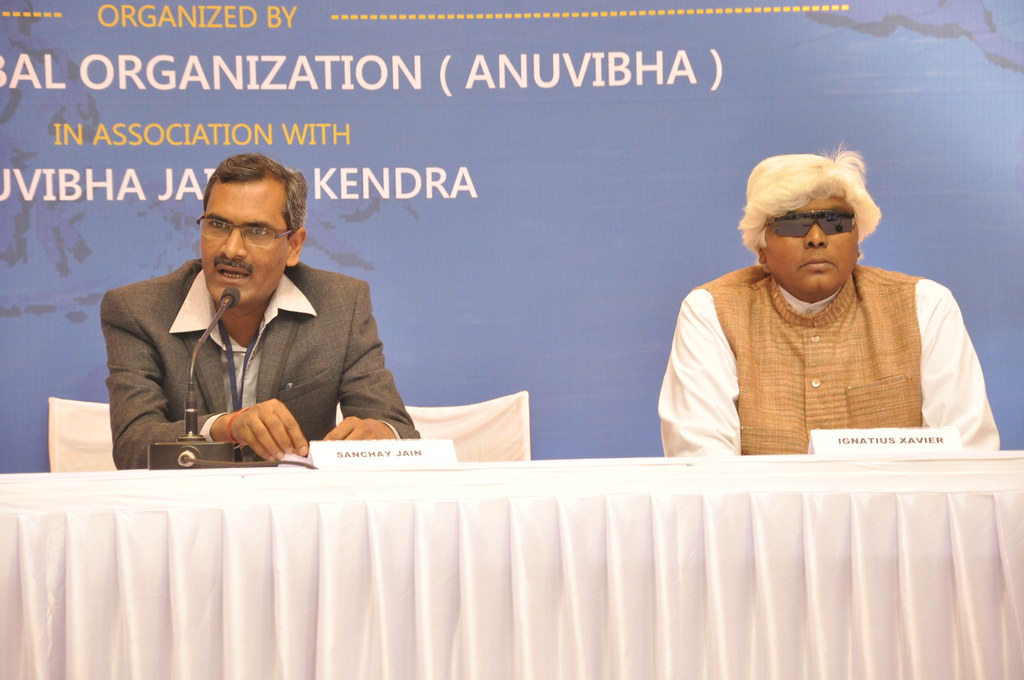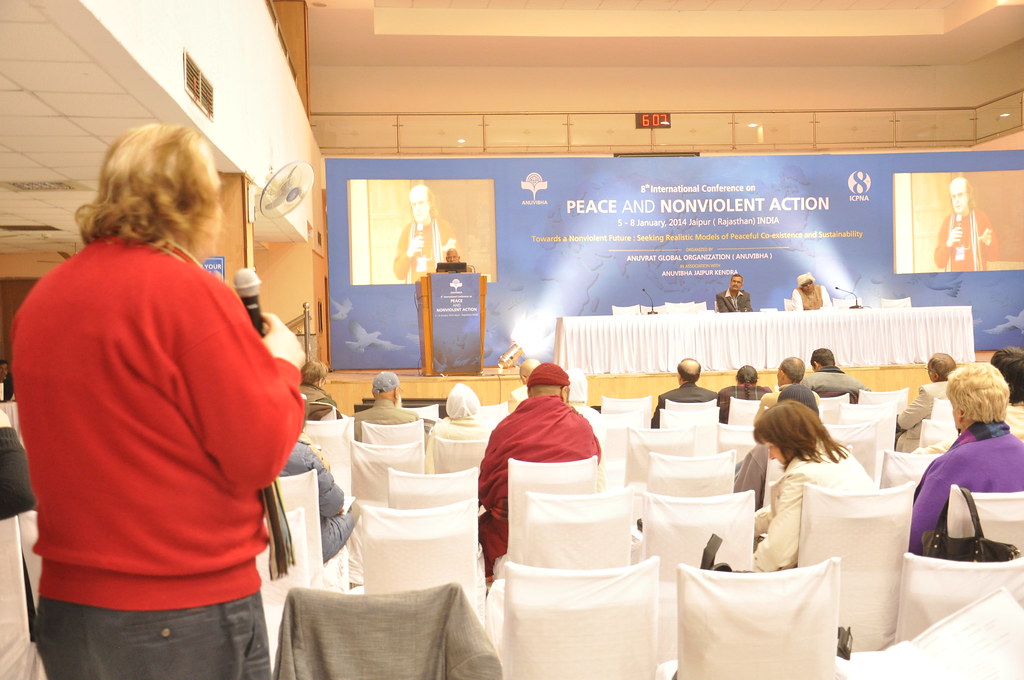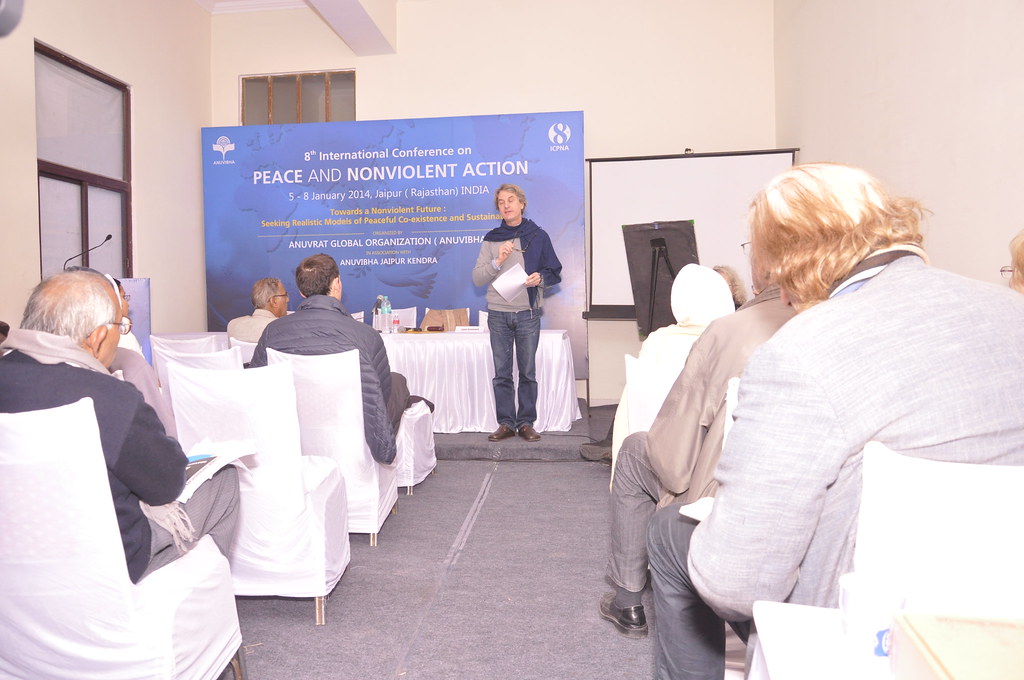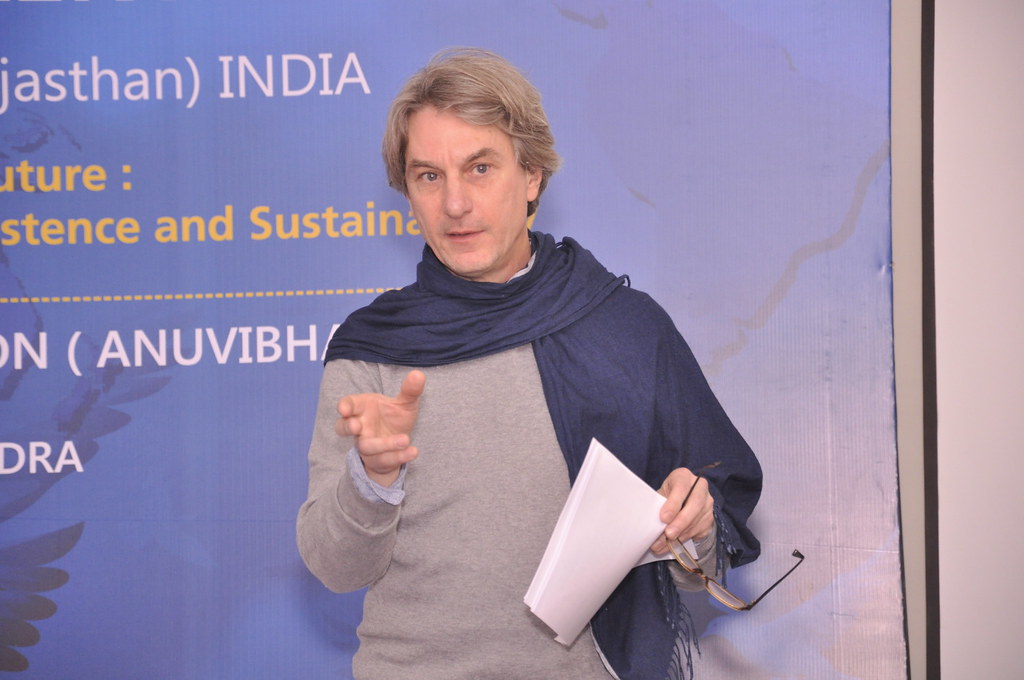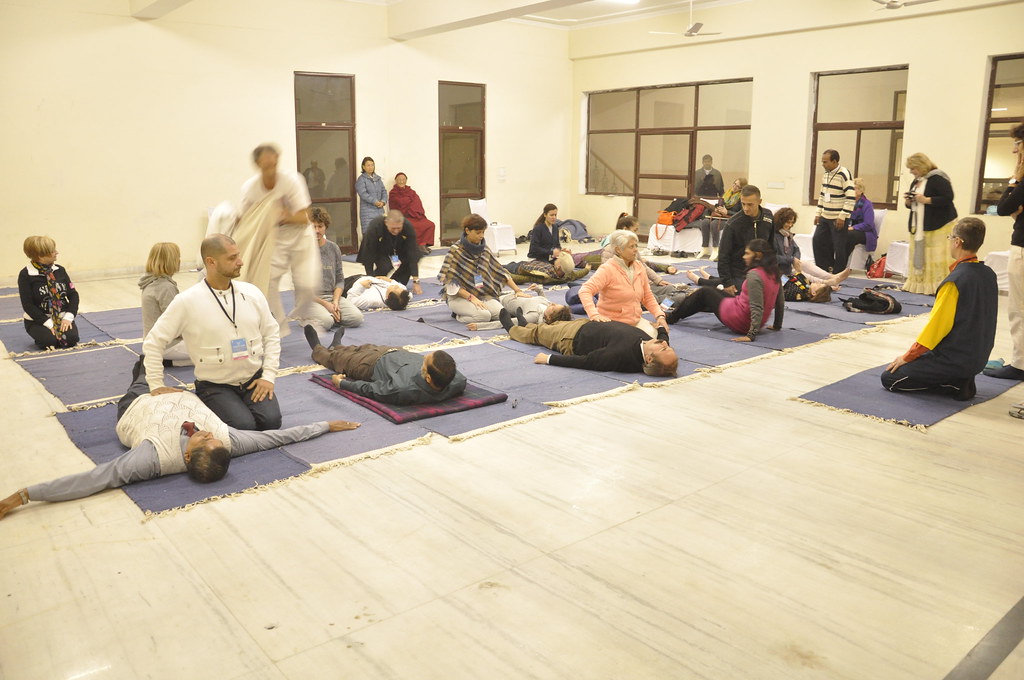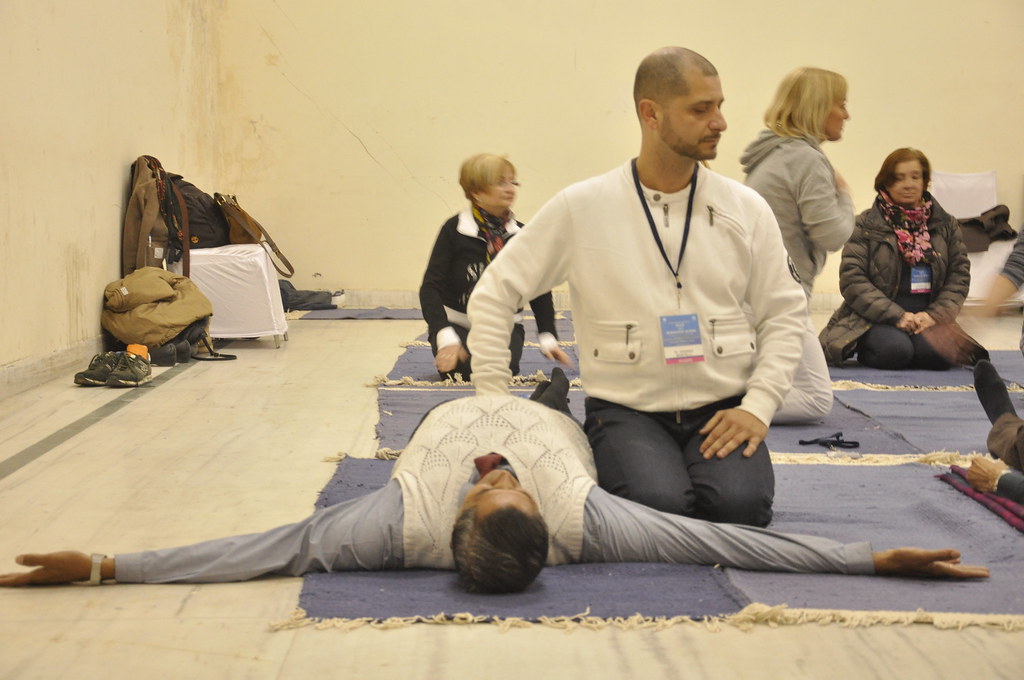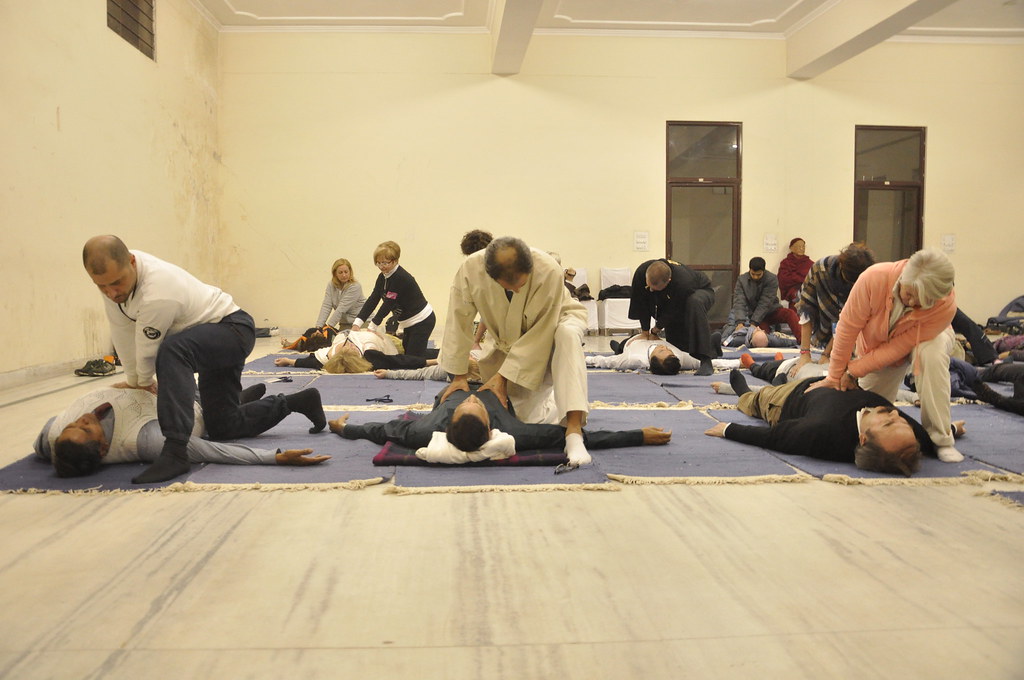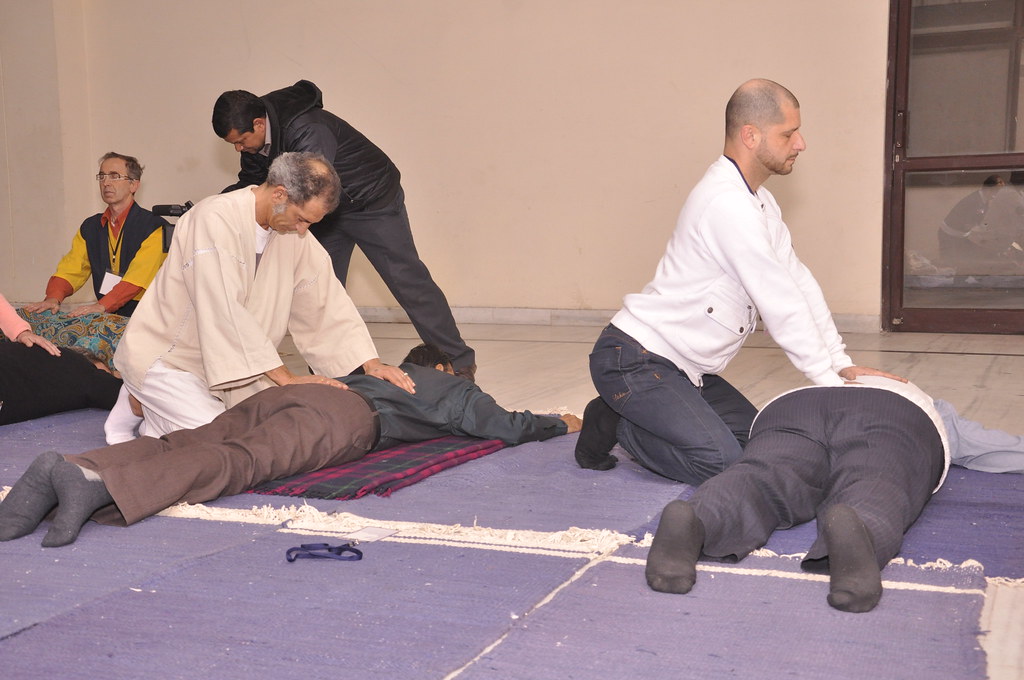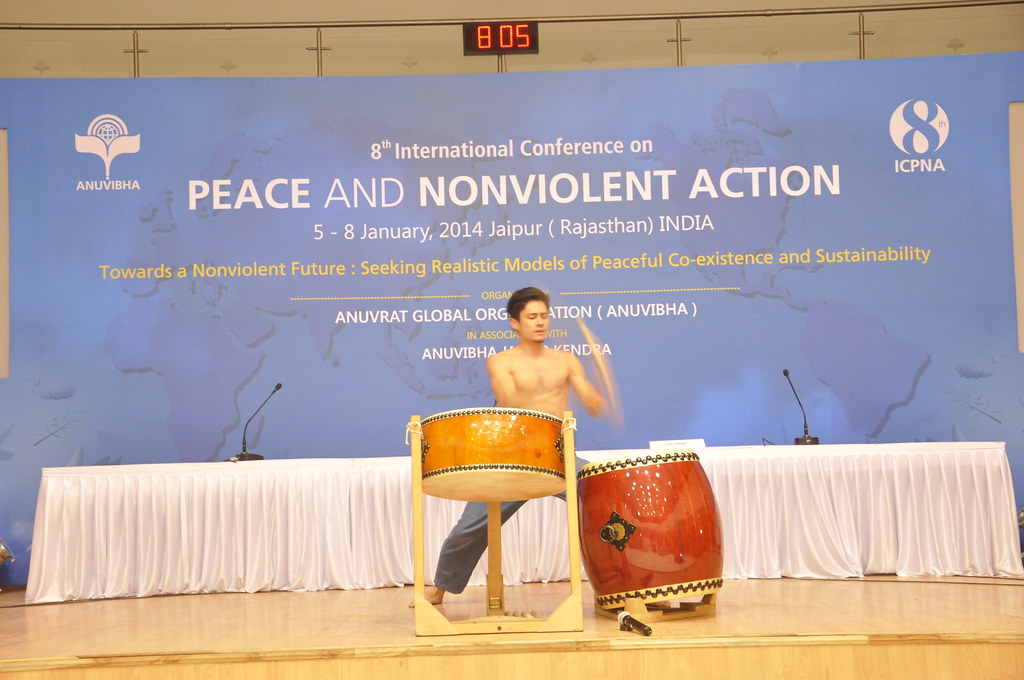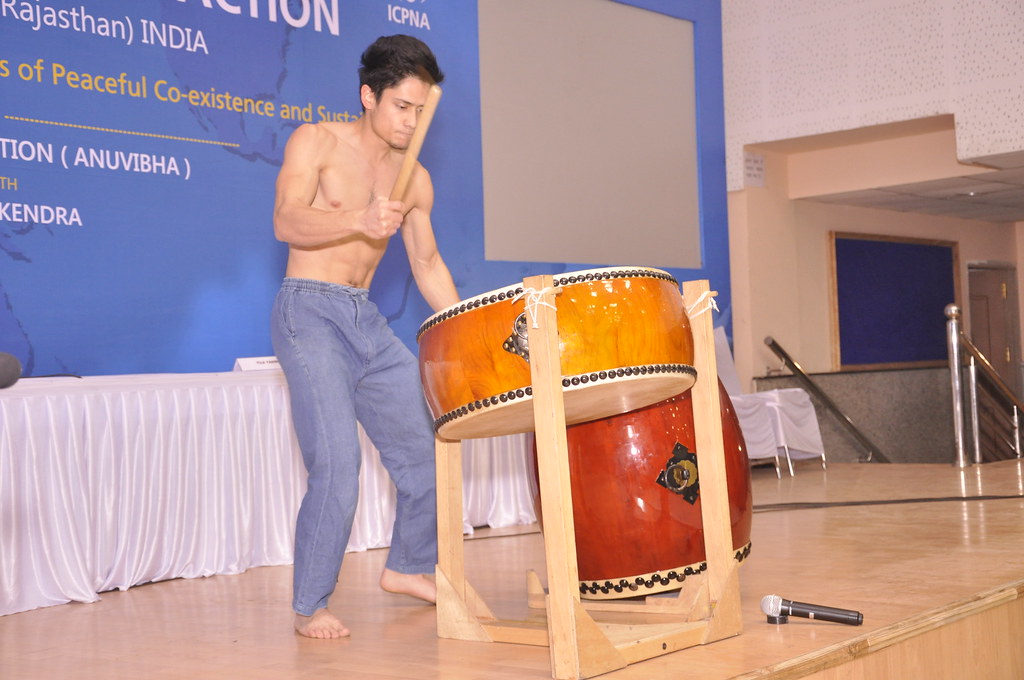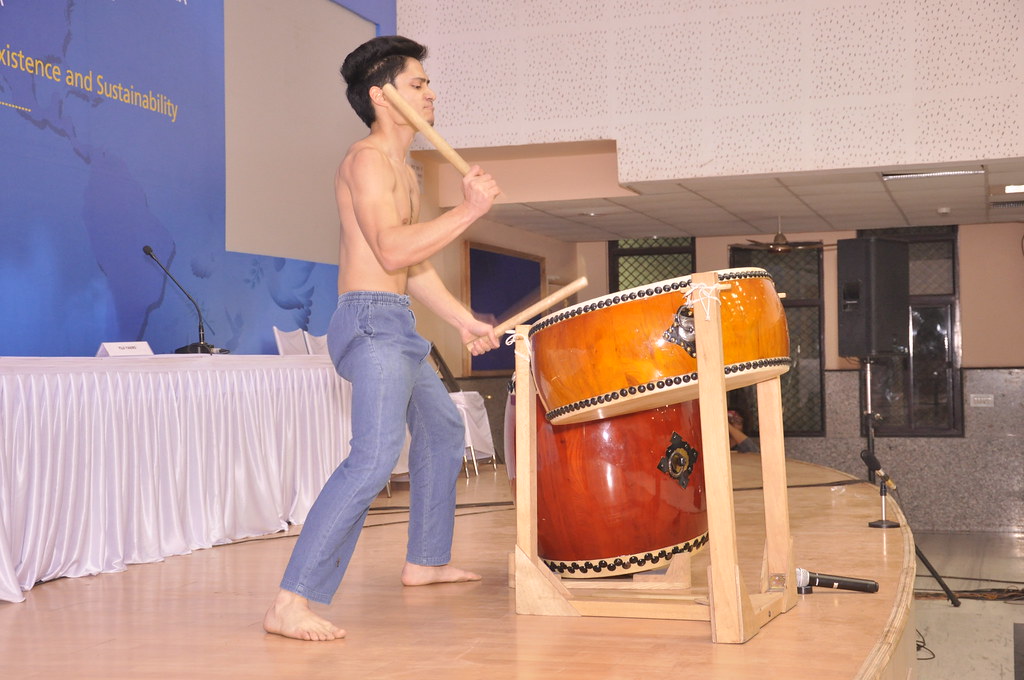When waking up the second day nearly felt like routine. Schedule and locations were familiar, and so had become the other participants after encountering them repeatedly. Afterwards some memories are present, whereas others faded away. Mostly encounters are kept in mind in some respects out of the ordinary. So it was that morning, when I saw Mayumi Mezaki entering the podium. Since several years we are friends in a well-known social network, and had recognized each other immediately at our first personal meeting two days ago. It was surprising to encounter a friend one got to know via Internet and who furthermore is living in a country thousands of kilometers away, one never had visited yet and, who knows, if ever..
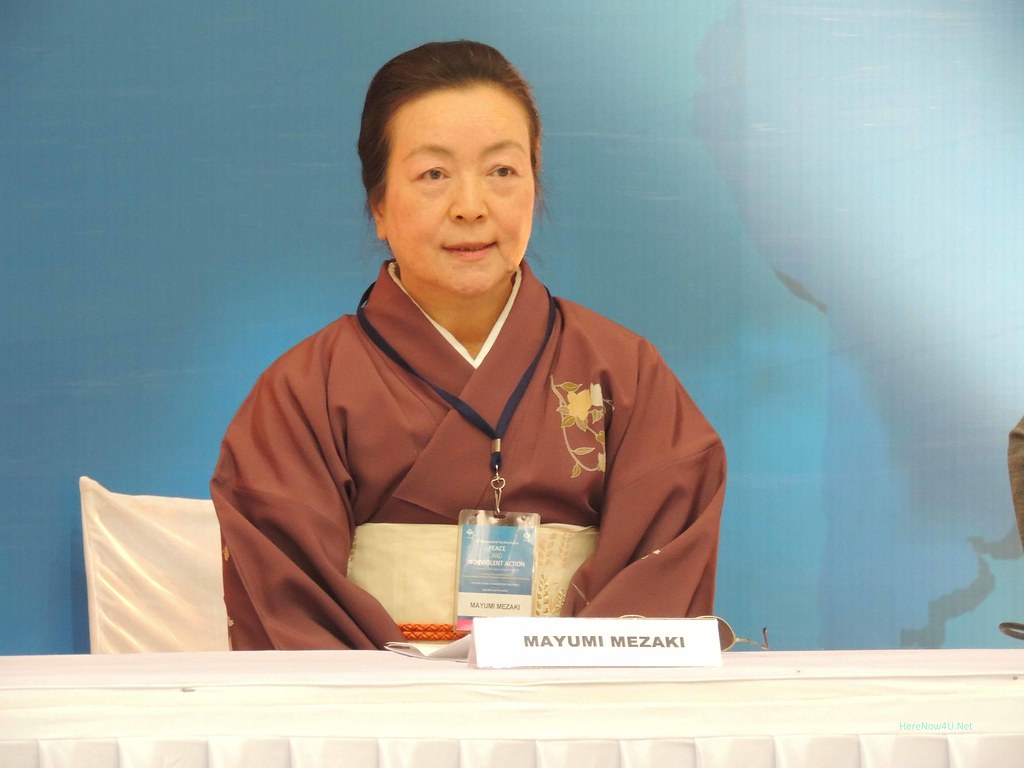 Mayumi MezakiMayumi Mesaki on the podium
Mayumi MezakiMayumi Mesaki on the podium
Mayumi in March 2011 was just back from a trip to Italy when the devastating tsunami fell down on Fukushima prefecture destroying immediately ten thousands of lifes and an increasing number indirectly in the course of time. Her friends in the net worried about her, and she simply responded to be a resident of Tokyo. This gave the impression that she first wanted to come to terms with the terrible catastrophe before talking on it in the social network.
For her presentation in the morning of January 6, she was dressed in a beautiful traditional kimono. She was being filmed and closely observed by a pale young man who had accompanied her to the conference, and whom she presented as great-grandson of the Holy Master Onisaburo Deguchi whose teachings on peaceful and humanitarian living since a long time are a continual source of inspiration and motivation in her life.
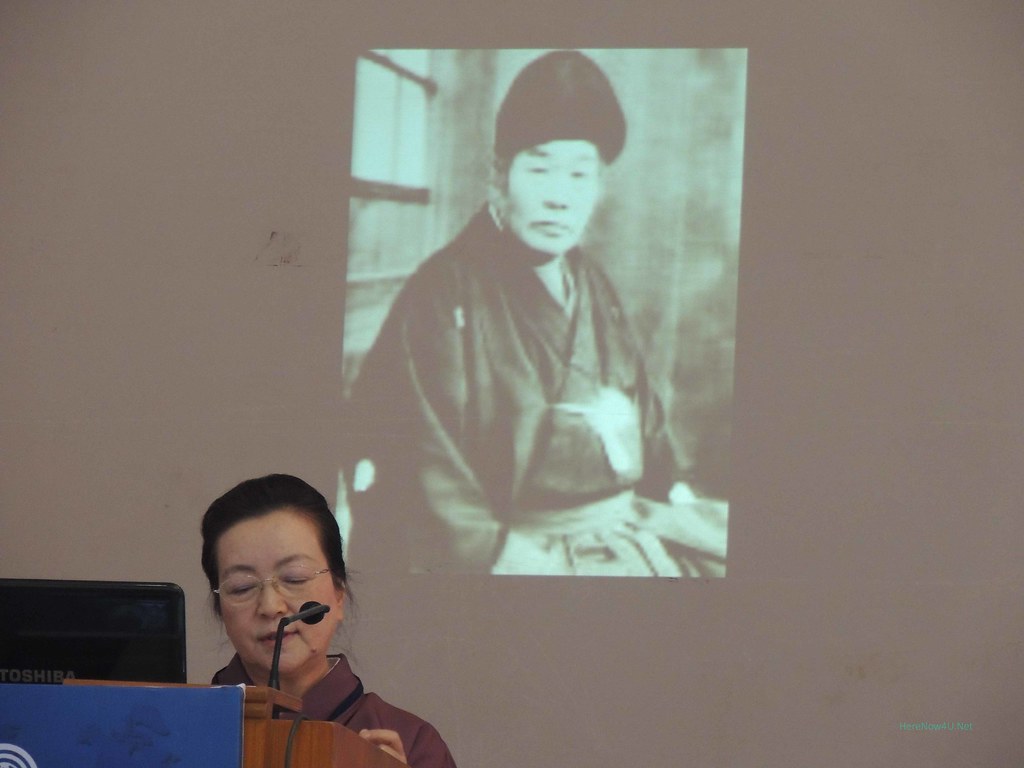 Mayumi Mezaki Mayumi Mesaki during her presentation, in the background a photo of Holy Master Onisaburo Deguchi
Mayumi Mezaki Mayumi Mesaki during her presentation, in the background a photo of Holy Master Onisaburo Deguchi
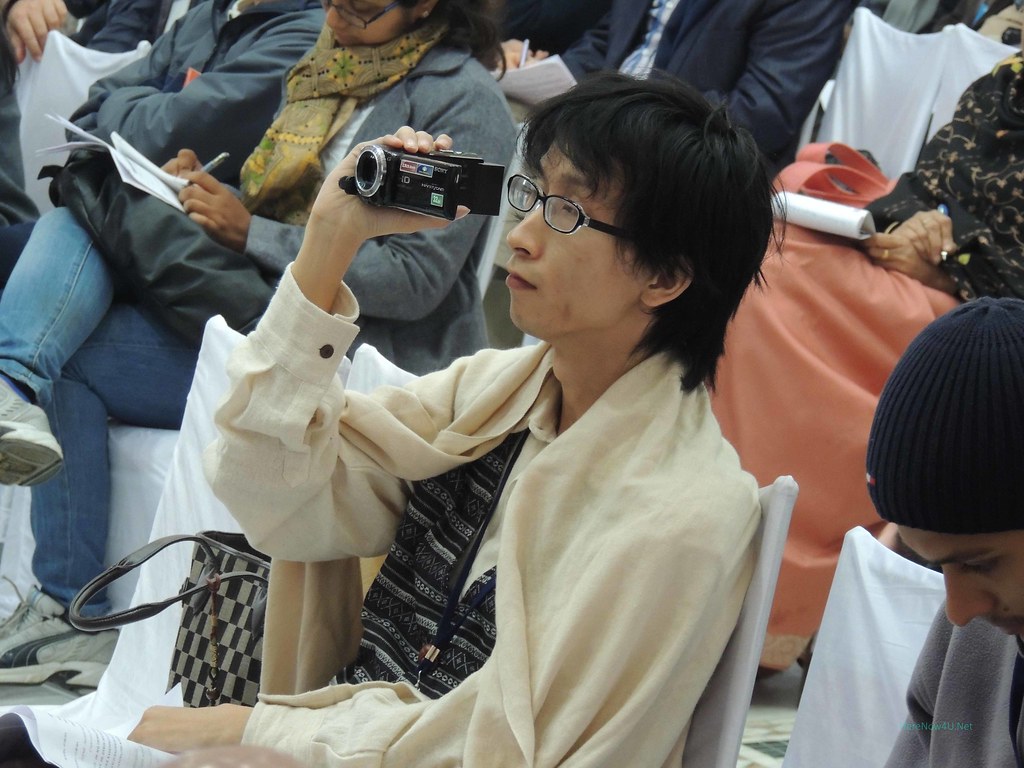 The great-grandson of the Holy Master came together with Mayumi Mesaki
The great-grandson of the Holy Master came together with Mayumi Mesaki
After her presentation she stayed at speaker’s desk and asked the audience to grant some further attention to the personal statement she felt committed to. She bowed her head and said in a low voice that she feels very sorry about the nuclear disaster her country has brought over the world and that she asks forgiveness for this. Then she deeply bowed down and left speaker’s desk. The audience remained silent for some time, and even the normally eloquent chairperson gave no comment.
Short thereafter it was lunch time. By chance we sat together with two elementary teachers from Jaipur. They worked at the same school. Never had I imagined that the simple question what had brought them here could be answered with one of those stories emerging from real life only.
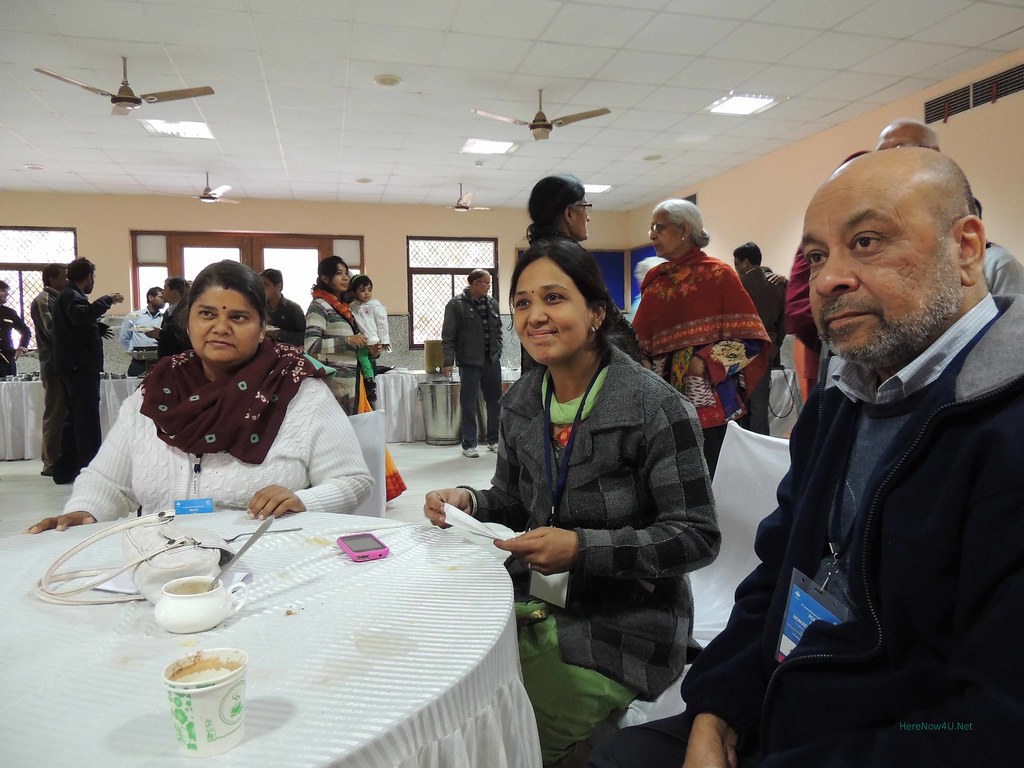 2 teachers from Jaipur, Ashok Gudka Rashmi Baradia (m) is happy that her dream became true with the support of her friend(l)
2 teachers from Jaipur, Ashok Gudka Rashmi Baradia (m) is happy that her dream became true with the support of her friend(l)
Rashmi Baradia, one of them, had nothing than a dream of being a professional until her son’s school enrolment. From a very early age she wanted to become a teacher. But the circumstances of her life were not favorable to this. She had been married at a young age and soon became first mother of a daughter, and then of a son. When both of her children spent most of the day outside home, the young mother felt that time had come to continue her own formation. Her son’s teacher and her had become close to each other, and so she decided to ask her friend, the teacher, for support. The latter proposed an internship at her school and because of her intercession it was granted. So Rashmi started enthusiastically into her internship as a teacher, liking her task very much. She applied and got a scholarship to complete her school education, and after that, her brilliant results brought an university scholarship to her. But there was an obstacle in form of her husband. Nevertheless she untiringly observed her duties in the house, took very good care of her kids, and completed her studies. Because of the scholarship the family’s budget had not to be touched for her formation. Her husband gave up his opposition when she showed him her very good exam results. Perhaps the support of her mother-in-law and her children also contributed to his change of opinion. So Rashmi started working at the same school as her friend and supporter.
Meanwhile even her husband is fond of his energetic, sunny minded and learned wife. Now Rashmi feels unbraked energy and beside her employment as a teacher continues her studies at the department of philosophy, where she aims at PhD. In her dissertation she wants to do some research on “Paths to Peace”, realising academic thoughts in the field of youth education. Her colleague and friend draw her attention to ICPNA. Both teachers agree that important steps on the path to nonviolent action should start in early childhood and continue in adolescence. They hoped for impulses and inspiration from the conference for their daily work. They had not been released from their teaching obligations and participated on their common day off. They smiled amusedly when being asked for exemption from work.
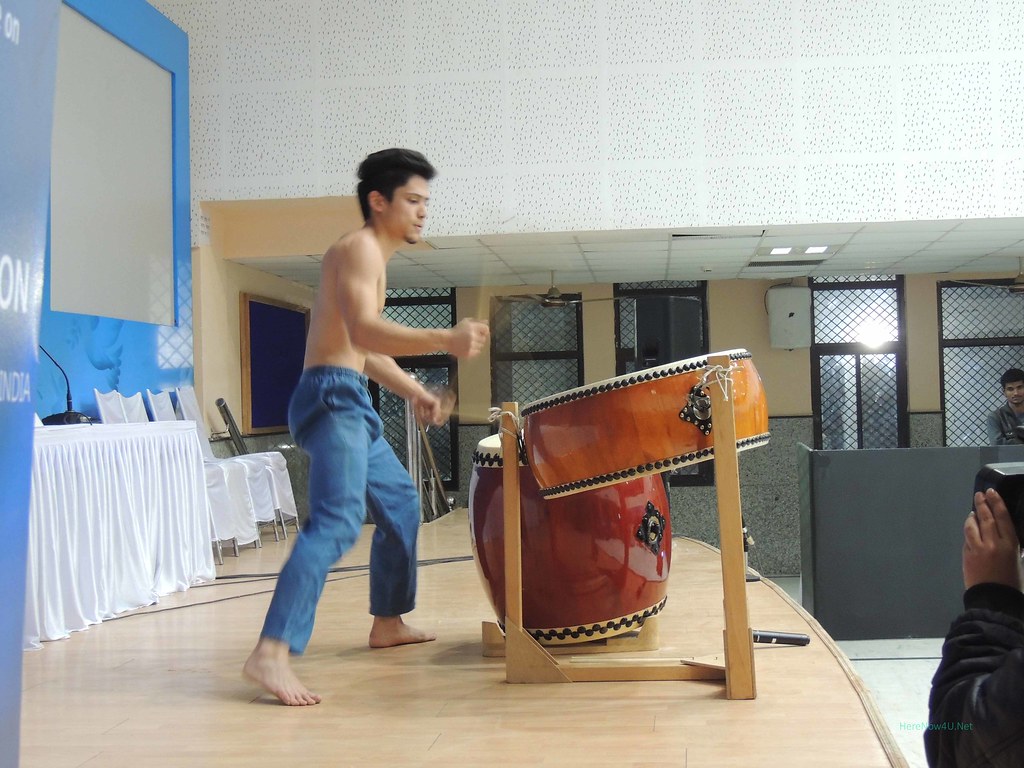 Japanese Drumer Taiko Performance by Mugen Yahiro
Japanese Drumer Taiko Performance by Mugen Yahiro
The afternoon went by rather fast, and after the workshops, before dinner, something very special took place: Mugen Yahiro, son of Master Yuji Yahiro and Lorena Fiumani, gave a Taiko Performance. Taiko is a traditional Japanese drum, and Mugen Yahiro had studied this art for one year in his father’s country of birth in a professional Taiko Drum Group.
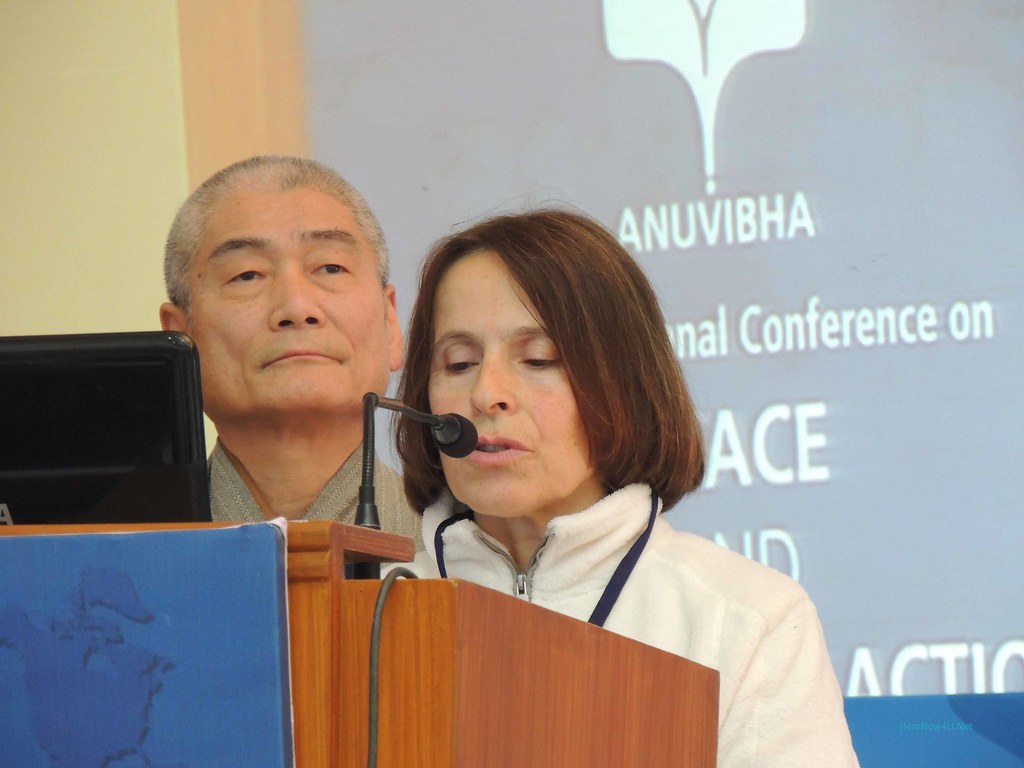 Lorena Fiumani and Master Yuji Yahiro in their presentation
Lorena Fiumani and Master Yuji Yahiro in their presentation
His parents already after lunch had given their presentation "How to live to be human towards a world of peace through the co-prosperity" during fifth plenary session. Lorena Fiumani asked the audience for understanding her husband’s priority for Shiatso and her own for speaking and therefore to accept her as the speaker of the commonly worked out presentation. Since 35 years they are living and working in Colbordolo (Italy), have eight children and an increasing group of followers and associates. Master Yuji Yahiro is also the founder and inspirer of the Oki do Mikkyo Yoga Liberal University, Lorena Fiumani its president. After the Jaipur conference they travelled together with about 25 of their followers and associates to another meeting in Kolkata.
Presentations online available in HN4U are accentuated with a link.
| 06.00 Hrs - 07.00 Hrs. | OkiDo Yoga led by Master Yuji Yahiro |
|
09.30 Hrs - 11.00 Hrs | THIRD PLENARY SESSION | M.S. (Main Hall) |
THEME: | Interfaith Insights, Interreligious Understanding and Cooperation for a Nonviolent Future |
CHAIR: | Dr. M.D. Thomas (India) |
SPEAKERS: |
|
11.00 Hrs - 11.30 Hrs | TEA BREAK |
|
11.30 Hrs - 13.00 Hrs | FOURTH PLENARY SESSION | M. S. (Main Hall) |
THEME: | Is a Nonviolent Future Possible |
CHAIR: | Dr. Thomas Daffern (UK) |
SPEAKERS: |
|
13.00 Hrs - 14.30 Hrs | LUNCH |
|
14.30 Hrs - 16.00 Hrs | FIFTH PLENARY SESSION | M. S. (Main Hall) |
THEME: | The Individual and Peaceful Society |
CHAIR: | Dr. S.N. Subba Rao (India) |
SPEAKERS: |
|
16.00 Hrs - 16.30 Hrs | TEA BREAK |
|
16.30 Hrs - 18.00 Hrs | SIXTH PLENARY SESSION | M. S. (Main Hall) |
THEME: | Educating Children in a Culture of Ahimsa for Universal Peace: Balodaya Model |
CHAIR: | Dr. Narendra Sharma 'Kusum' (India) |
SPEAKERS: |
|
| 18.15 Hrs - 19.45 Hrs | WORKSHOPS |
|
Workshop-4 : Presenters: | Subject : A Model Strategy to Reduce Aggressiveness and Enhance Disposition to Forgive
| Lecture Room 1 |
Workshop-5: | Subject : Sharing as The Path To Peace
| Lecture Room 2 |
Workshop-6 : | Subject : “Youth and Song Birds! Best Practices for Cultural Repair through Real Youth Leadership.”sub-theme: The role of youths in creating a peaceful world
Subject: OkiDo Yoga for Global Health (Meiso-Shiatsu)
| Lecture Room 3 |
| 19.45 Hrs - 20.00 Hrs | Taiko Performance | |
Presenter: |
|
|
| 20.15 Hrs - 21.15 Hrs | Dinner |
Details:
| Dr. Jinwol Young Ho Lee | |
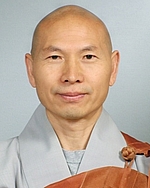 | A Korean Buddhist monk and the Seon (Chan/Zen) Master, is a professor of Buddhist Studies at Dongguk University in Gyeongju, Korea. Born in Gyeonggi, Korea, 1950, he started the monastic life since 1968. He graduated from Hain Sangha College in 1974 and practiced meditation at mountain until 1980. He studied Religion at University of Hawaii and the University of California, Berkeley. He established the United Religions Initiative (URI) of Korea and has worked as a Global Council member of United Religions Initiative from 2000 to 2010. Besides other functions he is Member of the Presidential Committee on Sustainable Development in the Korean government 2004-2006. He has published various studies on Buddhism. |
| Presentation: | A Suggestion of Inter-Interfaith Organisations for a Nonviolent Future |
I am a Buddhist monk and Korean Zen Master but a founding member of United Religions Initiative (URI), of which the purpose is “to end religiously motivated violence and to create a culture of peace, justice and healing for the Earth and all living beings.” URI is a global interfaith network and has “committed to respect for diversity, nonviolent resolution of conflict and social, political, economic and environmental justice.” In fact, there are many interfaith organizations around the world. We need an inter-interfaith organizational cooperation movement for common good in terms of a nonviolent future. | |
| D.R. Kaarthikeyan, Mr. | |
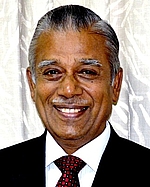 | Born in Devarayapuram, Coimbatore District, Tamil Nadu, India, 1939. He has BSc. in chemistry and agriculture and BL. Later he was appointed to the elite Indian Police Service. In that capacity he held several positions including District Superintendent of Police of large problematic districts, like Gulbarga, Dharwar and Belgaum, major Districts of Karnataka State in India. He was also Director of Police Academy, Mysore, Karnataka. He was Chief of Intelligence and Security of Karnataka State. He was DIG of Railway Police. He held challenging positions like Chief of Investigation of former Prime Minister Rajiv Gandhi assassination case; Director-General of Central Reserve Police Force, the largest para-military force in India and perhaps in the entire World; Director of the prestigious Central Bureau of Investigation of India; and Director-General in the National Human Rights Commission. Mr. Kaarthikeyan authored the bestseller Triumph of Truth - Rajiv Gandhi Assassination - The Investigation. Also has published the book Human Rights - Problems and Solutions. |
| Presentation: | Interfaith Insights for a Nonviolent Future |
There is no just war or terrorism whatever is the cause. What cannot be achieved by peaceful means, can never be achieved by any type of violence - war or terrorism. From now on, we have to be aware that the earth no longer guarantees life for us unless we ourselves guarantee the life of the earth in the first place. Due to proliferation of weapons of mass destruction and thousands of nuclear weapons with enormous destructive potential, we have acquired the capacity to destroy all forms of live on the planet, mainly due to religious fanaticism and fundamentalism. The present day rivalry among religions, has led many people to abandon religion altogether. Genuine inter-religious dialogue occurs in an atmosphere of mutual respect and genuine interest. It is a sharing of spirituality that inspires all parties. There are different religions to suit different aspirants, times and countries. | |
| Francis Halder, Mr. | |
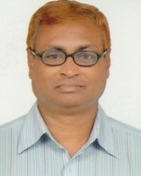 | Mr. Francis Halder was born in 1958 in a close to the famous Sunderban mangroves in Bangladesh. As an eco-practitioner he has been serving with Anando (a community development NGO in Bangladesh) as its Project Coordinator since 1997. Before that he served as Area Coordinator since 1986 with CCDB- another WCC-Geneva based national NGO in Bangladesh. He started his career with the Bangladesh Government in as an inter-faith development worker, particularly in the field of reconciliation; he is a member of the World Fellowship of Inter-religious Council (WFIRC), United Religion Initiatives (URI), the International Fellowship of Reconciliation (IFOR) and other organizations, and international author of a series of scientific and humanistic articles. |
| Presentation: | Magnifying Interfaith Insights and Social Security Interfaith Insights and Nonviolent Future |
Religious separations based on various faiths and its rituals have been creating community dissidence at least in Indo-Pak-Bengal belt. This happens because we are very much within the customs of our own religion rather than its real meaning with real insights. Various religious demarcations in diverse religious-traditions created confusion and frustration. Consequently there exists disagreement among religions and peoples, often resulting in violence within and between communities. But every religion is absolutely meant for human welfare only, though their rituals are not the same or understandable to believers of other faiths. We should take a stand based on deeper insight into whatever individual belief people belong. Therefore interfaith insight is a necessity to avoid confusion related to the variety of religious cultures. | |
| Rudi Jansma, Dr. | |
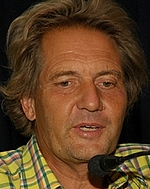 | Born in 1949 in the Netherlands, he studied biology, and specialized on Tropical Ecology and Nature Preservation in South America. Later he became interested in the deeper causes behind human destructive attitudes towards Nature and began to study some basic concepts of thinking within various western and non-western cultures, such as Jainism, Native American, Hindu, Buddhism and Theosophy, and especially their ideas about the concepts of life, evolution and ecology. He joined The Theosophical Society (Pasadena, California) in 1982 and represents this organisation through The Theosophical Study Center in Jaipur, India. |
| Presentation: | The Common Root of Religions |
Though mutual respect, insight and understanding of others are very important in our time of global encounter, this lecture will focus on the unity and common root or source of all religion instead of their external differences. It is important that we rise above the differences and learn to understand that all religions were meant to improve human psychology and progress, and thus root in a common source of universal compassion. If the great religious preceptors of all times and culture had the same noble goal before their eyes and wish to lead humankind closer to ‘God’ or Universal Truth in all respects, they can never have contradicted each other in essence. It is the crust of blindness, materialism dogmatism and the feeling of separateness - each having their own ego to care for in the first place - which has created such a thick layer of confusion and distrust among us. We must break through that crust and relate to the essence within all. In this lecture some thought to ponder will be given, and some examples of common truth in seeming contradictions. | |
| Vijay Mehta | |
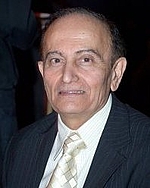 | Renowned author, international speaker and global activist for peace, development and human rights. He is the chair of Uniting for Peace and Founding Trustee of Fortune Forum Charity. The charity Fortune Forum whose founder is Renu Mehta, daughter of Vijay Mehta, held summits (2005 and 2006) where Former US President Clinton, Former US Vice President Al Gore and Actor Michael Douglas were keynote speakers and the summits attracted a worldwide audience of 1.3 billion. Vijay Mehta’s books include The Economics of Killing (2012), The Fortune Forum Code: For a Sustainable Future (2006), Arms No More (2005) and The United Nations and its Future in the 21st Century (2005). He has appeared in various TV programmes including BBC World, Press TV, Ajtak-24 hour Indian news channel, and Think Peace documentary, Canada, among others. Vijay Mehta is recipient of the Global Indian Karmaveer (Action hero) Puraskaar (Award) by ICONGO (International Confederation of NGO’s) for outstanding services towards peace, nonviolence and justice. |
| Presentations: | Is Nonviolent Future Possible? |
Vijay Mehta will concentrate on exploring, finding and attaining holistic peace for a non-violent future. Universal application of inner and outer peace opens a life of freedom, expression and opportunities for all to fulfill their potential. It brings tranquility, harmony and reverence for life through a philosophy of nonviolence, in a world beset by violence and wars. It is pertinent to explore killings/violence which manifests in our society in the form of violent crime, homicide, public disorder, weapons crime etc. and deprivation in the form of the worst effects of poverty including hunger and oppression. Some of the deadly conflicts in the past and present have been undertaken in the name of religion and ethnicity based on faith, nation, race, class, and gender and thrived by propaganda of division by politicians, military, corporate, thinkers, priests and historians. Violence, whether it is at home or bullying or war abroad, simply leads to more violence. Power, elite, rulers use violence to control, dominate and legitimize it by creating fear in the masses. Alternative solutions to reduce violence are described in Eastern and Western traditions. Indian scriptures in various ways in Vedic culture, Buddhism and Hinduism advocate the practice of prayer, meditation, and yoga for attaining holistic peace and building a just and violence free society. In a multi-polar, interconnected and interdependent world, holistic peace is a power within every human being which can be effectively used to change the world to a more peaceful place. One of the ways to do it is via dialogue and living compassionately in unity for constructive co-existence leading to a non-violent future. | |
| Possibilities of a Weaponless world | |
There are 22,000 nuclear weapons, 8 million small arms and a huge arsenal of fighter jets, tanks, ships, landmines, missiles including 25 million soldiers worldwide. This of use arsenal leads to violence and wars in our world. The world is becoming dangerously militarized with the global military spending in 2012 standing at $1.75 trillion, which is about 2.5% of the World’s GDP. | |
| Mayumi Mezaki | |
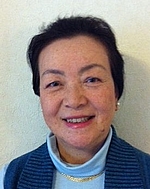 | Propagandist of the Holy Master Onisaburo Deguchi/Great Guide for humankind and representative of Ikebana Ikenobo Study Group Italy. She has been energetically engaged in various kinds of activities. Although her activities are multifaceted, they are based on one philosophy, which is to work for the sake of world peace and well-being of all humans. She has been organizing a Tokyo Study Group of Onisaburo for 23 years. And she is also a member of Aizen En religious organization. She lives together with her family and friends, through living up to teaching which guide us to world of divine love. She also shows great expertise in Ikebana. She is a professor with a certificate of Katoku, which is one of the highest ranks of Ikebana authorized by Ikenobo. As a representative of Ikenobo Study Group of Italy, she has, apart from giving lessons to her friends, conducted Ikebana exhibitions and seminars in Italy. |
| Presentation: | Wars begin in the minds of men |
For a better political and economic system, I would like to share my perspective on sustainable development. Onisaburo Deguchi, our spiritual leader, mentioned that there are two kinds of love in the world. One is called “Aizen” and the other is called “Aiaku”. Aizen roughly means benevolence. When your heart is filled with Aizen, your love is directed to your neighbors. On the other hand, Aiaku considered a self-love. It’s an ego-maniacal love that only protects yourself. When your heart is filled with Aiaku, you may lie to your neighbors or even steal things from your neighbors only to satisfy your desire. The point here is not good and evil. Onisaburo emphasizes on striking a balance between Aizen and Aiaku. Aiaku is necessary to an individual survival and not totally evil as long as Aizen controls it. If we change our path towards Aizen, we are one step closer to the non-violence future. And I hope our mutual communication will help it through this conference. | |
Ravi Kumar Stephan, Rev. Dr. (= Swami Sthevananda) | |
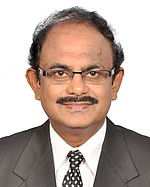 | Swami Sthevananda is also known as Rev. & Dr. Ravikumar Stephen J. is founder of Sages of the New Covenant. He is 53 years old and his qualifications are MSW, MBA, M Phil (Peace Making), MTh (South Wales), PhD (Organizational Behavior), DCS (Church History). Profession: Peace Evangelist, Acharya, Ordained Presbyter of the Anglican Church of USA (Diocese of Seattle) & Management Consultant. Among the peace work he has done is ‘Track III Peace Initiative to Pakistan & Interfaith Dialogue.’ His vision is to have a confederation of the SAARC nations called: United States of South Asia (USSA); Current Projects: 1. "To us all towns are one, all men our kin", (preparing people for Vasudevakudumbakam / Kingdom of God) and 2. Abolition of Capital Punishment from the face of this Earth and actualize the dream of "Project Cain". |
| Presentation: | Ecological Model for Non-violent Future; The Contribution of an Interfaith Round Table for a Non Violent Future |
The UN Declaration and Constitution / Legislations of Nations are lame-duck in providing “Right to Life’. The public psyche is the fountain head of peace, which has the power to confront the issues of violence at present, which are listed here. When the reasons that contribute pivotal attributes for different kinds of violence are found, proactive solutions for a nonviolent-future surfaces with the following interventions:
The ‘Right to Life’ begins with the individuals, as “Forgiveness liberates both the forgiver and the forgiven”. | |
| Graham Leslie Peebles | |
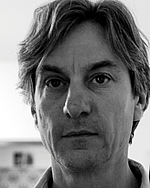 | Freelance writer and director of The Create Trust, a UK registered charity he founded in 2006. He has run education projects & teacher training programs in India, Sri Lanka, Palestine and Ethiopia where he spent two years working with acutely disadvantaged children and women in Addis Ababa. He is currently writing a book on education and working on a collection of essays relating to Ethiopia. |
| Presentation: | The Individual and Society: Responsibility for Change |
In this talk will the relationship between individual and society will be discussed, and the consequential nature of social responsibility. If the individual and their society are interdependent and if society is an expression of the individuals who make up this community construct it beholds us all to actively adopt responsibility for the type of society in which we live. Social and psychological conditioning will be touched upon, as the perpetuation and expression of such are inherent in the nature of society, the values promoted and the ideologies followed. Empowerment is a natural consequence of true responsibility and leads, or should lead to action. The nature of action and animating motives will be looked at. | |
| Workshop: | Sharing: The Path to Peace |
This workshop will explore the relationship between sharing and peace. The need to inculcate economic, social structures based on principles of sharing will be shown and investigated. The philosophical basis underlying the need for sharing and the fundamental ideas sharing reflects - unity, brotherhood, oneness will be explored. Pragmatic models for encouraging sharing will be explored and recommendations made. The talk/workshop will be a practical work, based upon clearly understood and articulated perennial truths/ideas. | |
| Anil Dhar, Dr. | |
 | Registrar and Head of Dept. of Non-violence & Peace, he is associated with Jain Vishva Bharati Institute (JVBI) since more than two decades. Having a doctorate of philosophy on 'Peace Movement in Post Gandhian Era' he is specialized in Gandhian thought, peace studies and environmental ethics. More than 10 books and various research articles published in International and National Research journals are to his credit. Dr. Dhar is also the Editor of 'Tulsi Prajna', research journal of JVBI and is heading the MS Anekant Shodh Peeth, research bench of JVBI. |
| Presentation: | Equality and the Annihilation of Ego |
An entire self-consecration, a complete equality, an unsparing effacement of the ego, a transforming deliverance of the nature from its ignorant modes of action, these are the steps by which the surrender of one’s whole being and nature to the Divine will can be prepared and achieved - a self-giving, true, total and without reserve. The first necessity is an entire spirit of self-consecration in our works; it must become first the constant will, then the ingrained need in all the being, finally its automatic but living and conscious habit to do all action as a sacrifice to the supreme and to the veiled power present in us and in all beings and in all the workings of the universe. Life is the altar of this sacrifice, works are our offerings; a transcendent and universal Power and Presence as yet rather felt or glimpsed by us than known or seen concretely, is the Deity to whom all inner sacrifices are offered. This sacrifice, this self-consecration has two sides to it; there is the work itself and there is the spirit in which it is done, the spirit of worship to the Master of Works in all that we see, think and experience. This equality cannot grow except by a protracted ordeal and patient self-discipline; so long as desire is strong, equality cannot come at all - except in periods of quiescence and the fatigue of desire, and it is then more likely to be an inert indifference or desire's recoil from itself than the true calm and the positive spiritual oneness. | |
Yuji Yahiro, Master | |
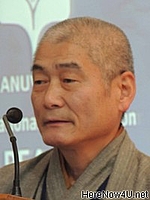 | Master Yahiro has been guiding the study of Oki do Yoga for more than 30 years. He has dedicated his experience in creating a path for personal evolution that is manifested through the practice of service in society so as to realise reciprocal prosperity and a world of peace. His intuitions are a result of untiring daily research and his precious patrimony is there for those who operate in human health area. He is the founder of meiso shiatsu and brought shiatsu to Italy more than 40 years ago, offering his research to scholars and researchers worldwide. He unites and integrates the global principles of health with one of the most ancient practices of treatment. He has made shiatsu a way of self-education for personal evolution, valorising and developing the natural capacity of the self-healing of Life Force, consciously stabilising a condition of true health, happiness and peace. The central point of his research is life itself through the harmony of body, mind, heart, daily life and environment. He is also the founder and inspirer of the Oki do Mikkyo Yoga Liberal University. He has also created the Earth and Human Harmony Project, which is a global association that offers humanitarian aid and unconditional service. |
| Presentation: | How to live to be human towards a world of peace through the co-prosperity |
| Lorena Fiumani | |
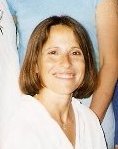 | Lorena was born in Bologna in 1955. She studied in the Medical University of Bologna. In 1978 she meet Master Yahiro and they married in the same year. From their relation 8 children were born. In 1981 she met Master Oki. She lives with Master Yahiro since 35 years in Colbordolo (Italy) which is also the headquarter of the Libera Università Okido Mikkyo Yoga. Master Yahiro is the founder of this University and Lorena Fiumani is the actual president. |
| Presentation: | How to live to be human towards a world of peace through the co-prosperity |
Sanchay Jain | |
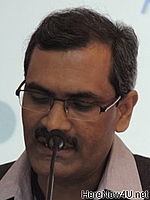 | General Secretary, Anuvibha and Associate International Coordinator, 8th ICPNA [email protected] |
| Presentation: | Balodaya Peace Palace: Developing a Nonviolent Lifestyle Among Children |
Anuvrat Balodya is a program based on child psychology that orients a child towards peace and nonviolence by bringing about behavioral changes in his personality. It does not teach through traditional methods of school education. It endeavors to make use of various child-oriented activities to establish a rapport with the child and provides an environment where he feels at home. Balodaya Programme incorporates the principles of Anuvrat and Jivan Vigyan (Science of Living) and is a creative effort to instill the culture of nonviolence and peace in the heart and mind of a child. | |
| N. K. Sharma | |
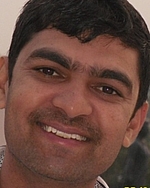 | Narendra Kumar Sharma (1958) holds an MA and MBA He published three books, Apne Samay Se Aage, Jo Dikhate nahi Hai, Sambodhan ka Sahyatri- Qmar Mewari. He has written numerous articles on management and psychology and conducted psychological training programs for more than 10000 children in Balodaya at Schools and in College. |
| Presentation: | Developing “Nonviolence Competency” in oneself |
Confucius conceived moral development as similar to the polishing of a precious stone. We humans are like raw uncut gems, and our potential is carved, polished in the best possible way. For a human being Non Violence is a competency, which can be learned and improved. A competency is a combination of knowledge, skills, and attitude for superior performance. The non-violent state of mind definitely requires superior efforts. Non-violence is similar to other virtues like wisdom, courage etc. To maintain our existence in the society in most appropriate manner, we develop certain standards, which are rational as well as moral leading to Human Excellence. Most moral values are punishment based rather than directed towards development of the human being. I simply state: Nonviolence is a way of life, flowing naturally from within, willingly and carefully chosen by an individual. It is a responsibility which one undertakes to guide his life based on principles. Can we learn non-violence? Yes, we can. | |
| Ignatius Xavier | |
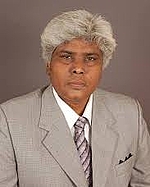 | Ahimsa Artist and inventor of a New Art Style: Ahimsaism, based on Indian values and culture and based on Jain Philosophy, to propagate Non-Violence, Peace, Anti-Terrorism, Environment, Ragging, and Disarmament. He does so through painting and poetry among students, youth, citizens and religious platforms, institutions and other centers. |
| Presentation: | Training Children in a Culture of Ahimsa |
Recently an Ahimsaism Workshop and painting Exhibition was held in Gujarat. Participants came from different Colleges to take part in the event called FLAIR 3, organized by the Petroleum University, various Colleges and the student community in Gujarat. The Ahimsa Art Style was well received by the Students after viewing and carefully examining the new method of painting based on Jain Philosophy to propagate vegetarianism & promoting a culture of Ahimsa, Peace, Anti-Terrorism / Anti-War / Ragging, Environmentalism, etc. Similar events were organized at Sindhanur in Karnataka. Here the topic was to show compassion and tolerance even in Warfare, taking into account the recent beheading of an Indian Soldier, and taking away his head by unethical means, this act has shaken the Military fraternity of the World. The economics of Ahimsa ascribed by Acharya Mahapragya will also be taken into the class rooms in order to educate the students about ahimsa culture and its attitude. | |
| Viney Jain, Prof. | |
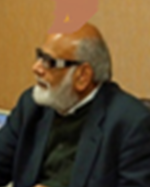 | A biophysicist and radiation biologist, Dr.Viney Jain received his postgraduate and post doctoral training at the universities in Goettingen, Kiel and Frankfurt am Main, Germany. He served on the faculties of All-India Institute of Medical Sciences, New Delhi; National Institute of Mental Health and Neurosciences, Bangalore, Delhi University, Delhi and superannuated in 1998 from the post of Director, Institute of Nuclear Medicine and Allied Sciences, Delhi. Prof. Jain is currently Professor Emeritus at the Jain Vishwa Bharati Institute (Deemed University), Ladnun, Rajasthan; Advisor to the International School for Jain Studies, New Delhi and Research Coordinator at the Adhyatma Sadhana Kendra, New Delhi. His present studies are focused on Leshya, Meditation, Forgiveness and Behavior Modification. |
| Presentations | Uttam Kshama (Supreme Forgiveness) |
| Workshops: | Forgiveness: An Instrument for Peaceful Co-Existence Conflicts happen in social interactions, leading sometimes to inter-personal and inter-group offences, aggressive behavior and injuries. A spirit of forgiveness contributes significantly to peaceful co-existence by reducing feelings of anger and revenge and by improving spiritual, mental and physical well-being in both the perceived victims and the offenders. This helps ending the prevalent vicious cycles of violence and counter-violence and restoring harmonious relationships necessary for sustainable all round development. |
Saroj Kothari, Dr. | |
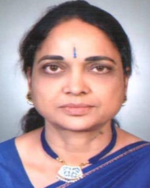 | Presently Professor and Head of the Psychology Department at Govt. M.L.B.P.G. Girls College, Indore, she received her Ph.D. degree in Psychology in 1984. She taught at the Department of Psychology, Govt. Arts & Commerce College, Indore for twenty nine years (1976-2005) and since Nov. 2005 she has been teaching psychology at Govt. M.L.B.P.G. Girls College, Indore. Dr. Kothari is presently Chairman, Board of Studies of Psychology, Devi Ahilya Vishwavidyalaya, Indore. She is holding life membership of various associations viz, Indian Science Congress Association, Psycho-Linguistic Association of India, and others. She has widely published her research papers and articles in various national and international journals, books & magazines and has more than 200 publications to her credit. She has been honored by professional Involvement Award (1995), Best Paper Award (1998), Arhat Vacana Award (2006) and Best Psychologist Award (2011). She has participated in more than hundred National and International Conferences and Seminars as research paper contributor and also as session chair persons on various occasions. |
| Workshop: | Methods to Assess Aggressiveness and Forgiveness Dispositions |
| Daniel Francis | |
 | A sustainable regenerative landscape designer and wilderness educator from California, USA, having completed tracking and wilderness survival courses, he also holds certifications in Permaculture design, bio-intensive farming, natural building, wilderness medicine and sustainable design. Francis has also studied and apprenticed in models of ecological-based community living, including trainings in inter-generational and nonviolent communal living, leadership and mentorship. Francis has served with the international non-profit, Child Leader Project, as a community garden designer and youth mentor on ecological and social justice issues for low-income and immigrant youths in California, USA. He currently serves as a private consultant and educator on natural landscape and watershed restoration, water harvesting, wilderness youth education and Permaculture. |
| Workshops: | “Bird Song and the Listening Spirit: The Movement for Cultural Repair.” Subtheme: Poverty, environment, eco-sustainability for the future (with Samantha Lynne Gupta): “Youth and Song Birds! Best Practices for Cultural Repair through Real Youth Leadership.” Subtheme: The role of youths in creating a peaceful world (with Samantha Lynne Gupta). |
Samantha Lynne Gupta | |
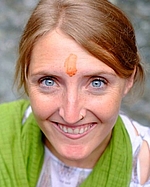 | Spiritual activist, scholar and transnational community organizer in the USA. She is the founder of the Child Leader Project (CLP), an internationally recognized non-profit that has engaged over 500 youths on social and ecological justice issues in their local and global communities in India, Mexico and the USA since 2008. Gupta has also served as the founding coordinator of a participatory-action research office at the University of California, the director of peer-to-peer youth outreach for mental health awareness in youth shelters, as well as a consultant to young adult leadership development programs across the state of California. She is currently a consultant for social/ecological justice curriculum development in experiential learning and student-centered pedagogy, youth organizing and spiritual activism in interfaith and international communities. Gupta blogs on spiritual activism regularly. |
Workshops: | “Bird Song and the Listening Spirit: The Movement for Cultural Repair.” Subtheme: Poverty, environment, eco-sustainability for the future (with Daniel Aaron Francis): In the United States, fragmented movements for ecological and social justice waste time and energy fighting over “scarce resources” - as social justice movement’s work diligently for the rights of human beings, ecological justice movements give voice to the inherent aliveness of nature and warning to our own self-destruction. Both models, however, can lack the spiritual tools and self-reflection to sustain themselves in the midst of financial, social and political strains and embedded injustice in our society. An inclusive approach to healing our world is possible with wisdom from the Cultural Repair Movement. This movement is a response to the hunger for what sustains us by including earth- and human-connection. This movement re-imagines ‘culture.’ Through story and dialogue, this presentation will examine this movement’s philosophical foundations, current projects, opportunities and exciting challenges for a transnational culture that heals and repairs our world.
Come learn skills to repair your social and ecological community with engaged and authentic youth leadership! In Southern California, social and ecological justice activists have come together in common movements to provide learning spaces for low-income and immigrant youth to reflect, connect dialogue and take action in healing their community, ecologically and socially. These best practices are part of a larger movement, returning to indigenous and ancient wisdom, that engage people in reconnecting to the earth, to themselves and to their own spirits through outdoor activities and community living. Come learn, get excited and share some of these best practices from India to the USA in which youth and children serve as leaders and teachers in re-discovering what keeps us alive. |
| Maurizio Fabbri | |
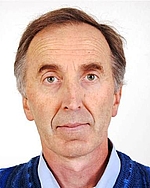 | Vice President of the Liberal University of Oki do Mikkyo Yoga, Responsible of the Academy of Meiso Shiatsu and holistic health ki, he lives in Forli, Italy where there is an Oki do Centre. For approximately 30 years he has been studying the principals of Oki do with M° Yuji Yahiro, practicing their application in daily life and offering his experience to society through the program and classes offered at the Oki do centre and at a national level. |
| Workshop: | Models of Peaceful Co-existence and the Vision of a Healthy Society |
Meiso shiatsu is the fruit of the research, intuition and personal verification of the Japanese Master Yuji Yahiro. He reunites and integrates the global principles of health with one of the most ancient practices of treatment and has made shiatsu a path of self-education for personal evolution. Meiso shiatsu valorizes and develops the natural capacity of self-healing of the Life Force, consciously reestablishing a condition of true health, happiness and of peace. | |
Mugen Yahiro | |
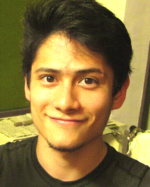 | A young performer artist specialized in Taiko Drumming, he trained one year with a professional drumming troupe in Japan. His way of playing is based on improvisation and feeling the emotion of the present.Taiko is a Japanese traditional drum, used in ceremonies and festivals for it's particularly deep and strong vibration and sound. |
Performance: | Taiko Drumming |
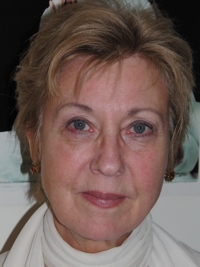 Editor Carla Geerdes
Editor Carla Geerdes
